|
cfitsio
3390
|
|
cfitsio
3390
|
#include "fitsio.h"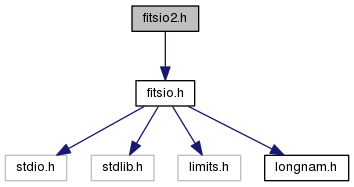
Macros | |
| #define | FFLOCK |
| #define | FFUNLOCK |
| #define | USE_LARGE_VALUE -99 /* flag used when writing images */ |
| #define | DBUFFSIZE 28800 /* size of data buffer in bytes */ |
| #define | NMAXFILES 1000 /* maximum number of FITS files that can be opened */ |
| #define | MINDIRECT 8640 /* minimum size for direct reads and writes */ |
| #define | NATIVE 0 /* machine that uses non-byteswapped IEEE formats */ |
| #define | OTHERTYPE 1 /* any other type of machine */ |
| #define | VAXVMS 3 /* uses an odd floating point format */ |
| #define | ALPHAVMS 4 /* uses an odd floating point format */ |
| #define | IBMPC 5 /* used in drvrfile.c to work around a bug on PCs */ |
| #define | CRAY 6 /* requires a special NaN test algorithm */ |
| #define | GFLOAT 1 /* used for VMS */ |
| #define | IEEEFLOAT 2 /* used for VMS */ |
| #define | MACHINE NATIVE |
| #define | BYTESWAPPED FALSE |
| #define | LONGSIZE 32 |
| #define | IGNORE_EOF 1 |
| #define | REPORT_EOF 0 |
| #define | DATA_UNDEFINED -1 |
| #define | NULL_UNDEFINED 1234554321 |
| #define | ASCII_NULL_UNDEFINED 1 /* indicate no defined null value */ |
| #define | maxvalue(A, B) ((A) > (B) ? (A) : (B)) |
| #define | minvalue(A, B) ((A) < (B) ? (A) : (B)) |
| #define | FSTRCMP(a, b) ((a)[0]<(b)[0]? -1:(a)[0]>(b)[0]?1:strcmp((a),(b))) |
| #define | FSTRNCMP(a, b, n) ((a)[0]<(b)[0]?-1:(a)[0]>(b)[0]?1:strncmp((a),(b),(n))) |
| #define | FNANMASK 0x7F80 /* mask bits 1 - 8; all set on NaNs */ |
| #define | DNANMASK 0x7FF0 /* mask bits 1 - 11; all set on NaNs */ |
| #define | fnan(L) ( (L & FNANMASK) == FNANMASK ? 1 : (L & FNANMASK) == 0 ? 2 : 0) |
| #define | dnan(L) ( (L & DNANMASK) == DNANMASK ? 1 : (L & DNANMASK) == 0 ? 2 : 0) |
| #define | DSCHAR_MAX 127.49 /* max double value that fits in an signed char */ |
| #define | DSCHAR_MIN -128.49 /* min double value that fits in an signed char */ |
| #define | DUCHAR_MAX 255.49 /* max double value that fits in an unsigned char */ |
| #define | DUCHAR_MIN -0.49 /* min double value that fits in an unsigned char */ |
| #define | DUSHRT_MAX 65535.49 /* max double value that fits in a unsigned short*/ |
| #define | DUSHRT_MIN -0.49 /* min double value that fits in an unsigned short */ |
| #define | DSHRT_MAX 32767.49 /* max double value that fits in a short */ |
| #define | DSHRT_MIN -32768.49 /* min double value that fits in a short */ |
| #define | DLONG_MAX 2147483647.49 /* max double value that fits in a long */ |
| #define | DLONG_MIN -2147483648.49 /* min double value that fits in a long */ |
| #define | DULONG_MAX 4294967295.49 /* max double that fits in a unsigned long */ |
| #define | DULONG_MIN -0.49 /* min double value that fits in an unsigned long */ |
| #define | DLONGLONG_MAX 9.2233720368547755807E18 /* max double value longlong */ |
| #define | DLONGLONG_MIN -9.2233720368547755808E18 /* min double value longlong */ |
| #define | DUINT_MAX 4294967295.49 /* max dbl that fits in a unsigned 4-byte int */ |
| #define | DUINT_MIN -0.49 /* min dbl that fits in an unsigned 4-byte int */ |
| #define | DINT_MAX 2147483647.49 /* max double value that fits in a 4-byte int */ |
| #define | DINT_MIN -2147483648.49 /* min double value that fits in a 4-byte int */ |
| #define | UINT32_MAX 4294967295U /* max unsigned 32-bit integer */ |
| #define | INT32_MAX 2147483647 /* max 32-bit integer */ |
| #define | INT32_MIN (-INT32_MAX -1) /* min 32-bit integer */ |
| #define | COMPRESS_NULL_VALUE -2147483647 |
| #define | N_RANDOM 10000 /* DO NOT CHANGE THIS; used when quantizing real numbers */ |
Functions | |
| int | ffgnky (fitsfile *fptr, char *card, int *status) |
| void | ffcfmt (char *tform, char *cform) |
| void | ffcdsp (char *tform, char *cform) |
| void | ffswap2 (short *values, long nvalues) |
| void | ffswap4 (INT32BIT *values, long nvalues) |
| void | ffswap8 (double *values, long nvalues) |
| int | ffi2c (LONGLONG ival, char *cval, int *status) |
| int | ffl2c (int lval, char *cval, int *status) |
| int | ffs2c (const char *instr, char *outstr, int *status) |
| int | ffr2f (float fval, int decim, char *cval, int *status) |
| int | ffr2e (float fval, int decim, char *cval, int *status) |
| int | ffd2f (double dval, int decim, char *cval, int *status) |
| int | ffd2e (double dval, int decim, char *cval, int *status) |
| int | ffc2ii (const char *cval, long *ival, int *status) |
| int | ffc2jj (const char *cval, LONGLONG *ival, int *status) |
| int | ffc2ll (const char *cval, int *lval, int *status) |
| int | ffc2rr (const char *cval, float *fval, int *status) |
| int | ffc2dd (const char *cval, double *dval, int *status) |
| int | ffc2x (const char *cval, char *dtype, long *ival, int *lval, char *sval, double *dval, int *status) |
| int | ffc2xx (const char *cval, char *dtype, LONGLONG *ival, int *lval, char *sval, double *dval, int *status) |
| int | ffc2s (const char *instr, char *outstr, int *status) |
| int | ffc2i (const char *cval, long *ival, int *status) |
| int | ffc2j (const char *cval, LONGLONG *ival, int *status) |
| int | ffc2r (const char *cval, float *fval, int *status) |
| int | ffc2d (const char *cval, double *dval, int *status) |
| int | ffc2l (const char *cval, int *lval, int *status) |
| void | ffxmsg (int action, char *err_message) |
| int | ffgcnt (fitsfile *fptr, char *value, char *comm, int *status) |
| int | ffgtkn (fitsfile *fptr, int numkey, char *keyname, long *value, int *status) |
| int | ffgtknjj (fitsfile *fptr, int numkey, char *keyname, LONGLONG *value, int *status) |
| int | fftkyn (fitsfile *fptr, int numkey, char *keyname, char *value, int *status) |
| int | ffgphd (fitsfile *fptr, int maxdim, int *simple, int *bitpix, int *naxis, LONGLONG naxes[], long *pcount, long *gcount, int *extend, double *bscale, double *bzero, LONGLONG *blank, int *nspace, int *status) |
| int | ffgttb (fitsfile *fptr, LONGLONG *rowlen, LONGLONG *nrows, LONGLONG *pcount, long *tfield, int *status) |
| int | ffmkey (fitsfile *fptr, const char *card, int *status) |
| int | ffgbyt (fitsfile *fptr, LONGLONG nbytes, void *buffer, int *status) |
| int | ffpbyt (fitsfile *fptr, LONGLONG nbytes, void *buffer, int *status) |
| int | ffgbytoff (fitsfile *fptr, long gsize, long ngroups, long offset, void *buffer, int *status) |
| int | ffpbytoff (fitsfile *fptr, long gsize, long ngroups, long offset, void *buffer, int *status) |
| int | ffldrc (fitsfile *fptr, long record, int err_mode, int *status) |
| int | ffwhbf (fitsfile *fptr, int *nbuff) |
| int | ffbfeof (fitsfile *fptr, int *status) |
| int | ffbfwt (FITSfile *Fptr, int nbuff, int *status) |
| int | ffpxsz (int datatype) |
| int | ffourl (char *url, char *urltype, char *outfile, char *tmplfile, char *compspec, int *status) |
| int | ffparsecompspec (fitsfile *fptr, char *compspec, int *status) |
| int | ffoptplt (fitsfile *fptr, const char *tempname, int *status) |
| int | fits_is_this_a_copy (char *urltype) |
| int | fits_store_Fptr (FITSfile *Fptr, int *status) |
| int | fits_clear_Fptr (FITSfile *Fptr, int *status) |
| int | fits_already_open (fitsfile **fptr, char *url, char *urltype, char *infile, char *extspec, char *rowfilter, char *binspec, char *colspec, int mode, int *isopen, int *status) |
| int | ffedit_columns (fitsfile **fptr, char *outfile, char *expr, int *status) |
| int | fits_get_col_minmax (fitsfile *fptr, int colnum, float *datamin, float *datamax, int *status) |
| int | ffwritehisto (long totaln, long offset, long firstn, long nvalues, int narrays, iteratorCol *imagepars, void *userPointer) |
| int | ffcalchist (long totalrows, long offset, long firstrow, long nrows, int ncols, iteratorCol *colpars, void *userPointer) |
| int | ffrhdu (fitsfile *fptr, int *hdutype, int *status) |
| int | ffpinit (fitsfile *fptr, int *status) |
| int | ffainit (fitsfile *fptr, int *status) |
| int | ffbinit (fitsfile *fptr, int *status) |
| int | ffchdu (fitsfile *fptr, int *status) |
| int | ffwend (fitsfile *fptr, int *status) |
| int | ffpdfl (fitsfile *fptr, int *status) |
| int | ffuptf (fitsfile *fptr, int *status) |
| int | ffdblk (fitsfile *fptr, long nblocks, int *status) |
| int | ffgext (fitsfile *fptr, int moveto, int *exttype, int *status) |
| int | ffgtbc (fitsfile *fptr, LONGLONG *totalwidth, int *status) |
| int | ffgtbp (fitsfile *fptr, char *name, char *value, int *status) |
| int | ffiblk (fitsfile *fptr, long nblock, int headdata, int *status) |
| int | ffshft (fitsfile *fptr, LONGLONG firstbyte, LONGLONG nbytes, LONGLONG nshift, int *status) |
| int | ffgcprll (fitsfile *fptr, int colnum, LONGLONG firstrow, LONGLONG firstelem, LONGLONG nelem, int writemode, double *scale, double *zero, char *tform, long *twidth, int *tcode, int *maxelem, LONGLONG *startpos, LONGLONG *elemnum, long *incre, LONGLONG *repeat, LONGLONG *rowlen, int *hdutype, LONGLONG *tnull, char *snull, int *status) |
| int | ffflushx (FITSfile *fptr) |
| int | ffseek (FITSfile *fptr, LONGLONG position) |
| int | ffread (FITSfile *fptr, long nbytes, void *buffer, int *status) |
| int | ffwrite (FITSfile *fptr, long nbytes, void *buffer, int *status) |
| int | fftrun (fitsfile *fptr, LONGLONG filesize, int *status) |
| int | ffpcluc (fitsfile *fptr, int colnum, LONGLONG firstrow, LONGLONG firstelem, LONGLONG nelem, int *status) |
| int | ffgcll (fitsfile *fptr, int colnum, LONGLONG firstrow, LONGLONG firstelem, LONGLONG nelem, int nultyp, char nulval, char *array, char *nularray, int *anynul, int *status) |
| int | ffgcls (fitsfile *fptr, int colnum, LONGLONG firstrow, LONGLONG firstelem, LONGLONG nelem, int nultyp, char *nulval, char **array, char *nularray, int *anynul, int *status) |
| int | ffgcls2 (fitsfile *fptr, int colnum, LONGLONG firstrow, LONGLONG firstelem, LONGLONG nelem, int nultyp, char *nulval, char **array, char *nularray, int *anynul, int *status) |
| int | ffgclb (fitsfile *fptr, int colnum, LONGLONG firstrow, LONGLONG firstelem, LONGLONG nelem, long elemincre, int nultyp, unsigned char nulval, unsigned char *array, char *nularray, int *anynul, int *status) |
| int | ffgclsb (fitsfile *fptr, int colnum, LONGLONG firstrow, LONGLONG firstelem, LONGLONG nelem, long elemincre, int nultyp, signed char nulval, signed char *array, char *nularray, int *anynul, int *status) |
| int | ffgclui (fitsfile *fptr, int colnum, LONGLONG firstrow, LONGLONG firstelem, LONGLONG nelem, long elemincre, int nultyp, unsigned short nulval, unsigned short *array, char *nularray, int *anynul, int *status) |
| int | ffgcli (fitsfile *fptr, int colnum, LONGLONG firstrow, LONGLONG firstelem, LONGLONG nelem, long elemincre, int nultyp, short nulval, short *array, char *nularray, int *anynul, int *status) |
| int | ffgcluj (fitsfile *fptr, int colnum, LONGLONG firstrow, LONGLONG firstelem, LONGLONG nelem, long elemincre, int nultyp, unsigned long nulval, unsigned long *array, char *nularray, int *anynul, int *status) |
| int | ffgcljj (fitsfile *fptr, int colnum, LONGLONG firstrow, LONGLONG firstelem, LONGLONG nelem, long elemincre, int nultyp, LONGLONG nulval, LONGLONG *array, char *nularray, int *anynul, int *status) |
| int | ffgclj (fitsfile *fptr, int colnum, LONGLONG firstrow, LONGLONG firstelem, LONGLONG nelem, long elemincre, int nultyp, long nulval, long *array, char *nularray, int *anynul, int *status) |
| int | ffgcluk (fitsfile *fptr, int colnum, LONGLONG firstrow, LONGLONG firstelem, LONGLONG nelem, long elemincre, int nultyp, unsigned int nulval, unsigned int *array, char *nularray, int *anynul, int *status) |
| int | ffgclk (fitsfile *fptr, int colnum, LONGLONG firstrow, LONGLONG firstelem, LONGLONG nelem, long elemincre, int nultyp, int nulval, int *array, char *nularray, int *anynul, int *status) |
| int | ffgcle (fitsfile *fptr, int colnum, LONGLONG firstrow, LONGLONG firstelem, LONGLONG nelem, long elemincre, int nultyp, float nulval, float *array, char *nularray, int *anynul, int *status) |
| int | ffgcld (fitsfile *fptr, int colnum, LONGLONG firstrow, LONGLONG firstelem, LONGLONG nelem, long elemincre, int nultyp, double nulval, double *array, char *nularray, int *anynul, int *status) |
| int | ffpi1b (fitsfile *fptr, long nelem, long incre, unsigned char *buffer, int *status) |
| int | ffpi2b (fitsfile *fptr, long nelem, long incre, short *buffer, int *status) |
| int | ffpi4b (fitsfile *fptr, long nelem, long incre, INT32BIT *buffer, int *status) |
| int | ffpi8b (fitsfile *fptr, long nelem, long incre, long *buffer, int *status) |
| int | ffpr4b (fitsfile *fptr, long nelem, long incre, float *buffer, int *status) |
| int | ffpr8b (fitsfile *fptr, long nelem, long incre, double *buffer, int *status) |
| int | ffgi1b (fitsfile *fptr, LONGLONG pos, long nelem, long incre, unsigned char *buffer, int *status) |
| int | ffgi2b (fitsfile *fptr, LONGLONG pos, long nelem, long incre, short *buffer, int *status) |
| int | ffgi4b (fitsfile *fptr, LONGLONG pos, long nelem, long incre, INT32BIT *buffer, int *status) |
| int | ffgi8b (fitsfile *fptr, LONGLONG pos, long nelem, long incre, long *buffer, int *status) |
| int | ffgr4b (fitsfile *fptr, LONGLONG pos, long nelem, long incre, float *buffer, int *status) |
| int | ffgr8b (fitsfile *fptr, LONGLONG pos, long nelem, long incre, double *buffer, int *status) |
| int | ffcins (fitsfile *fptr, LONGLONG naxis1, LONGLONG naxis2, LONGLONG nbytes, LONGLONG bytepos, int *status) |
| int | ffcdel (fitsfile *fptr, LONGLONG naxis1, LONGLONG naxis2, LONGLONG nbytes, LONGLONG bytepos, int *status) |
| int | ffkshf (fitsfile *fptr, int firstcol, int tfields, int nshift, int *status) |
| int | fffi1i1 (unsigned char *input, long ntodo, double scale, double zero, int nullcheck, unsigned char tnull, unsigned char nullval, char *nullarray, int *anynull, unsigned char *output, int *status) |
| int | fffi2i1 (short *input, long ntodo, double scale, double zero, int nullcheck, short tnull, unsigned char nullval, char *nullarray, int *anynull, unsigned char *output, int *status) |
| int | fffi4i1 (INT32BIT *input, long ntodo, double scale, double zero, int nullcheck, INT32BIT tnull, unsigned char nullval, char *nullarray, int *anynull, unsigned char *output, int *status) |
| int | fffi8i1 (LONGLONG *input, long ntodo, double scale, double zero, int nullcheck, LONGLONG tnull, unsigned char nullval, char *nullarray, int *anynull, unsigned char *output, int *status) |
| int | fffr4i1 (float *input, long ntodo, double scale, double zero, int nullcheck, unsigned char nullval, char *nullarray, int *anynull, unsigned char *output, int *status) |
| int | fffr8i1 (double *input, long ntodo, double scale, double zero, int nullcheck, unsigned char nullval, char *nullarray, int *anynull, unsigned char *output, int *status) |
| int | fffstri1 (char *input, long ntodo, double scale, double zero, long twidth, double power, int nullcheck, char *snull, unsigned char nullval, char *nullarray, int *anynull, unsigned char *output, int *status) |
| int | fffi1s1 (unsigned char *input, long ntodo, double scale, double zero, int nullcheck, unsigned char tnull, signed char nullval, char *nullarray, int *anynull, signed char *output, int *status) |
| int | fffi2s1 (short *input, long ntodo, double scale, double zero, int nullcheck, short tnull, signed char nullval, char *nullarray, int *anynull, signed char *output, int *status) |
| int | fffi4s1 (INT32BIT *input, long ntodo, double scale, double zero, int nullcheck, INT32BIT tnull, signed char nullval, char *nullarray, int *anynull, signed char *output, int *status) |
| int | fffi8s1 (LONGLONG *input, long ntodo, double scale, double zero, int nullcheck, LONGLONG tnull, signed char nullval, char *nullarray, int *anynull, signed char *output, int *status) |
| int | fffr4s1 (float *input, long ntodo, double scale, double zero, int nullcheck, signed char nullval, char *nullarray, int *anynull, signed char *output, int *status) |
| int | fffr8s1 (double *input, long ntodo, double scale, double zero, int nullcheck, signed char nullval, char *nullarray, int *anynull, signed char *output, int *status) |
| int | fffstrs1 (char *input, long ntodo, double scale, double zero, long twidth, double power, int nullcheck, char *snull, signed char nullval, char *nullarray, int *anynull, signed char *output, int *status) |
| int | fffi1u2 (unsigned char *input, long ntodo, double scale, double zero, int nullcheck, unsigned char tnull, unsigned short nullval, char *nullarray, int *anynull, unsigned short *output, int *status) |
| int | fffi2u2 (short *input, long ntodo, double scale, double zero, int nullcheck, short tnull, unsigned short nullval, char *nullarray, int *anynull, unsigned short *output, int *status) |
| int | fffi4u2 (INT32BIT *input, long ntodo, double scale, double zero, int nullcheck, INT32BIT tnull, unsigned short nullval, char *nullarray, int *anynull, unsigned short *output, int *status) |
| int | fffi8u2 (LONGLONG *input, long ntodo, double scale, double zero, int nullcheck, LONGLONG tnull, unsigned short nullval, char *nullarray, int *anynull, unsigned short *output, int *status) |
| int | fffr4u2 (float *input, long ntodo, double scale, double zero, int nullcheck, unsigned short nullval, char *nullarray, int *anynull, unsigned short *output, int *status) |
| int | fffr8u2 (double *input, long ntodo, double scale, double zero, int nullcheck, unsigned short nullval, char *nullarray, int *anynull, unsigned short *output, int *status) |
| int | fffstru2 (char *input, long ntodo, double scale, double zero, long twidth, double power, int nullcheck, char *snull, unsigned short nullval, char *nullarray, int *anynull, unsigned short *output, int *status) |
| int | fffi1i2 (unsigned char *input, long ntodo, double scale, double zero, int nullcheck, unsigned char tnull, short nullval, char *nullarray, int *anynull, short *output, int *status) |
| int | fffi2i2 (short *input, long ntodo, double scale, double zero, int nullcheck, short tnull, short nullval, char *nullarray, int *anynull, short *output, int *status) |
| int | fffi4i2 (INT32BIT *input, long ntodo, double scale, double zero, int nullcheck, INT32BIT tnull, short nullval, char *nullarray, int *anynull, short *output, int *status) |
| int | fffi8i2 (LONGLONG *input, long ntodo, double scale, double zero, int nullcheck, LONGLONG tnull, short nullval, char *nullarray, int *anynull, short *output, int *status) |
| int | fffr4i2 (float *input, long ntodo, double scale, double zero, int nullcheck, short nullval, char *nullarray, int *anynull, short *output, int *status) |
| int | fffr8i2 (double *input, long ntodo, double scale, double zero, int nullcheck, short nullval, char *nullarray, int *anynull, short *output, int *status) |
| int | fffstri2 (char *input, long ntodo, double scale, double zero, long twidth, double power, int nullcheck, char *snull, short nullval, char *nullarray, int *anynull, short *output, int *status) |
| int | fffi1u4 (unsigned char *input, long ntodo, double scale, double zero, int nullcheck, unsigned char tnull, unsigned long nullval, char *nullarray, int *anynull, unsigned long *output, int *status) |
| int | fffi2u4 (short *input, long ntodo, double scale, double zero, int nullcheck, short tnull, unsigned long nullval, char *nullarray, int *anynull, unsigned long *output, int *status) |
| int | fffi4u4 (INT32BIT *input, long ntodo, double scale, double zero, int nullcheck, INT32BIT tnull, unsigned long nullval, char *nullarray, int *anynull, unsigned long *output, int *status) |
| int | fffi8u4 (LONGLONG *input, long ntodo, double scale, double zero, int nullcheck, LONGLONG tnull, unsigned long nullval, char *nullarray, int *anynull, unsigned long *output, int *status) |
| int | fffr4u4 (float *input, long ntodo, double scale, double zero, int nullcheck, unsigned long nullval, char *nullarray, int *anynull, unsigned long *output, int *status) |
| int | fffr8u4 (double *input, long ntodo, double scale, double zero, int nullcheck, unsigned long nullval, char *nullarray, int *anynull, unsigned long *output, int *status) |
| int | fffstru4 (char *input, long ntodo, double scale, double zero, long twidth, double power, int nullcheck, char *snull, unsigned long nullval, char *nullarray, int *anynull, unsigned long *output, int *status) |
| int | fffi1i4 (unsigned char *input, long ntodo, double scale, double zero, int nullcheck, unsigned char tnull, long nullval, char *nullarray, int *anynull, long *output, int *status) |
| int | fffi2i4 (short *input, long ntodo, double scale, double zero, int nullcheck, short tnull, long nullval, char *nullarray, int *anynull, long *output, int *status) |
| int | fffi4i4 (INT32BIT *input, long ntodo, double scale, double zero, int nullcheck, INT32BIT tnull, long nullval, char *nullarray, int *anynull, long *output, int *status) |
| int | fffi8i4 (LONGLONG *input, long ntodo, double scale, double zero, int nullcheck, LONGLONG tnull, long nullval, char *nullarray, int *anynull, long *output, int *status) |
| int | fffr4i4 (float *input, long ntodo, double scale, double zero, int nullcheck, long nullval, char *nullarray, int *anynull, long *output, int *status) |
| int | fffr8i4 (double *input, long ntodo, double scale, double zero, int nullcheck, long nullval, char *nullarray, int *anynull, long *output, int *status) |
| int | fffstri4 (char *input, long ntodo, double scale, double zero, long twidth, double power, int nullcheck, char *snull, long nullval, char *nullarray, int *anynull, long *output, int *status) |
| int | fffi1int (unsigned char *input, long ntodo, double scale, double zero, int nullcheck, unsigned char tnull, int nullval, char *nullarray, int *anynull, int *output, int *status) |
| int | fffi2int (short *input, long ntodo, double scale, double zero, int nullcheck, short tnull, int nullval, char *nullarray, int *anynull, int *output, int *status) |
| int | fffi4int (INT32BIT *input, long ntodo, double scale, double zero, int nullcheck, INT32BIT tnull, int nullval, char *nullarray, int *anynull, int *output, int *status) |
| int | fffi8int (LONGLONG *input, long ntodo, double scale, double zero, int nullcheck, LONGLONG tnull, int nullval, char *nullarray, int *anynull, int *output, int *status) |
| int | fffr4int (float *input, long ntodo, double scale, double zero, int nullcheck, int nullval, char *nullarray, int *anynull, int *output, int *status) |
| int | fffr8int (double *input, long ntodo, double scale, double zero, int nullcheck, int nullval, char *nullarray, int *anynull, int *output, int *status) |
| int | fffstrint (char *input, long ntodo, double scale, double zero, long twidth, double power, int nullcheck, char *snull, int nullval, char *nullarray, int *anynull, int *output, int *status) |
| int | fffi1uint (unsigned char *input, long ntodo, double scale, double zero, int nullcheck, unsigned char tnull, unsigned int nullval, char *nullarray, int *anynull, unsigned int *output, int *status) |
| int | fffi2uint (short *input, long ntodo, double scale, double zero, int nullcheck, short tnull, unsigned int nullval, char *nullarray, int *anynull, unsigned int *output, int *status) |
| int | fffi4uint (INT32BIT *input, long ntodo, double scale, double zero, int nullcheck, INT32BIT tnull, unsigned int nullval, char *nullarray, int *anynull, unsigned int *output, int *status) |
| int | fffi8uint (LONGLONG *input, long ntodo, double scale, double zero, int nullcheck, LONGLONG tnull, unsigned int nullval, char *nullarray, int *anynull, unsigned int *output, int *status) |
| int | fffr4uint (float *input, long ntodo, double scale, double zero, int nullcheck, unsigned int nullval, char *nullarray, int *anynull, unsigned int *output, int *status) |
| int | fffr8uint (double *input, long ntodo, double scale, double zero, int nullcheck, unsigned int nullval, char *nullarray, int *anynull, unsigned int *output, int *status) |
| int | fffstruint (char *input, long ntodo, double scale, double zero, long twidth, double power, int nullcheck, char *snull, unsigned int nullval, char *nullarray, int *anynull, unsigned int *output, int *status) |
| int | fffi1i8 (unsigned char *input, long ntodo, double scale, double zero, int nullcheck, unsigned char tnull, LONGLONG nullval, char *nullarray, int *anynull, LONGLONG *output, int *status) |
| int | fffi2i8 (short *input, long ntodo, double scale, double zero, int nullcheck, short tnull, LONGLONG nullval, char *nullarray, int *anynull, LONGLONG *output, int *status) |
| int | fffi4i8 (INT32BIT *input, long ntodo, double scale, double zero, int nullcheck, INT32BIT tnull, LONGLONG nullval, char *nullarray, int *anynull, LONGLONG *output, int *status) |
| int | fffi8i8 (LONGLONG *input, long ntodo, double scale, double zero, int nullcheck, LONGLONG tnull, LONGLONG nullval, char *nullarray, int *anynull, LONGLONG *output, int *status) |
| int | fffr4i8 (float *input, long ntodo, double scale, double zero, int nullcheck, LONGLONG nullval, char *nullarray, int *anynull, LONGLONG *output, int *status) |
| int | fffr8i8 (double *input, long ntodo, double scale, double zero, int nullcheck, LONGLONG nullval, char *nullarray, int *anynull, LONGLONG *output, int *status) |
| int | fffstri8 (char *input, long ntodo, double scale, double zero, long twidth, double power, int nullcheck, char *snull, LONGLONG nullval, char *nullarray, int *anynull, LONGLONG *output, int *status) |
| int | fffi1r4 (unsigned char *input, long ntodo, double scale, double zero, int nullcheck, unsigned char tnull, float nullval, char *nullarray, int *anynull, float *output, int *status) |
| int | fffi2r4 (short *input, long ntodo, double scale, double zero, int nullcheck, short tnull, float nullval, char *nullarray, int *anynull, float *output, int *status) |
| int | fffi4r4 (INT32BIT *input, long ntodo, double scale, double zero, int nullcheck, INT32BIT tnull, float nullval, char *nullarray, int *anynull, float *output, int *status) |
| int | fffi8r4 (LONGLONG *input, long ntodo, double scale, double zero, int nullcheck, LONGLONG tnull, float nullval, char *nullarray, int *anynull, float *output, int *status) |
| int | fffr4r4 (float *input, long ntodo, double scale, double zero, int nullcheck, float nullval, char *nullarray, int *anynull, float *output, int *status) |
| int | fffr8r4 (double *input, long ntodo, double scale, double zero, int nullcheck, float nullval, char *nullarray, int *anynull, float *output, int *status) |
| int | fffstrr4 (char *input, long ntodo, double scale, double zero, long twidth, double power, int nullcheck, char *snull, float nullval, char *nullarray, int *anynull, float *output, int *status) |
| int | fffi1r8 (unsigned char *input, long ntodo, double scale, double zero, int nullcheck, unsigned char tnull, double nullval, char *nullarray, int *anynull, double *output, int *status) |
| int | fffi2r8 (short *input, long ntodo, double scale, double zero, int nullcheck, short tnull, double nullval, char *nullarray, int *anynull, double *output, int *status) |
| int | fffi4r8 (INT32BIT *input, long ntodo, double scale, double zero, int nullcheck, INT32BIT tnull, double nullval, char *nullarray, int *anynull, double *output, int *status) |
| int | fffi8r8 (LONGLONG *input, long ntodo, double scale, double zero, int nullcheck, LONGLONG tnull, double nullval, char *nullarray, int *anynull, double *output, int *status) |
| int | fffr4r8 (float *input, long ntodo, double scale, double zero, int nullcheck, double nullval, char *nullarray, int *anynull, double *output, int *status) |
| int | fffr8r8 (double *input, long ntodo, double scale, double zero, int nullcheck, double nullval, char *nullarray, int *anynull, double *output, int *status) |
| int | fffstrr8 (char *input, long ntodo, double scale, double zero, long twidth, double power, int nullcheck, char *snull, double nullval, char *nullarray, int *anynull, double *output, int *status) |
| int | ffi1fi1 (unsigned char *array, long ntodo, double scale, double zero, unsigned char *buffer, int *status) |
| int | ffs1fi1 (signed char *array, long ntodo, double scale, double zero, unsigned char *buffer, int *status) |
| int | ffu2fi1 (unsigned short *array, long ntodo, double scale, double zero, unsigned char *buffer, int *status) |
| int | ffi2fi1 (short *array, long ntodo, double scale, double zero, unsigned char *buffer, int *status) |
| int | ffu4fi1 (unsigned long *array, long ntodo, double scale, double zero, unsigned char *buffer, int *status) |
| int | ffi4fi1 (long *array, long ntodo, double scale, double zero, unsigned char *buffer, int *status) |
| int | ffi8fi1 (LONGLONG *array, long ntodo, double scale, double zero, unsigned char *buffer, int *status) |
| int | ffuintfi1 (unsigned int *array, long ntodo, double scale, double zero, unsigned char *buffer, int *status) |
| int | ffintfi1 (int *array, long ntodo, double scale, double zero, unsigned char *buffer, int *status) |
| int | ffr4fi1 (float *array, long ntodo, double scale, double zero, unsigned char *buffer, int *status) |
| int | ffr8fi1 (double *array, long ntodo, double scale, double zero, unsigned char *buffer, int *status) |
| int | ffi1fi2 (unsigned char *array, long ntodo, double scale, double zero, short *buffer, int *status) |
| int | ffs1fi2 (signed char *array, long ntodo, double scale, double zero, short *buffer, int *status) |
| int | ffu2fi2 (unsigned short *array, long ntodo, double scale, double zero, short *buffer, int *status) |
| int | ffi2fi2 (short *array, long ntodo, double scale, double zero, short *buffer, int *status) |
| int | ffu4fi2 (unsigned long *array, long ntodo, double scale, double zero, short *buffer, int *status) |
| int | ffi4fi2 (long *array, long ntodo, double scale, double zero, short *buffer, int *status) |
| int | ffi8fi2 (LONGLONG *array, long ntodo, double scale, double zero, short *buffer, int *status) |
| int | ffuintfi2 (unsigned int *array, long ntodo, double scale, double zero, short *buffer, int *status) |
| int | ffintfi2 (int *array, long ntodo, double scale, double zero, short *buffer, int *status) |
| int | ffr4fi2 (float *array, long ntodo, double scale, double zero, short *buffer, int *status) |
| int | ffr8fi2 (double *array, long ntodo, double scale, double zero, short *buffer, int *status) |
| int | ffi1fi4 (unsigned char *array, long ntodo, double scale, double zero, INT32BIT *buffer, int *status) |
| int | ffs1fi4 (signed char *array, long ntodo, double scale, double zero, INT32BIT *buffer, int *status) |
| int | ffu2fi4 (unsigned short *array, long ntodo, double scale, double zero, INT32BIT *buffer, int *status) |
| int | ffi2fi4 (short *array, long ntodo, double scale, double zero, INT32BIT *buffer, int *status) |
| int | ffu4fi4 (unsigned long *array, long ntodo, double scale, double zero, INT32BIT *buffer, int *status) |
| int | ffi4fi4 (long *array, long ntodo, double scale, double zero, INT32BIT *buffer, int *status) |
| int | ffi8fi4 (LONGLONG *array, long ntodo, double scale, double zero, INT32BIT *buffer, int *status) |
| int | ffuintfi4 (unsigned int *array, long ntodo, double scale, double zero, INT32BIT *buffer, int *status) |
| int | ffintfi4 (int *array, long ntodo, double scale, double zero, INT32BIT *buffer, int *status) |
| int | ffr4fi4 (float *array, long ntodo, double scale, double zero, INT32BIT *buffer, int *status) |
| int | ffr8fi4 (double *array, long ntodo, double scale, double zero, INT32BIT *buffer, int *status) |
| int | fflongfi8 (long *array, long ntodo, double scale, double zero, LONGLONG *buffer, int *status) |
| int | ffi8fi8 (LONGLONG *array, long ntodo, double scale, double zero, LONGLONG *buffer, int *status) |
| int | ffi2fi8 (short *array, long ntodo, double scale, double zero, LONGLONG *buffer, int *status) |
| int | ffi1fi8 (unsigned char *array, long ntodo, double scale, double zero, LONGLONG *buffer, int *status) |
| int | ffs1fi8 (signed char *array, long ntodo, double scale, double zero, LONGLONG *buffer, int *status) |
| int | ffr4fi8 (float *array, long ntodo, double scale, double zero, LONGLONG *buffer, int *status) |
| int | ffr8fi8 (double *array, long ntodo, double scale, double zero, LONGLONG *buffer, int *status) |
| int | ffintfi8 (int *array, long ntodo, double scale, double zero, LONGLONG *buffer, int *status) |
| int | ffu2fi8 (unsigned short *array, long ntodo, double scale, double zero, LONGLONG *buffer, int *status) |
| int | ffu4fi8 (unsigned long *array, long ntodo, double scale, double zero, LONGLONG *buffer, int *status) |
| int | ffuintfi8 (unsigned int *array, long ntodo, double scale, double zero, LONGLONG *buffer, int *status) |
| int | ffi1fr4 (unsigned char *array, long ntodo, double scale, double zero, float *buffer, int *status) |
| int | ffs1fr4 (signed char *array, long ntodo, double scale, double zero, float *buffer, int *status) |
| int | ffu2fr4 (unsigned short *array, long ntodo, double scale, double zero, float *buffer, int *status) |
| int | ffi2fr4 (short *array, long ntodo, double scale, double zero, float *buffer, int *status) |
| int | ffu4fr4 (unsigned long *array, long ntodo, double scale, double zero, float *buffer, int *status) |
| int | ffi4fr4 (long *array, long ntodo, double scale, double zero, float *buffer, int *status) |
| int | ffi8fr4 (LONGLONG *array, long ntodo, double scale, double zero, float *buffer, int *status) |
| int | ffuintfr4 (unsigned int *array, long ntodo, double scale, double zero, float *buffer, int *status) |
| int | ffintfr4 (int *array, long ntodo, double scale, double zero, float *buffer, int *status) |
| int | ffr4fr4 (float *array, long ntodo, double scale, double zero, float *buffer, int *status) |
| int | ffr8fr4 (double *array, long ntodo, double scale, double zero, float *buffer, int *status) |
| int | ffi1fr8 (unsigned char *array, long ntodo, double scale, double zero, double *buffer, int *status) |
| int | ffs1fr8 (signed char *array, long ntodo, double scale, double zero, double *buffer, int *status) |
| int | ffu2fr8 (unsigned short *array, long ntodo, double scale, double zero, double *buffer, int *status) |
| int | ffi2fr8 (short *array, long ntodo, double scale, double zero, double *buffer, int *status) |
| int | ffu4fr8 (unsigned long *array, long ntodo, double scale, double zero, double *buffer, int *status) |
| int | ffi4fr8 (long *array, long ntodo, double scale, double zero, double *buffer, int *status) |
| int | ffi8fr8 (LONGLONG *array, long ntodo, double scale, double zero, double *buffer, int *status) |
| int | ffuintfr8 (unsigned int *array, long ntodo, double scale, double zero, double *buffer, int *status) |
| int | ffintfr8 (int *array, long ntodo, double scale, double zero, double *buffer, int *status) |
| int | ffr4fr8 (float *array, long ntodo, double scale, double zero, double *buffer, int *status) |
| int | ffr8fr8 (double *array, long ntodo, double scale, double zero, double *buffer, int *status) |
| int | ffi1fstr (unsigned char *input, long ntodo, double scale, double zero, char *cform, long twidth, char *output, int *status) |
| int | ffs1fstr (signed char *input, long ntodo, double scale, double zero, char *cform, long twidth, char *output, int *status) |
| int | ffu2fstr (unsigned short *input, long ntodo, double scale, double zero, char *cform, long twidth, char *output, int *status) |
| int | ffi2fstr (short *input, long ntodo, double scale, double zero, char *cform, long twidth, char *output, int *status) |
| int | ffu4fstr (unsigned long *input, long ntodo, double scale, double zero, char *cform, long twidth, char *output, int *status) |
| int | ffi4fstr (long *input, long ntodo, double scale, double zero, char *cform, long twidth, char *output, int *status) |
| int | ffi8fstr (LONGLONG *input, long ntodo, double scale, double zero, char *cform, long twidth, char *output, int *status) |
| int | ffintfstr (int *input, long ntodo, double scale, double zero, char *cform, long twidth, char *output, int *status) |
| int | ffuintfstr (unsigned int *input, long ntodo, double scale, double zero, char *cform, long twidth, char *output, int *status) |
| int | ffr4fstr (float *input, long ntodo, double scale, double zero, char *cform, long twidth, char *output, int *status) |
| int | ffr8fstr (double *input, long ntodo, double scale, double zero, char *cform, long twidth, char *output, int *status) |
| void | ieevpd (double *inarray, double *outarray, long *nvals) |
| void | ieevud (double *inarray, double *outarray, long *nvals) |
| void | ieevpr (float *inarray, float *outarray, long *nvals) |
| void | ieevur (float *inarray, float *outarray, long *nvals) |
| int | ffselect_table (fitsfile **fptr, char *outfile, char *expr, int *status) |
| int | ffiprs (fitsfile *fptr, int compressed, char *expr, int maxdim, int *datatype, long *nelem, int *naxis, long *naxes, int *status) |
| void | ffcprs (void) |
| int | ffcvtn (int inputType, void *input, char *undef, long ntodo, int outputType, void *nulval, void *output, int *anynull, int *status) |
| int | parse_data (long totalrows, long offset, long firstrow, long nrows, int nCols, iteratorCol *colData, void *userPtr) |
| int | uncompress_hkdata (fitsfile *fptr, long ntimes, double *times, int *status) |
| int | ffffrw_work (long totalrows, long offset, long firstrow, long nrows, int nCols, iteratorCol *colData, void *userPtr) |
| int | fits_translate_pixkeyword (char *inrec, char *outrec, char *patterns[][2], int npat, int naxis, int *colnum, int *pat_num, int *i, int *j, int *n, int *m, int *l, int *status) |
| int | fits_write_compressed_img (fitsfile *fptr, int datatype, long *fpixel, long *lpixel, int nullcheck, void *array, void *nulval, int *status) |
| int | fits_write_compressed_pixels (fitsfile *fptr, int datatype, LONGLONG fpixel, LONGLONG npixels, int nullcheck, void *array, void *nulval, int *status) |
| int | fits_write_compressed_img_plane (fitsfile *fptr, int datatype, int bytesperpixel, long nplane, long *firstcoord, long *lastcoord, long *naxes, int nullcheck, void *array, void *nullval, long *nread, int *status) |
| int | imcomp_init_table (fitsfile *outfptr, int bitpix, int naxis, long *naxes, int writebitpix, int *status) |
| int | imcomp_calc_max_elem (int comptype, int nx, int zbitpix, int blocksize) |
| int | imcomp_copy_imheader (fitsfile *infptr, fitsfile *outfptr, int *status) |
| int | imcomp_copy_img2comp (fitsfile *infptr, fitsfile *outfptr, int *status) |
| int | imcomp_copy_comp2img (fitsfile *infptr, fitsfile *outfptr, int norec, int *status) |
| int | imcomp_copy_prime2img (fitsfile *infptr, fitsfile *outfptr, int *status) |
| int | imcomp_compress_image (fitsfile *infptr, fitsfile *outfptr, int *status) |
| int | imcomp_compress_tile (fitsfile *outfptr, long row, int datatype, void *tiledata, long tilelen, long nx, long ny, int nullcheck, void *nullval, int *status) |
| int | imcomp_nullscale (int *idata, long tilelen, int nullflagval, int nullval, double scale, double zero, int *status) |
| int | imcomp_nullvalues (int *idata, long tilelen, int nullflagval, int nullval, int *status) |
| int | imcomp_scalevalues (int *idata, long tilelen, double scale, double zero, int *status) |
| int | imcomp_nullscalefloats (float *fdata, long tilelen, int *idata, double scale, double zero, int nullcheck, float nullflagval, int nullval, int *status) |
| int | imcomp_nullfloats (float *fdata, long tilelen, int *idata, int nullcheck, float nullflagval, int nullval, int *status) |
| int | imcomp_nullscaledoubles (double *fdata, long tilelen, int *idata, double scale, double zero, int nullcheck, double nullflagval, int nullval, int *status) |
| int | imcomp_nulldoubles (double *fdata, long tilelen, int *idata, int nullcheck, double nullflagval, int nullval, int *status) |
| int | fits_read_compressed_img (fitsfile *fptr, int datatype, LONGLONG *fpixel, LONGLONG *lpixel, long *inc, int nullcheck, void *nulval, void *array, char *nullarray, int *anynul, int *status) |
| int | fits_read_compressed_pixels (fitsfile *fptr, int datatype, LONGLONG fpixel, LONGLONG npixels, int nullcheck, void *nulval, void *array, char *nullarray, int *anynul, int *status) |
| int | fits_read_compressed_img_plane (fitsfile *fptr, int datatype, int bytesperpixel, long nplane, LONGLONG *firstcoord, LONGLONG *lastcoord, long *inc, long *naxes, int nullcheck, void *nullval, void *array, char *nullarray, int *anynul, long *nread, int *status) |
| int | imcomp_get_compressed_image_par (fitsfile *infptr, int *status) |
| int | imcomp_decompress_tile (fitsfile *infptr, int nrow, int tilesize, int datatype, int nullcheck, void *nulval, void *buffer, char *bnullarray, int *anynul, int *status) |
| int | imcomp_copy_overlap (char *tile, int pixlen, int ndim, long *tfpixel, long *tlpixel, char *bnullarray, char *image, long *fpixel, long *lpixel, long *inc, int nullcheck, char *nullarray, int *status) |
| int | imcomp_test_overlap (int ndim, long *tfpixel, long *tlpixel, long *fpixel, long *lpixel, long *inc, int *status) |
| int | imcomp_merge_overlap (char *tile, int pixlen, int ndim, long *tfpixel, long *tlpixel, char *bnullarray, char *image, long *fpixel, long *lpixel, int nullcheck, int *status) |
| int | imcomp_decompress_img (fitsfile *infptr, fitsfile *outfptr, int datatype, int *status) |
| int | fits_quantize_float (long row, float fdata[], long nx, long ny, int nullcheck, float in_null_value, float quantize_level, int dither_method, int idata[], double *bscale, double *bzero, int *iminval, int *imaxval) |
| int | fits_quantize_double (long row, double fdata[], long nx, long ny, int nullcheck, double in_null_value, float quantize_level, int dither_method, int idata[], double *bscale, double *bzero, int *iminval, int *imaxval) |
| int | fits_rcomp (int a[], int nx, unsigned char *c, int clen, int nblock) |
| int | fits_rcomp_short (short a[], int nx, unsigned char *c, int clen, int nblock) |
| int | fits_rcomp_byte (signed char a[], int nx, unsigned char *c, int clen, int nblock) |
| int | fits_rdecomp (unsigned char *c, int clen, unsigned int array[], int nx, int nblock) |
| int | fits_rdecomp_short (unsigned char *c, int clen, unsigned short array[], int nx, int nblock) |
| int | fits_rdecomp_byte (unsigned char *c, int clen, unsigned char array[], int nx, int nblock) |
| int | pl_p2li (int *pxsrc, int xs, short *lldst, int npix) |
| int | pl_l2pi (short *ll_src, int xs, int *px_dst, int npix) |
| int | fits_init_randoms (void) |
| int | fits_unset_compression_param (fitsfile *fptr, int *status) |
| int | fits_unset_compression_request (fitsfile *fptr, int *status) |
| int | fitsio_init_lock (void) |
| int | urltype2driver (char *urltype, int *driver) |
| int | fits_register_driver (char *prefix, int(*init)(void), int(*fitsshutdown)(void), int(*setoptions)(int option), int(*getoptions)(int *options), int(*getversion)(int *version), int(*checkfile)(char *urltype, char *infile, char *outfile), int(*fitsopen)(char *filename, int rwmode, int *driverhandle), int(*fitscreate)(char *filename, int *driverhandle), int(*fitstruncate)(int driverhandle, LONGLONG filesize), int(*fitsclose)(int driverhandle), int(*fremove)(char *filename), int(*size)(int driverhandle, LONGLONG *sizex), int(*flush)(int driverhandle), int(*seek)(int driverhandle, LONGLONG offset), int(*fitsread)(int driverhandle, void *buffer, long nbytes), int(*fitswrite)(int driverhandle, void *buffer, long nbytes)) |
| int | file_init (void) |
| int | file_setoptions (int options) |
| int | file_getoptions (int *options) |
| int | file_getversion (int *version) |
| int | file_shutdown (void) |
| int | file_checkfile (char *urltype, char *infile, char *outfile) |
| int | file_open (char *filename, int rwmode, int *driverhandle) |
| int | file_compress_open (char *filename, int rwmode, int *hdl) |
| int | file_openfile (char *filename, int rwmode, FILE **diskfile) |
| int | file_create (char *filename, int *driverhandle) |
| int | file_truncate (int driverhandle, LONGLONG filesize) |
| int | file_size (int driverhandle, LONGLONG *filesize) |
| int | file_close (int driverhandle) |
| int | file_remove (char *filename) |
| int | file_flush (int driverhandle) |
| int | file_seek (int driverhandle, LONGLONG offset) |
| int | file_read (int driverhandle, void *buffer, long nbytes) |
| int | file_write (int driverhandle, void *buffer, long nbytes) |
| int | file_is_compressed (char *filename) |
| int | stream_open (char *filename, int rwmode, int *driverhandle) |
| int | stream_create (char *filename, int *driverhandle) |
| int | stream_size (int driverhandle, LONGLONG *filesize) |
| int | stream_close (int driverhandle) |
| int | stream_flush (int driverhandle) |
| int | stream_seek (int driverhandle, LONGLONG offset) |
| int | stream_read (int driverhandle, void *buffer, long nbytes) |
| int | stream_write (int driverhandle, void *buffer, long nbytes) |
| int | mem_init (void) |
| int | mem_setoptions (int options) |
| int | mem_getoptions (int *options) |
| int | mem_getversion (int *version) |
| int | mem_shutdown (void) |
| int | mem_create (char *filename, int *handle) |
| int | mem_create_comp (char *filename, int *handle) |
| int | mem_openmem (void **buffptr, size_t *buffsize, size_t deltasize, void *(*memrealloc)(void *p, size_t newsize), int *handle) |
| int | mem_createmem (size_t memsize, int *handle) |
| int | stdin_checkfile (char *urltype, char *infile, char *outfile) |
| int | stdin_open (char *filename, int rwmode, int *handle) |
| int | stdin2mem (int hd) |
| int | stdin2file (int hd) |
| int | stdout_close (int handle) |
| int | mem_compress_openrw (char *filename, int rwmode, int *hdl) |
| int | mem_compress_open (char *filename, int rwmode, int *hdl) |
| int | mem_compress_stdin_open (char *filename, int rwmode, int *hdl) |
| int | mem_iraf_open (char *filename, int rwmode, int *hdl) |
| int | mem_rawfile_open (char *filename, int rwmode, int *hdl) |
| int | mem_size (int handle, LONGLONG *filesize) |
| int | mem_truncate (int handle, LONGLONG filesize) |
| int | mem_close_free (int handle) |
| int | mem_close_keep (int handle) |
| int | mem_close_comp (int handle) |
| int | mem_seek (int handle, LONGLONG offset) |
| int | mem_read (int hdl, void *buffer, long nbytes) |
| int | mem_write (int hdl, void *buffer, long nbytes) |
| int | mem_uncompress2mem (char *filename, FILE *diskfile, int hdl) |
| int | iraf2mem (char *filename, char **buffptr, size_t *buffsize, size_t *filesize, int *status) |
| int | root_init (void) |
| int | root_setoptions (int options) |
| int | root_getoptions (int *options) |
| int | root_getversion (int *version) |
| int | root_shutdown (void) |
| int | root_open (char *filename, int rwmode, int *driverhandle) |
| int | root_create (char *filename, int *driverhandle) |
| int | root_close (int driverhandle) |
| int | root_flush (int driverhandle) |
| int | root_seek (int driverhandle, LONGLONG offset) |
| int | root_read (int driverhandle, void *buffer, long nbytes) |
| int | root_write (int driverhandle, void *buffer, long nbytes) |
| int | root_size (int handle, LONGLONG *filesize) |
| int | http_checkfile (char *urltype, char *infile, char *outfile) |
| int | http_open (char *filename, int rwmode, int *driverhandle) |
| int | http_file_open (char *filename, int rwmode, int *driverhandle) |
| int | http_compress_open (char *filename, int rwmode, int *driverhandle) |
| int | ftp_checkfile (char *urltype, char *infile, char *outfile) |
| int | ftp_open (char *filename, int rwmode, int *driverhandle) |
| int | ftp_file_open (char *filename, int rwmode, int *driverhandle) |
| int | ftp_compress_open (char *filename, int rwmode, int *driverhandle) |
| int | uncompress2mem (char *filename, FILE *diskfile, char **buffptr, size_t *buffsize, void *(*mem_realloc)(void *p, size_t newsize), size_t *filesize, int *status) |
| int | uncompress2mem_from_mem (char *inmemptr, size_t inmemsize, char **buffptr, size_t *buffsize, void *(*mem_realloc)(void *p, size_t newsize), size_t *filesize, int *status) |
| int | uncompress2file (char *filename, FILE *indiskfile, FILE *outdiskfile, int *status) |
| int | compress2mem_from_mem (char *inmemptr, size_t inmemsize, char **buffptr, size_t *buffsize, void *(*mem_realloc)(void *p, size_t newsize), size_t *filesize, int *status) |
| int | compress2file_from_mem (char *inmemptr, size_t inmemsize, FILE *outdiskfile, size_t *filesize, int *status) |
| #define ALPHAVMS 4 /* uses an odd floating point format */ |
| #define ASCII_NULL_UNDEFINED 1 /* indicate no defined null value */ |
| #define BYTESWAPPED FALSE |
| #define COMPRESS_NULL_VALUE -2147483647 |
| #define CRAY 6 /* requires a special NaN test algorithm */ |
| #define DATA_UNDEFINED -1 |
| #define DBUFFSIZE 28800 /* size of data buffer in bytes */ |
| #define DINT_MAX 2147483647.49 /* max double value that fits in a 4-byte int */ |
| #define DINT_MIN -2147483648.49 /* min double value that fits in a 4-byte int */ |
| #define DLONG_MAX 2147483647.49 /* max double value that fits in a long */ |
| #define DLONG_MIN -2147483648.49 /* min double value that fits in a long */ |
| #define DLONGLONG_MAX 9.2233720368547755807E18 /* max double value longlong */ |
| #define DLONGLONG_MIN -9.2233720368547755808E18 /* min double value longlong */ |
| #define DNANMASK 0x7FF0 /* mask bits 1 - 11; all set on NaNs */ |
| #define DSCHAR_MAX 127.49 /* max double value that fits in an signed char */ |
| #define DSCHAR_MIN -128.49 /* min double value that fits in an signed char */ |
| #define DSHRT_MAX 32767.49 /* max double value that fits in a short */ |
| #define DSHRT_MIN -32768.49 /* min double value that fits in a short */ |
| #define DUCHAR_MAX 255.49 /* max double value that fits in an unsigned char */ |
| #define DUCHAR_MIN -0.49 /* min double value that fits in an unsigned char */ |
| #define DUINT_MAX 4294967295.49 /* max dbl that fits in a unsigned 4-byte int */ |
| #define DUINT_MIN -0.49 /* min dbl that fits in an unsigned 4-byte int */ |
| #define DULONG_MAX 4294967295.49 /* max double that fits in a unsigned long */ |
| #define DULONG_MIN -0.49 /* min double value that fits in an unsigned long */ |
| #define DUSHRT_MAX 65535.49 /* max double value that fits in a unsigned short*/ |
| #define DUSHRT_MIN -0.49 /* min double value that fits in an unsigned short */ |
| #define FFLOCK |
| #define FFUNLOCK |
| #define FNANMASK 0x7F80 /* mask bits 1 - 8; all set on NaNs */ |
| #define FSTRCMP | ( | a, | |
| b | |||
| ) | ((a)[0]<(b)[0]? -1:(a)[0]>(b)[0]?1:strcmp((a),(b))) |
| #define FSTRNCMP | ( | a, | |
| b, | |||
| n | |||
| ) | ((a)[0]<(b)[0]?-1:(a)[0]>(b)[0]?1:strncmp((a),(b),(n))) |
| #define GFLOAT 1 /* used for VMS */ |
| #define IBMPC 5 /* used in drvrfile.c to work around a bug on PCs */ |
| #define IEEEFLOAT 2 /* used for VMS */ |
| #define IGNORE_EOF 1 |
| #define INT32_MAX 2147483647 /* max 32-bit integer */ |
| #define LONGSIZE 32 |
| #define MACHINE NATIVE |
| #define maxvalue | ( | A, | |
| B | |||
| ) | ((A) > (B) ? (A) : (B)) |
| #define MINDIRECT 8640 /* minimum size for direct reads and writes */ |
| #define minvalue | ( | A, | |
| B | |||
| ) | ((A) < (B) ? (A) : (B)) |
| #define N_RANDOM 10000 /* DO NOT CHANGE THIS; used when quantizing real numbers */ |
| #define NATIVE 0 /* machine that uses non-byteswapped IEEE formats */ |
| #define NMAXFILES 1000 /* maximum number of FITS files that can be opened */ |
| #define NULL_UNDEFINED 1234554321 |
| #define OTHERTYPE 1 /* any other type of machine */ |
| #define REPORT_EOF 0 |
| #define UINT32_MAX 4294967295U /* max unsigned 32-bit integer */ |
| #define USE_LARGE_VALUE -99 /* flag used when writing images */ |
| #define VAXVMS 3 /* uses an odd floating point format */ |
| int compress2file_from_mem | ( | char * | inmemptr, |
| size_t | inmemsize, | ||
| FILE * | outdiskfile, | ||
| size_t * | filesize, | ||
| int * | status | ||
| ) |
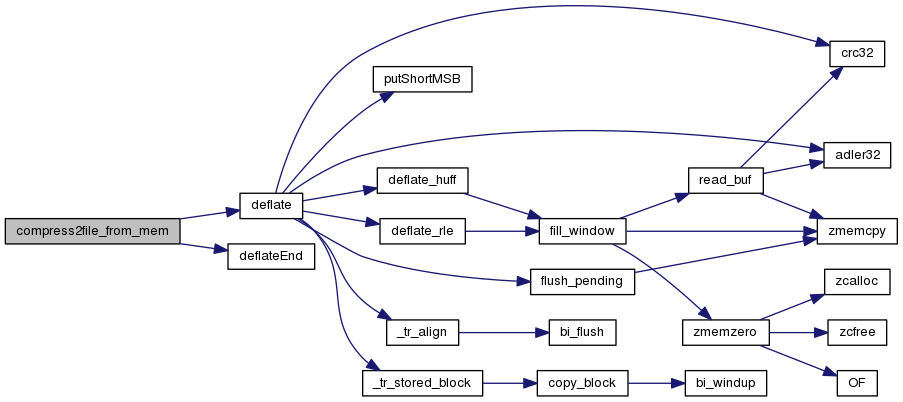
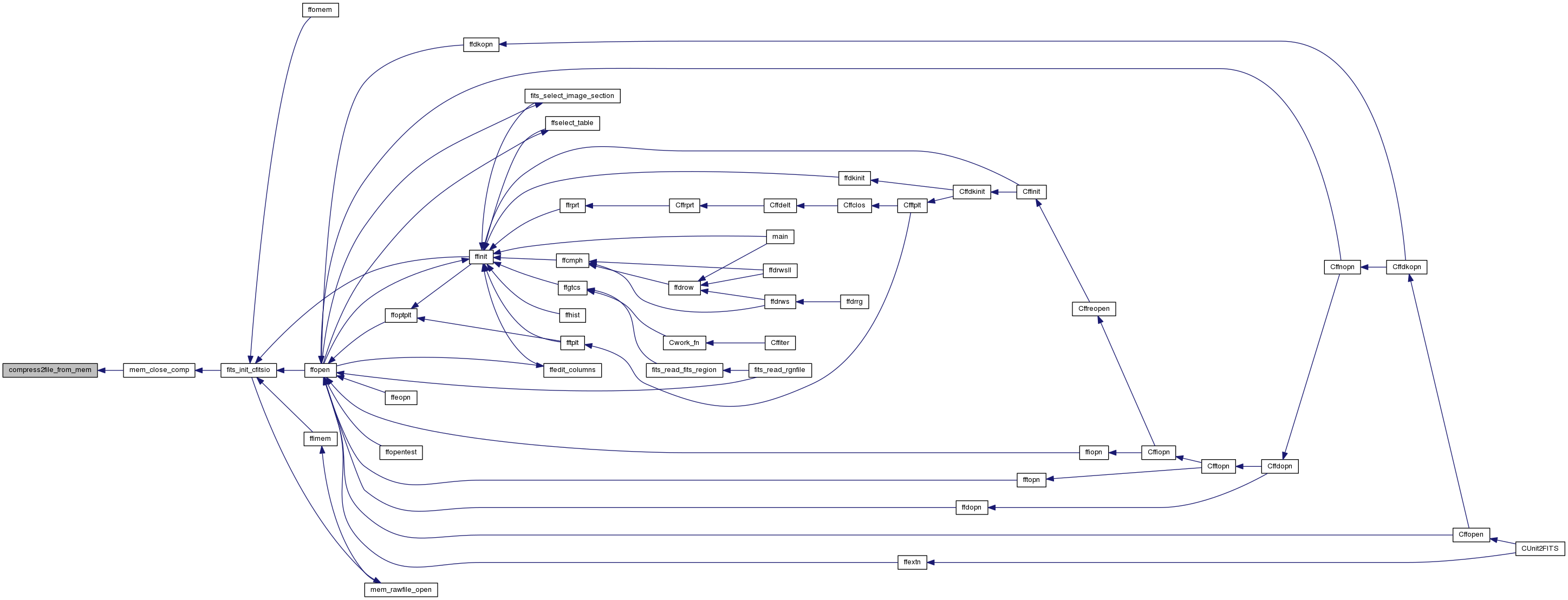
| int compress2mem_from_mem | ( | char * | inmemptr, |
| size_t | inmemsize, | ||
| char ** | buffptr, | ||
| size_t * | buffsize, | ||
| void *(*)(void *p, size_t newsize) | mem_realloc, | ||
| size_t * | filesize, | ||
| int * | status | ||
| ) |
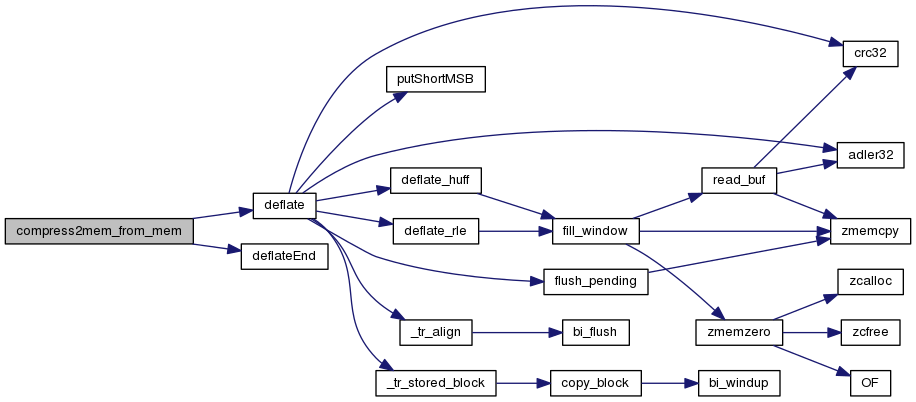
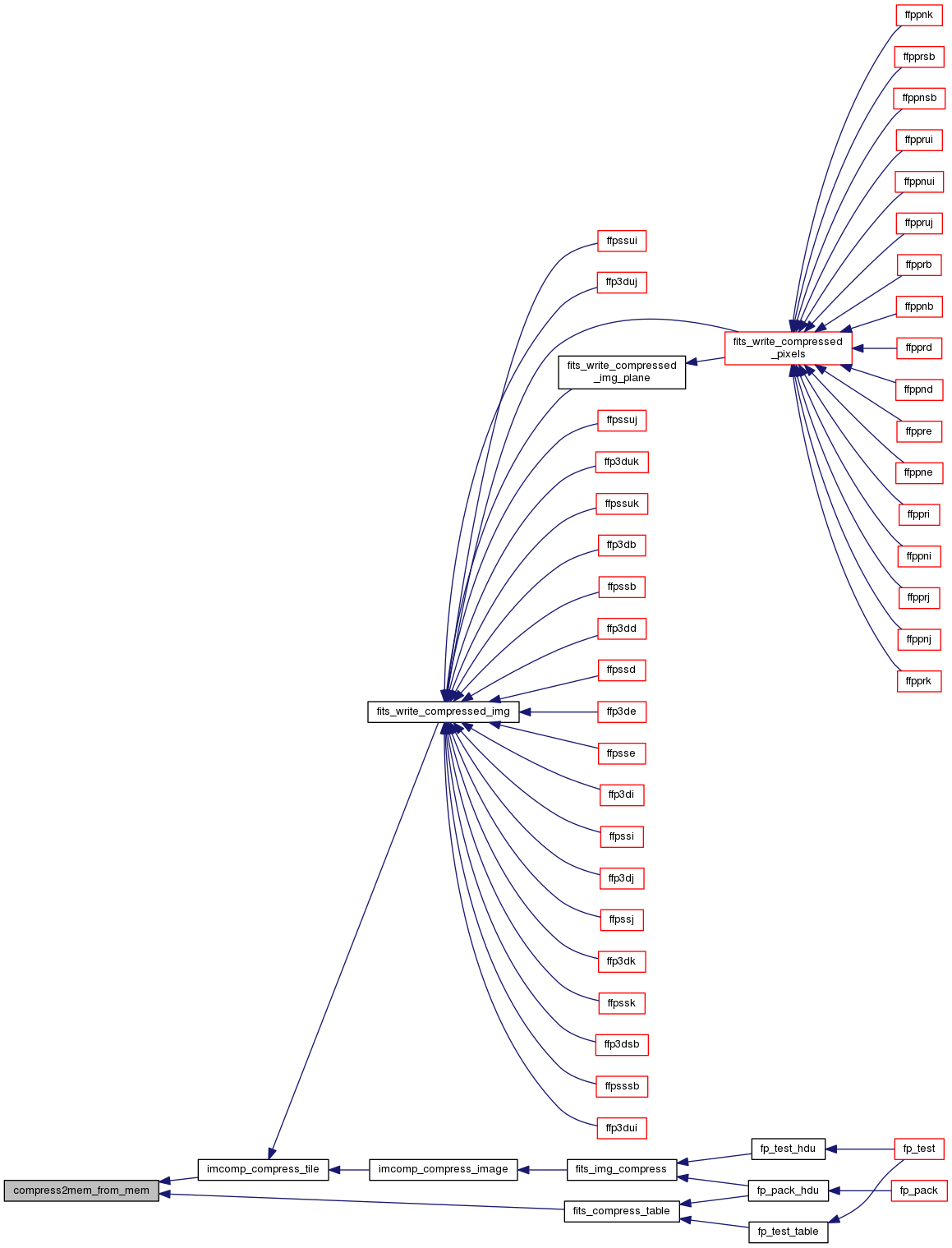
| int ffainit | ( | fitsfile * | fptr, |
| int * | status | ||
| ) |
initialize the parameters defining the structure of an ASCII table
| [in] | fptr | FITS file pointer |
| [in,out] | status | error status |
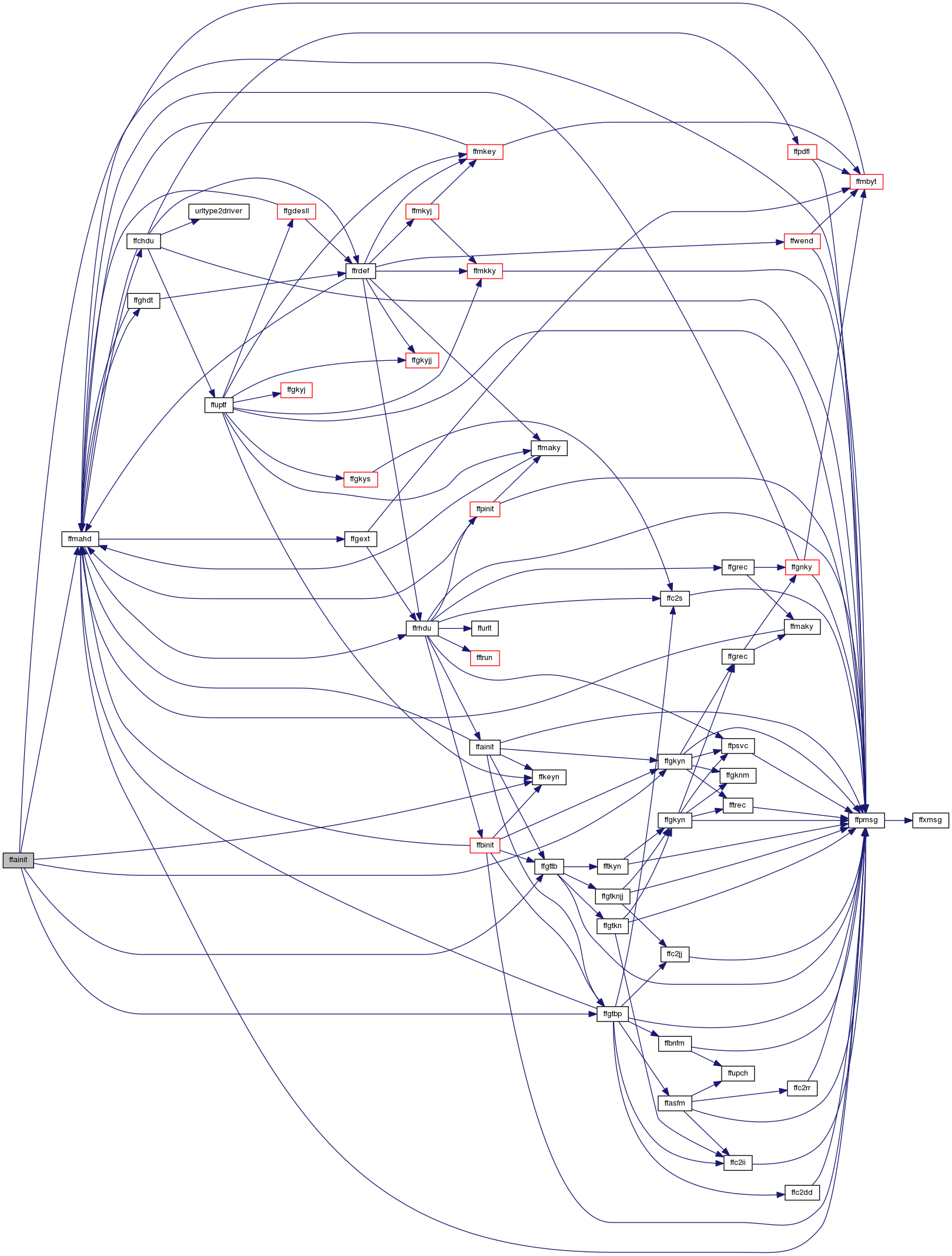
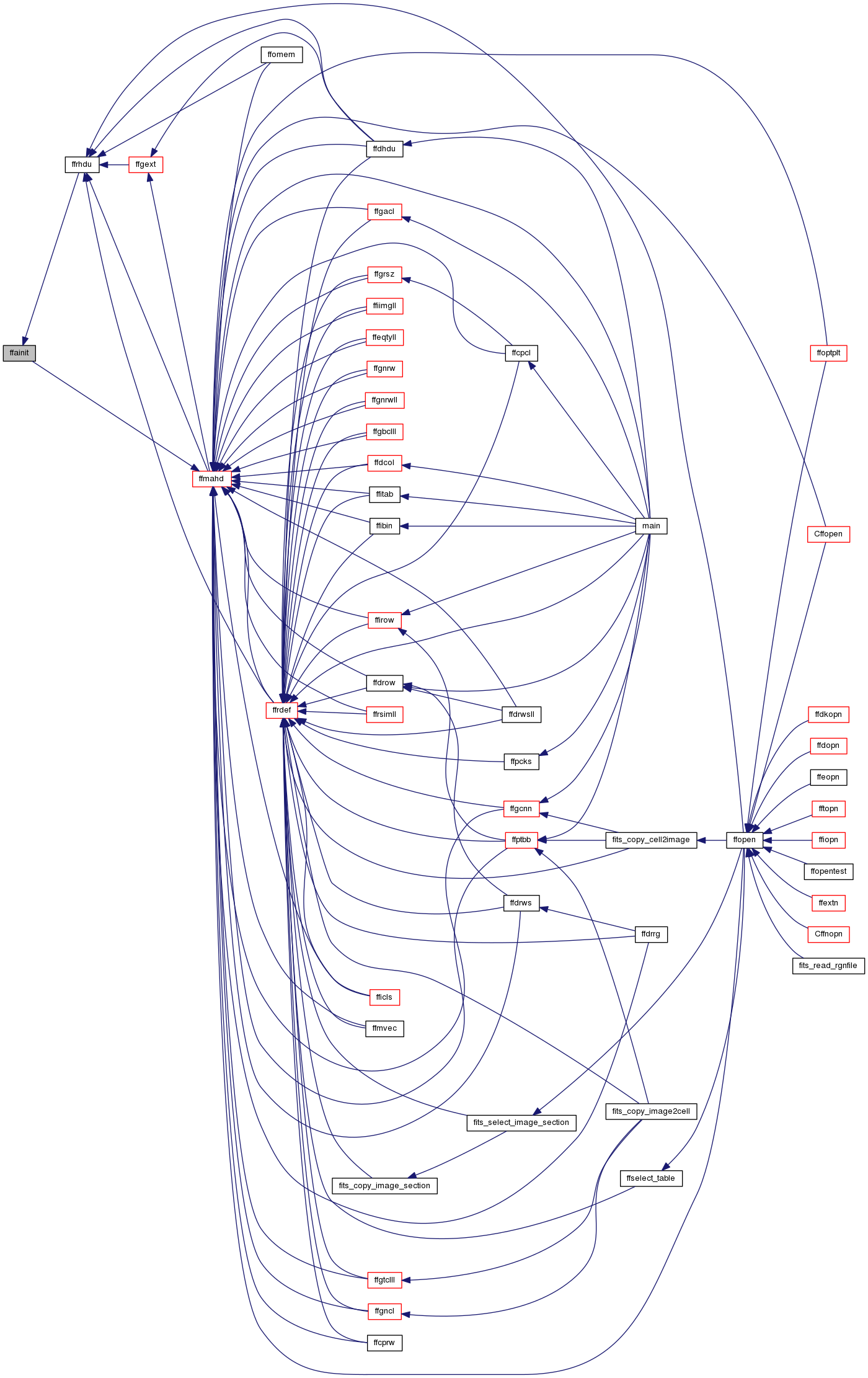
| int ffbfeof | ( | fitsfile * | fptr, |
| int * | status | ||
| ) |
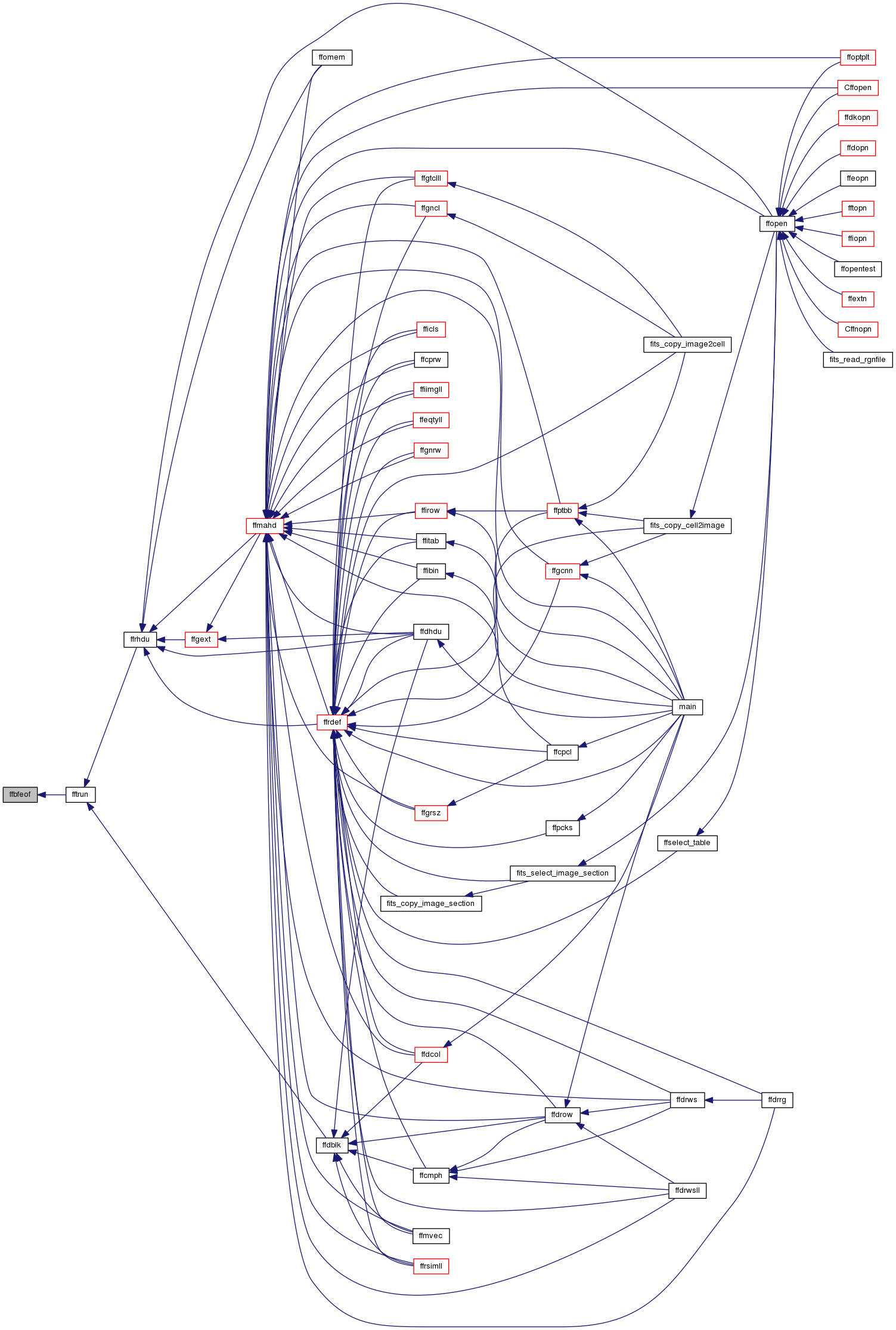
| int ffbfwt | ( | FITSfile * | Fptr, |
| int | nbuff, | ||
| int * | status | ||
| ) |


| int ffbinit | ( | fitsfile * | fptr, |
| int * | status | ||
| ) |
initialize the parameters defining the structure of a binary table
| [in] | fptr | FITS file pointer |
| [in,out] | status | error status |
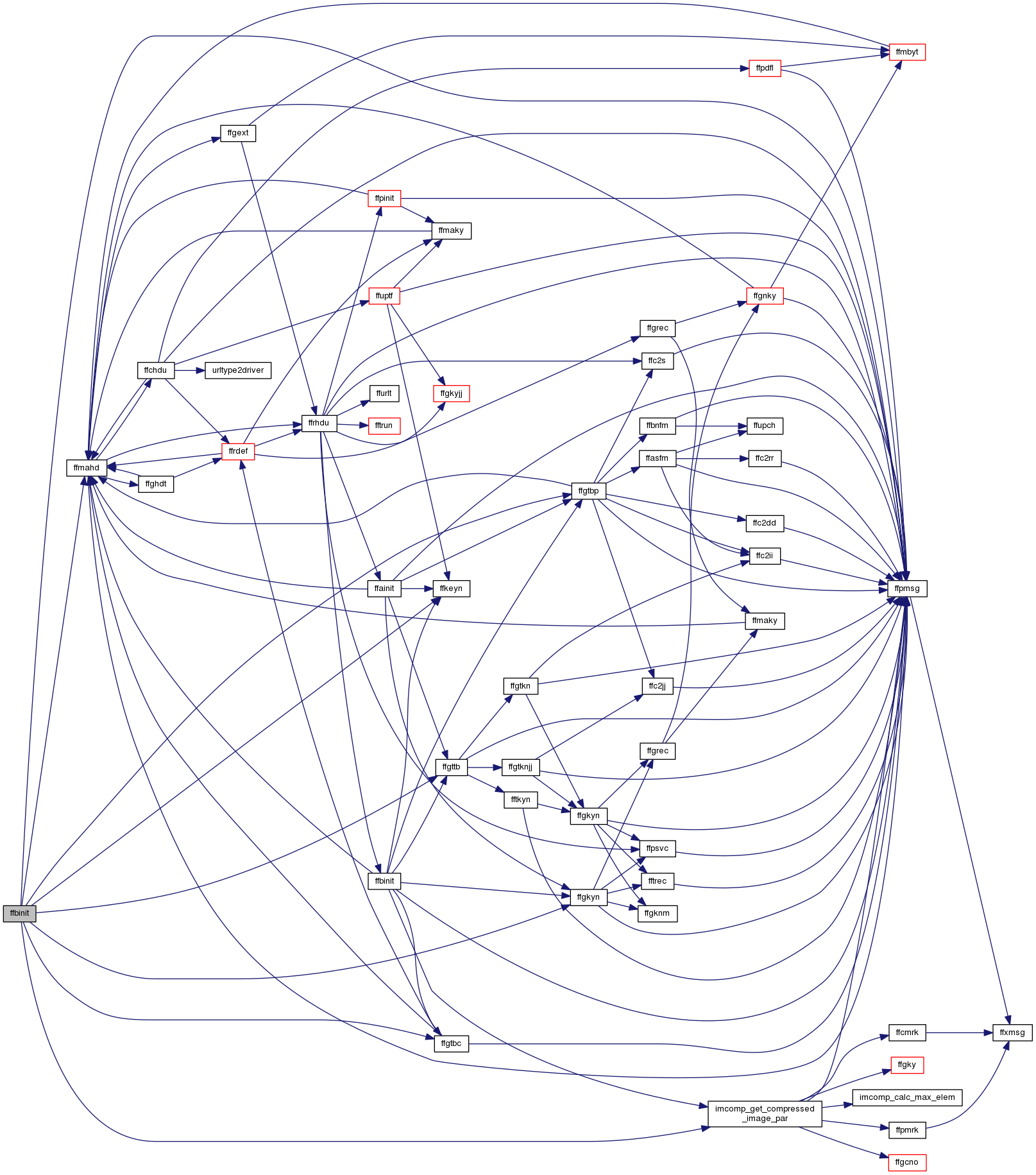
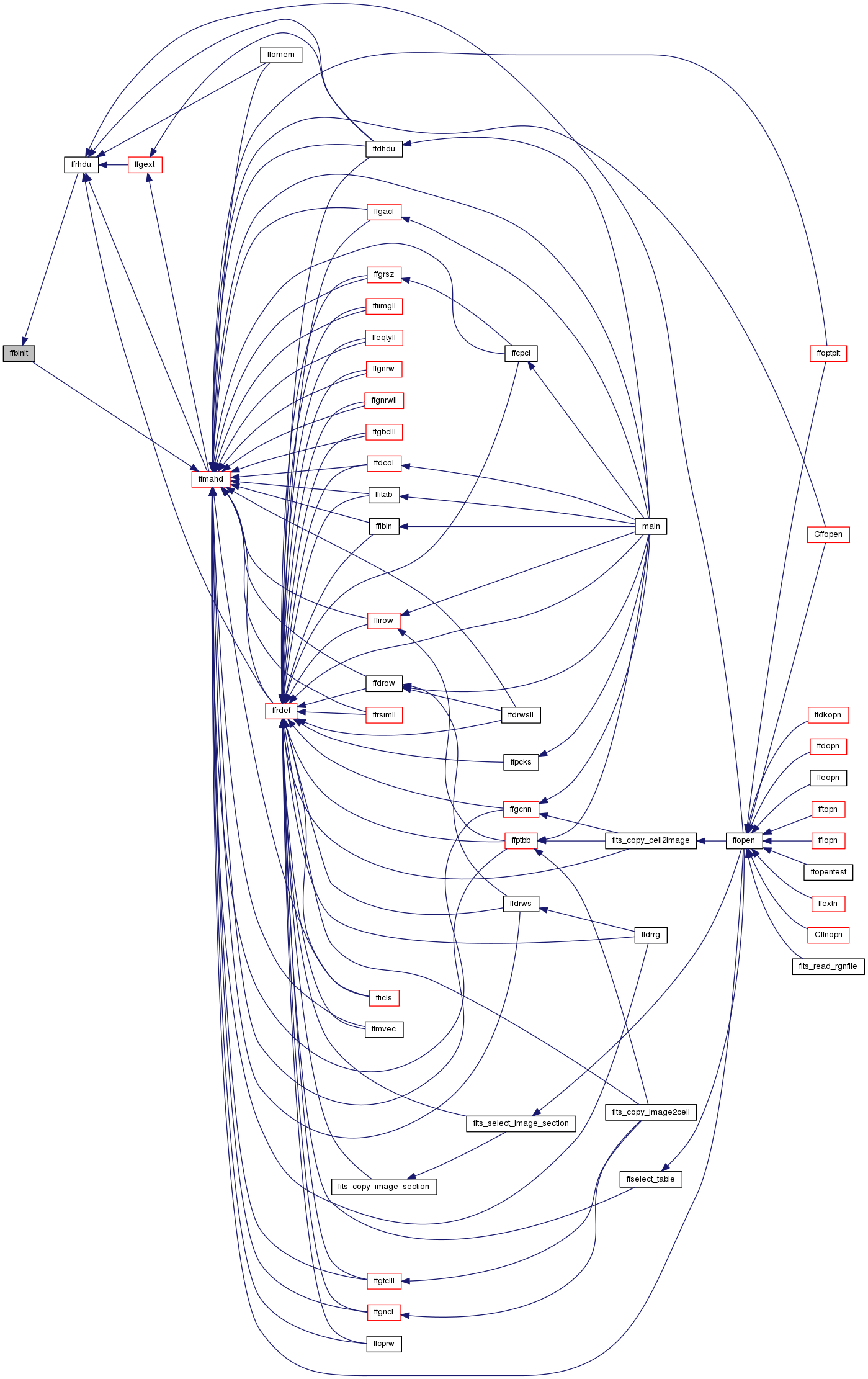
| int ffc2d | ( | const char * | cval, |
| double * | dval, | ||
| int * | status | ||
| ) |
convert formatted string to a double value, doing implicit datatype conversion if necessary
| [in] | cval | string representation of the value |
| [out] | dval | numerical value of the input string |
| [in,out] | status | error status |
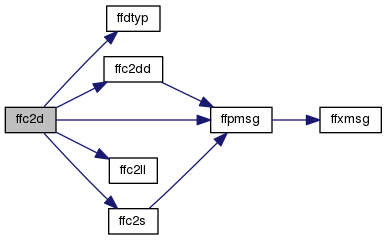
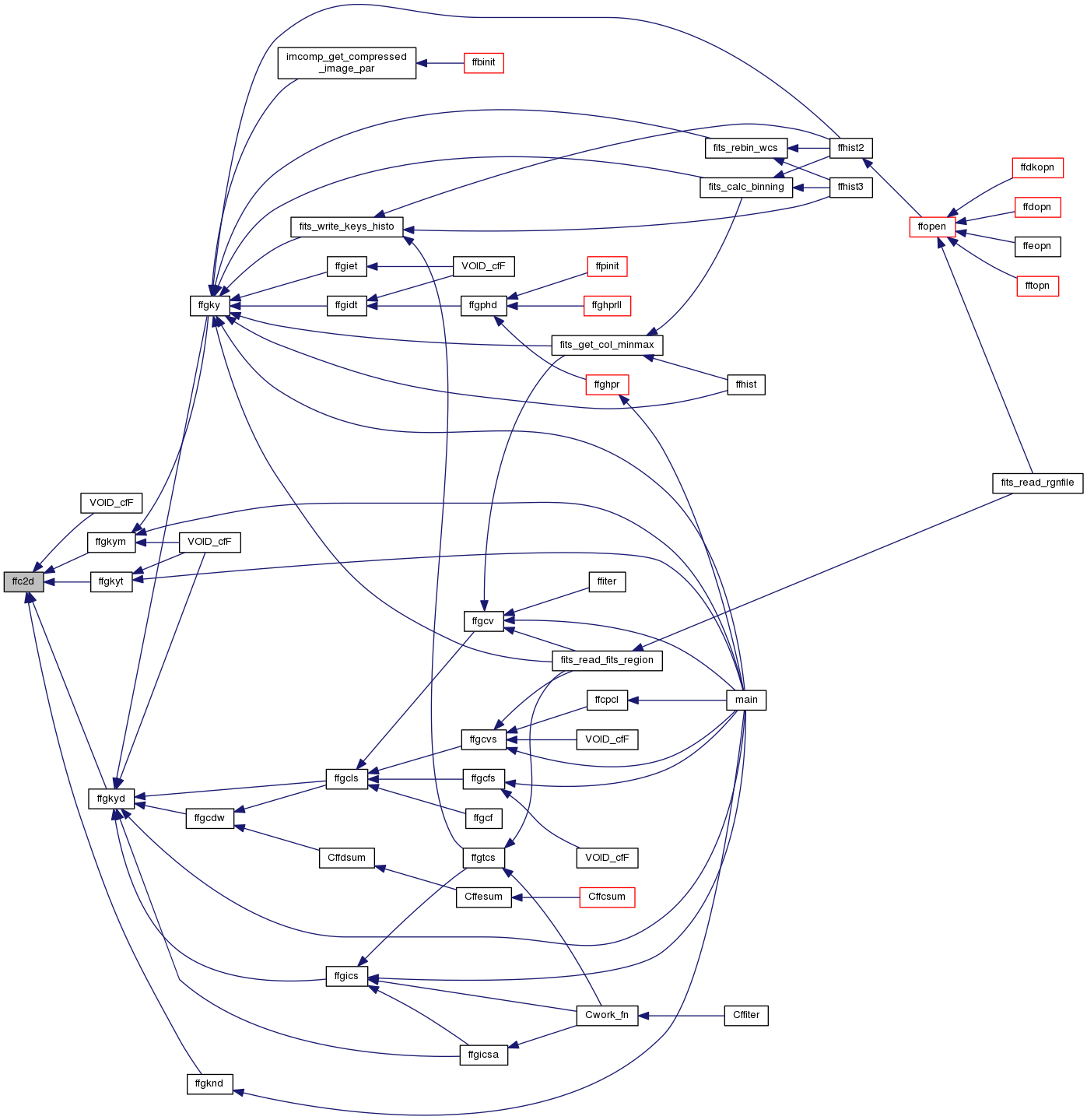
| int ffc2dd | ( | const char * | cval, |
| double * | dval, | ||
| int * | status | ||
| ) |
convert null-terminated formatted string to a double value
| [in] | cval | string representation of the value |
| [out] | dval | numerical value of the input string |
| [in,out] | status | error status |

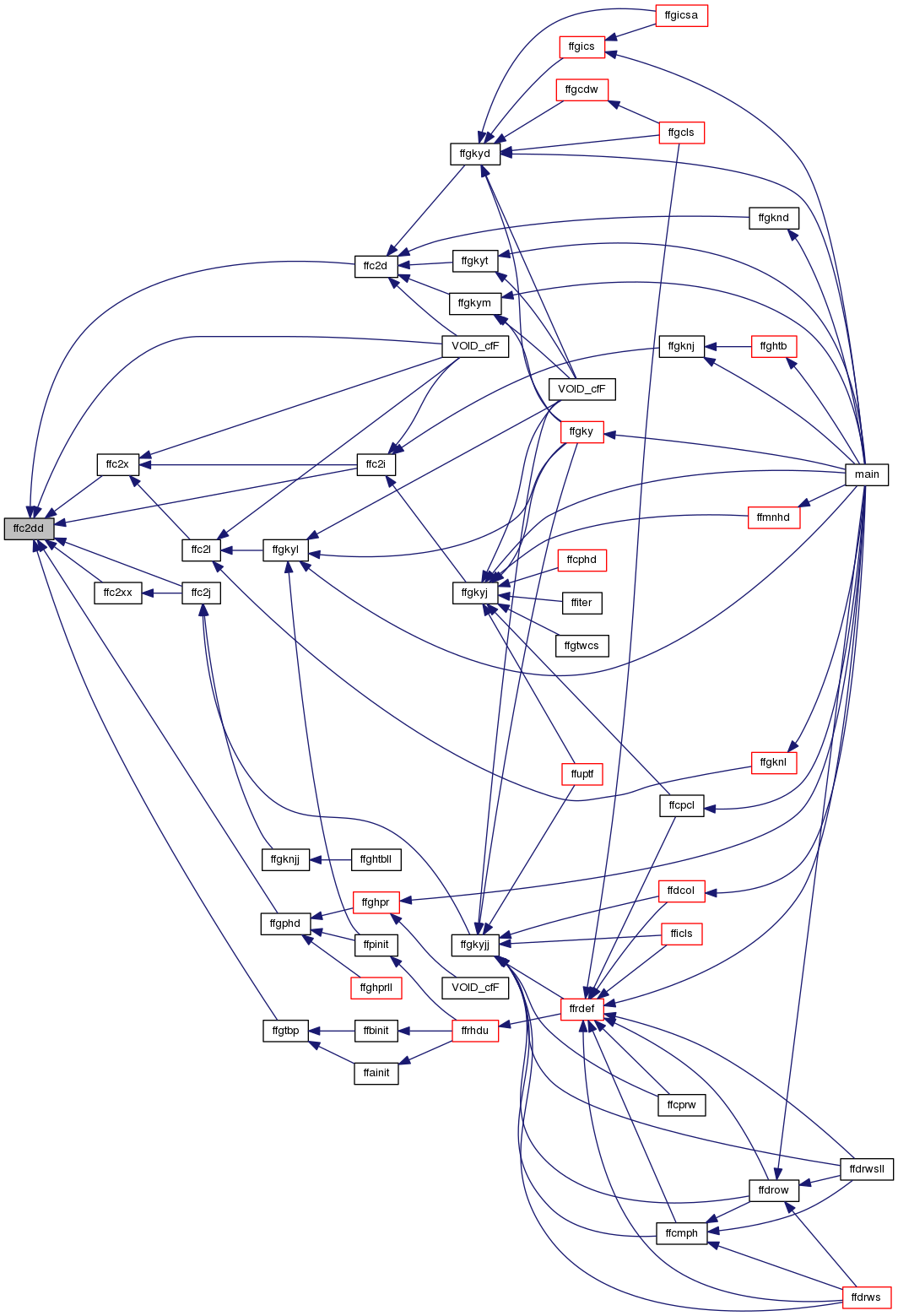
| int ffc2i | ( | const char * | cval, |
| long * | ival, | ||
| int * | status | ||
| ) |
convert formatted string to an integer value, doing implicit datatype conversion if necessary.
| [in] | cval | string representation of the value |
| [out] | ival | numerical value of the input string |
| [in,out] | status | error status |
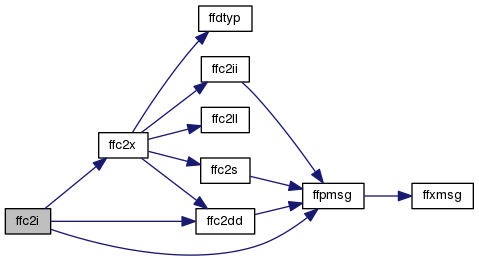
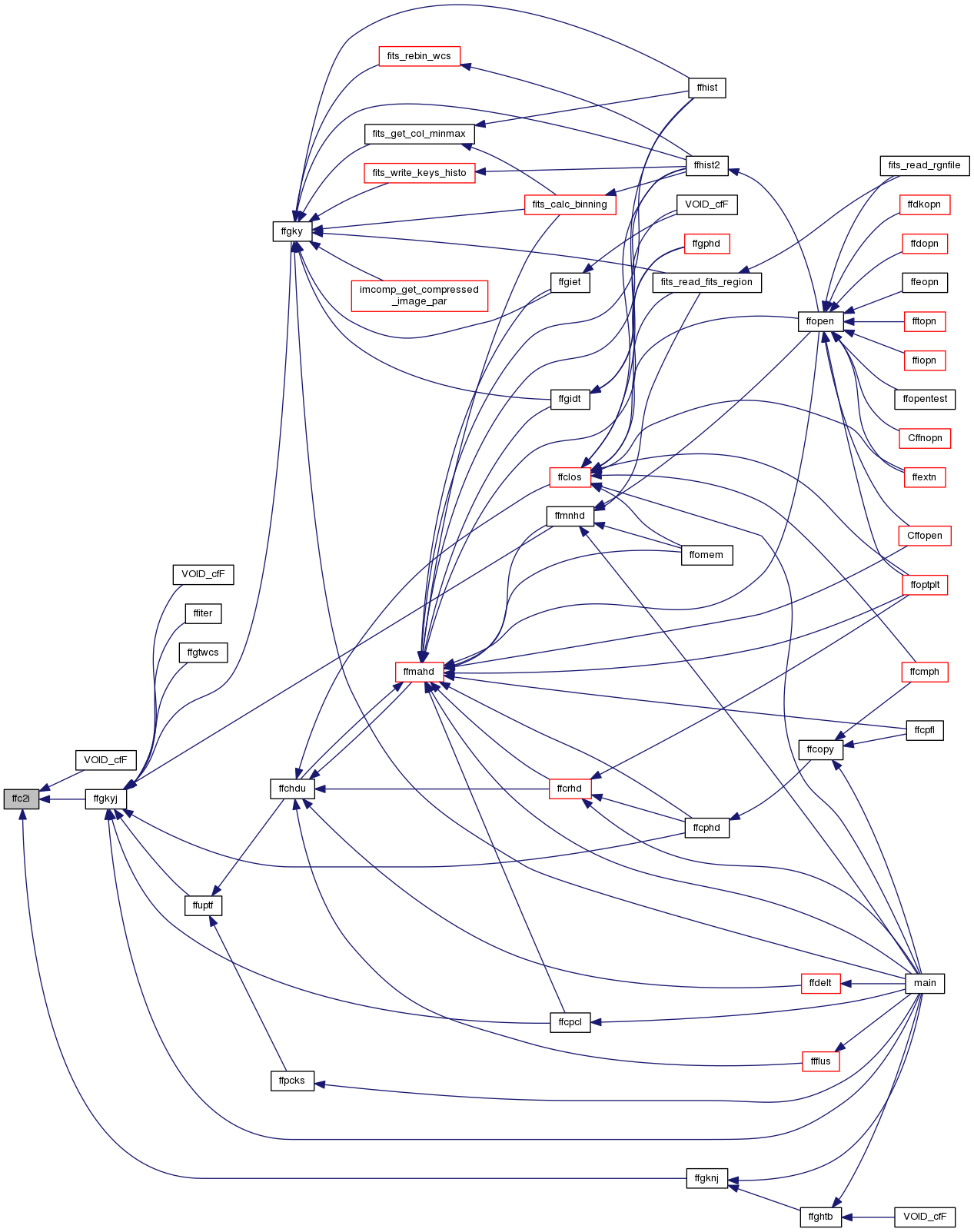
| int ffc2ii | ( | const char * | cval, |
| long * | ival, | ||
| int * | status | ||
| ) |
convert null-terminated formatted string to an integer value
| [in] | cval | string representation of the value |
| [out] | ival | numerical value of the input string |
| [in,out] | status | error status |

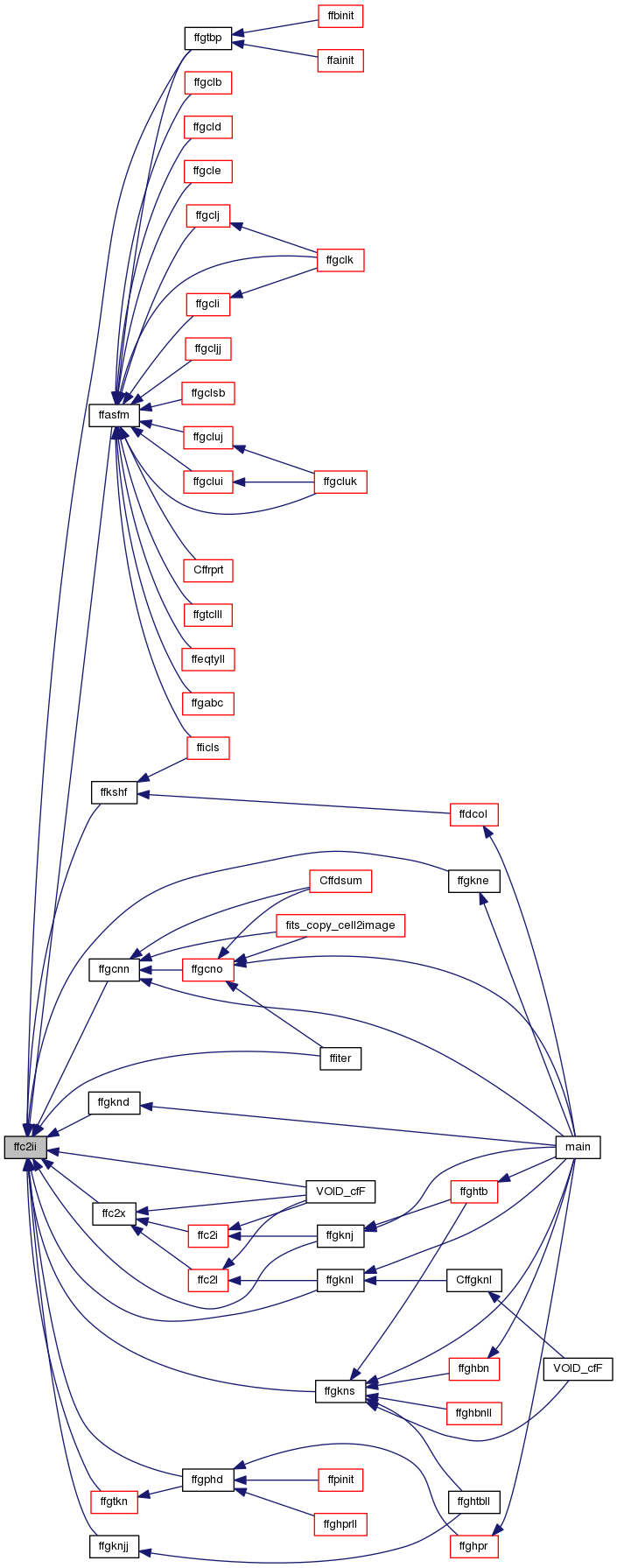
convert formatted string to a LONGLONG integer value, doing implicit datatype conversion if necessary.
| [in] | cval | string representation of the value |
| [out] | ival | numerical value of the input string |
| [in,out] | status | error status |
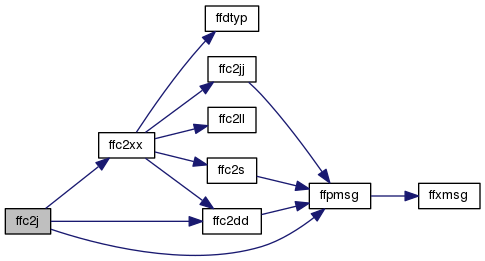
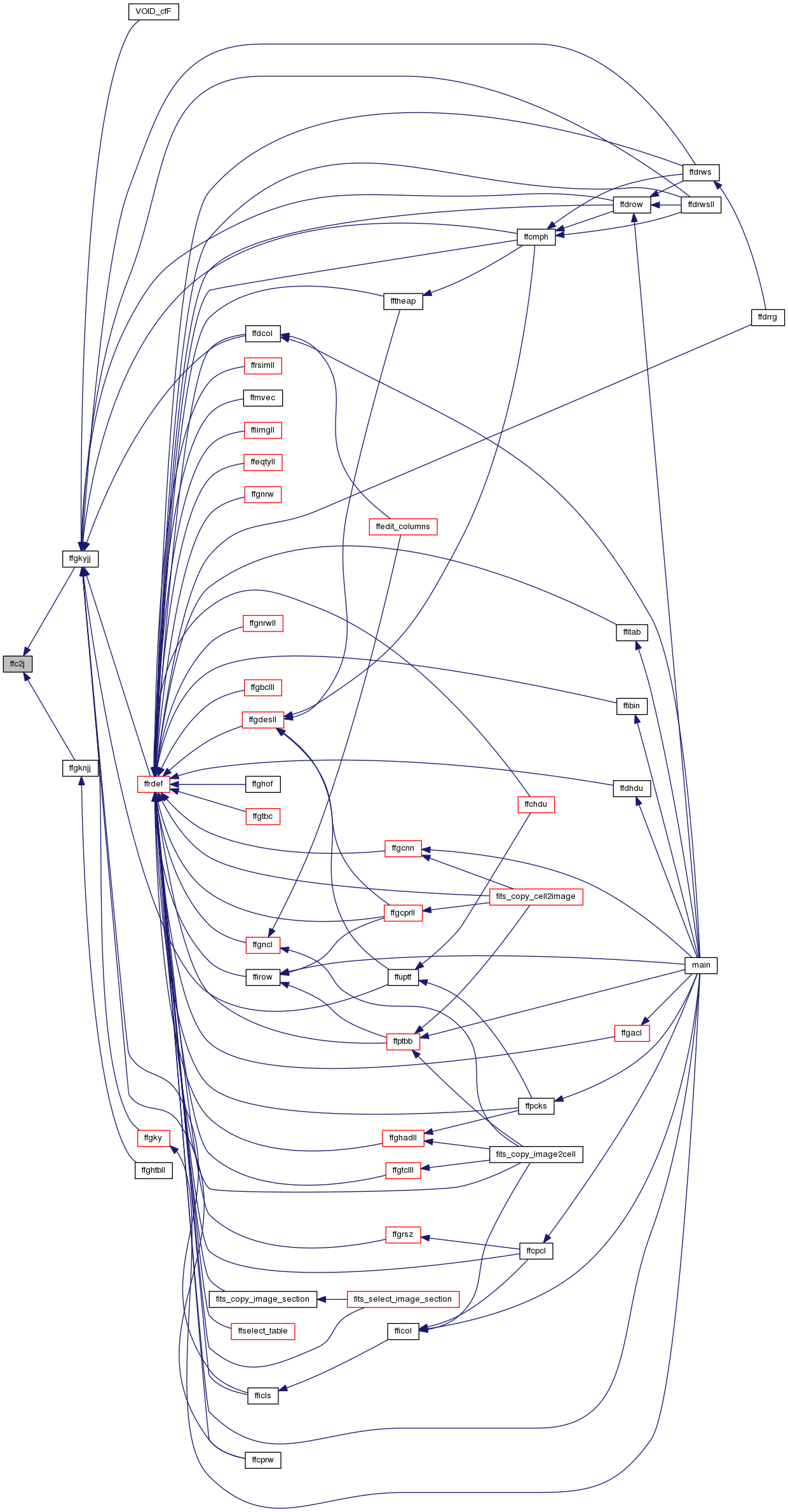
convert null-terminated formatted string to an long long integer value
| [in] | cval | string representation of the value |
| [out] | ival | numerical value of the input string |
| [in,out] | status | error status |

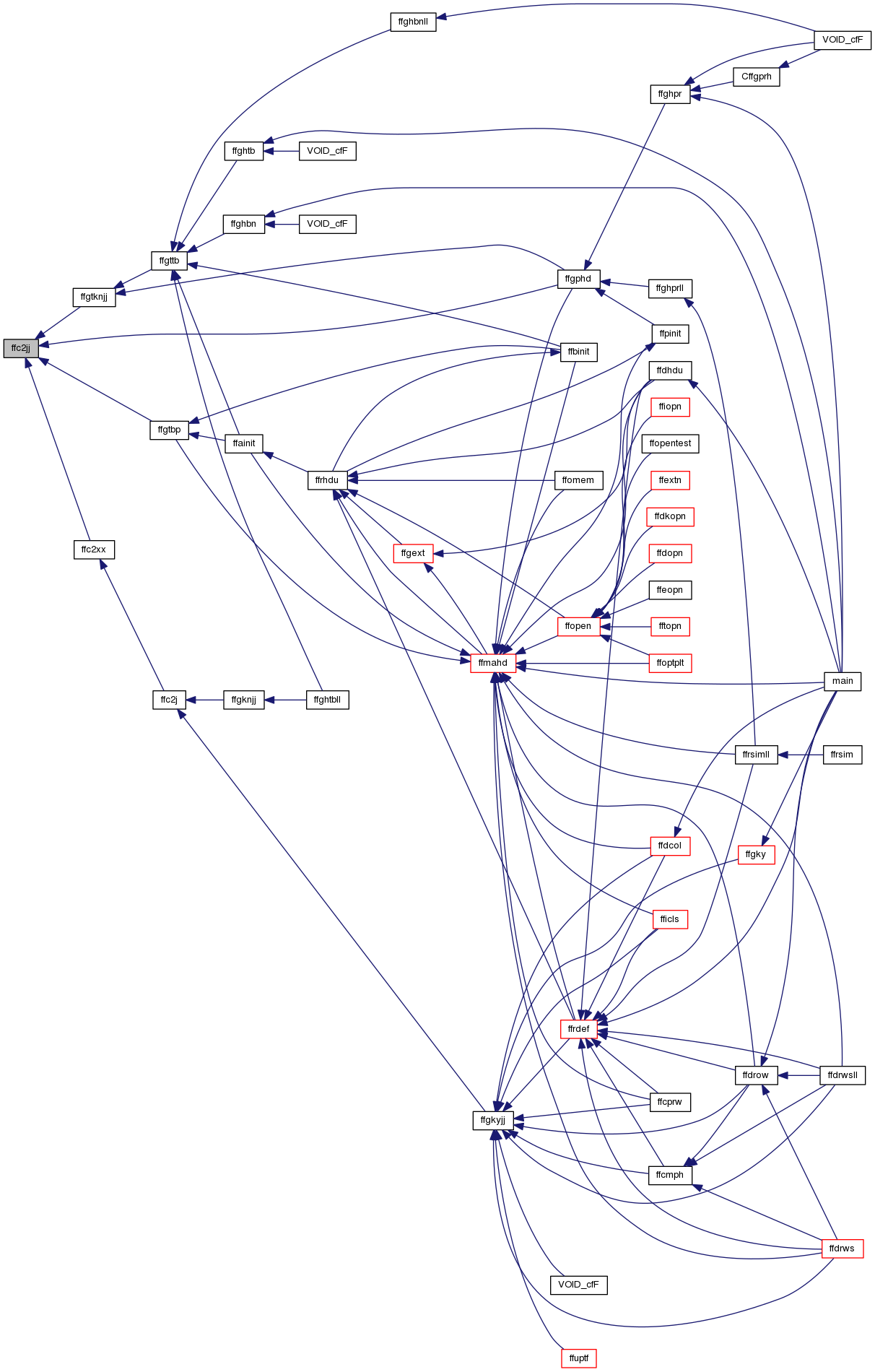
| int ffc2l | ( | const char * | cval, |
| int * | lval, | ||
| int * | status | ||
| ) |
convert formatted string to a logical value, doing implicit datatype conversion if necessary
| [in] | cval | string representation of the value |
| [out] | lval | numerical value of the input string |
| [in,out] | status | error status |
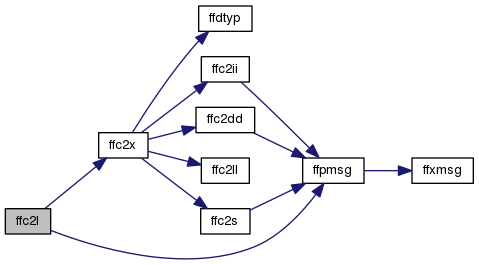
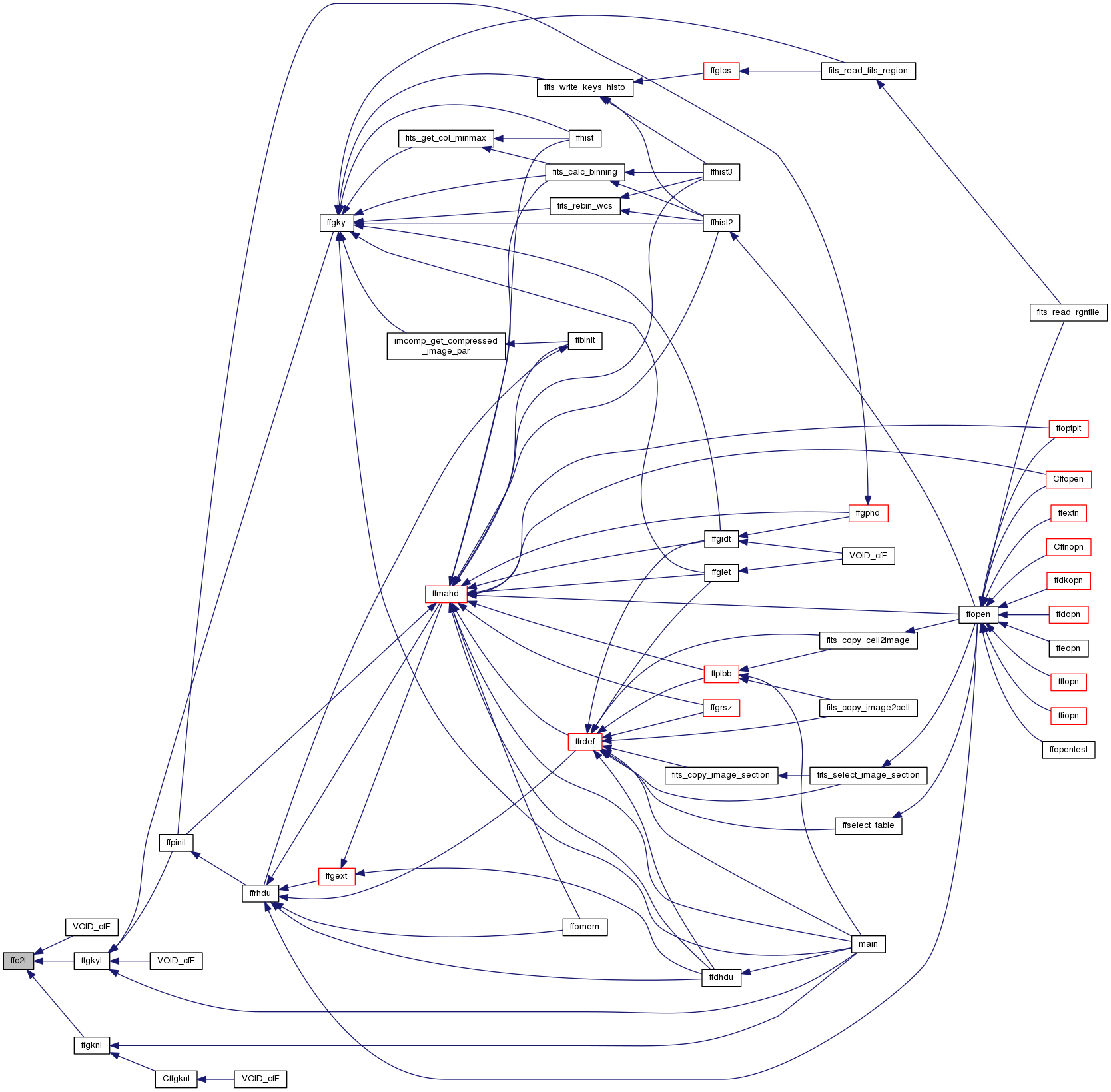
| int ffc2ll | ( | const char * | cval, |
| int * | lval, | ||
| int * | status | ||
| ) |
convert null-terminated formatted string to a logical value
| [in] | cval | string representation of the value: T or F |
| [out] | lval | numerical value of the input string: 1 or 0 |
| [in,out] | status | error status |
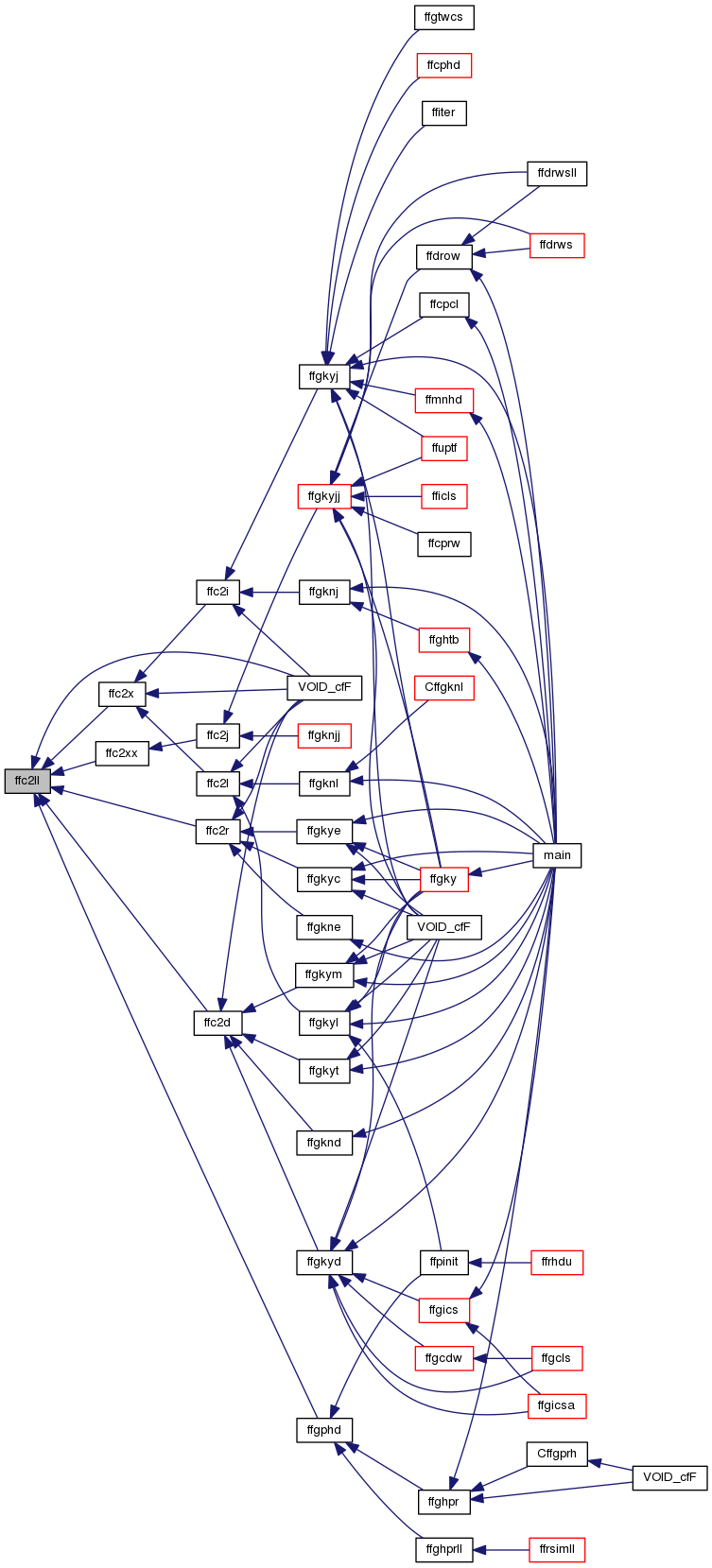
| int ffc2r | ( | const char * | cval, |
| float * | fval, | ||
| int * | status | ||
| ) |
convert formatted string to a real float value, doing implicit datatype conversion if necessary
| [in] | cval | string representation of the value |
| [out] | fval | numerical value of the input string |
| [in,out] | status | error status |
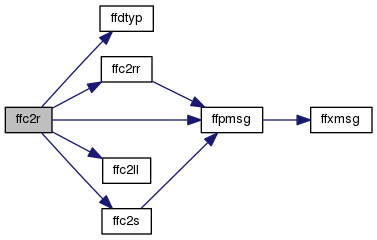
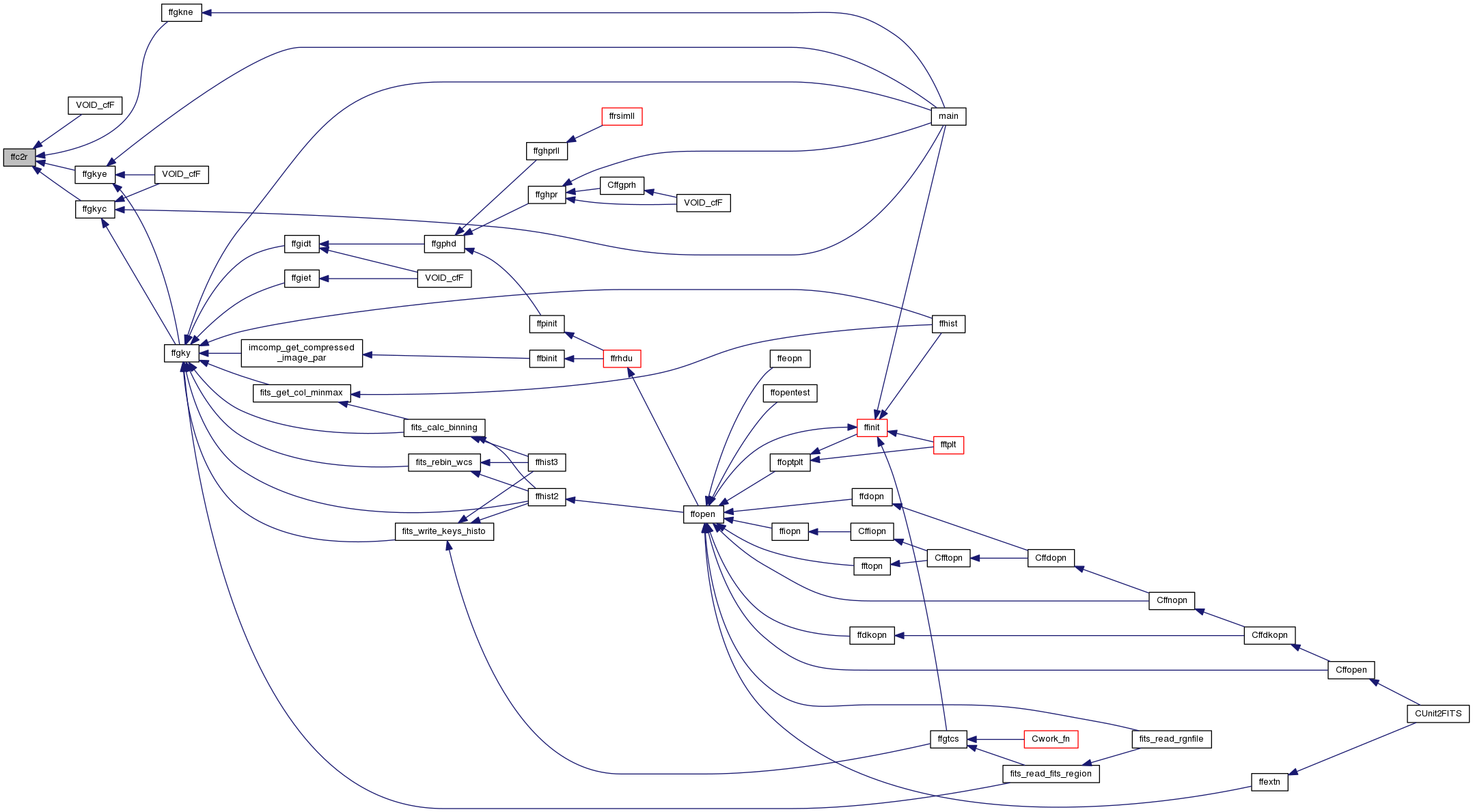
| int ffc2rr | ( | const char * | cval, |
| float * | fval, | ||
| int * | status | ||
| ) |
convert null-terminated formatted string to a float value
| [in] | cval | string representation of the value |
| [out] | fval | numerical value of the input string |
| [in,out] | status | error status |


| int ffc2s | ( | const char * | instr, |
| char * | outstr, | ||
| int * | status | ||
| ) |
convert an input quoted string to an unquoted string by removing the leading and trailing quote character. Also, replace any pairs of single quote characters with just a single quote character (FITS used a pair of single quotes to represent a literal quote character within the string).
| [in] | instr | null terminated quoted input string |
| [out] | outstr | null terminated output string without quotes |
| [in,out] | status | error status |

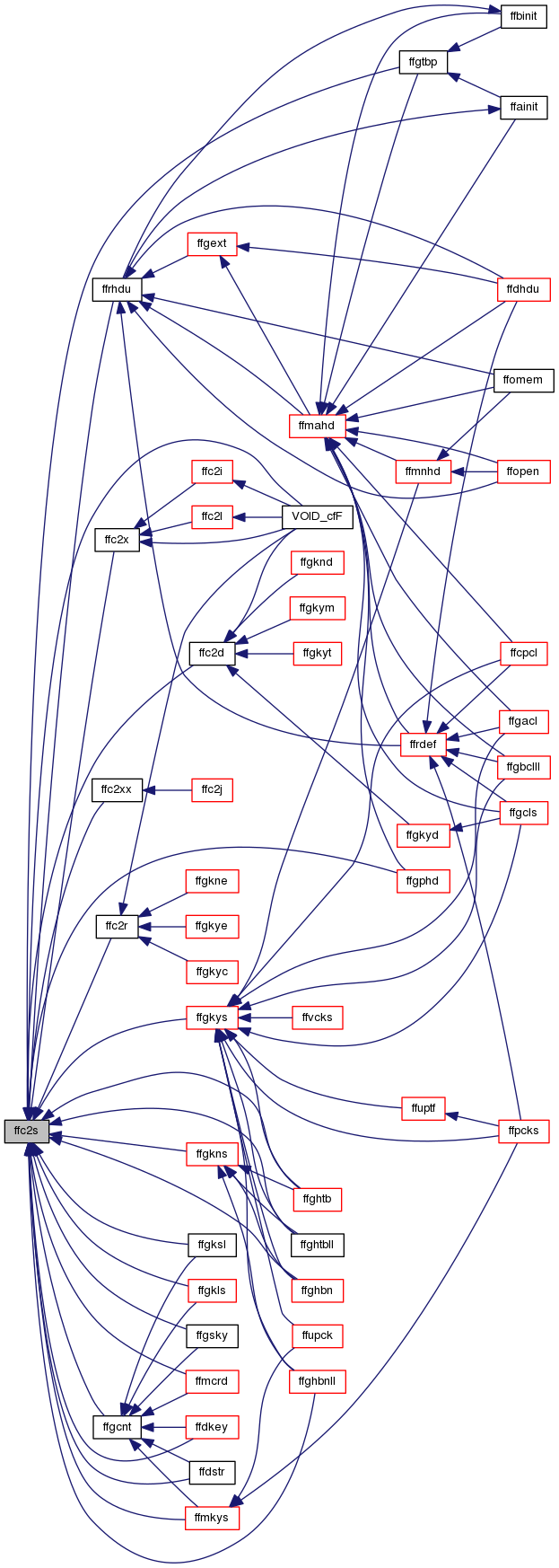
| int ffc2x | ( | const char * | cval, |
| char * | dtype, | ||
| long * | ival, | ||
| int * | lval, | ||
| char * | sval, | ||
| double * | dval, | ||
| int * | status | ||
| ) |
high level routine to convert formatted character string to its intrinsic data type
| [in] | cval | formatted string representation of the value |
| [out] | dtype | datatype code: C, L, F, I or X Only one of the 5 pointer value will be defined, depending on datatype |
| [out] | ival | integer value |
| [out] | lval | logical value |
| [out] | sval | string value |
| [out] | dval | double value |
| [in,out] | status | error status |
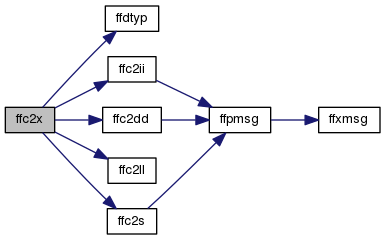
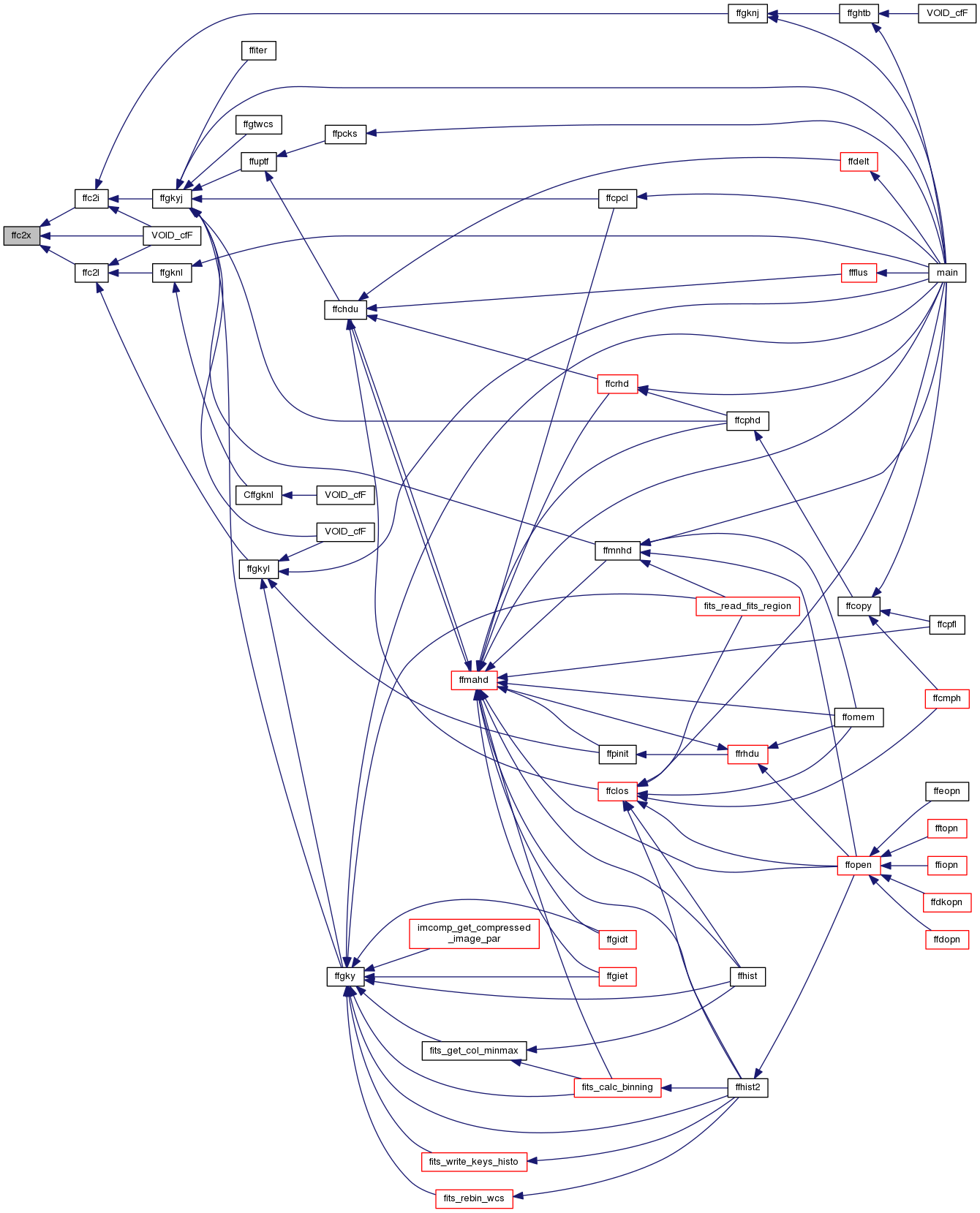
| int ffc2xx | ( | const char * | cval, |
| char * | dtype, | ||
| LONGLONG * | ival, | ||
| int * | lval, | ||
| char * | sval, | ||
| double * | dval, | ||
| int * | status | ||
| ) |
high level routine to convert formatted character string to its intrinsic data type
| [in] | cval | formatted string representation of the value |
| [out] | dtype | datatype code: C, L, F, I or X Only one of the 5 pointer value will be defined, depending on datatype |
| [out] | ival | integer value |
| [out] | lval | logical value |
| [out] | sval | string value |
| [out] | dval | double value |
| [in,out] | status | error status |
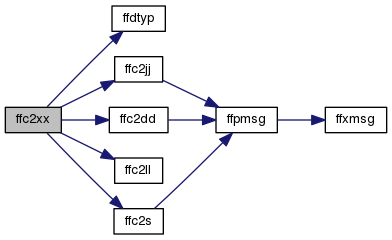
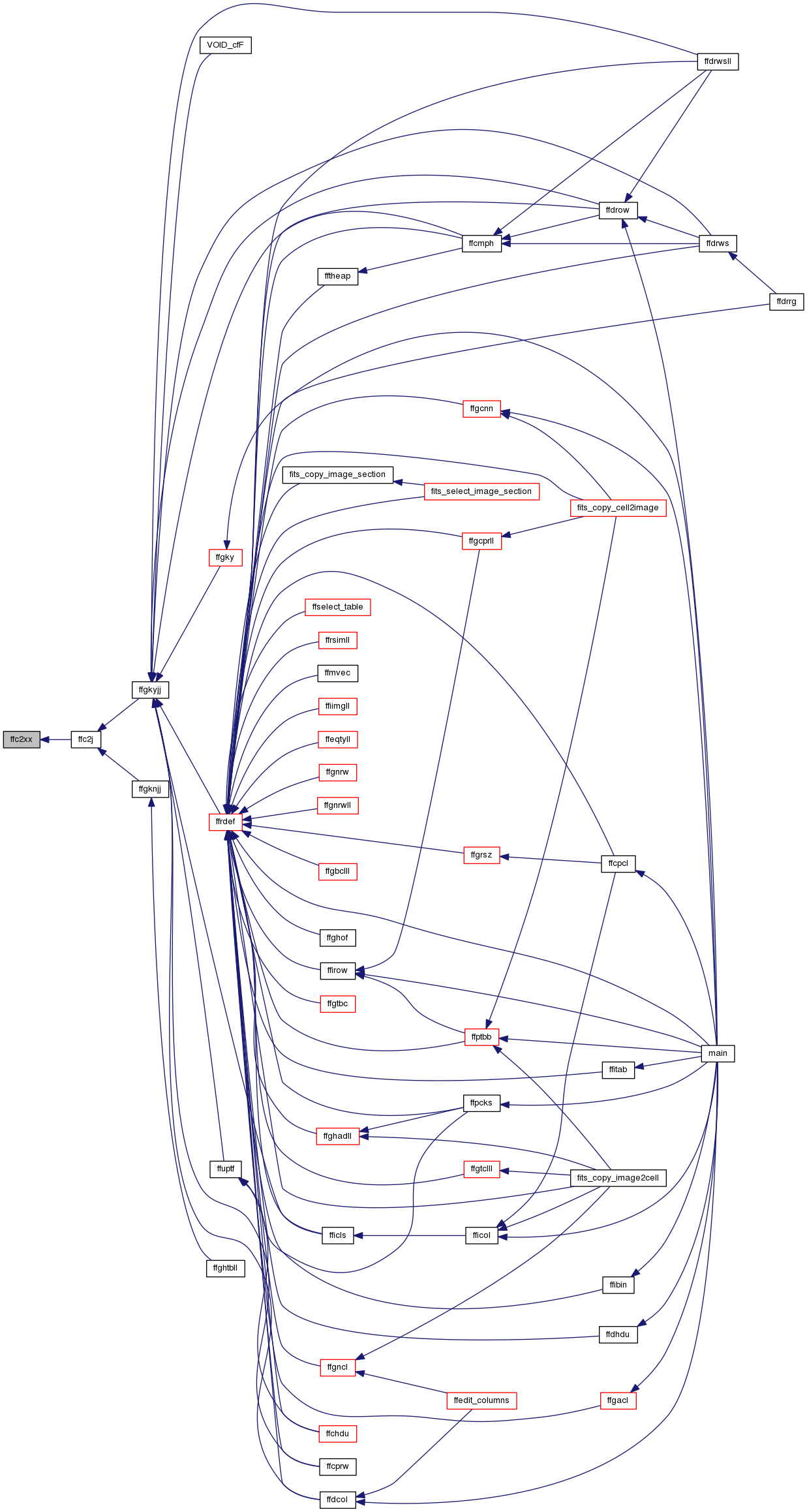
| int ffcalchist | ( | long | totalrows, |
| long | offset, | ||
| long | firstrow, | ||
| long | nrows, | ||
| int | ncols, | ||
| iteratorCol * | colpars, | ||
| void * | userPointer | ||
| ) |

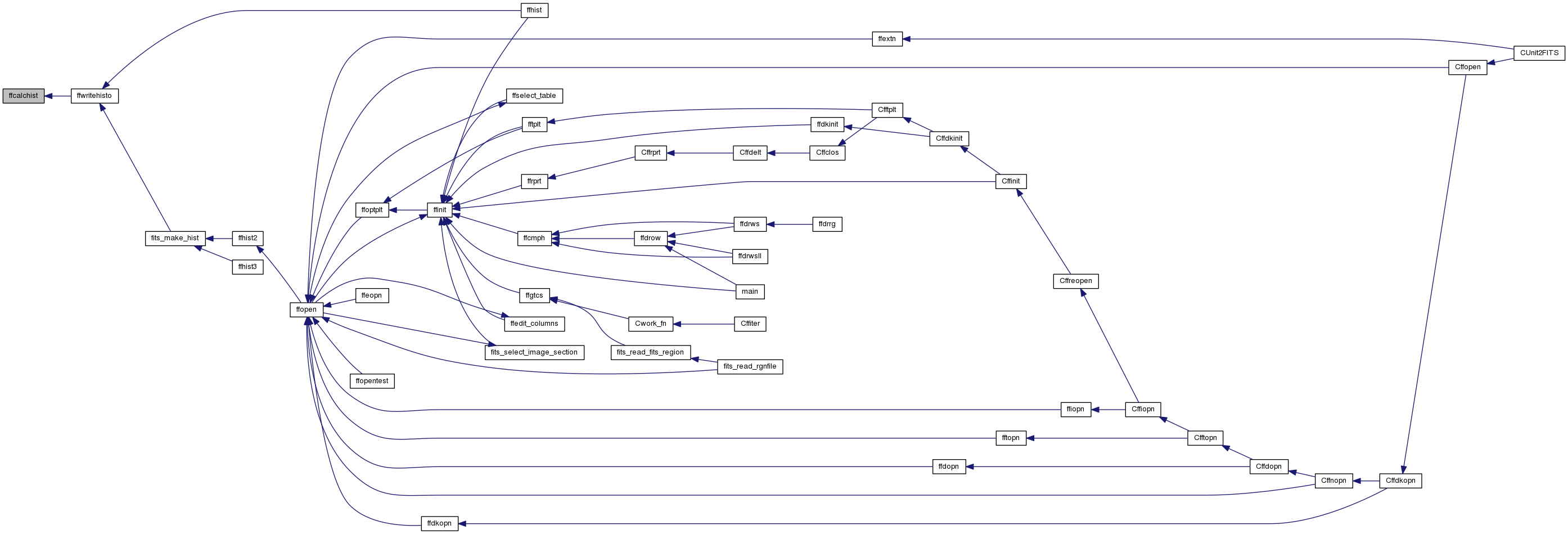
| int ffcdel | ( | fitsfile * | fptr, |
| LONGLONG | naxis1, | ||
| LONGLONG | naxis2, | ||
| LONGLONG | nbytes, | ||
| LONGLONG | bytepos, | ||
| int * | status | ||
| ) |
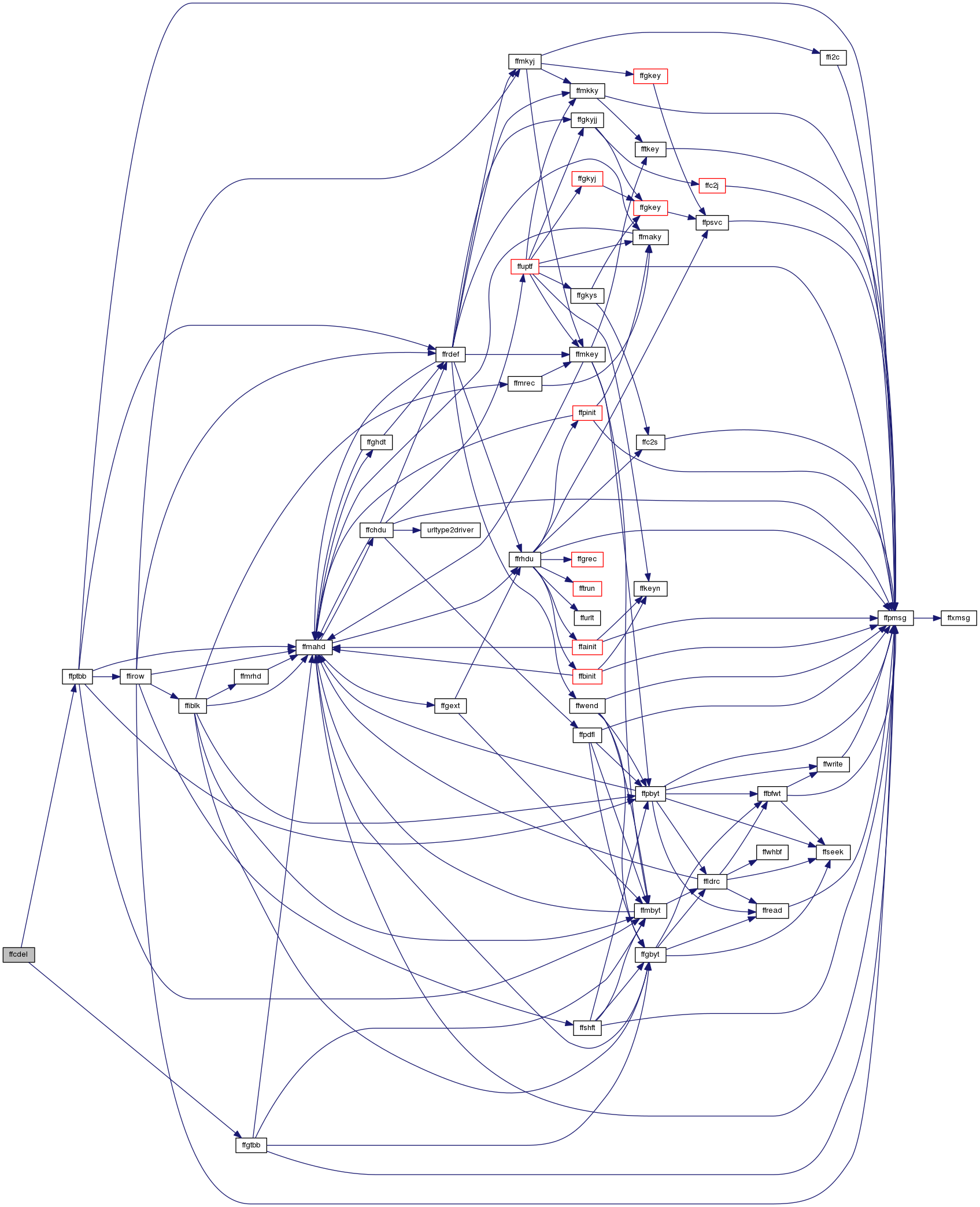
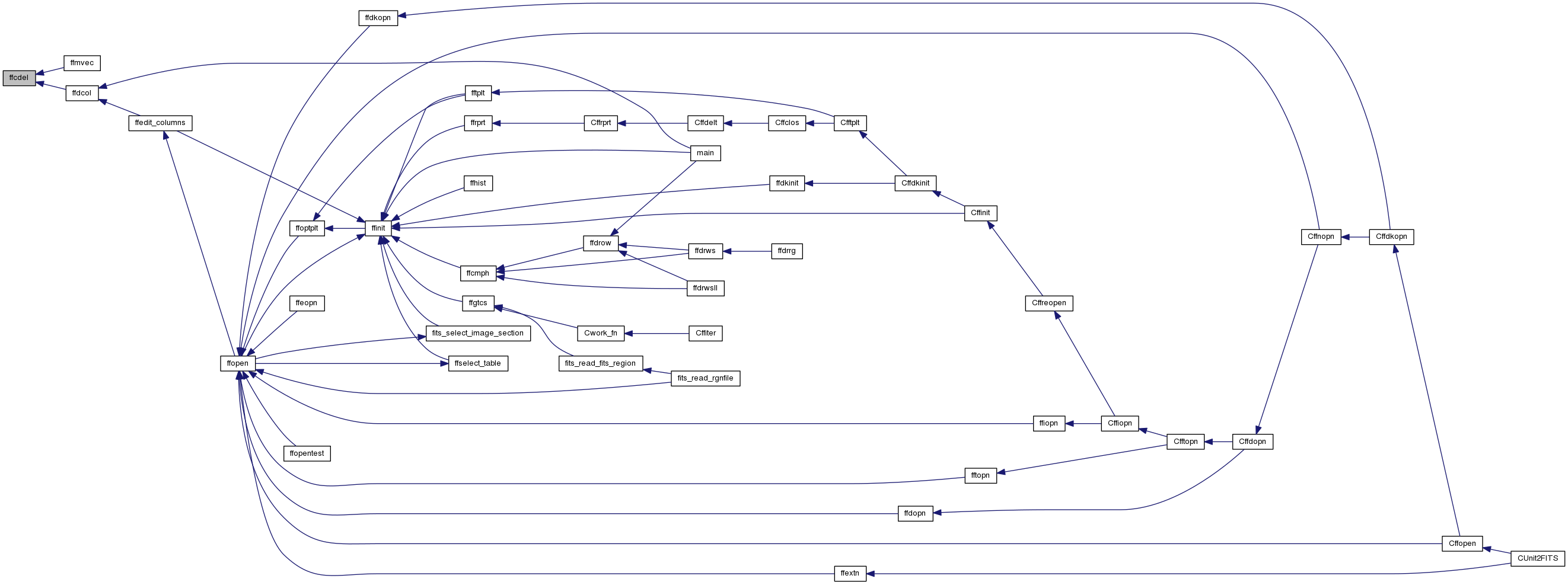
| void ffcdsp | ( | char * | tform, |
| char * | cform | ||
| ) |
convert the FITS TDISPn display format into the equivalent C format suitable for use in a printf statement.
| tform | value of an ASCII table TFORMn keyword |
| cform | equivalent format code in C language syntax |
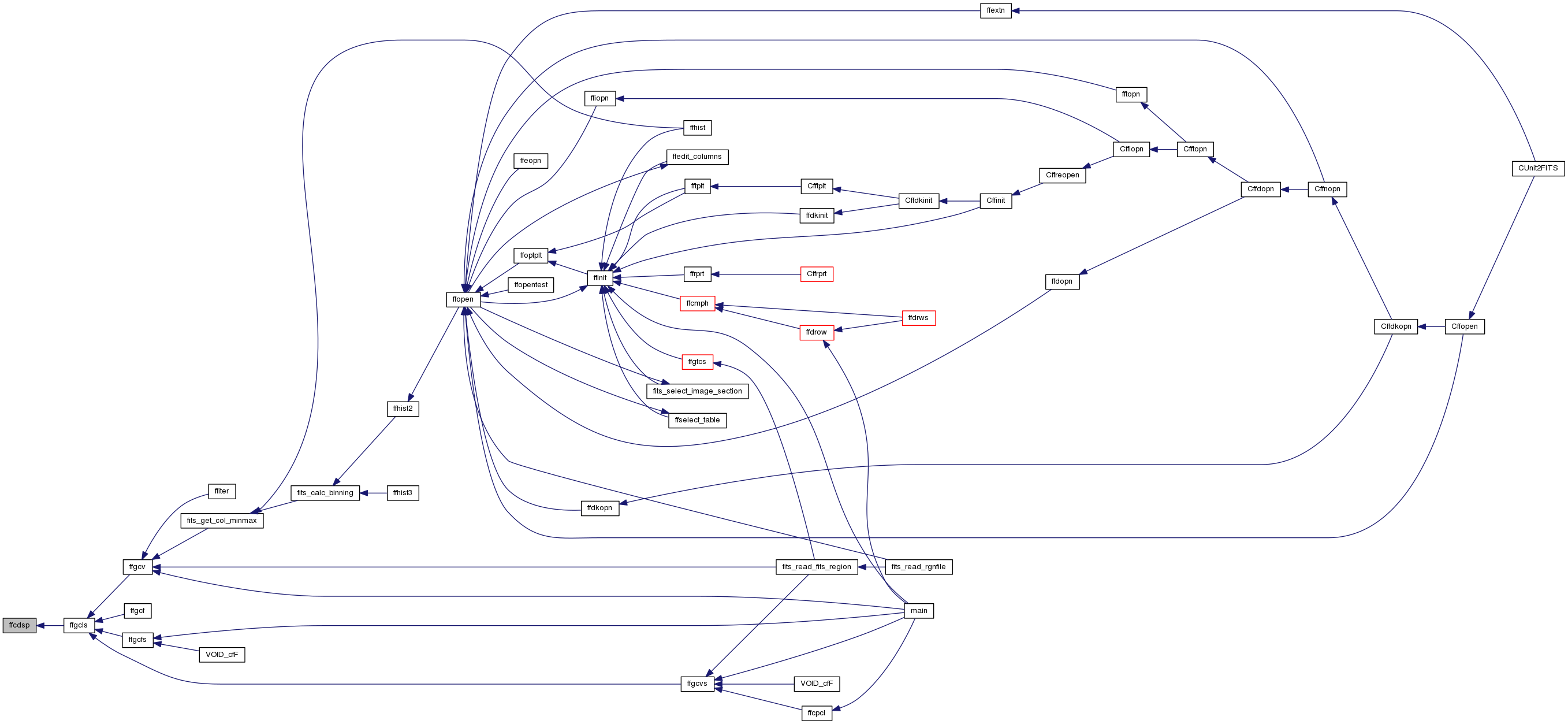
| void ffcfmt | ( | char * | tform, |
| char * | cform | ||
| ) |
convert the FITS format string for an ASCII Table extension column into the equivalent C format string that can be used in a printf statement, after the values have been read as a double.
| tform | value of an ASCII table TFORMn keyword |
| cform | equivalent format code in C language syntax |

| int ffchdu | ( | fitsfile * | fptr, |
| int * | status | ||
| ) |
close the current HDU. If we have write access to the file, then:
| [in] | fptr | FITS file pointer |
| [in,out] | status | error status |
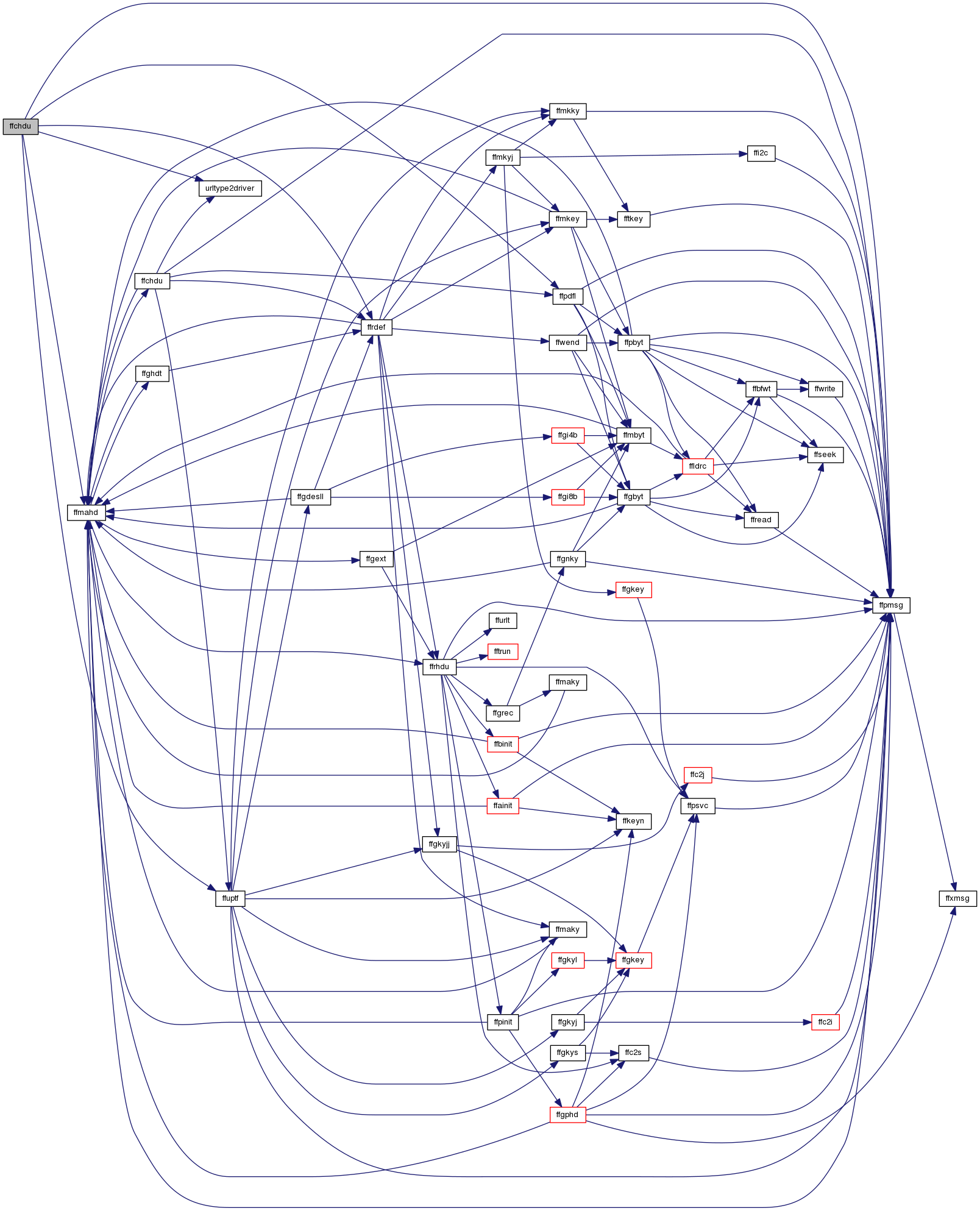
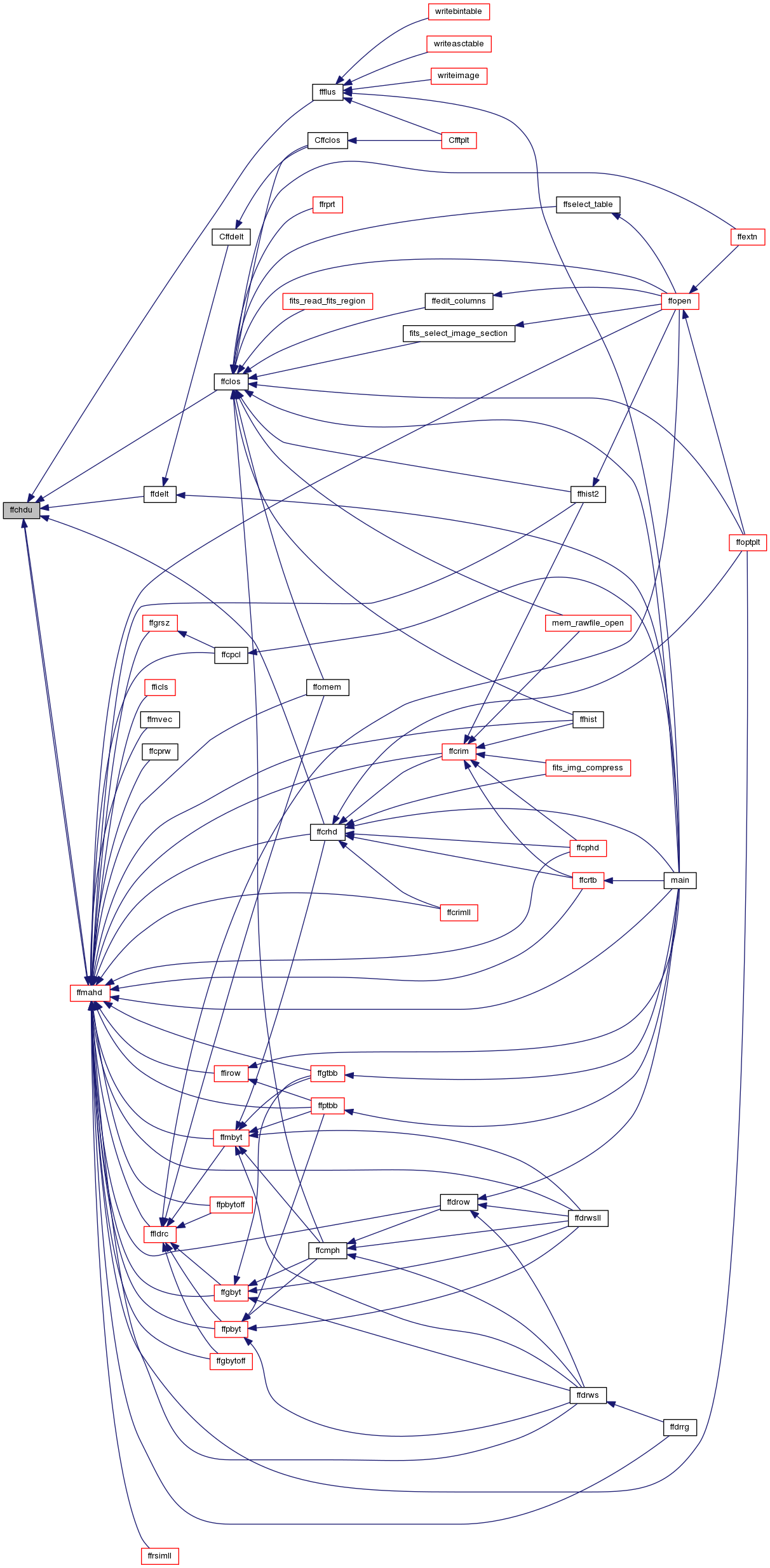
| int ffcins | ( | fitsfile * | fptr, |
| LONGLONG | naxis1, | ||
| LONGLONG | naxis2, | ||
| LONGLONG | nbytes, | ||
| LONGLONG | bytepos, | ||
| int * | status | ||
| ) |
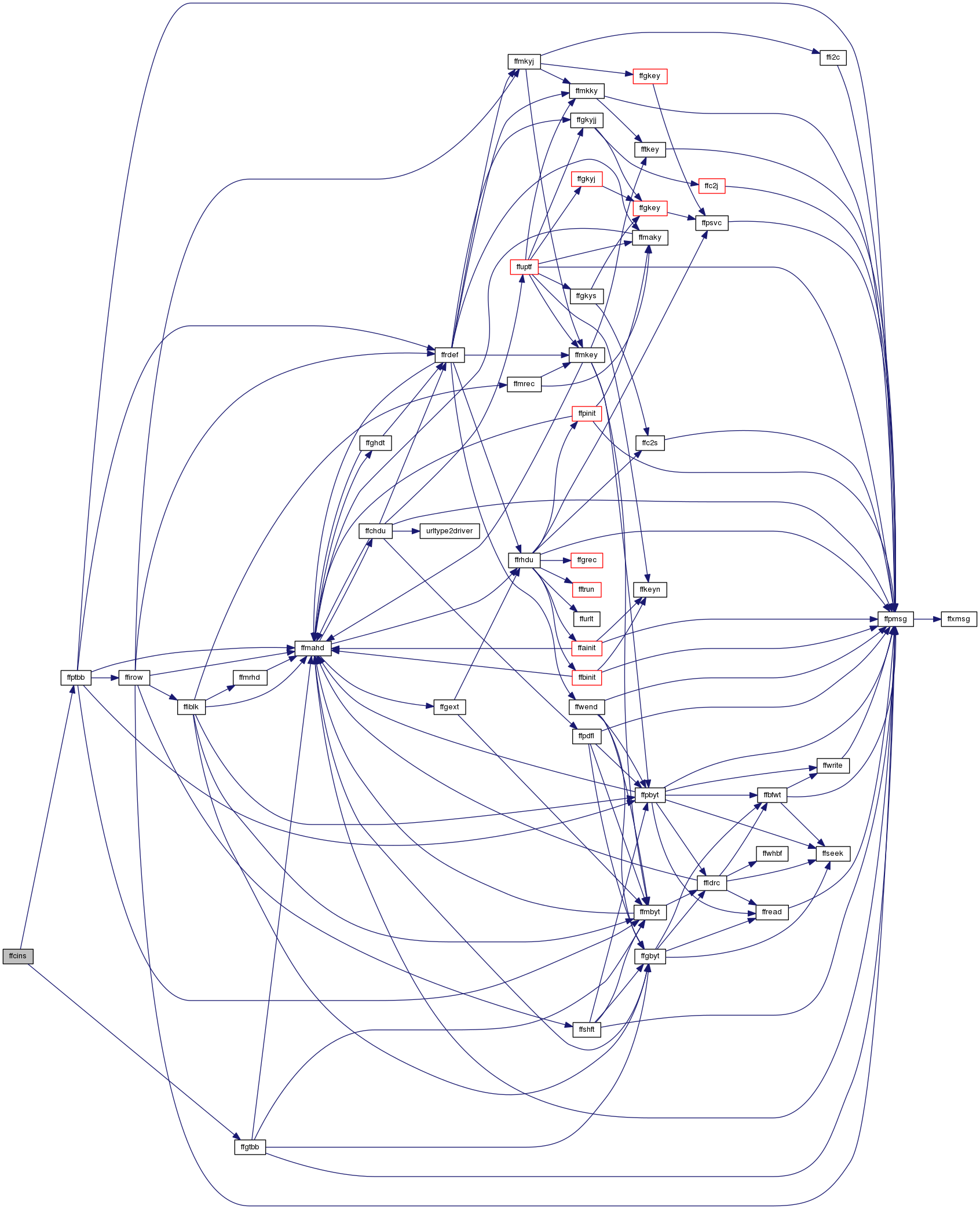

| void ffcprs | ( | void | ) |
| int ffcvtn | ( | int | inputType, |
| void * | input, | ||
| char * | undef, | ||
| long | ntodo, | ||
| int | outputType, | ||
| void * | nulval, | ||
| void * | output, | ||
| int * | anynull, | ||
| int * | status | ||
| ) |
| int ffd2e | ( | double | dval, |
| int | decim, | ||
| char * | cval, | ||
| int * | status | ||
| ) |
convert double value to a null-terminated exponential format string.
| [in] | dval | value to be converted to a string |
| [in] | decim | number of decimal places to display |
| [in] | cval | character string representation of the value |
| [in,out] | status | error status |

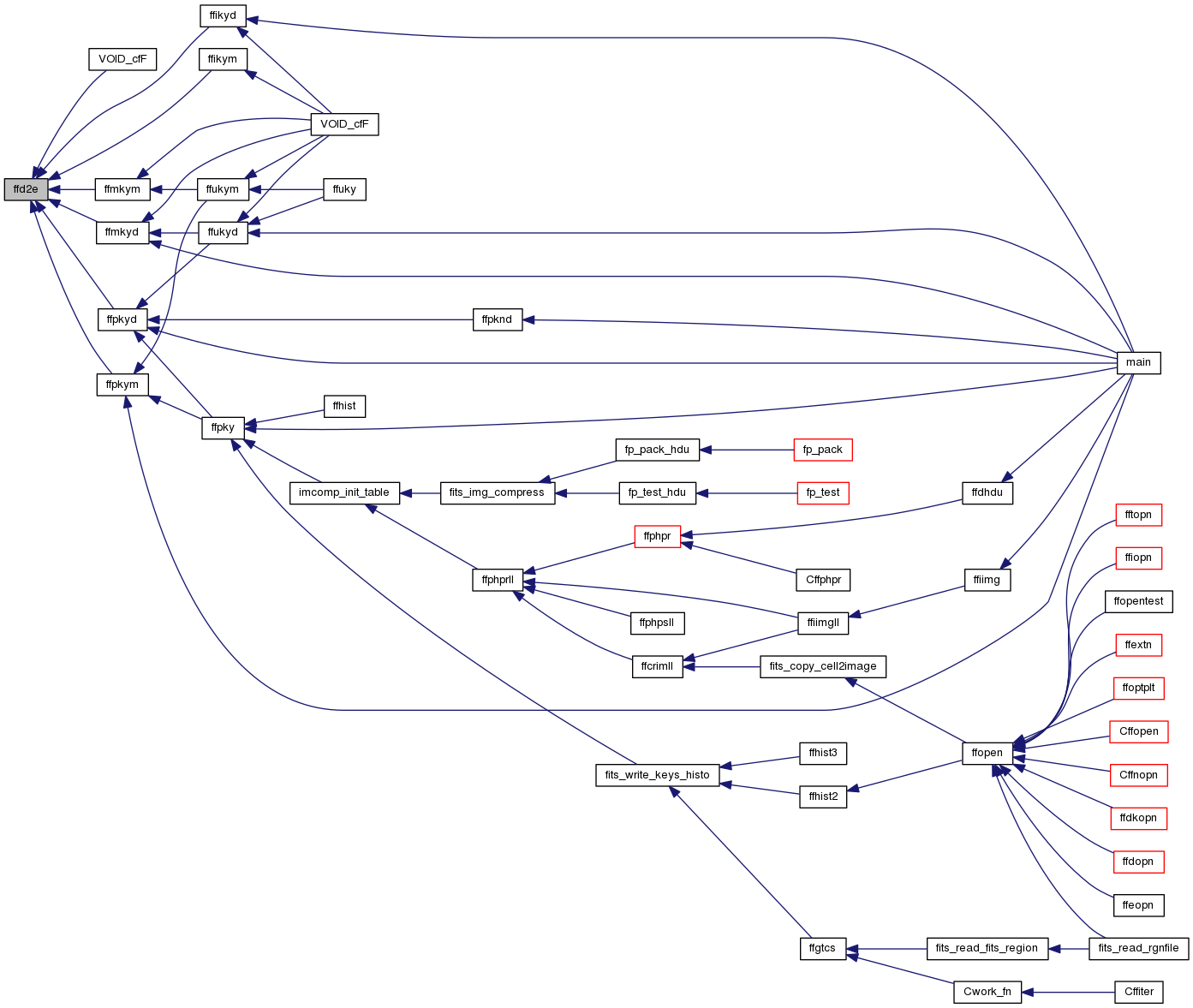
| int ffd2f | ( | double | dval, |
| int | decim, | ||
| char * | cval, | ||
| int * | status | ||
| ) |
convert double value to a null-terminated F format string
| [in] | dval | value to be converted to a string |
| [in] | decim | number of decimal places to display |
| [in,out] | cval | character string representation of the value |
| [in,out] | status | error status |

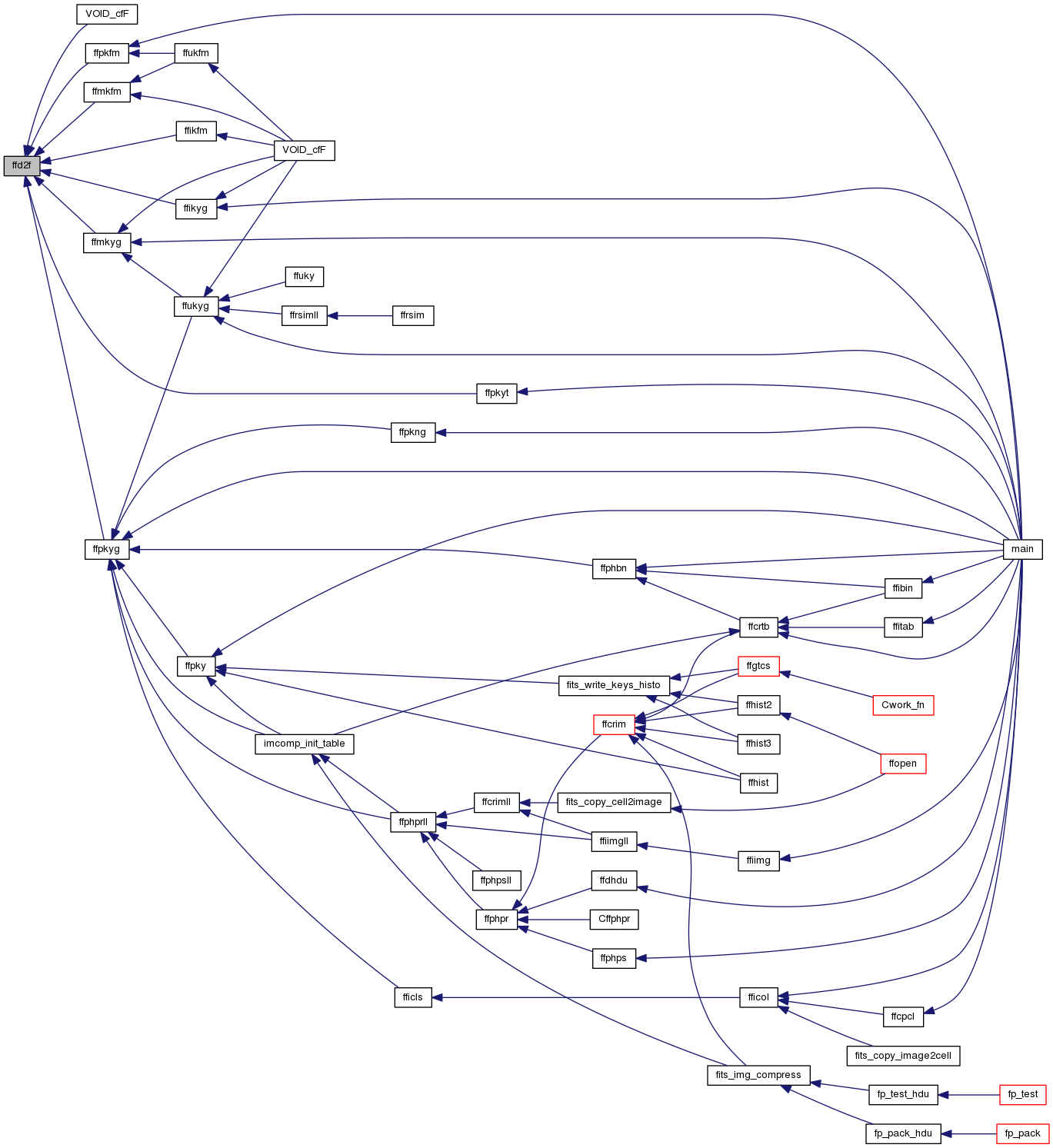
| int ffdblk | ( | fitsfile * | fptr, |
| long | nblocks, | ||
| int * | status | ||
| ) |
Delete the specified number of 2880-byte blocks from the end of the CHDU by shifting all following extensions up this number of blocks.
| [in] | fptr | FITS file pointer |
| [in] | nblocks | number of 2880-byte blocks to delete |
| [in,out] | status | error status |
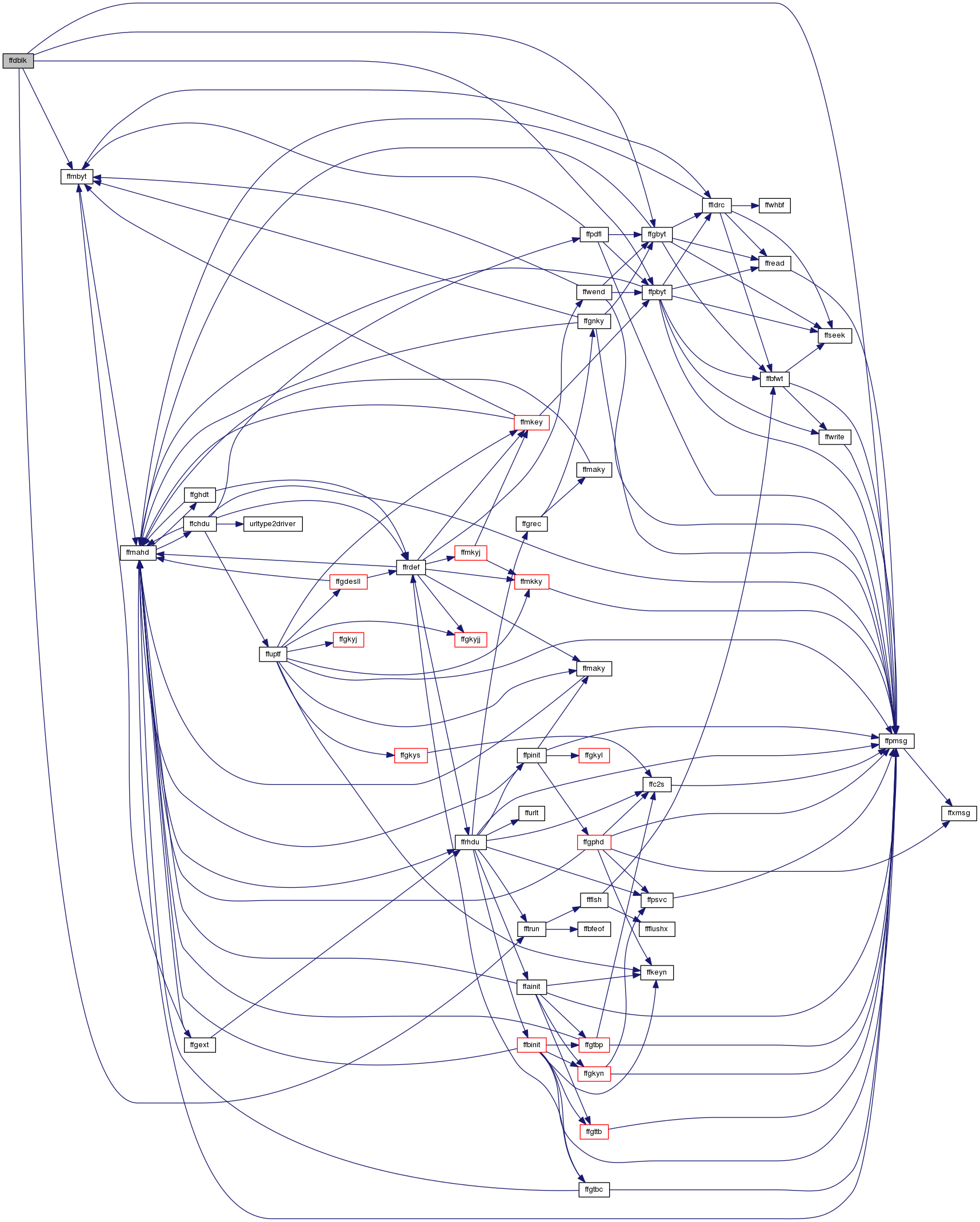
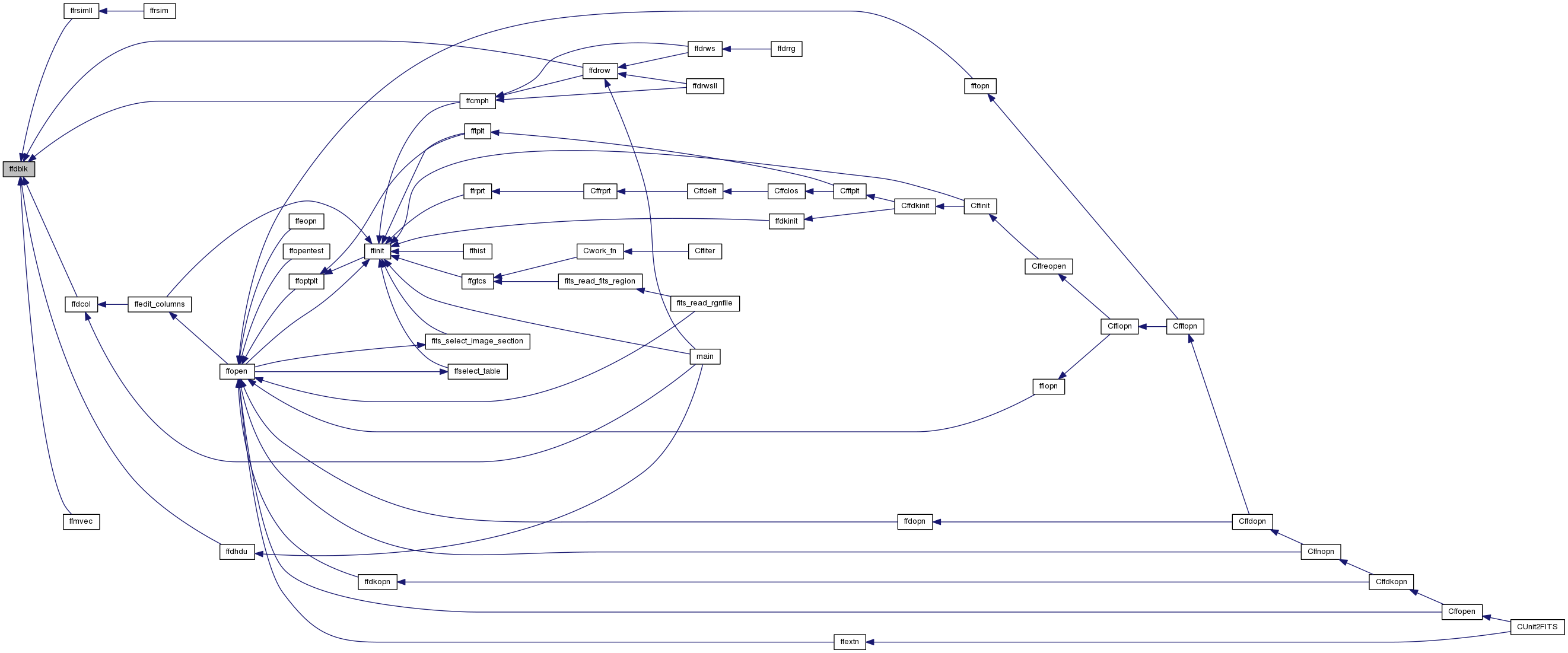
| int ffedit_columns | ( | fitsfile ** | fptr, |
| char * | outfile, | ||
| char * | expr, | ||
| int * | status | ||
| ) |
modify columns in a table and/or header keywords in the HDU
| [in,out] | fptr | pointer to input table; on output it points to the new selected rows table |
| [in] | outfile | name for output file |
| [in] | expr | column edit expression |
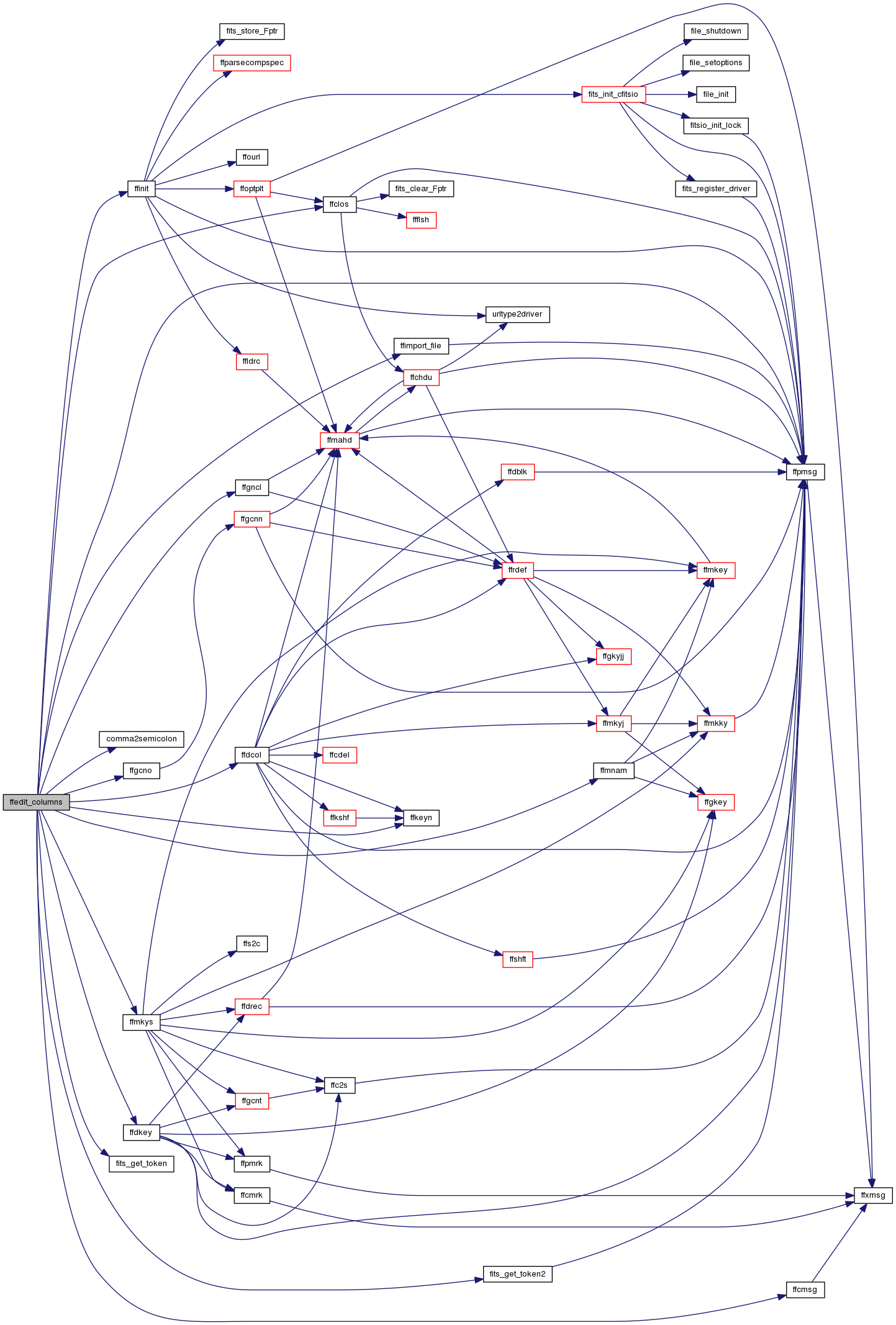
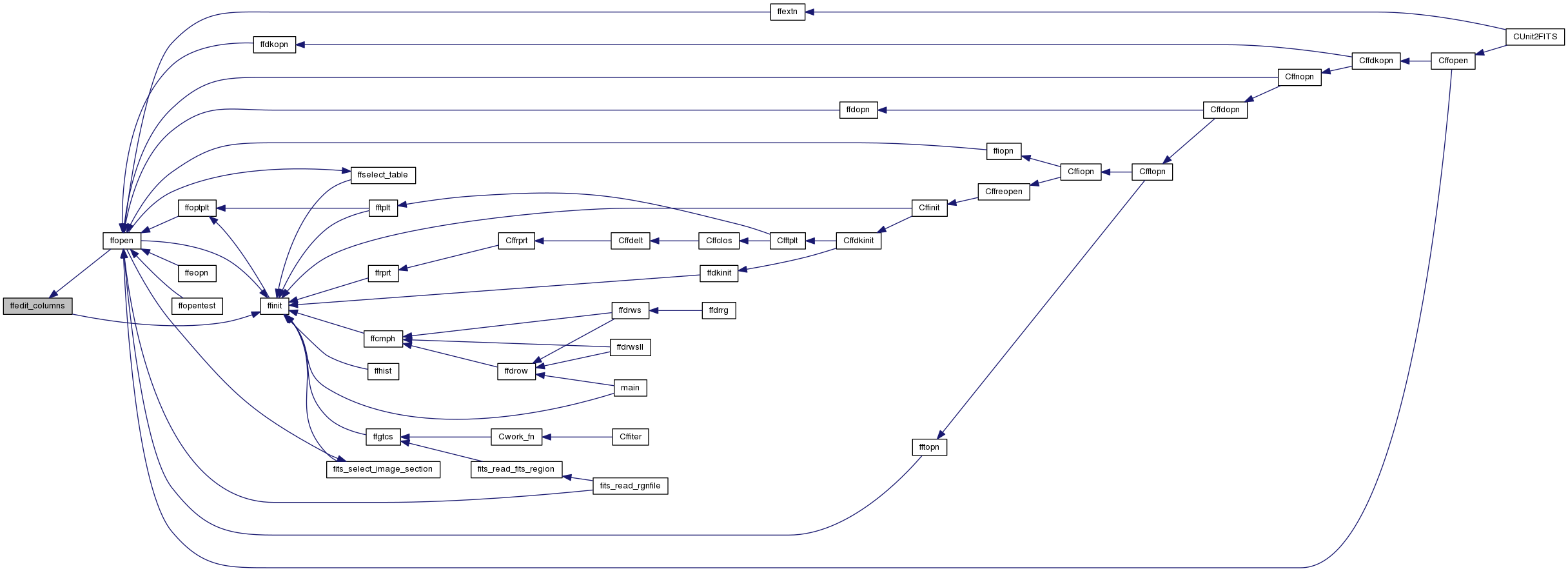
| int ffffrw_work | ( | long | totalrows, |
| long | offset, | ||
| long | firstrow, | ||
| long | nrows, | ||
| int | nCols, | ||
| iteratorCol * | colData, | ||
| void * | userPtr | ||
| ) |
| int fffi1i1 | ( | unsigned char * | input, |
| long | ntodo, | ||
| double | scale, | ||
| double | zero, | ||
| int | nullcheck, | ||
| unsigned char | tnull, | ||
| unsigned char | nullval, | ||
| char * | nullarray, | ||
| int * | anynull, | ||
| unsigned char * | output, | ||
| int * | status | ||
| ) |
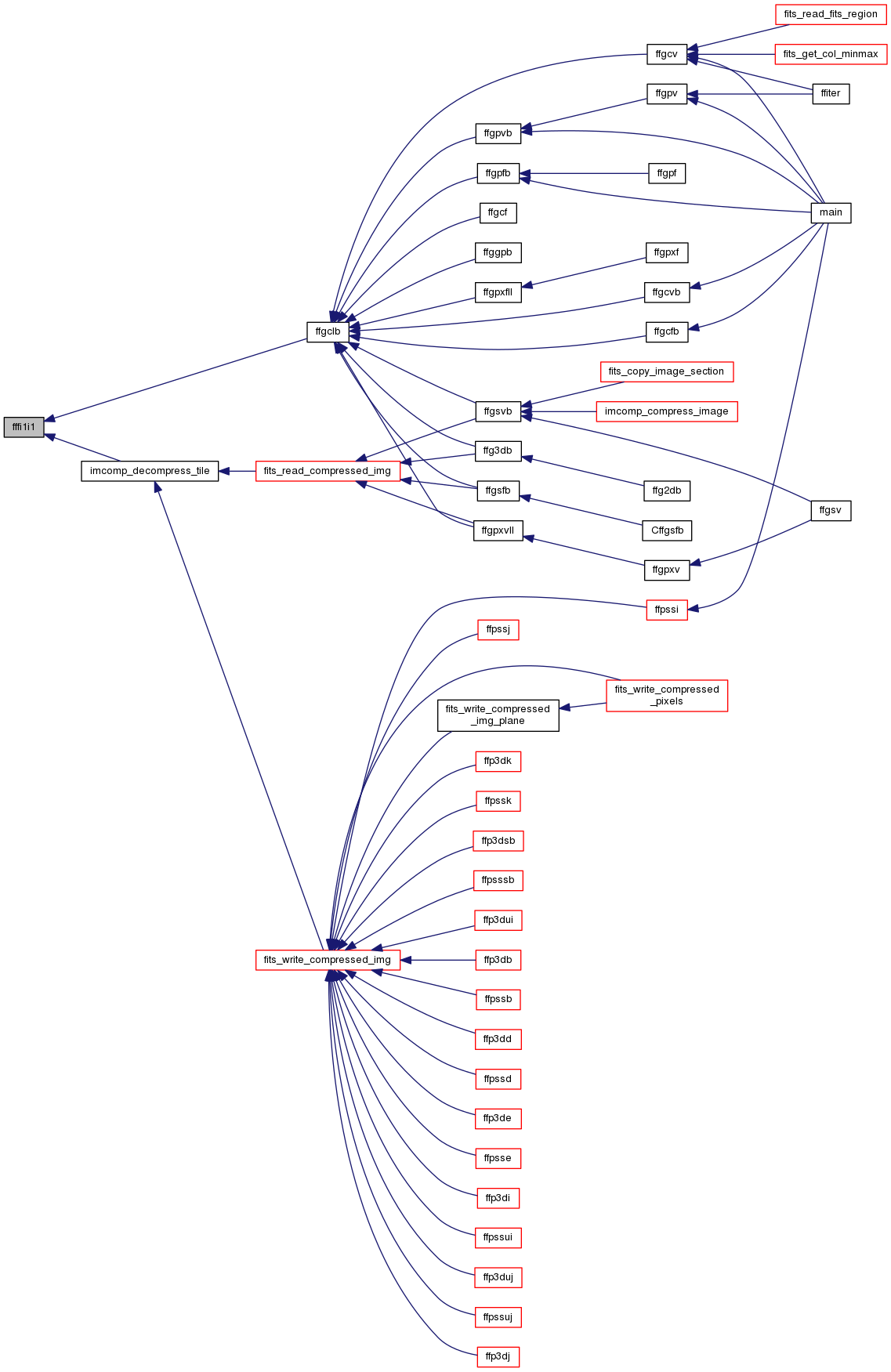
| int fffi1i2 | ( | unsigned char * | input, |
| long | ntodo, | ||
| double | scale, | ||
| double | zero, | ||
| int | nullcheck, | ||
| unsigned char | tnull, | ||
| short | nullval, | ||
| char * | nullarray, | ||
| int * | anynull, | ||
| short * | output, | ||
| int * | status | ||
| ) |
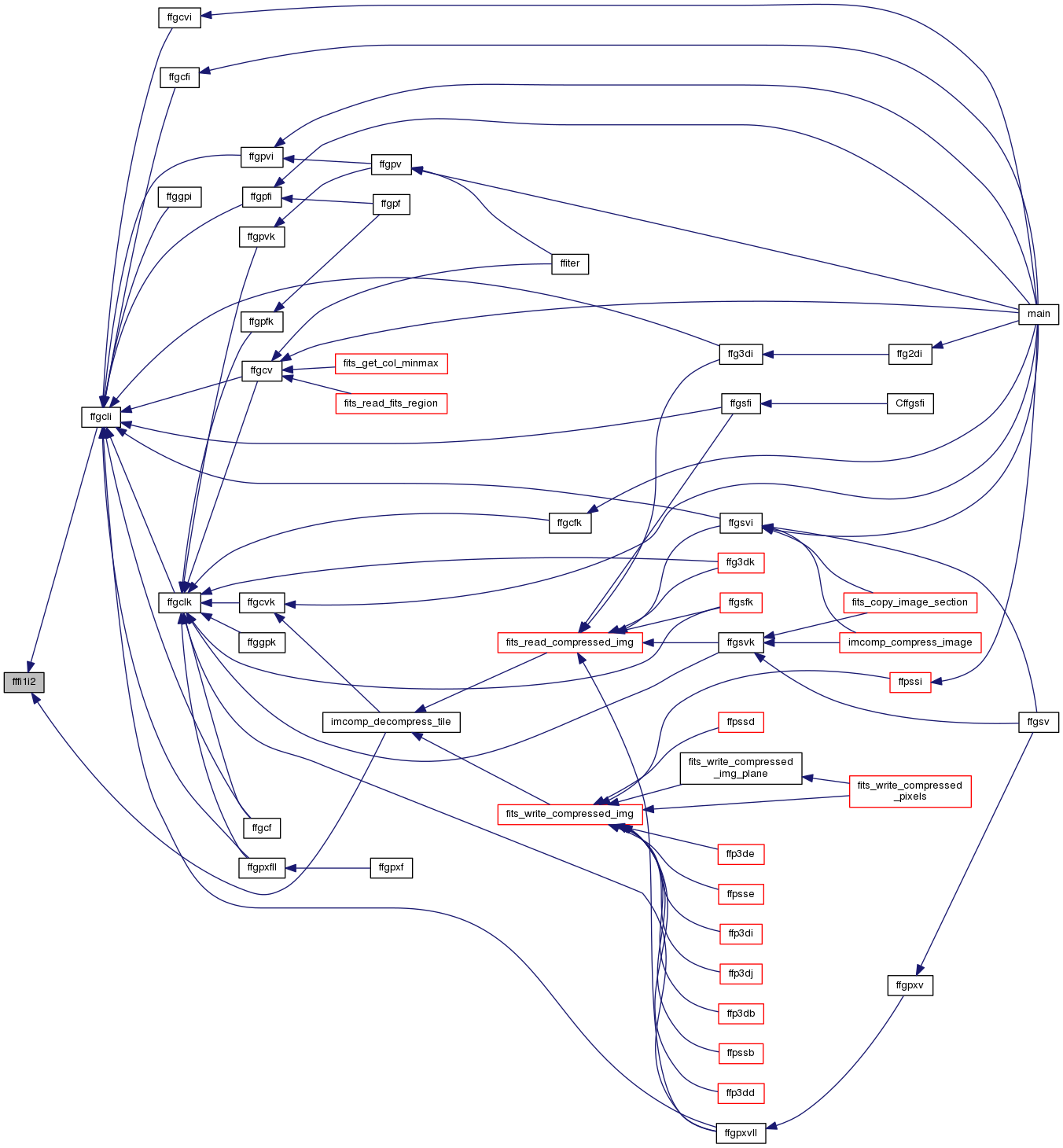
| int fffi1i4 | ( | unsigned char * | input, |
| long | ntodo, | ||
| double | scale, | ||
| double | zero, | ||
| int | nullcheck, | ||
| unsigned char | tnull, | ||
| long | nullval, | ||
| char * | nullarray, | ||
| int * | anynull, | ||
| long * | output, | ||
| int * | status | ||
| ) |
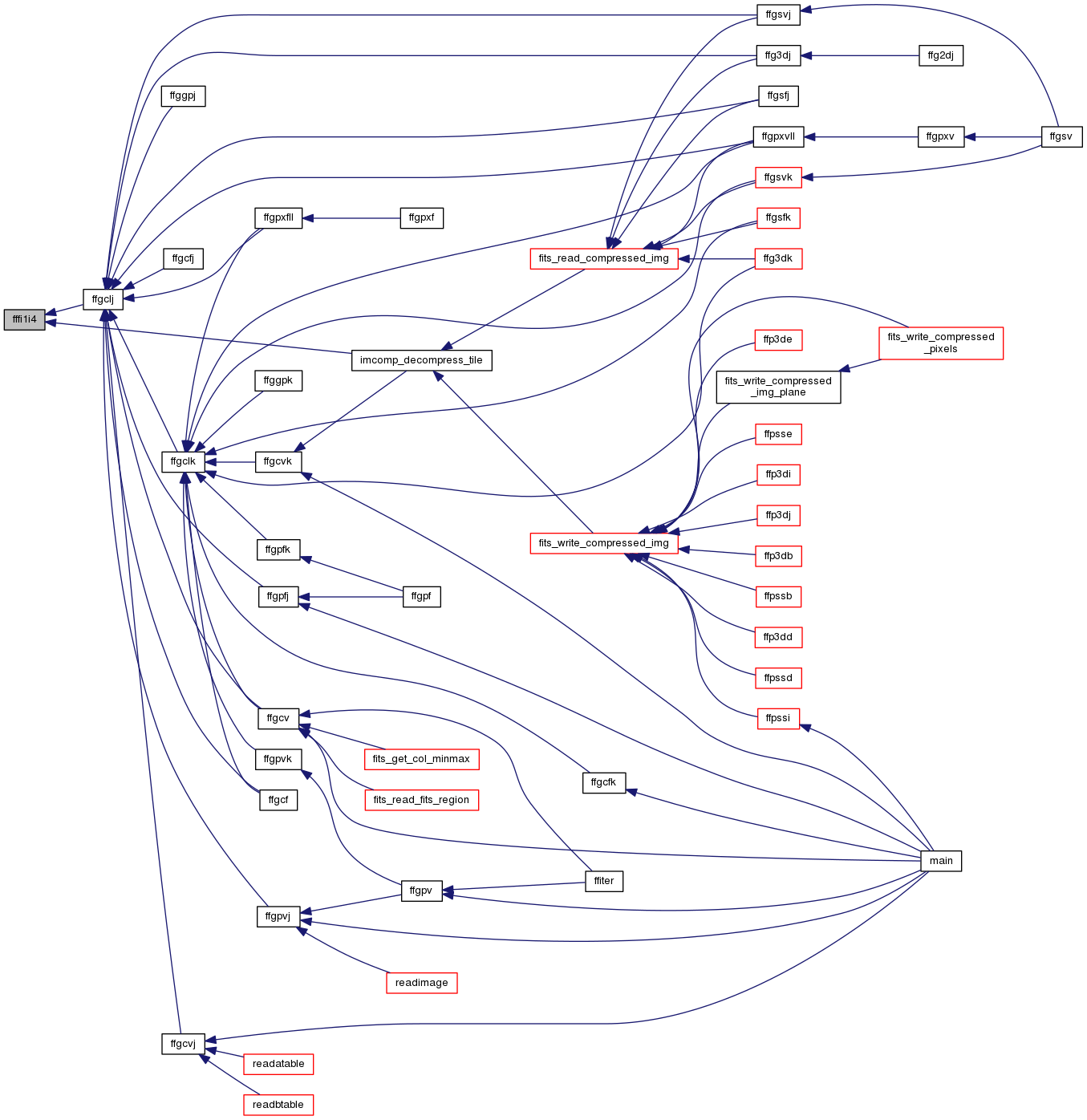
| int fffi1i8 | ( | unsigned char * | input, |
| long | ntodo, | ||
| double | scale, | ||
| double | zero, | ||
| int | nullcheck, | ||
| unsigned char | tnull, | ||
| LONGLONG | nullval, | ||
| char * | nullarray, | ||
| int * | anynull, | ||
| LONGLONG * | output, | ||
| int * | status | ||
| ) |
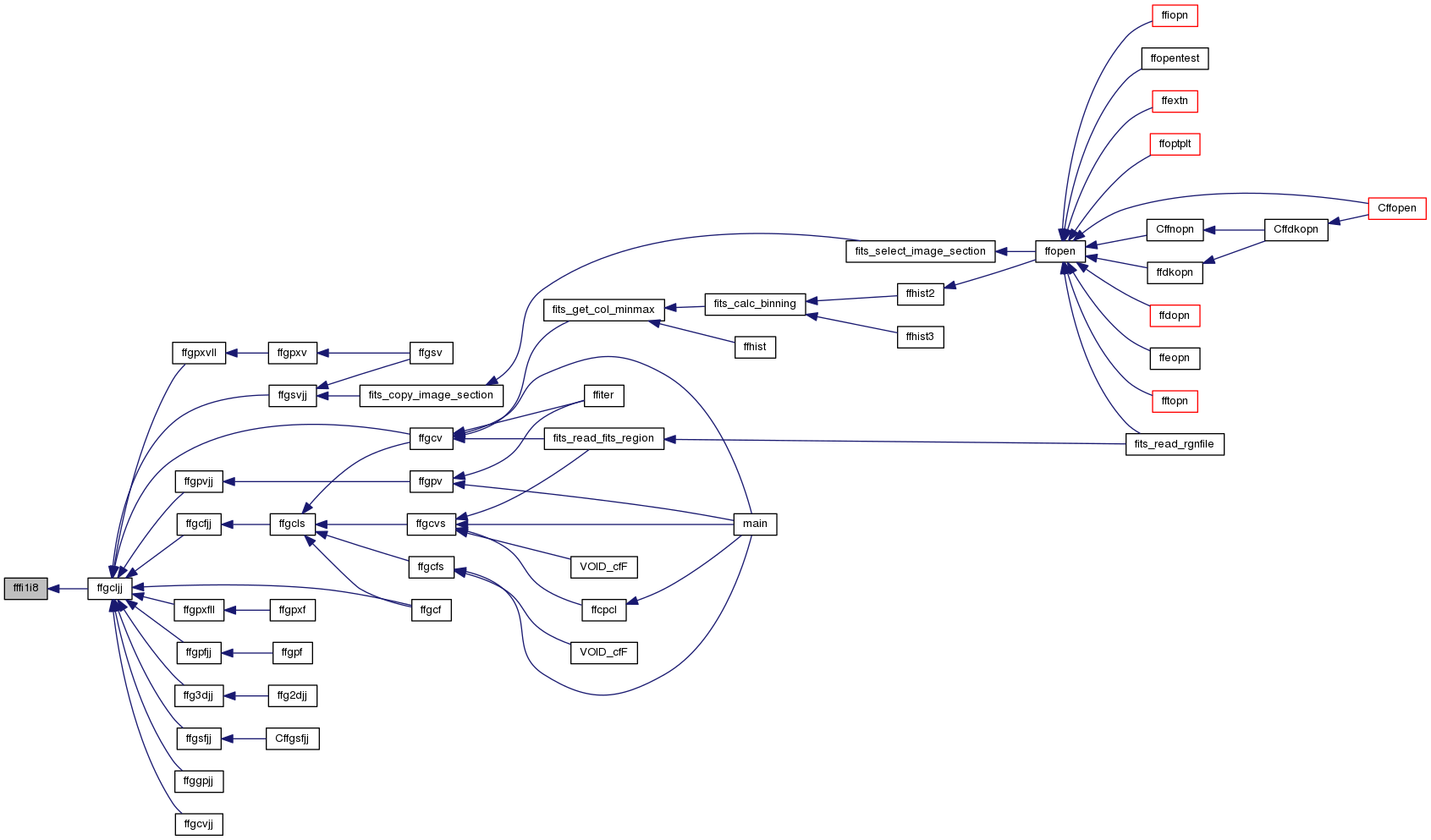
| int fffi1int | ( | unsigned char * | input, |
| long | ntodo, | ||
| double | scale, | ||
| double | zero, | ||
| int | nullcheck, | ||
| unsigned char | tnull, | ||
| int | nullval, | ||
| char * | nullarray, | ||
| int * | anynull, | ||
| int * | output, | ||
| int * | status | ||
| ) |
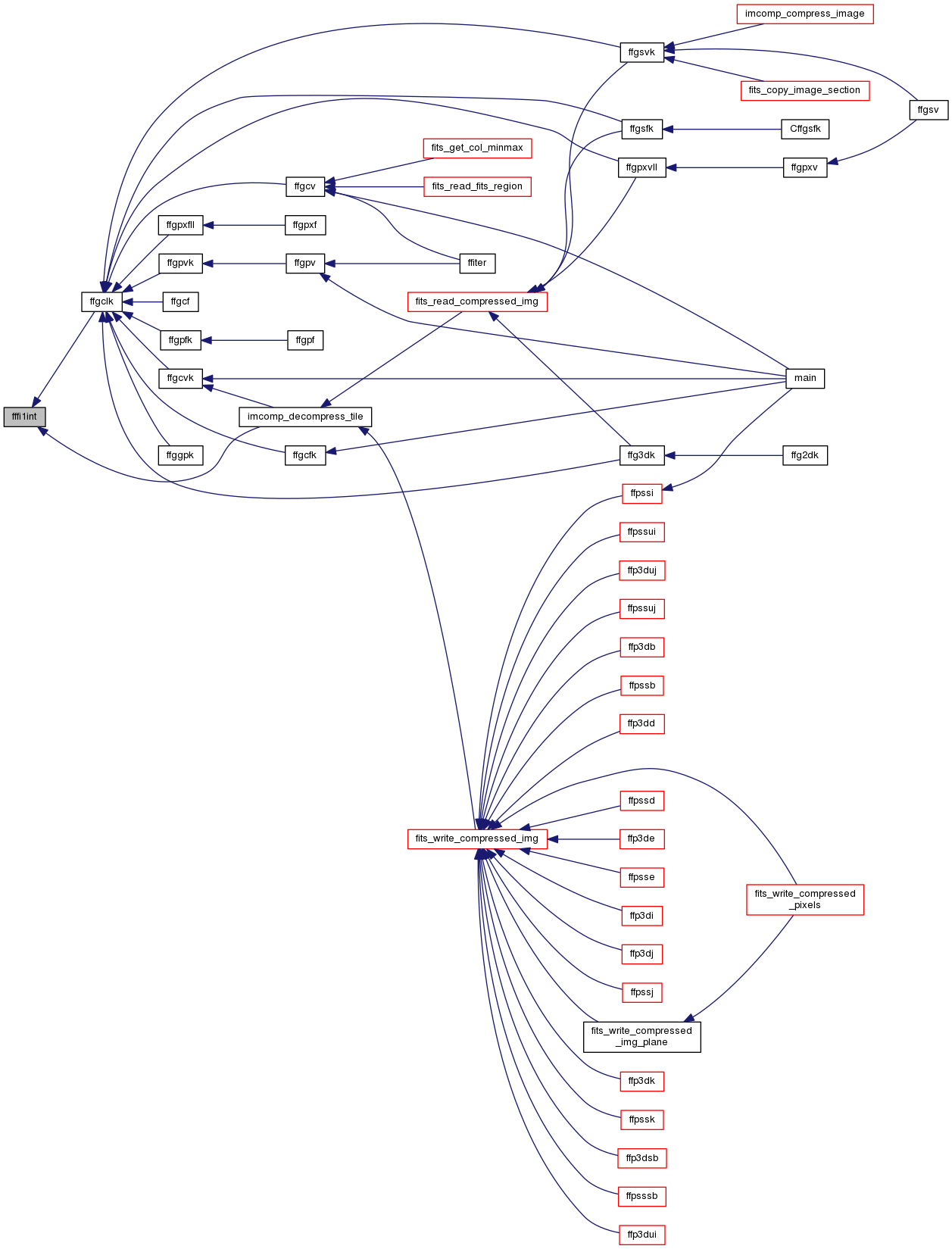
| int fffi1r4 | ( | unsigned char * | input, |
| long | ntodo, | ||
| double | scale, | ||
| double | zero, | ||
| int | nullcheck, | ||
| unsigned char | tnull, | ||
| float | nullval, | ||
| char * | nullarray, | ||
| int * | anynull, | ||
| float * | output, | ||
| int * | status | ||
| ) |
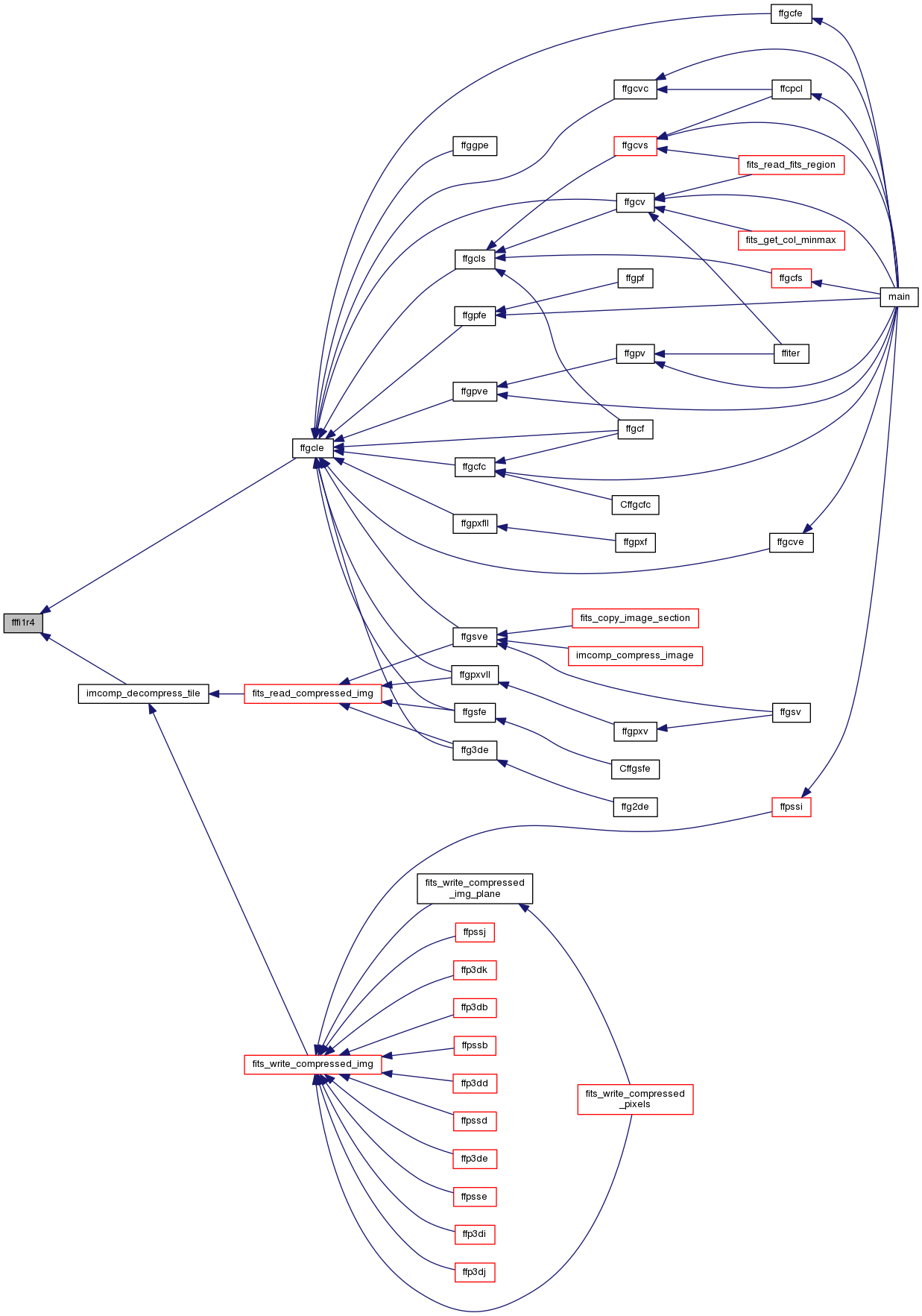
| int fffi1r8 | ( | unsigned char * | input, |
| long | ntodo, | ||
| double | scale, | ||
| double | zero, | ||
| int | nullcheck, | ||
| unsigned char | tnull, | ||
| double | nullval, | ||
| char * | nullarray, | ||
| int * | anynull, | ||
| double * | output, | ||
| int * | status | ||
| ) |
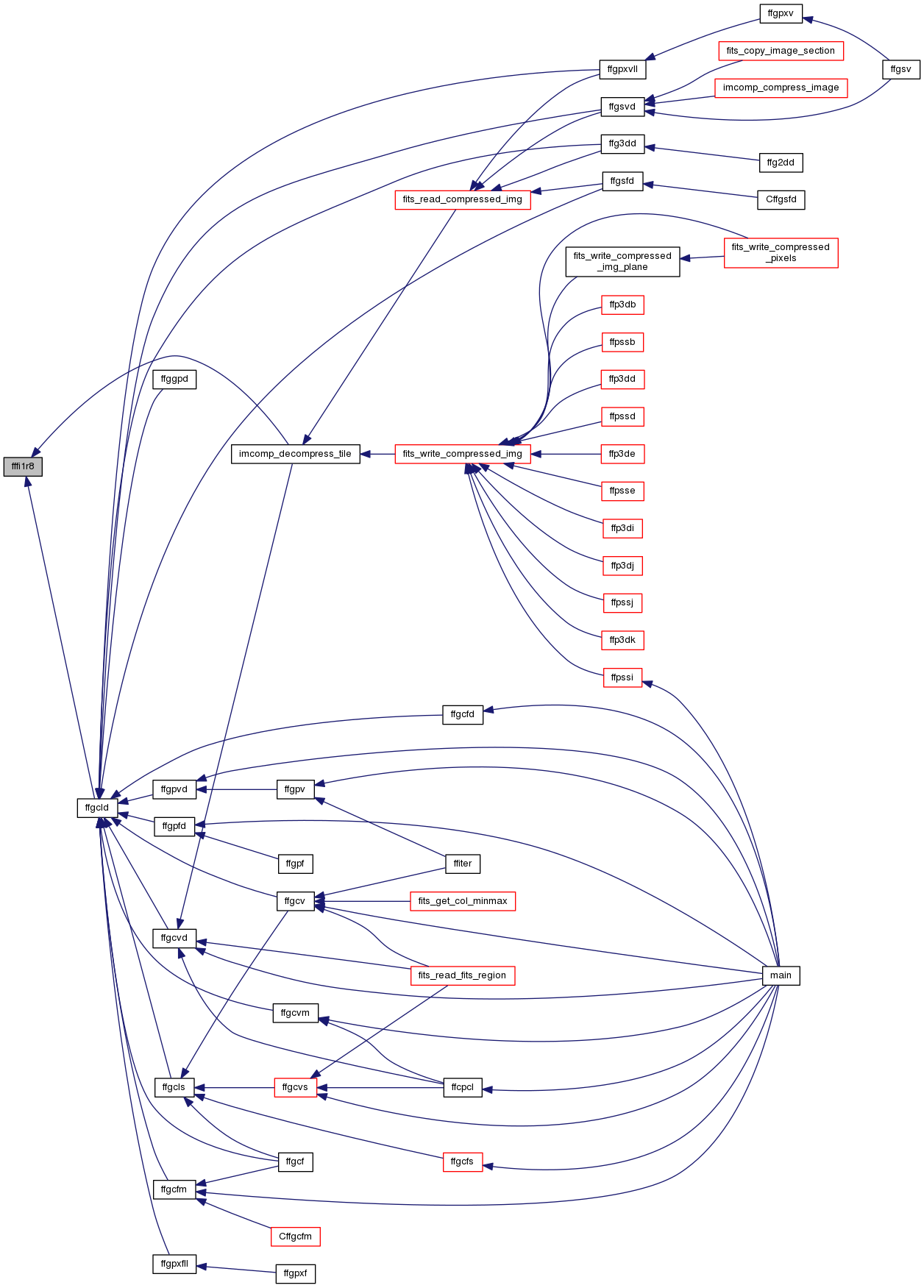
| int fffi1s1 | ( | unsigned char * | input, |
| long | ntodo, | ||
| double | scale, | ||
| double | zero, | ||
| int | nullcheck, | ||
| unsigned char | tnull, | ||
| signed char | nullval, | ||
| char * | nullarray, | ||
| int * | anynull, | ||
| signed char * | output, | ||
| int * | status | ||
| ) |
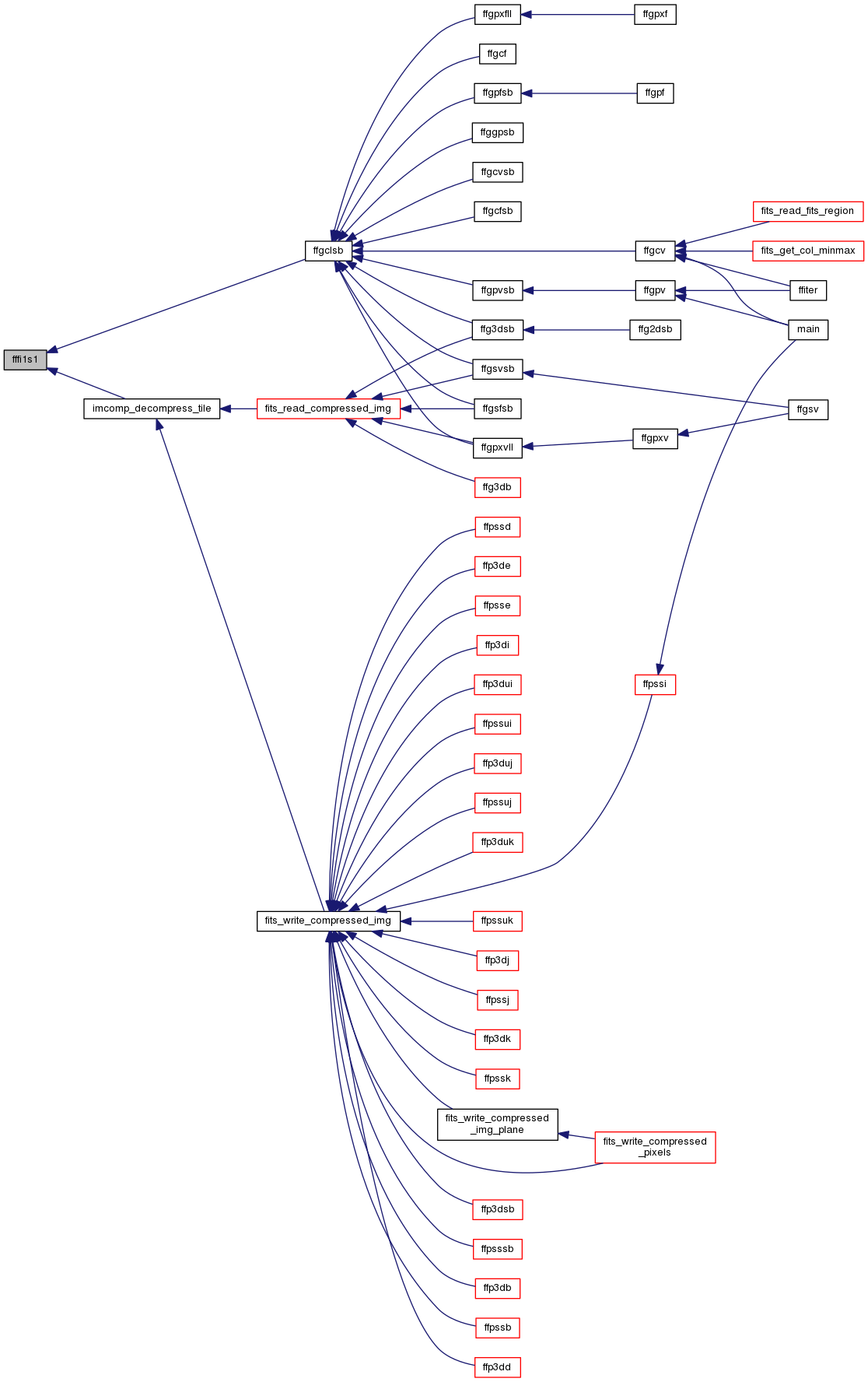
| int fffi1u2 | ( | unsigned char * | input, |
| long | ntodo, | ||
| double | scale, | ||
| double | zero, | ||
| int | nullcheck, | ||
| unsigned char | tnull, | ||
| unsigned short | nullval, | ||
| char * | nullarray, | ||
| int * | anynull, | ||
| unsigned short * | output, | ||
| int * | status | ||
| ) |
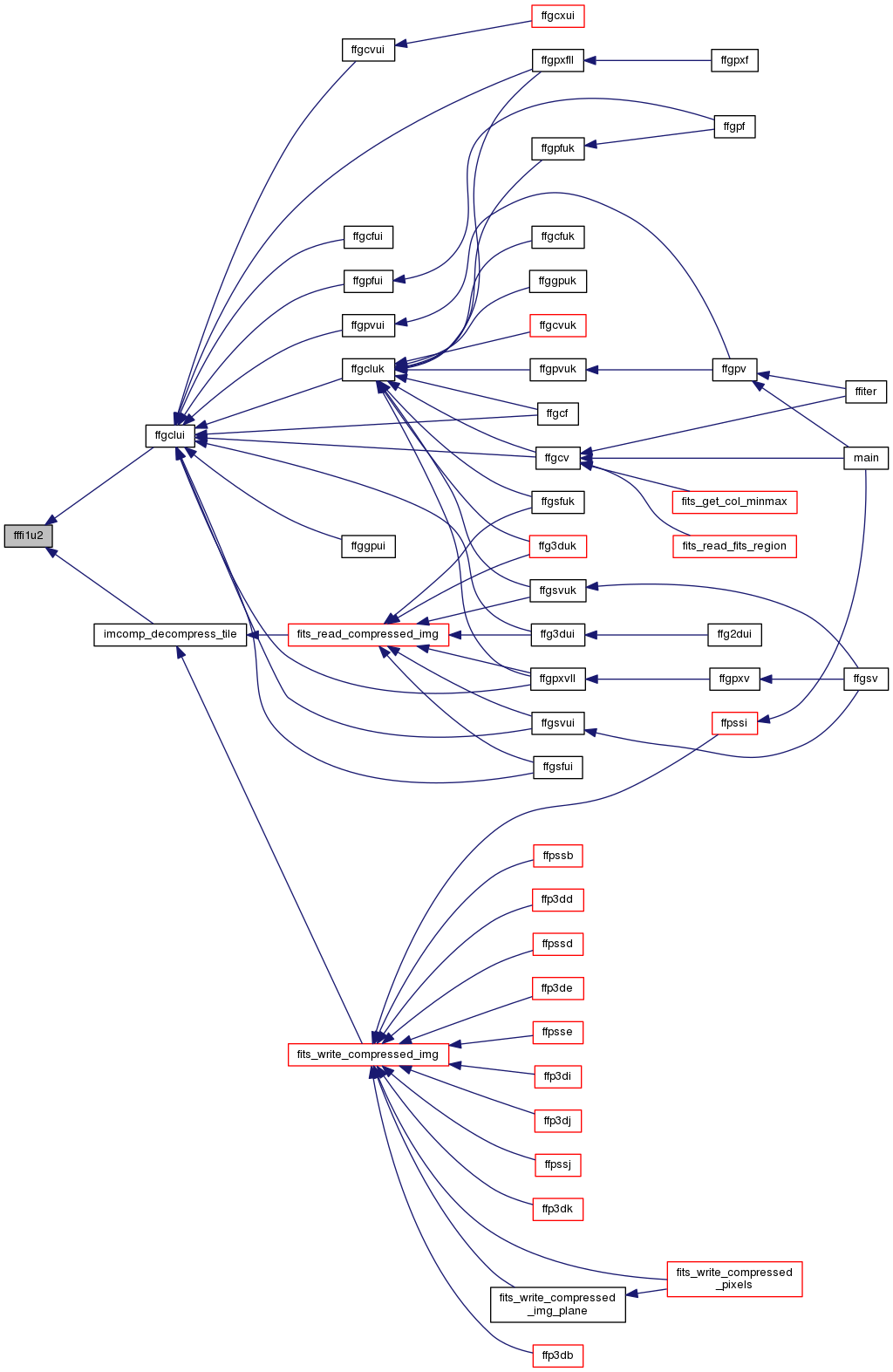
| int fffi1u4 | ( | unsigned char * | input, |
| long | ntodo, | ||
| double | scale, | ||
| double | zero, | ||
| int | nullcheck, | ||
| unsigned char | tnull, | ||
| unsigned long | nullval, | ||
| char * | nullarray, | ||
| int * | anynull, | ||
| unsigned long * | output, | ||
| int * | status | ||
| ) |
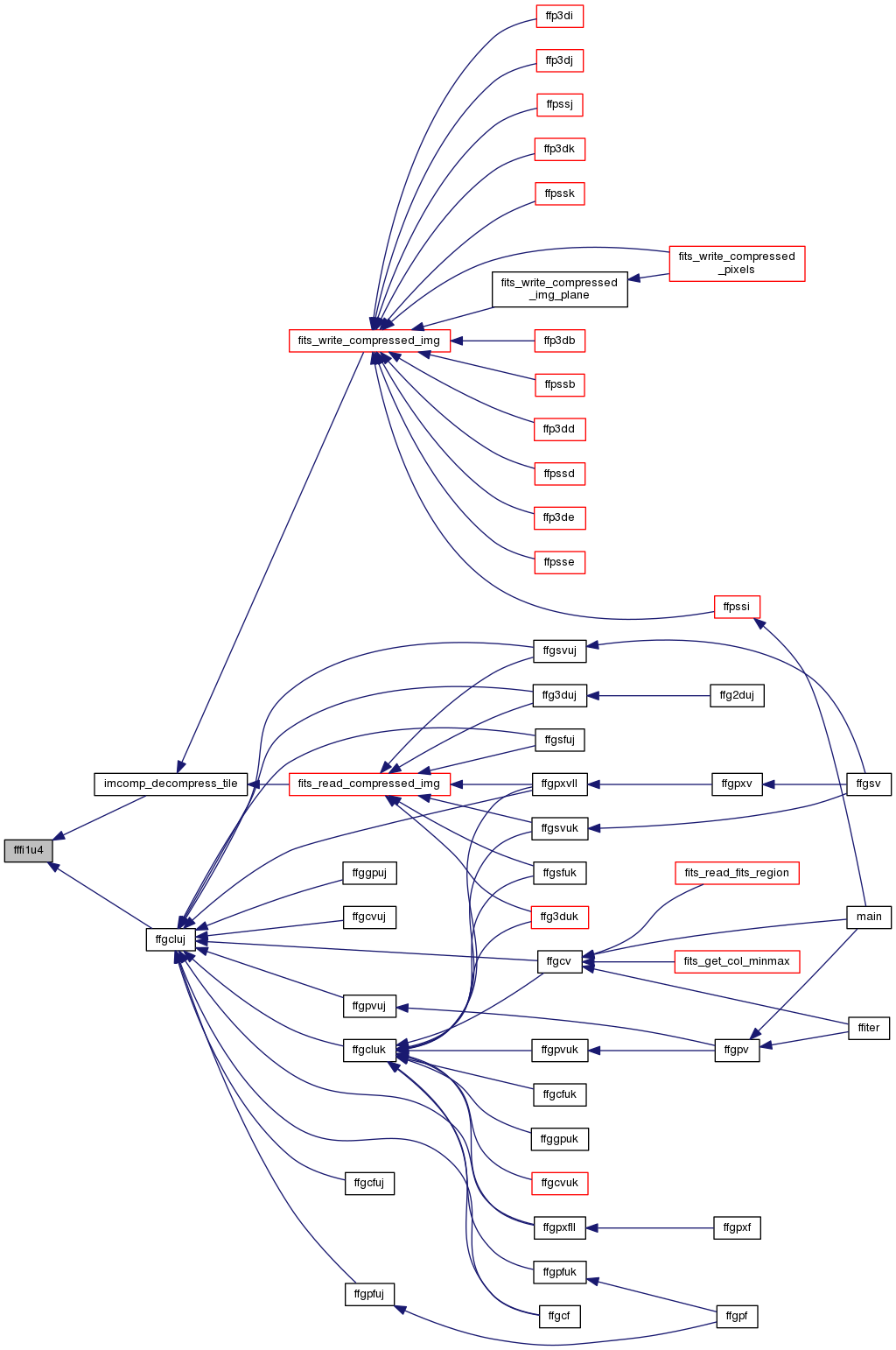
| int fffi1uint | ( | unsigned char * | input, |
| long | ntodo, | ||
| double | scale, | ||
| double | zero, | ||
| int | nullcheck, | ||
| unsigned char | tnull, | ||
| unsigned int | nullval, | ||
| char * | nullarray, | ||
| int * | anynull, | ||
| unsigned int * | output, | ||
| int * | status | ||
| ) |
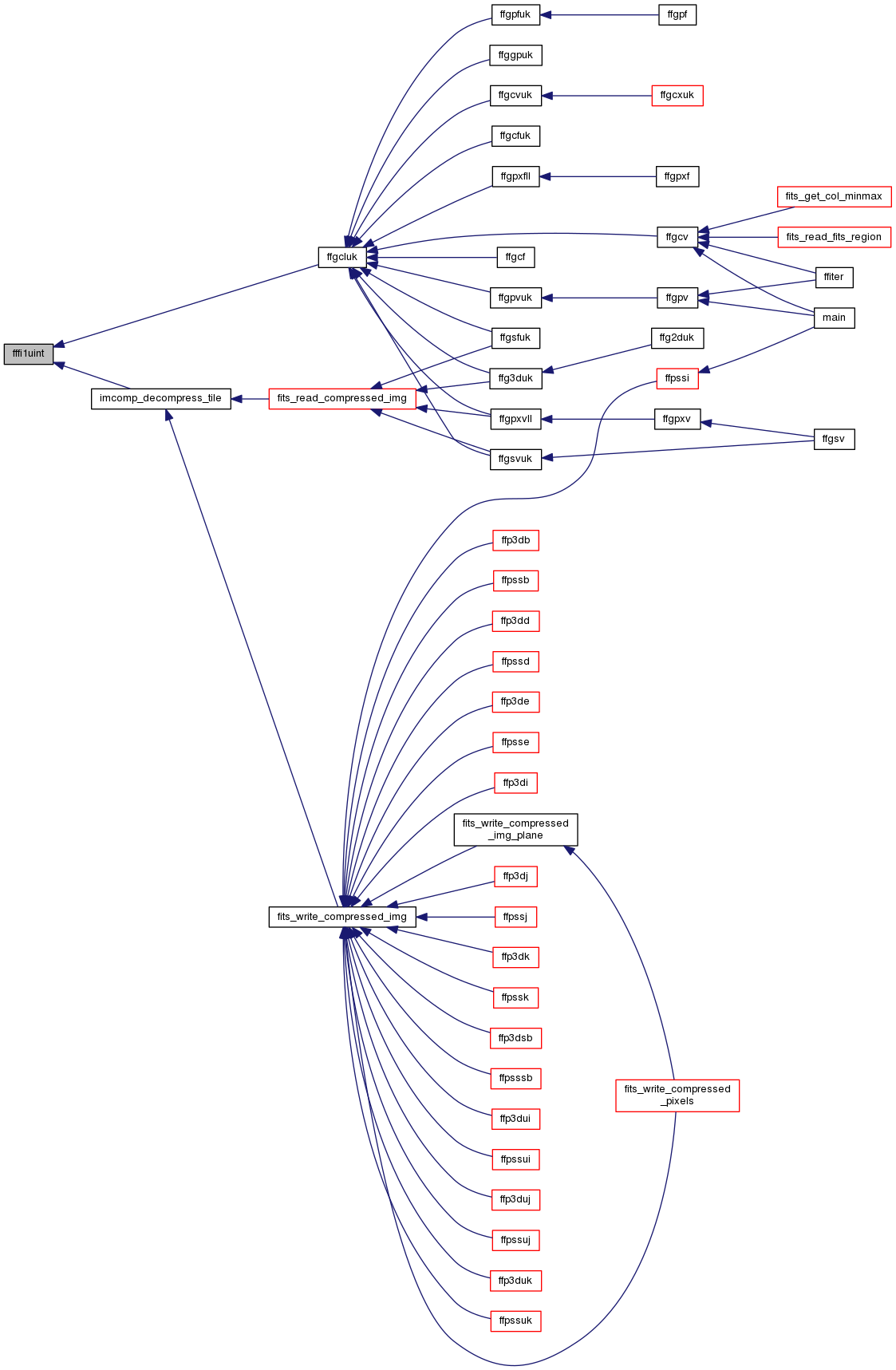
| int fffi2i1 | ( | short * | input, |
| long | ntodo, | ||
| double | scale, | ||
| double | zero, | ||
| int | nullcheck, | ||
| short | tnull, | ||
| unsigned char | nullval, | ||
| char * | nullarray, | ||
| int * | anynull, | ||
| unsigned char * | output, | ||
| int * | status | ||
| ) |
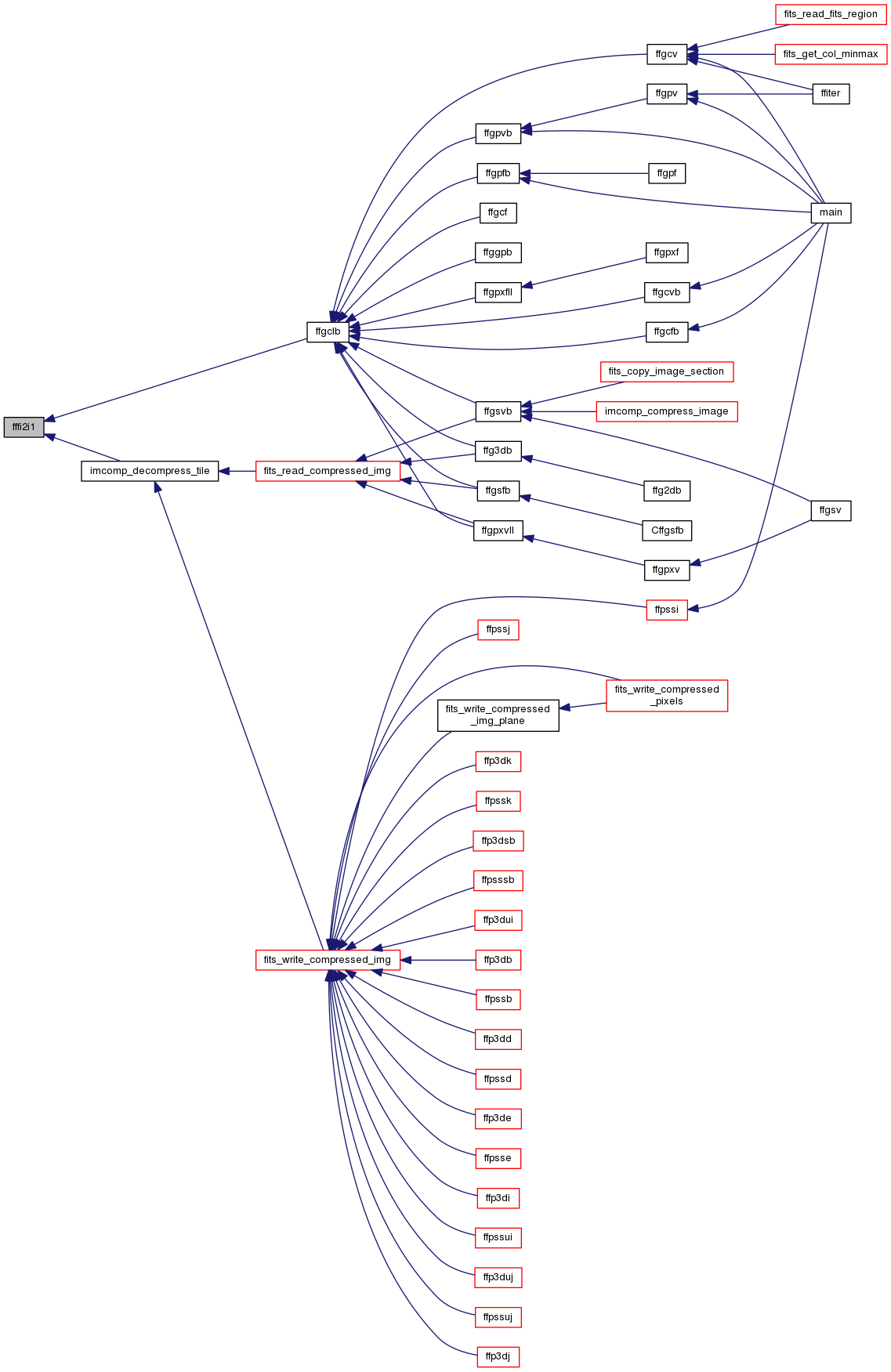
| int fffi2i2 | ( | short * | input, |
| long | ntodo, | ||
| double | scale, | ||
| double | zero, | ||
| int | nullcheck, | ||
| short | tnull, | ||
| short | nullval, | ||
| char * | nullarray, | ||
| int * | anynull, | ||
| short * | output, | ||
| int * | status | ||
| ) |
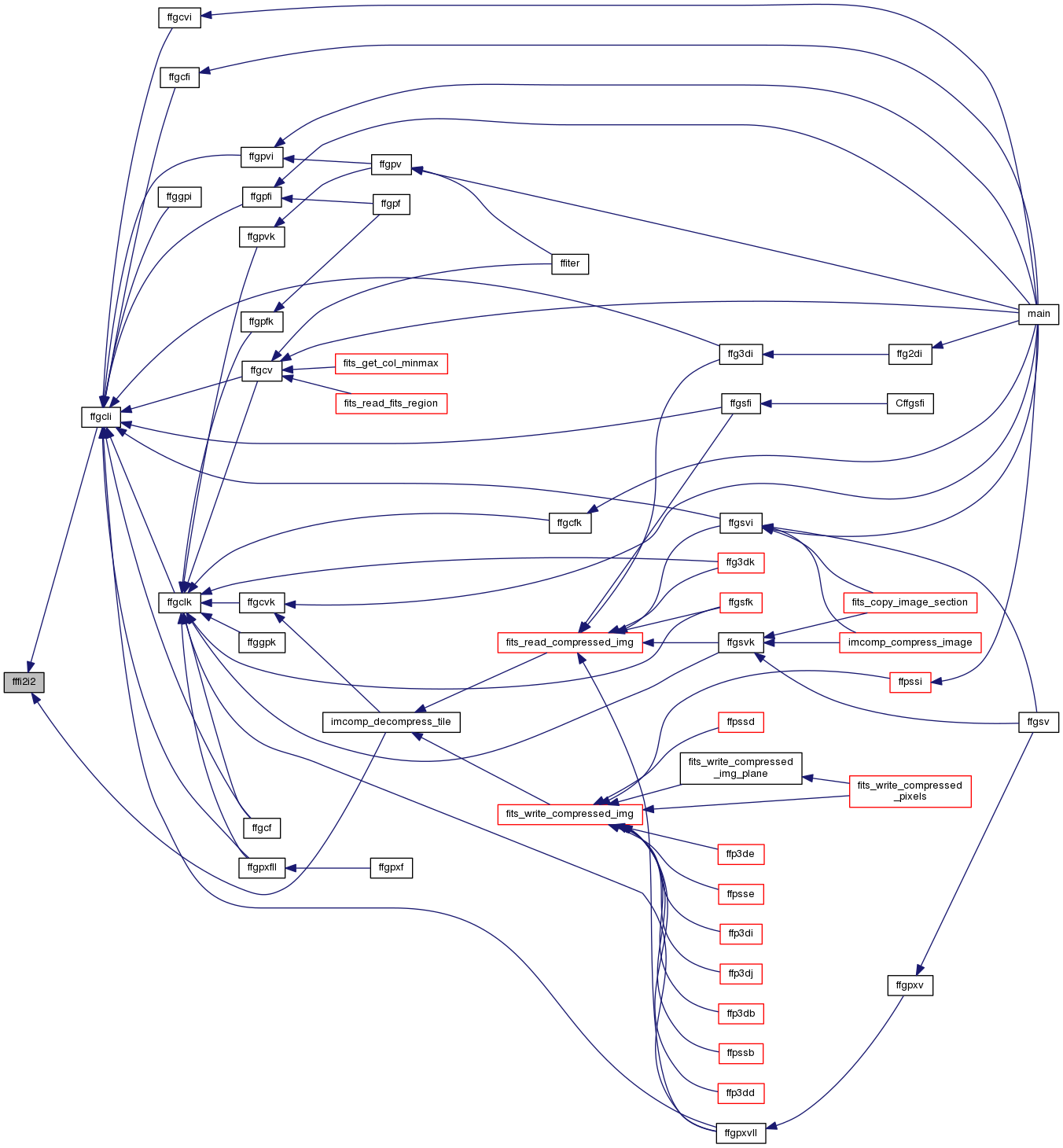
| int fffi2i4 | ( | short * | input, |
| long | ntodo, | ||
| double | scale, | ||
| double | zero, | ||
| int | nullcheck, | ||
| short | tnull, | ||
| long | nullval, | ||
| char * | nullarray, | ||
| int * | anynull, | ||
| long * | output, | ||
| int * | status | ||
| ) |
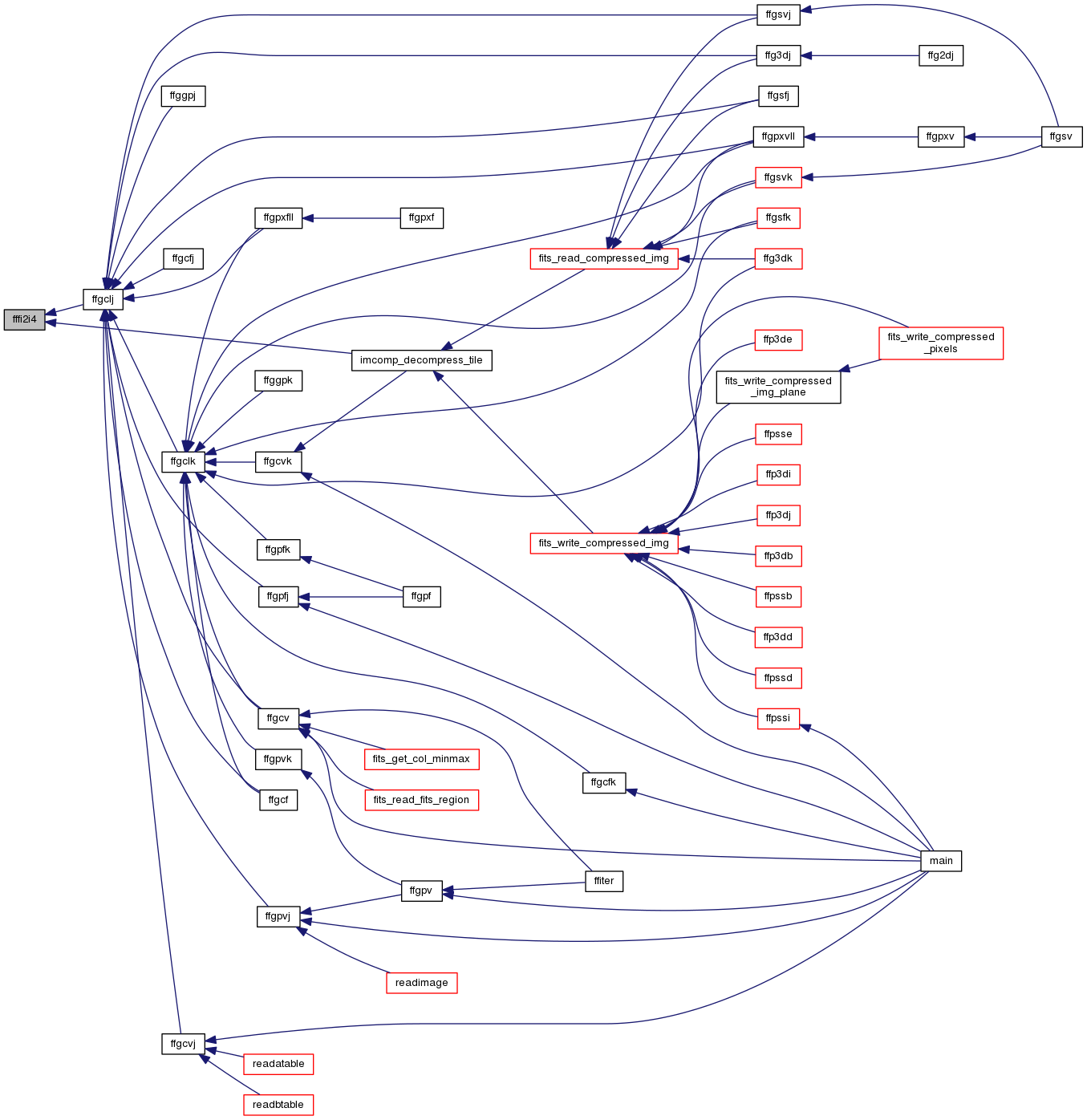
| int fffi2i8 | ( | short * | input, |
| long | ntodo, | ||
| double | scale, | ||
| double | zero, | ||
| int | nullcheck, | ||
| short | tnull, | ||
| LONGLONG | nullval, | ||
| char * | nullarray, | ||
| int * | anynull, | ||
| LONGLONG * | output, | ||
| int * | status | ||
| ) |
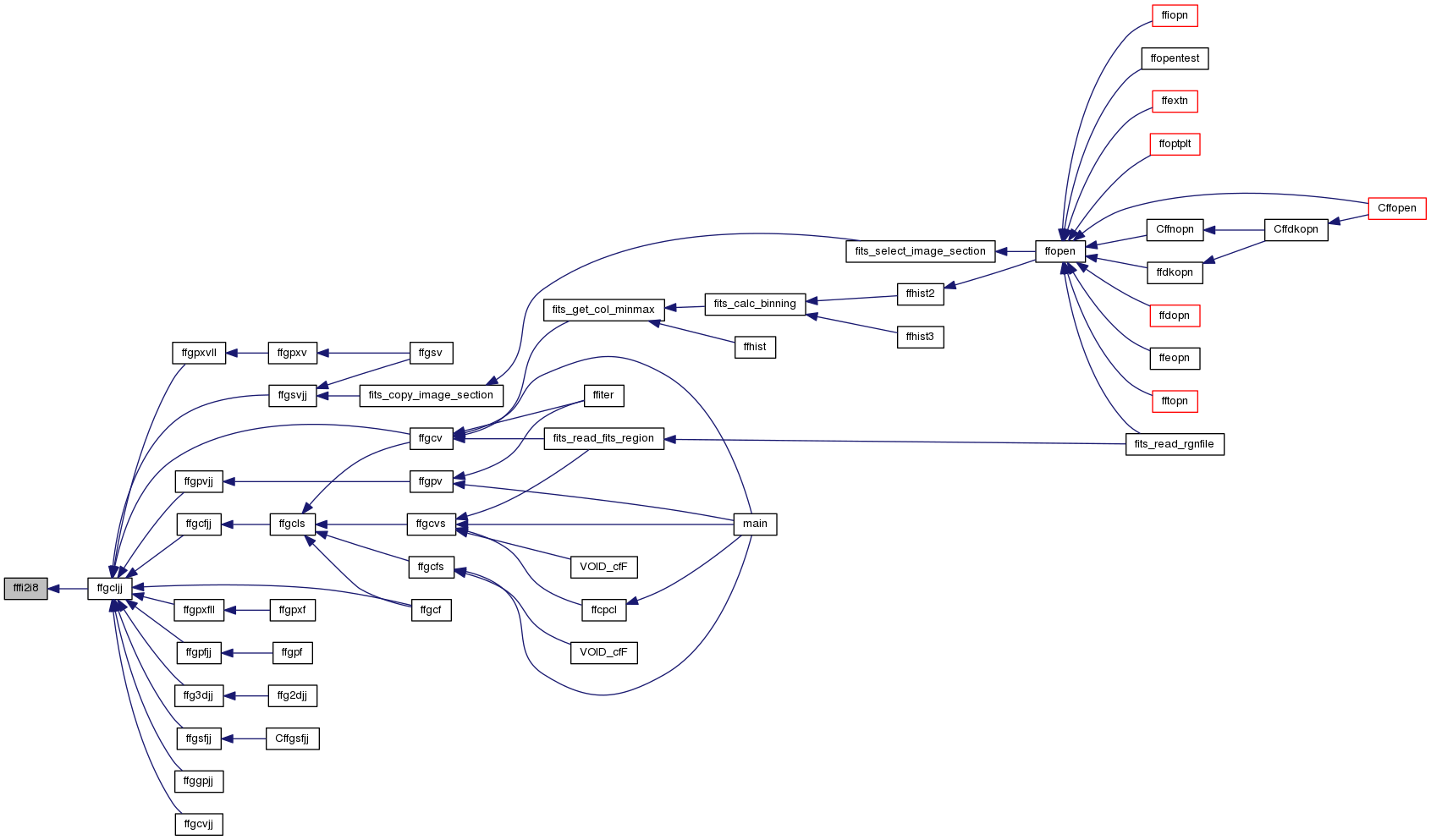
| int fffi2int | ( | short * | input, |
| long | ntodo, | ||
| double | scale, | ||
| double | zero, | ||
| int | nullcheck, | ||
| short | tnull, | ||
| int | nullval, | ||
| char * | nullarray, | ||
| int * | anynull, | ||
| int * | output, | ||
| int * | status | ||
| ) |
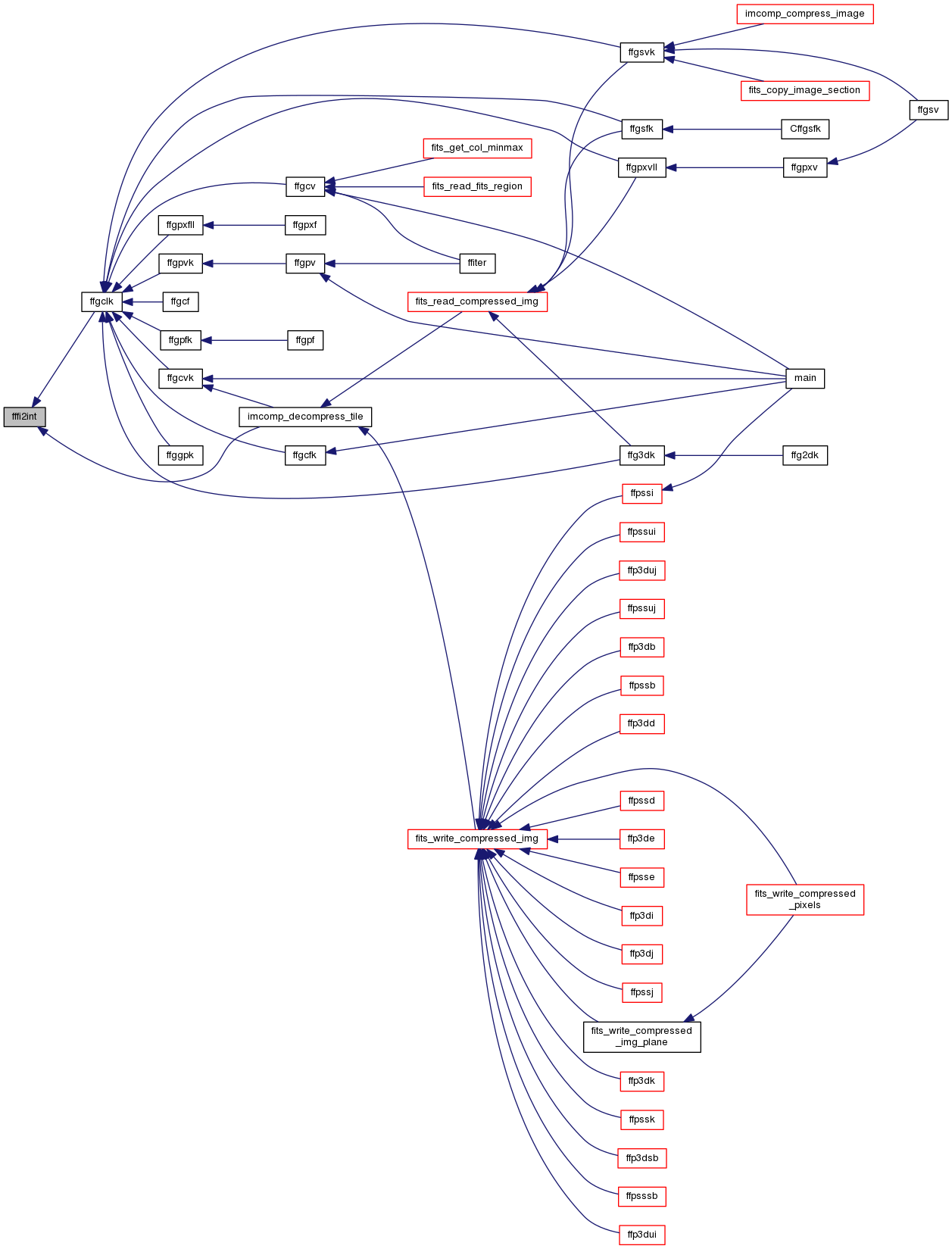
| int fffi2r4 | ( | short * | input, |
| long | ntodo, | ||
| double | scale, | ||
| double | zero, | ||
| int | nullcheck, | ||
| short | tnull, | ||
| float | nullval, | ||
| char * | nullarray, | ||
| int * | anynull, | ||
| float * | output, | ||
| int * | status | ||
| ) |
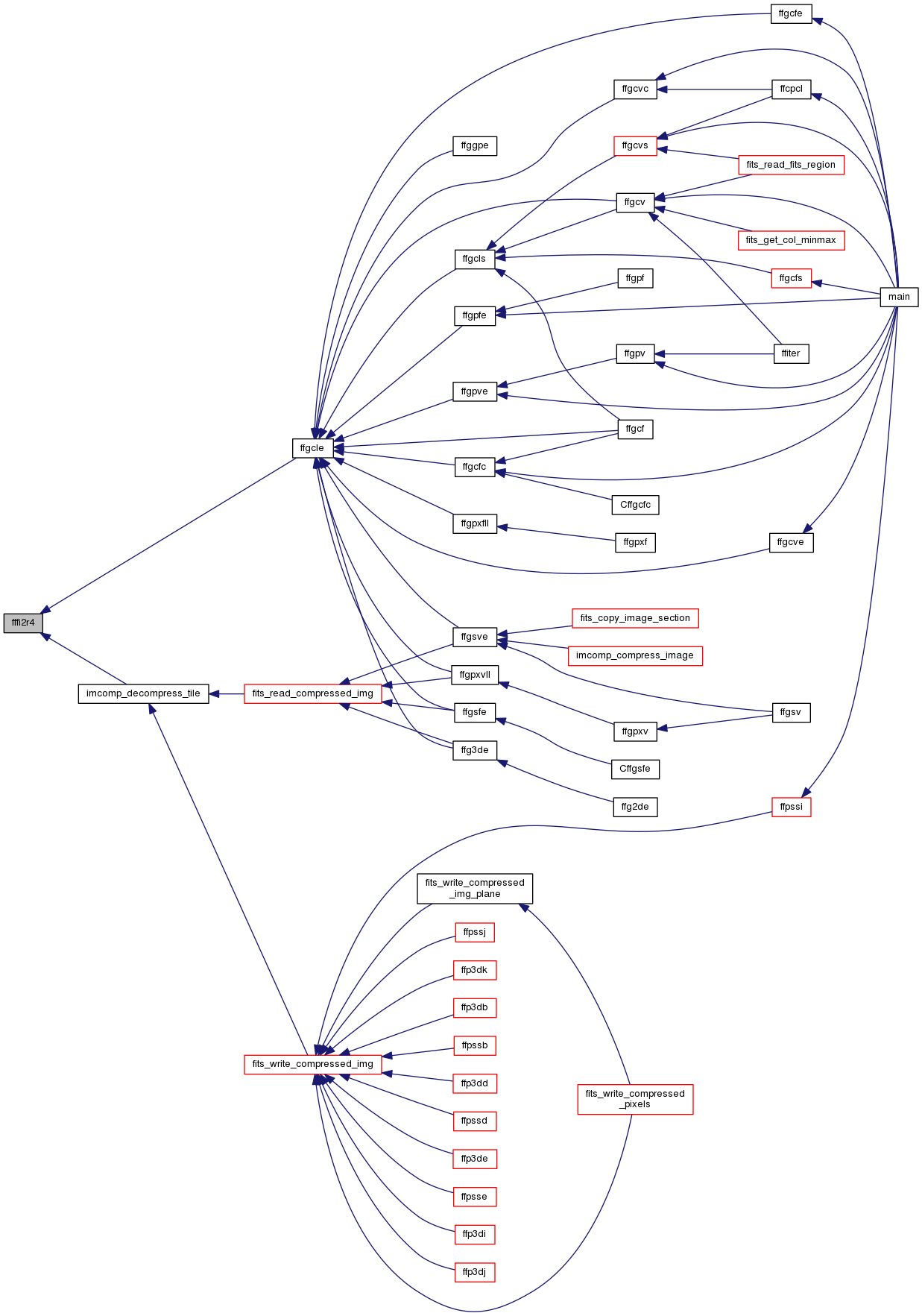
| int fffi2r8 | ( | short * | input, |
| long | ntodo, | ||
| double | scale, | ||
| double | zero, | ||
| int | nullcheck, | ||
| short | tnull, | ||
| double | nullval, | ||
| char * | nullarray, | ||
| int * | anynull, | ||
| double * | output, | ||
| int * | status | ||
| ) |
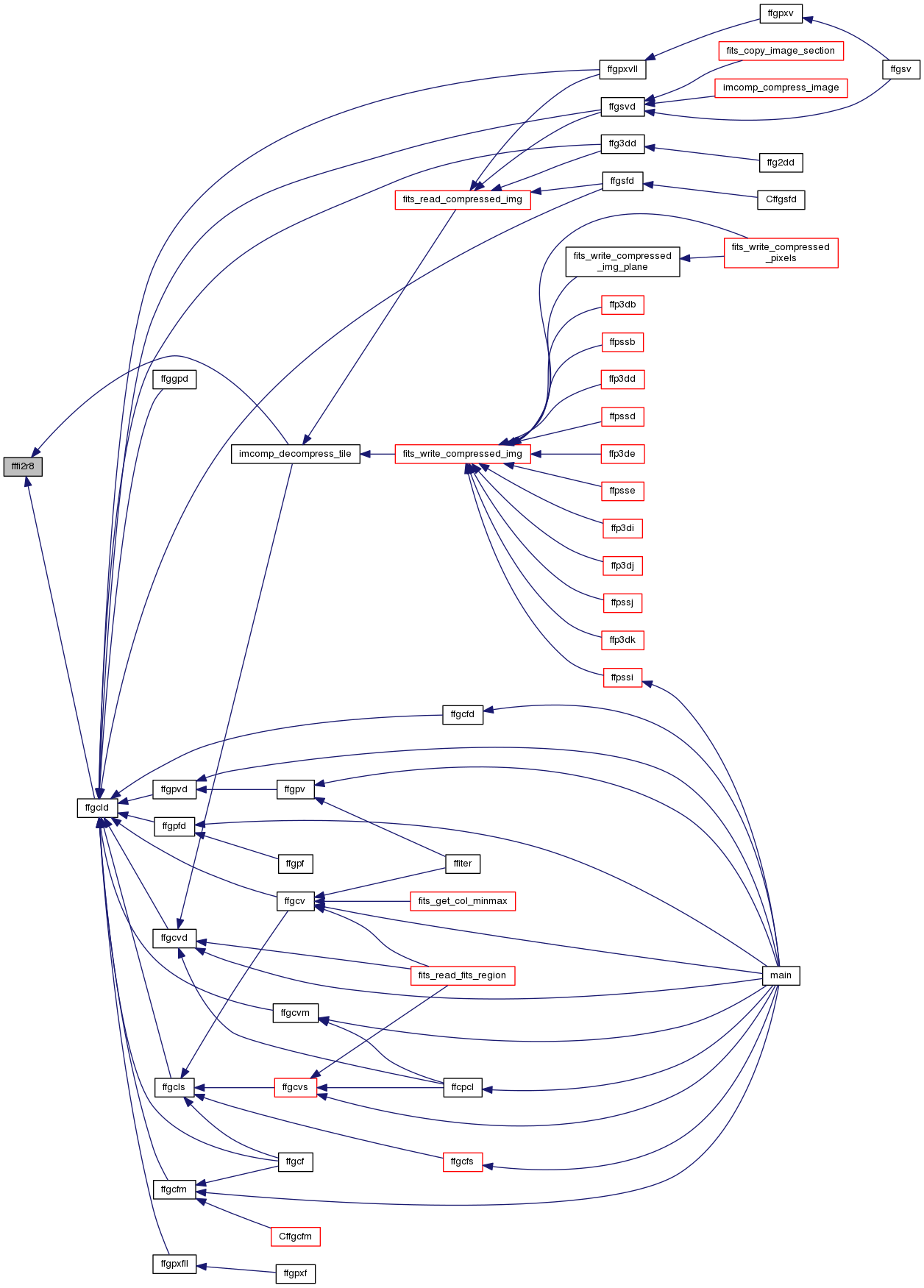
| int fffi2s1 | ( | short * | input, |
| long | ntodo, | ||
| double | scale, | ||
| double | zero, | ||
| int | nullcheck, | ||
| short | tnull, | ||
| signed char | nullval, | ||
| char * | nullarray, | ||
| int * | anynull, | ||
| signed char * | output, | ||
| int * | status | ||
| ) |
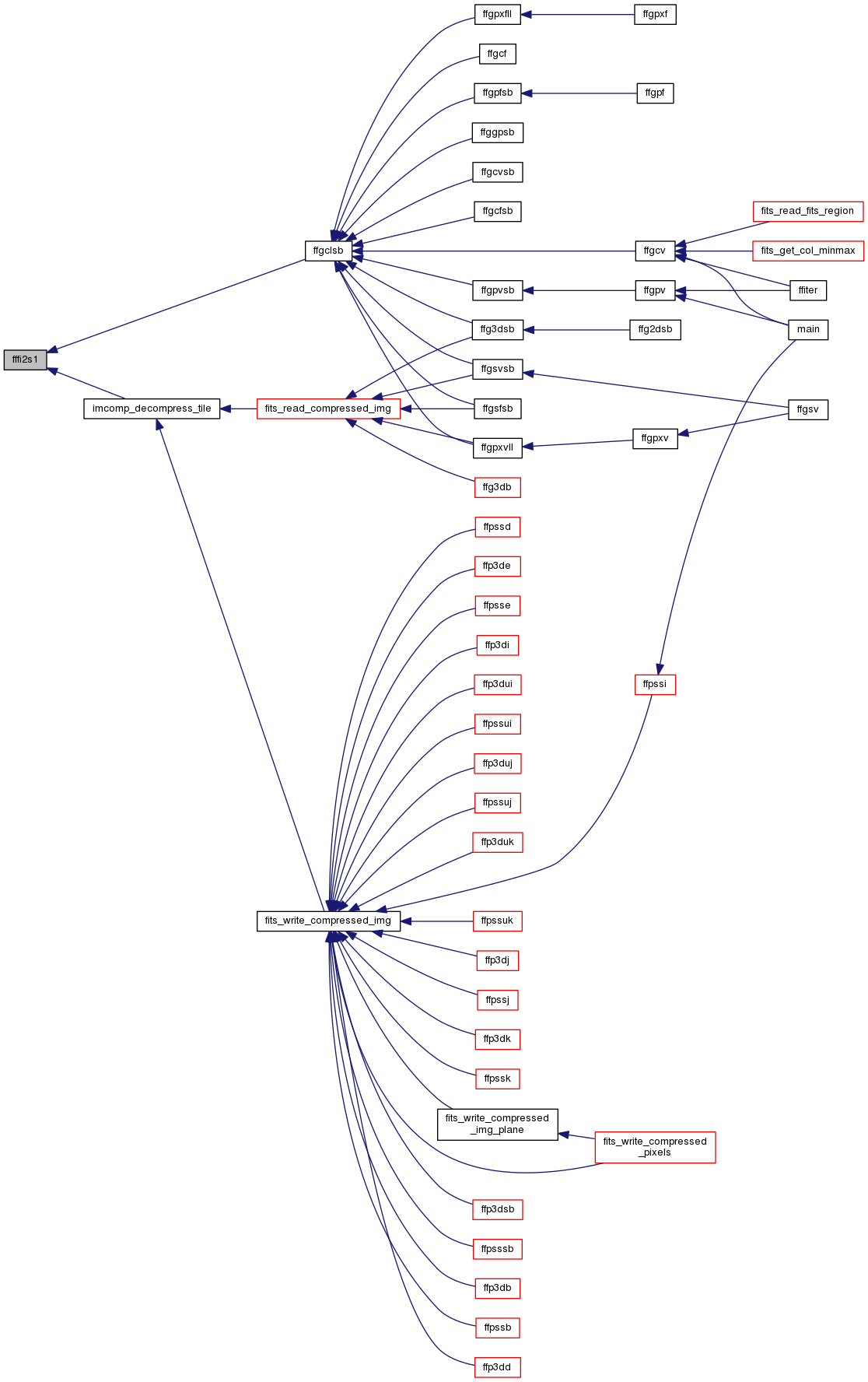
| int fffi2u2 | ( | short * | input, |
| long | ntodo, | ||
| double | scale, | ||
| double | zero, | ||
| int | nullcheck, | ||
| short | tnull, | ||
| unsigned short | nullval, | ||
| char * | nullarray, | ||
| int * | anynull, | ||
| unsigned short * | output, | ||
| int * | status | ||
| ) |
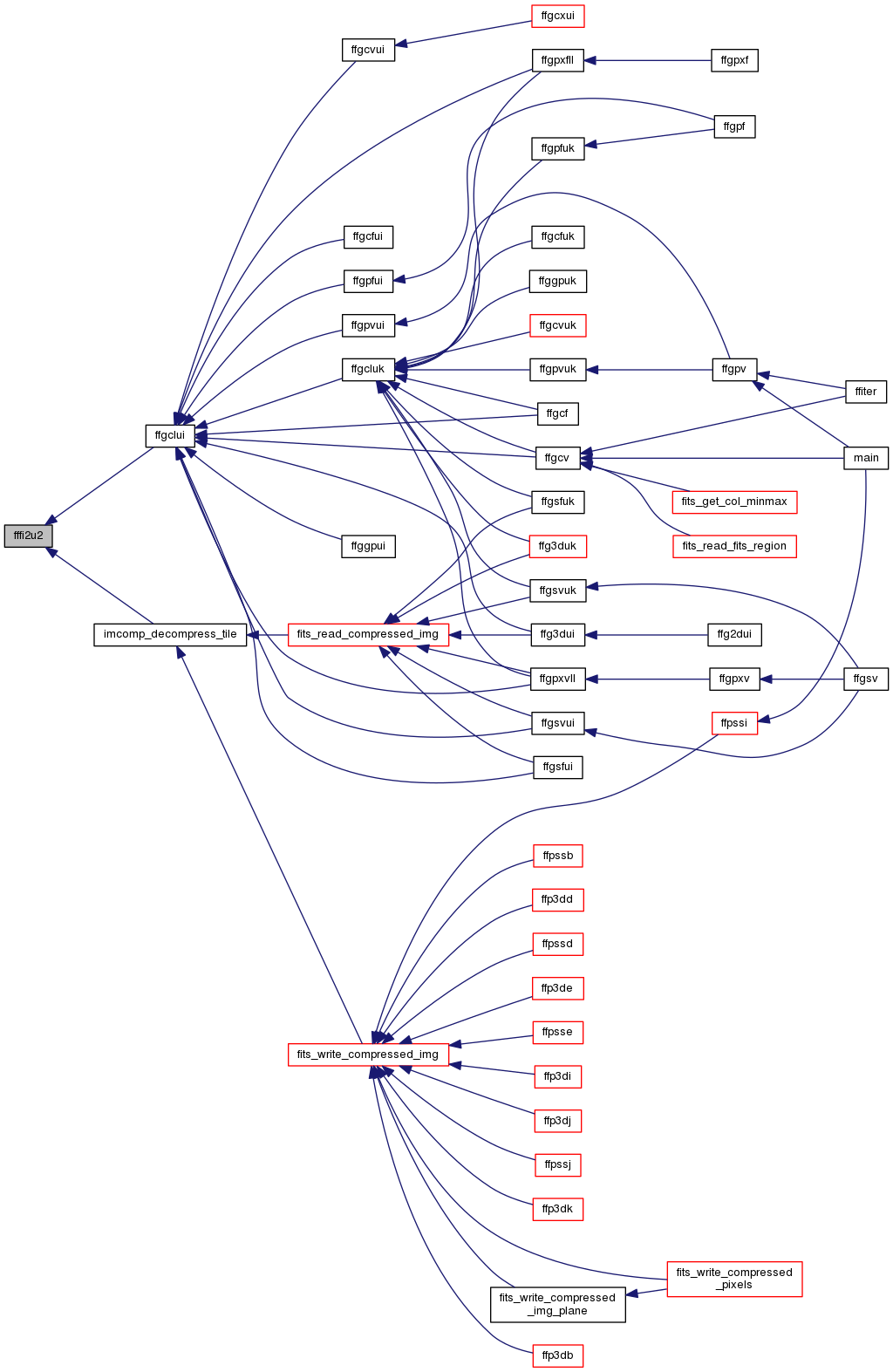
| int fffi2u4 | ( | short * | input, |
| long | ntodo, | ||
| double | scale, | ||
| double | zero, | ||
| int | nullcheck, | ||
| short | tnull, | ||
| unsigned long | nullval, | ||
| char * | nullarray, | ||
| int * | anynull, | ||
| unsigned long * | output, | ||
| int * | status | ||
| ) |
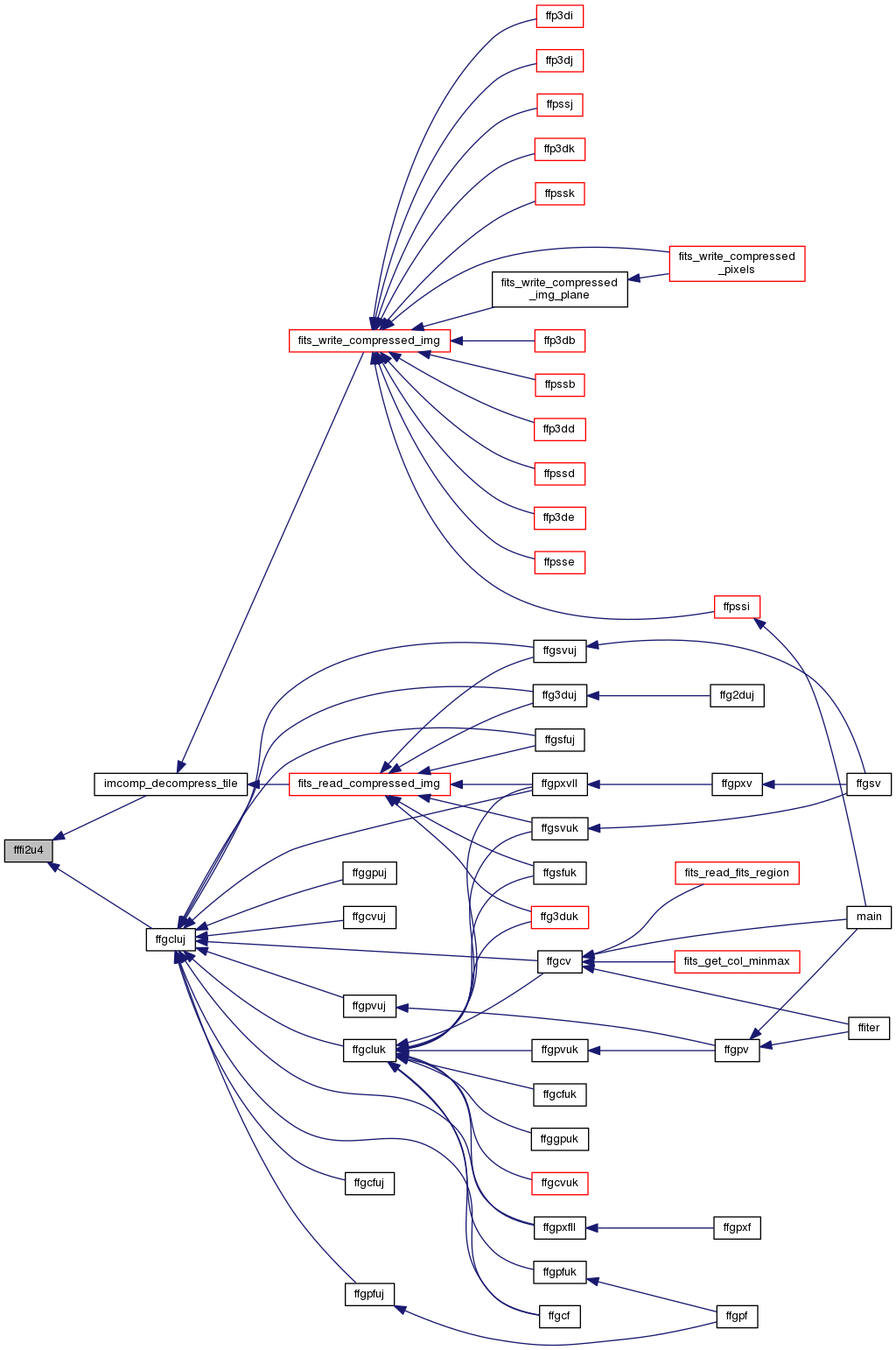
| int fffi2uint | ( | short * | input, |
| long | ntodo, | ||
| double | scale, | ||
| double | zero, | ||
| int | nullcheck, | ||
| short | tnull, | ||
| unsigned int | nullval, | ||
| char * | nullarray, | ||
| int * | anynull, | ||
| unsigned int * | output, | ||
| int * | status | ||
| ) |
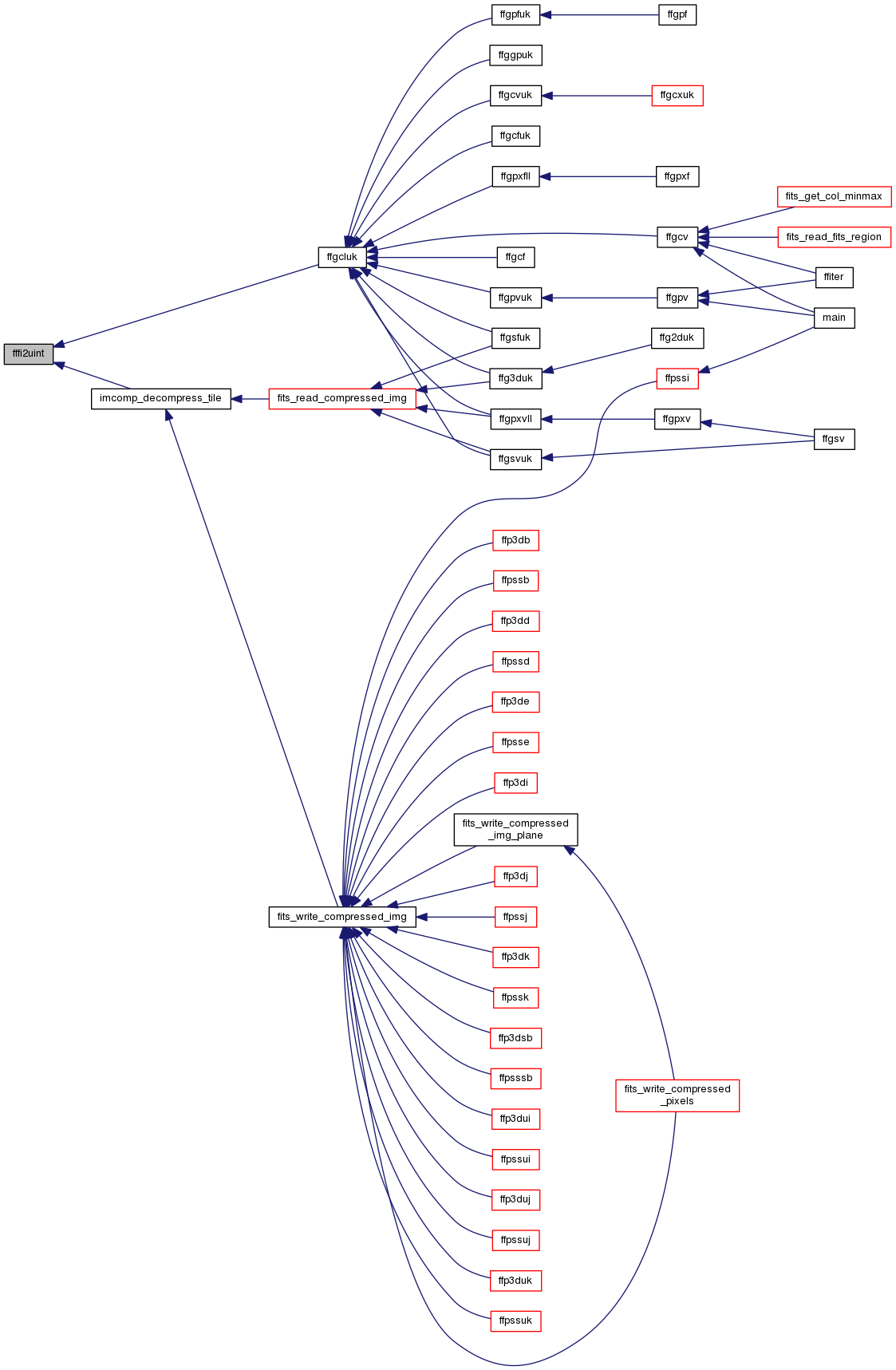
| int fffi4i1 | ( | INT32BIT * | input, |
| long | ntodo, | ||
| double | scale, | ||
| double | zero, | ||
| int | nullcheck, | ||
| INT32BIT | tnull, | ||
| unsigned char | nullval, | ||
| char * | nullarray, | ||
| int * | anynull, | ||
| unsigned char * | output, | ||
| int * | status | ||
| ) |
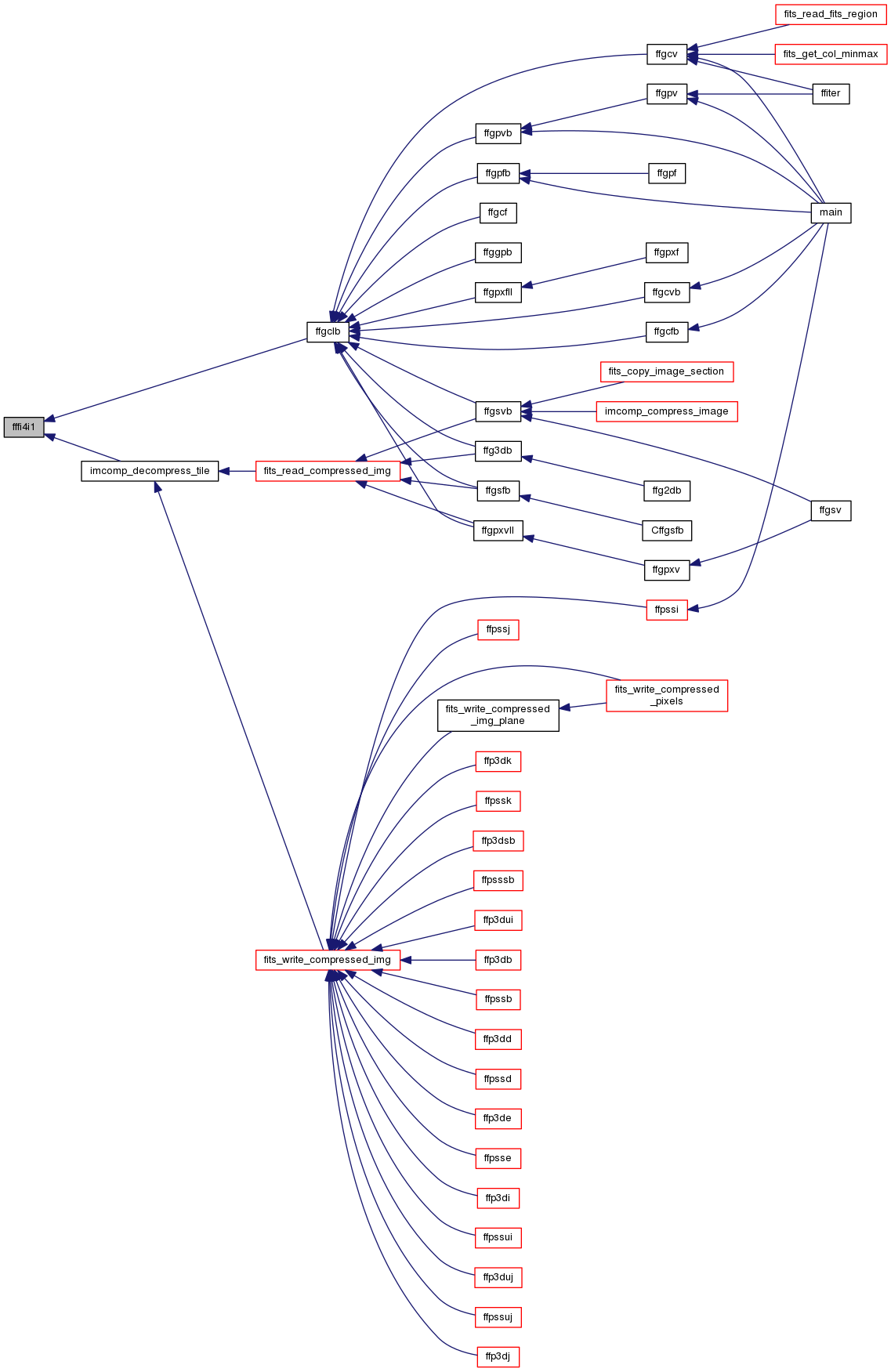
| int fffi4i2 | ( | INT32BIT * | input, |
| long | ntodo, | ||
| double | scale, | ||
| double | zero, | ||
| int | nullcheck, | ||
| INT32BIT | tnull, | ||
| short | nullval, | ||
| char * | nullarray, | ||
| int * | anynull, | ||
| short * | output, | ||
| int * | status | ||
| ) |
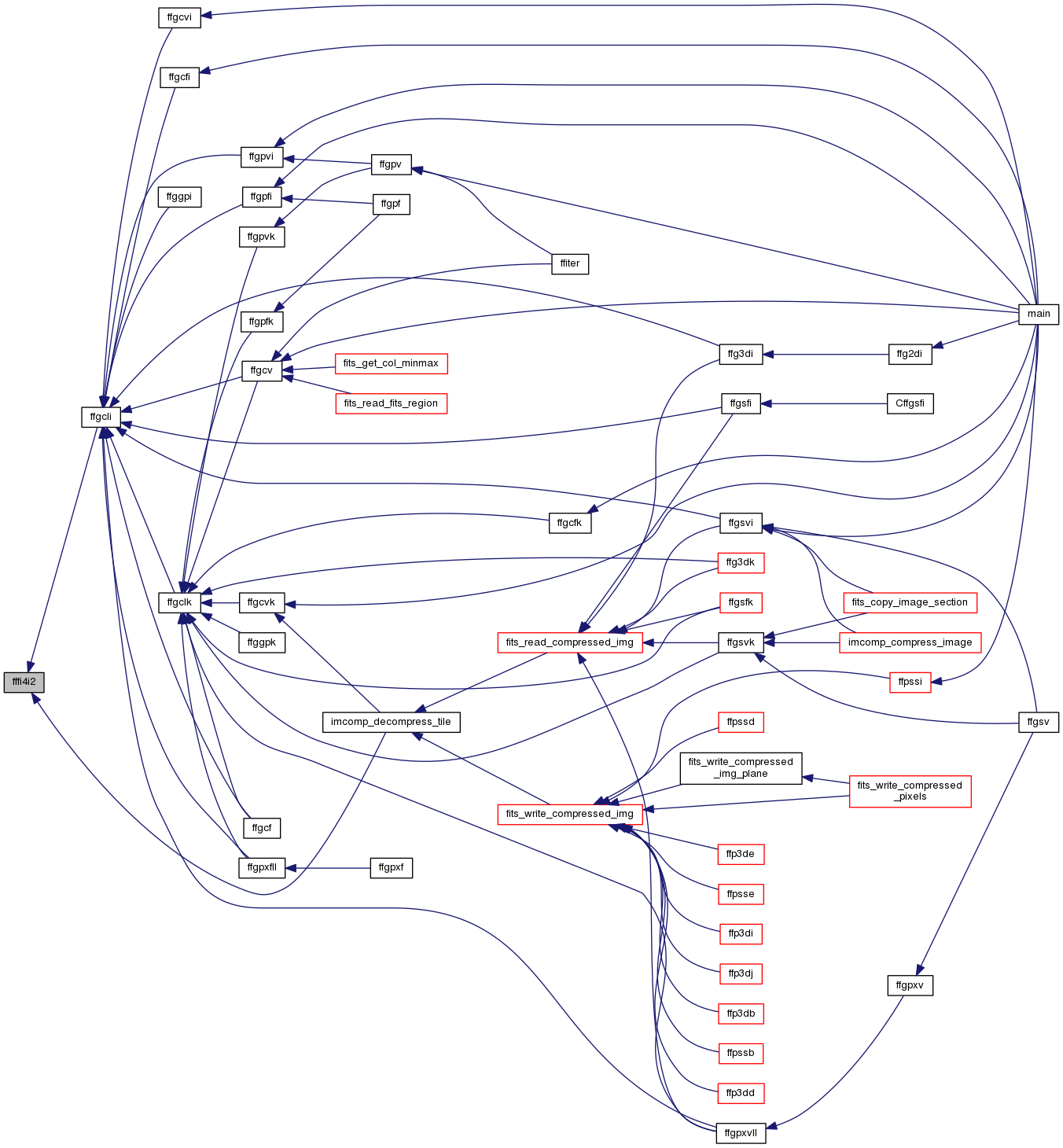
| int fffi4i4 | ( | INT32BIT * | input, |
| long | ntodo, | ||
| double | scale, | ||
| double | zero, | ||
| int | nullcheck, | ||
| INT32BIT | tnull, | ||
| long | nullval, | ||
| char * | nullarray, | ||
| int * | anynull, | ||
| long * | output, | ||
| int * | status | ||
| ) |
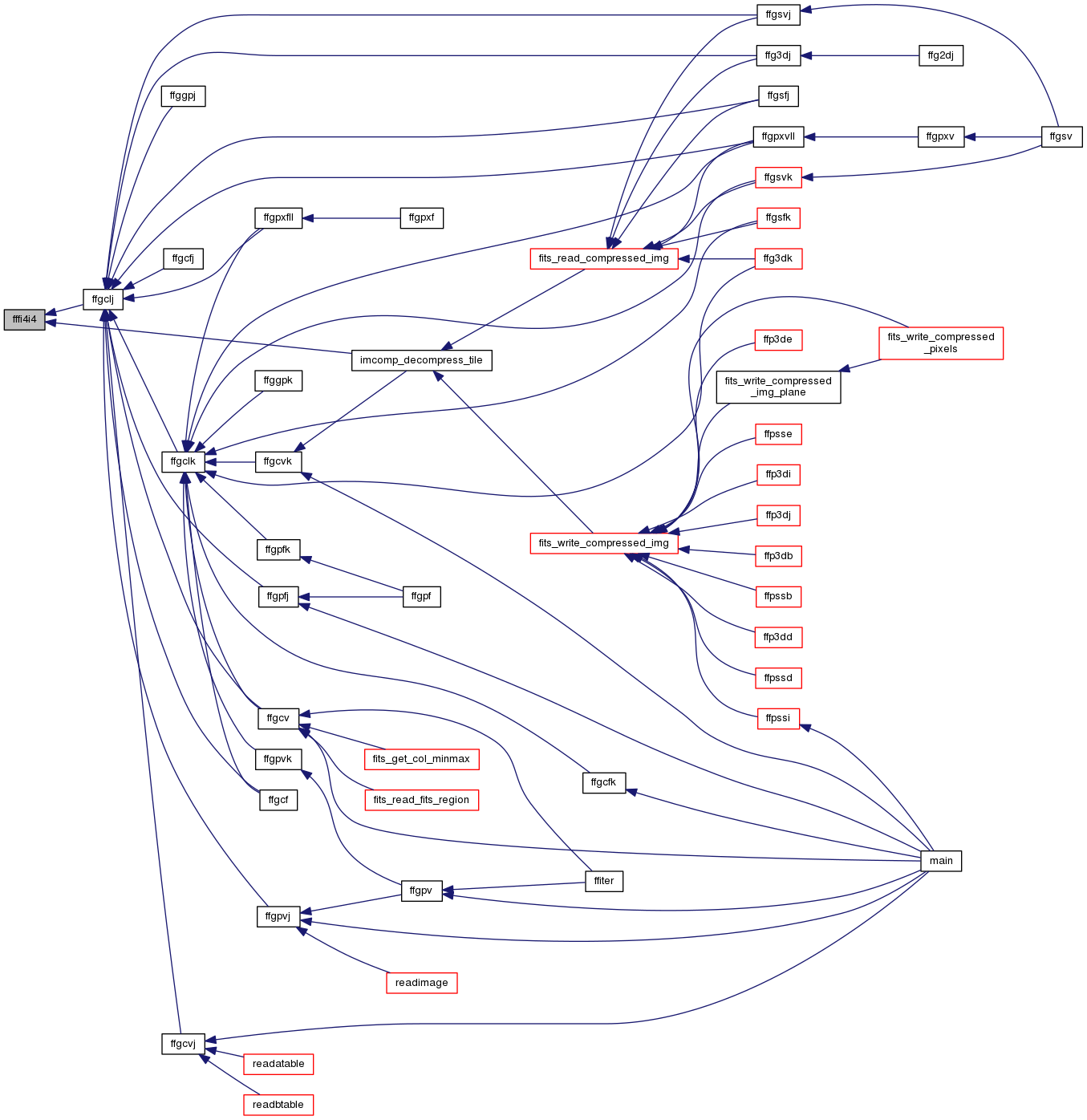
| int fffi4i8 | ( | INT32BIT * | input, |
| long | ntodo, | ||
| double | scale, | ||
| double | zero, | ||
| int | nullcheck, | ||
| INT32BIT | tnull, | ||
| LONGLONG | nullval, | ||
| char * | nullarray, | ||
| int * | anynull, | ||
| LONGLONG * | output, | ||
| int * | status | ||
| ) |
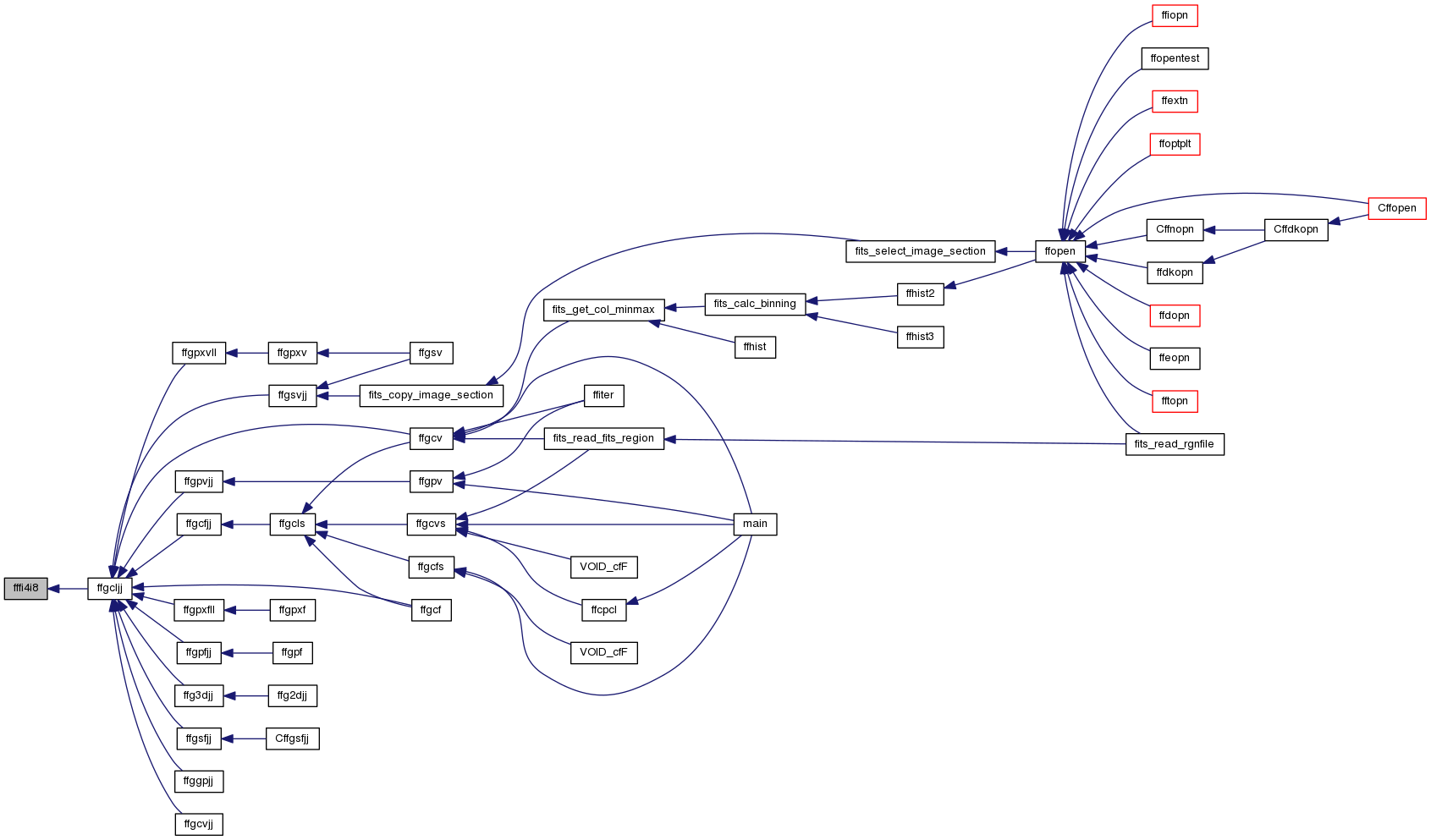
| int fffi4int | ( | INT32BIT * | input, |
| long | ntodo, | ||
| double | scale, | ||
| double | zero, | ||
| int | nullcheck, | ||
| INT32BIT | tnull, | ||
| int | nullval, | ||
| char * | nullarray, | ||
| int * | anynull, | ||
| int * | output, | ||
| int * | status | ||
| ) |
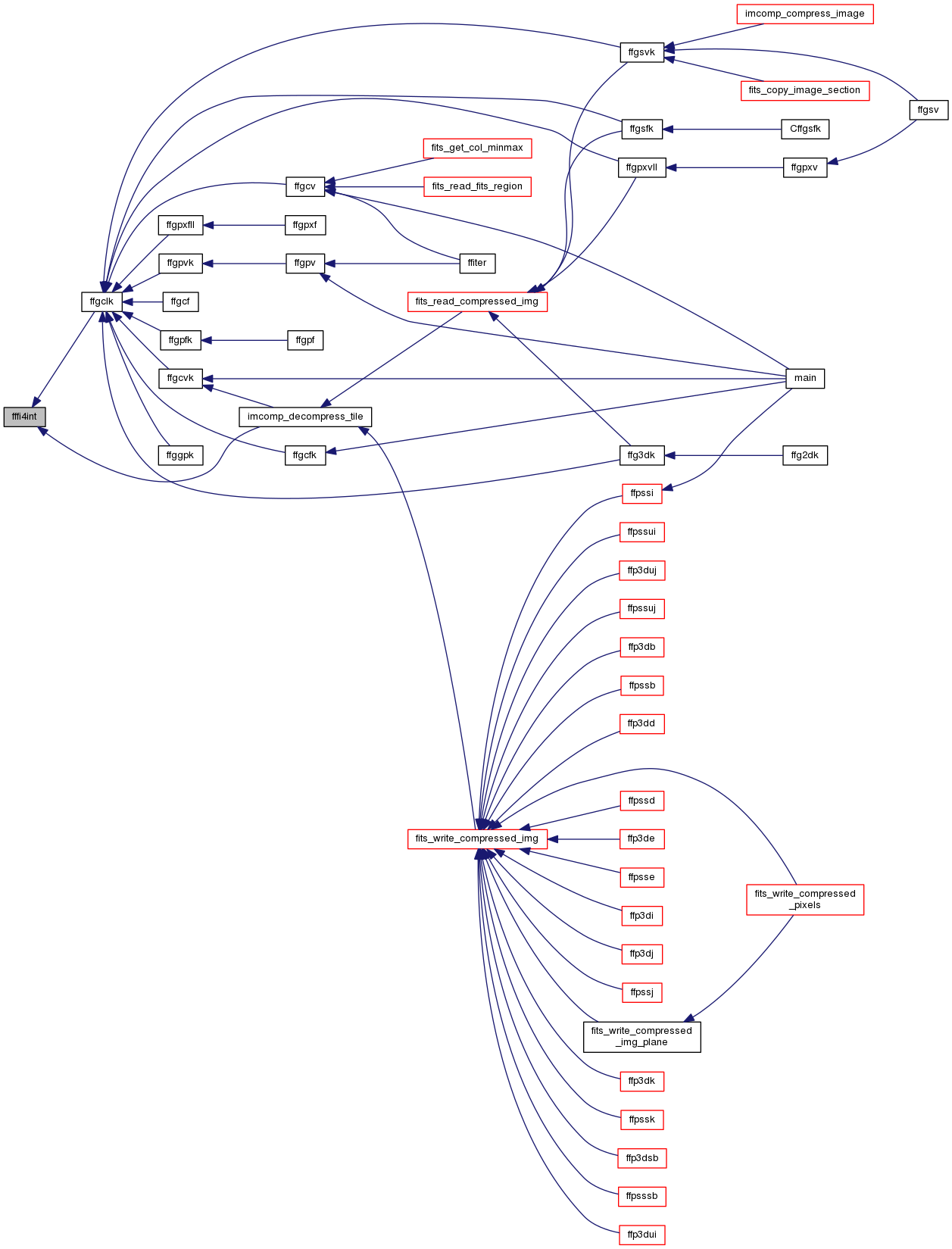
| int fffi4r4 | ( | INT32BIT * | input, |
| long | ntodo, | ||
| double | scale, | ||
| double | zero, | ||
| int | nullcheck, | ||
| INT32BIT | tnull, | ||
| float | nullval, | ||
| char * | nullarray, | ||
| int * | anynull, | ||
| float * | output, | ||
| int * | status | ||
| ) |
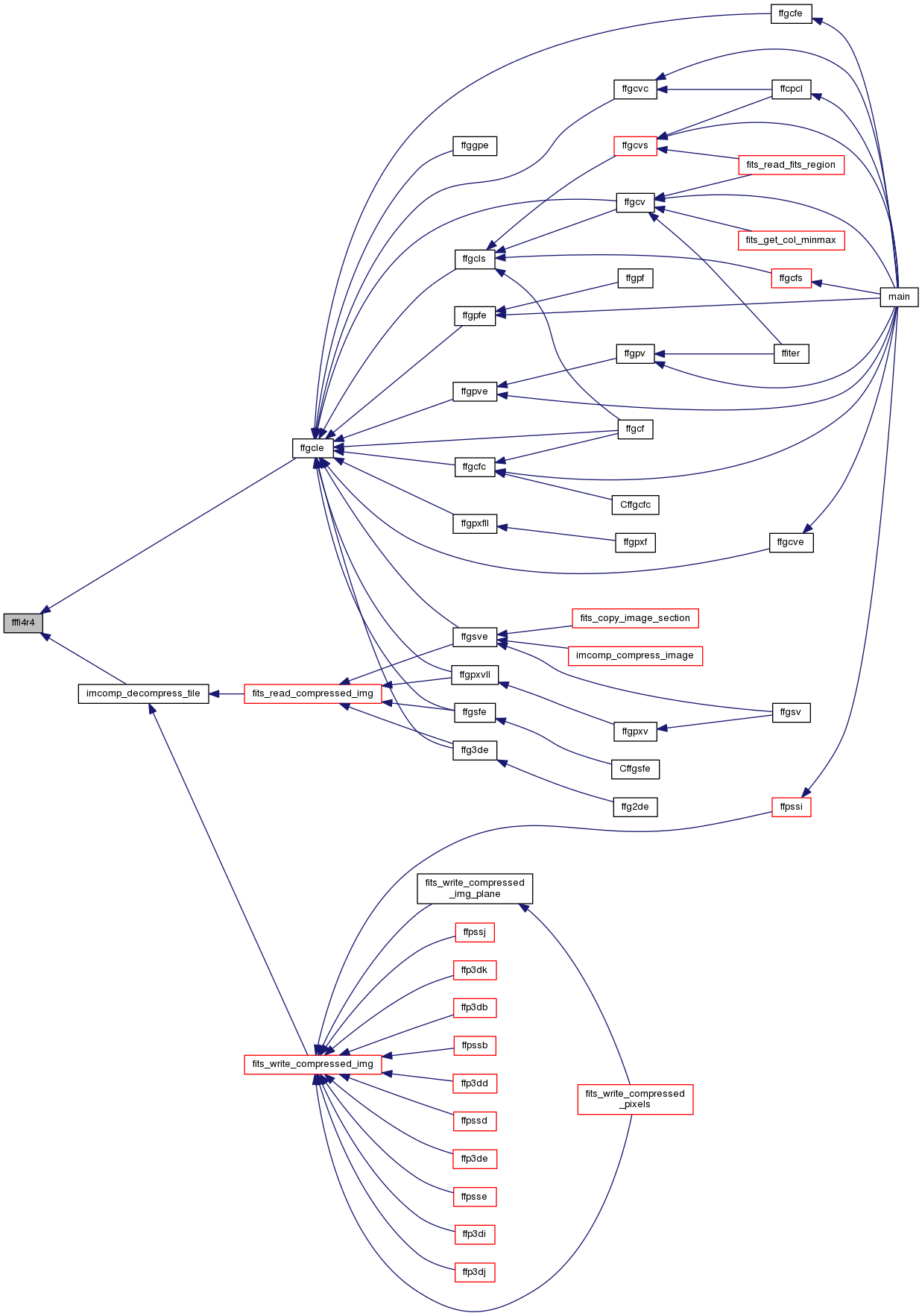
| int fffi4r8 | ( | INT32BIT * | input, |
| long | ntodo, | ||
| double | scale, | ||
| double | zero, | ||
| int | nullcheck, | ||
| INT32BIT | tnull, | ||
| double | nullval, | ||
| char * | nullarray, | ||
| int * | anynull, | ||
| double * | output, | ||
| int * | status | ||
| ) |
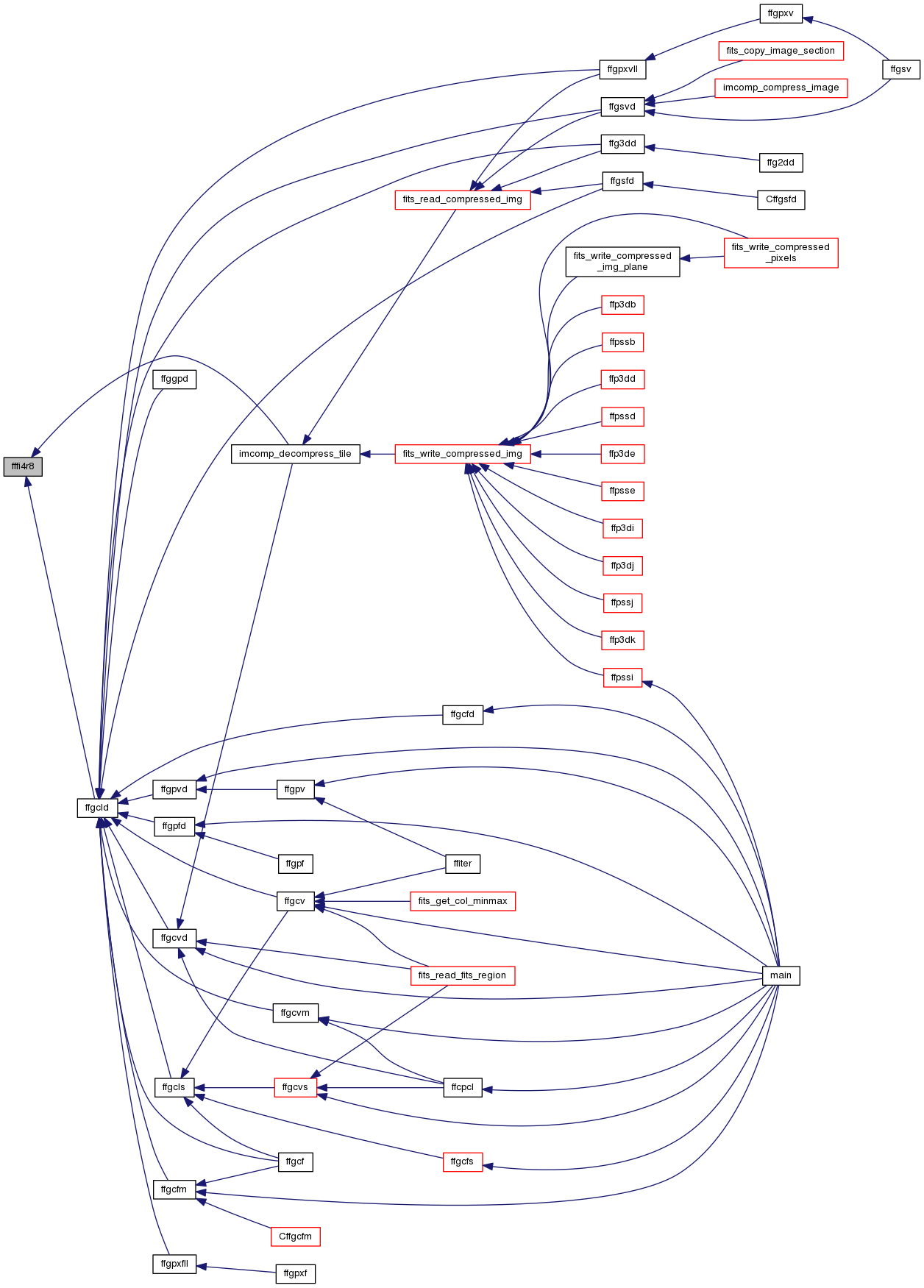
| int fffi4s1 | ( | INT32BIT * | input, |
| long | ntodo, | ||
| double | scale, | ||
| double | zero, | ||
| int | nullcheck, | ||
| INT32BIT | tnull, | ||
| signed char | nullval, | ||
| char * | nullarray, | ||
| int * | anynull, | ||
| signed char * | output, | ||
| int * | status | ||
| ) |
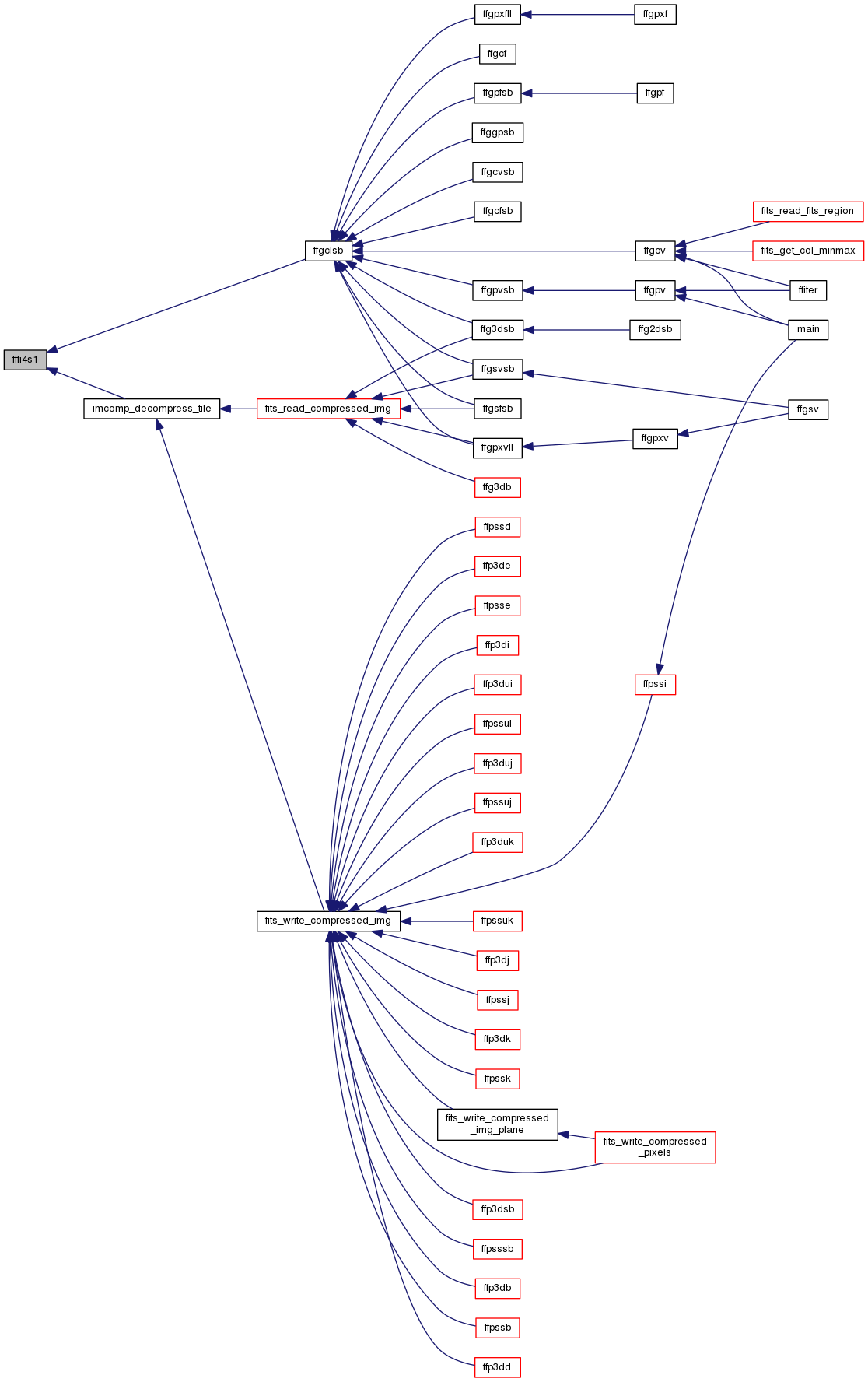
| int fffi4u2 | ( | INT32BIT * | input, |
| long | ntodo, | ||
| double | scale, | ||
| double | zero, | ||
| int | nullcheck, | ||
| INT32BIT | tnull, | ||
| unsigned short | nullval, | ||
| char * | nullarray, | ||
| int * | anynull, | ||
| unsigned short * | output, | ||
| int * | status | ||
| ) |
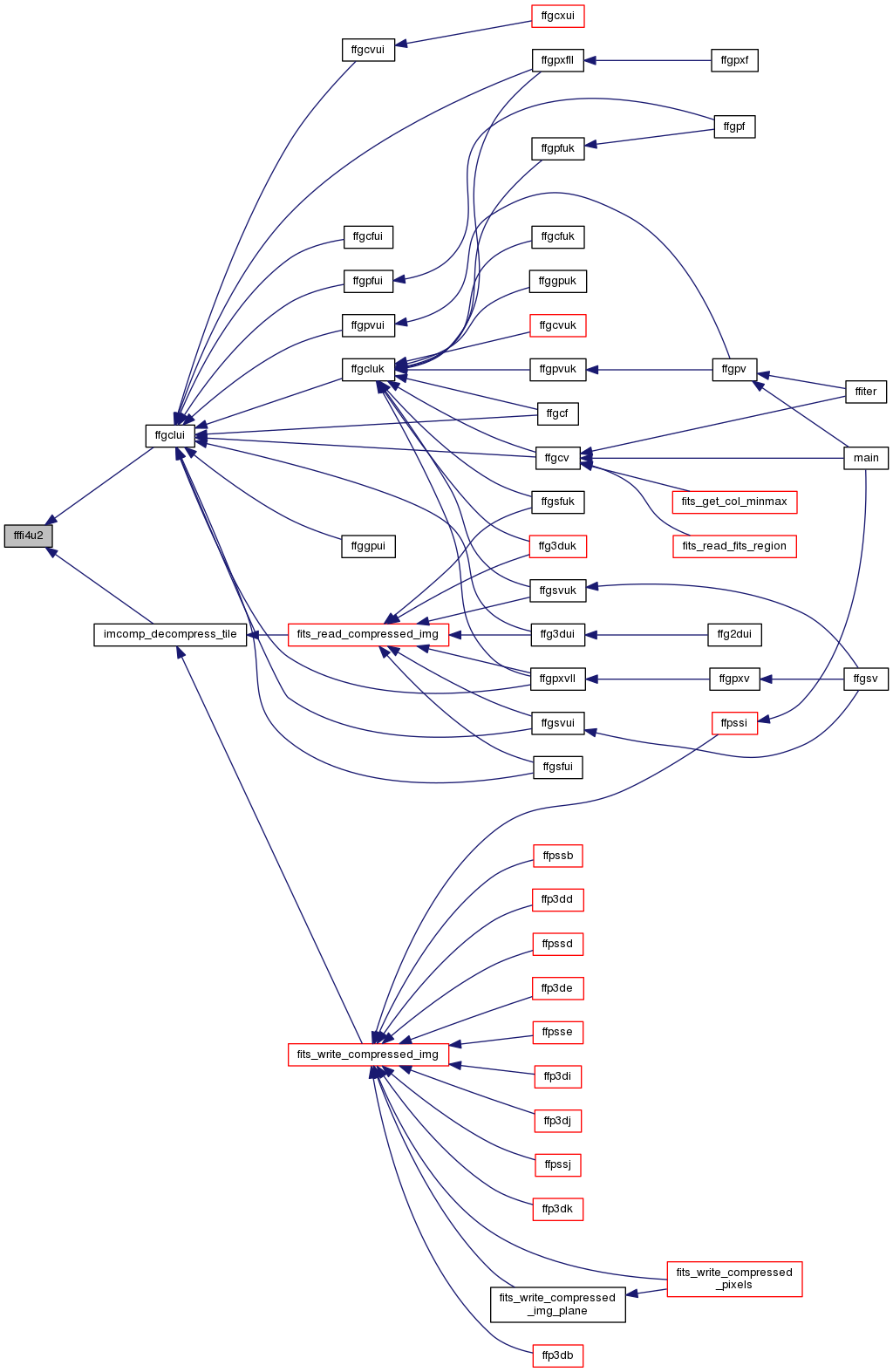
| int fffi4u4 | ( | INT32BIT * | input, |
| long | ntodo, | ||
| double | scale, | ||
| double | zero, | ||
| int | nullcheck, | ||
| INT32BIT | tnull, | ||
| unsigned long | nullval, | ||
| char * | nullarray, | ||
| int * | anynull, | ||
| unsigned long * | output, | ||
| int * | status | ||
| ) |
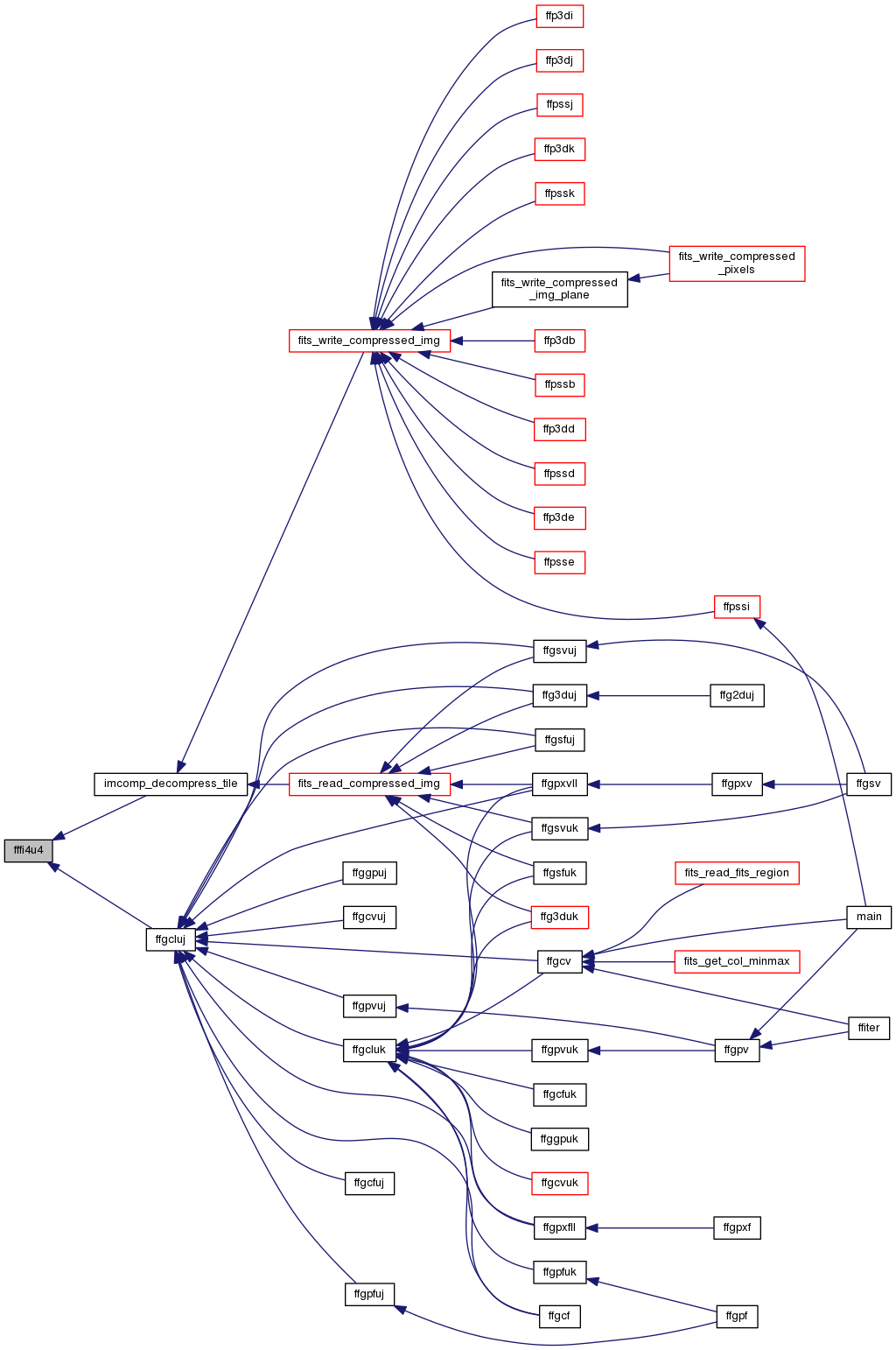
| int fffi4uint | ( | INT32BIT * | input, |
| long | ntodo, | ||
| double | scale, | ||
| double | zero, | ||
| int | nullcheck, | ||
| INT32BIT | tnull, | ||
| unsigned int | nullval, | ||
| char * | nullarray, | ||
| int * | anynull, | ||
| unsigned int * | output, | ||
| int * | status | ||
| ) |
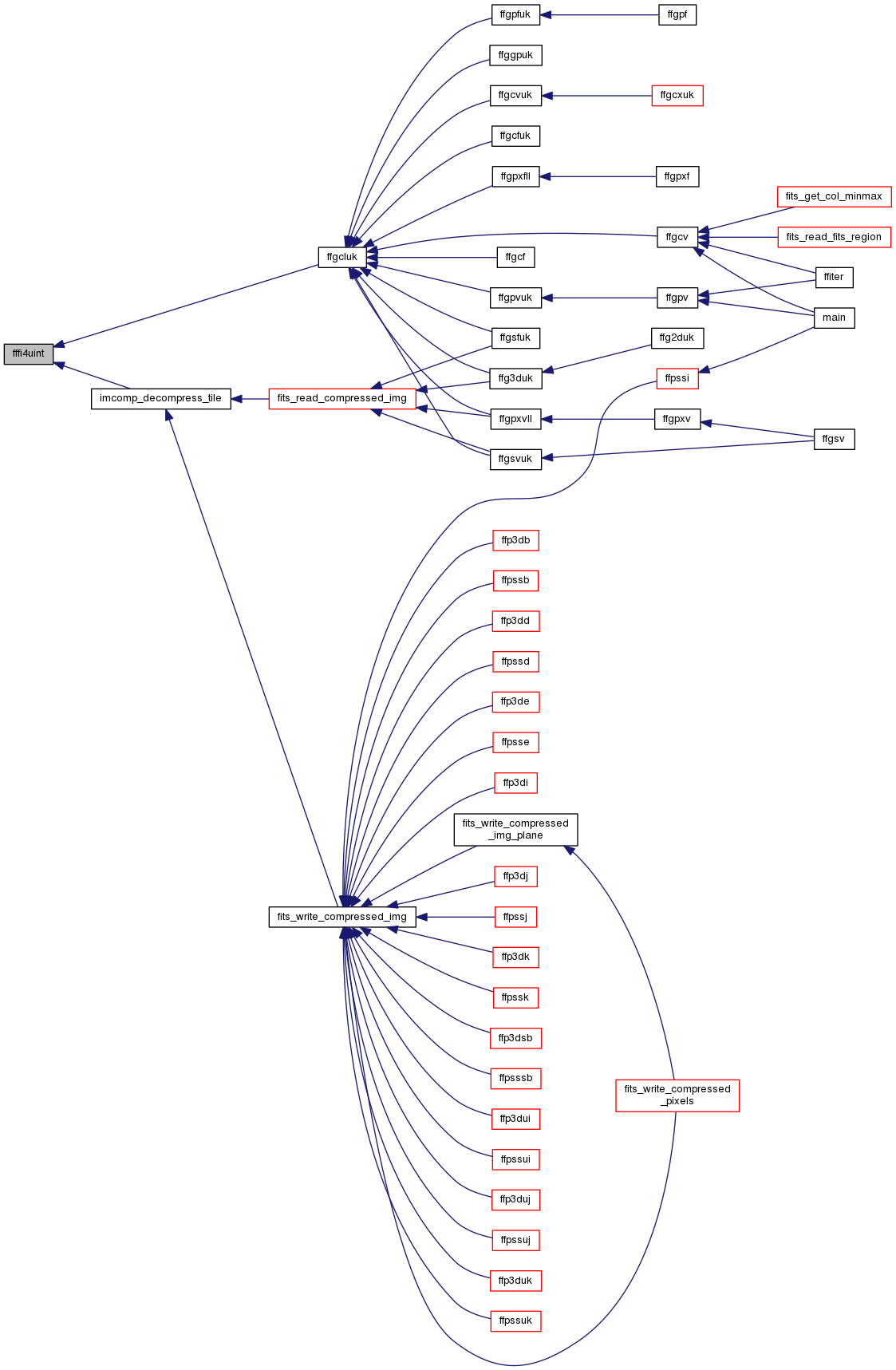
| int fffi8i1 | ( | LONGLONG * | input, |
| long | ntodo, | ||
| double | scale, | ||
| double | zero, | ||
| int | nullcheck, | ||
| LONGLONG | tnull, | ||
| unsigned char | nullval, | ||
| char * | nullarray, | ||
| int * | anynull, | ||
| unsigned char * | output, | ||
| int * | status | ||
| ) |
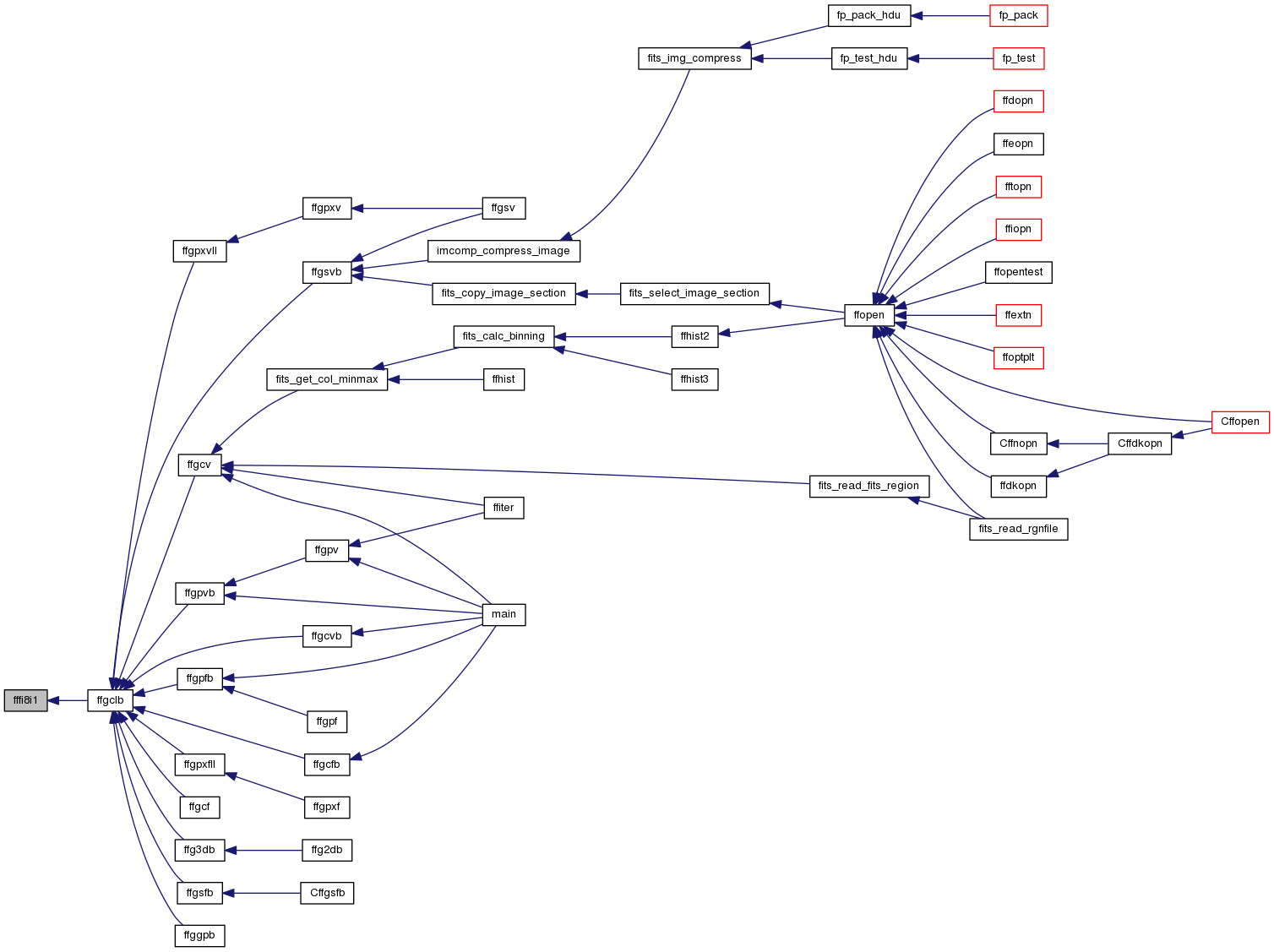
| int fffi8i2 | ( | LONGLONG * | input, |
| long | ntodo, | ||
| double | scale, | ||
| double | zero, | ||
| int | nullcheck, | ||
| LONGLONG | tnull, | ||
| short | nullval, | ||
| char * | nullarray, | ||
| int * | anynull, | ||
| short * | output, | ||
| int * | status | ||
| ) |
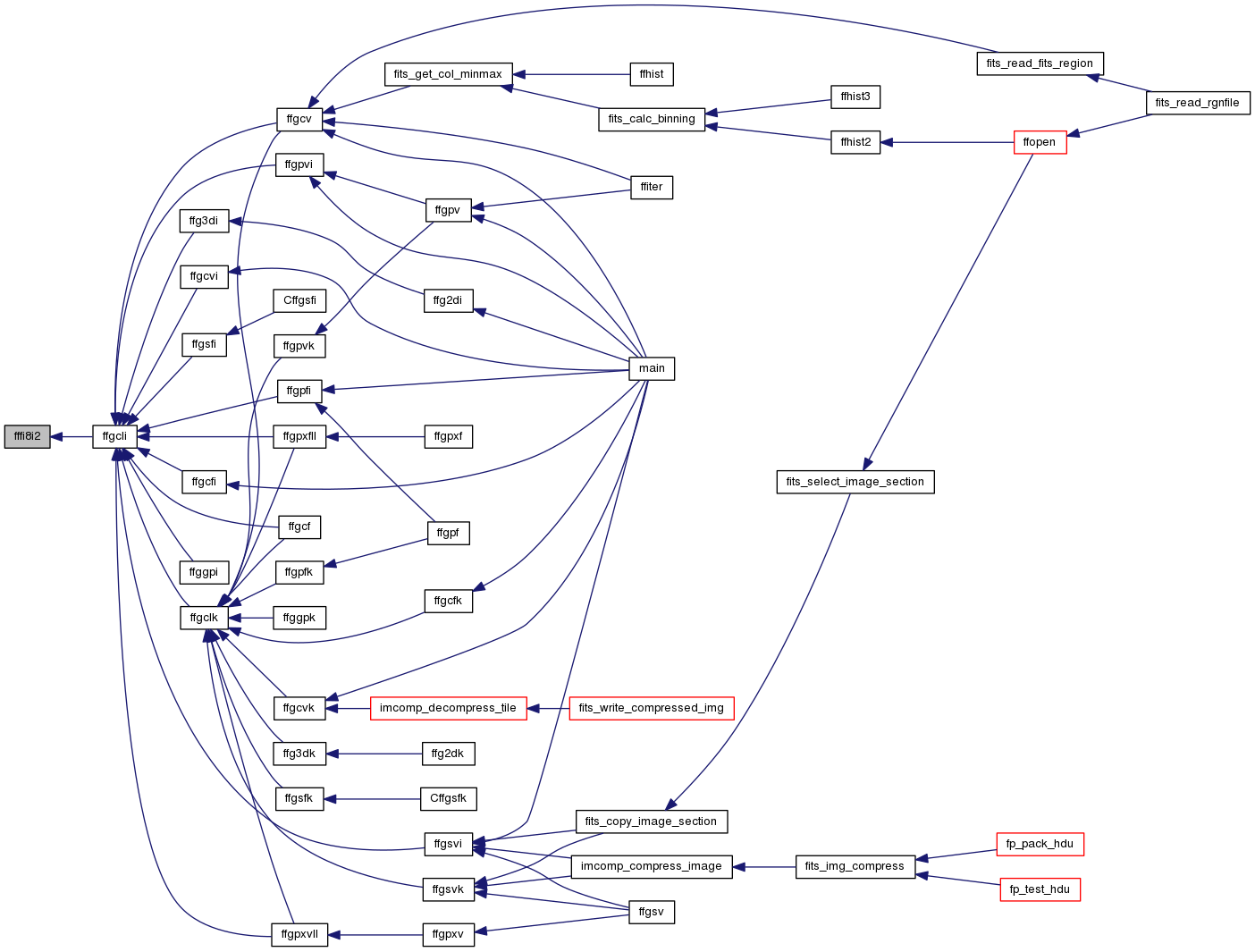
| int fffi8i4 | ( | LONGLONG * | input, |
| long | ntodo, | ||
| double | scale, | ||
| double | zero, | ||
| int | nullcheck, | ||
| LONGLONG | tnull, | ||
| long | nullval, | ||
| char * | nullarray, | ||
| int * | anynull, | ||
| long * | output, | ||
| int * | status | ||
| ) |
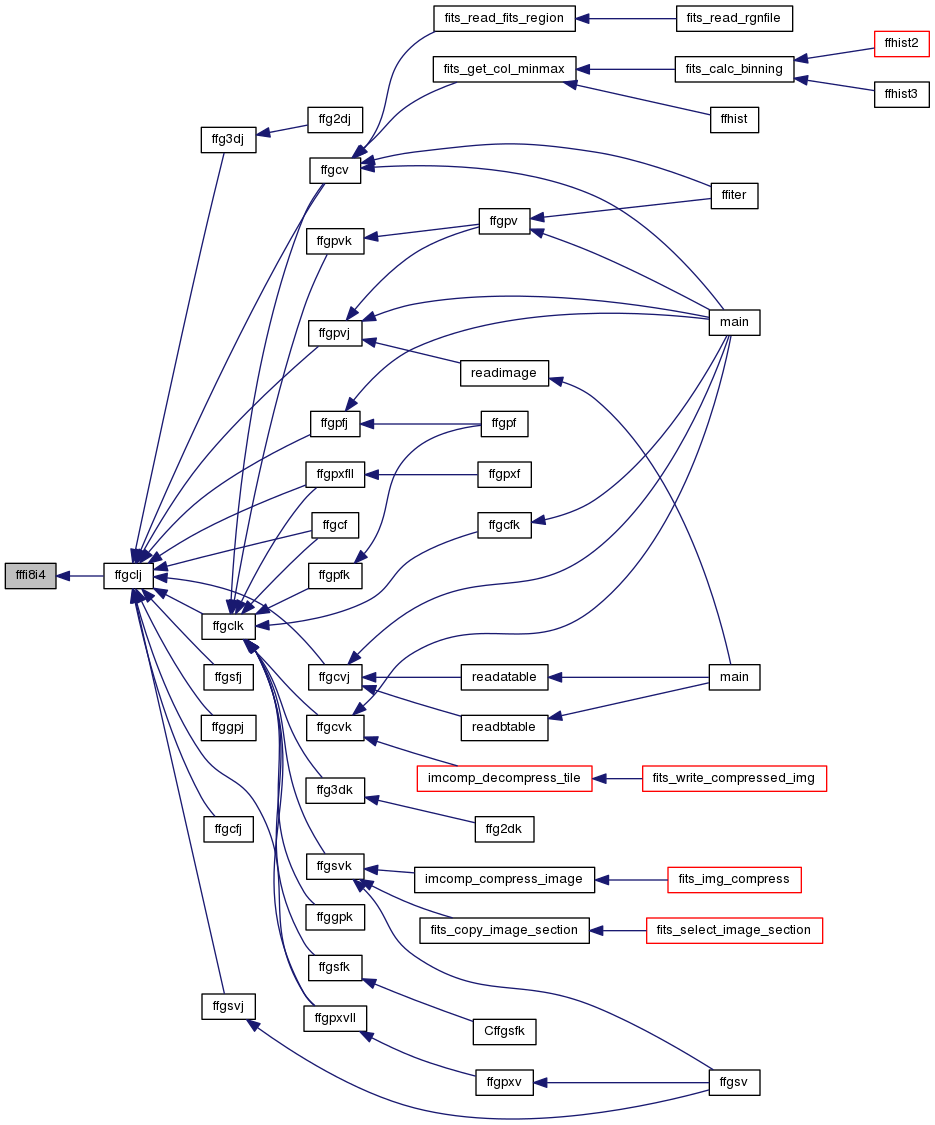
| int fffi8i8 | ( | LONGLONG * | input, |
| long | ntodo, | ||
| double | scale, | ||
| double | zero, | ||
| int | nullcheck, | ||
| LONGLONG | tnull, | ||
| LONGLONG | nullval, | ||
| char * | nullarray, | ||
| int * | anynull, | ||
| LONGLONG * | output, | ||
| int * | status | ||
| ) |
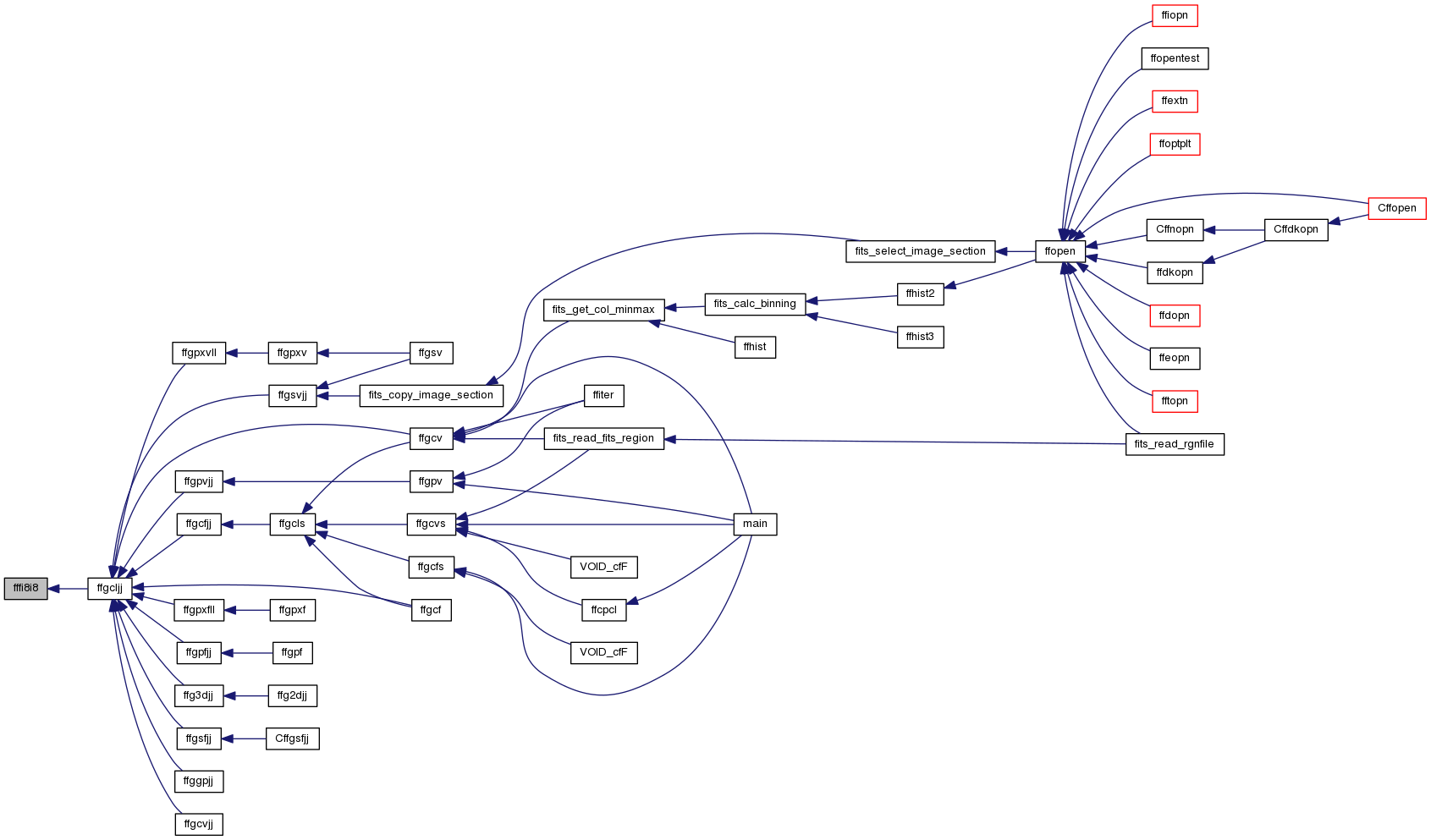
| int fffi8int | ( | LONGLONG * | input, |
| long | ntodo, | ||
| double | scale, | ||
| double | zero, | ||
| int | nullcheck, | ||
| LONGLONG | tnull, | ||
| int | nullval, | ||
| char * | nullarray, | ||
| int * | anynull, | ||
| int * | output, | ||
| int * | status | ||
| ) |
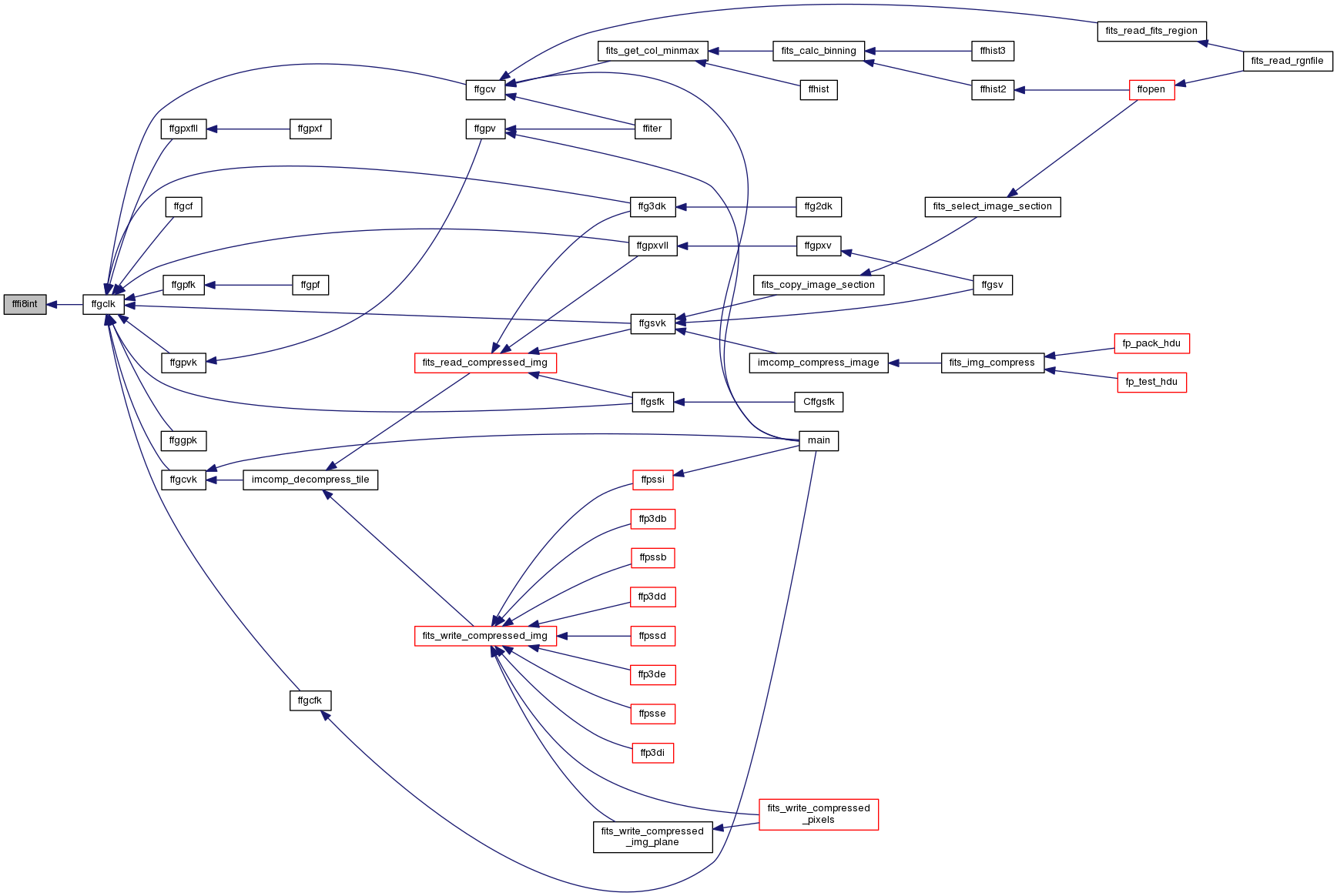
| int fffi8r4 | ( | LONGLONG * | input, |
| long | ntodo, | ||
| double | scale, | ||
| double | zero, | ||
| int | nullcheck, | ||
| LONGLONG | tnull, | ||
| float | nullval, | ||
| char * | nullarray, | ||
| int * | anynull, | ||
| float * | output, | ||
| int * | status | ||
| ) |
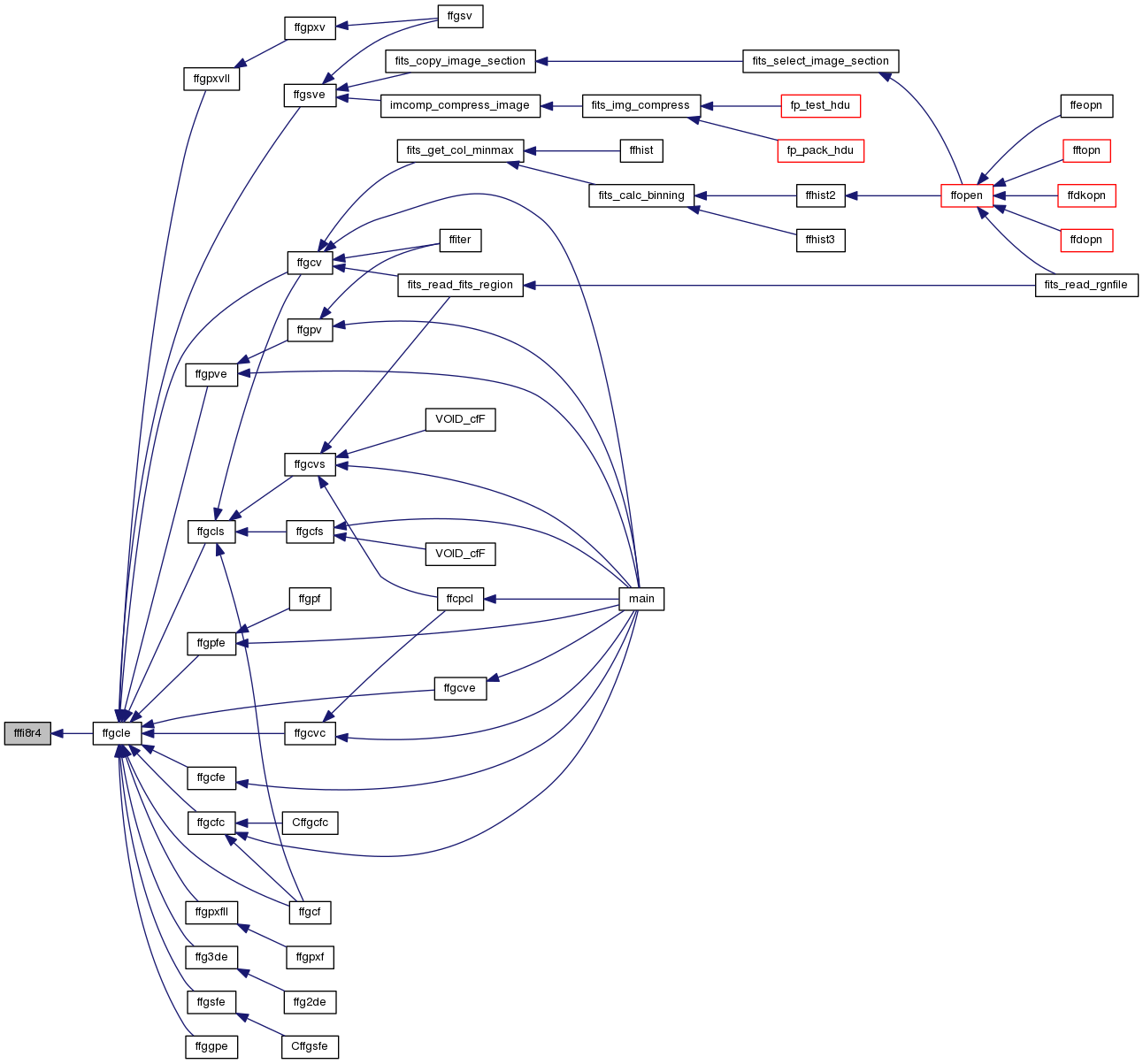
| int fffi8r8 | ( | LONGLONG * | input, |
| long | ntodo, | ||
| double | scale, | ||
| double | zero, | ||
| int | nullcheck, | ||
| LONGLONG | tnull, | ||
| double | nullval, | ||
| char * | nullarray, | ||
| int * | anynull, | ||
| double * | output, | ||
| int * | status | ||
| ) |
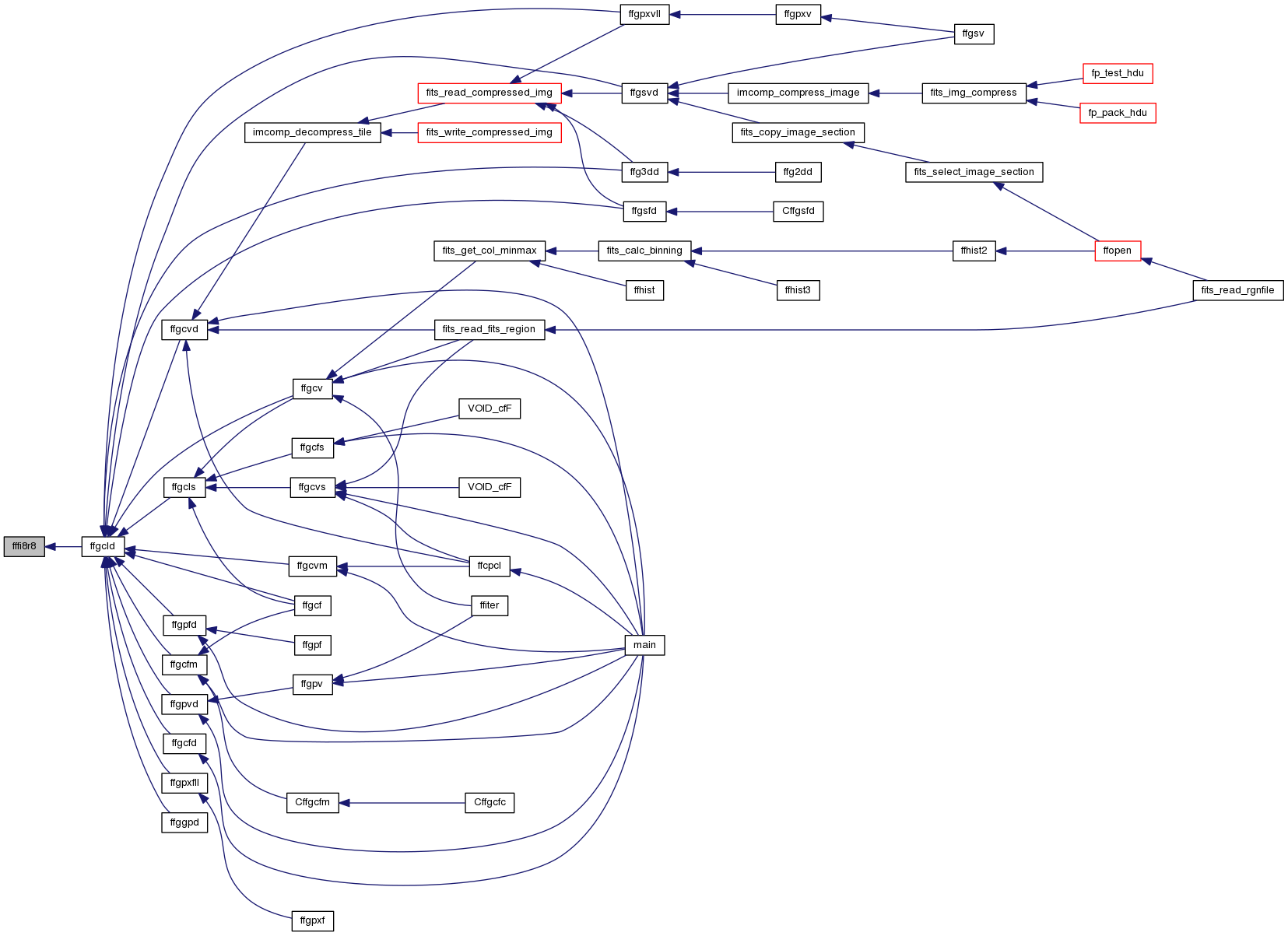
| int fffi8s1 | ( | LONGLONG * | input, |
| long | ntodo, | ||
| double | scale, | ||
| double | zero, | ||
| int | nullcheck, | ||
| LONGLONG | tnull, | ||
| signed char | nullval, | ||
| char * | nullarray, | ||
| int * | anynull, | ||
| signed char * | output, | ||
| int * | status | ||
| ) |
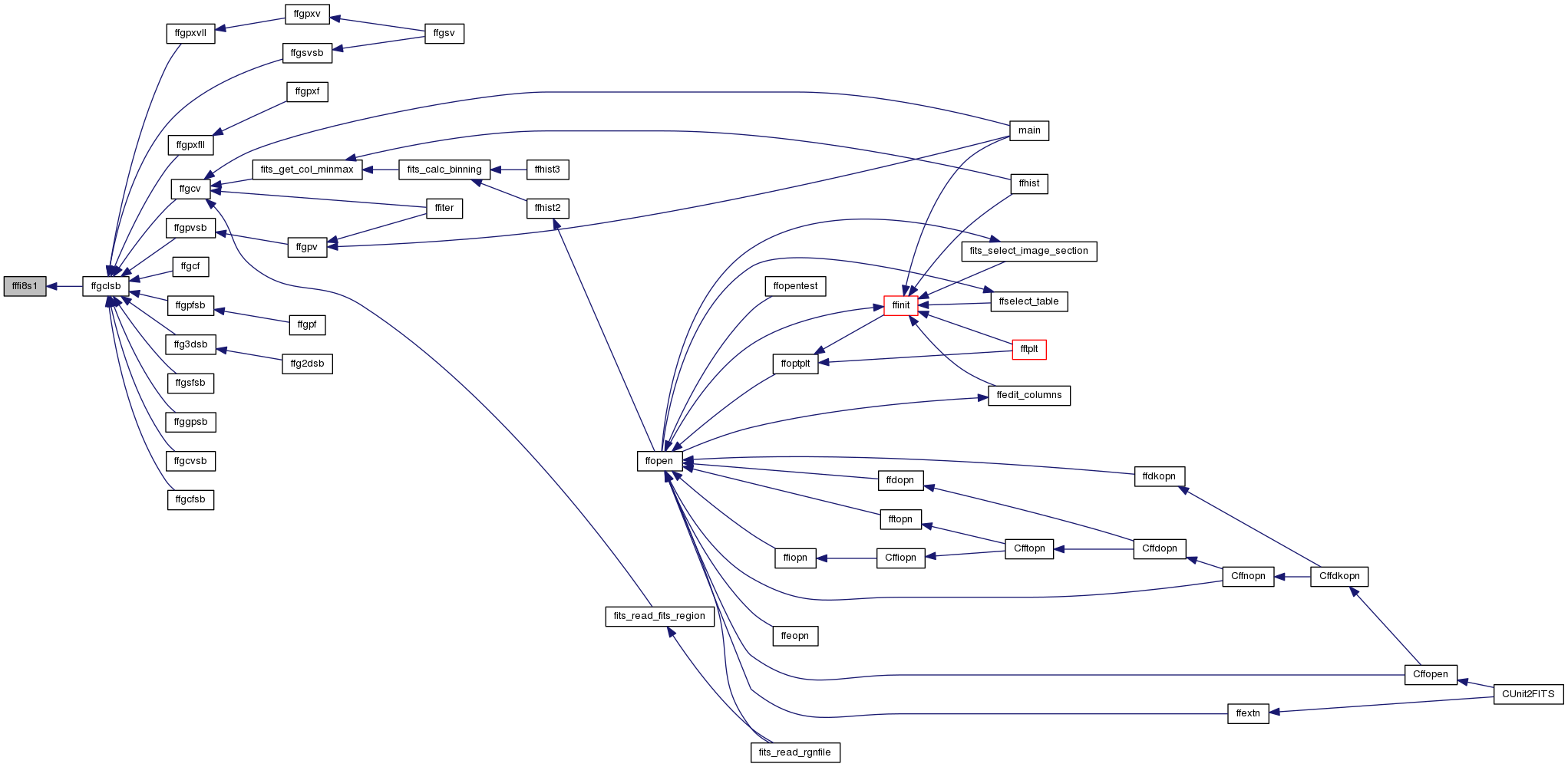
| int fffi8u2 | ( | LONGLONG * | input, |
| long | ntodo, | ||
| double | scale, | ||
| double | zero, | ||
| int | nullcheck, | ||
| LONGLONG | tnull, | ||
| unsigned short | nullval, | ||
| char * | nullarray, | ||
| int * | anynull, | ||
| unsigned short * | output, | ||
| int * | status | ||
| ) |
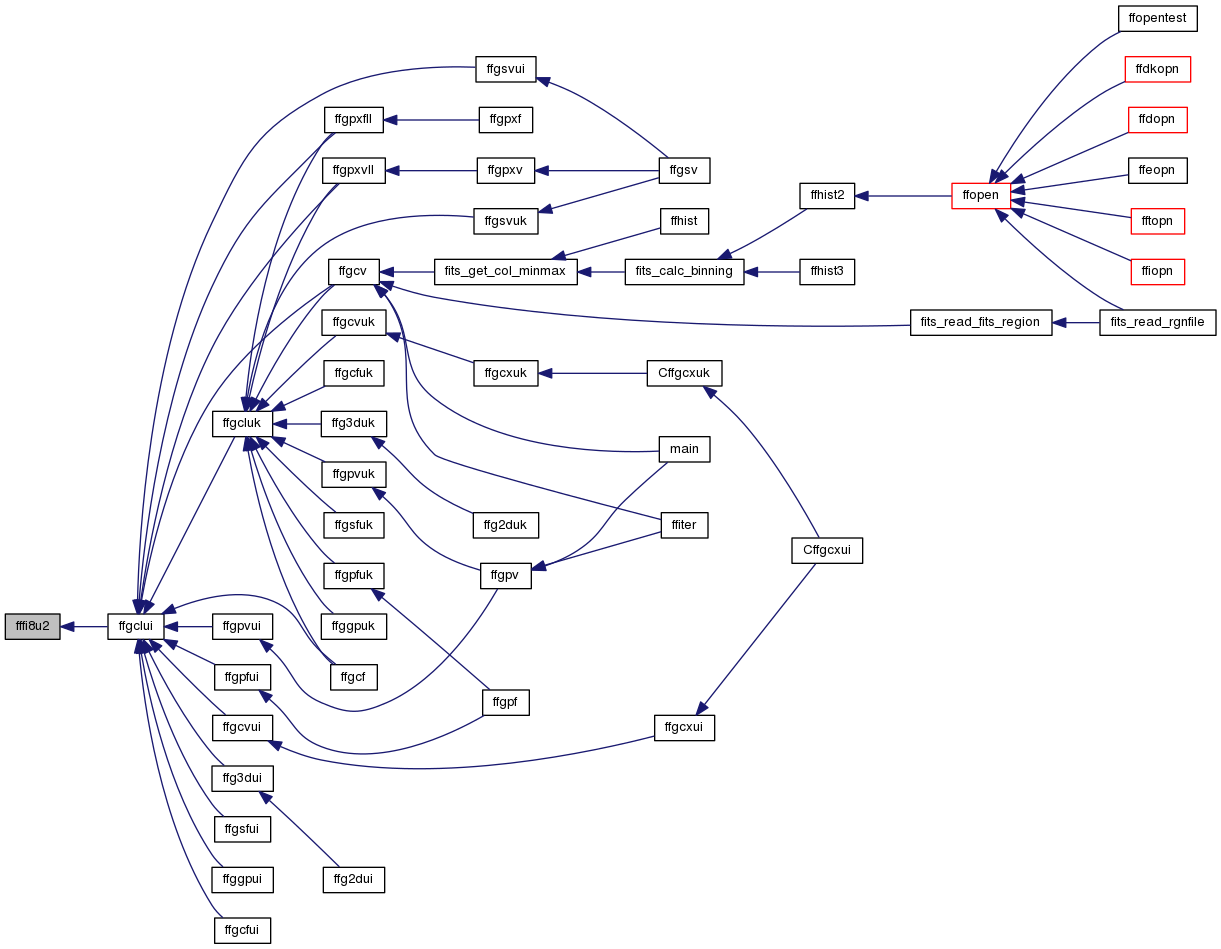
| int fffi8u4 | ( | LONGLONG * | input, |
| long | ntodo, | ||
| double | scale, | ||
| double | zero, | ||
| int | nullcheck, | ||
| LONGLONG | tnull, | ||
| unsigned long | nullval, | ||
| char * | nullarray, | ||
| int * | anynull, | ||
| unsigned long * | output, | ||
| int * | status | ||
| ) |
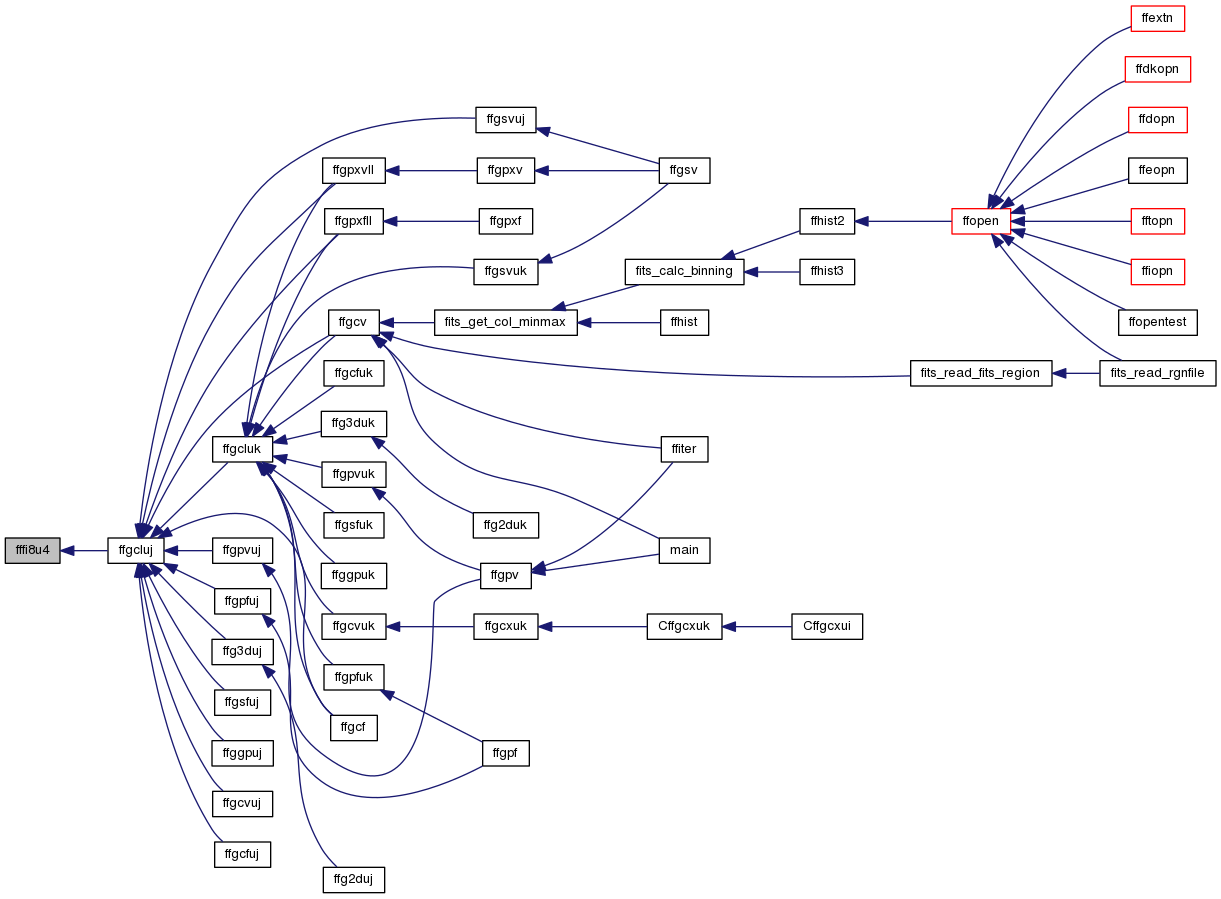
| int fffi8uint | ( | LONGLONG * | input, |
| long | ntodo, | ||
| double | scale, | ||
| double | zero, | ||
| int | nullcheck, | ||
| LONGLONG | tnull, | ||
| unsigned int | nullval, | ||
| char * | nullarray, | ||
| int * | anynull, | ||
| unsigned int * | output, | ||
| int * | status | ||
| ) |
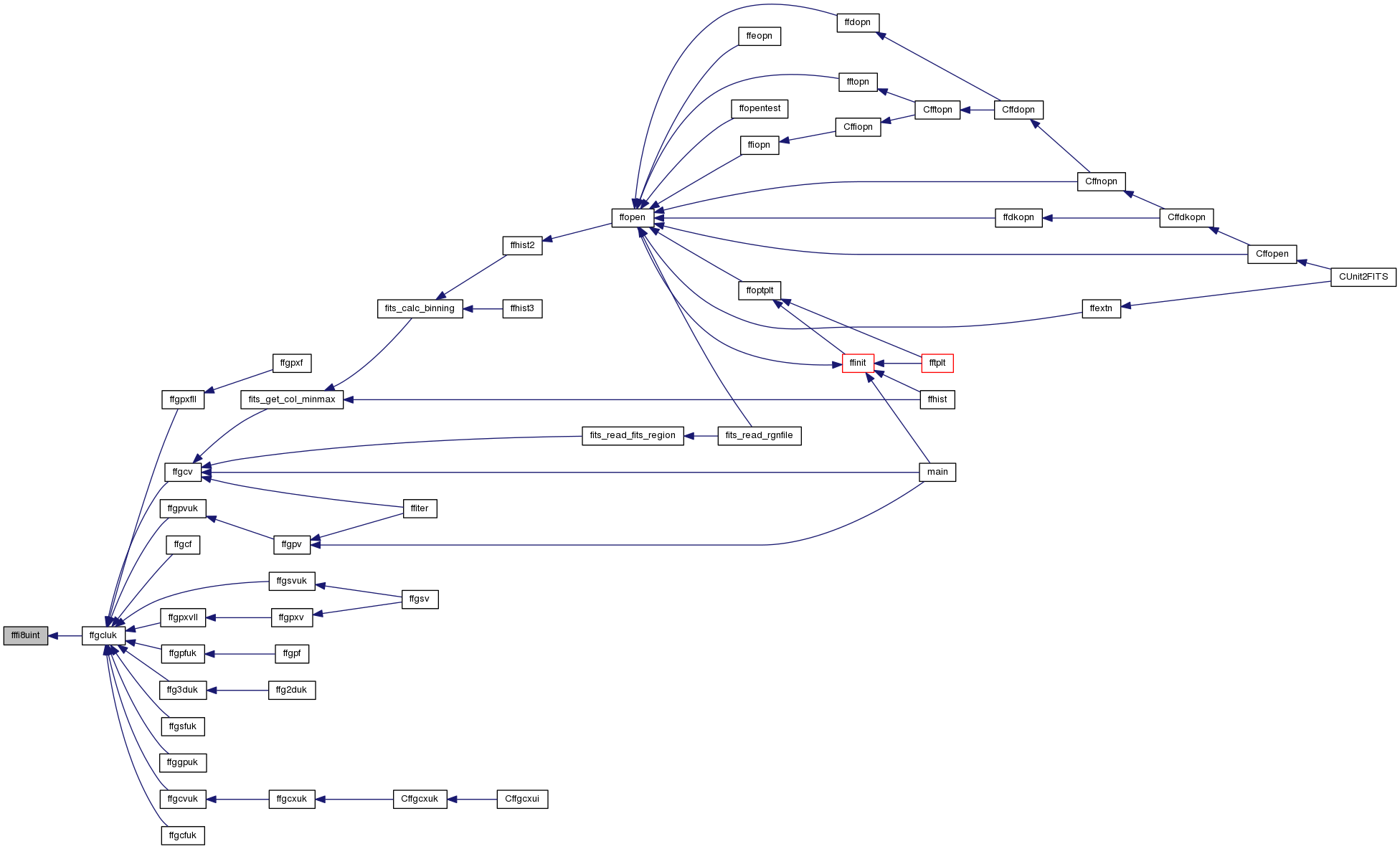
| int ffflushx | ( | FITSfile * | fptr | ) |
low level routine to flush internal file buffers to the file.
| [in] | fptr | FITS file pointer |
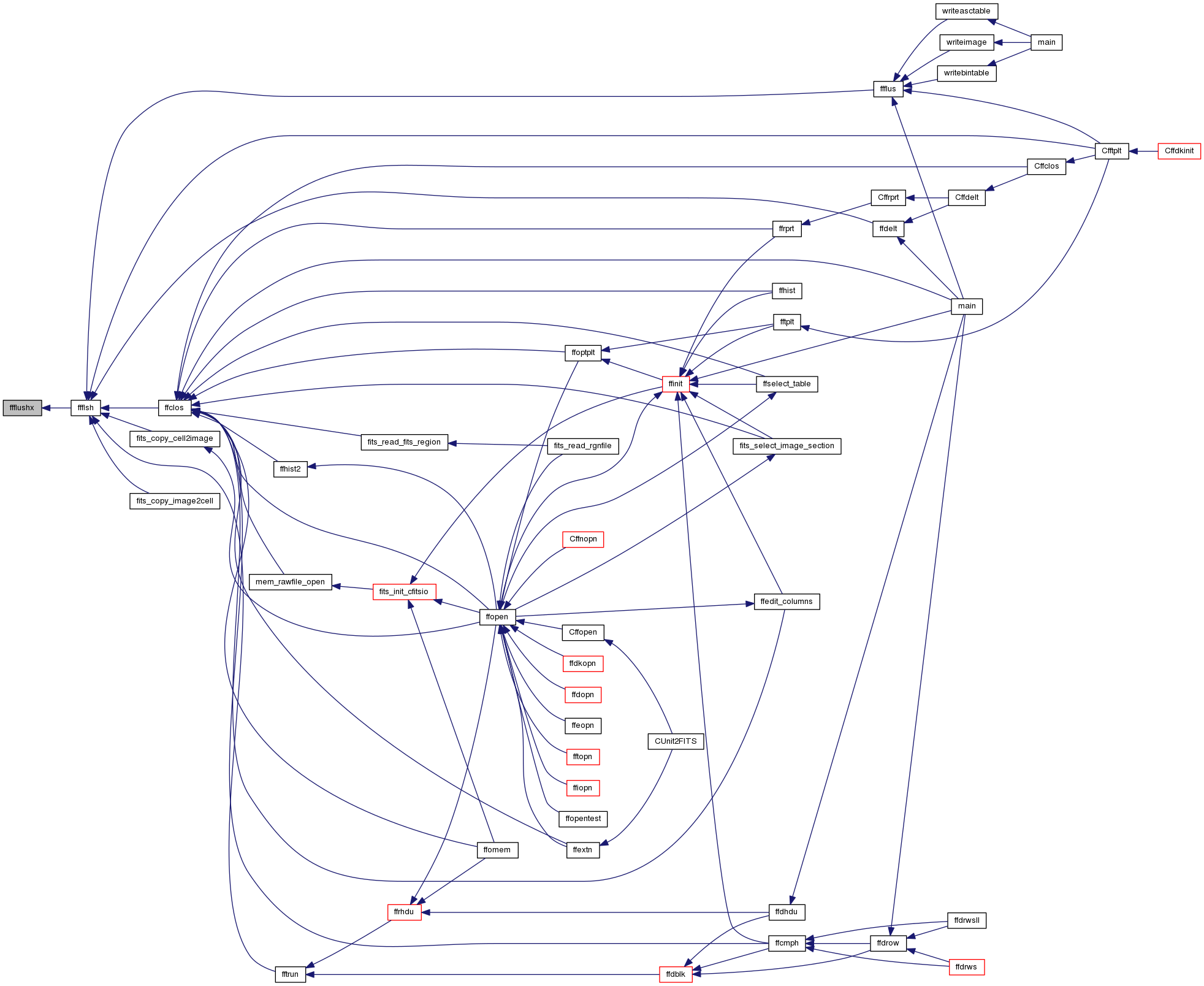
| int fffr4i1 | ( | float * | input, |
| long | ntodo, | ||
| double | scale, | ||
| double | zero, | ||
| int | nullcheck, | ||
| unsigned char | nullval, | ||
| char * | nullarray, | ||
| int * | anynull, | ||
| unsigned char * | output, | ||
| int * | status | ||
| ) |
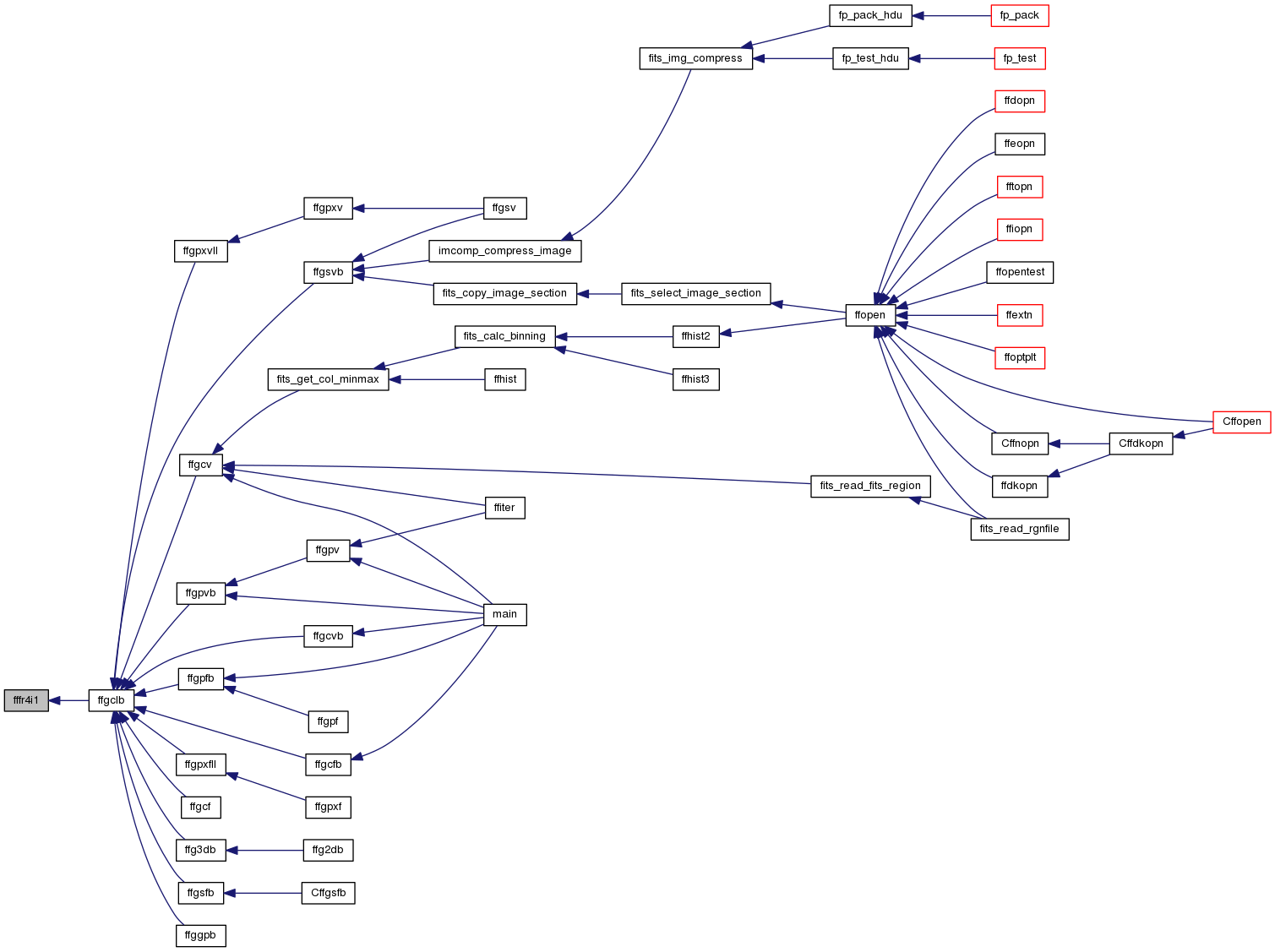
| int fffr4i2 | ( | float * | input, |
| long | ntodo, | ||
| double | scale, | ||
| double | zero, | ||
| int | nullcheck, | ||
| short | nullval, | ||
| char * | nullarray, | ||
| int * | anynull, | ||
| short * | output, | ||
| int * | status | ||
| ) |
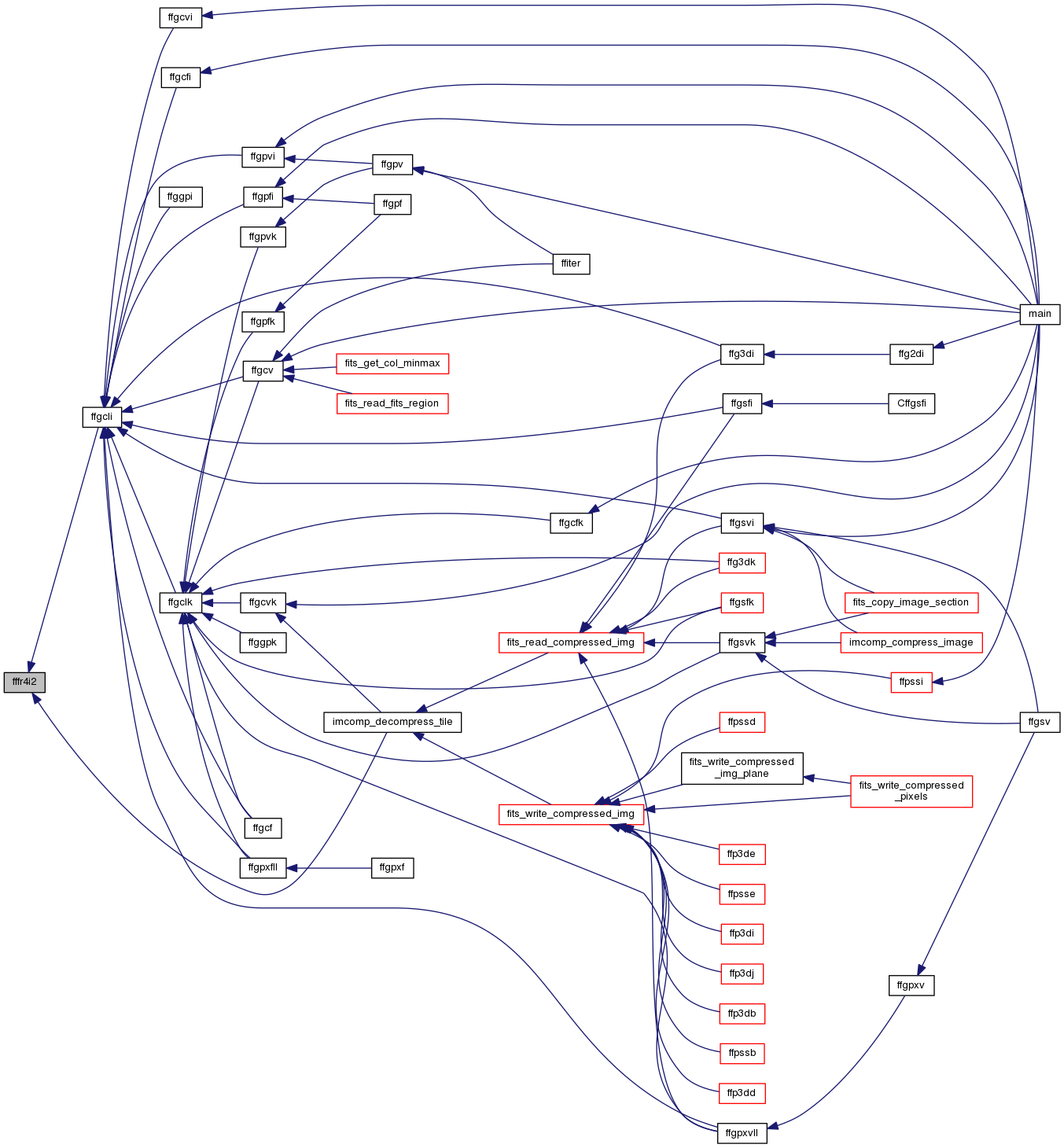
| int fffr4i4 | ( | float * | input, |
| long | ntodo, | ||
| double | scale, | ||
| double | zero, | ||
| int | nullcheck, | ||
| long | nullval, | ||
| char * | nullarray, | ||
| int * | anynull, | ||
| long * | output, | ||
| int * | status | ||
| ) |
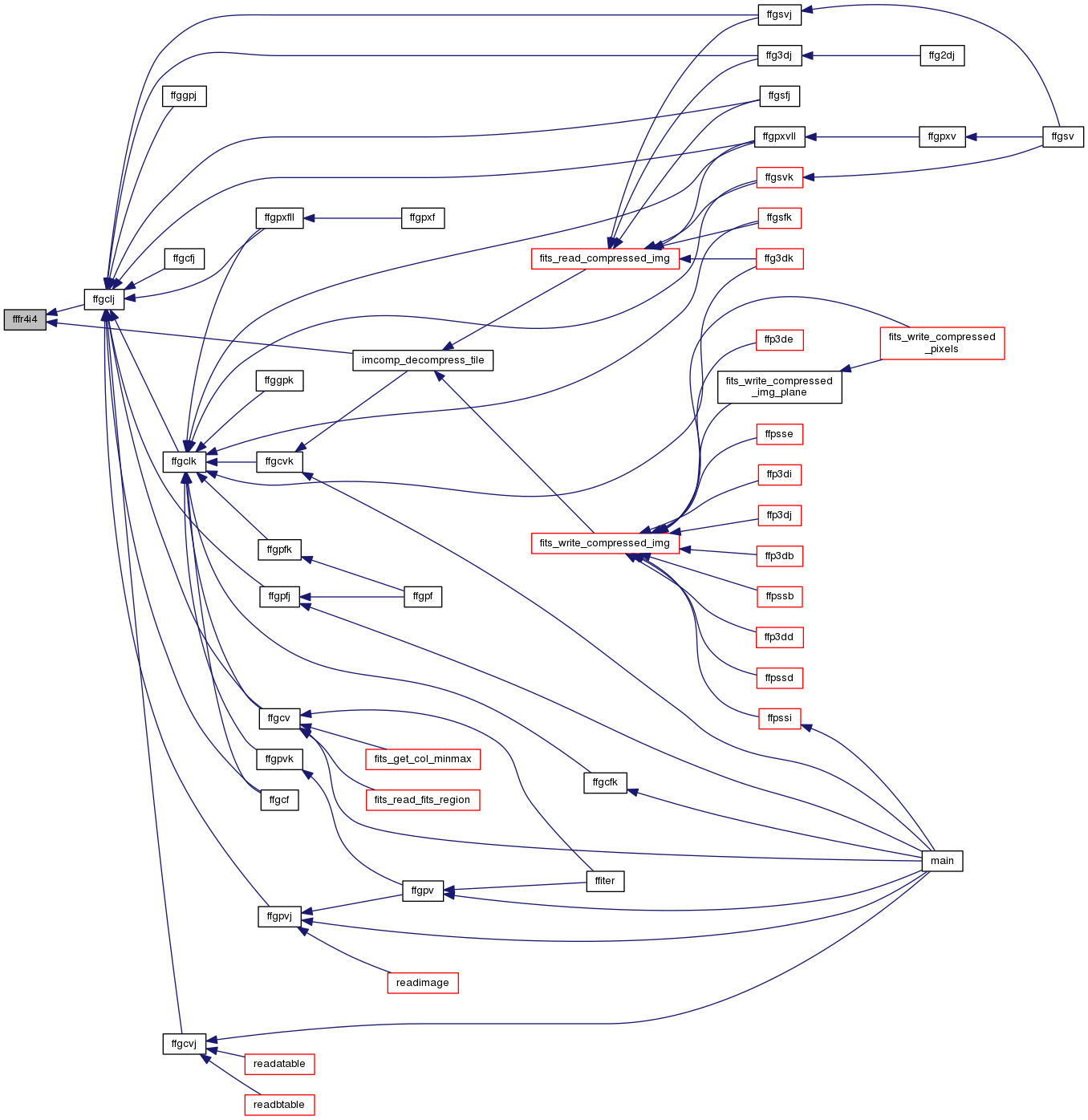
| int fffr4i8 | ( | float * | input, |
| long | ntodo, | ||
| double | scale, | ||
| double | zero, | ||
| int | nullcheck, | ||
| LONGLONG | nullval, | ||
| char * | nullarray, | ||
| int * | anynull, | ||
| LONGLONG * | output, | ||
| int * | status | ||
| ) |
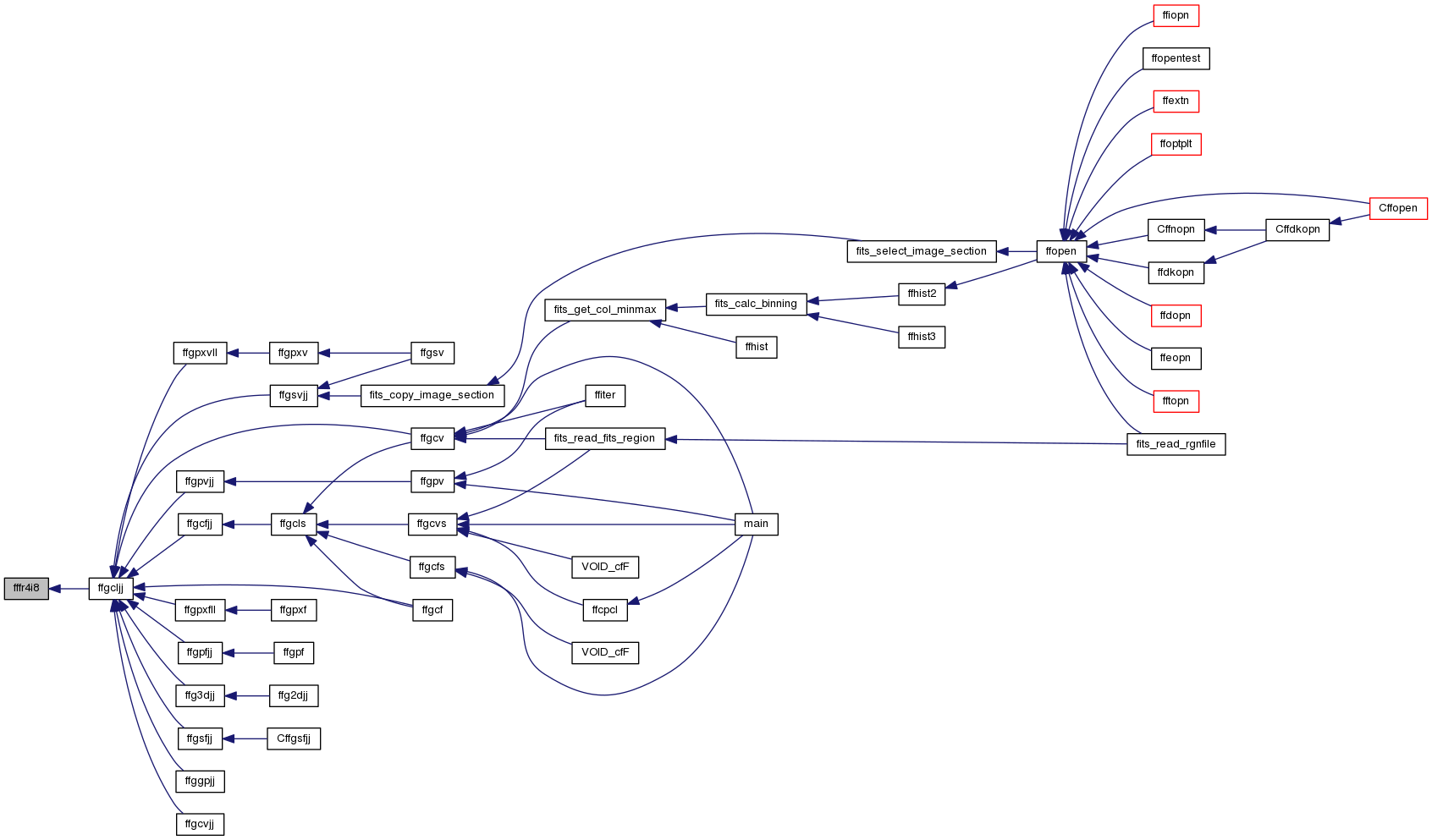
| int fffr4int | ( | float * | input, |
| long | ntodo, | ||
| double | scale, | ||
| double | zero, | ||
| int | nullcheck, | ||
| int | nullval, | ||
| char * | nullarray, | ||
| int * | anynull, | ||
| int * | output, | ||
| int * | status | ||
| ) |
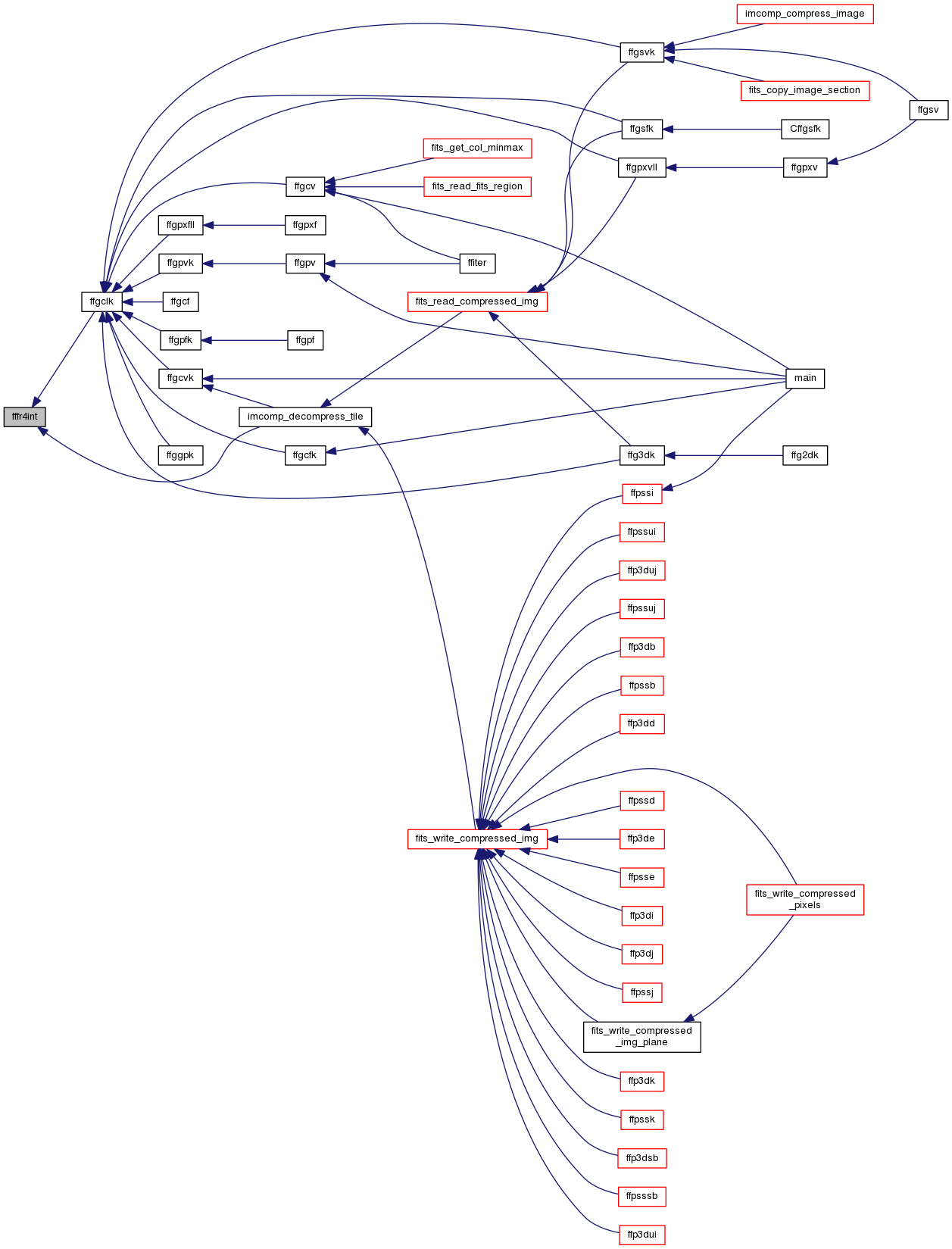
| int fffr4r4 | ( | float * | input, |
| long | ntodo, | ||
| double | scale, | ||
| double | zero, | ||
| int | nullcheck, | ||
| float | nullval, | ||
| char * | nullarray, | ||
| int * | anynull, | ||
| float * | output, | ||
| int * | status | ||
| ) |
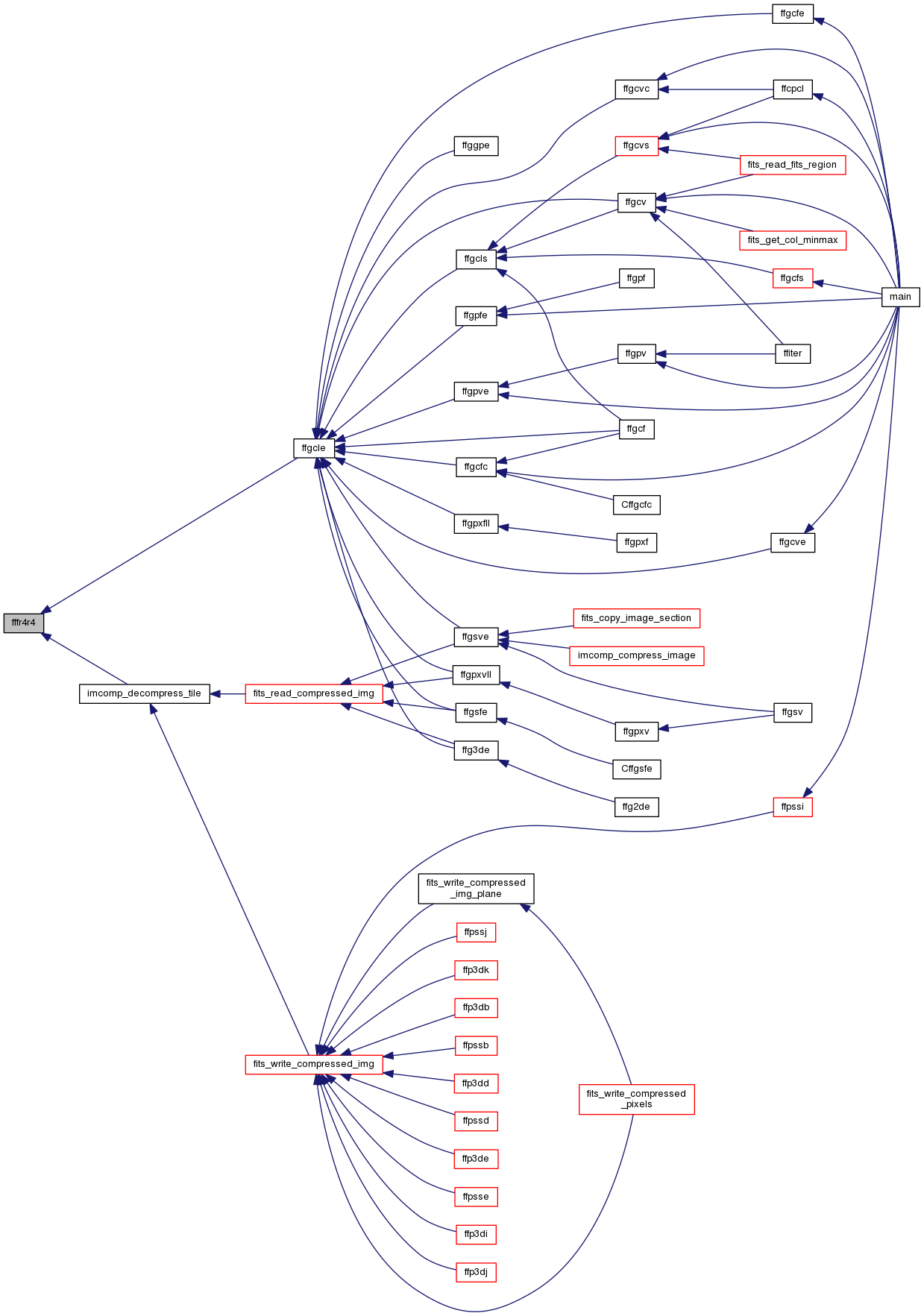
| int fffr4r8 | ( | float * | input, |
| long | ntodo, | ||
| double | scale, | ||
| double | zero, | ||
| int | nullcheck, | ||
| double | nullval, | ||
| char * | nullarray, | ||
| int * | anynull, | ||
| double * | output, | ||
| int * | status | ||
| ) |
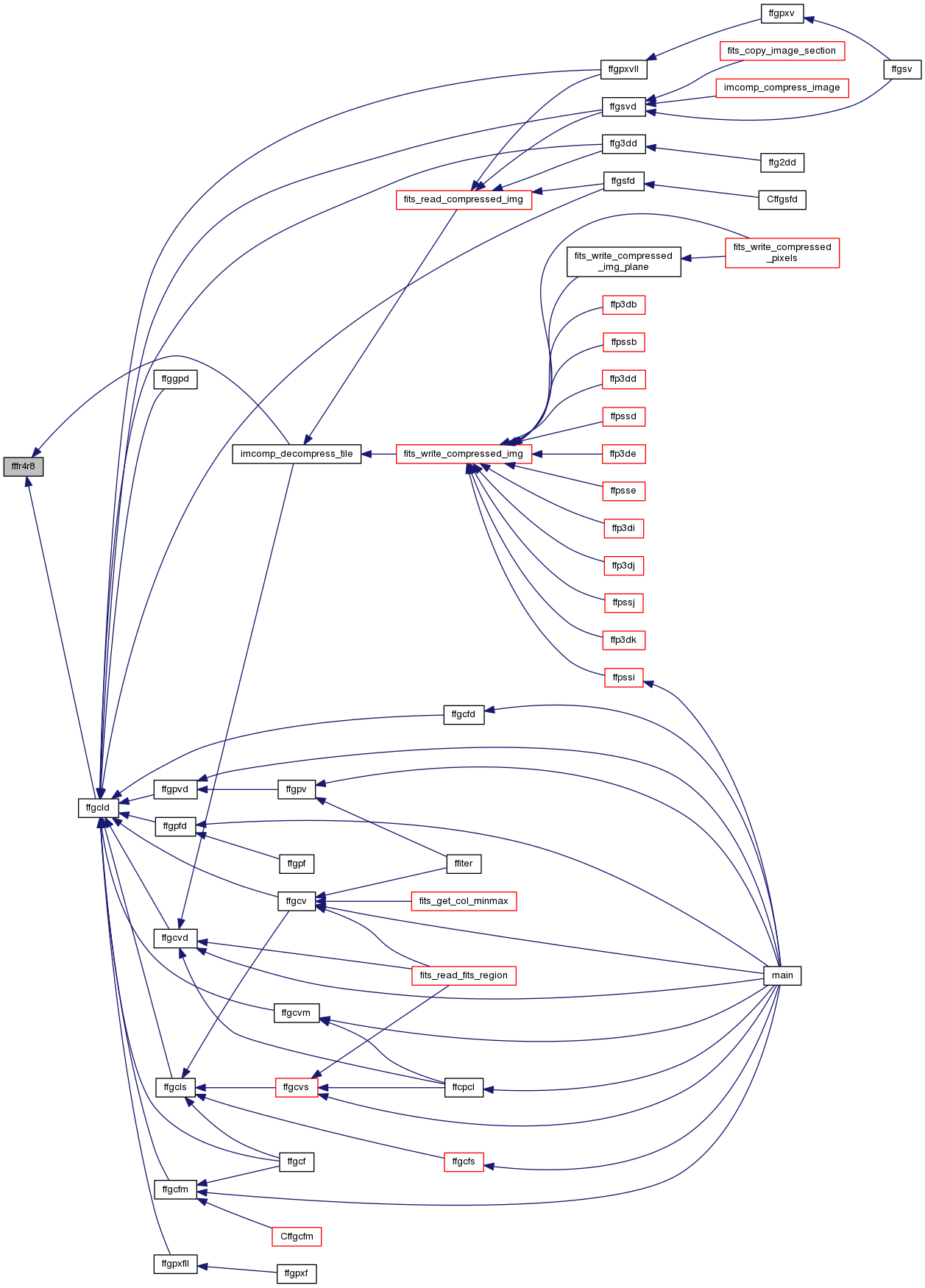
| int fffr4s1 | ( | float * | input, |
| long | ntodo, | ||
| double | scale, | ||
| double | zero, | ||
| int | nullcheck, | ||
| signed char | nullval, | ||
| char * | nullarray, | ||
| int * | anynull, | ||
| signed char * | output, | ||
| int * | status | ||
| ) |
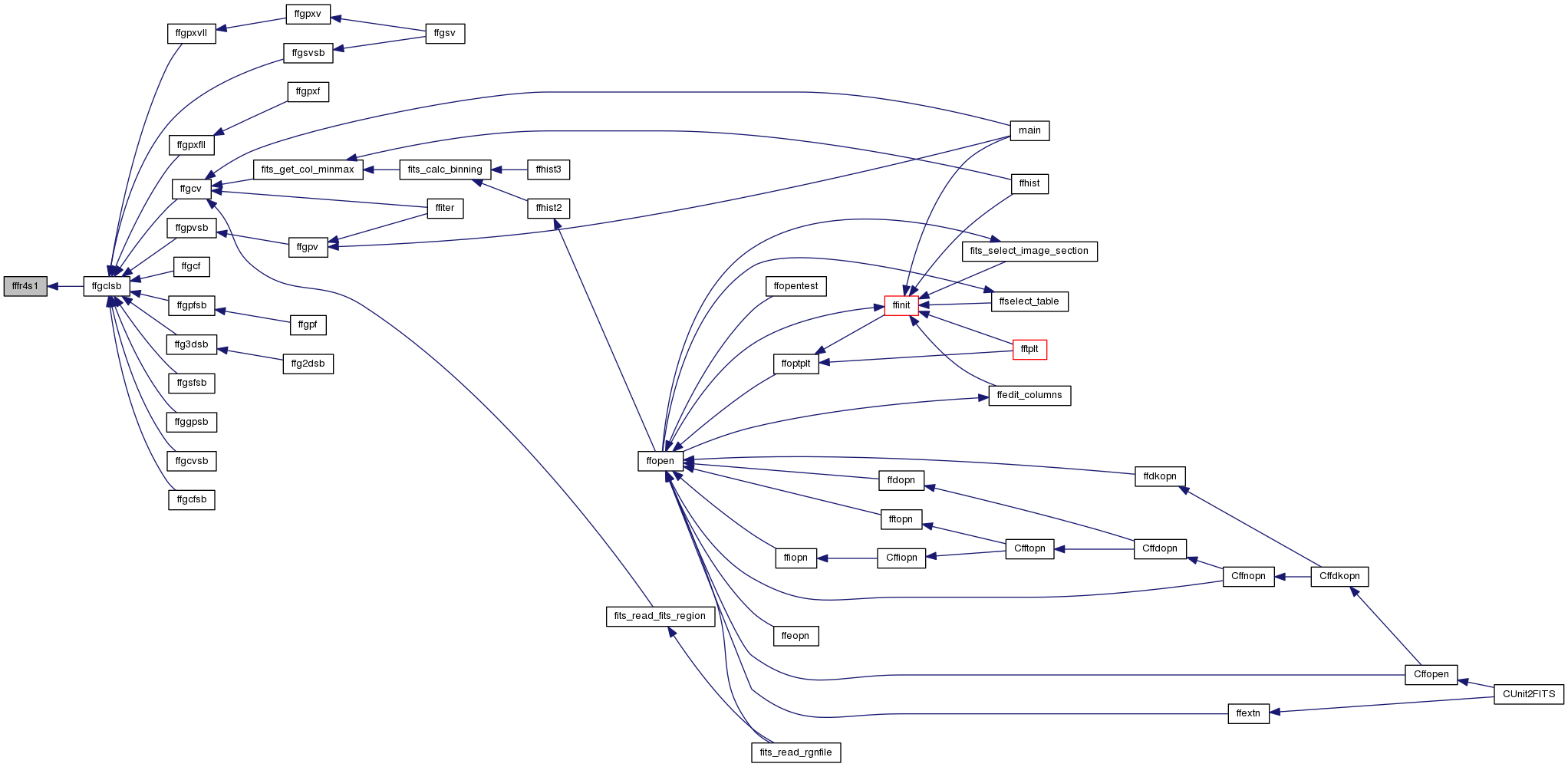
| int fffr4u2 | ( | float * | input, |
| long | ntodo, | ||
| double | scale, | ||
| double | zero, | ||
| int | nullcheck, | ||
| unsigned short | nullval, | ||
| char * | nullarray, | ||
| int * | anynull, | ||
| unsigned short * | output, | ||
| int * | status | ||
| ) |
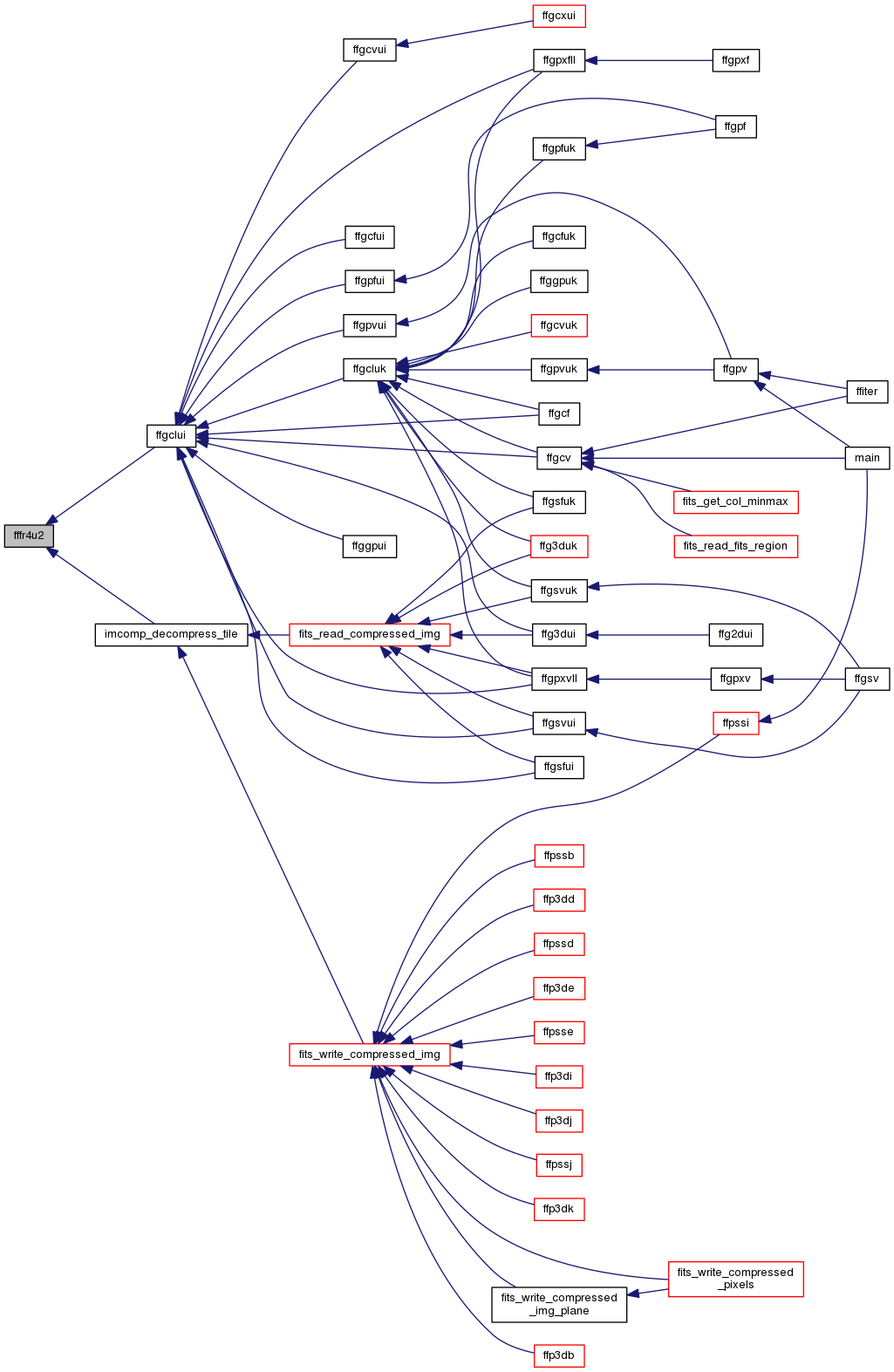
| int fffr4u4 | ( | float * | input, |
| long | ntodo, | ||
| double | scale, | ||
| double | zero, | ||
| int | nullcheck, | ||
| unsigned long | nullval, | ||
| char * | nullarray, | ||
| int * | anynull, | ||
| unsigned long * | output, | ||
| int * | status | ||
| ) |
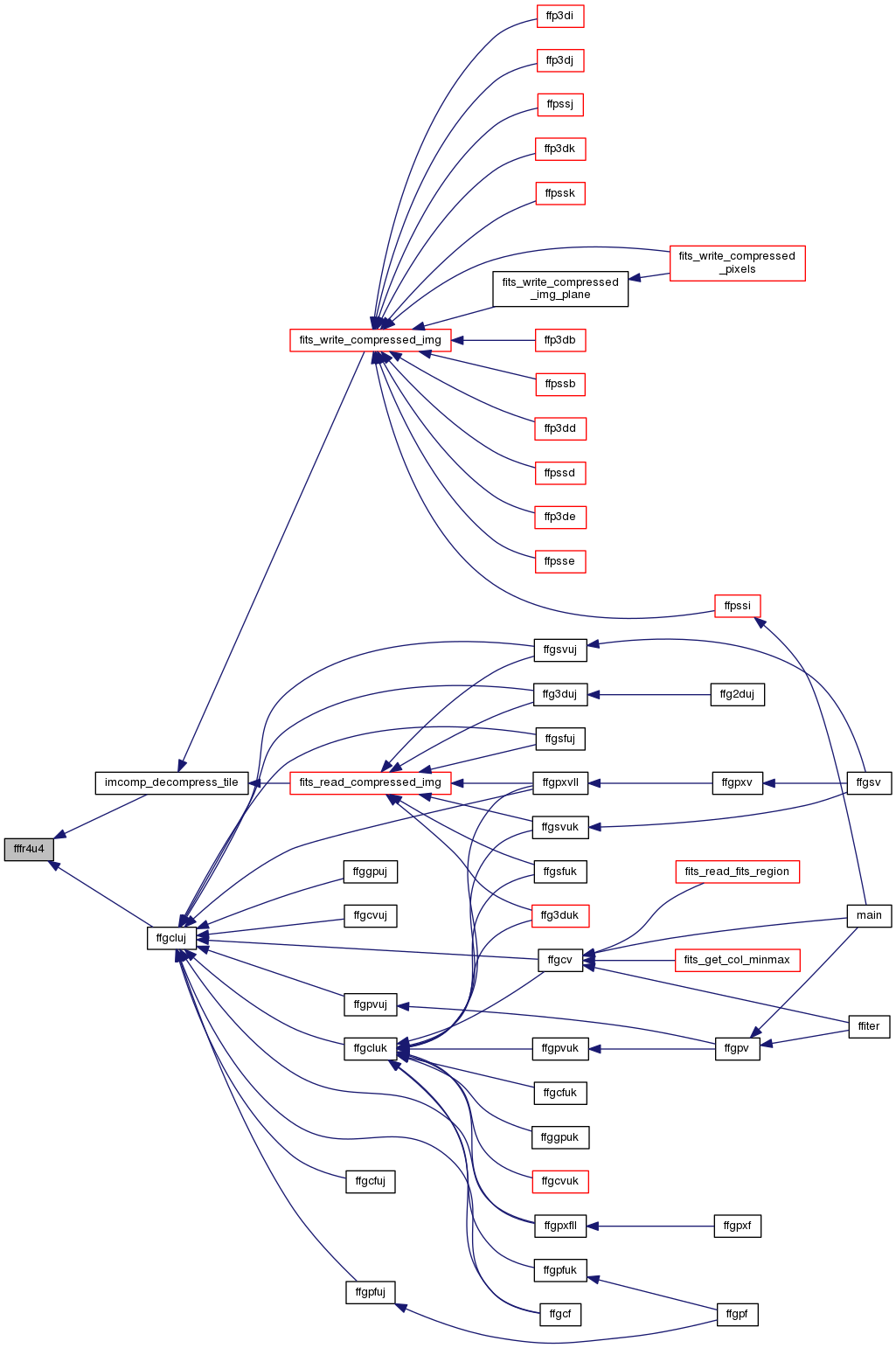
| int fffr4uint | ( | float * | input, |
| long | ntodo, | ||
| double | scale, | ||
| double | zero, | ||
| int | nullcheck, | ||
| unsigned int | nullval, | ||
| char * | nullarray, | ||
| int * | anynull, | ||
| unsigned int * | output, | ||
| int * | status | ||
| ) |
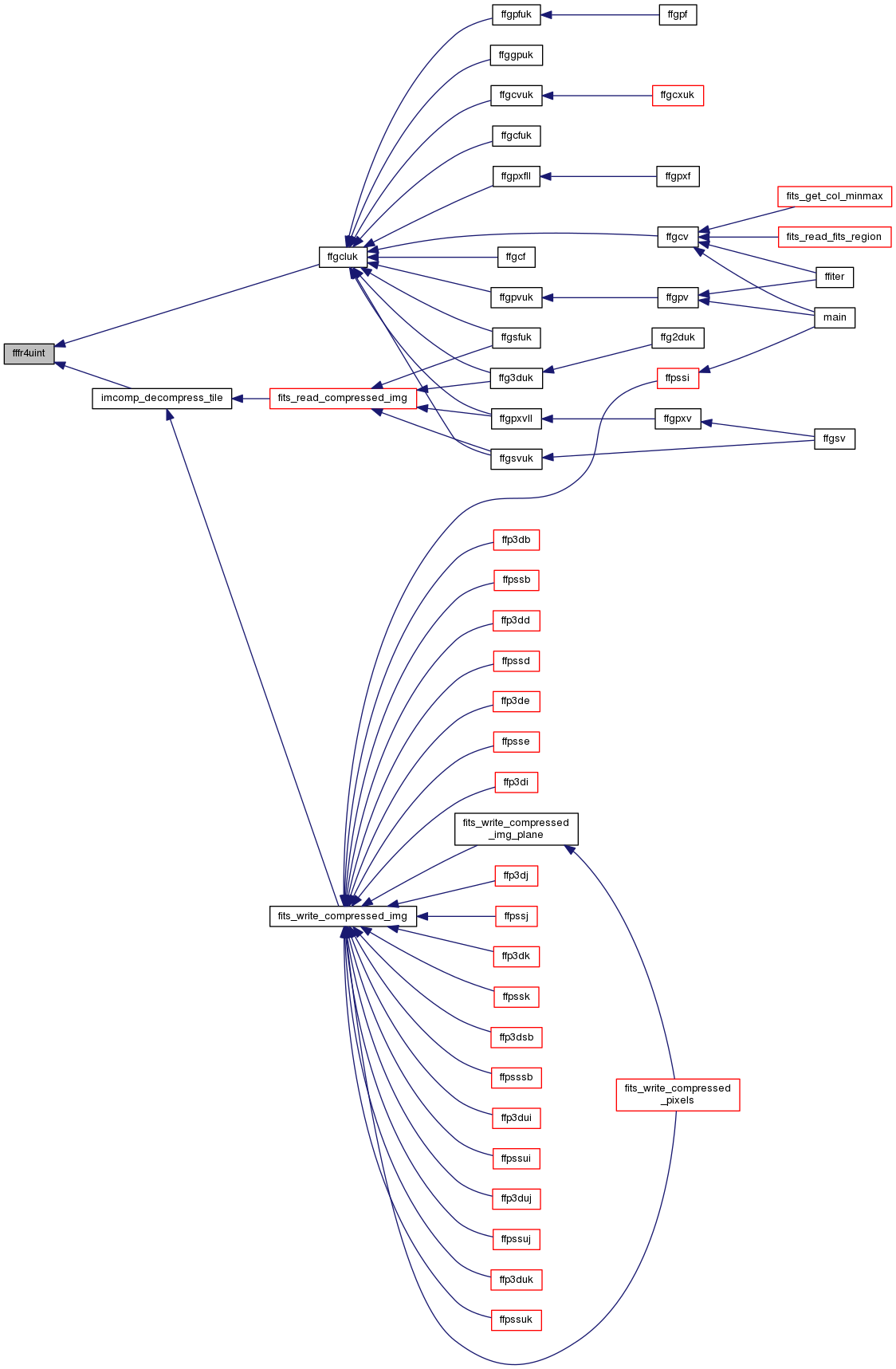
| int fffr8i1 | ( | double * | input, |
| long | ntodo, | ||
| double | scale, | ||
| double | zero, | ||
| int | nullcheck, | ||
| unsigned char | nullval, | ||
| char * | nullarray, | ||
| int * | anynull, | ||
| unsigned char * | output, | ||
| int * | status | ||
| ) |
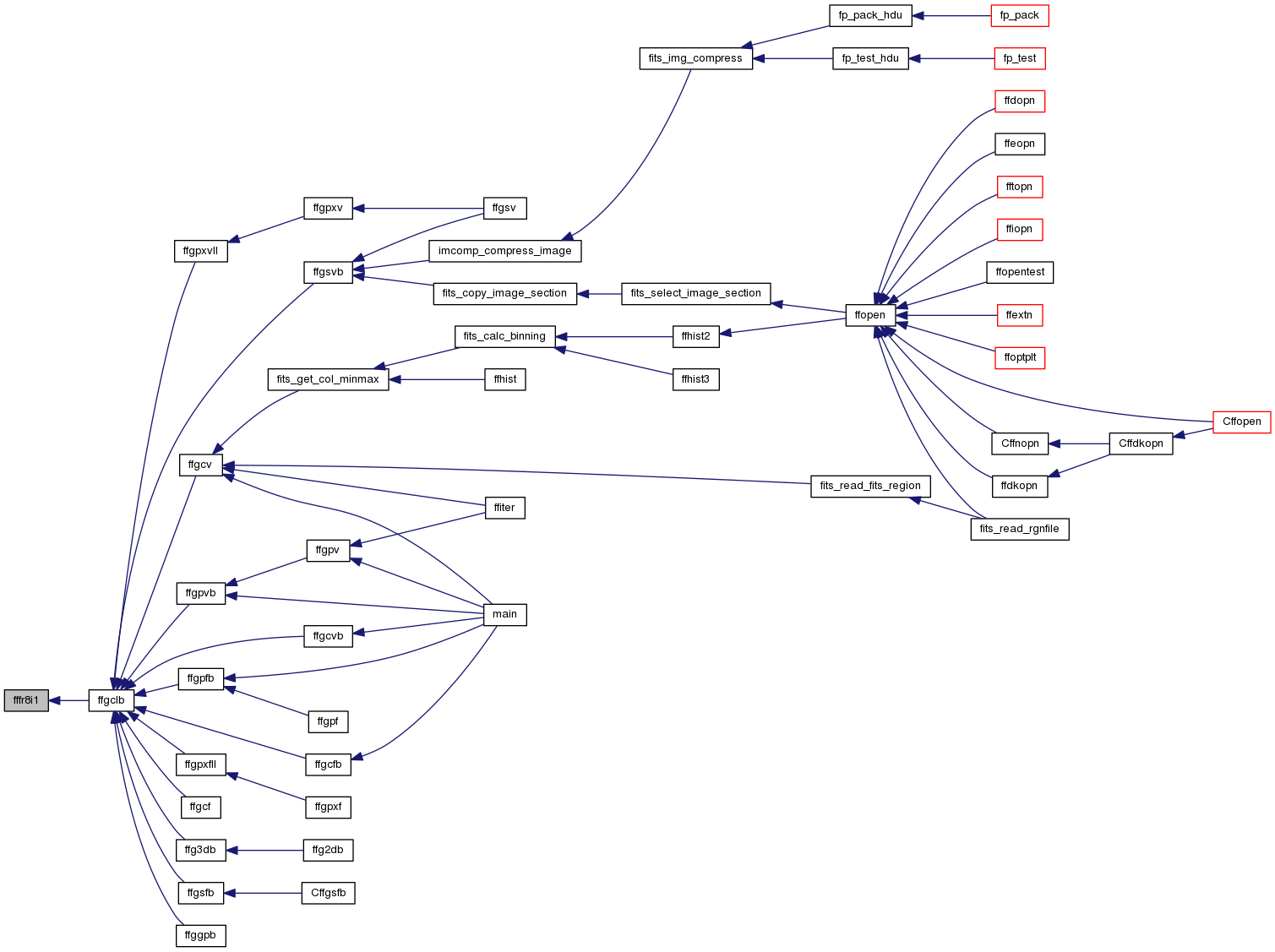
| int fffr8i2 | ( | double * | input, |
| long | ntodo, | ||
| double | scale, | ||
| double | zero, | ||
| int | nullcheck, | ||
| short | nullval, | ||
| char * | nullarray, | ||
| int * | anynull, | ||
| short * | output, | ||
| int * | status | ||
| ) |
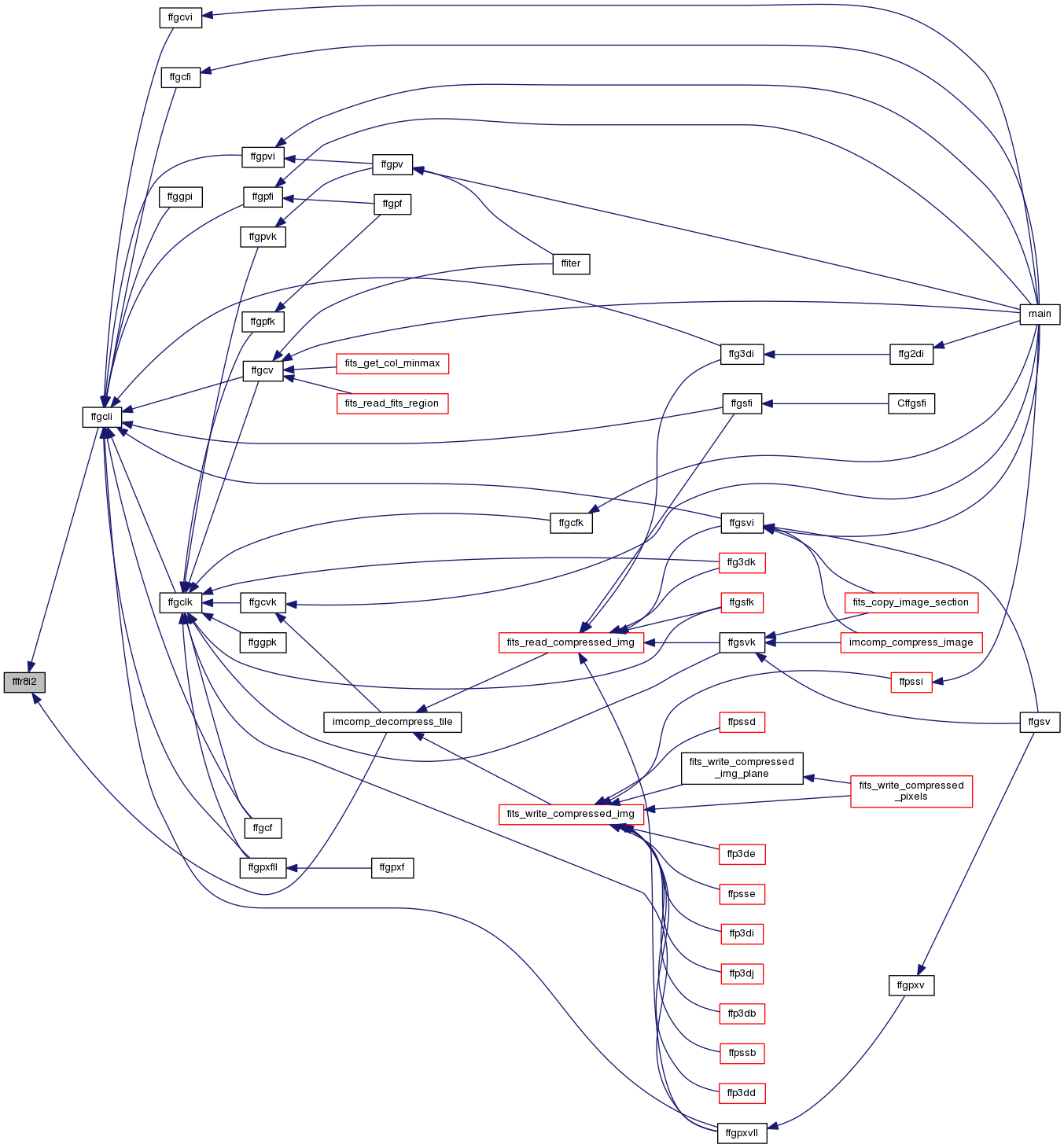
| int fffr8i4 | ( | double * | input, |
| long | ntodo, | ||
| double | scale, | ||
| double | zero, | ||
| int | nullcheck, | ||
| long | nullval, | ||
| char * | nullarray, | ||
| int * | anynull, | ||
| long * | output, | ||
| int * | status | ||
| ) |
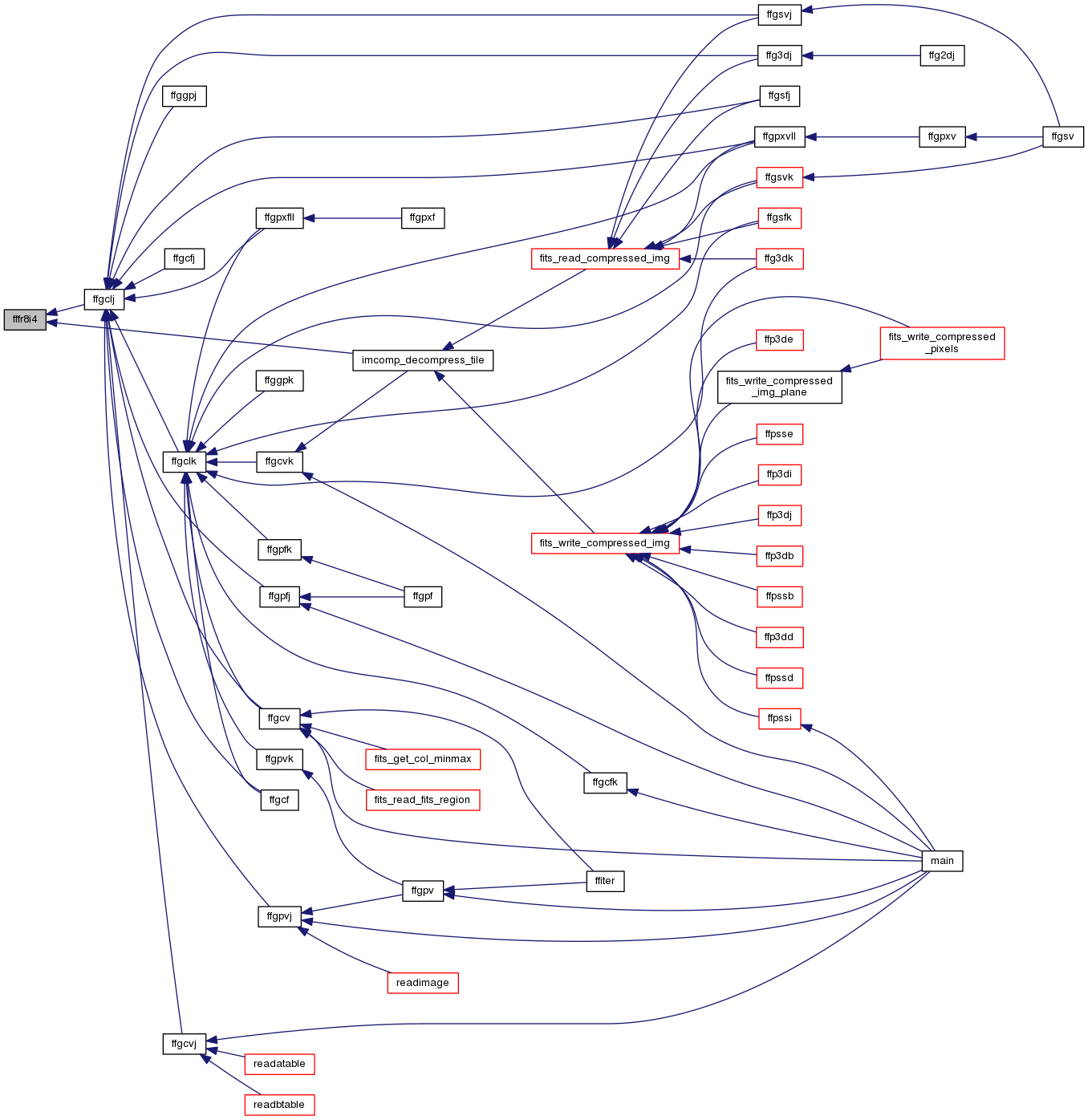
| int fffr8i8 | ( | double * | input, |
| long | ntodo, | ||
| double | scale, | ||
| double | zero, | ||
| int | nullcheck, | ||
| LONGLONG | nullval, | ||
| char * | nullarray, | ||
| int * | anynull, | ||
| LONGLONG * | output, | ||
| int * | status | ||
| ) |
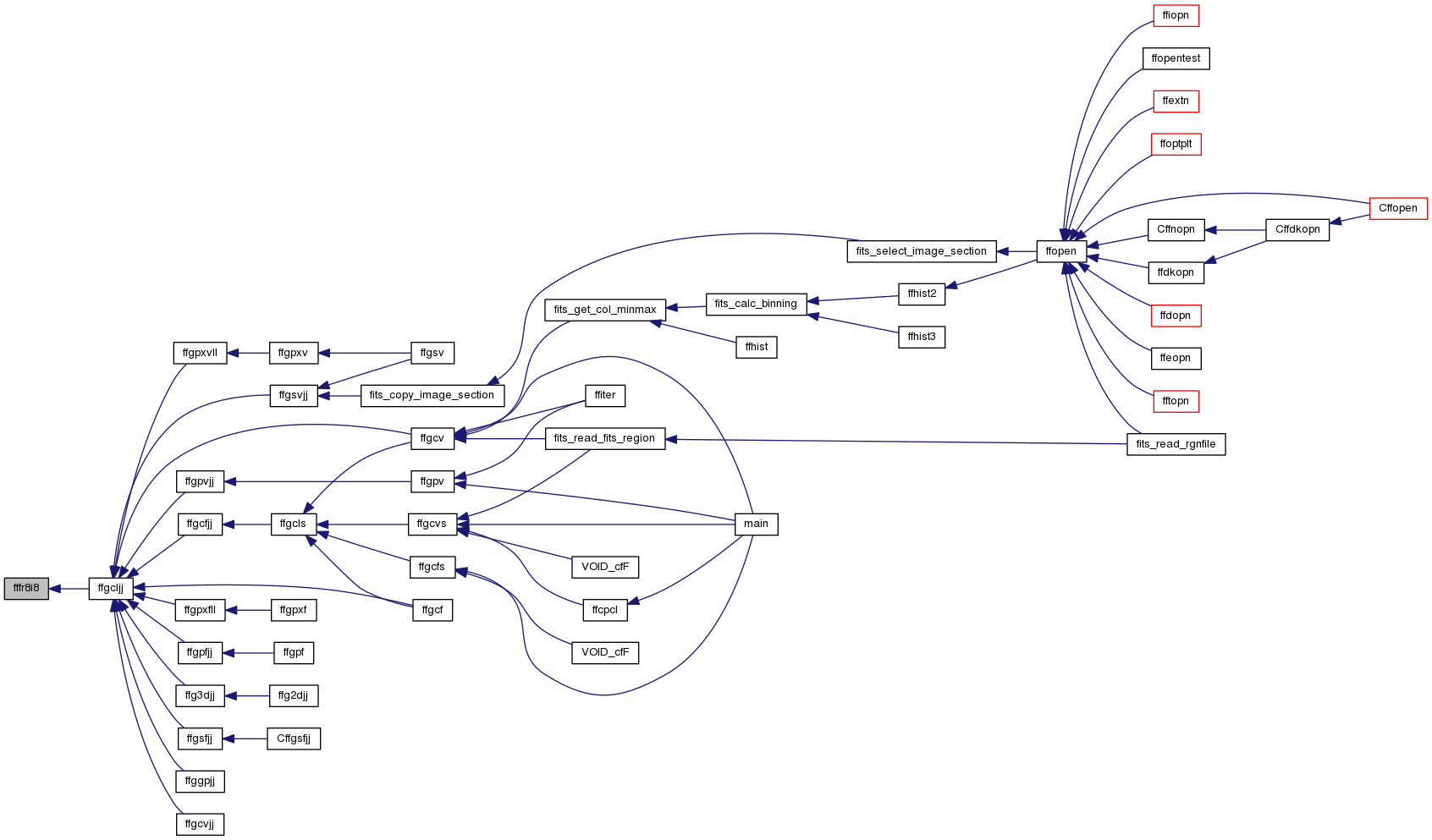
| int fffr8int | ( | double * | input, |
| long | ntodo, | ||
| double | scale, | ||
| double | zero, | ||
| int | nullcheck, | ||
| int | nullval, | ||
| char * | nullarray, | ||
| int * | anynull, | ||
| int * | output, | ||
| int * | status | ||
| ) |
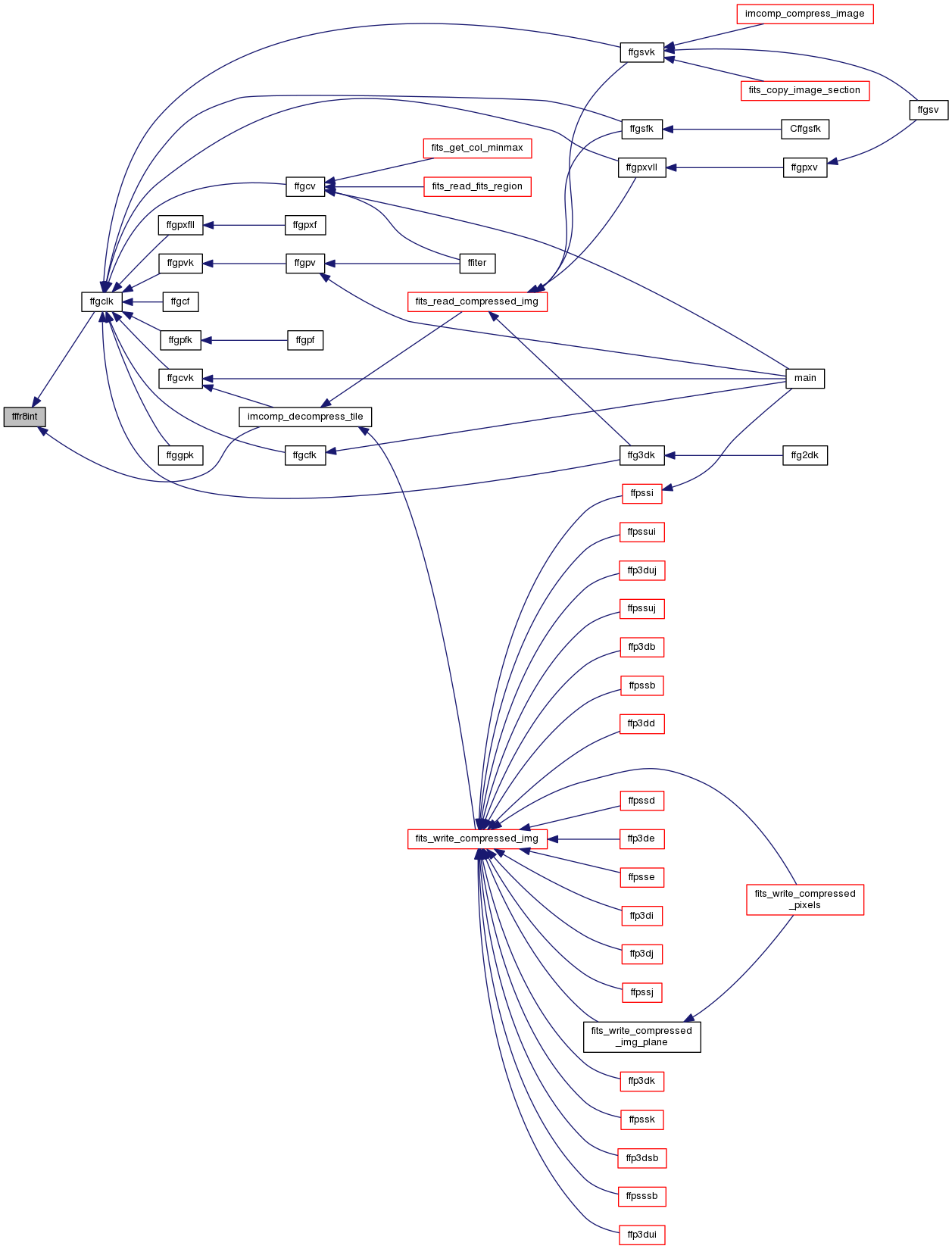
| int fffr8r4 | ( | double * | input, |
| long | ntodo, | ||
| double | scale, | ||
| double | zero, | ||
| int | nullcheck, | ||
| float | nullval, | ||
| char * | nullarray, | ||
| int * | anynull, | ||
| float * | output, | ||
| int * | status | ||
| ) |
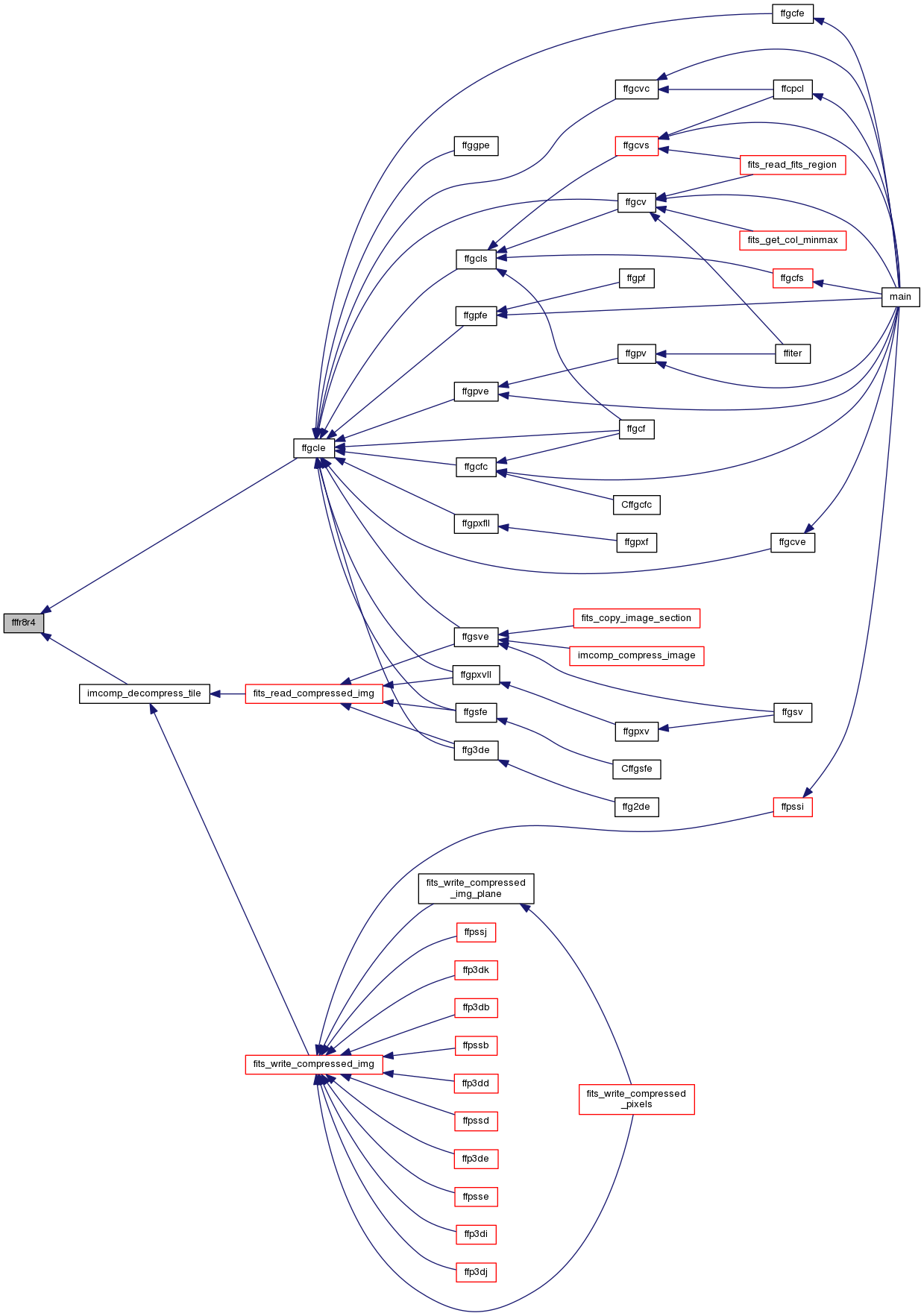
| int fffr8r8 | ( | double * | input, |
| long | ntodo, | ||
| double | scale, | ||
| double | zero, | ||
| int | nullcheck, | ||
| double | nullval, | ||
| char * | nullarray, | ||
| int * | anynull, | ||
| double * | output, | ||
| int * | status | ||
| ) |
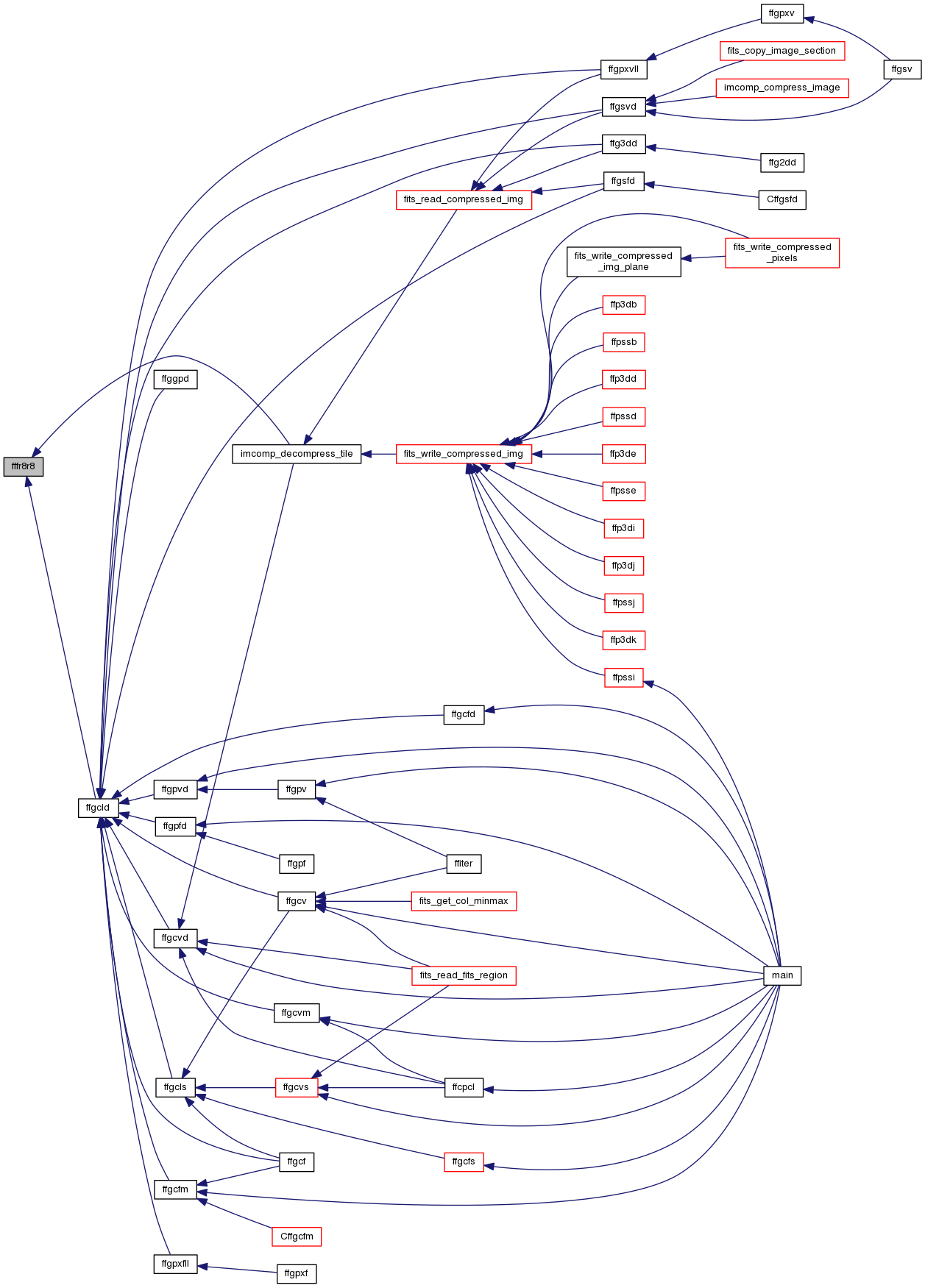
| int fffr8s1 | ( | double * | input, |
| long | ntodo, | ||
| double | scale, | ||
| double | zero, | ||
| int | nullcheck, | ||
| signed char | nullval, | ||
| char * | nullarray, | ||
| int * | anynull, | ||
| signed char * | output, | ||
| int * | status | ||
| ) |
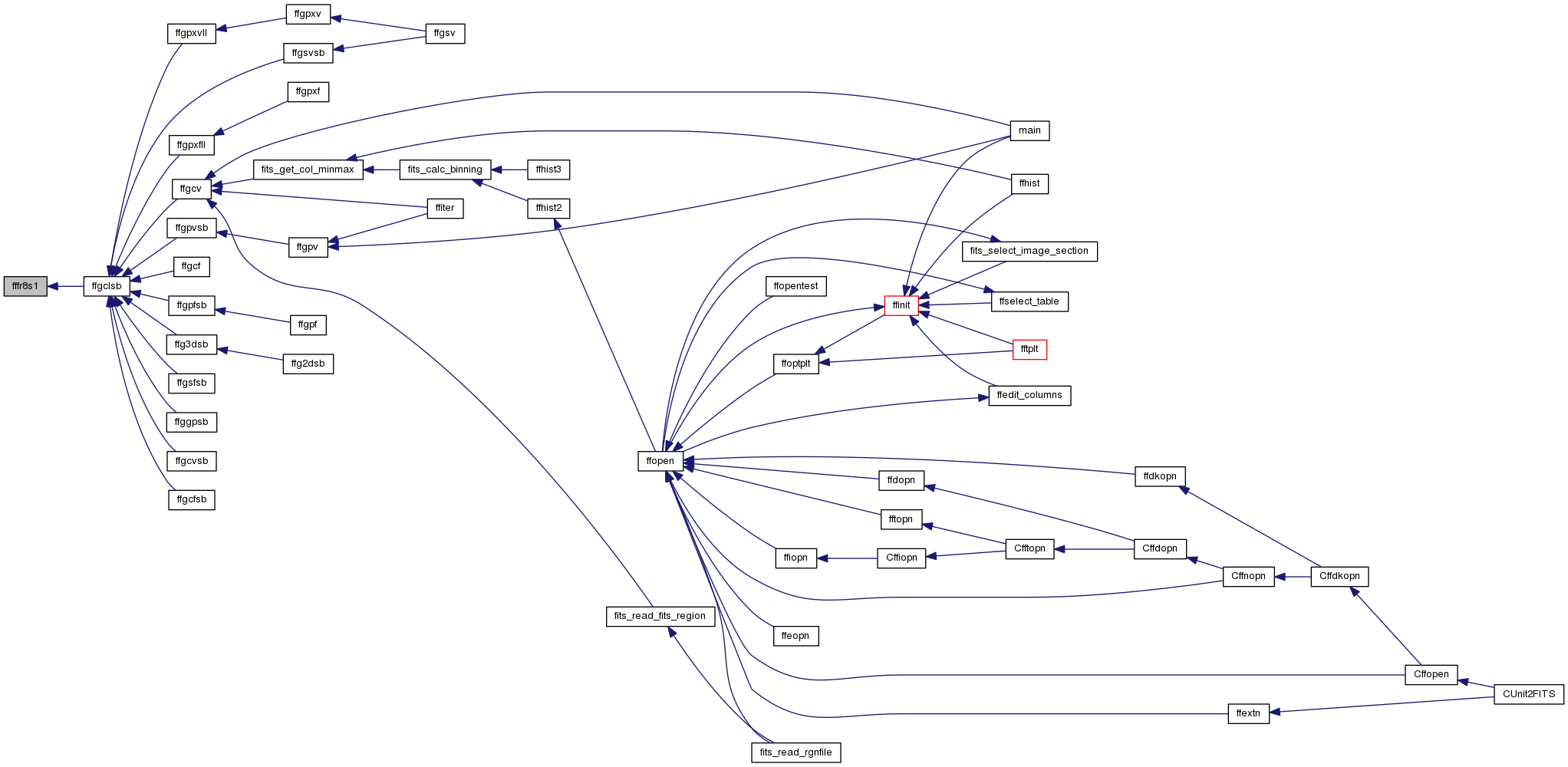
| int fffr8u2 | ( | double * | input, |
| long | ntodo, | ||
| double | scale, | ||
| double | zero, | ||
| int | nullcheck, | ||
| unsigned short | nullval, | ||
| char * | nullarray, | ||
| int * | anynull, | ||
| unsigned short * | output, | ||
| int * | status | ||
| ) |
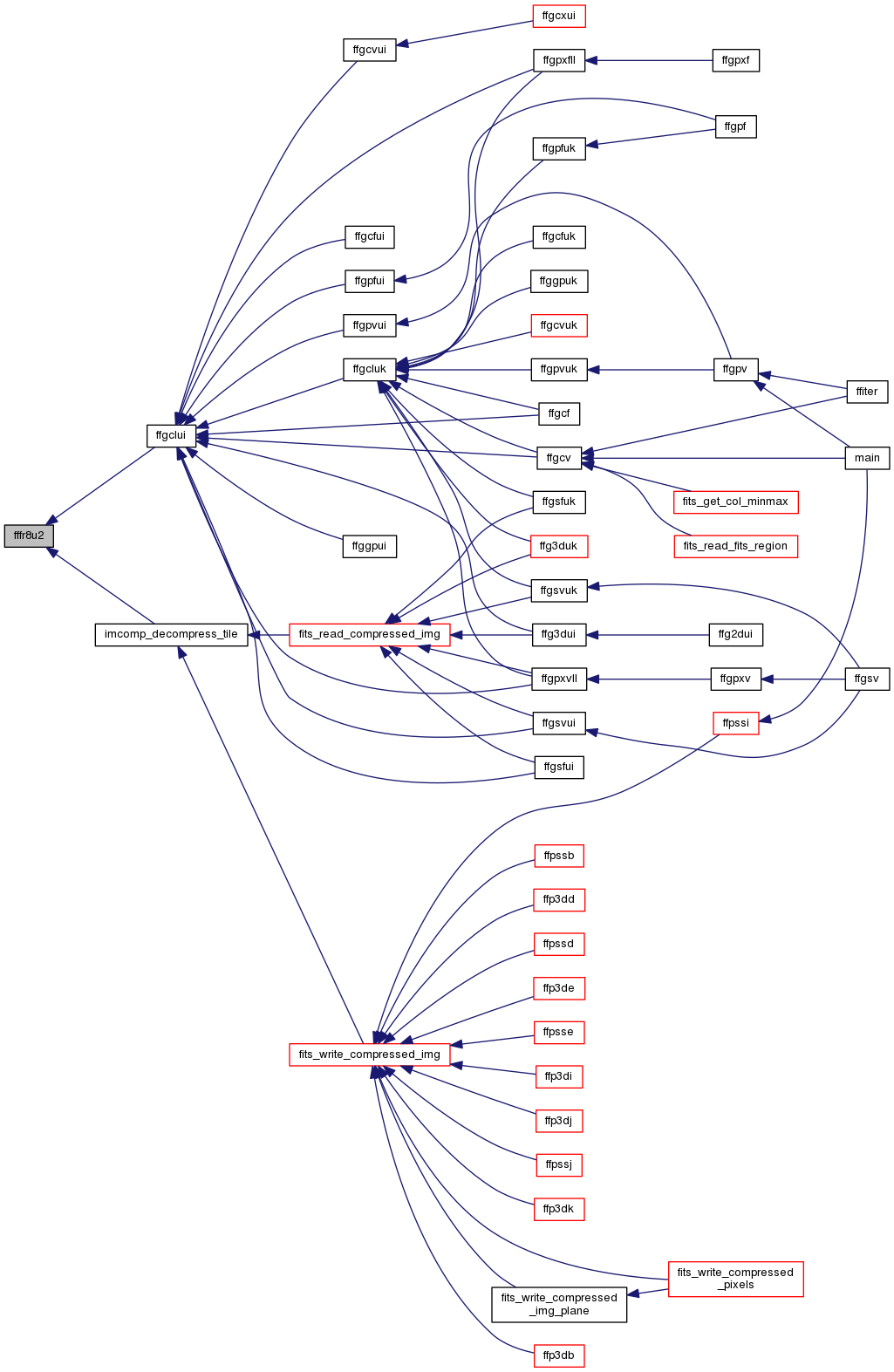
| int fffr8u4 | ( | double * | input, |
| long | ntodo, | ||
| double | scale, | ||
| double | zero, | ||
| int | nullcheck, | ||
| unsigned long | nullval, | ||
| char * | nullarray, | ||
| int * | anynull, | ||
| unsigned long * | output, | ||
| int * | status | ||
| ) |
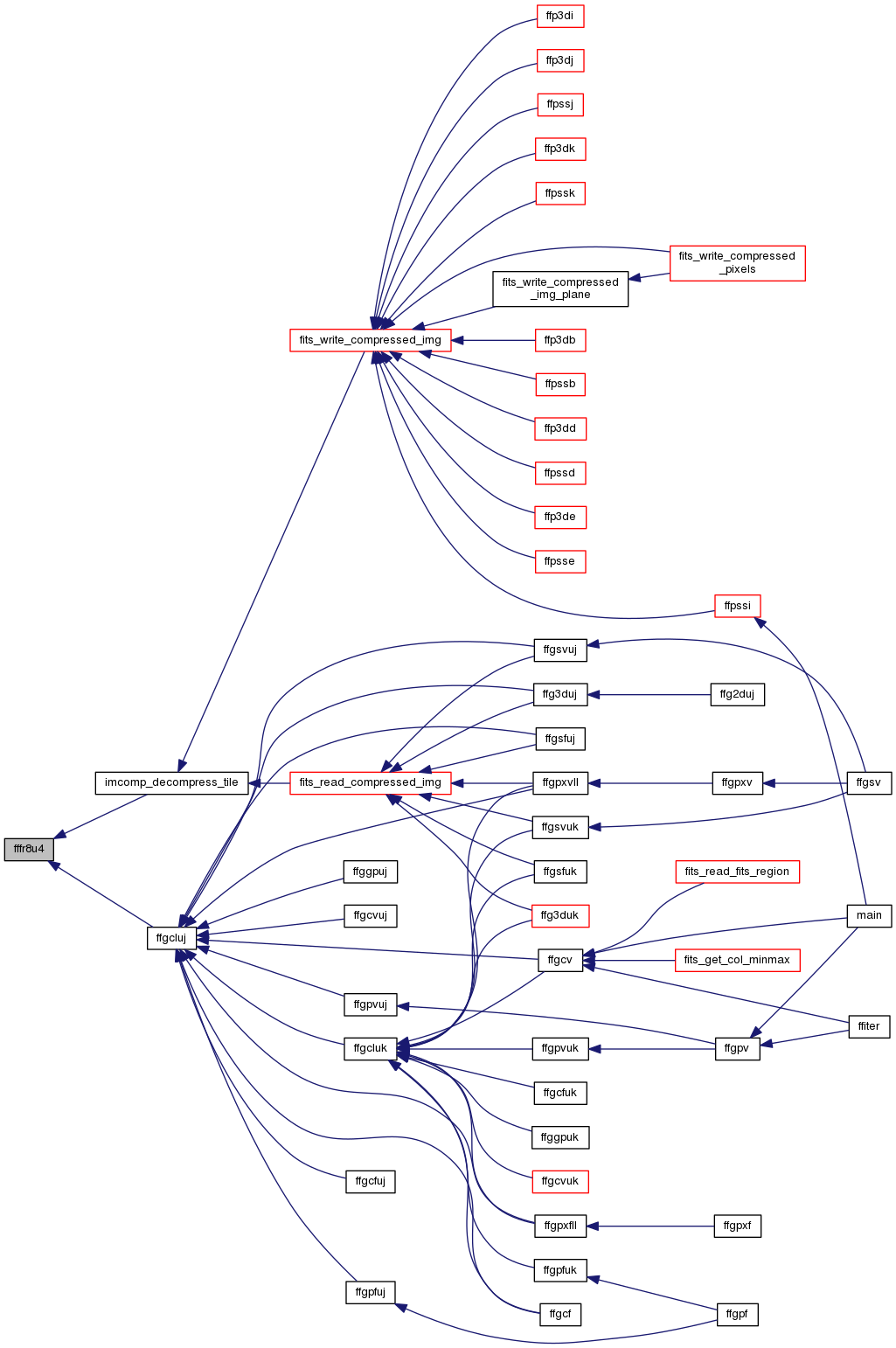
| int fffr8uint | ( | double * | input, |
| long | ntodo, | ||
| double | scale, | ||
| double | zero, | ||
| int | nullcheck, | ||
| unsigned int | nullval, | ||
| char * | nullarray, | ||
| int * | anynull, | ||
| unsigned int * | output, | ||
| int * | status | ||
| ) |
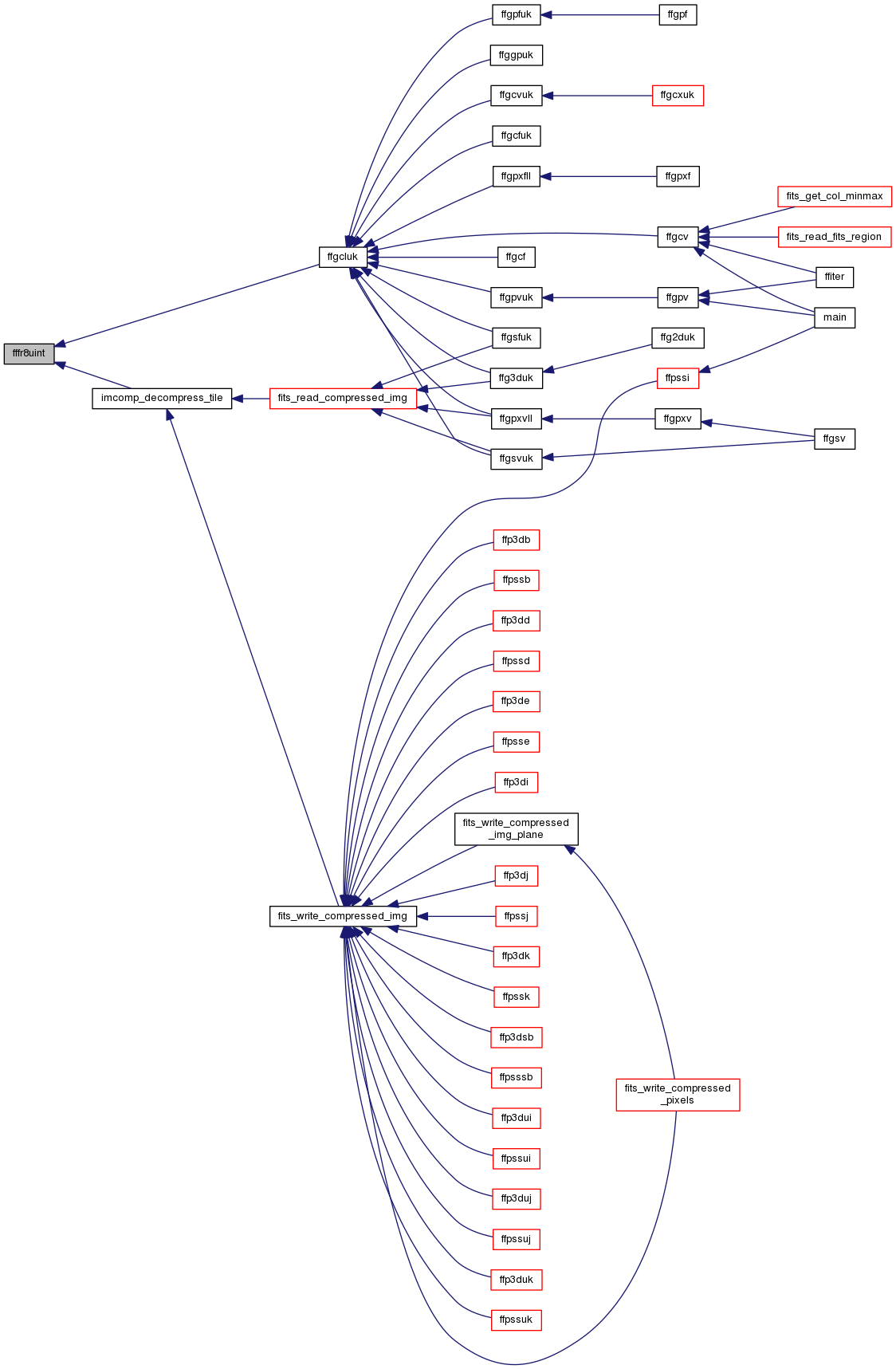
| int fffstri1 | ( | char * | input, |
| long | ntodo, | ||
| double | scale, | ||
| double | zero, | ||
| long | twidth, | ||
| double | power, | ||
| int | nullcheck, | ||
| char * | snull, | ||
| unsigned char | nullval, | ||
| char * | nullarray, | ||
| int * | anynull, | ||
| unsigned char * | output, | ||
| int * | status | ||
| ) |

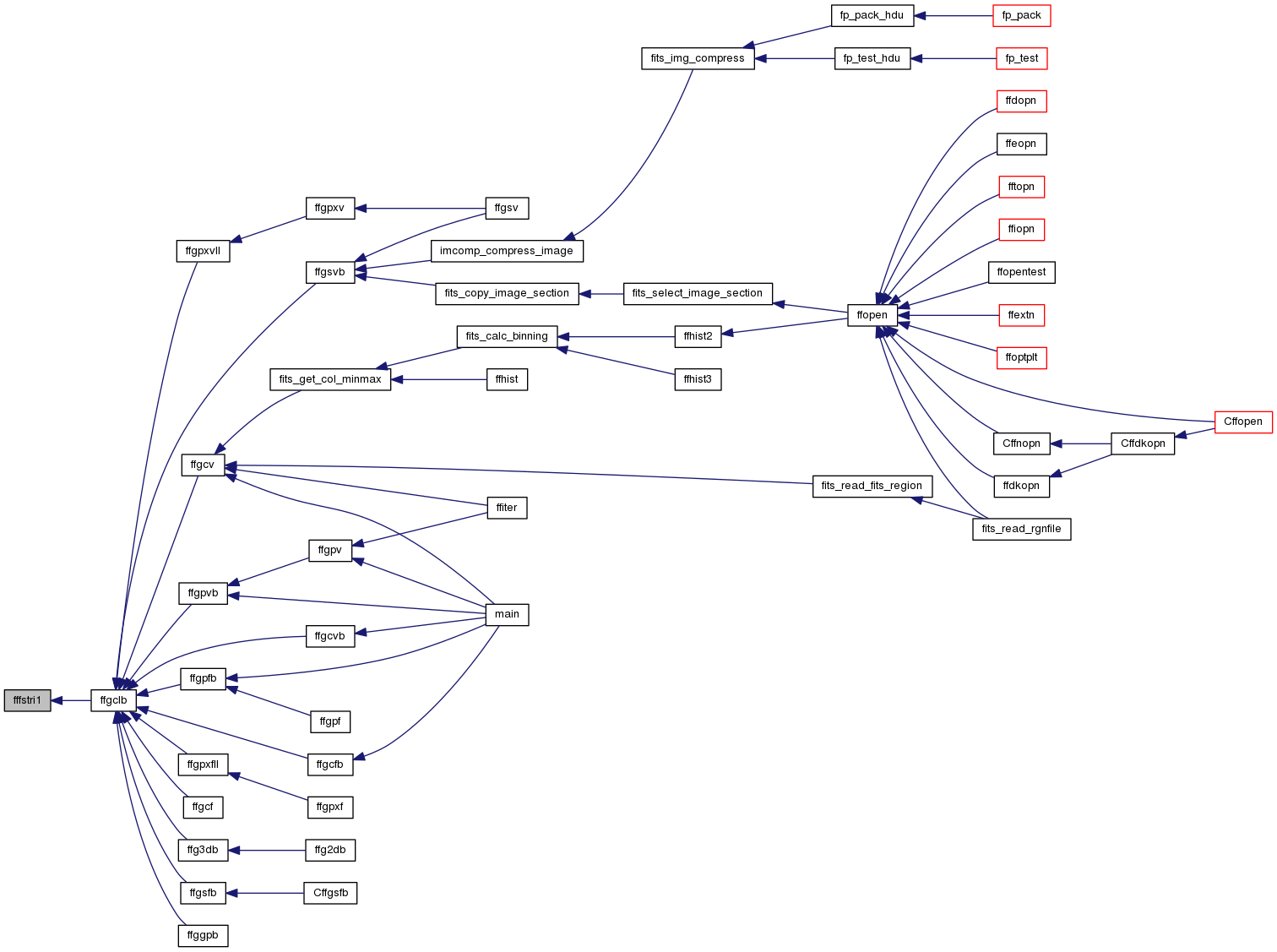
| int fffstri2 | ( | char * | input, |
| long | ntodo, | ||
| double | scale, | ||
| double | zero, | ||
| long | twidth, | ||
| double | power, | ||
| int | nullcheck, | ||
| char * | snull, | ||
| short | nullval, | ||
| char * | nullarray, | ||
| int * | anynull, | ||
| short * | output, | ||
| int * | status | ||
| ) |

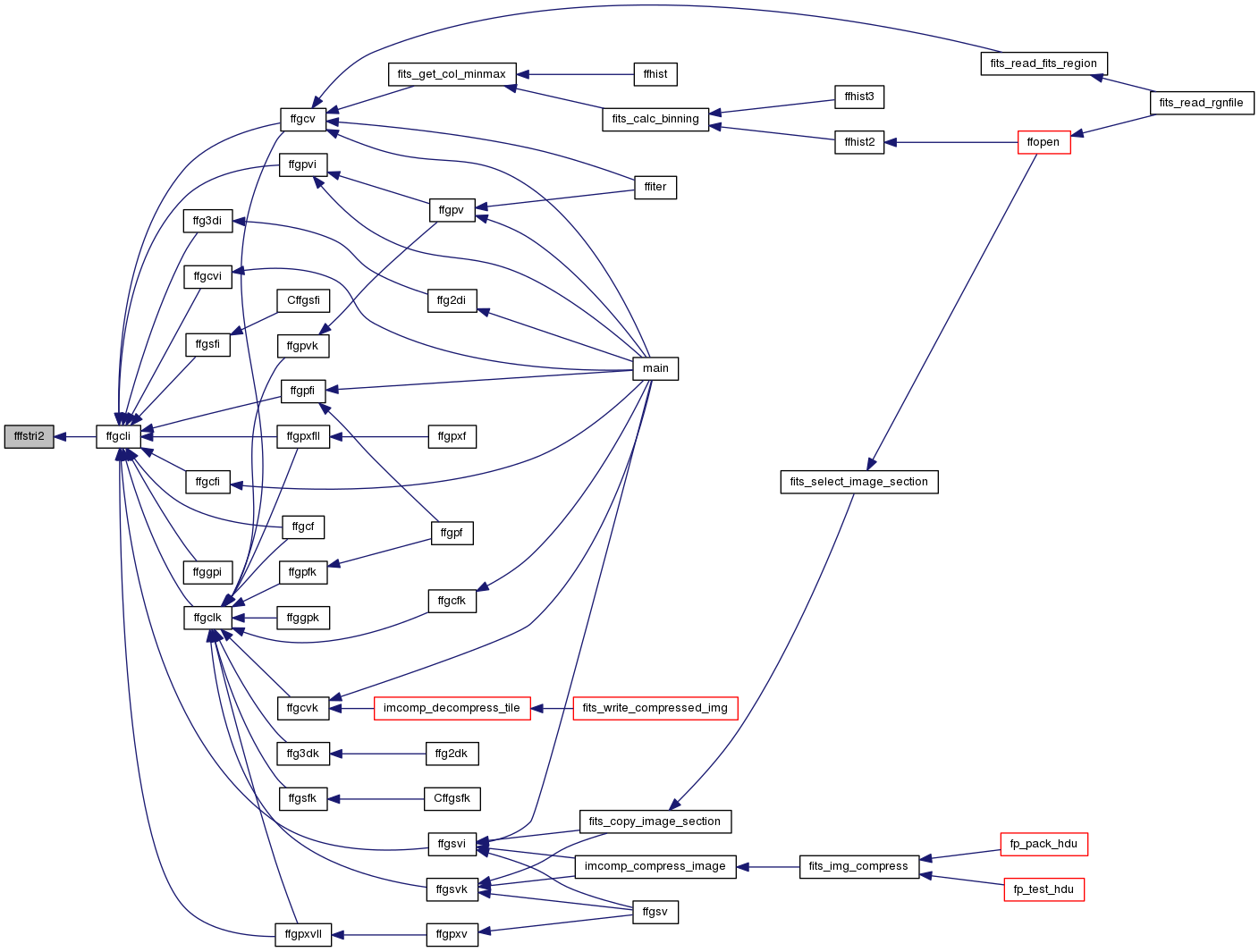
| int fffstri4 | ( | char * | input, |
| long | ntodo, | ||
| double | scale, | ||
| double | zero, | ||
| long | twidth, | ||
| double | power, | ||
| int | nullcheck, | ||
| char * | snull, | ||
| long | nullval, | ||
| char * | nullarray, | ||
| int * | anynull, | ||
| long * | output, | ||
| int * | status | ||
| ) |

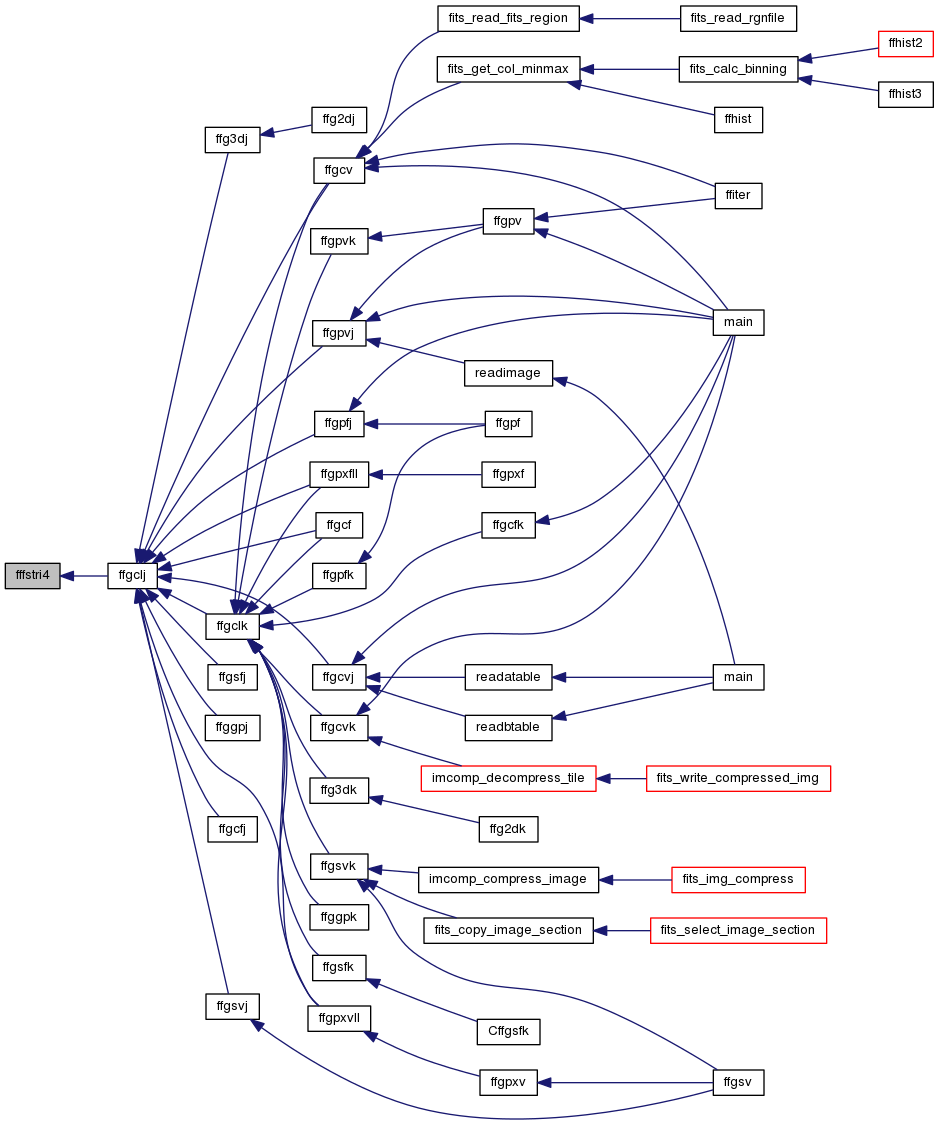
| int fffstri8 | ( | char * | input, |
| long | ntodo, | ||
| double | scale, | ||
| double | zero, | ||
| long | twidth, | ||
| double | power, | ||
| int | nullcheck, | ||
| char * | snull, | ||
| LONGLONG | nullval, | ||
| char * | nullarray, | ||
| int * | anynull, | ||
| LONGLONG * | output, | ||
| int * | status | ||
| ) |

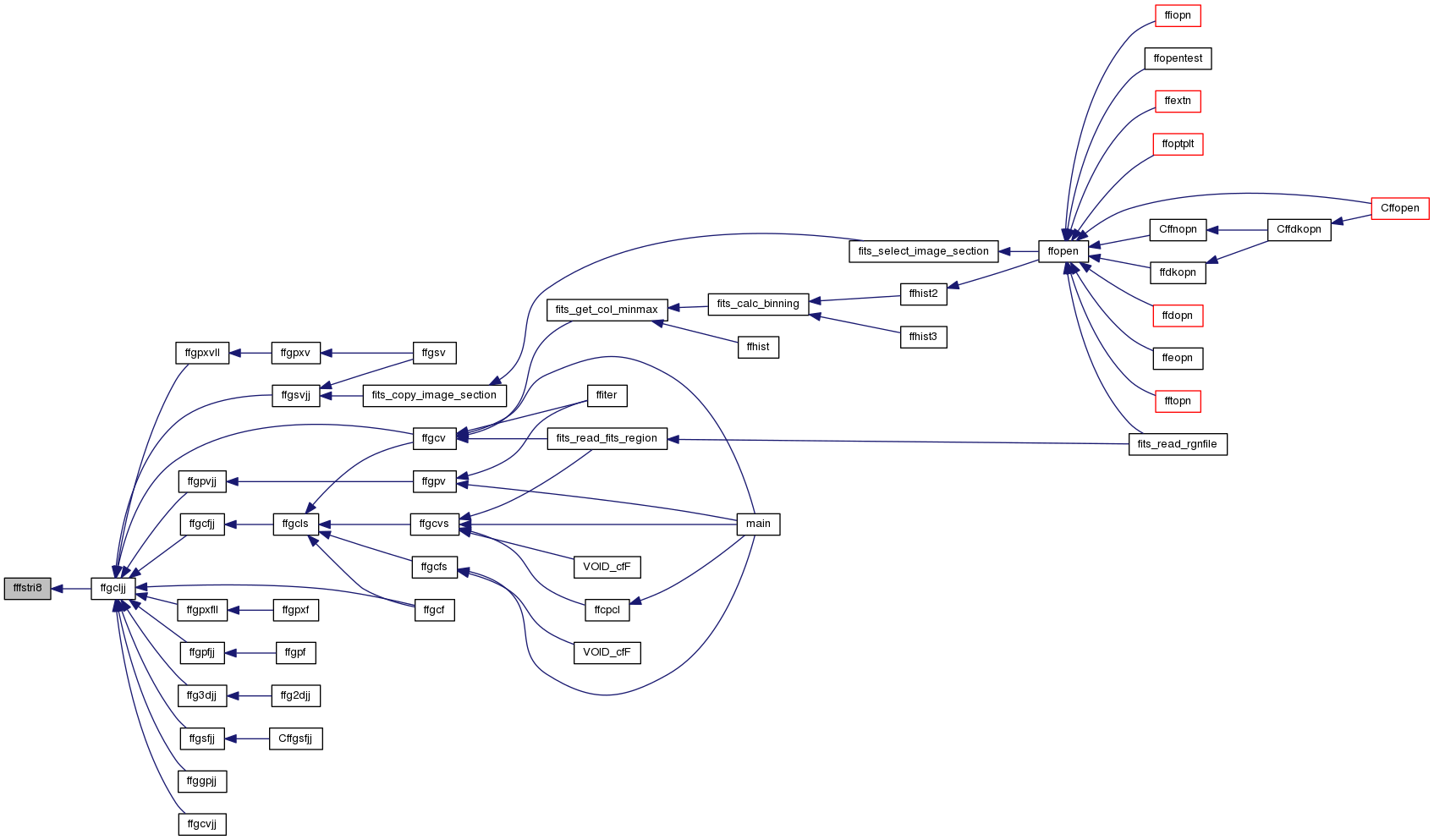
| int fffstrint | ( | char * | input, |
| long | ntodo, | ||
| double | scale, | ||
| double | zero, | ||
| long | twidth, | ||
| double | power, | ||
| int | nullcheck, | ||
| char * | snull, | ||
| int | nullval, | ||
| char * | nullarray, | ||
| int * | anynull, | ||
| int * | output, | ||
| int * | status | ||
| ) |

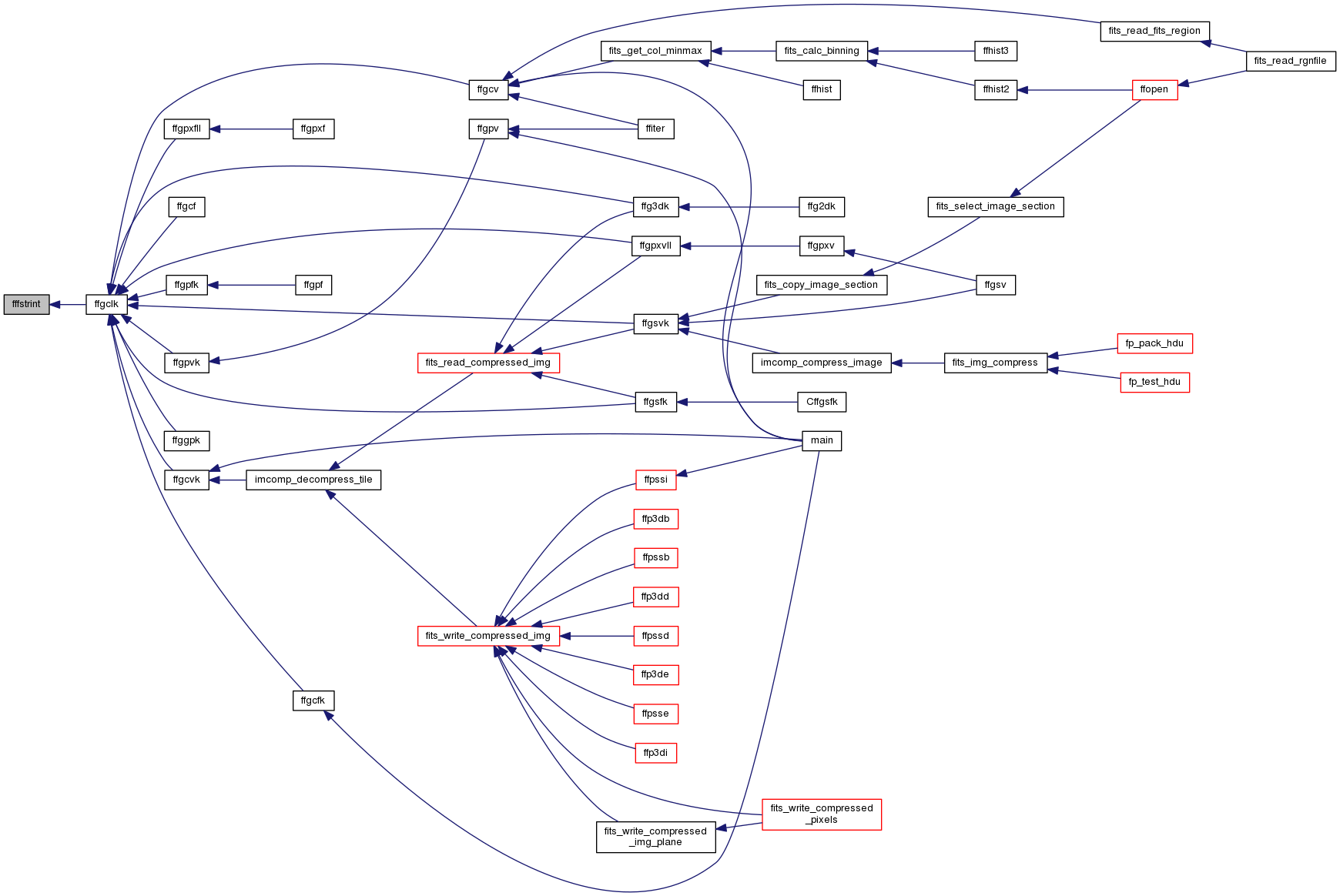
| int fffstrr4 | ( | char * | input, |
| long | ntodo, | ||
| double | scale, | ||
| double | zero, | ||
| long | twidth, | ||
| double | power, | ||
| int | nullcheck, | ||
| char * | snull, | ||
| float | nullval, | ||
| char * | nullarray, | ||
| int * | anynull, | ||
| float * | output, | ||
| int * | status | ||
| ) |

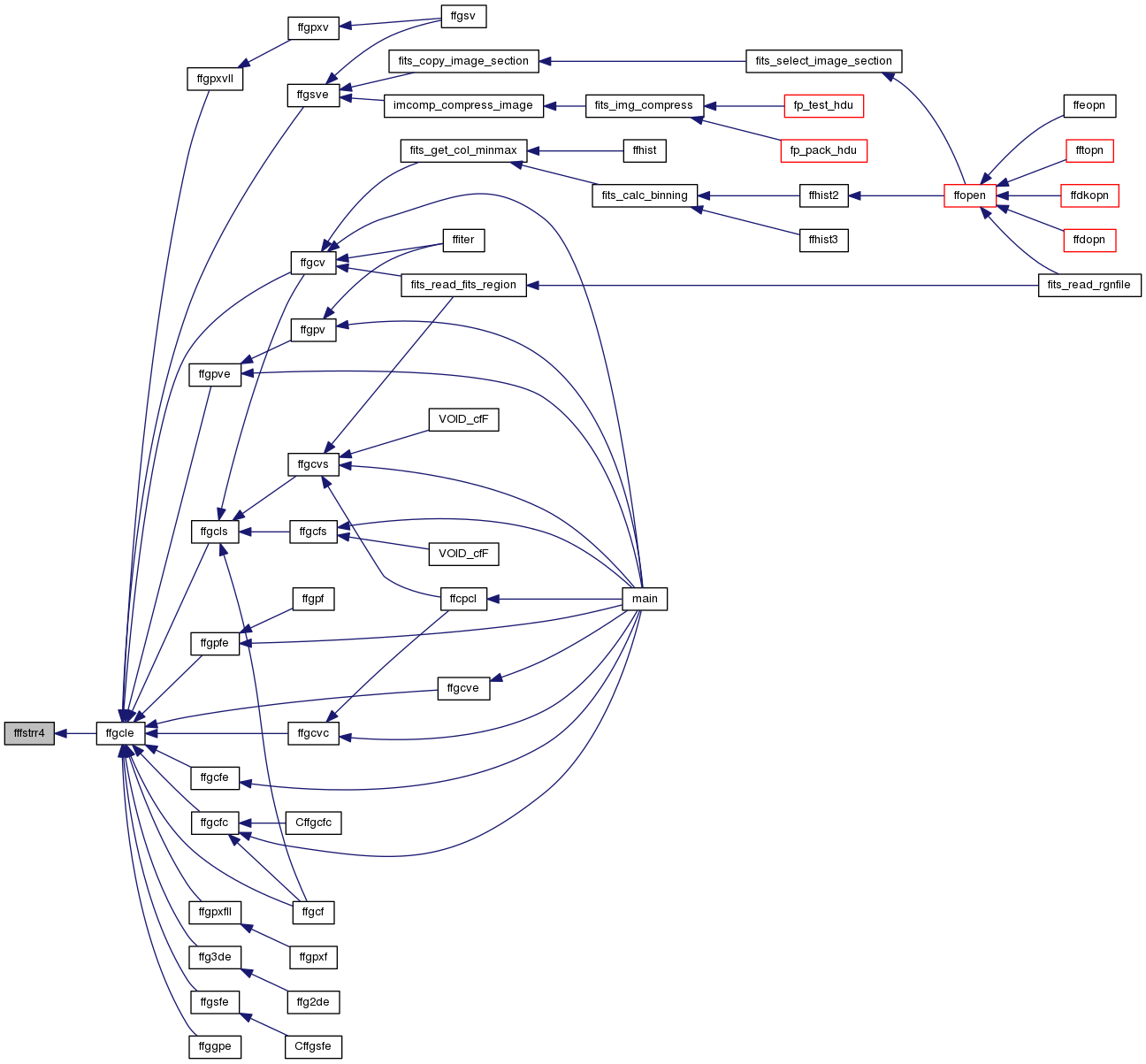
| int fffstrr8 | ( | char * | input, |
| long | ntodo, | ||
| double | scale, | ||
| double | zero, | ||
| long | twidth, | ||
| double | power, | ||
| int | nullcheck, | ||
| char * | snull, | ||
| double | nullval, | ||
| char * | nullarray, | ||
| int * | anynull, | ||
| double * | output, | ||
| int * | status | ||
| ) |

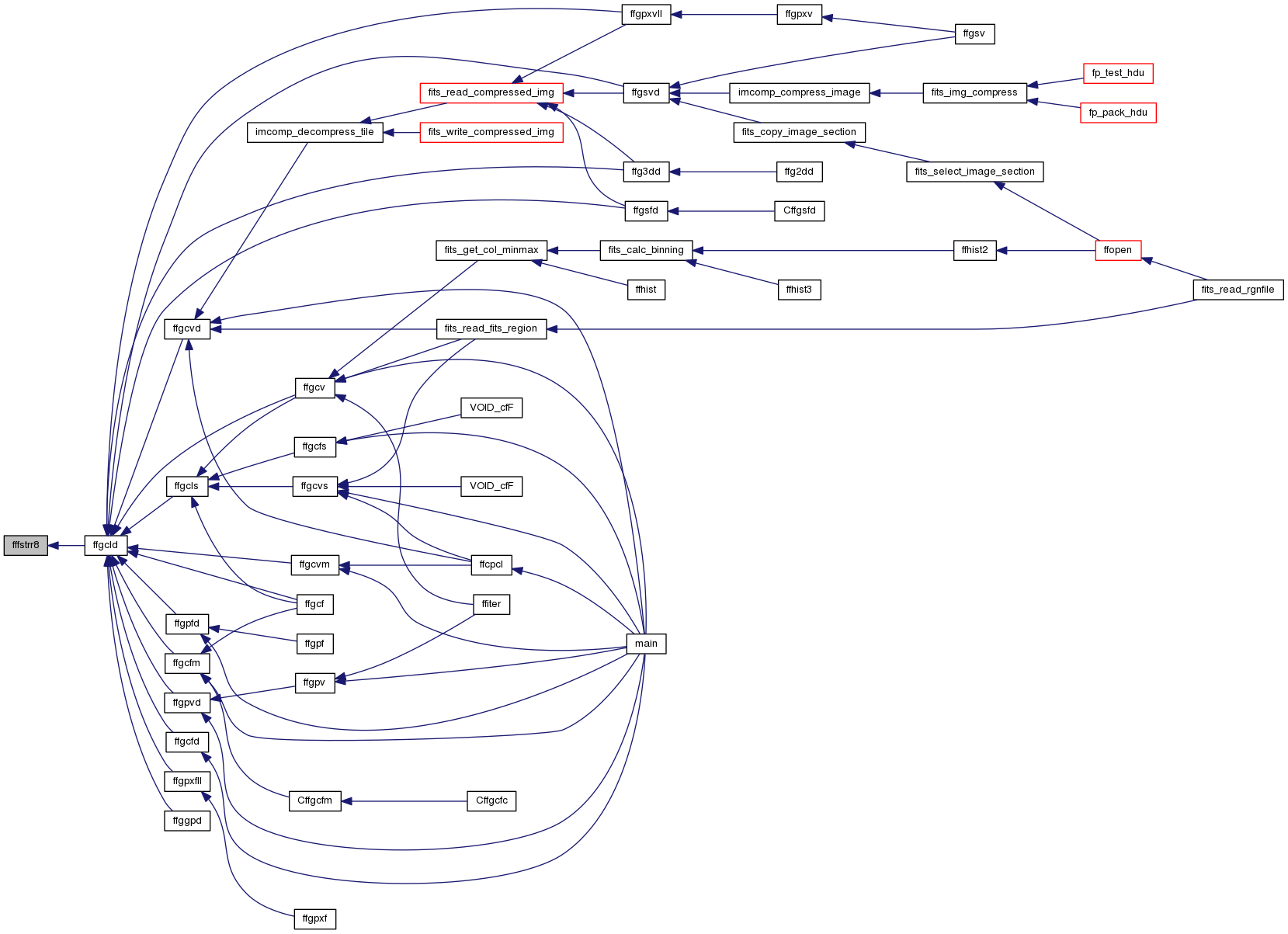
| int fffstrs1 | ( | char * | input, |
| long | ntodo, | ||
| double | scale, | ||
| double | zero, | ||
| long | twidth, | ||
| double | power, | ||
| int | nullcheck, | ||
| char * | snull, | ||
| signed char | nullval, | ||
| char * | nullarray, | ||
| int * | anynull, | ||
| signed char * | output, | ||
| int * | status | ||
| ) |

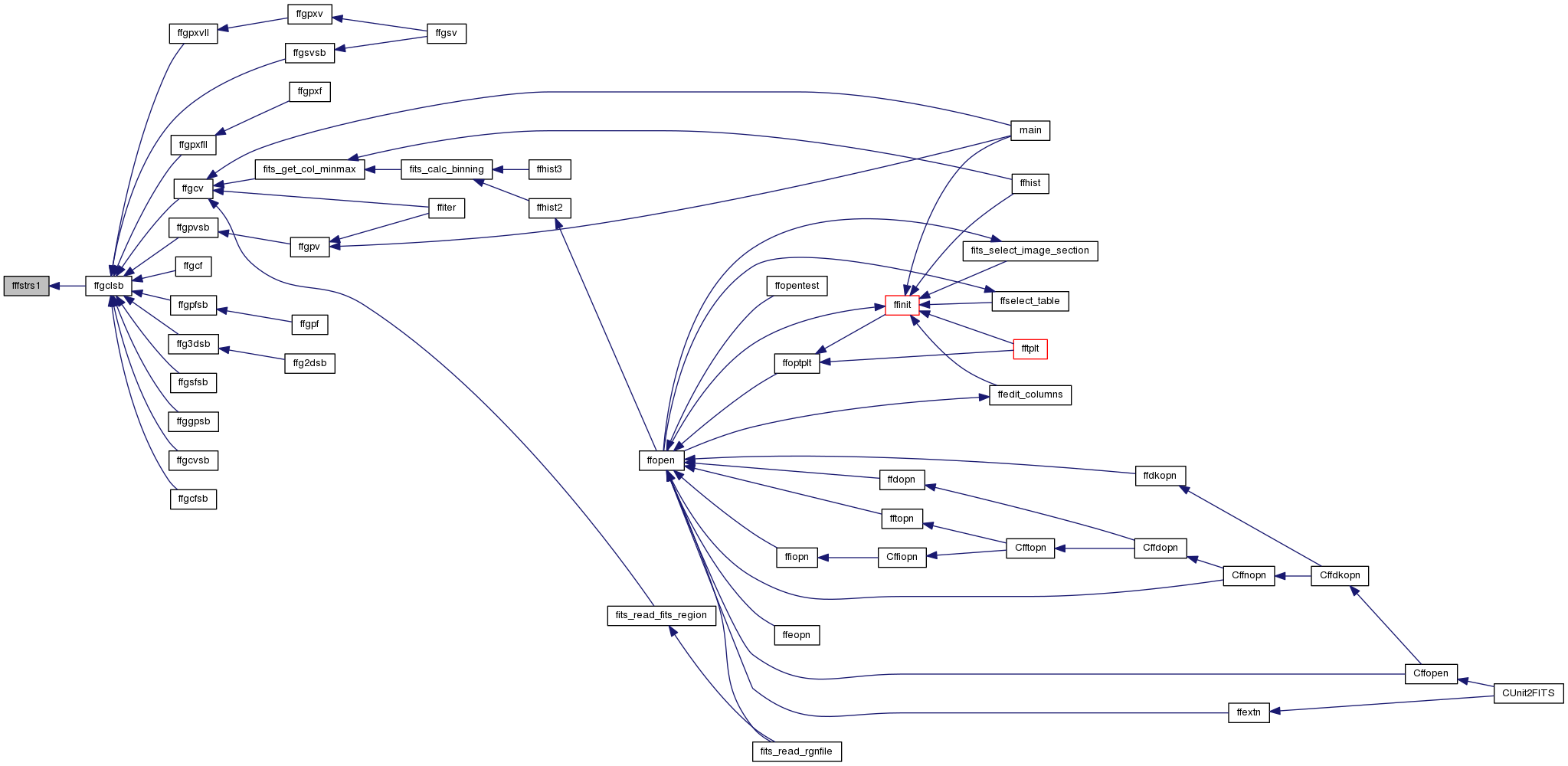
| int fffstru2 | ( | char * | input, |
| long | ntodo, | ||
| double | scale, | ||
| double | zero, | ||
| long | twidth, | ||
| double | power, | ||
| int | nullcheck, | ||
| char * | snull, | ||
| unsigned short | nullval, | ||
| char * | nullarray, | ||
| int * | anynull, | ||
| unsigned short * | output, | ||
| int * | status | ||
| ) |

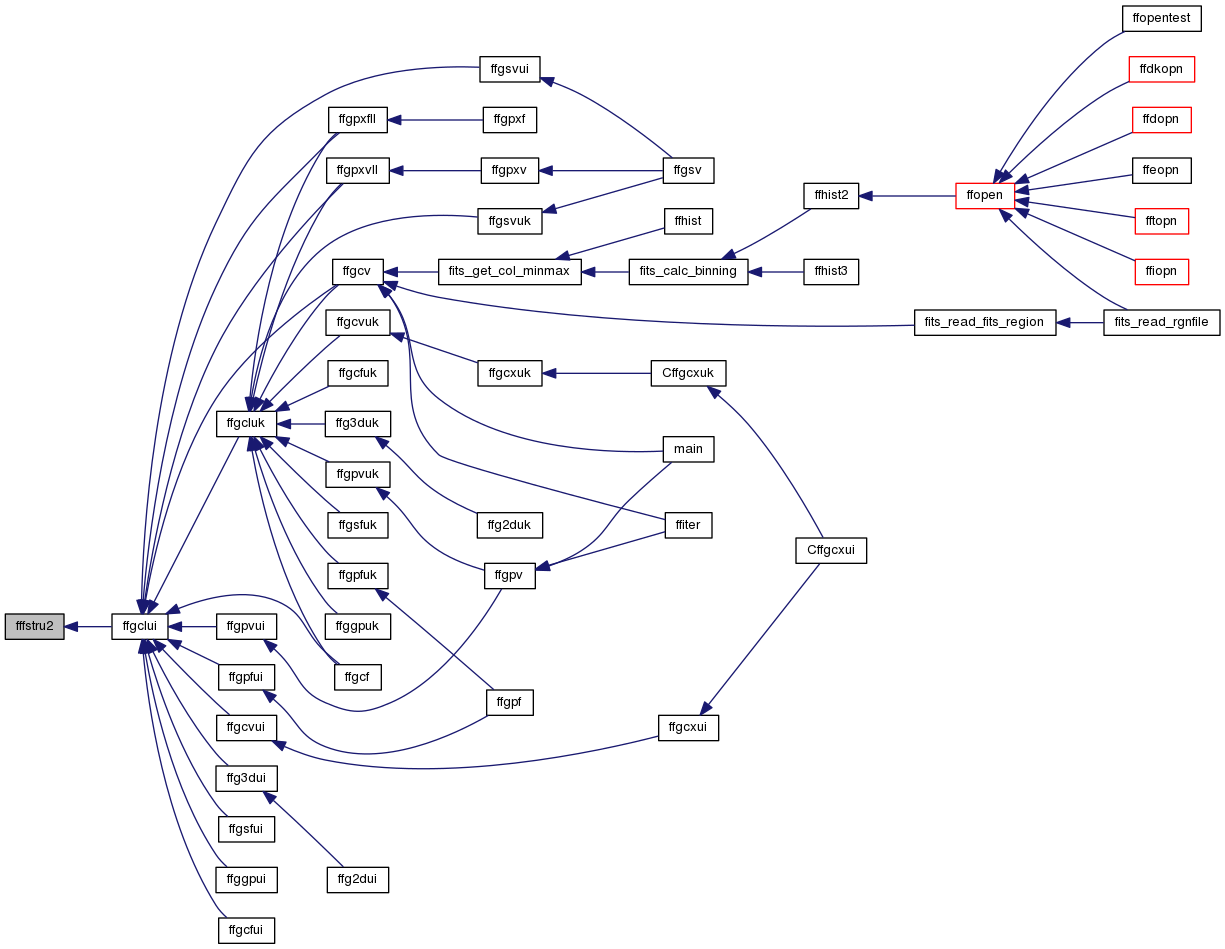
| int fffstru4 | ( | char * | input, |
| long | ntodo, | ||
| double | scale, | ||
| double | zero, | ||
| long | twidth, | ||
| double | power, | ||
| int | nullcheck, | ||
| char * | snull, | ||
| unsigned long | nullval, | ||
| char * | nullarray, | ||
| int * | anynull, | ||
| unsigned long * | output, | ||
| int * | status | ||
| ) |

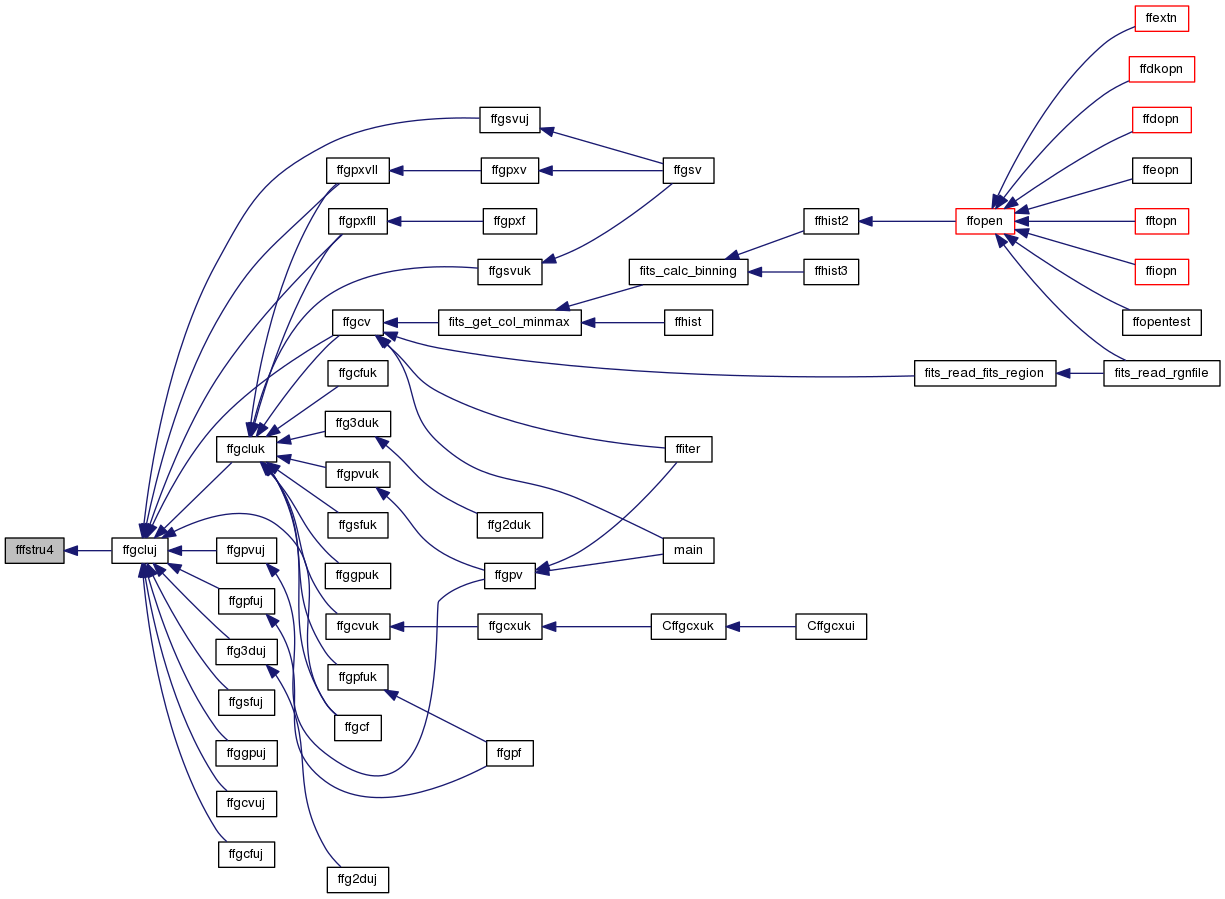
| int fffstruint | ( | char * | input, |
| long | ntodo, | ||
| double | scale, | ||
| double | zero, | ||
| long | twidth, | ||
| double | power, | ||
| int | nullcheck, | ||
| char * | snull, | ||
| unsigned int | nullval, | ||
| char * | nullarray, | ||
| int * | anynull, | ||
| unsigned int * | output, | ||
| int * | status | ||
| ) |

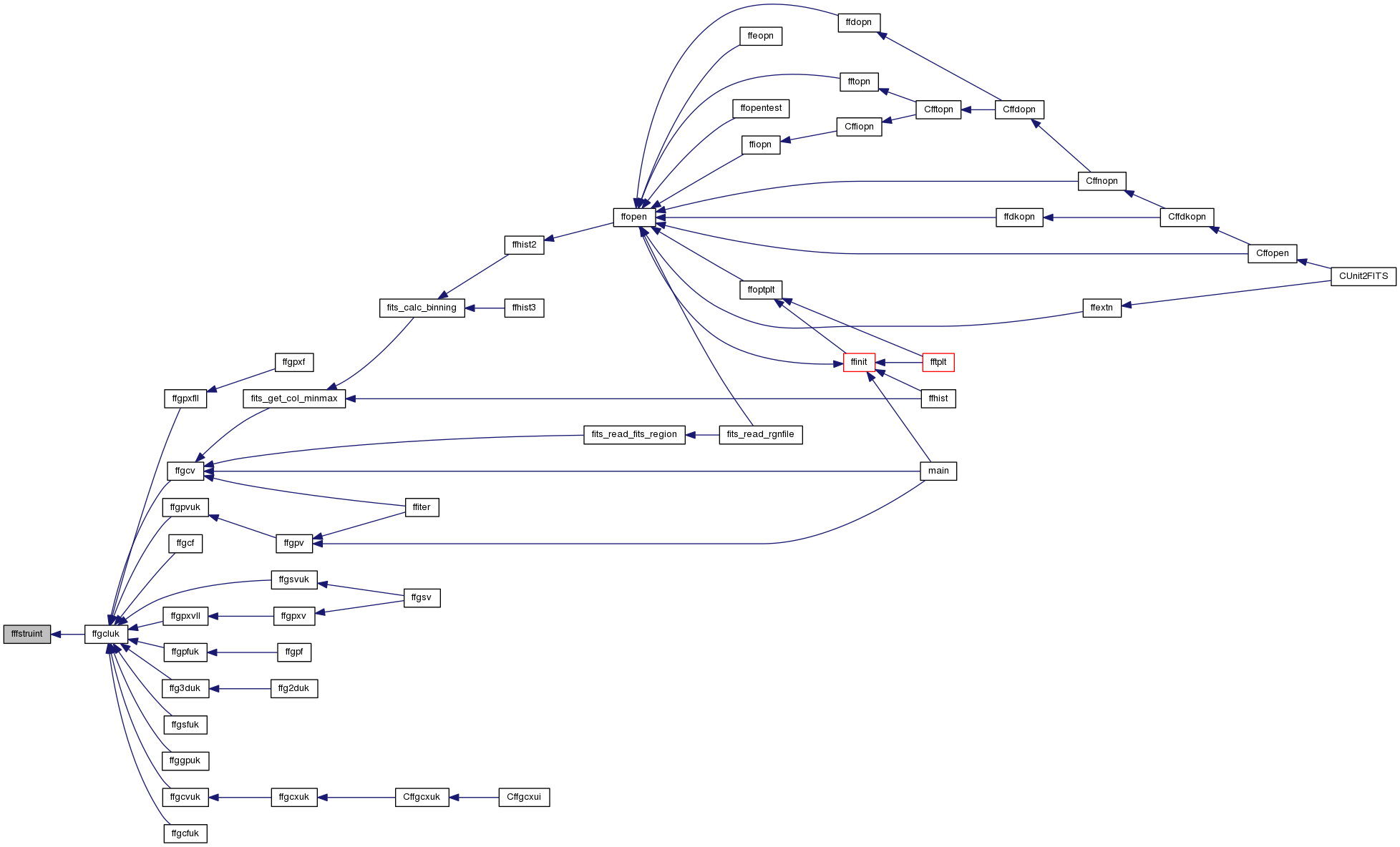
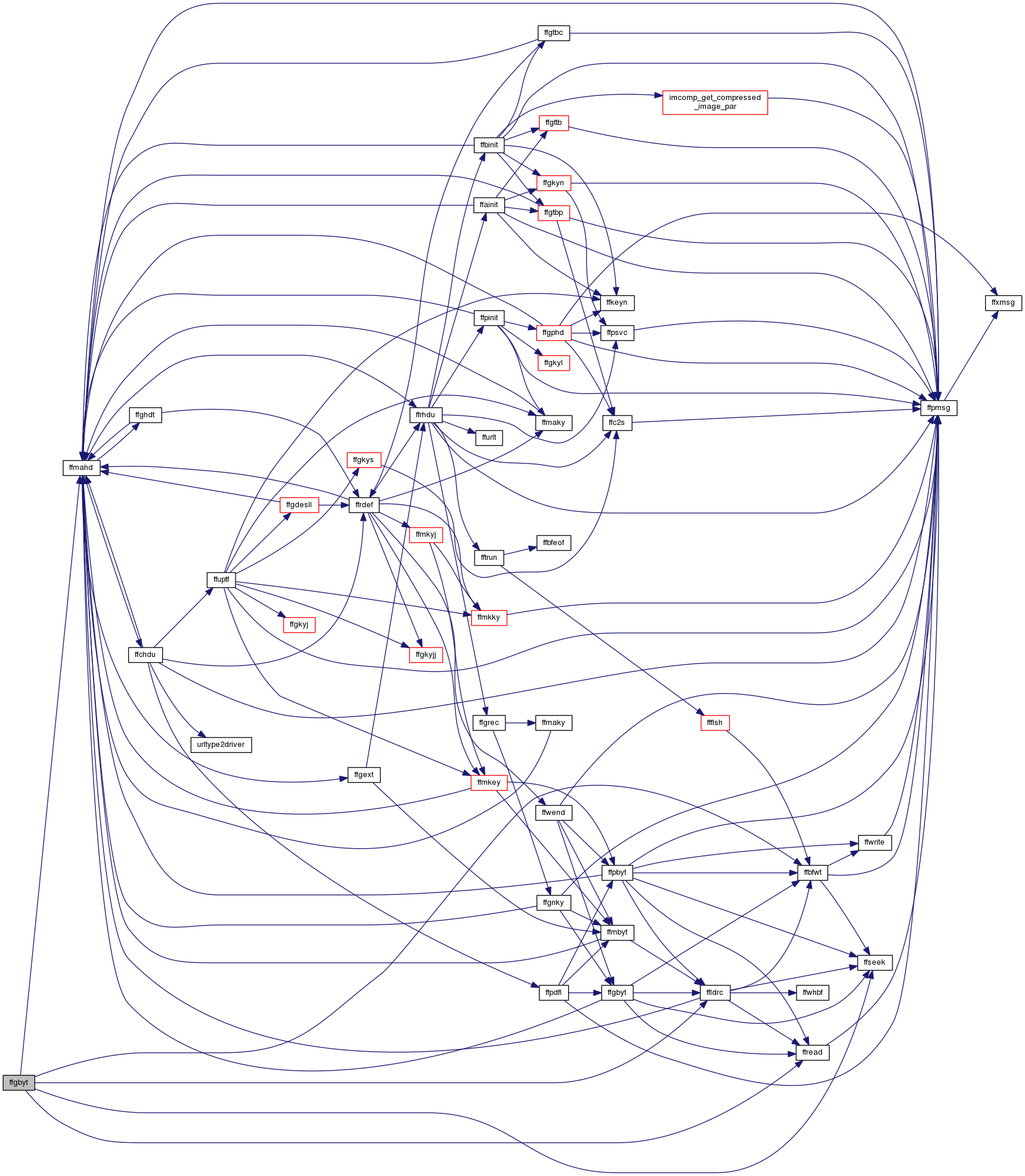

| int ffgbytoff | ( | fitsfile * | fptr, |
| long | gsize, | ||
| long | ngroups, | ||
| long | offset, | ||
| void * | buffer, | ||
| int * | status | ||
| ) |
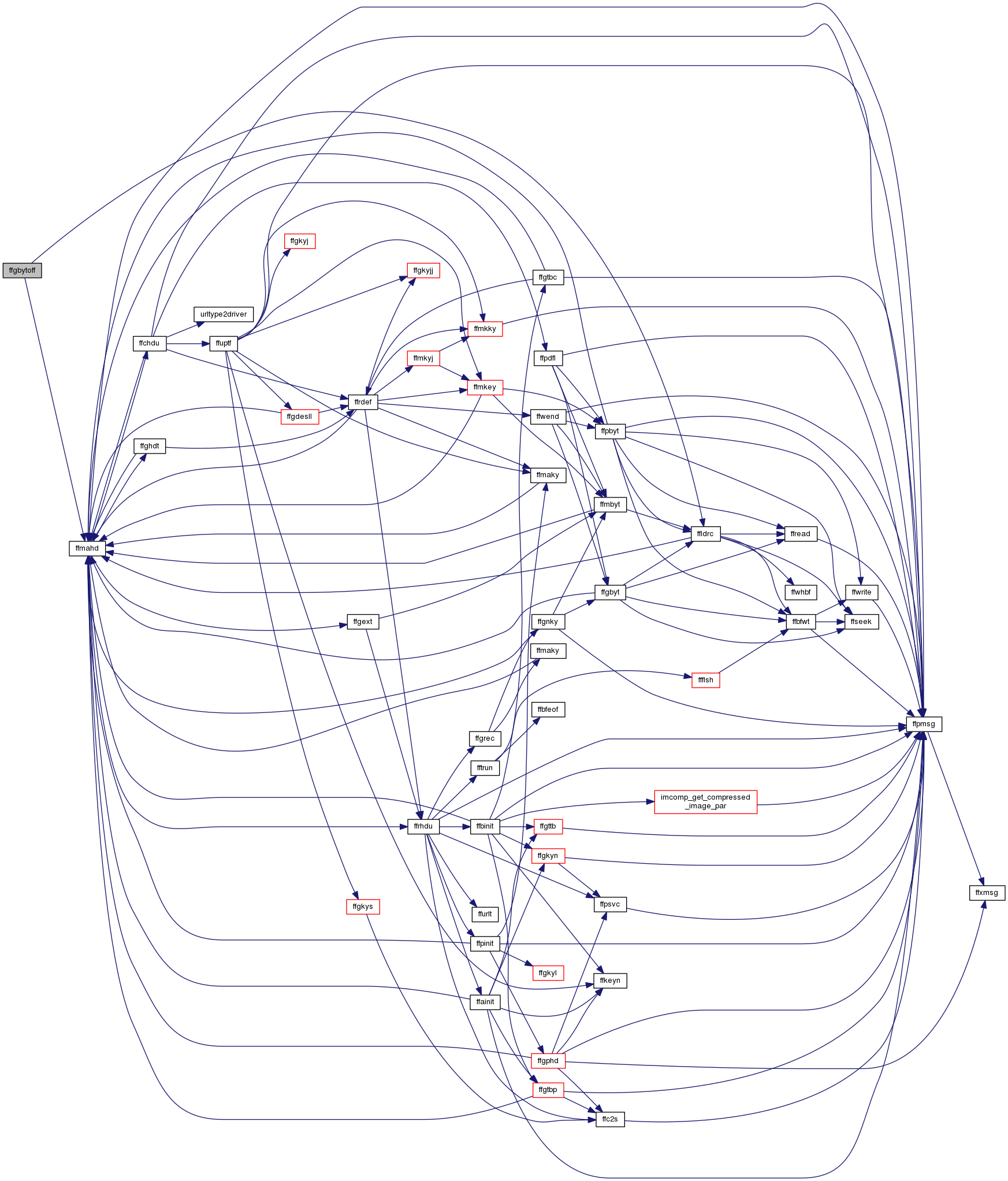

| int ffgclb | ( | fitsfile * | fptr, |
| int | colnum, | ||
| LONGLONG | firstrow, | ||
| LONGLONG | firstelem, | ||
| LONGLONG | nelem, | ||
| long | elemincre, | ||
| int | nultyp, | ||
| unsigned char | nulval, | ||
| unsigned char * | array, | ||
| char * | nularray, | ||
| int * | anynul, | ||
| int * | status | ||
| ) |
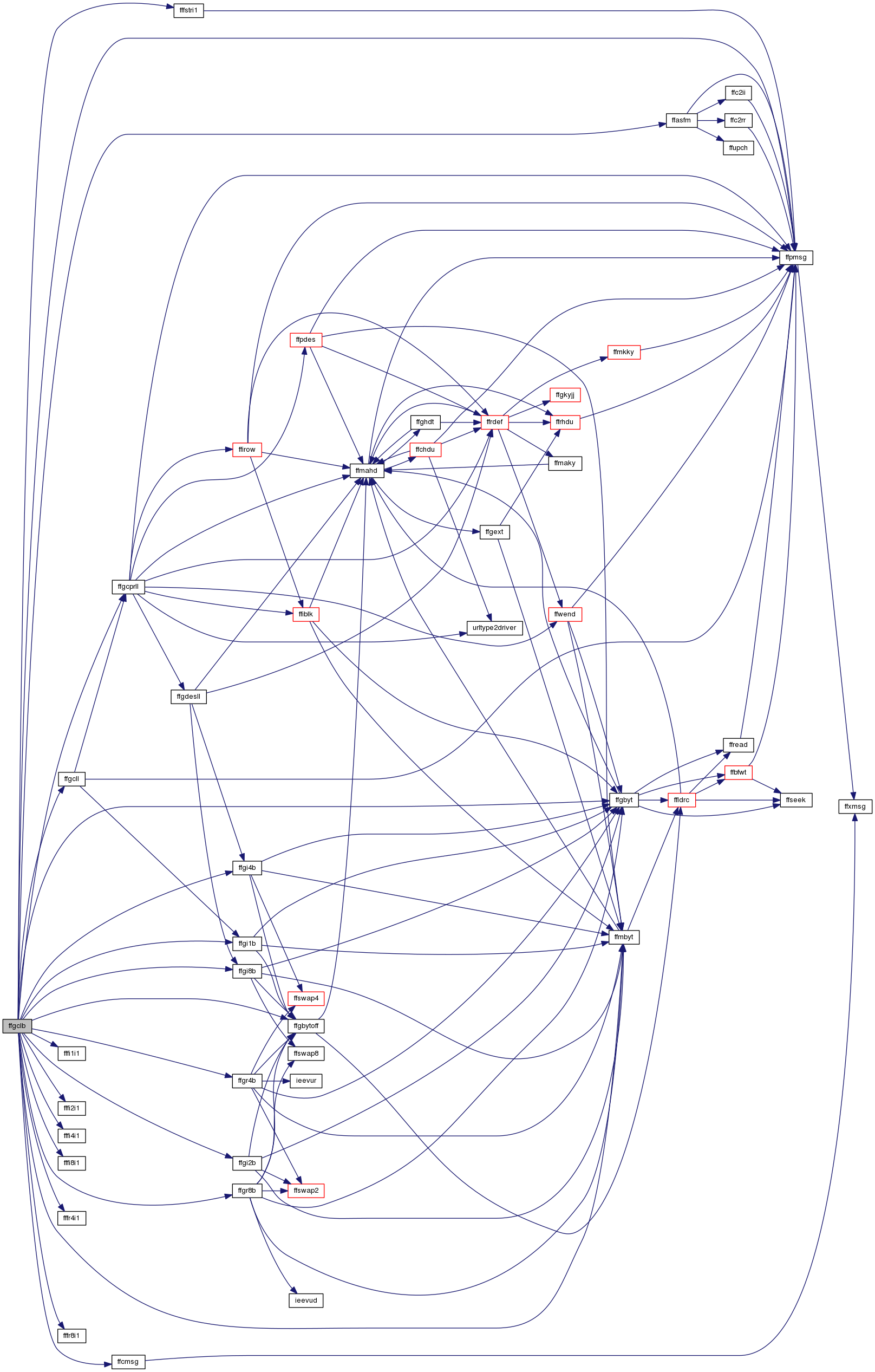
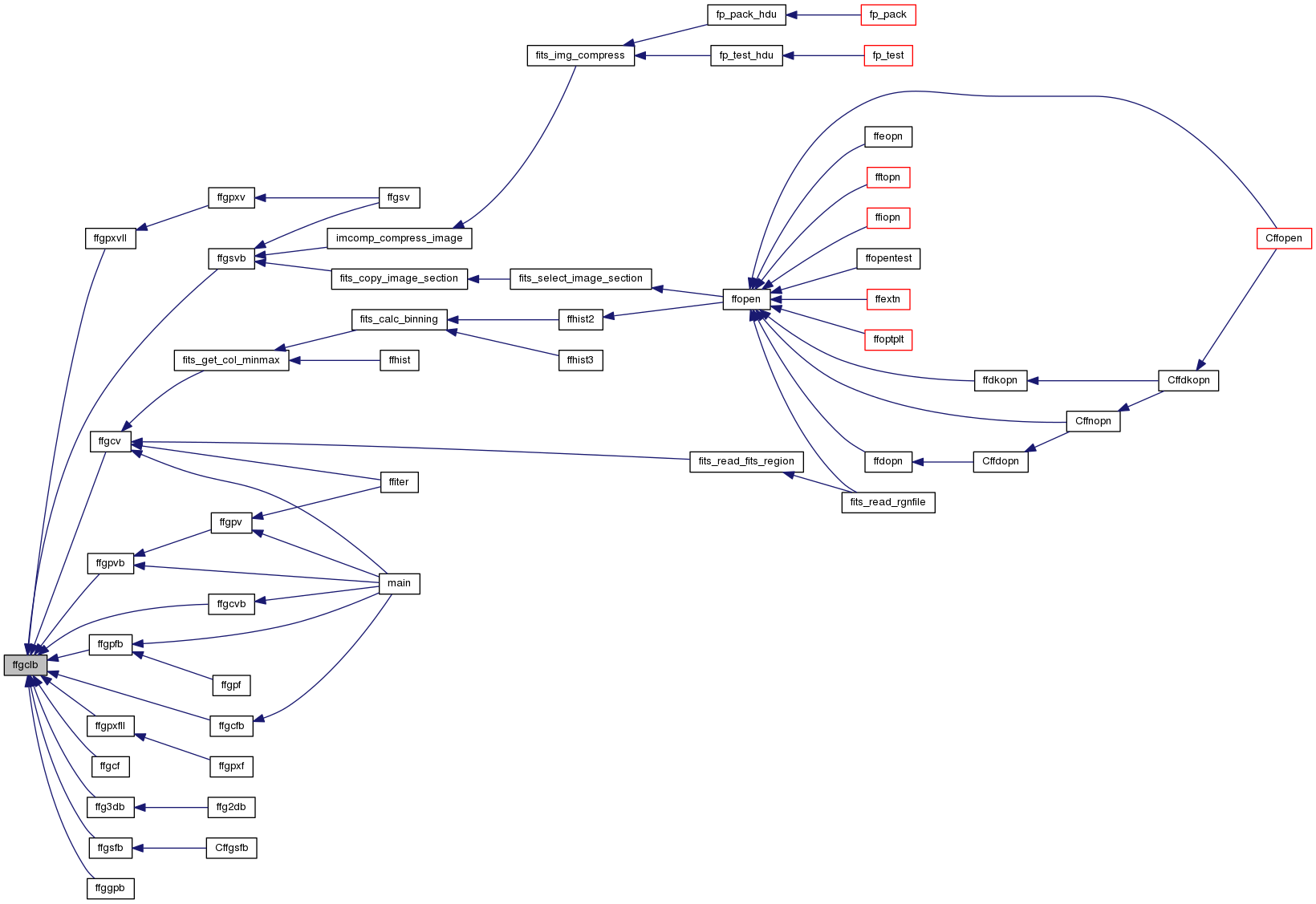
| int ffgcld | ( | fitsfile * | fptr, |
| int | colnum, | ||
| LONGLONG | firstrow, | ||
| LONGLONG | firstelem, | ||
| LONGLONG | nelem, | ||
| long | elemincre, | ||
| int | nultyp, | ||
| double | nulval, | ||
| double * | array, | ||
| char * | nularray, | ||
| int * | anynul, | ||
| int * | status | ||
| ) |
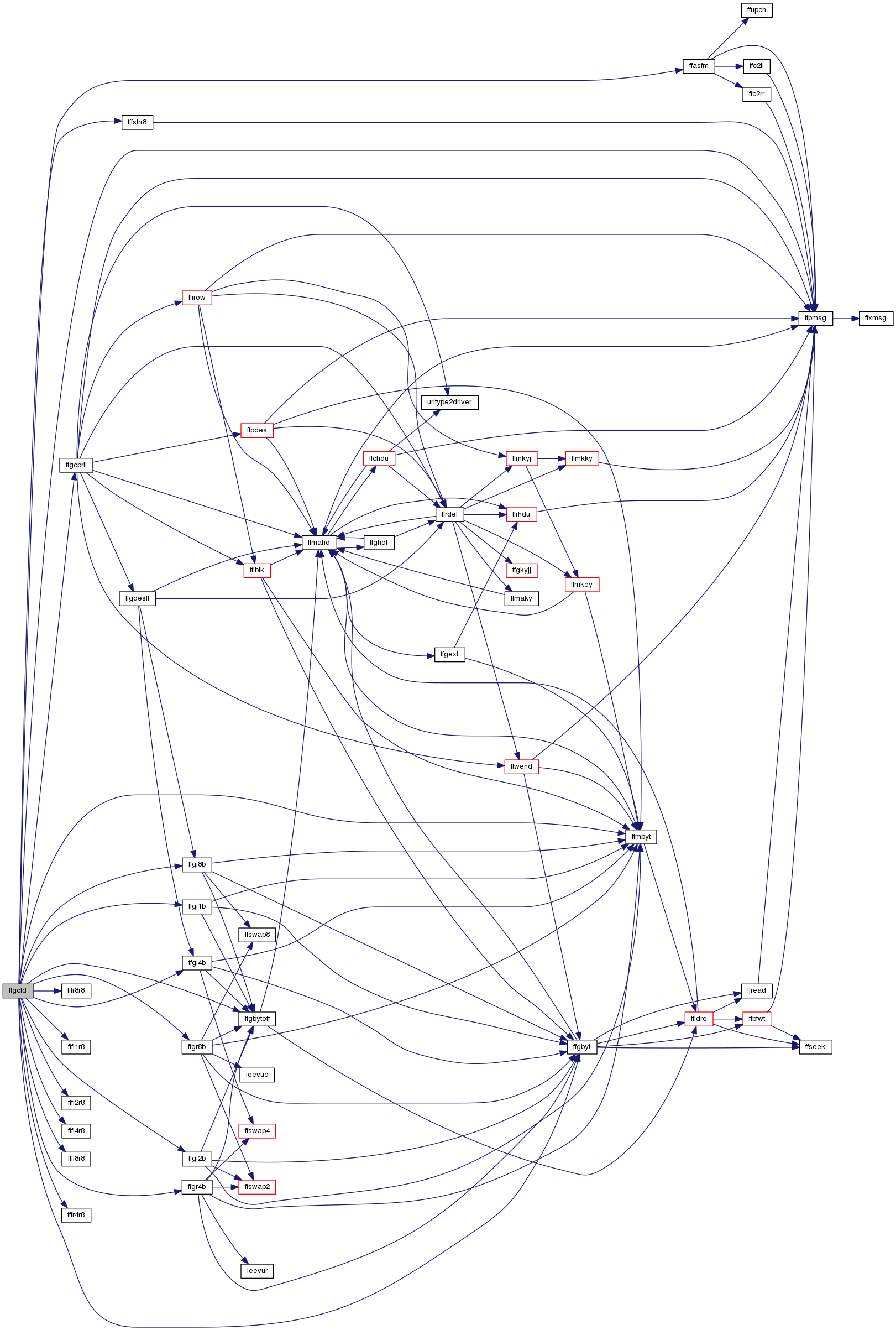
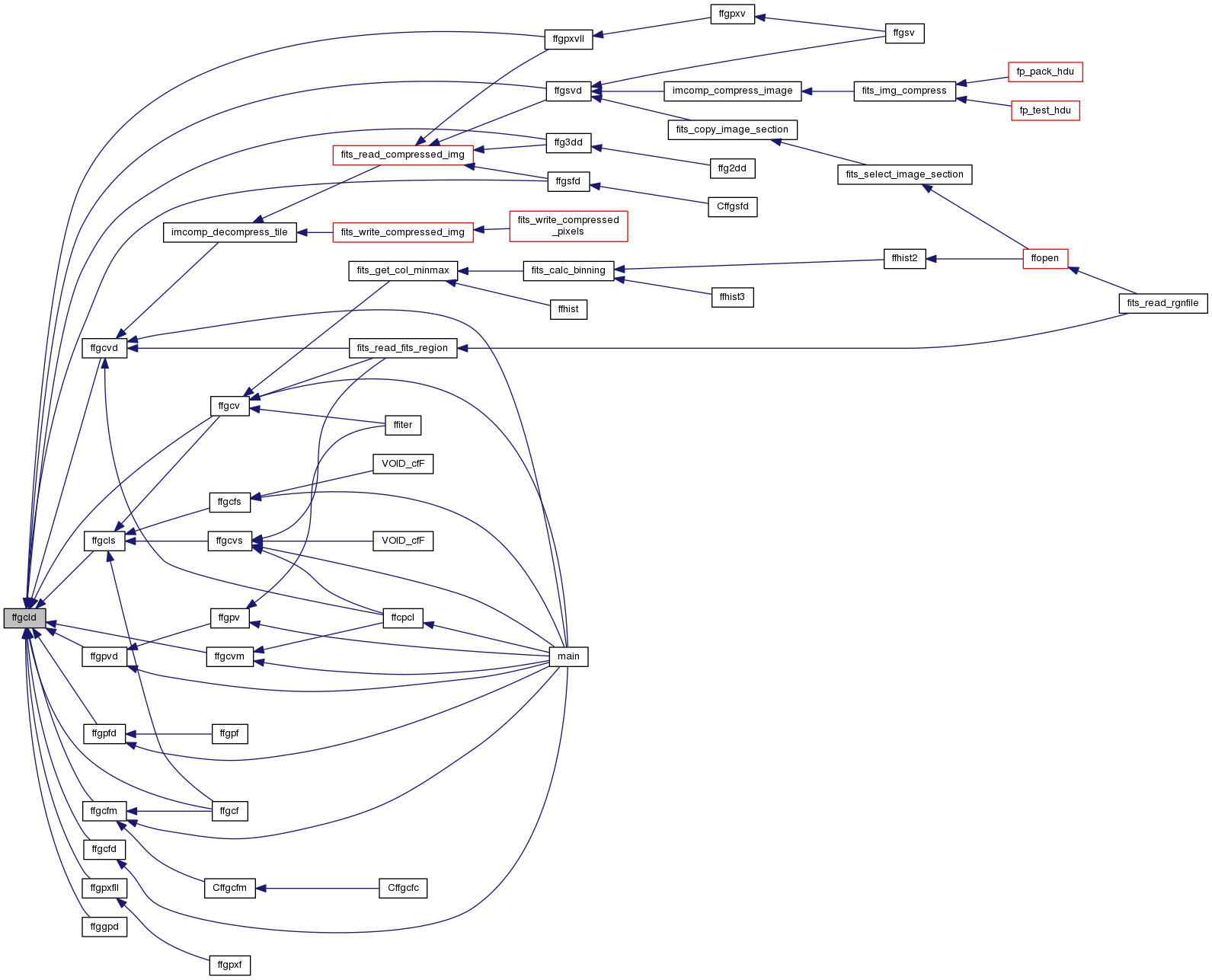
| int ffgcle | ( | fitsfile * | fptr, |
| int | colnum, | ||
| LONGLONG | firstrow, | ||
| LONGLONG | firstelem, | ||
| LONGLONG | nelem, | ||
| long | elemincre, | ||
| int | nultyp, | ||
| float | nulval, | ||
| float * | array, | ||
| char * | nularray, | ||
| int * | anynul, | ||
| int * | status | ||
| ) |
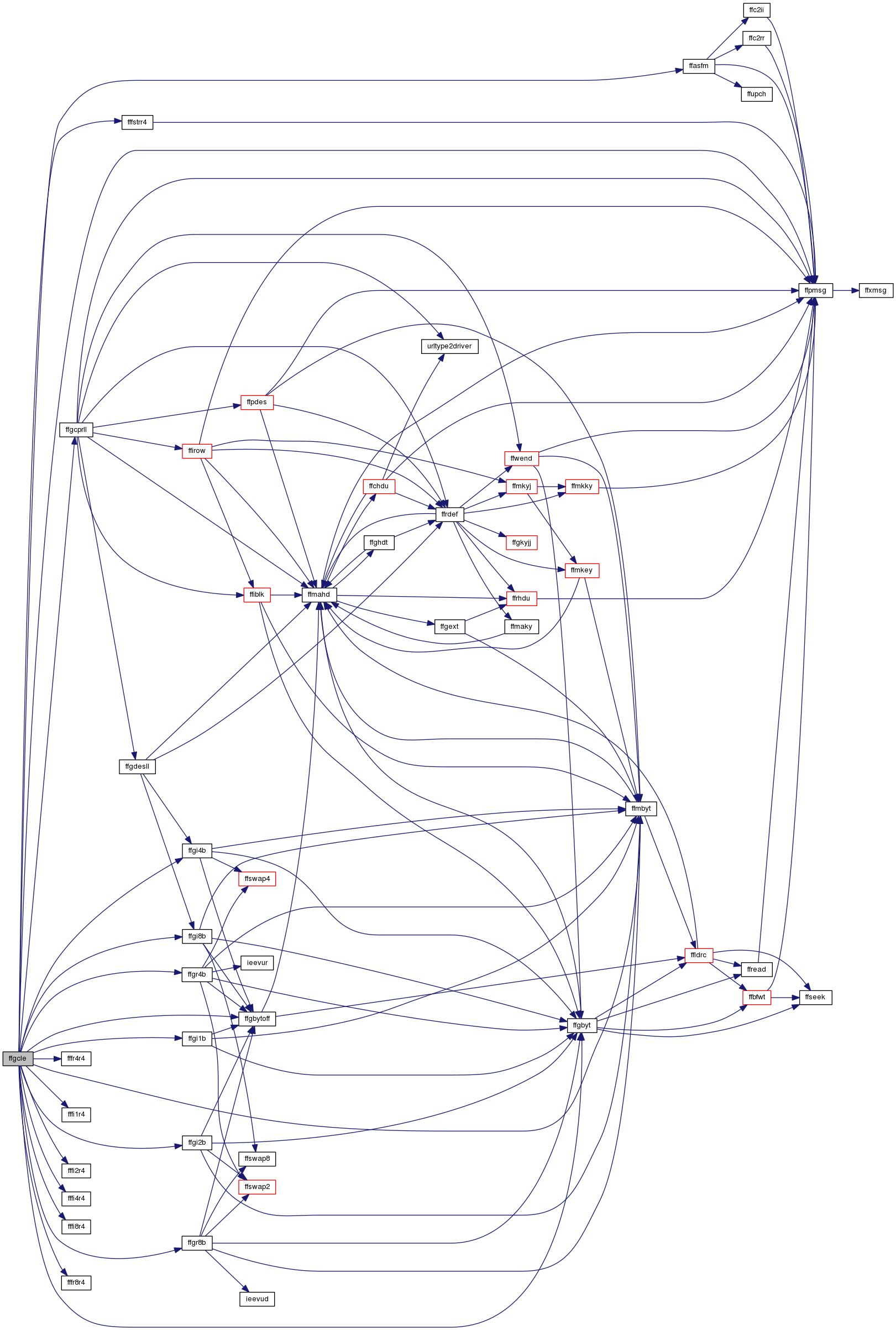
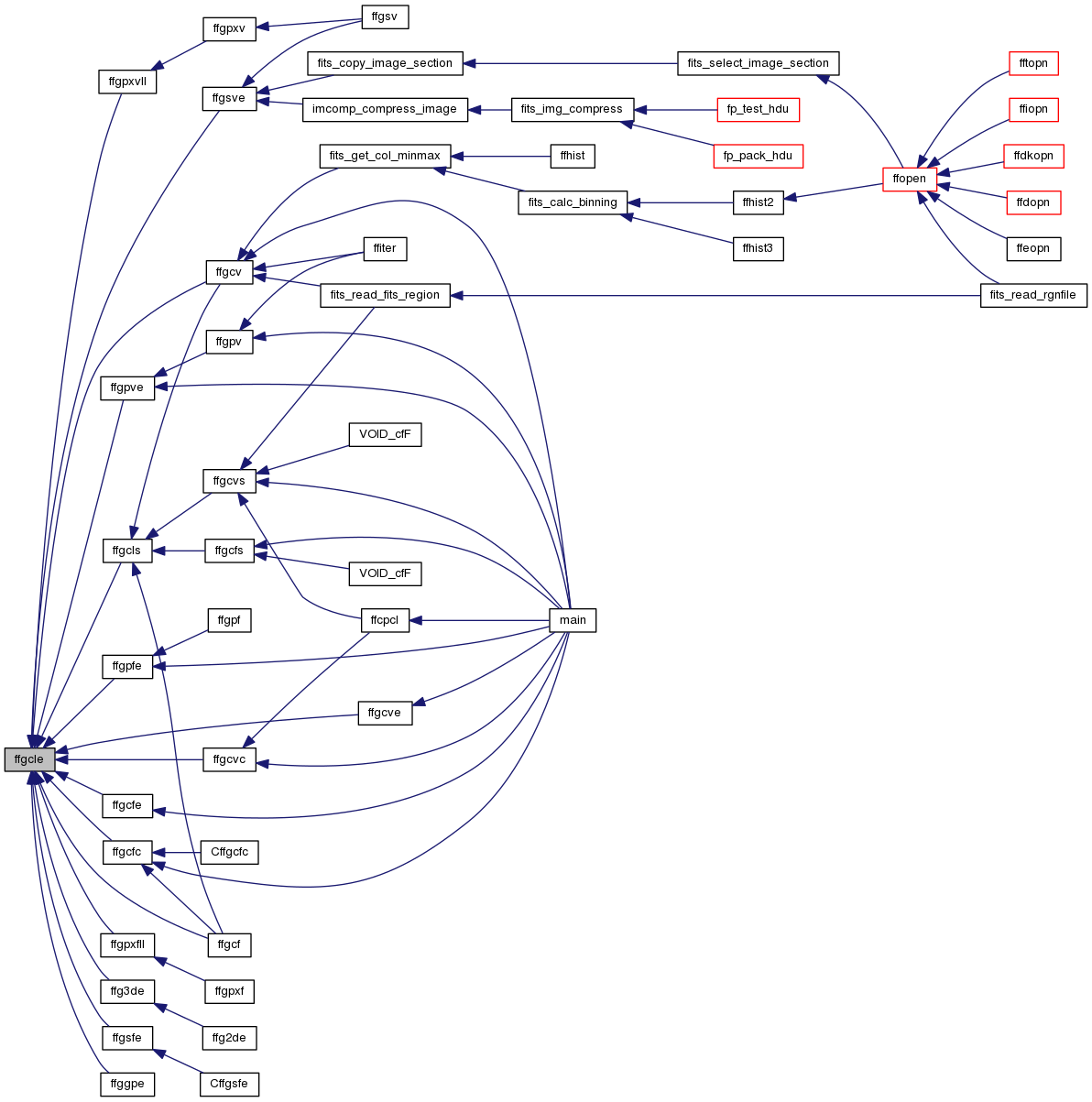
| int ffgcli | ( | fitsfile * | fptr, |
| int | colnum, | ||
| LONGLONG | firstrow, | ||
| LONGLONG | firstelem, | ||
| LONGLONG | nelem, | ||
| long | elemincre, | ||
| int | nultyp, | ||
| short | nulval, | ||
| short * | array, | ||
| char * | nularray, | ||
| int * | anynul, | ||
| int * | status | ||
| ) |
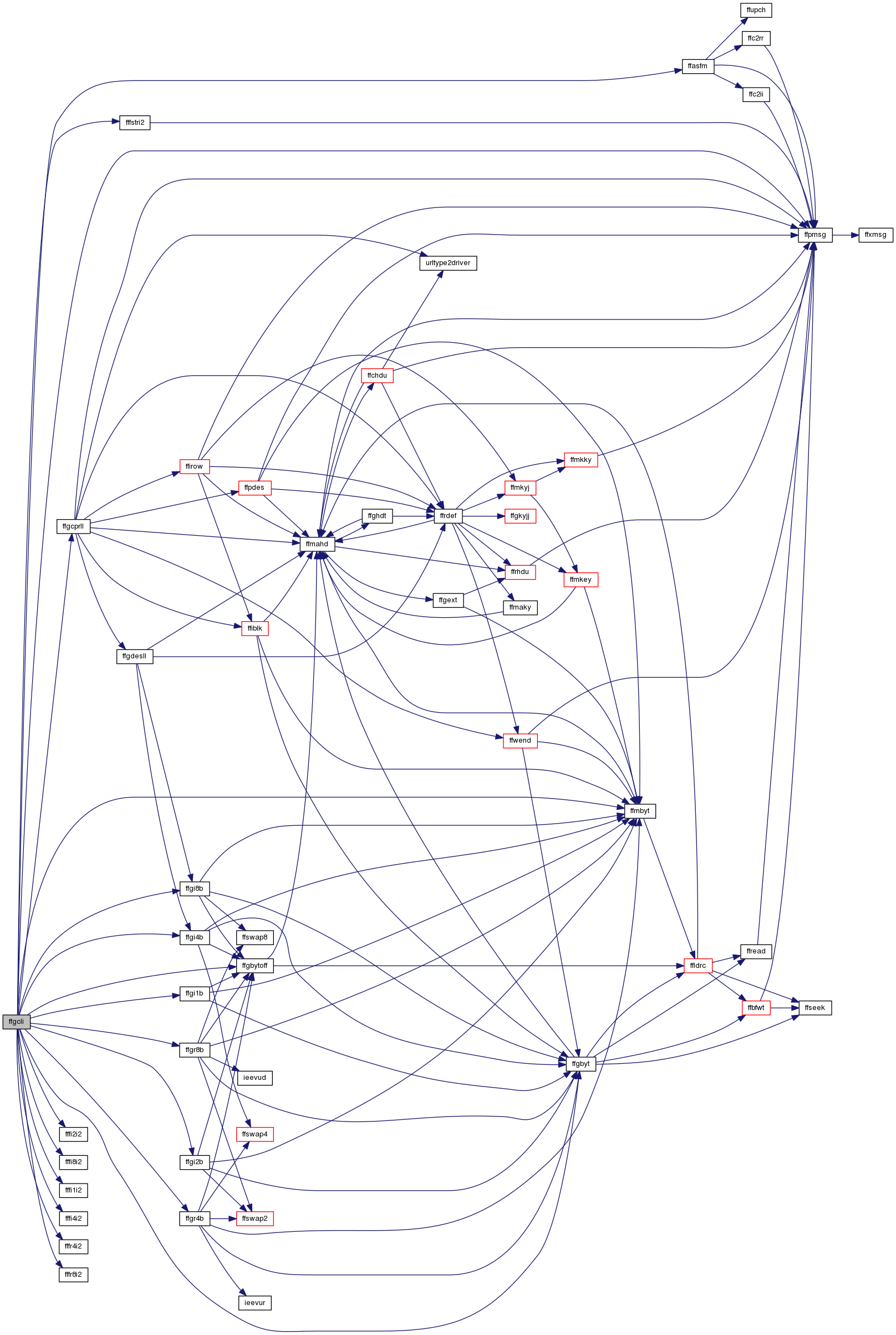
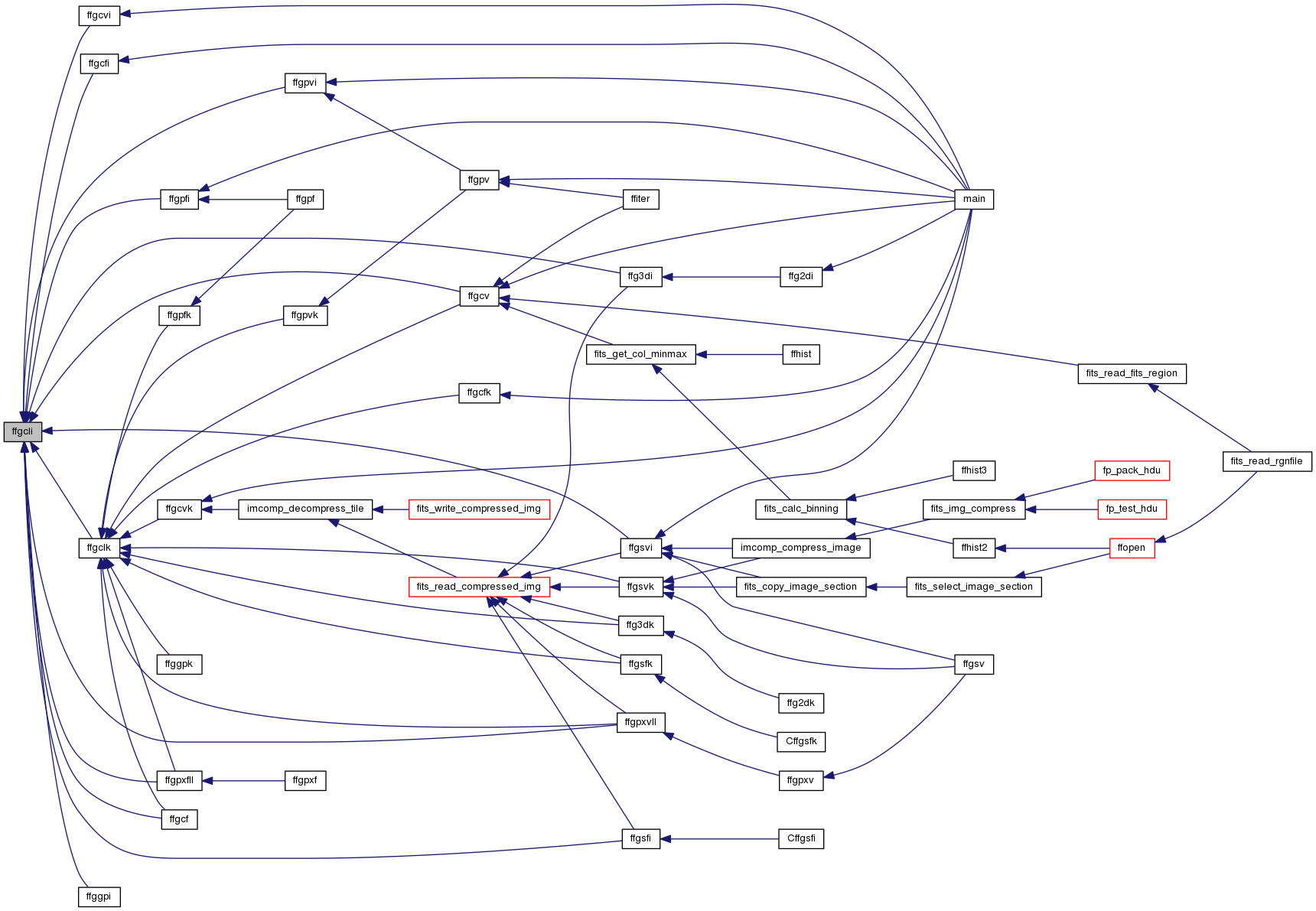
| int ffgclj | ( | fitsfile * | fptr, |
| int | colnum, | ||
| LONGLONG | firstrow, | ||
| LONGLONG | firstelem, | ||
| LONGLONG | nelem, | ||
| long | elemincre, | ||
| int | nultyp, | ||
| long | nulval, | ||
| long * | array, | ||
| char * | nularray, | ||
| int * | anynul, | ||
| int * | status | ||
| ) |
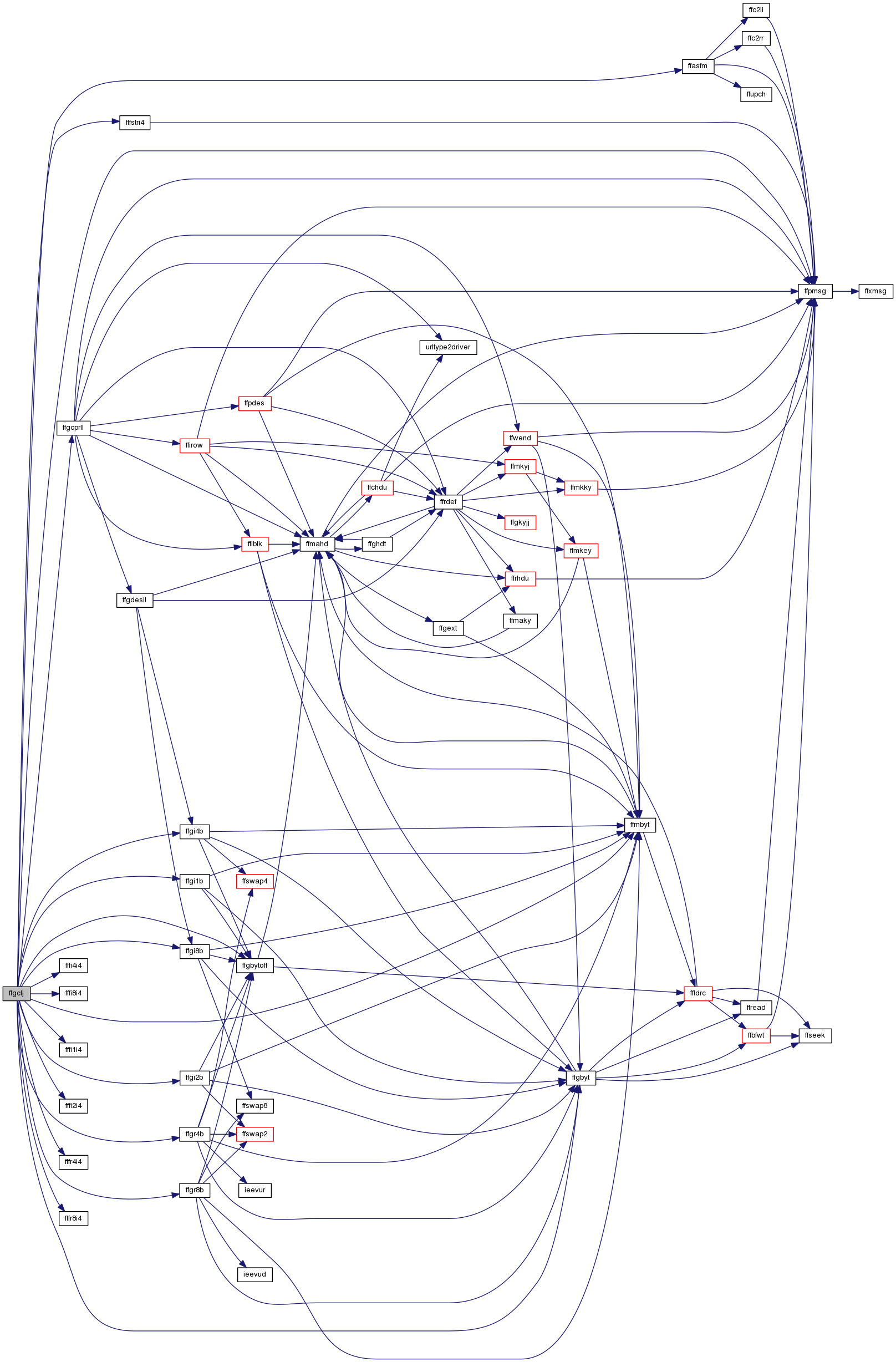
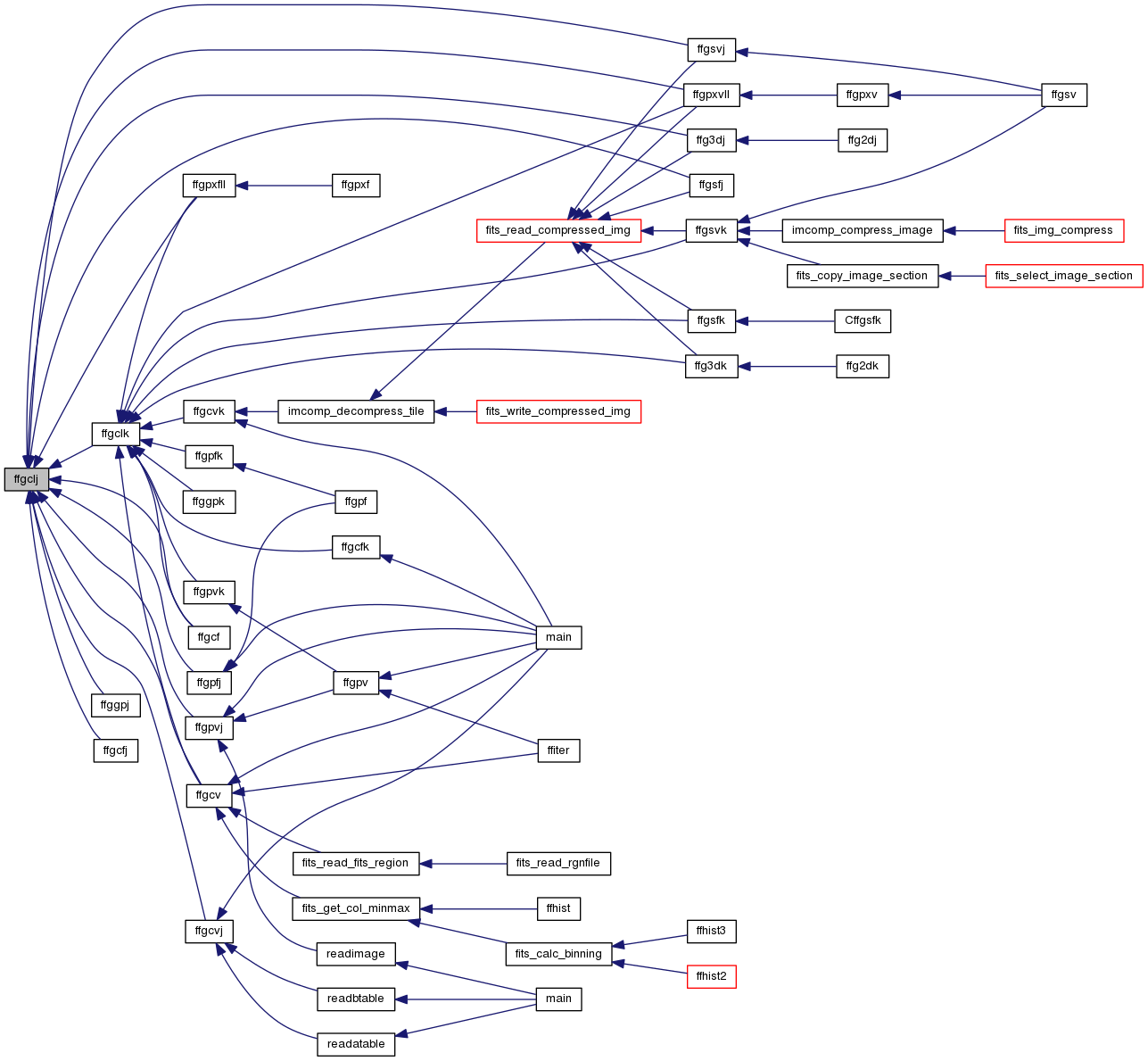
| int ffgcljj | ( | fitsfile * | fptr, |
| int | colnum, | ||
| LONGLONG | firstrow, | ||
| LONGLONG | firstelem, | ||
| LONGLONG | nelem, | ||
| long | elemincre, | ||
| int | nultyp, | ||
| LONGLONG | nulval, | ||
| LONGLONG * | array, | ||
| char * | nularray, | ||
| int * | anynul, | ||
| int * | status | ||
| ) |
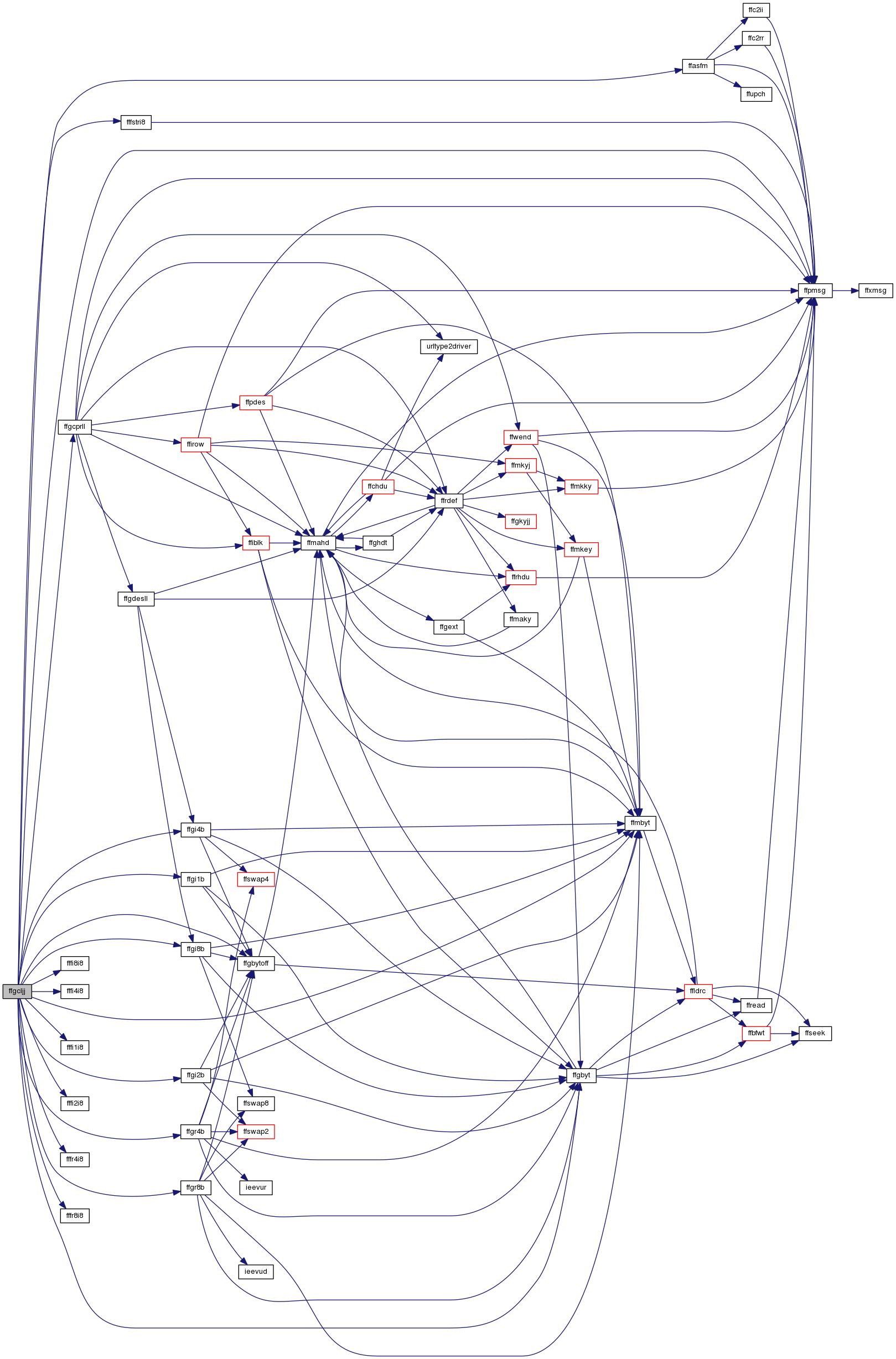
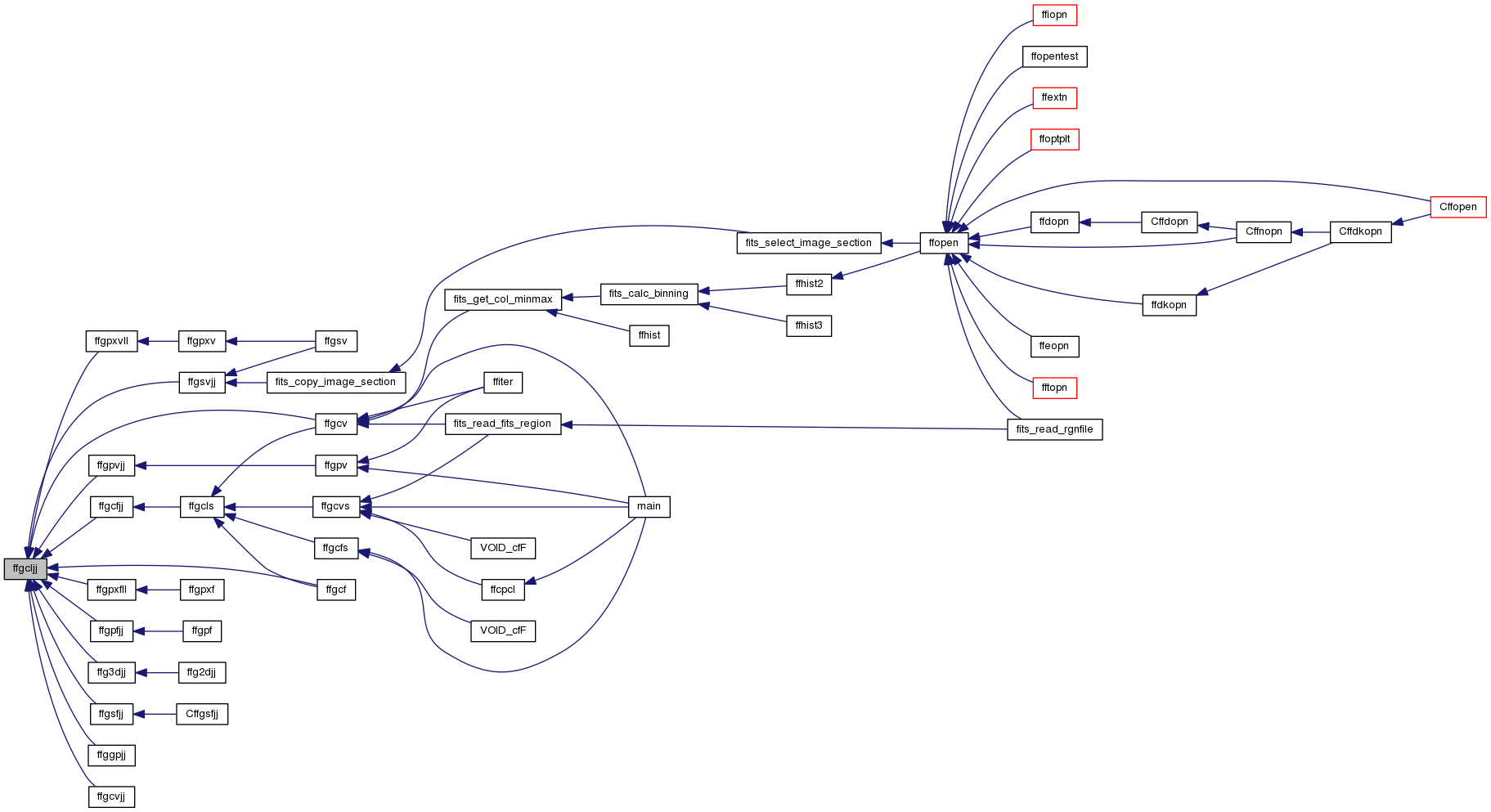
| int ffgclk | ( | fitsfile * | fptr, |
| int | colnum, | ||
| LONGLONG | firstrow, | ||
| LONGLONG | firstelem, | ||
| LONGLONG | nelem, | ||
| long | elemincre, | ||
| int | nultyp, | ||
| int | nulval, | ||
| int * | array, | ||
| char * | nularray, | ||
| int * | anynul, | ||
| int * | status | ||
| ) |
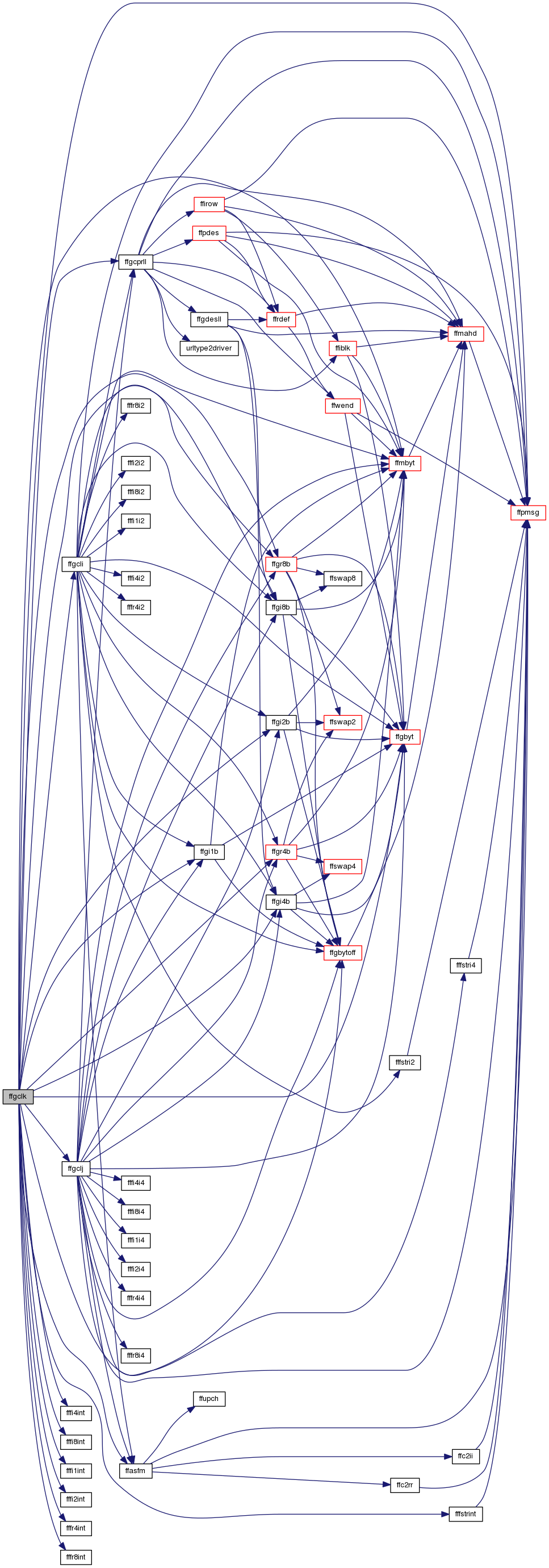
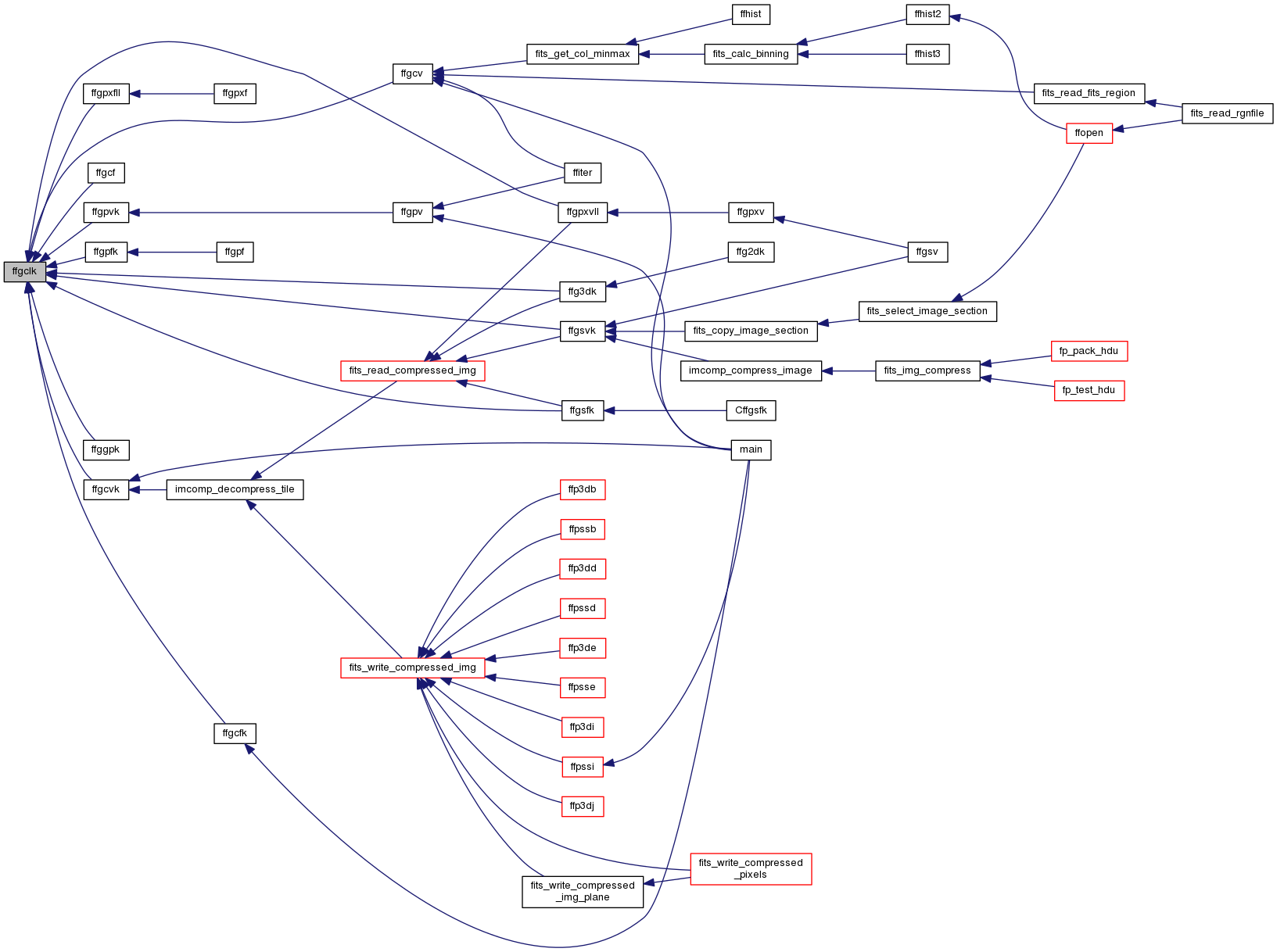
| int ffgcll | ( | fitsfile * | fptr, |
| int | colnum, | ||
| LONGLONG | firstrow, | ||
| LONGLONG | firstelem, | ||
| LONGLONG | nelem, | ||
| int | nultyp, | ||
| char | nulval, | ||
| char * | array, | ||
| char * | nularray, | ||
| int * | anynul, | ||
| int * | status | ||
| ) |
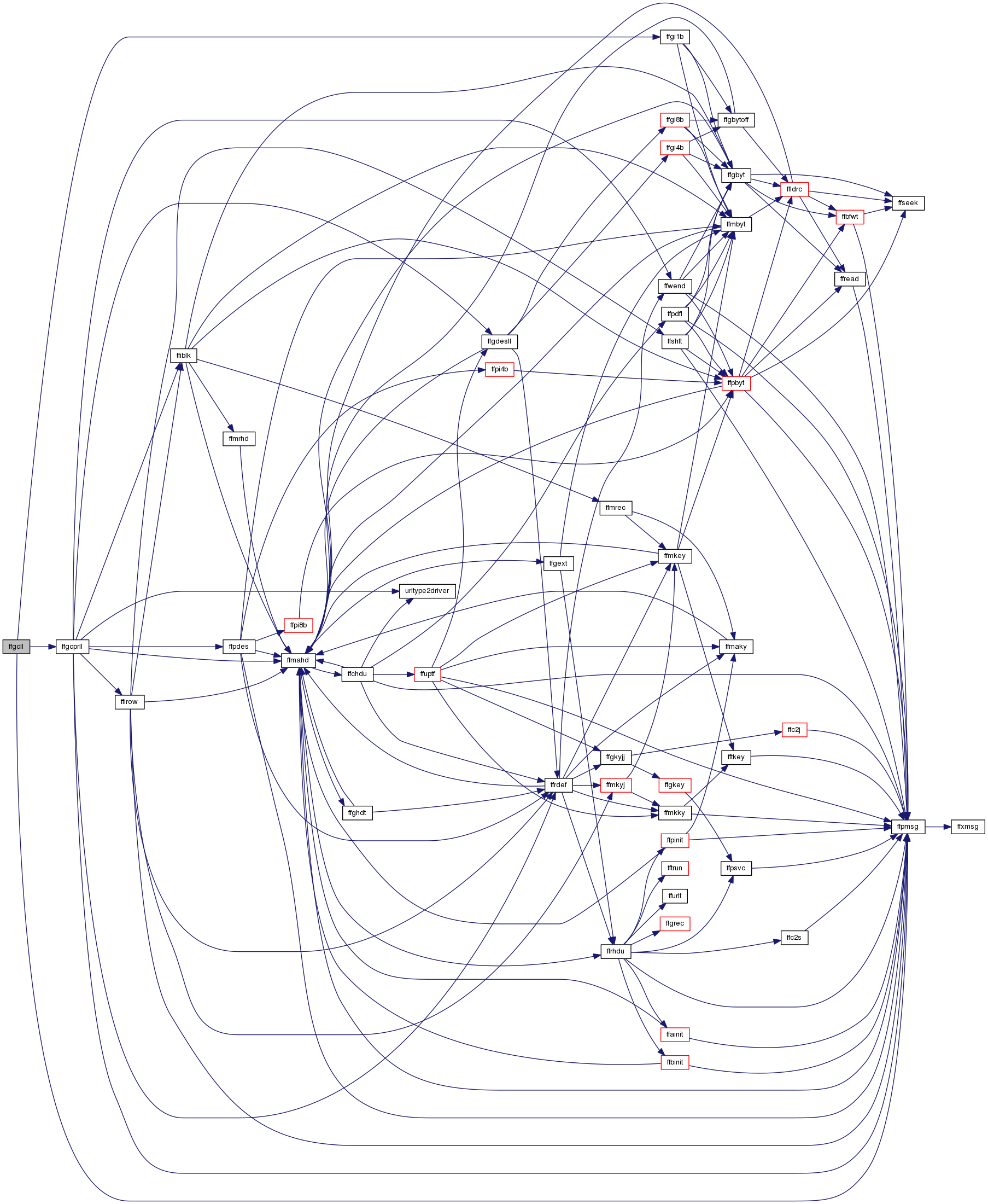
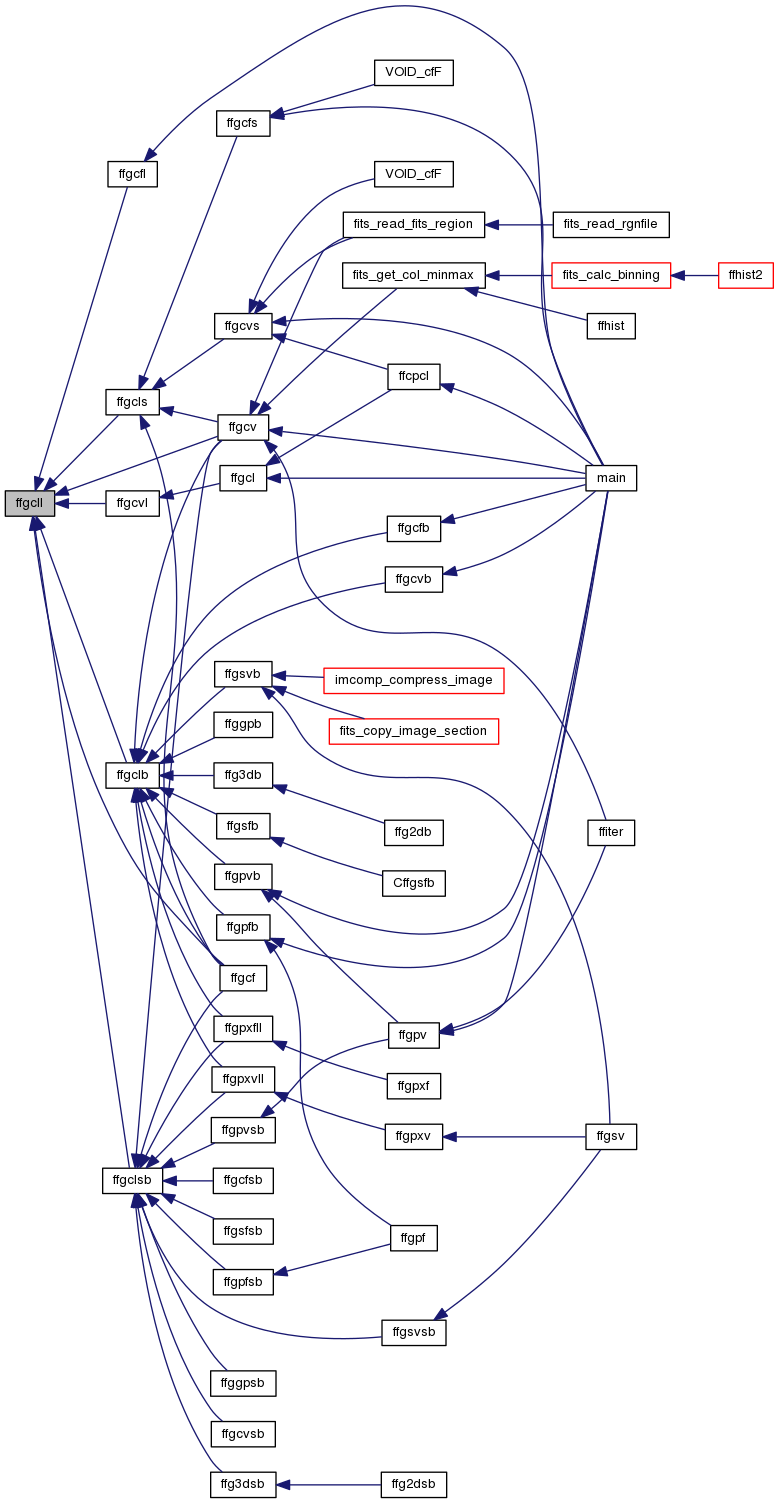
| int ffgcls | ( | fitsfile * | fptr, |
| int | colnum, | ||
| LONGLONG | firstrow, | ||
| LONGLONG | firstelem, | ||
| LONGLONG | nelem, | ||
| int | nultyp, | ||
| char * | nulval, | ||
| char ** | array, | ||
| char * | nularray, | ||
| int * | anynul, | ||
| int * | status | ||
| ) |
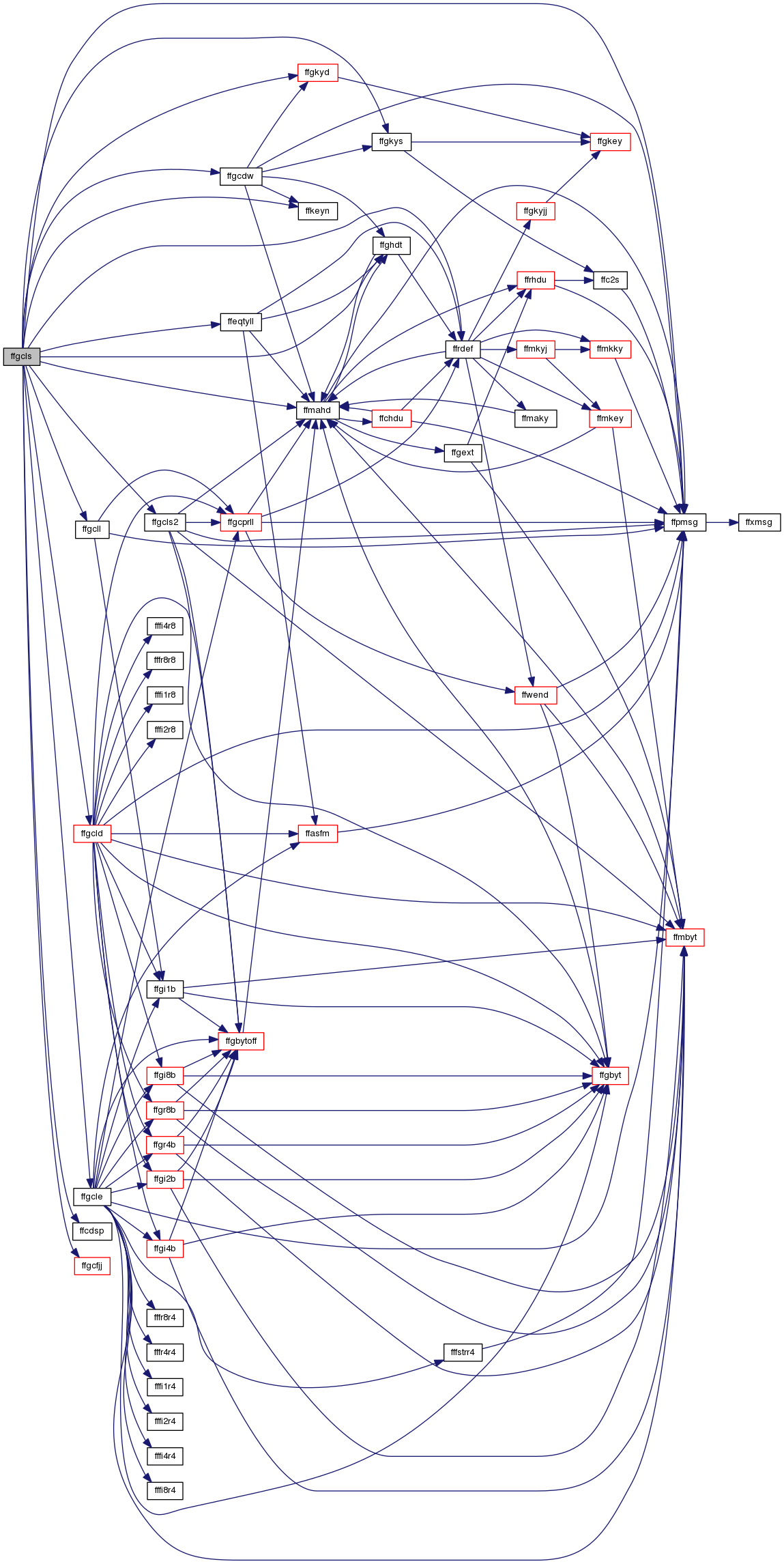
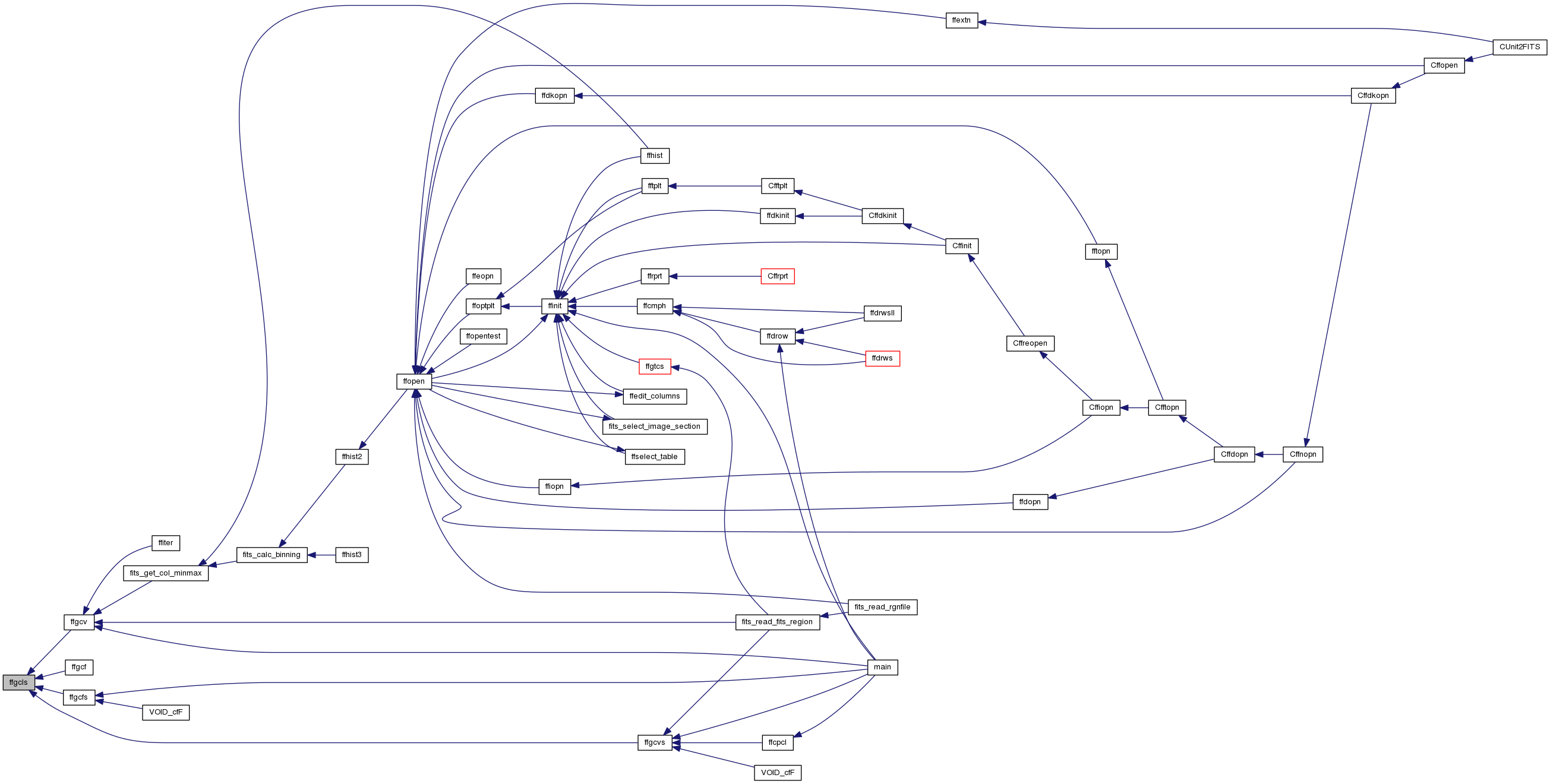
| int ffgcls2 | ( | fitsfile * | fptr, |
| int | colnum, | ||
| LONGLONG | firstrow, | ||
| LONGLONG | firstelem, | ||
| LONGLONG | nelem, | ||
| int | nultyp, | ||
| char * | nulval, | ||
| char ** | array, | ||
| char * | nularray, | ||
| int * | anynul, | ||
| int * | status | ||
| ) |
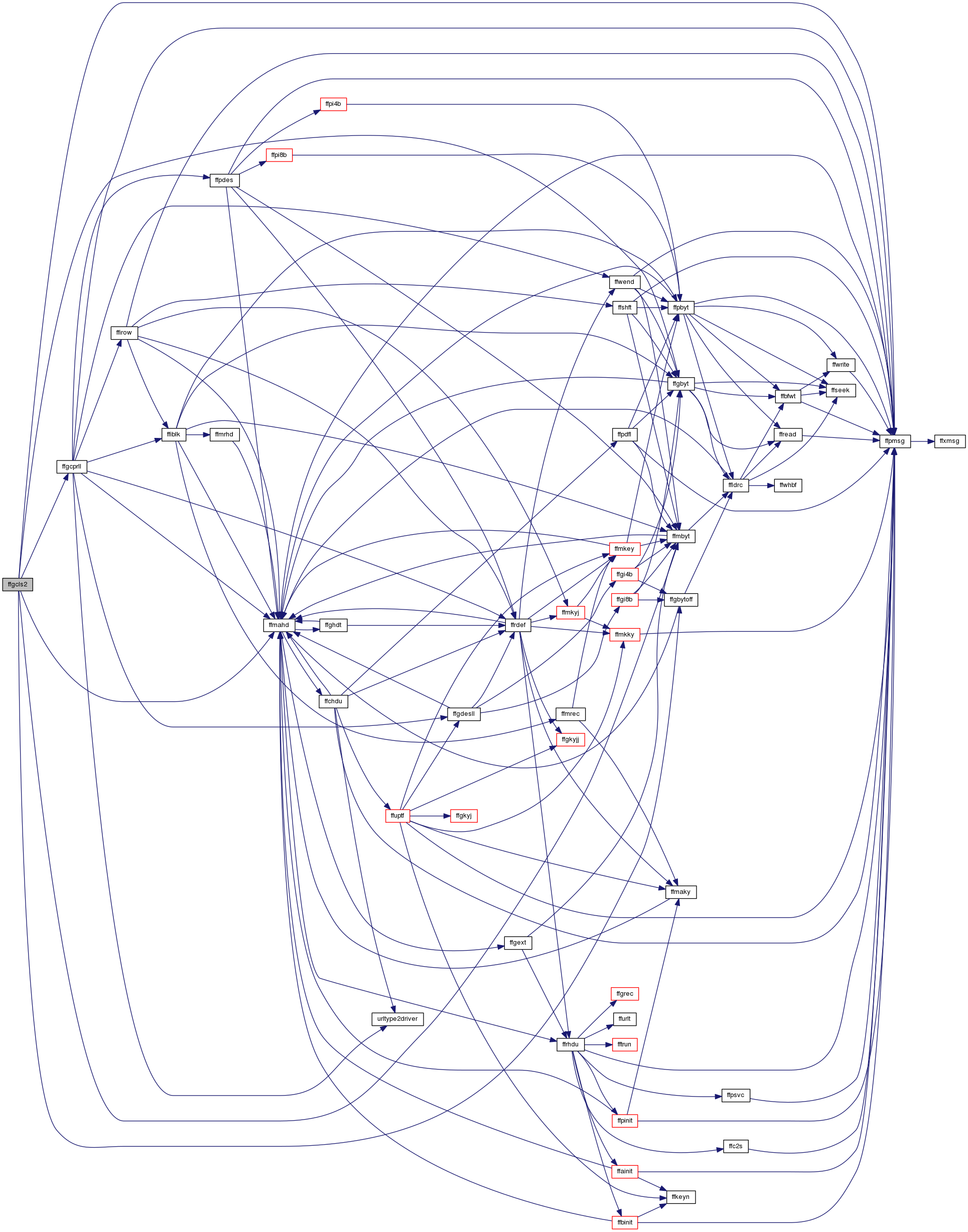
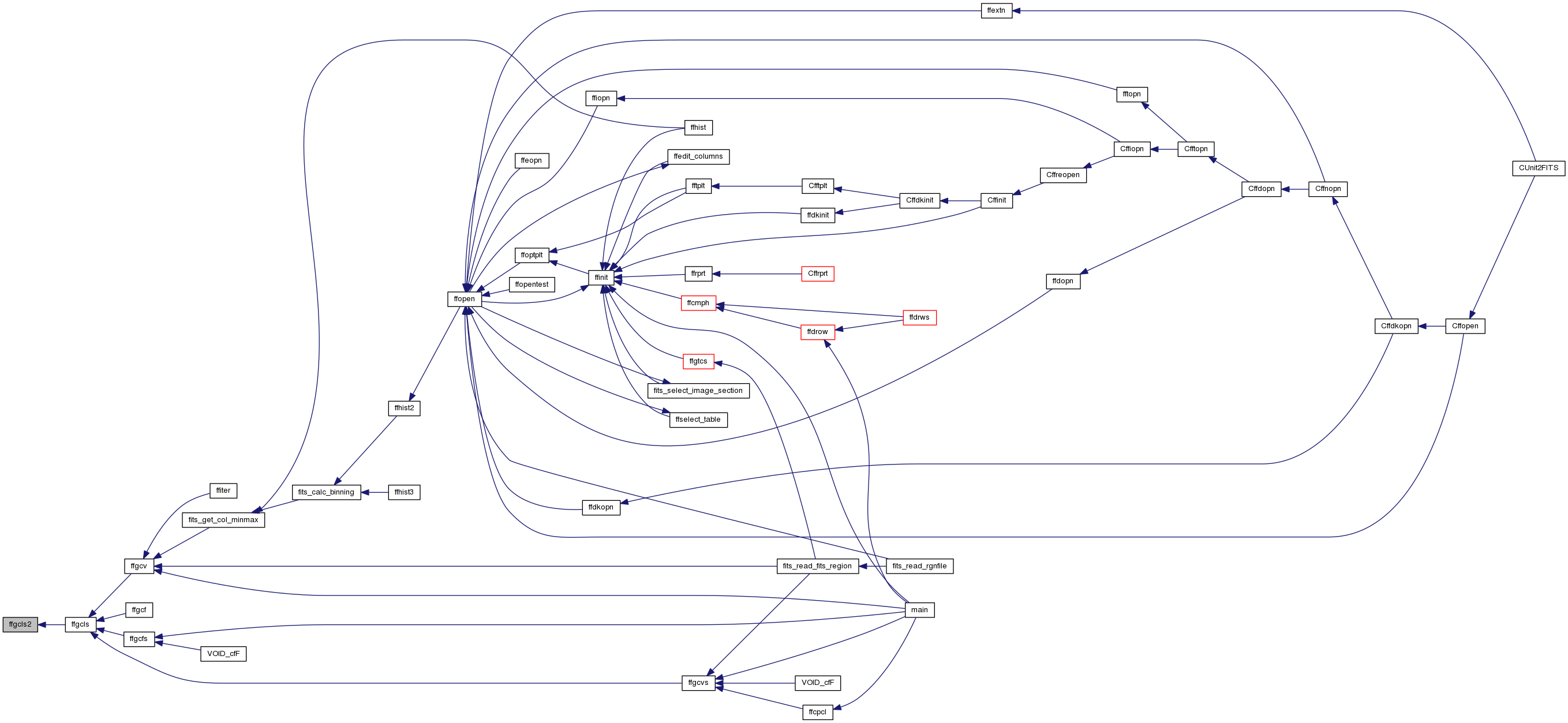
| int ffgclsb | ( | fitsfile * | fptr, |
| int | colnum, | ||
| LONGLONG | firstrow, | ||
| LONGLONG | firstelem, | ||
| LONGLONG | nelem, | ||
| long | elemincre, | ||
| int | nultyp, | ||
| signed char | nulval, | ||
| signed char * | array, | ||
| char * | nularray, | ||
| int * | anynul, | ||
| int * | status | ||
| ) |
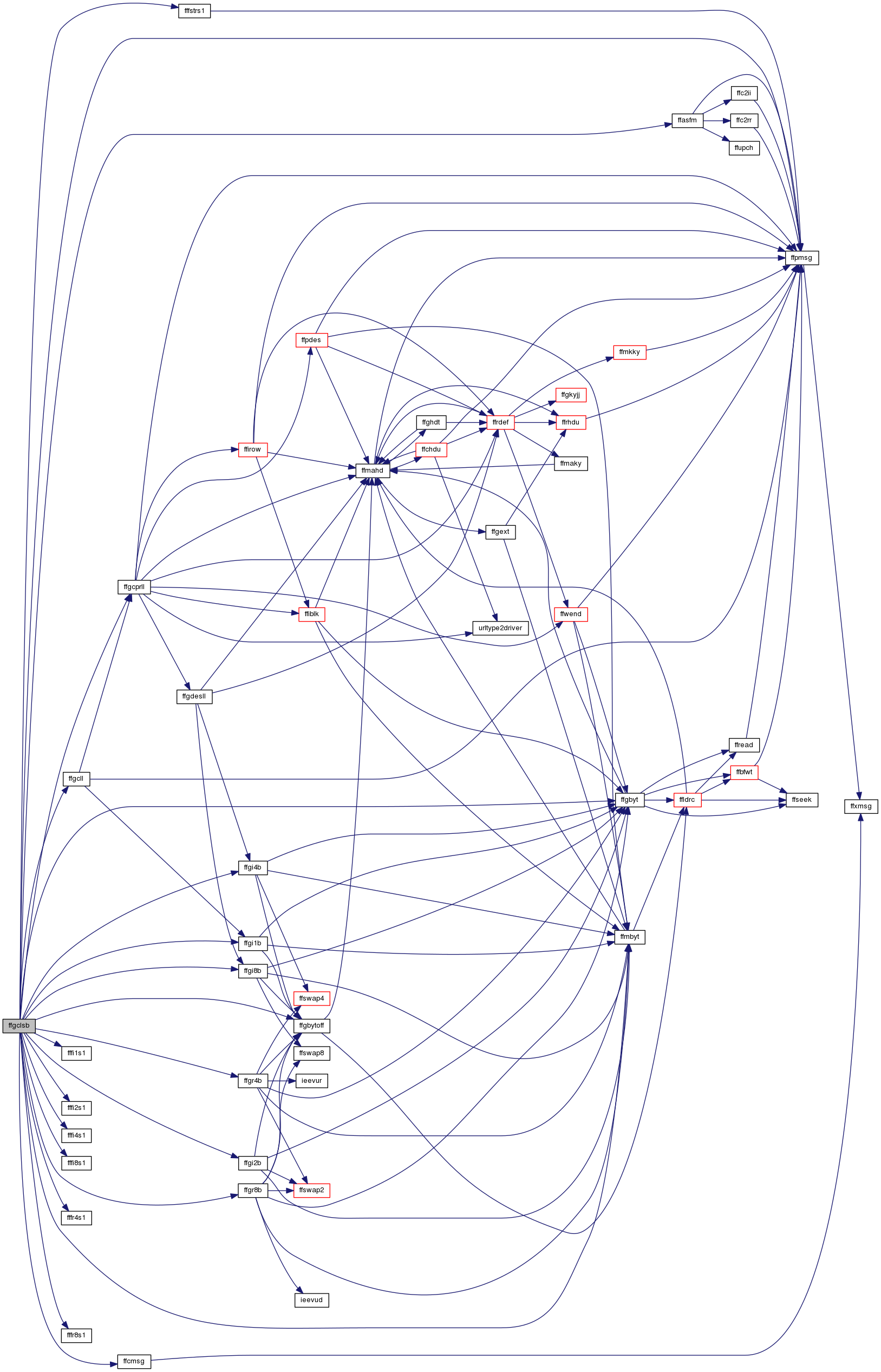
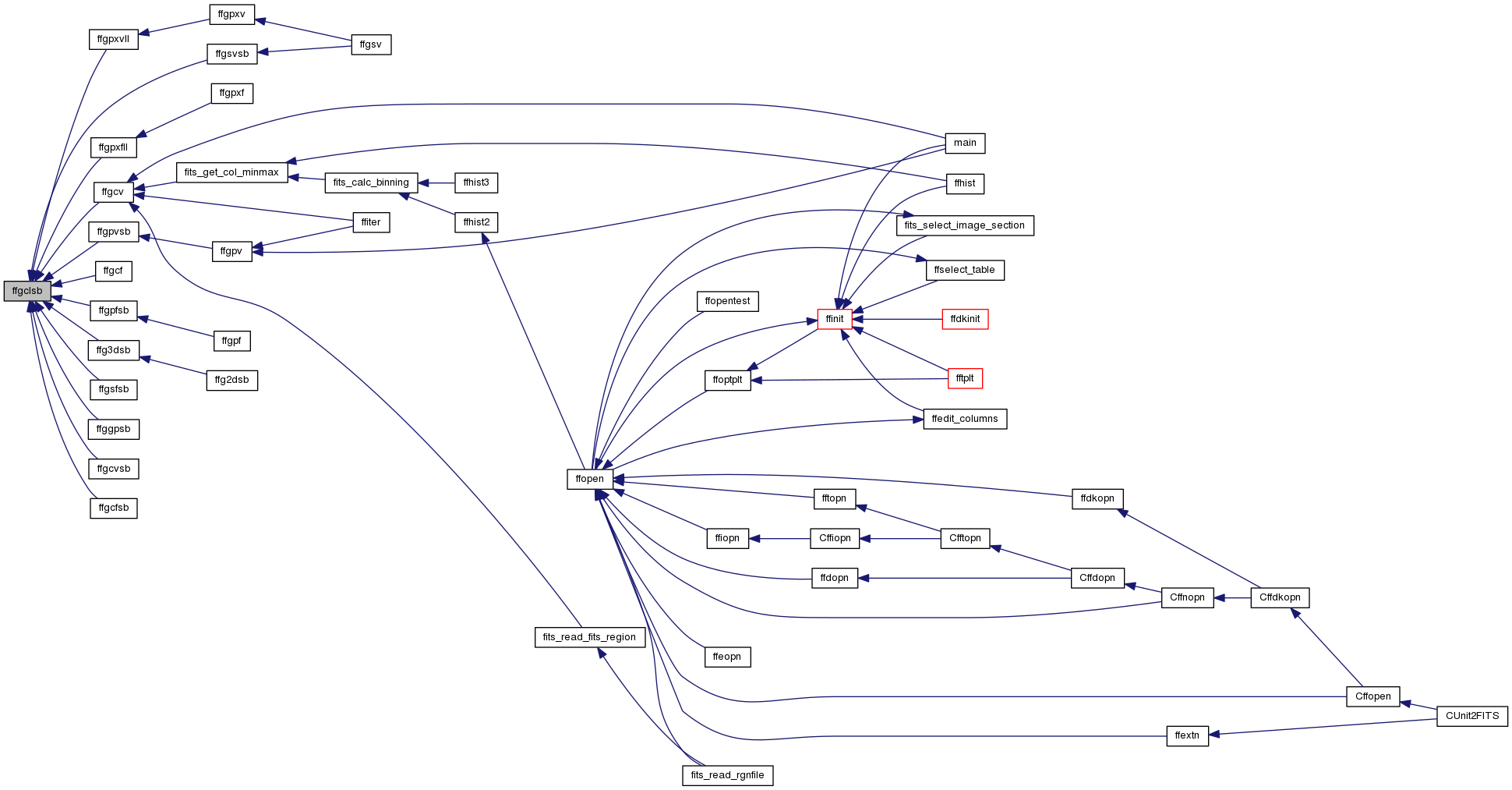
| int ffgclui | ( | fitsfile * | fptr, |
| int | colnum, | ||
| LONGLONG | firstrow, | ||
| LONGLONG | firstelem, | ||
| LONGLONG | nelem, | ||
| long | elemincre, | ||
| int | nultyp, | ||
| unsigned short | nulval, | ||
| unsigned short * | array, | ||
| char * | nularray, | ||
| int * | anynul, | ||
| int * | status | ||
| ) |
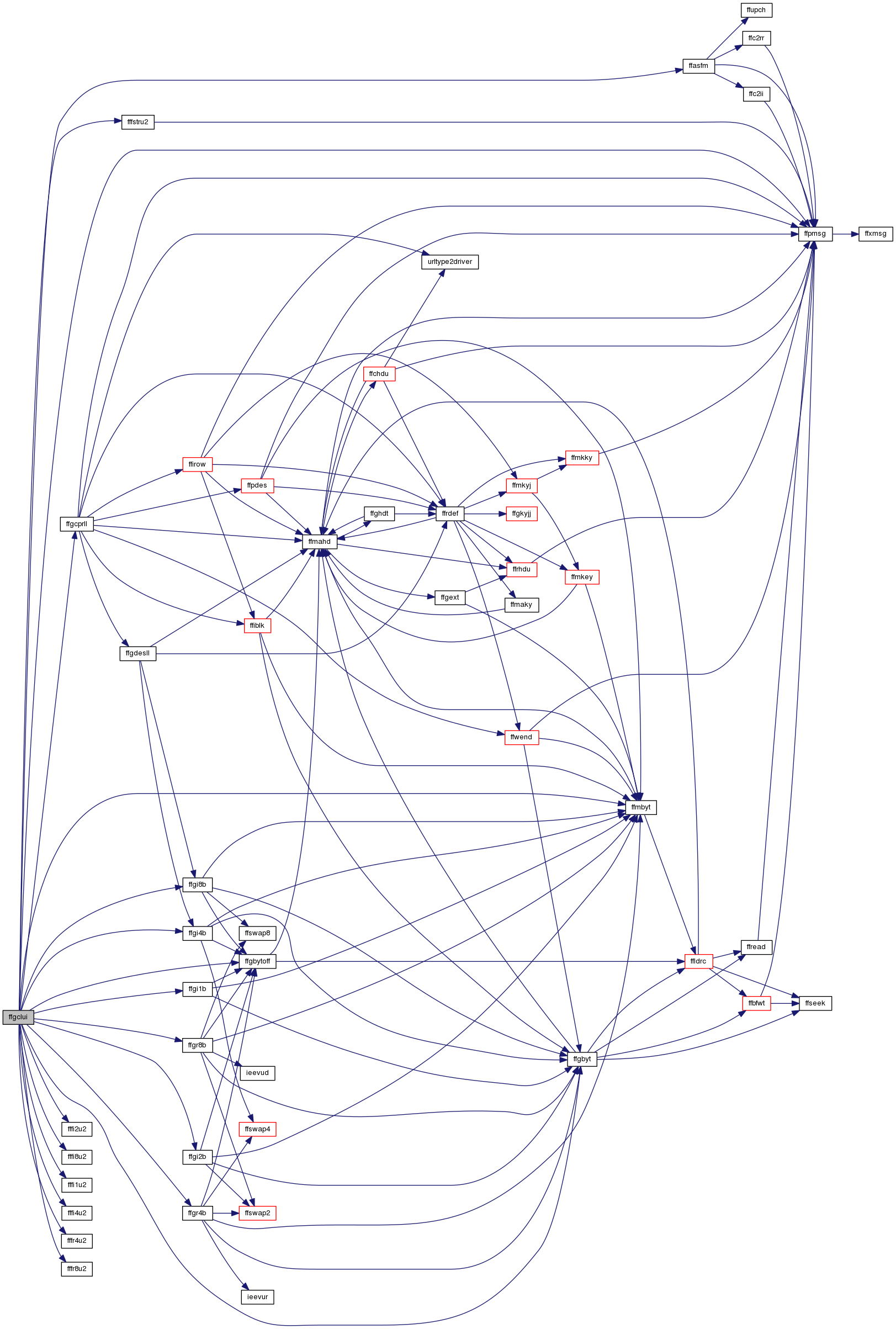
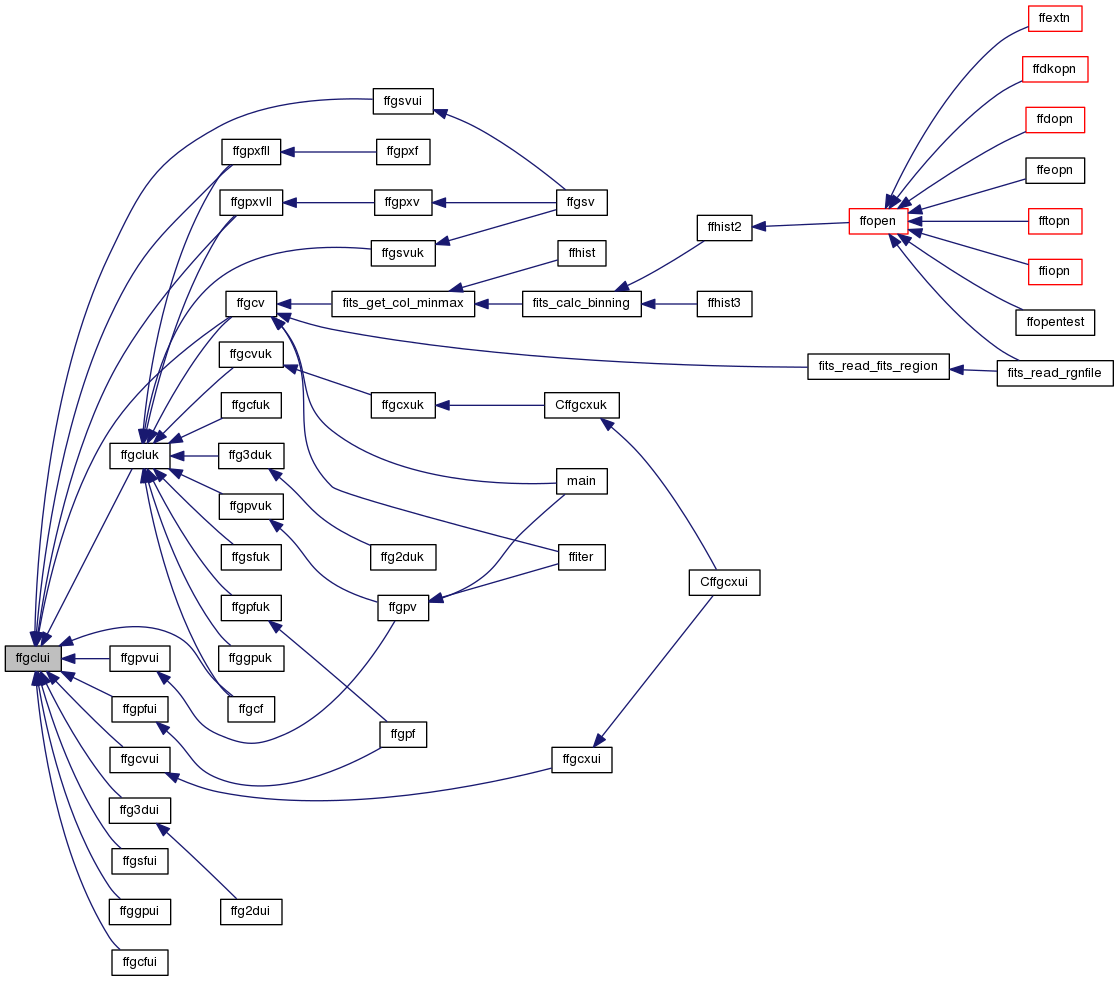
| int ffgcluj | ( | fitsfile * | fptr, |
| int | colnum, | ||
| LONGLONG | firstrow, | ||
| LONGLONG | firstelem, | ||
| LONGLONG | nelem, | ||
| long | elemincre, | ||
| int | nultyp, | ||
| unsigned long | nulval, | ||
| unsigned long * | array, | ||
| char * | nularray, | ||
| int * | anynul, | ||
| int * | status | ||
| ) |
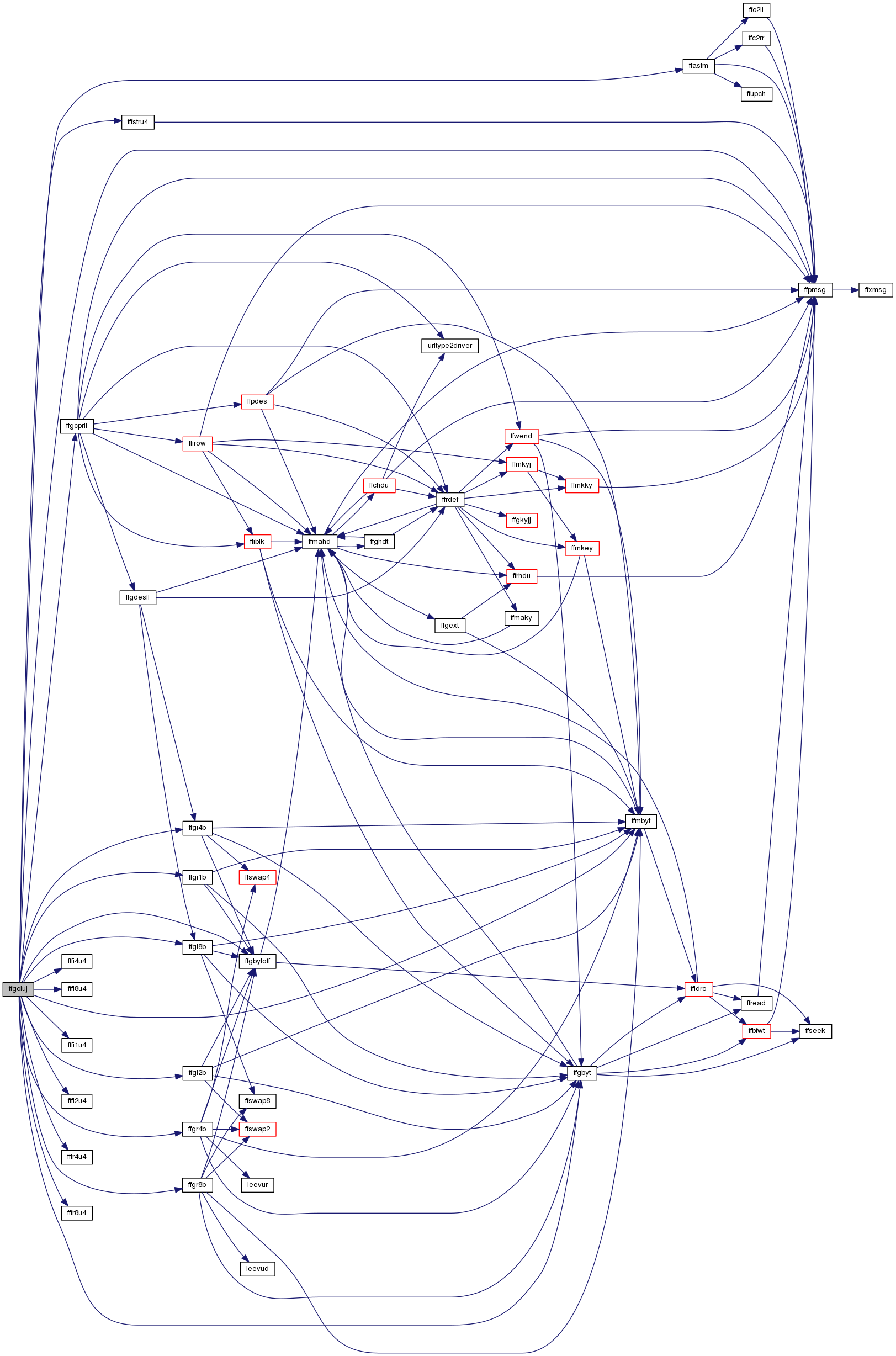
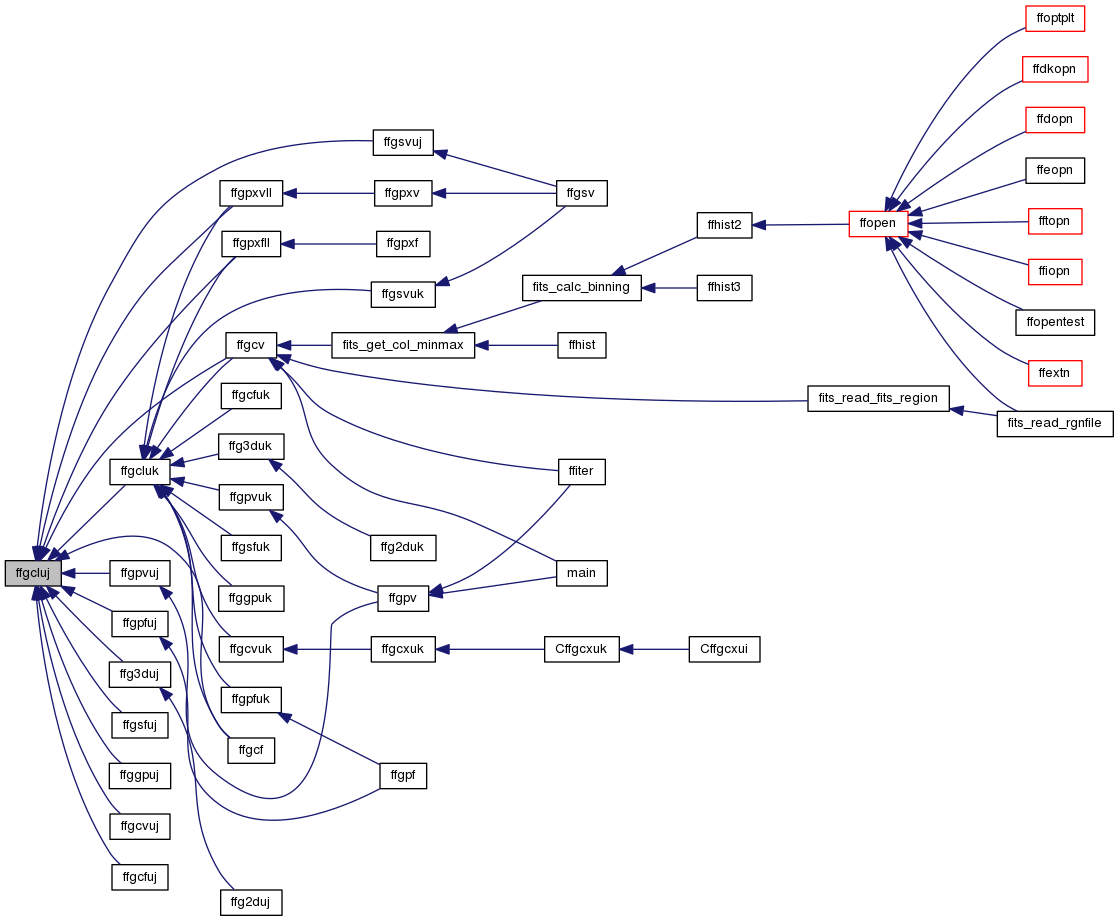
| int ffgcluk | ( | fitsfile * | fptr, |
| int | colnum, | ||
| LONGLONG | firstrow, | ||
| LONGLONG | firstelem, | ||
| LONGLONG | nelem, | ||
| long | elemincre, | ||
| int | nultyp, | ||
| unsigned int | nulval, | ||
| unsigned int * | array, | ||
| char * | nularray, | ||
| int * | anynul, | ||
| int * | status | ||
| ) |
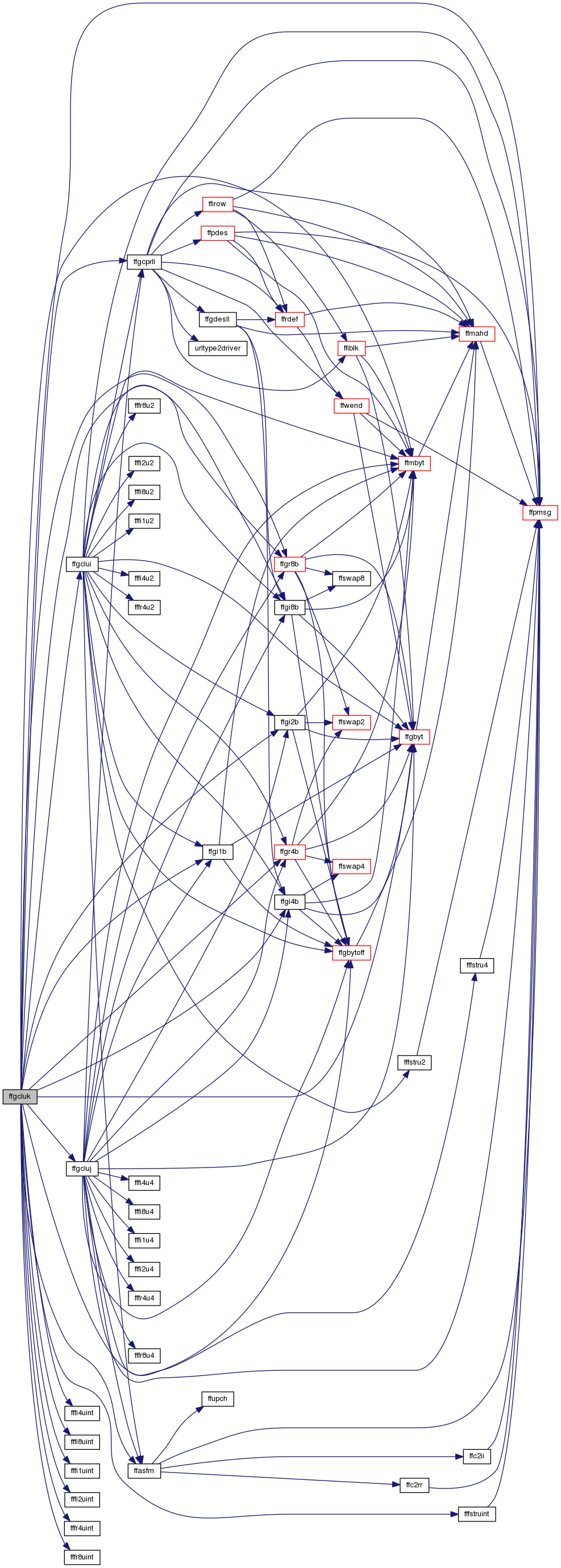
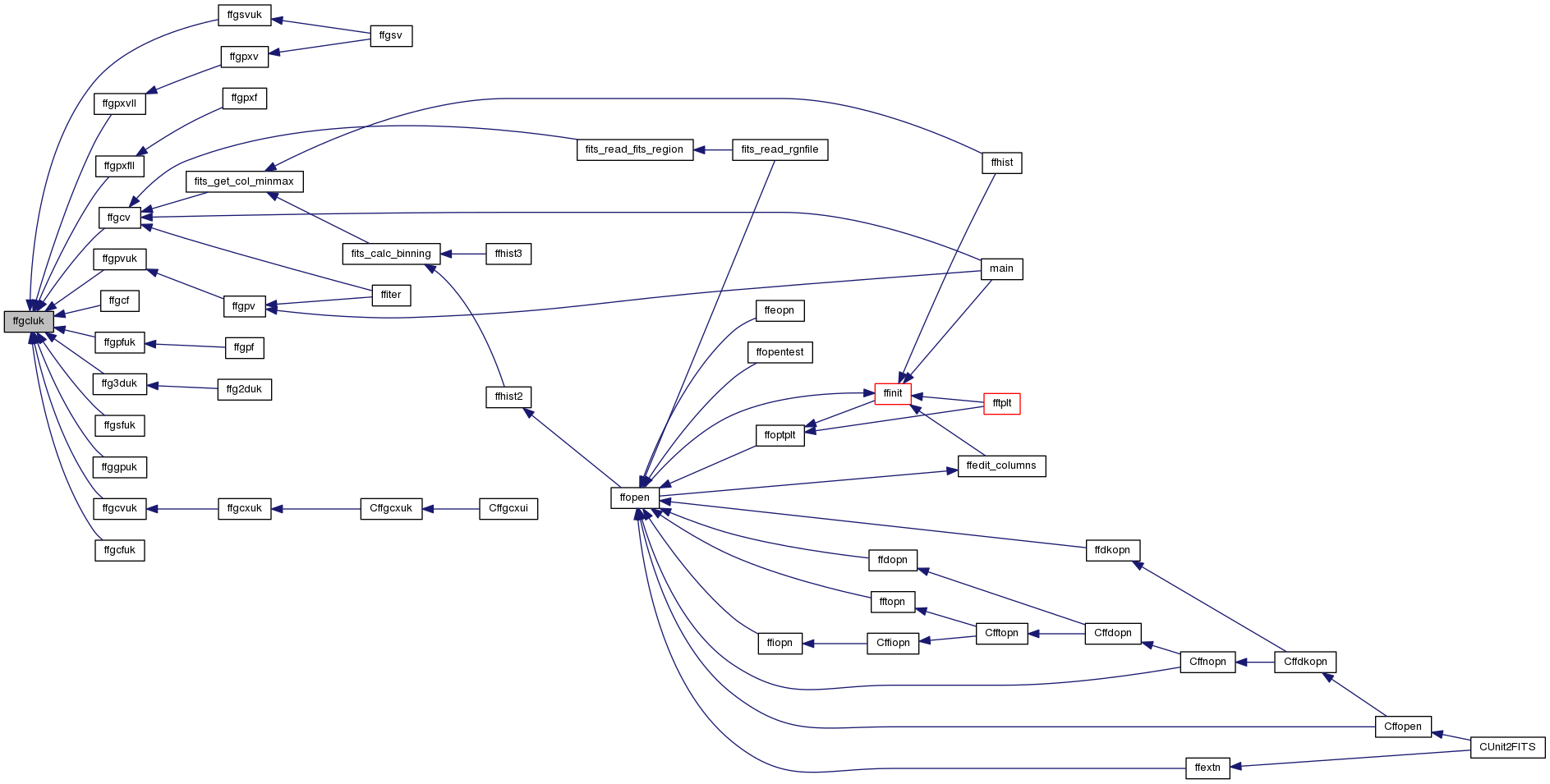
| int ffgcnt | ( | fitsfile * | fptr, |
| char * | value, | ||
| char * | comm, | ||
| int * | status | ||
| ) |
Attempt to read the next keyword, returning the string value if it is a continuation of the previous string keyword value. This uses the HEASARC convention for continuing long string values over multiple keywords. Each continued string is terminated with a backslash character, and the continuation follows on the next keyword which must have the name CONTINUE without an equal sign in column 9 of the card. If the next card is not a continuation, then the returned value string will be null.
| [in] | fptr | FITS file pointer |
| [out] | value | continued string value |
| [out] | comm | continued comment string |
| [in,out] | status | error status |
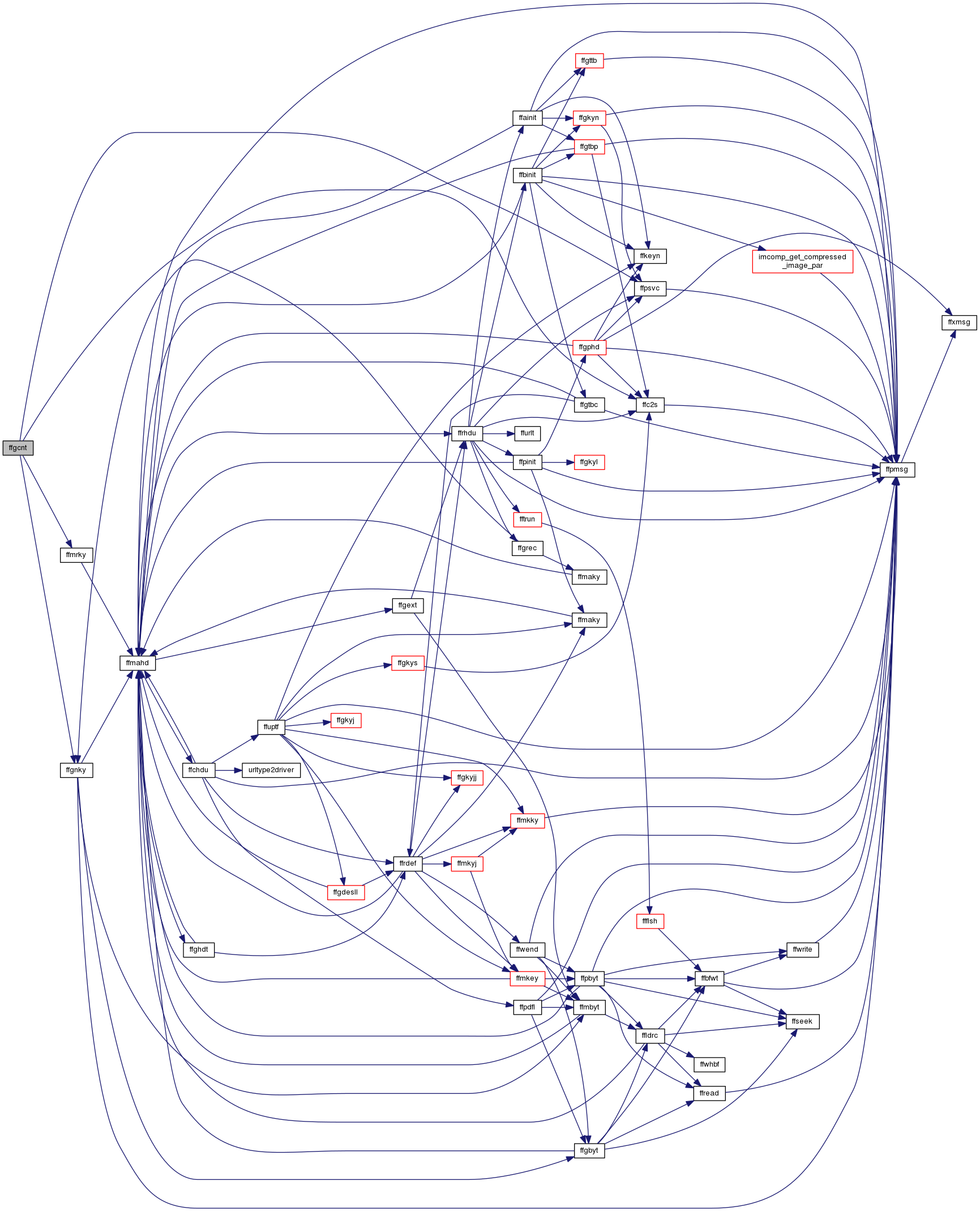
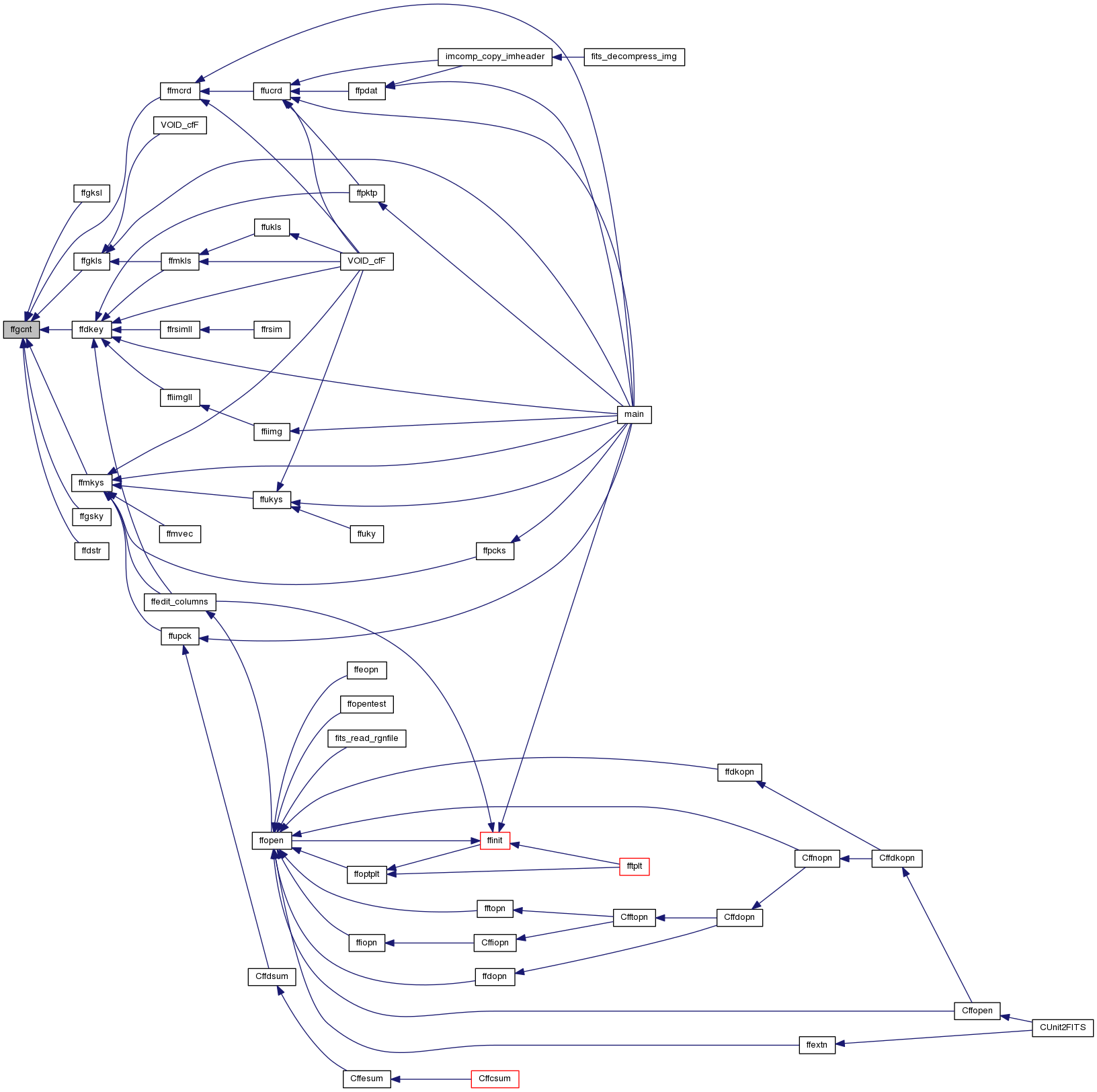
| int ffgcprll | ( | fitsfile * | fptr, |
| int | colnum, | ||
| LONGLONG | firstrow, | ||
| LONGLONG | firstelem, | ||
| LONGLONG | nelem, | ||
| int | writemode, | ||
| double * | scale, | ||
| double * | zero, | ||
| char * | tform, | ||
| long * | twidth, | ||
| int * | tcode, | ||
| int * | maxelem, | ||
| LONGLONG * | startpos, | ||
| LONGLONG * | elemnum, | ||
| long * | incre, | ||
| LONGLONG * | repeat, | ||
| LONGLONG * | rowlen, | ||
| int * | hdutype, | ||
| LONGLONG * | tnull, | ||
| char * | snull, | ||
| int * | status | ||
| ) |
Get Column PaRameters, and test starting row and element numbers for validity. This is a workhorse routine that is call by nearly every other routine that reads or writes to FITS files.
| [in] | fptr | FITS file pointer |
| [in] | colnum | column number (1 = 1st column of table) |
| [in] | firstrow | first row (1 = 1st row of table) |
| [in] | firstelem | first element within vector (1 = 1st) |
| [in] | nelem | number of elements to read or write |
| [in] | writemode | = 1 if writing data, = 0 if reading data If = 2, then writing data, but don't modify the returned values of repeat and incre. If = -1, then reading data in reverse direction. |
| [out] | scale | FITS scaling factor (TSCALn keyword value) |
| [out] | zero | FITS scaling zero pt (TZEROn keyword value) |
| [out] | tform | ASCII column format: value of TFORMn keyword |
| [out] | twidth | width of ASCII column (characters) |
| [out] | tcode | column datatype code: I*4=41, R*4=42, etc |
| [out] | maxelem | max number of elements that fit in buffer |
| [out] | startpos | offset in file to starting row & column |
| [out] | elemnum | starting element number ( 0 = 1st element) |
| [out] | incre | byte offset between elements within a row |
| [out] | repeat | number of elements in a row (vector column) |
| [out] | rowlen | length of a row, in bytes |
| [out] | hdutype | HDU type: 0, 1, 2 = primary, table, bintable |
| [out] | tnull | null value for integer columns |
| [out] | snull | null value for ASCII table columns |
| [in,out] | status | error status |
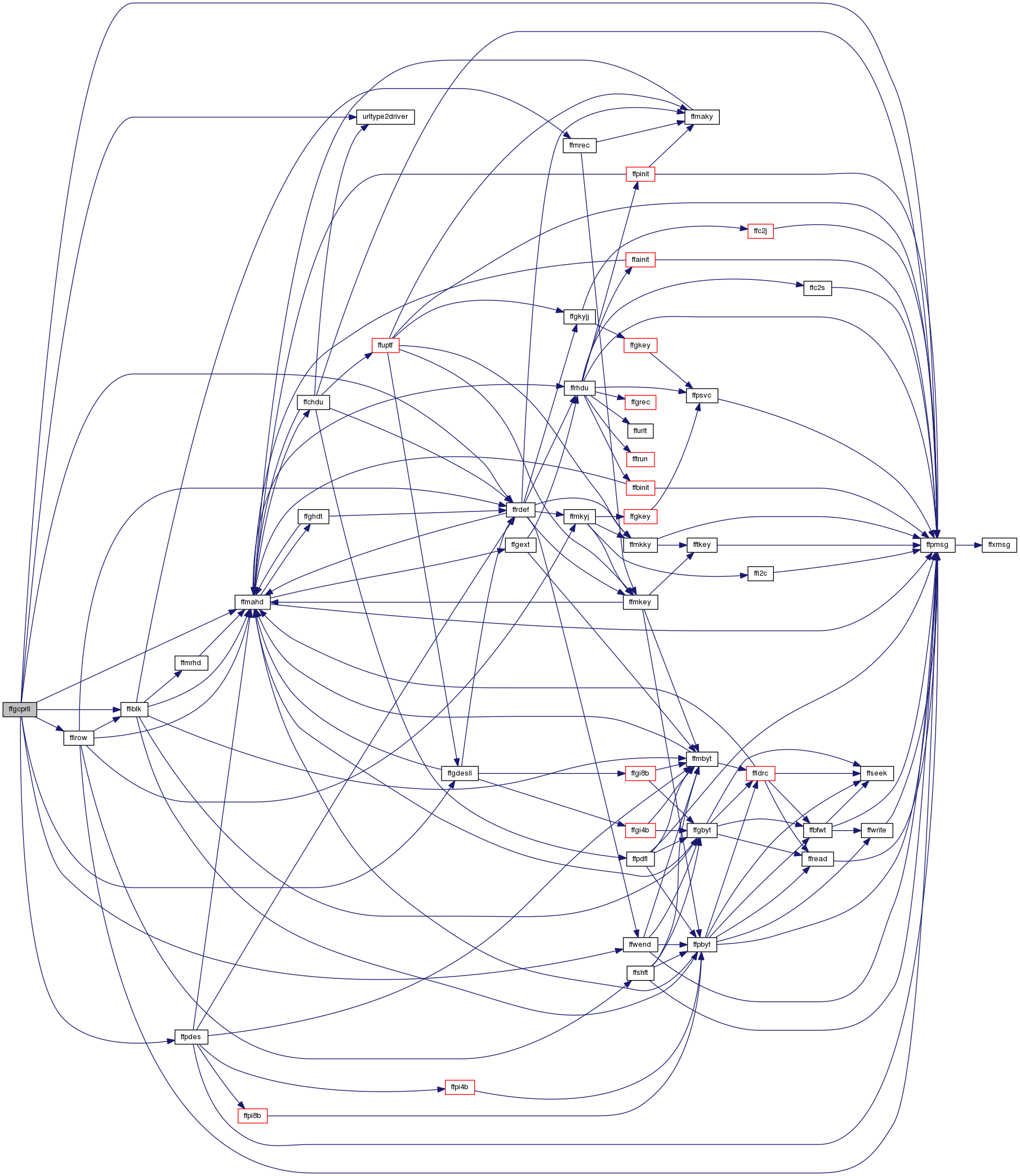

| int ffgext | ( | fitsfile * | fptr, |
| int | hdunum, | ||
| int * | exttype, | ||
| int * | status | ||
| ) |
Get Extension. Move to the specified extension and initialize the HDU structure.
| [in] | fptr | FITS file pointer |
| [in] | hdunum | no. of HDU to move get (0 based) |
| [out] | exttype | type of extension, 0, 1, or 2 |
| [in,out] | status | error status |
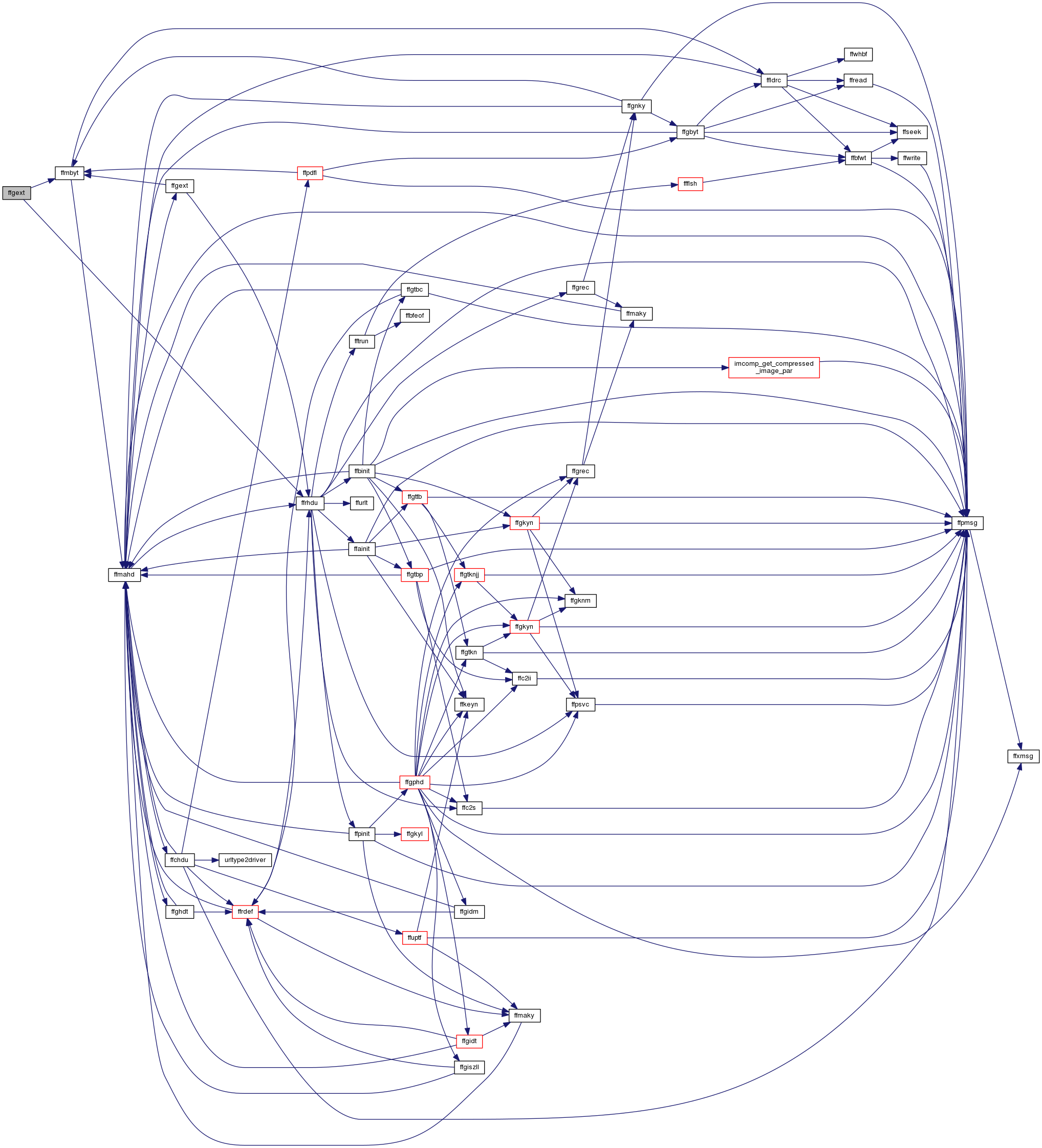

| int ffgi1b | ( | fitsfile * | fptr, |
| LONGLONG | pos, | ||
| long | nelem, | ||
| long | incre, | ||
| unsigned char * | buffer, | ||
| int * | status | ||
| ) |
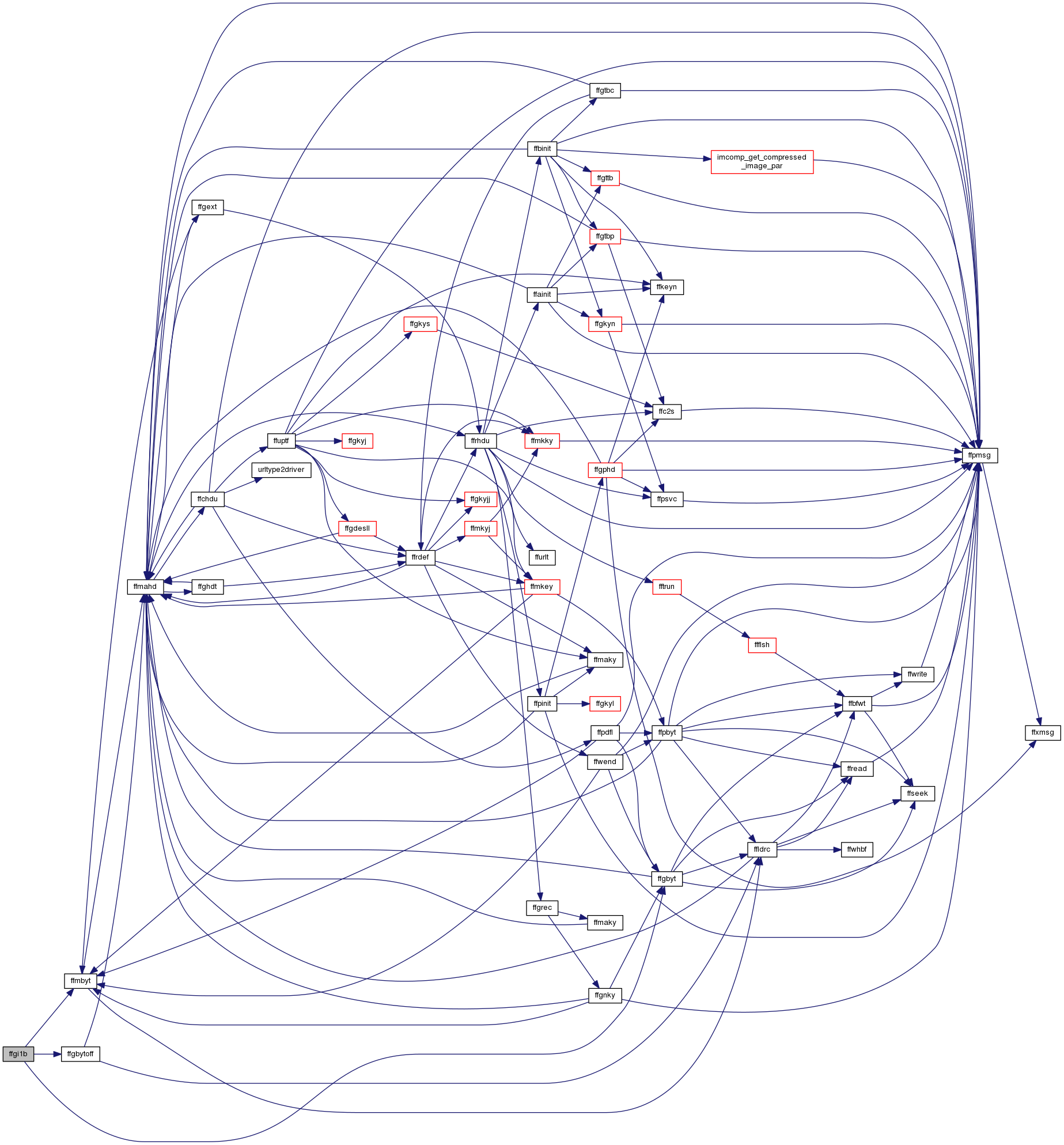

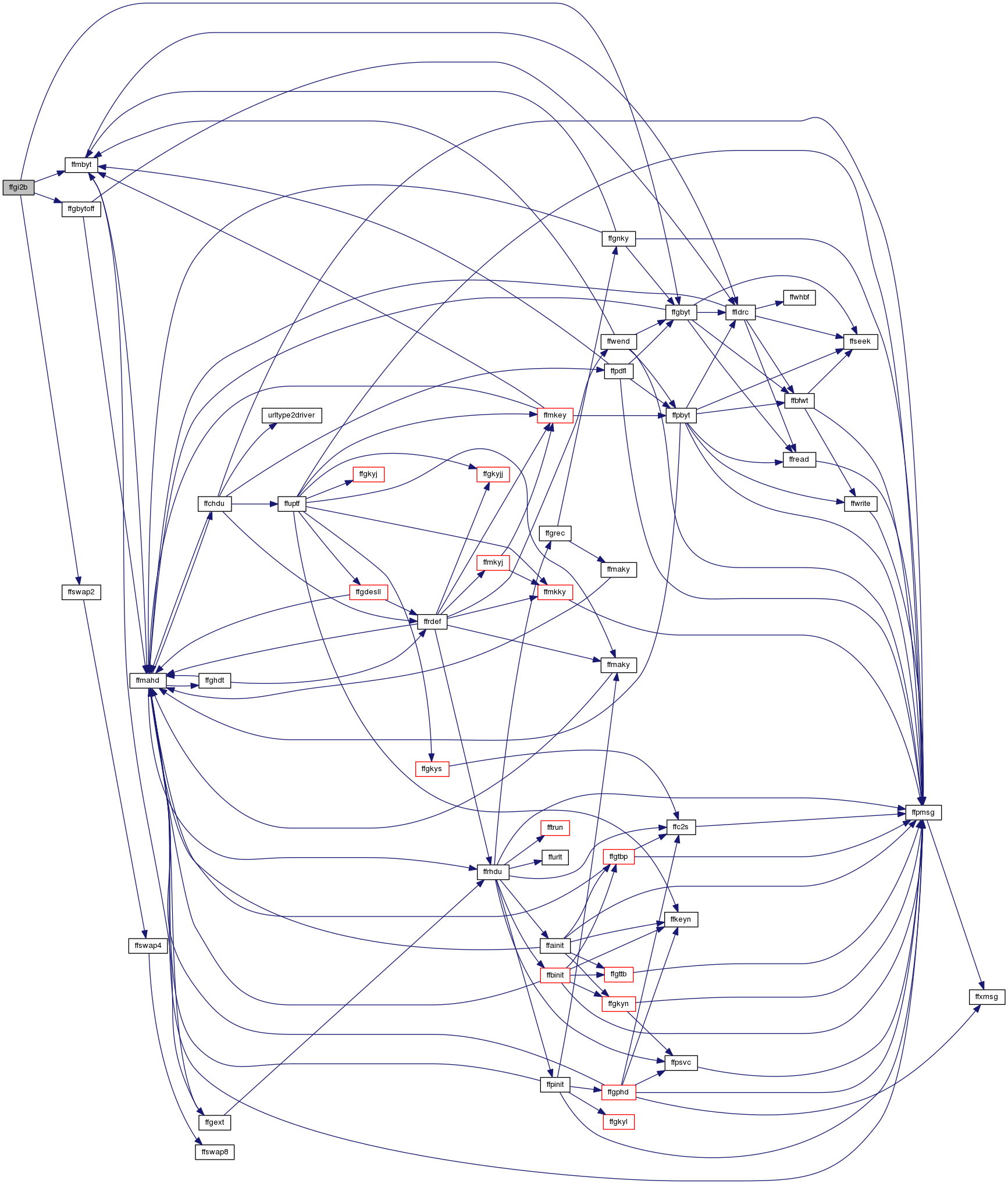

| int ffgi4b | ( | fitsfile * | fptr, |
| LONGLONG | pos, | ||
| long | nelem, | ||
| long | incre, | ||
| INT32BIT * | buffer, | ||
| int * | status | ||
| ) |
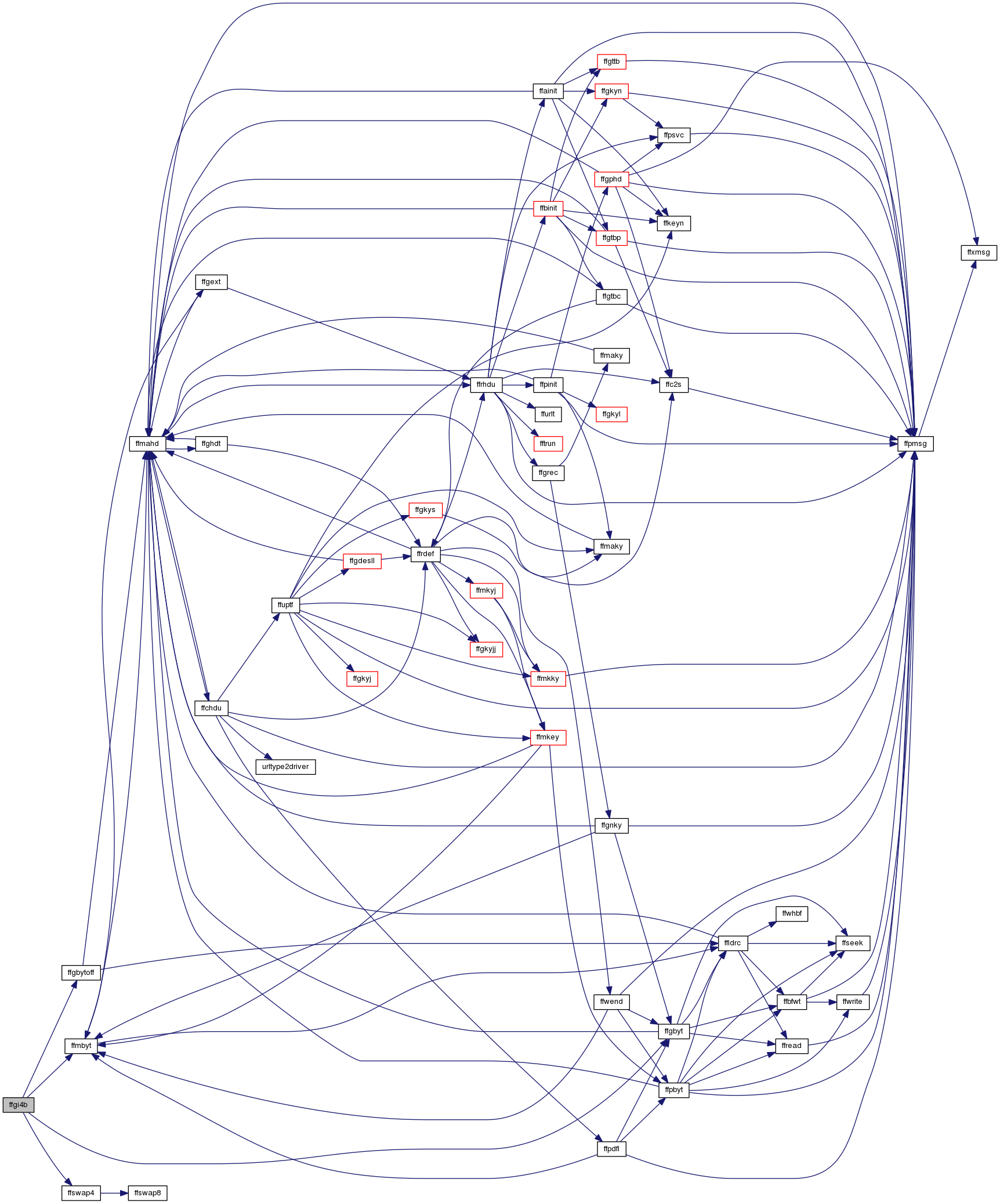

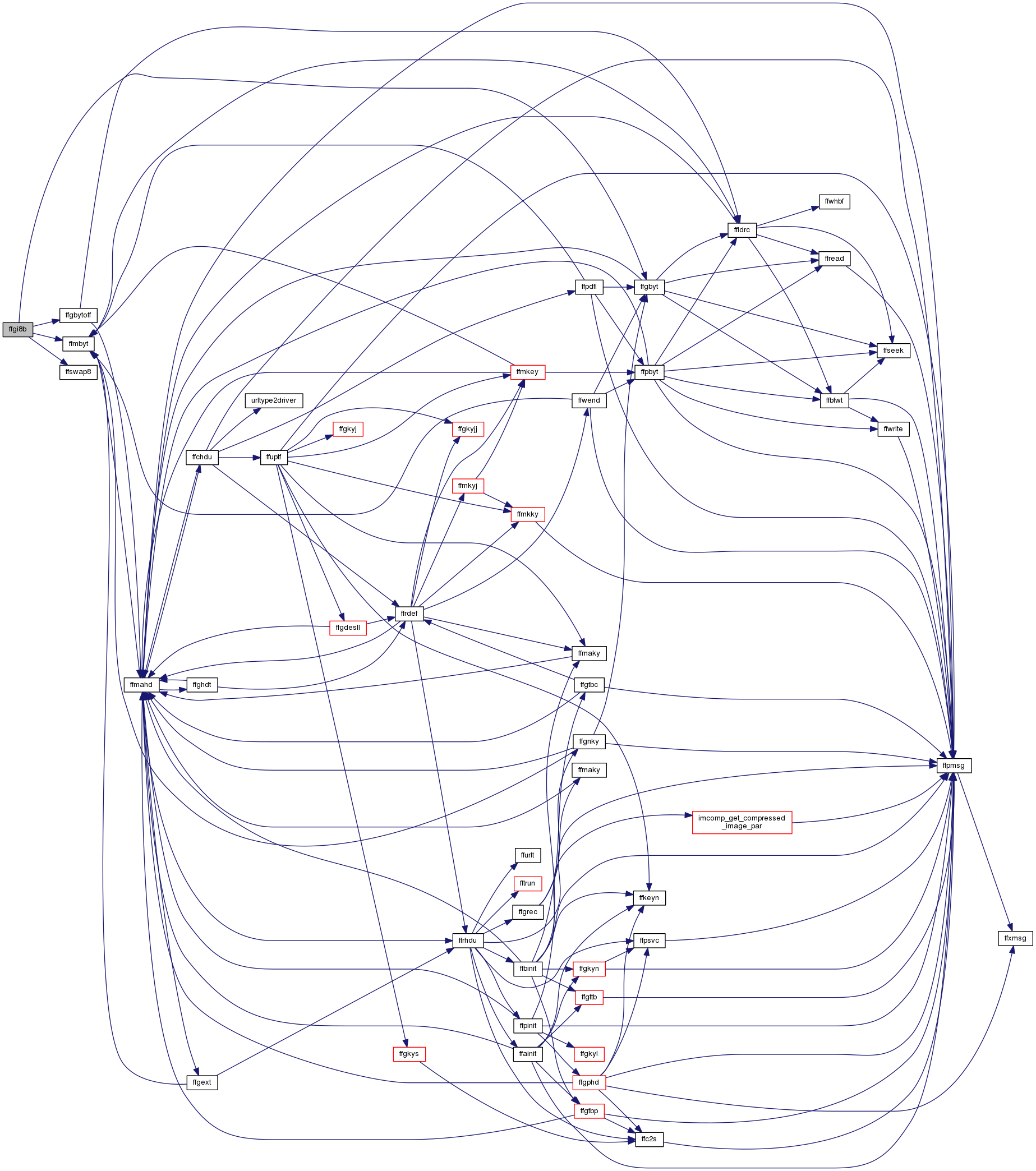

| int ffgnky | ( | fitsfile * | fptr, |
| char * | card, | ||
| int * | status | ||
| ) |
read the next keyword from the header - used internally by cfitsio
| [in] | fptr | FITS file pointer |
| [out] | card | card string |
| [in,out] | status | error status |
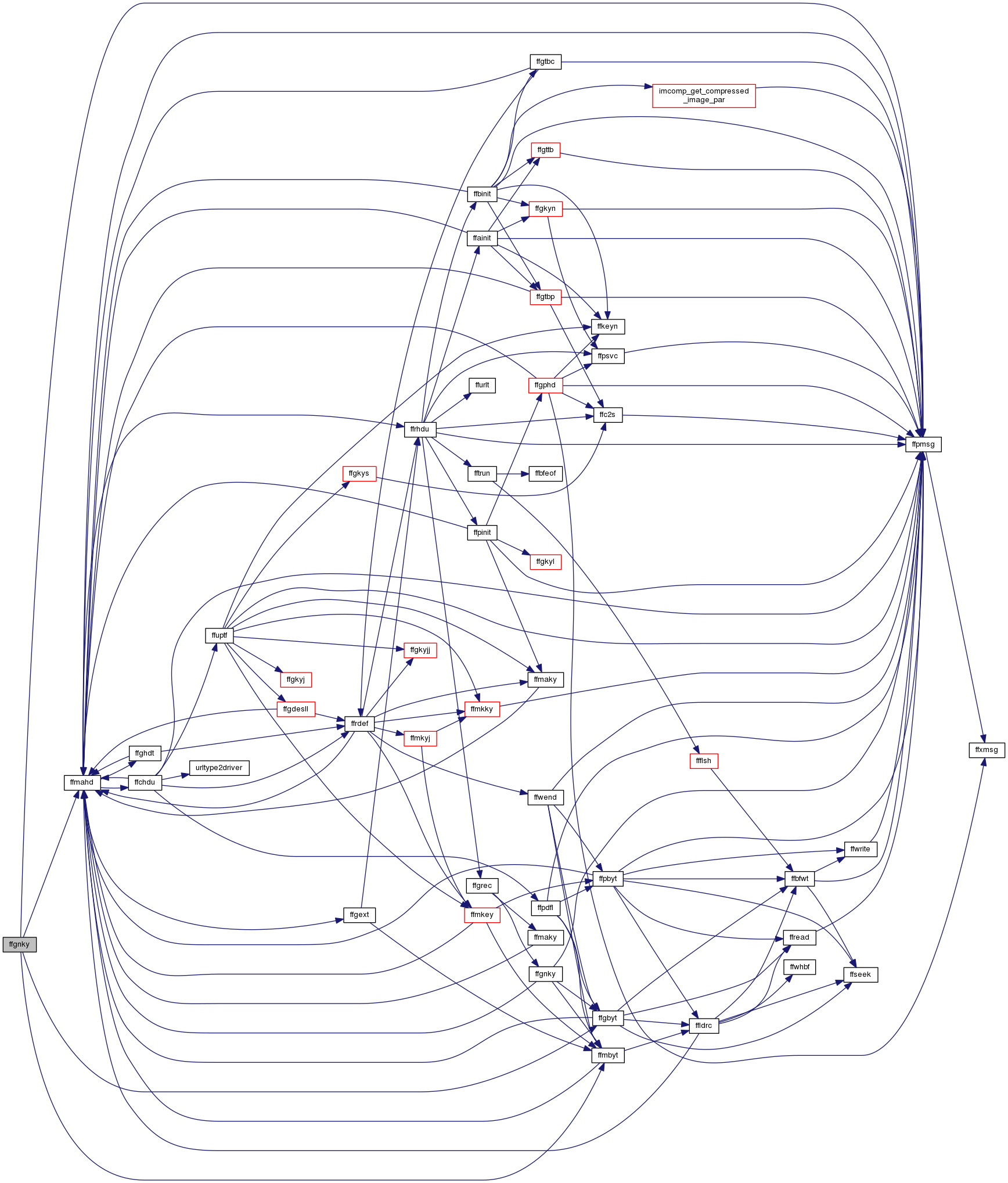
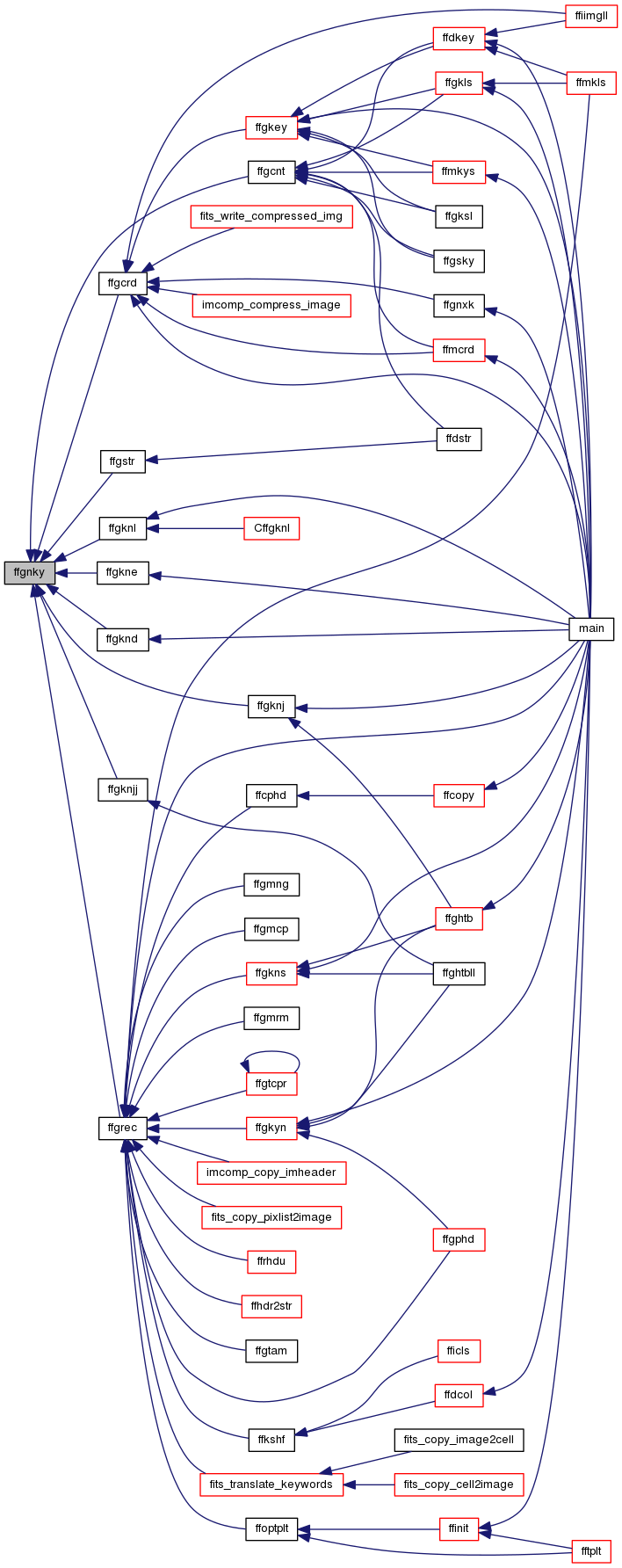
| int ffgphd | ( | fitsfile * | fptr, |
| int | maxdim, | ||
| int * | simple, | ||
| int * | bitpix, | ||
| int * | naxis, | ||
| LONGLONG | naxes[], | ||
| long * | pcount, | ||
| long * | gcount, | ||
| int * | extend, | ||
| double * | bscale, | ||
| double * | bzero, | ||
| LONGLONG * | blank, | ||
| int * | nspace, | ||
| int * | status | ||
| ) |
Get the Primary HeaDer parameters. Check that the keywords conform to the FITS standard and return the parameters which determine the size and structure of the primary array or IMAGE extension.
| [in] | fptr | FITS file pointer |
| [in] | maxdim | maximum no. of dimensions to read; |
| [out] | simple | does file conform to FITS standard? 1/0 |
| [out] | bitpix | number of bits per data value pixel |
| [out] | naxis | number of axes in the data array |
| [out] | naxes | length of each data axis |
| [out] | pcount | number of group parameters (usually 0) |
| [out] | gcount | number of random groups (usually 1 or 0) |
| [out] | extend | may FITS file haave extensions? |
| [out] | bscale | array pixel linear scaling factor |
| [out] | bzero | array pixel linear scaling zero point |
| [out] | blank | value used to represent undefined pixels |
| [out] | nspace | number of blank keywords prior to END |
| [in,out] | status | error status |
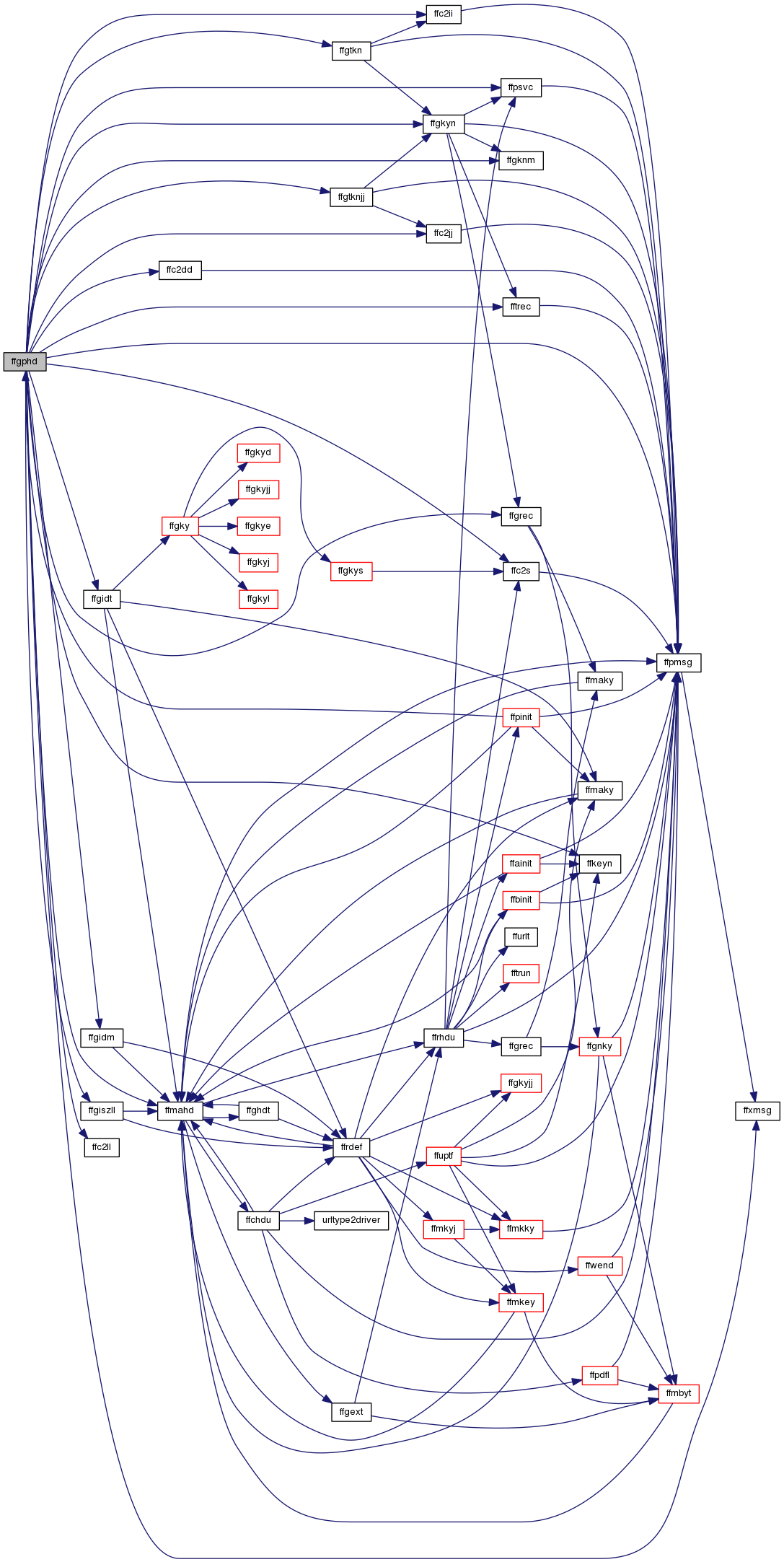
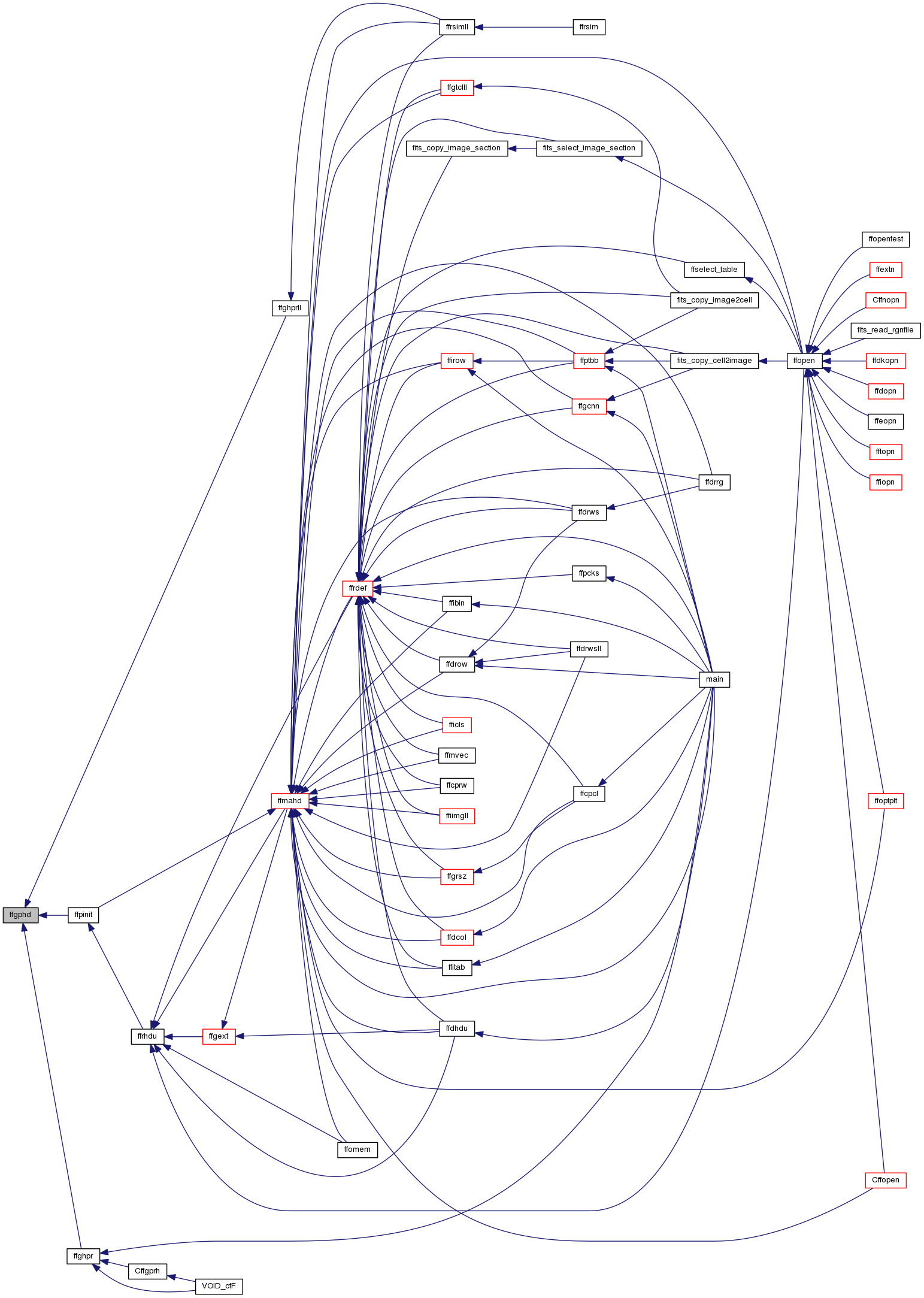
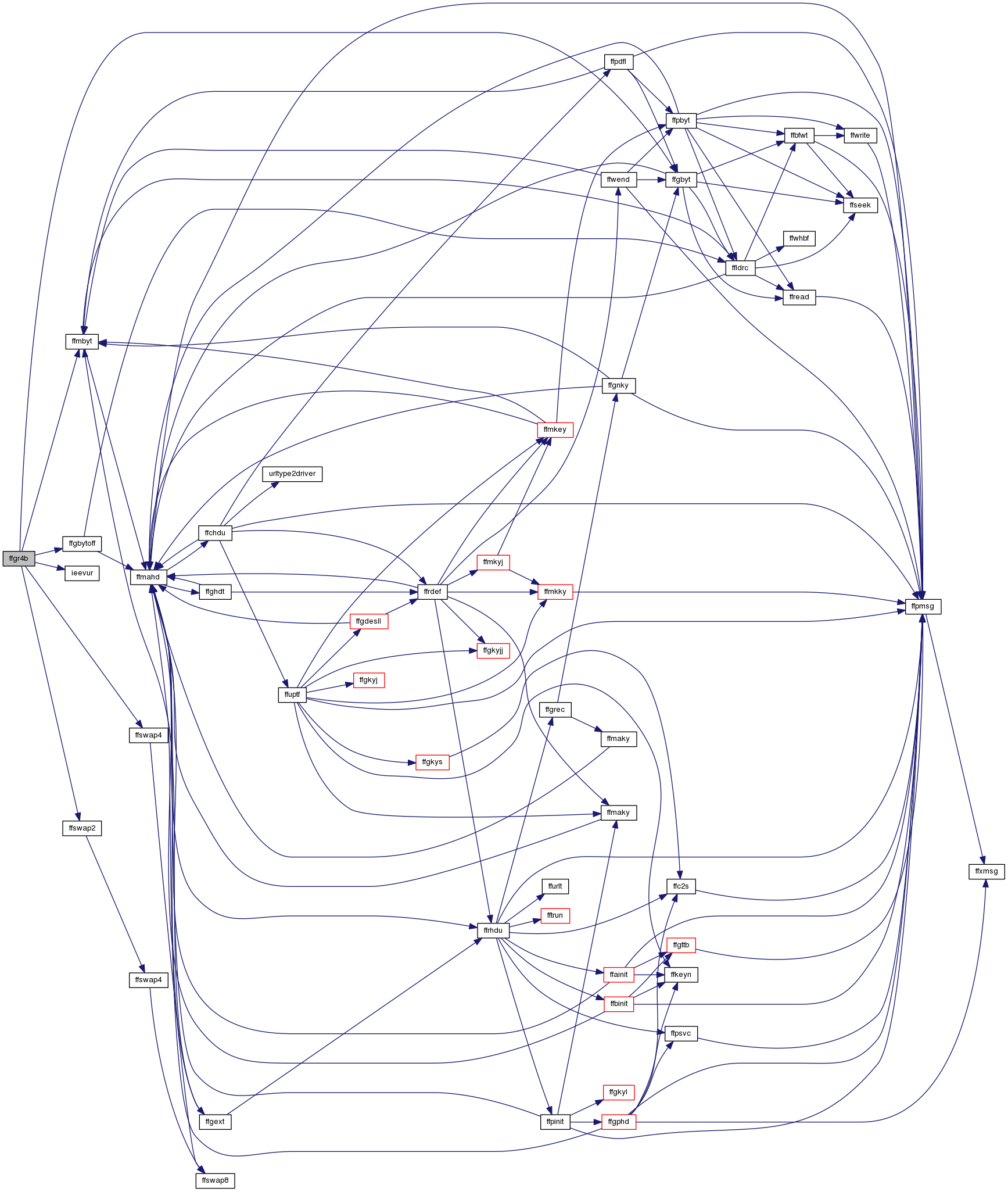

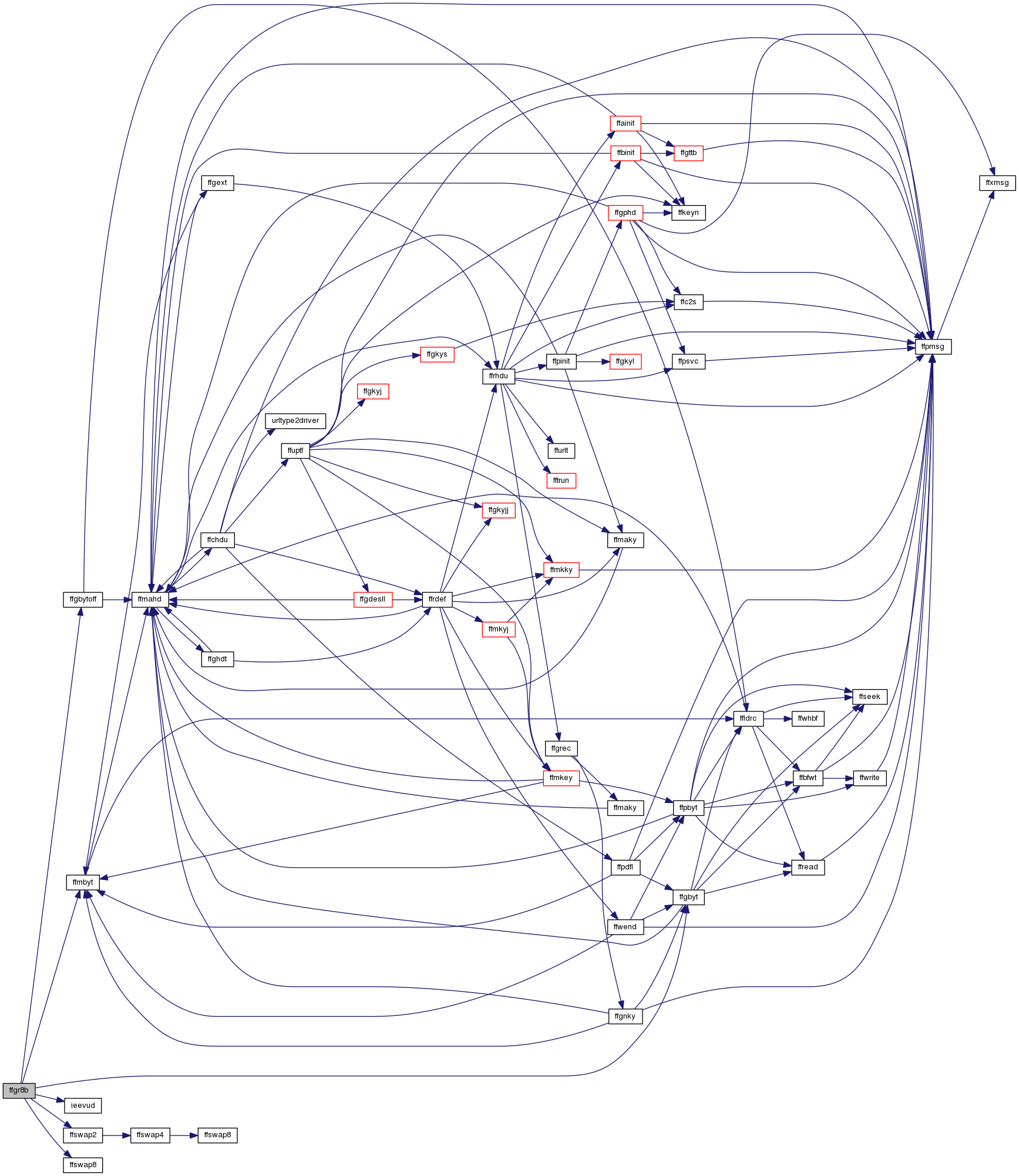

calculate the starting byte offset of each column of a binary table. Use the values of the datatype code and repeat counts in the column structure. Return the total length of a row, in bytes.
| [in] | fptr | FITS file pointer |
| [out] | totalwidth | total width of a table row |
| [in,out] | status | error status |
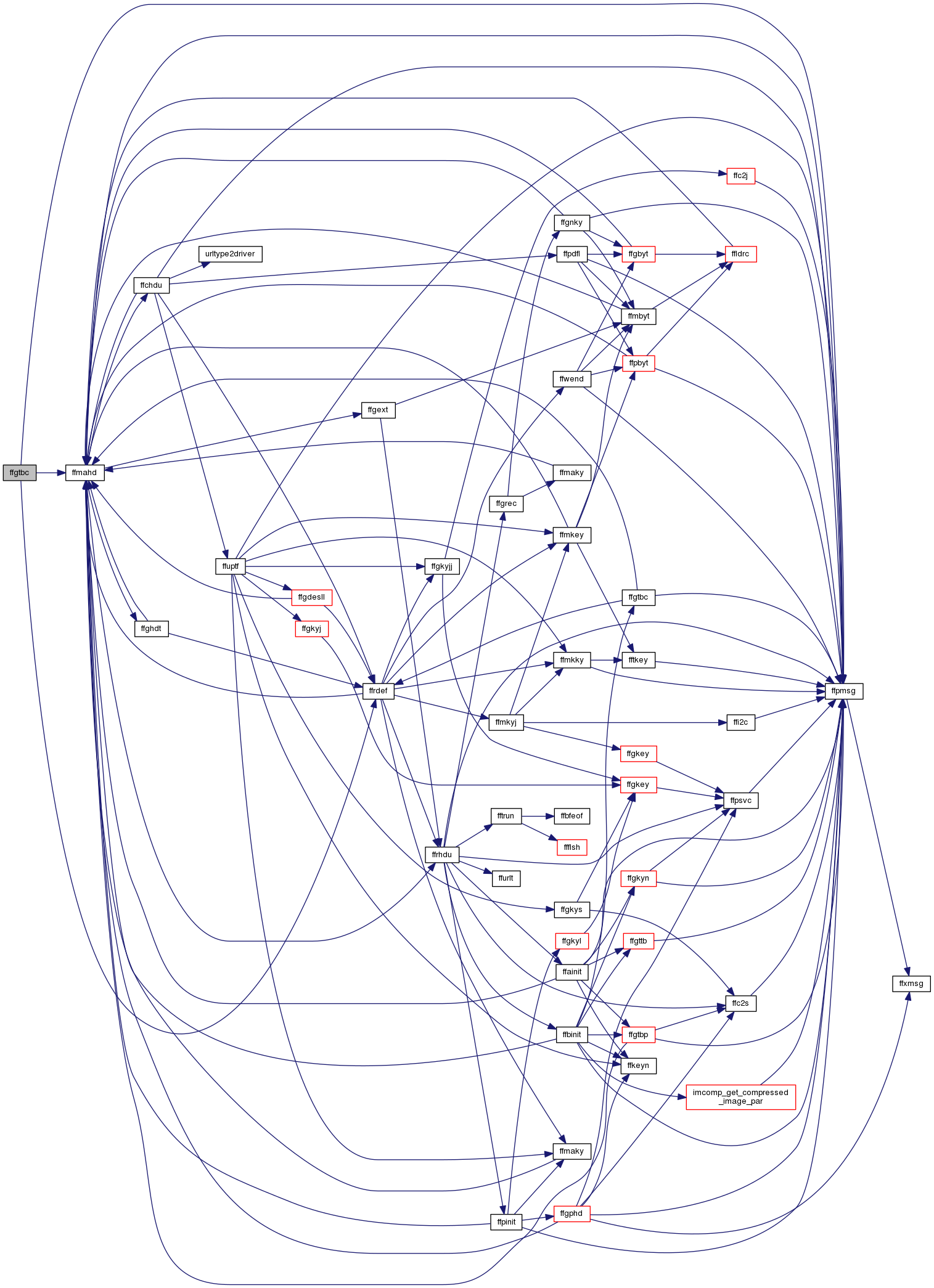
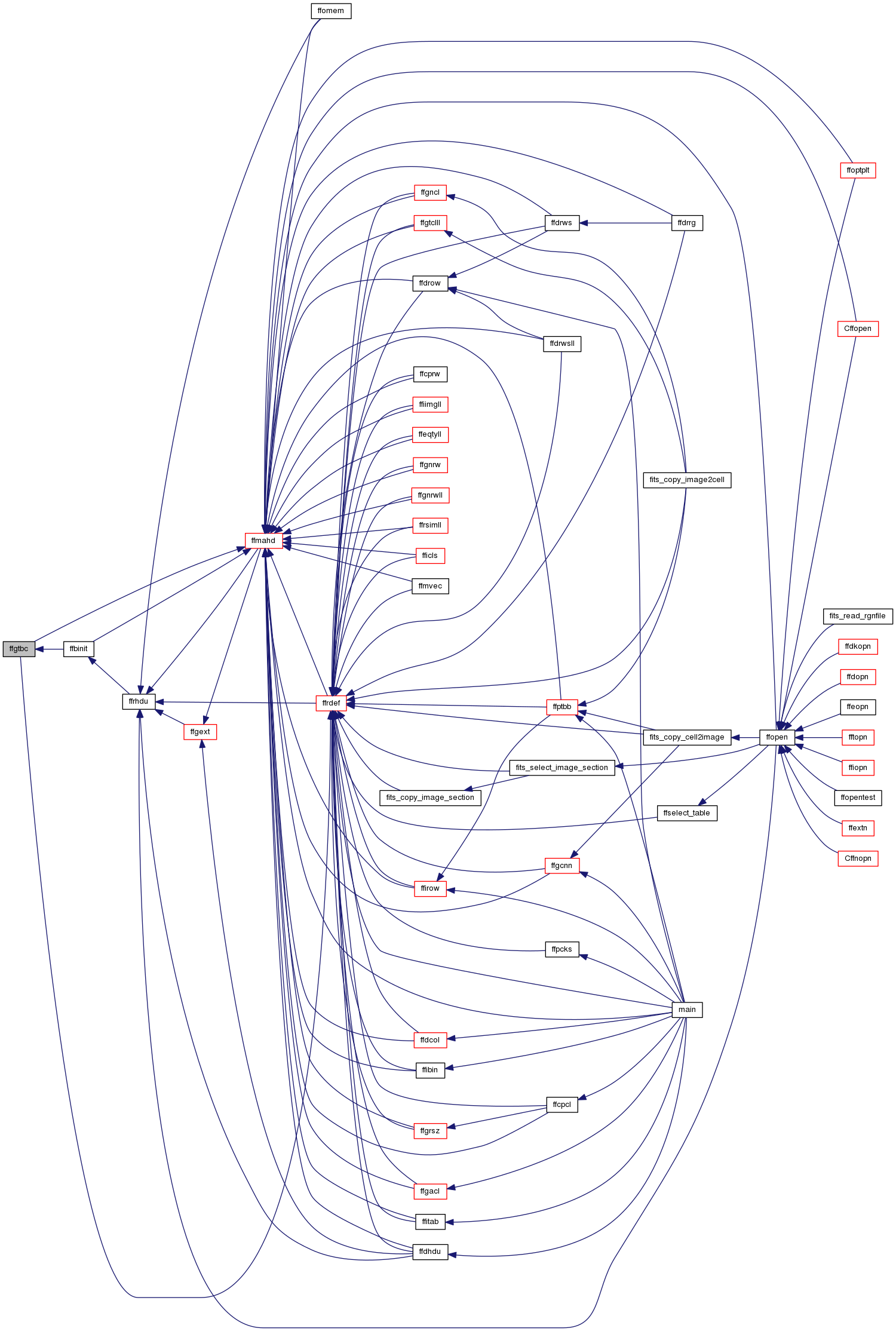
| int ffgtbp | ( | fitsfile * | fptr, |
| char * | name, | ||
| char * | value, | ||
| int * | status | ||
| ) |
Get TaBle Parameter. The input keyword name begins with the letter T. Test if the keyword is one of the table column definition keywords of an ASCII or binary table. If so, decode it and update the value in the structure.
| [in] | fptr | FITS file pointer |
| [in] | name | name of the keyword |
| [in] | value | value string of the keyword |
| [in,out] | status | error status |
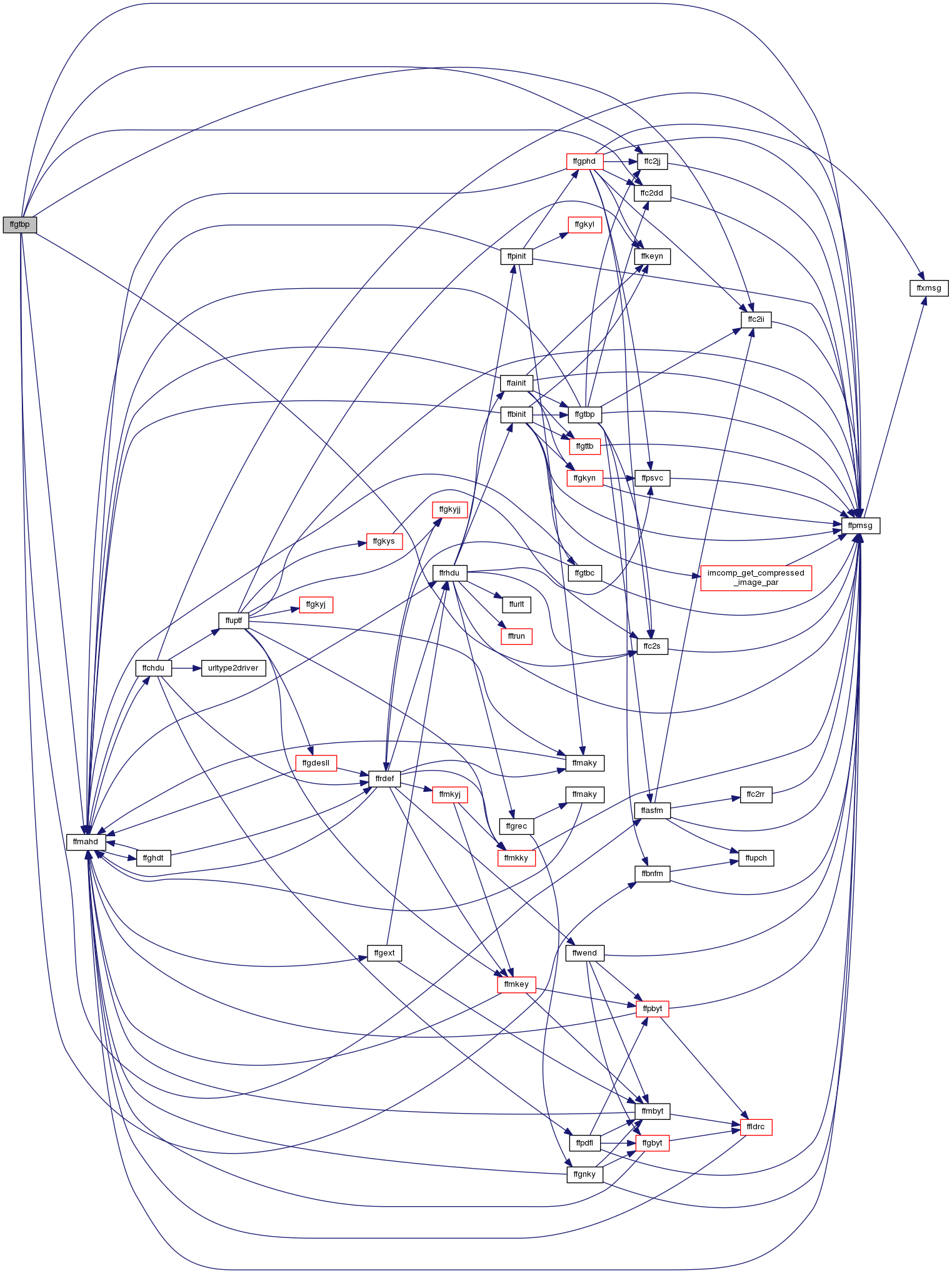
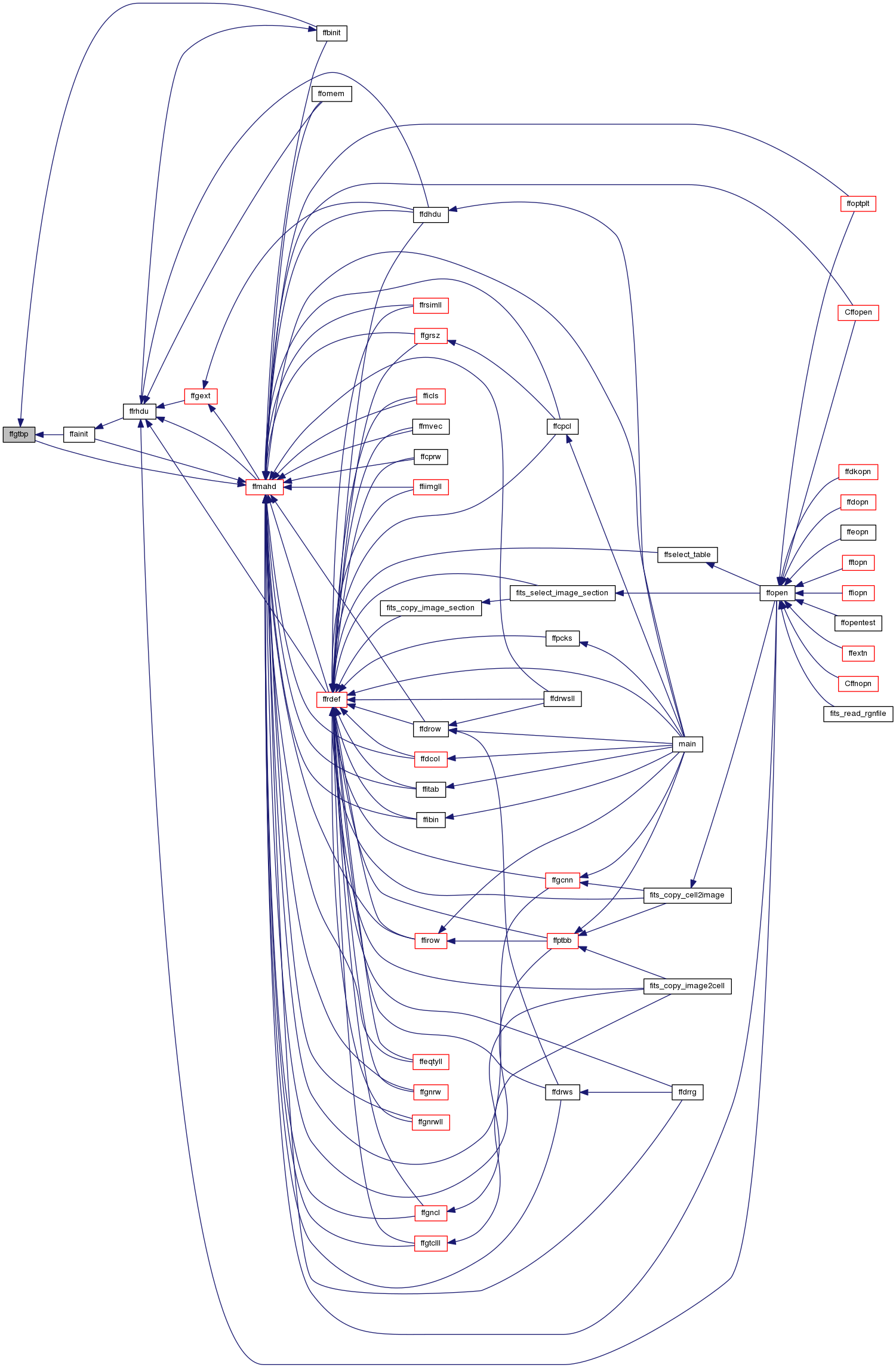
| int ffgtkn | ( | fitsfile * | fptr, |
| int | numkey, | ||
| char * | name, | ||
| long * | value, | ||
| int * | status | ||
| ) |
test that keyword number NUMKEY has the expected name and get the integer value of the keyword. Return an error if the keyword name does not match the input name, or if the value of the keyword is not a positive integer.
| [in] | fptr | FITS file pointer |
| [in] | numkey | number of the keyword to read |
| [in] | name | expected name of the keyword |
| [out] | value | integer value of the keyword |
| [in,out] | status | error status |
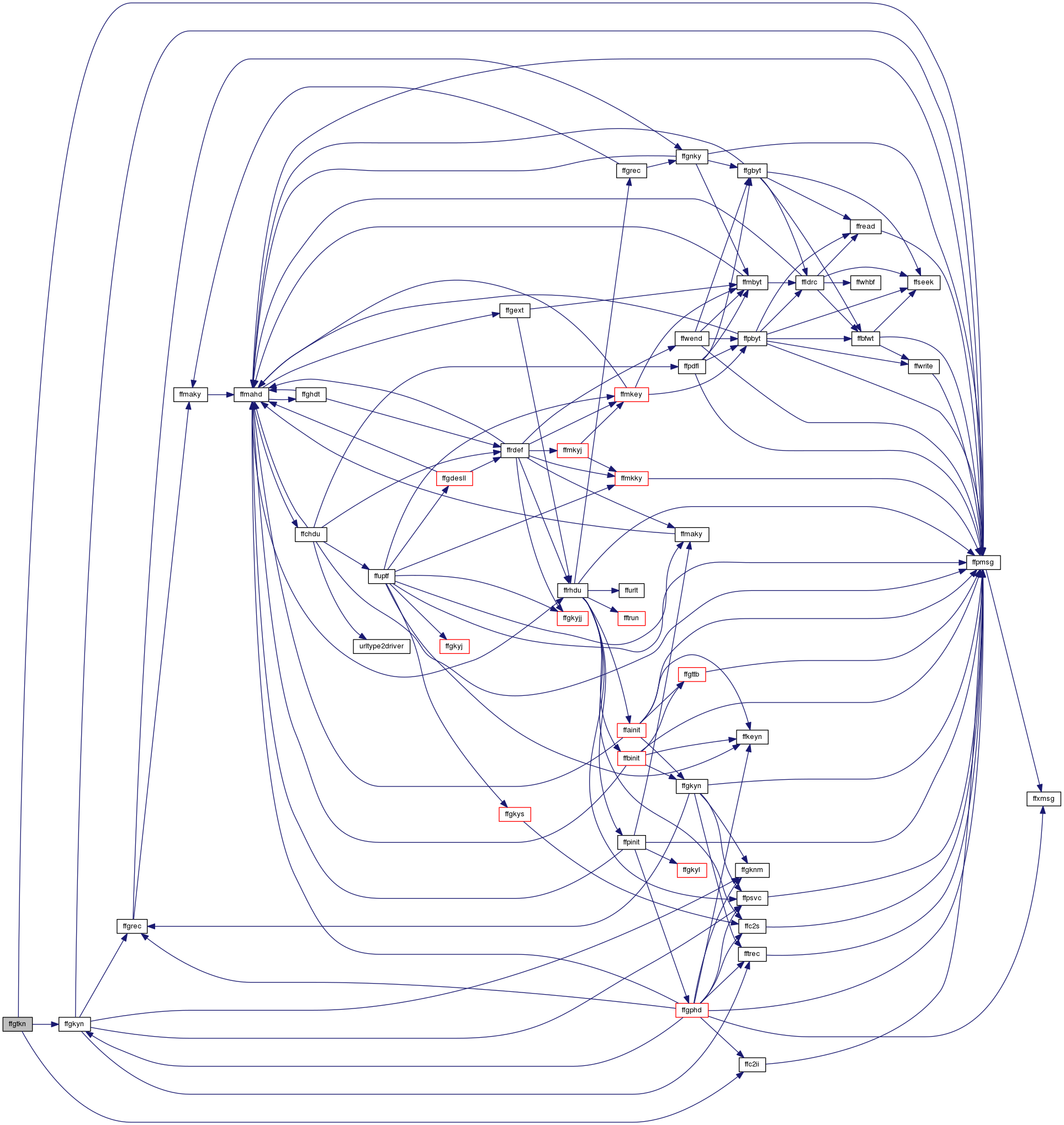
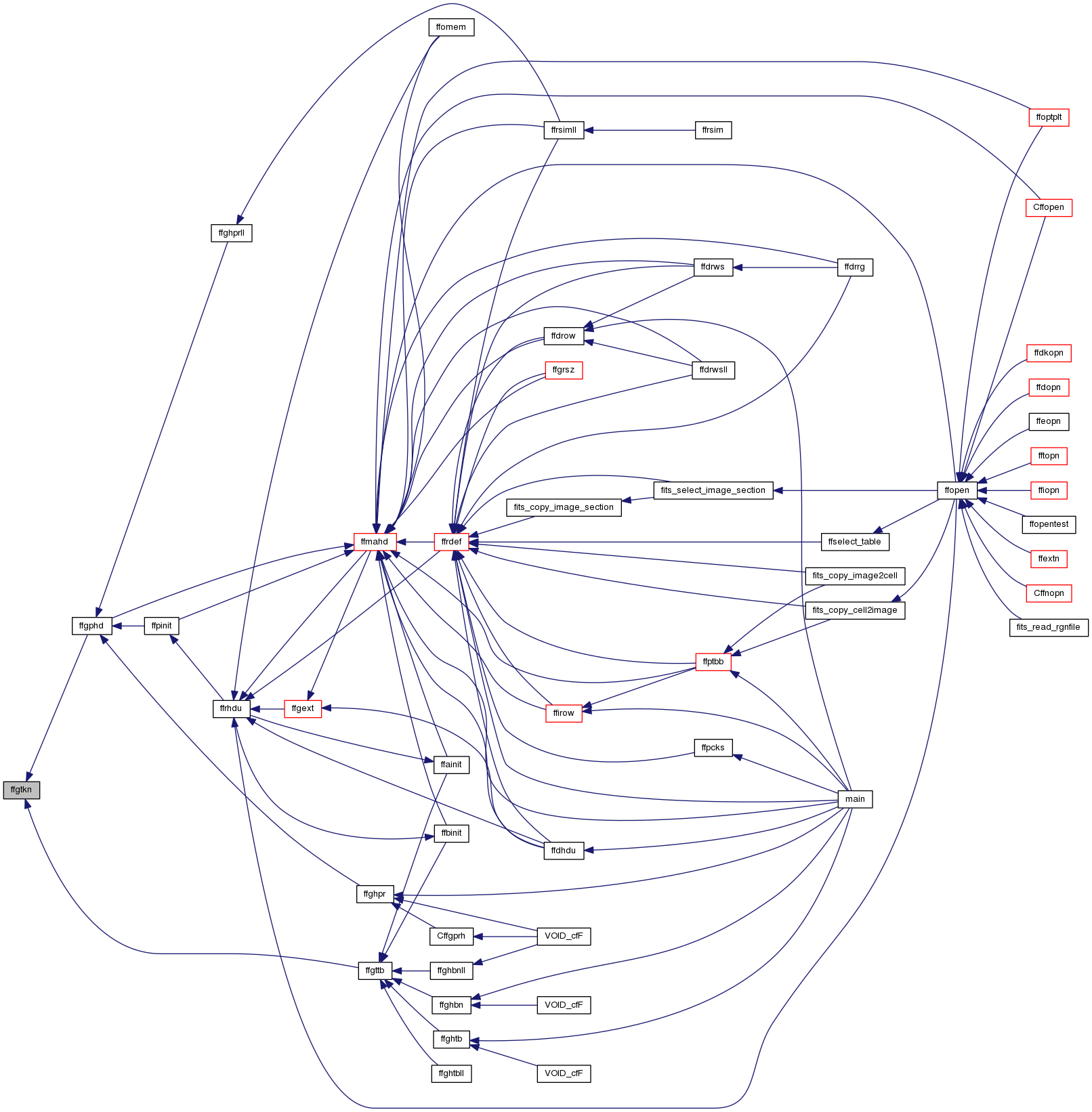
test that keyword number NUMKEY has the expected name and get the integer value of the keyword. Return an error if the keyword name does not match the input name, or if the value of the keyword is not a positive integer.
| [in] | fptr | FITS file pointer |
| [in] | numkey | number of the keyword to read |
| [in] | name | expected name of the keyword |
| [out] | value | integer value of the keyword |
| [in,out] | status | error status |
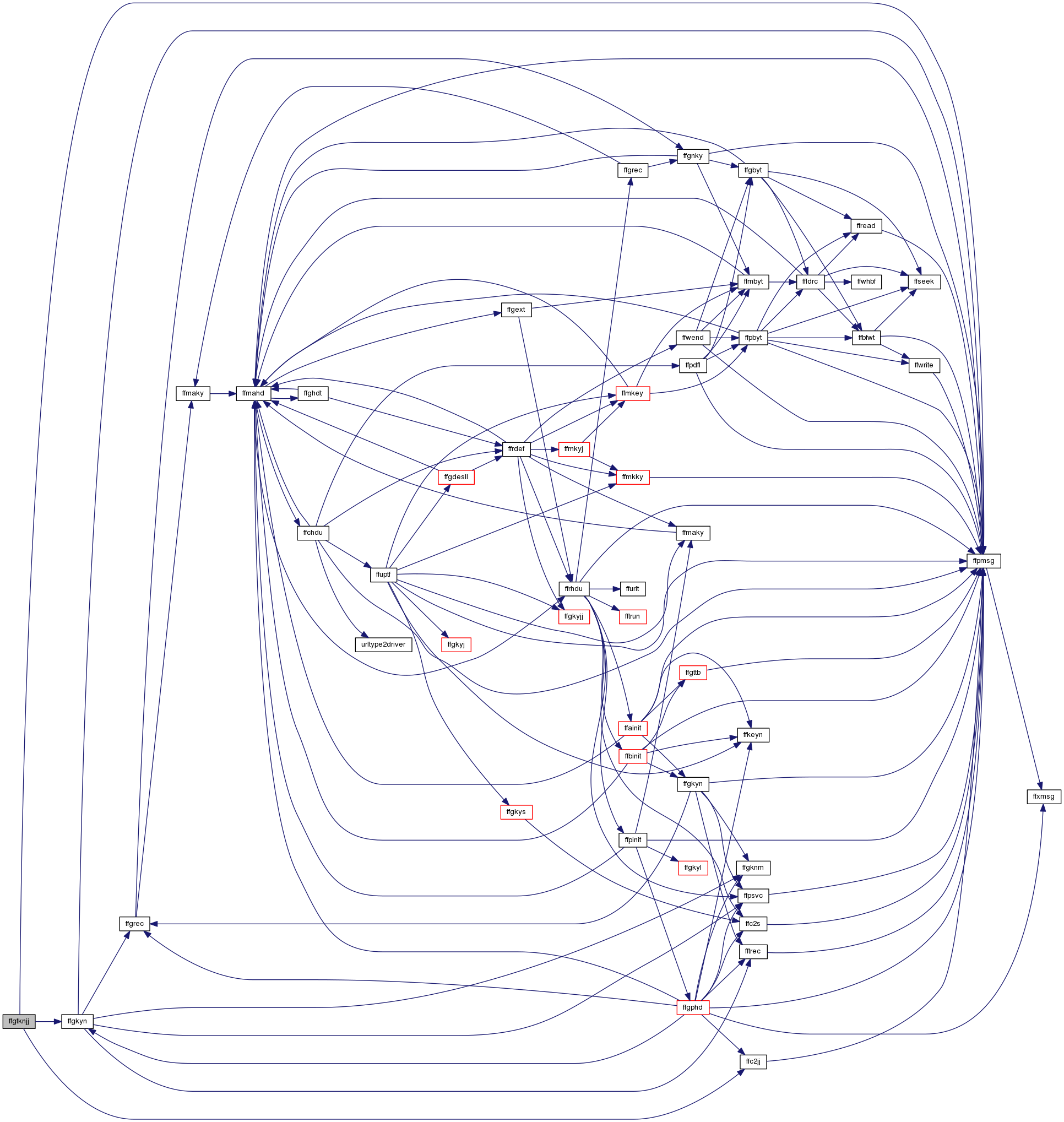
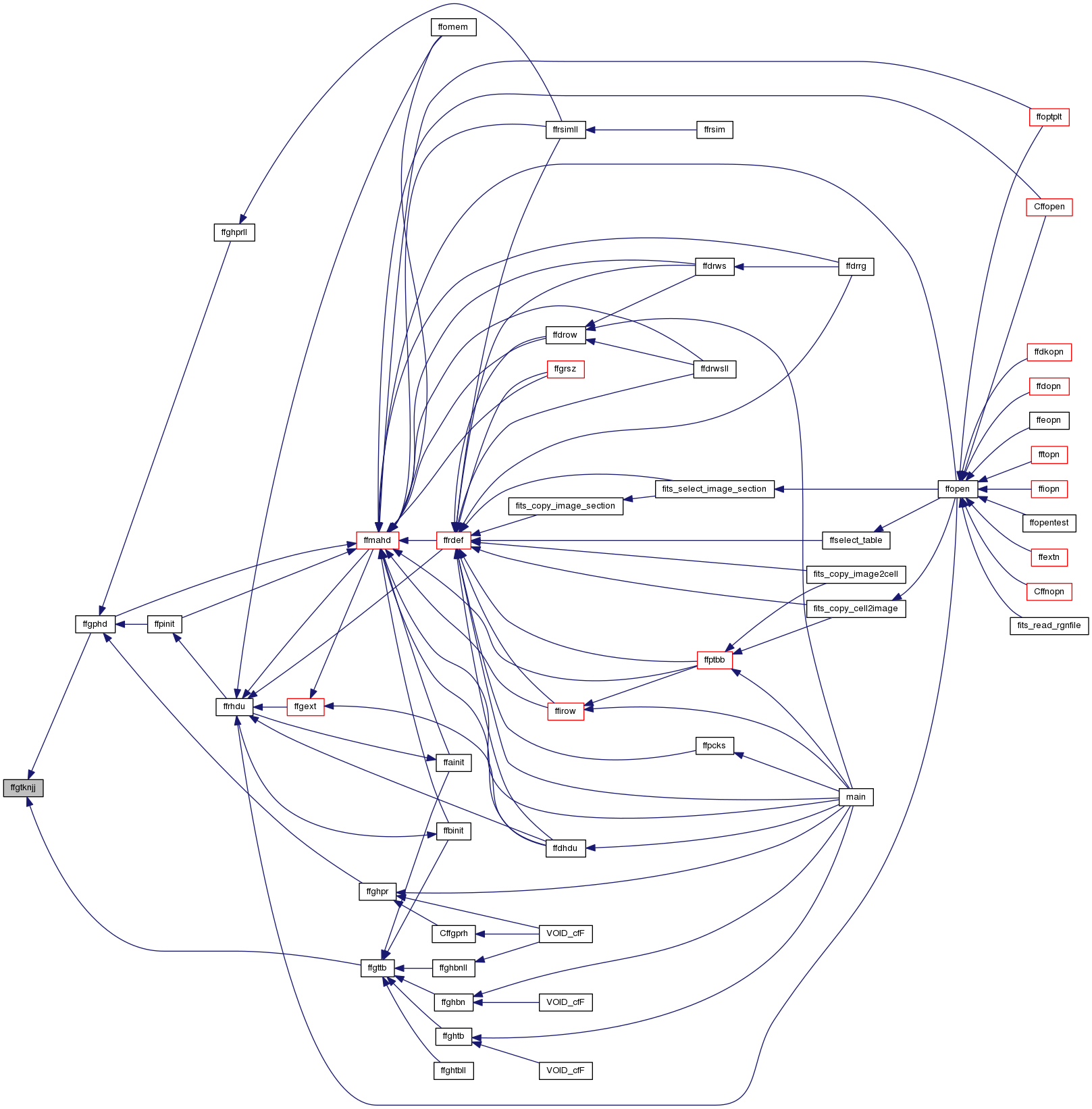
| int ffgttb | ( | fitsfile * | fptr, |
| LONGLONG * | rowlen, | ||
| LONGLONG * | nrows, | ||
| LONGLONG * | pcount, | ||
| long * | tfields, | ||
| int * | status | ||
| ) |
Get and Test TaBle; Test that this is a legal ASCII or binary table and get some keyword values. We assume that the calling routine has already tested the 1st keyword of the extension to ensure that this is really a table extension.
| [in] | fptr | FITS file pointer |
| [out] | rowlen | length of a table row, in bytes |
| [out] | nrows | number of rows in the table |
| [out] | pcount | value of PCOUNT keyword |
| [out] | tfields | number of fields in the table |
| [in,out] | status | error status |
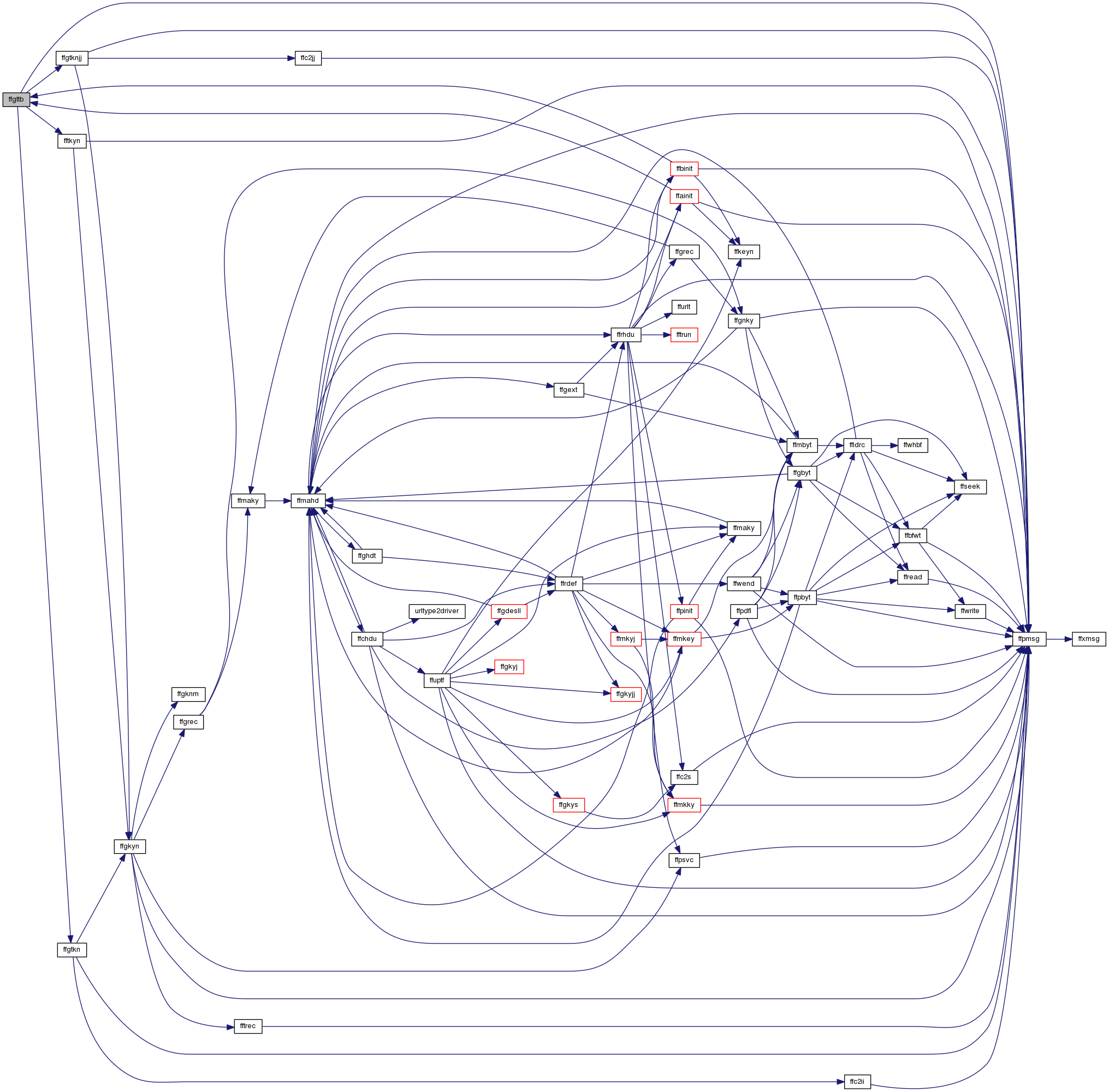
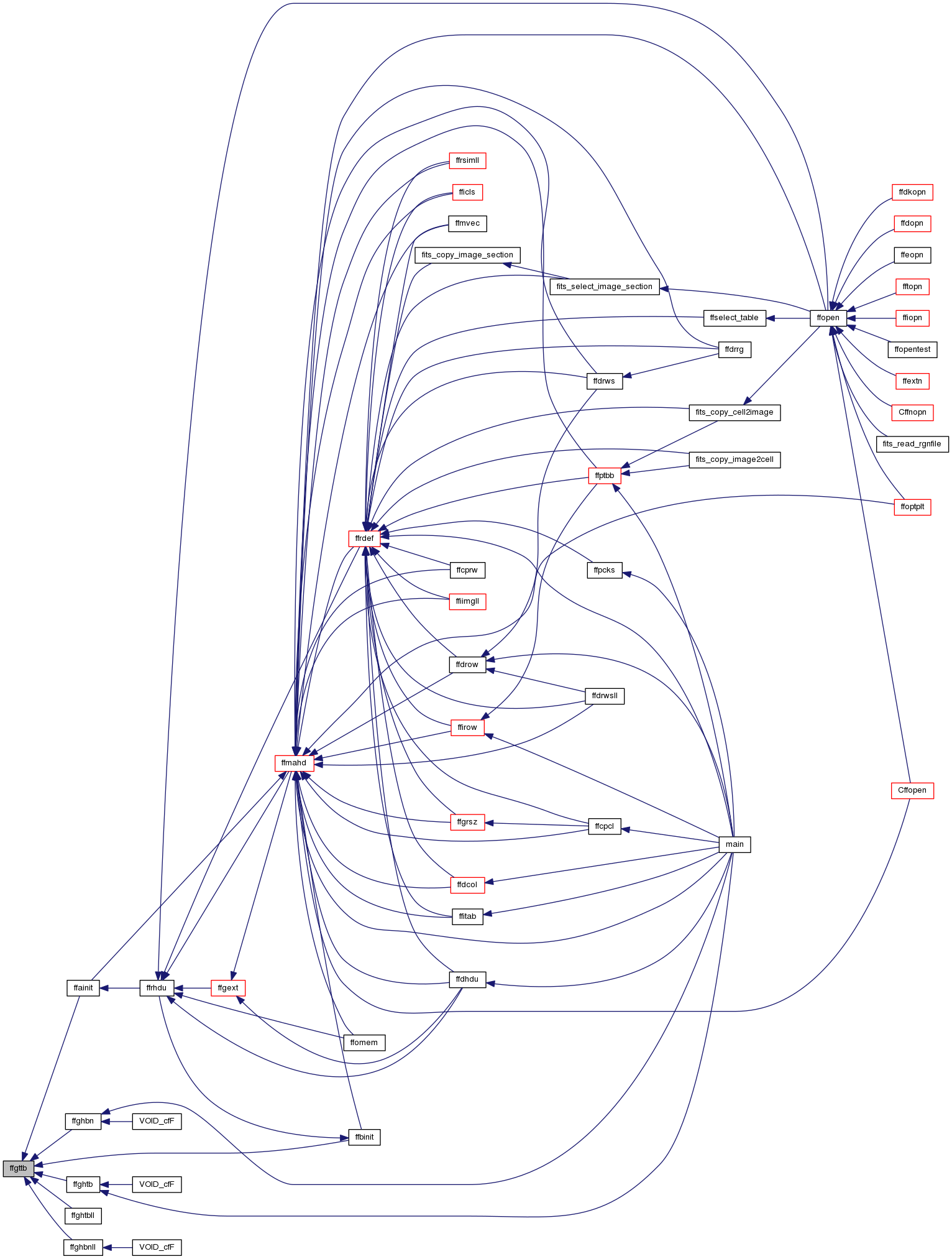
| int ffi1fi1 | ( | unsigned char * | array, |
| long | ntodo, | ||
| double | scale, | ||
| double | zero, | ||
| unsigned char * | buffer, | ||
| int * | status | ||
| ) |
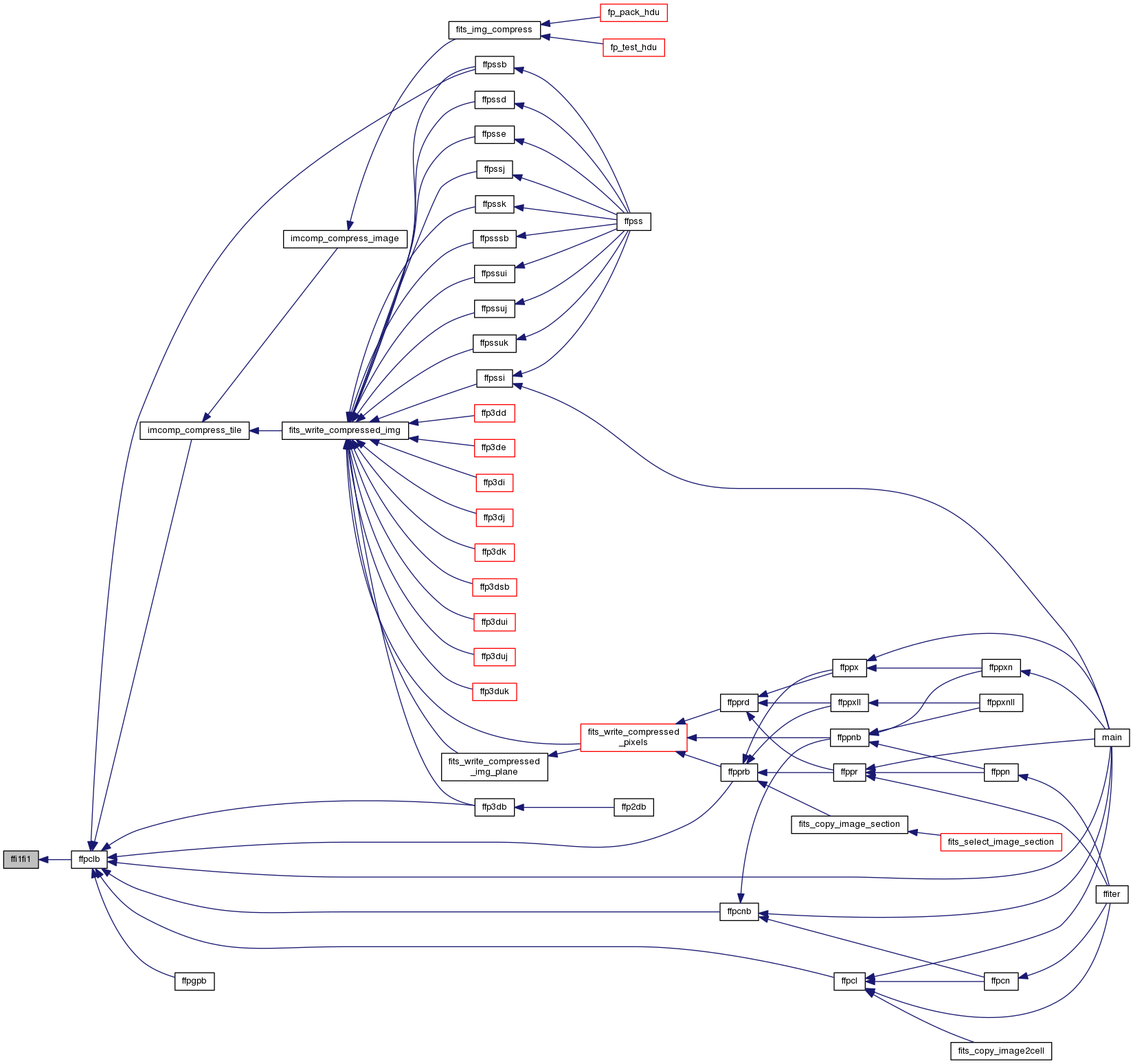
| int ffi1fi2 | ( | unsigned char * | array, |
| long | ntodo, | ||
| double | scale, | ||
| double | zero, | ||
| short * | buffer, | ||
| int * | status | ||
| ) |
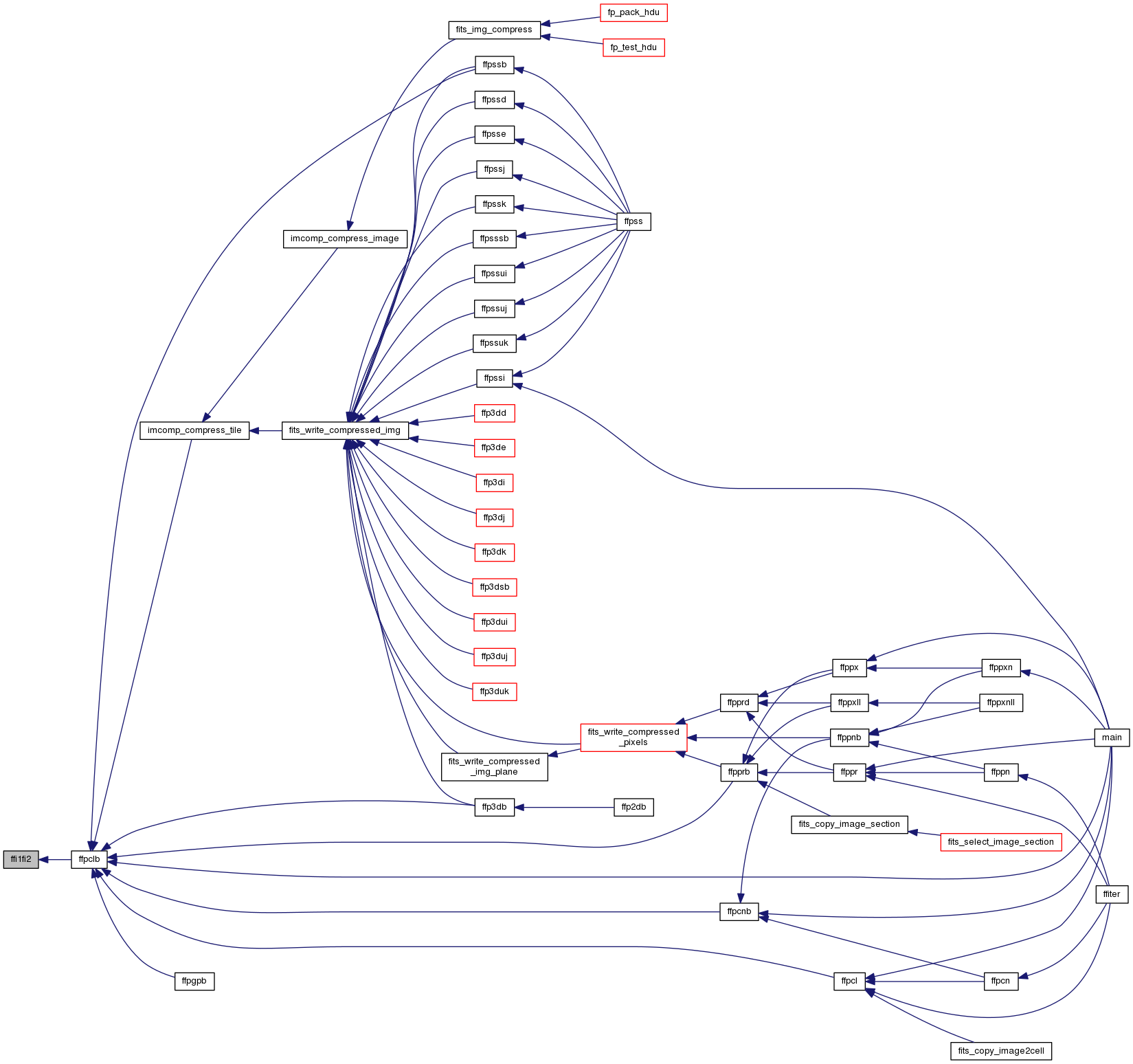
| int ffi1fi4 | ( | unsigned char * | array, |
| long | ntodo, | ||
| double | scale, | ||
| double | zero, | ||
| INT32BIT * | buffer, | ||
| int * | status | ||
| ) |
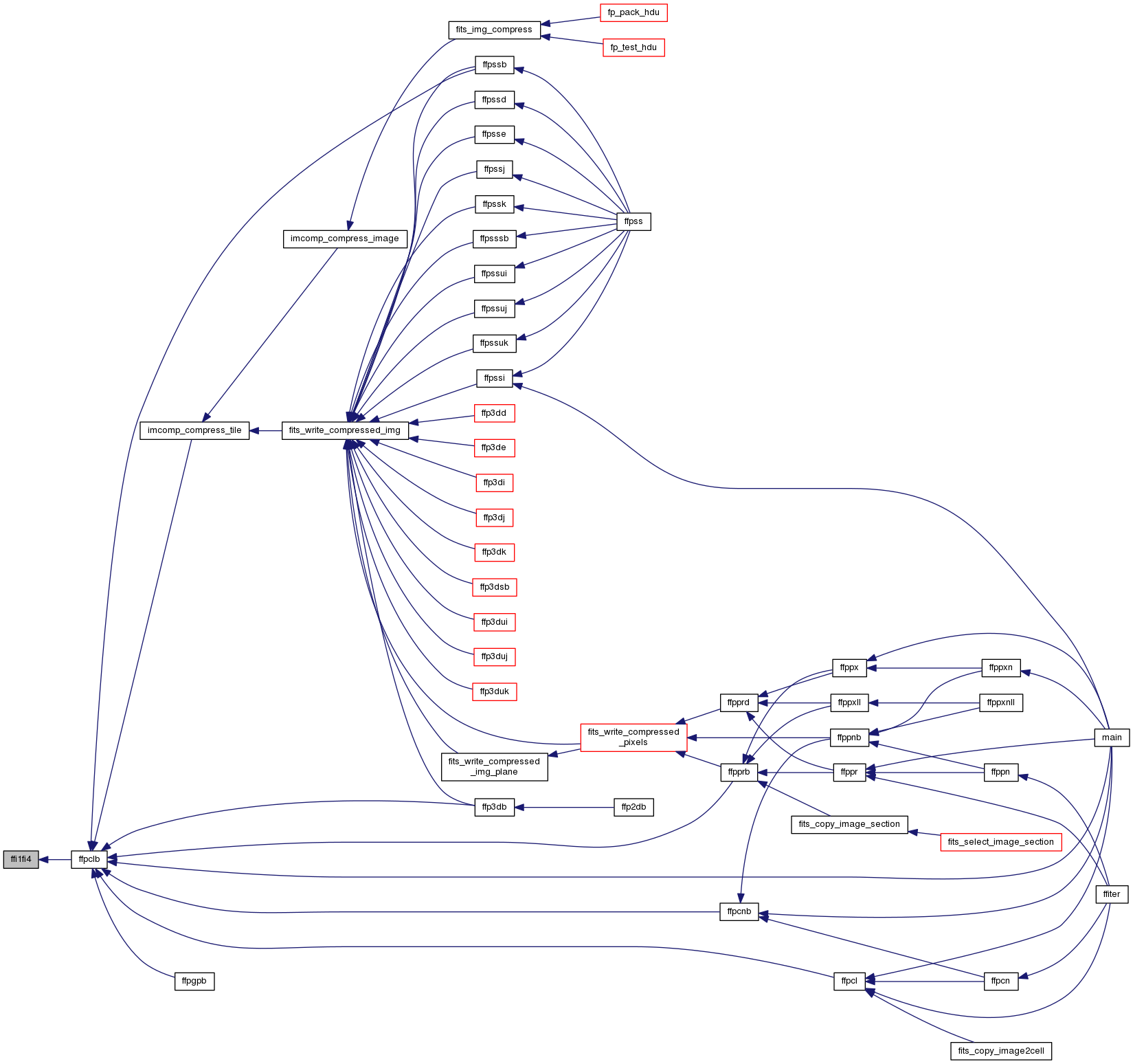
| int ffi1fi8 | ( | unsigned char * | array, |
| long | ntodo, | ||
| double | scale, | ||
| double | zero, | ||
| LONGLONG * | buffer, | ||
| int * | status | ||
| ) |
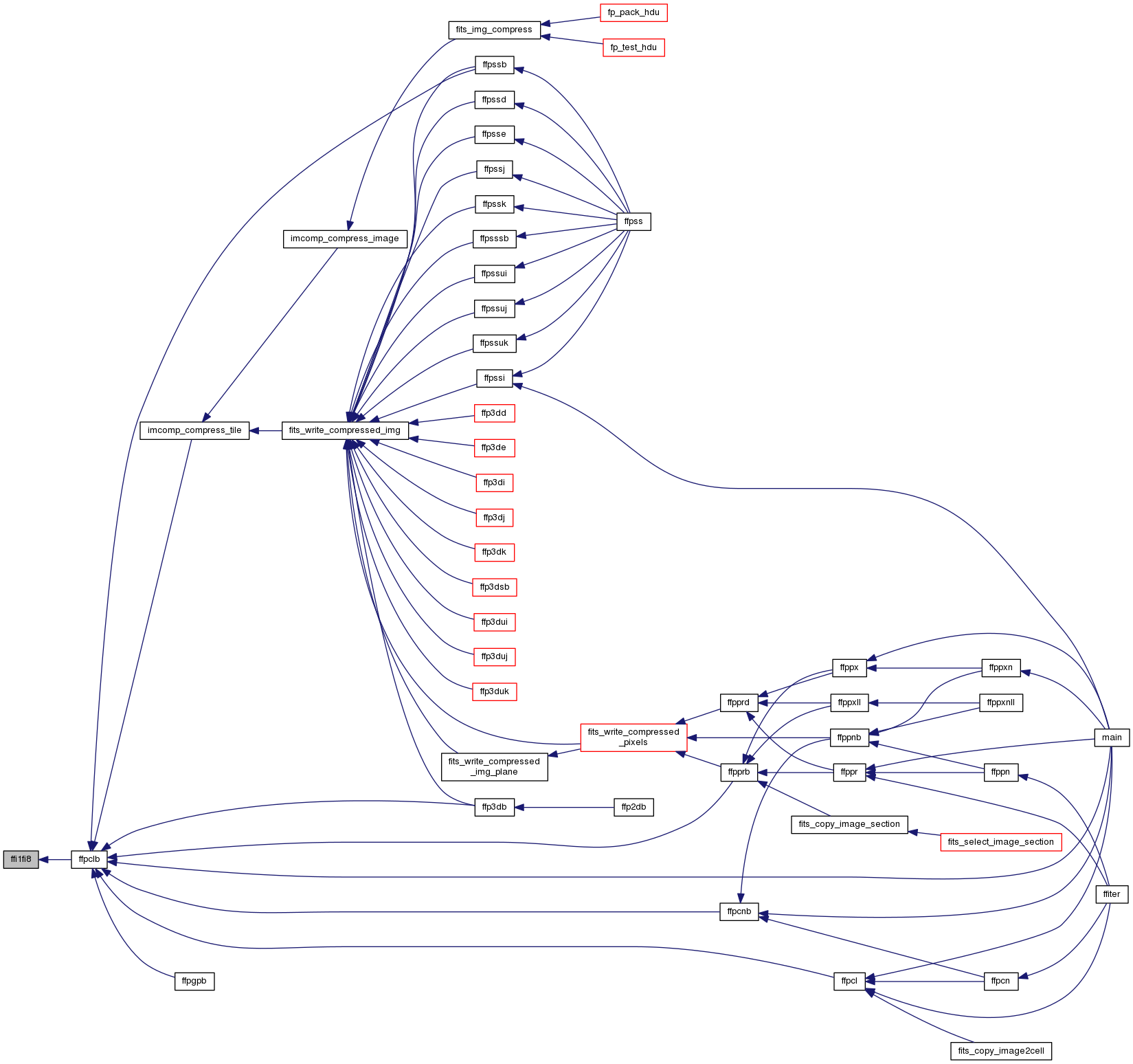
| int ffi1fr4 | ( | unsigned char * | array, |
| long | ntodo, | ||
| double | scale, | ||
| double | zero, | ||
| float * | buffer, | ||
| int * | status | ||
| ) |
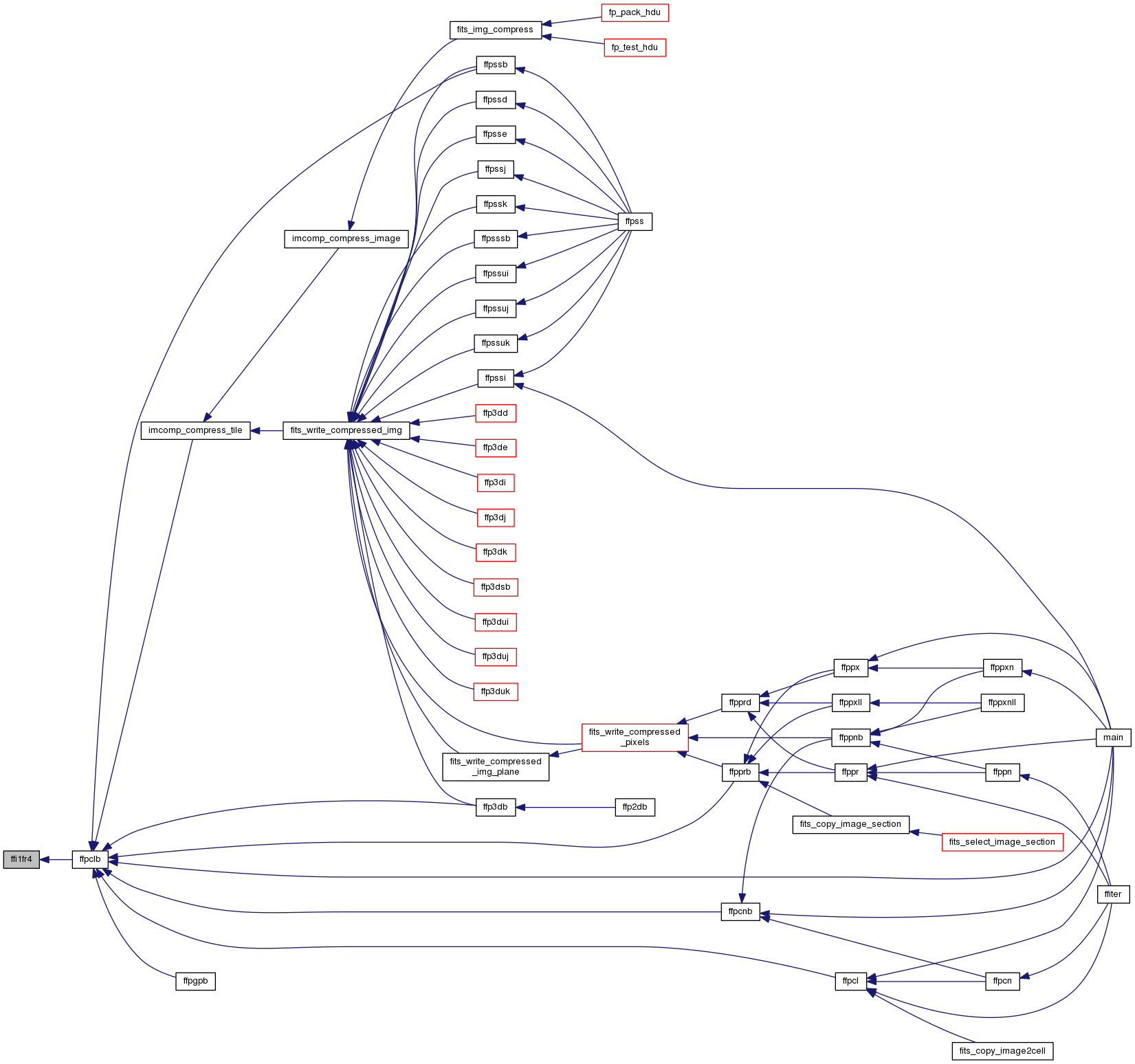
| int ffi1fr8 | ( | unsigned char * | array, |
| long | ntodo, | ||
| double | scale, | ||
| double | zero, | ||
| double * | buffer, | ||
| int * | status | ||
| ) |
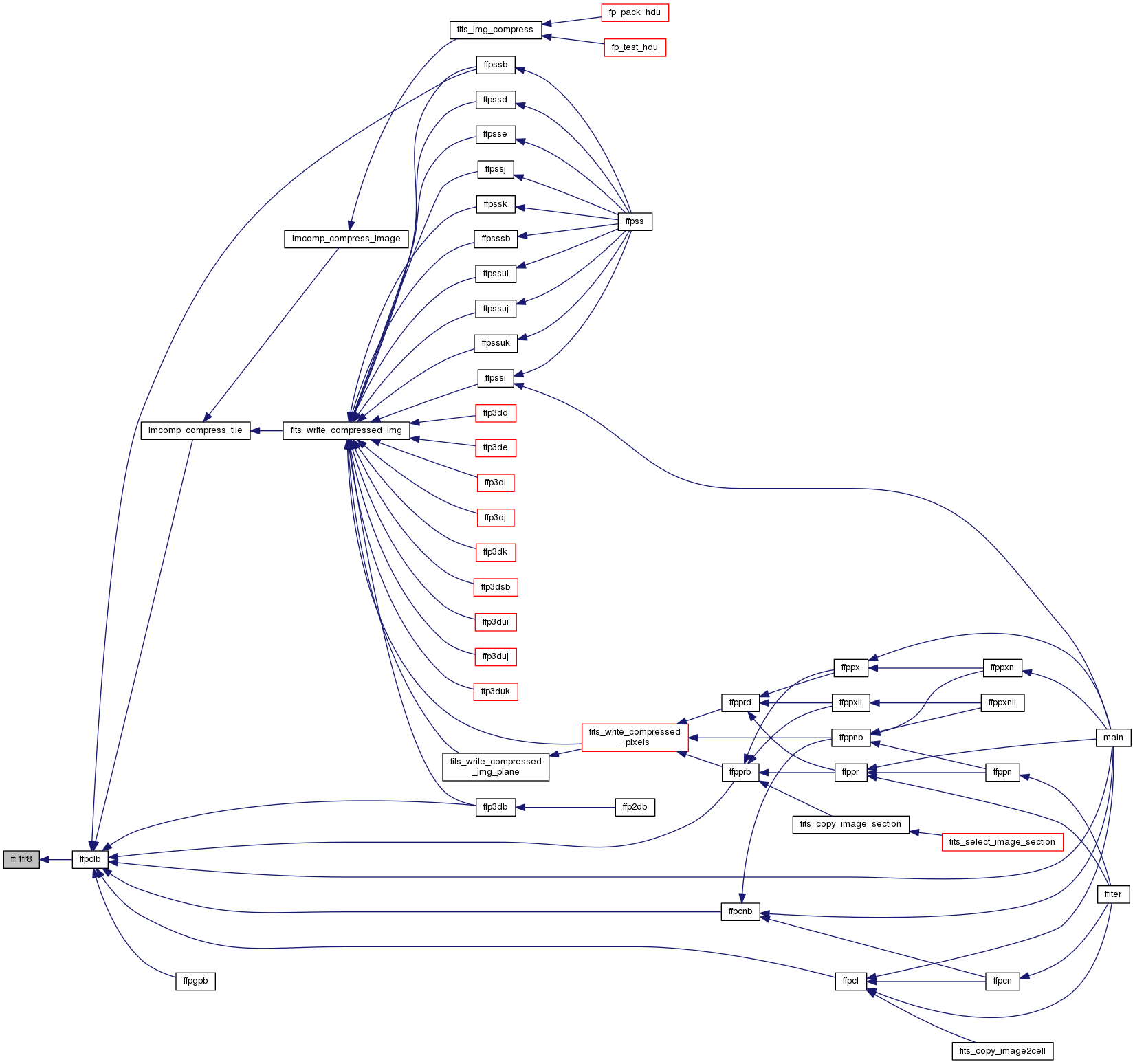
| int ffi1fstr | ( | unsigned char * | input, |
| long | ntodo, | ||
| double | scale, | ||
| double | zero, | ||
| char * | cform, | ||
| long | twidth, | ||
| char * | output, | ||
| int * | status | ||
| ) |
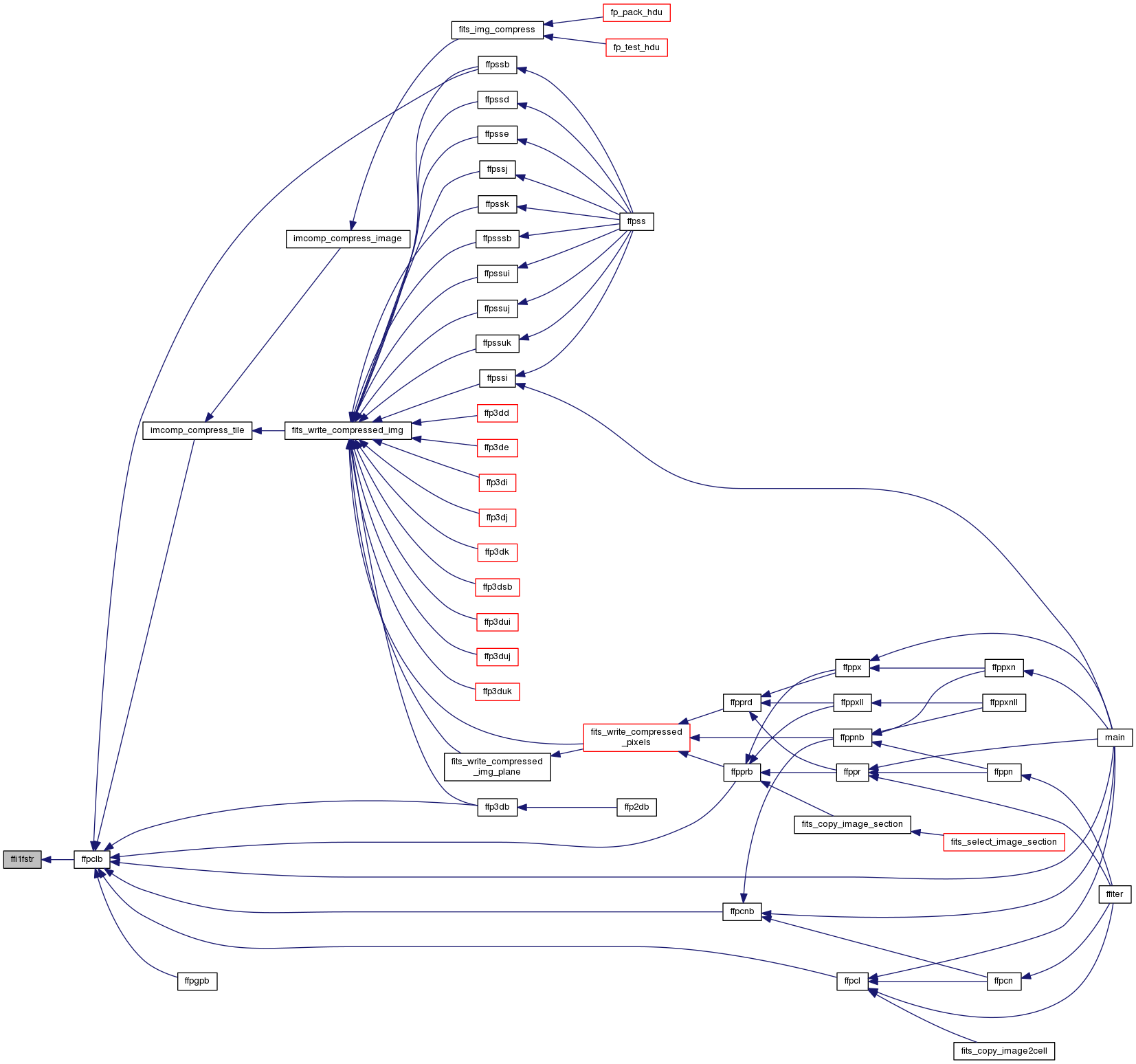
| int ffi2c | ( | LONGLONG | ival, |
| char * | cval, | ||
| int * | status | ||
| ) |
convert value to a null-terminated formatted string.
| [in] | ival | value to be converted to a string |
| [in,out] | cval | character string representation of the value |
| [in,out] | status | error status |

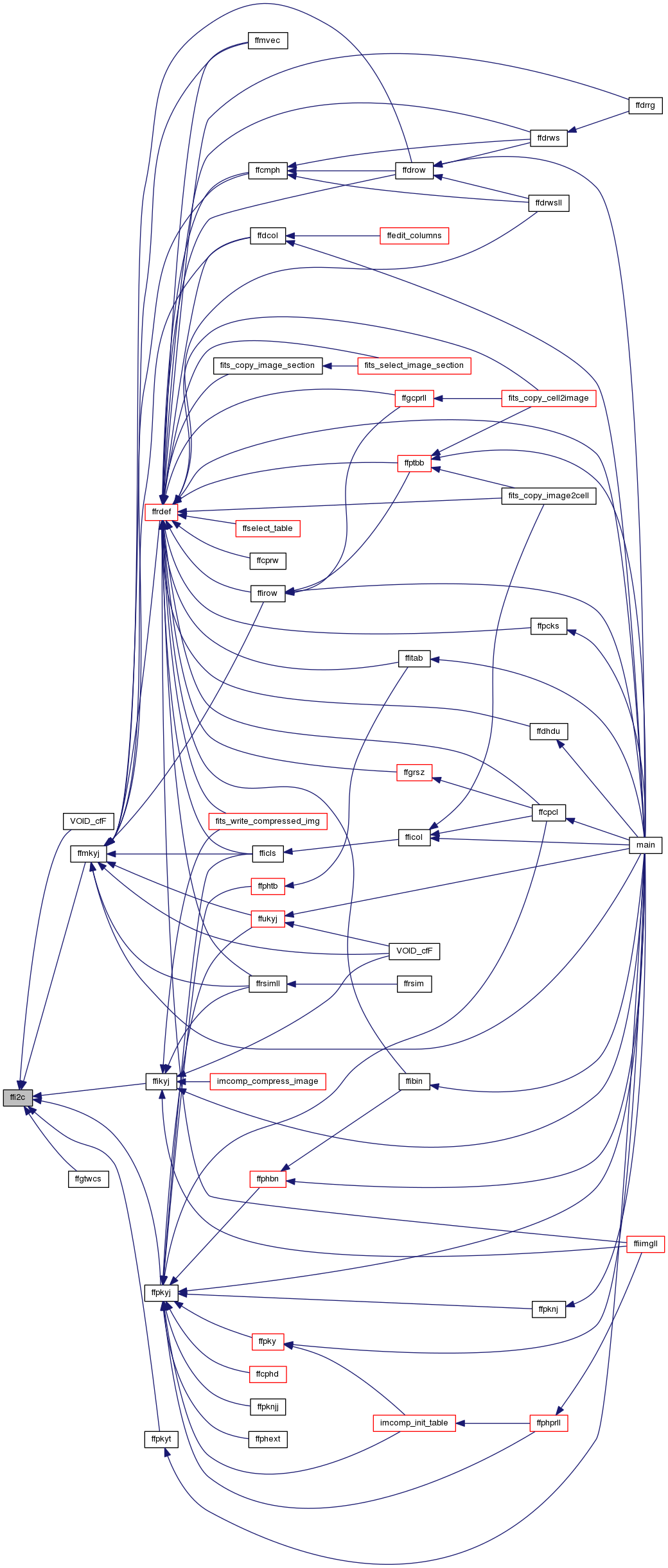
| int ffi2fi1 | ( | short * | array, |
| long | ntodo, | ||
| double | scale, | ||
| double | zero, | ||
| unsigned char * | buffer, | ||
| int * | status | ||
| ) |
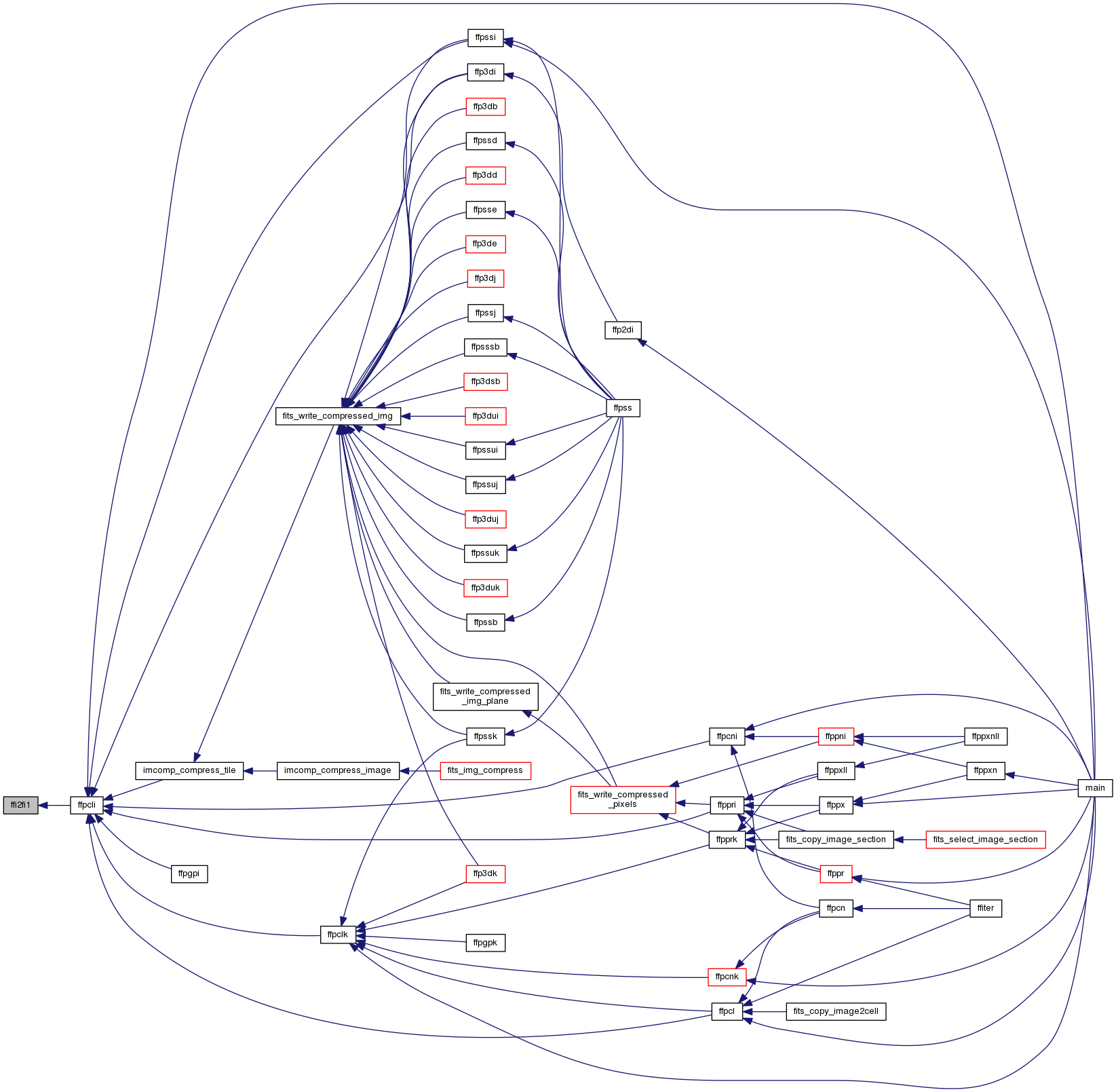
| int ffi2fi2 | ( | short * | array, |
| long | ntodo, | ||
| double | scale, | ||
| double | zero, | ||
| short * | buffer, | ||
| int * | status | ||
| ) |
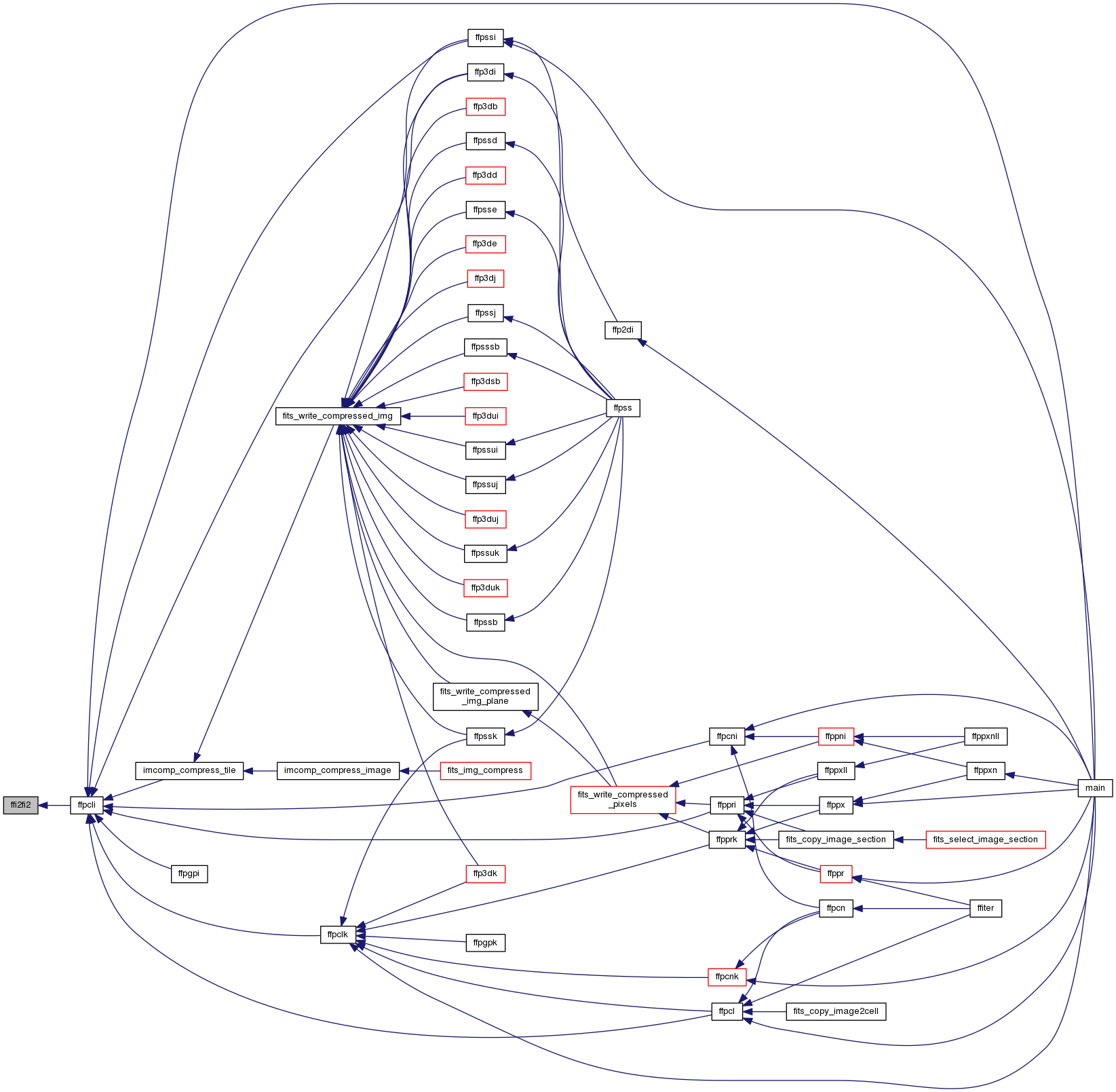
| int ffi2fi4 | ( | short * | array, |
| long | ntodo, | ||
| double | scale, | ||
| double | zero, | ||
| INT32BIT * | buffer, | ||
| int * | status | ||
| ) |
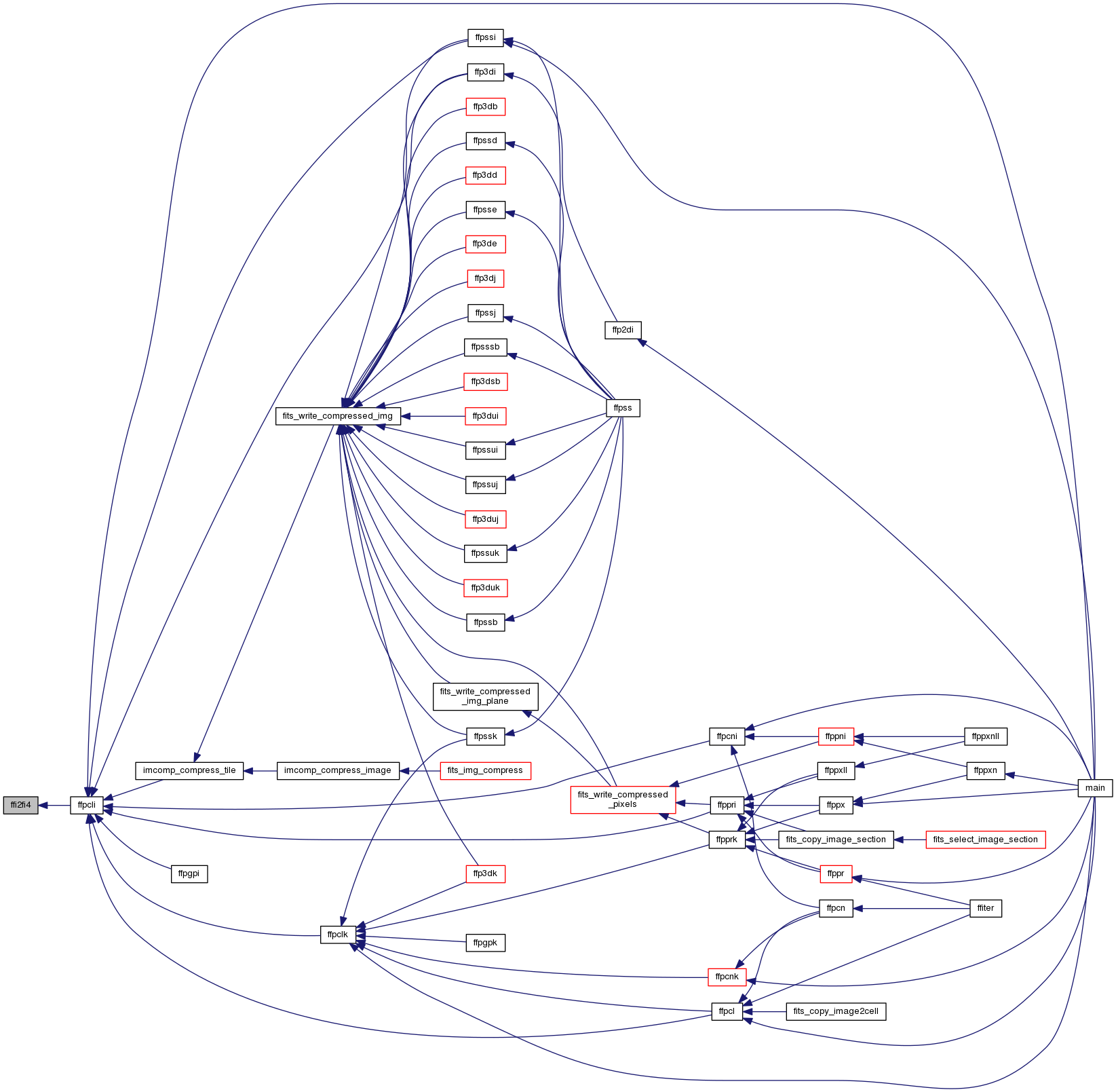
| int ffi2fi8 | ( | short * | array, |
| long | ntodo, | ||
| double | scale, | ||
| double | zero, | ||
| LONGLONG * | buffer, | ||
| int * | status | ||
| ) |
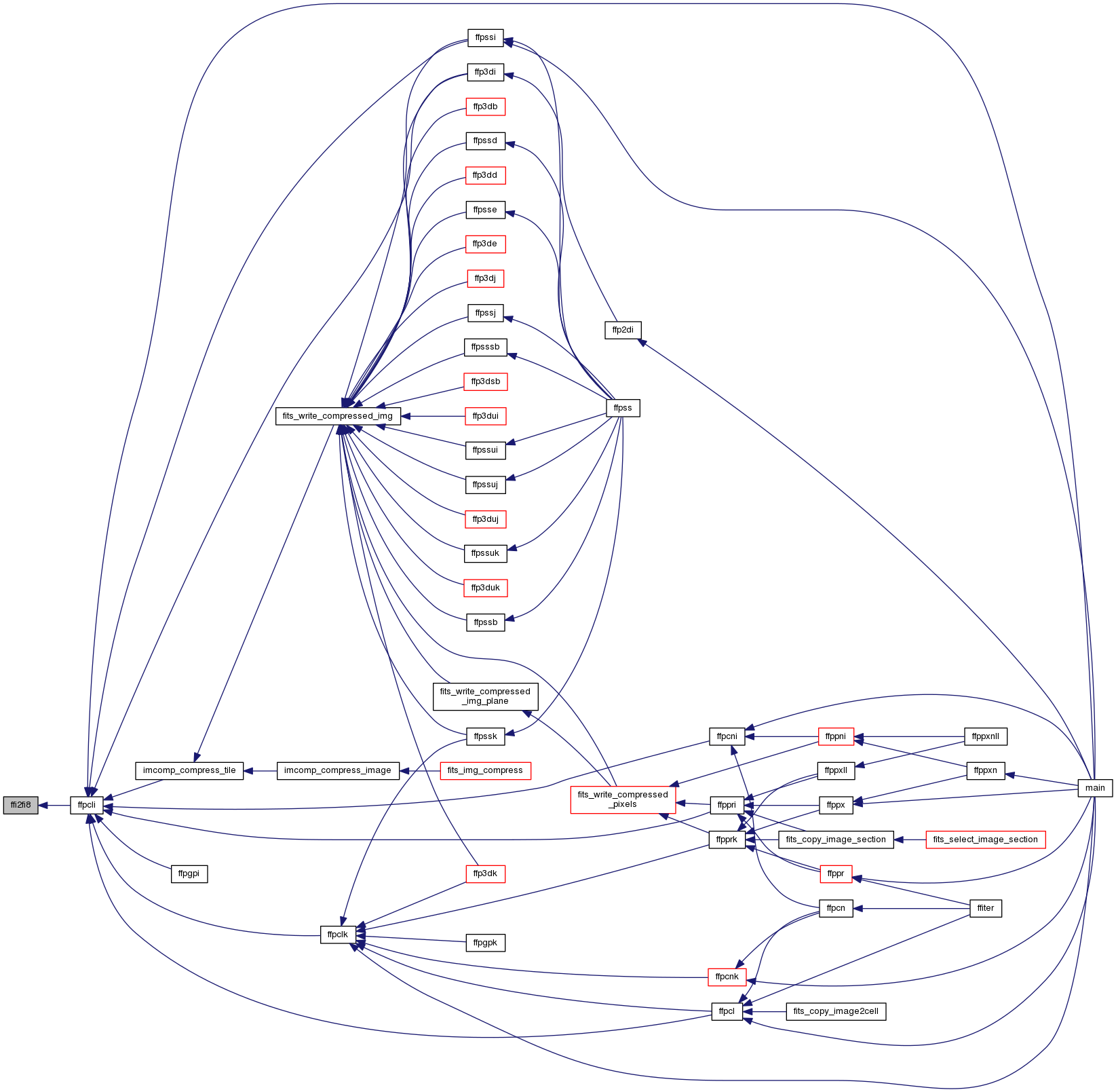
| int ffi2fr4 | ( | short * | array, |
| long | ntodo, | ||
| double | scale, | ||
| double | zero, | ||
| float * | buffer, | ||
| int * | status | ||
| ) |
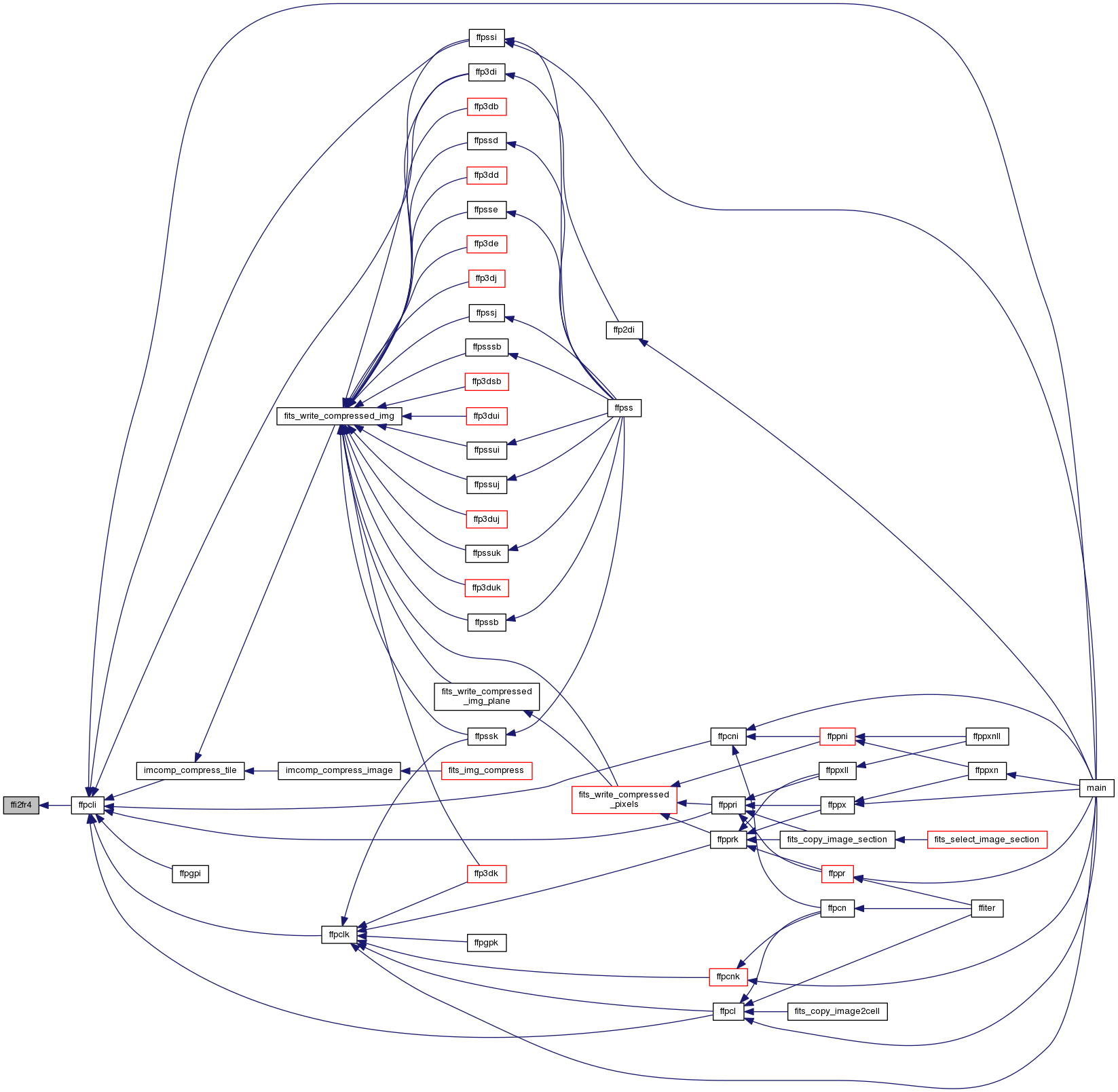
| int ffi2fr8 | ( | short * | array, |
| long | ntodo, | ||
| double | scale, | ||
| double | zero, | ||
| double * | buffer, | ||
| int * | status | ||
| ) |
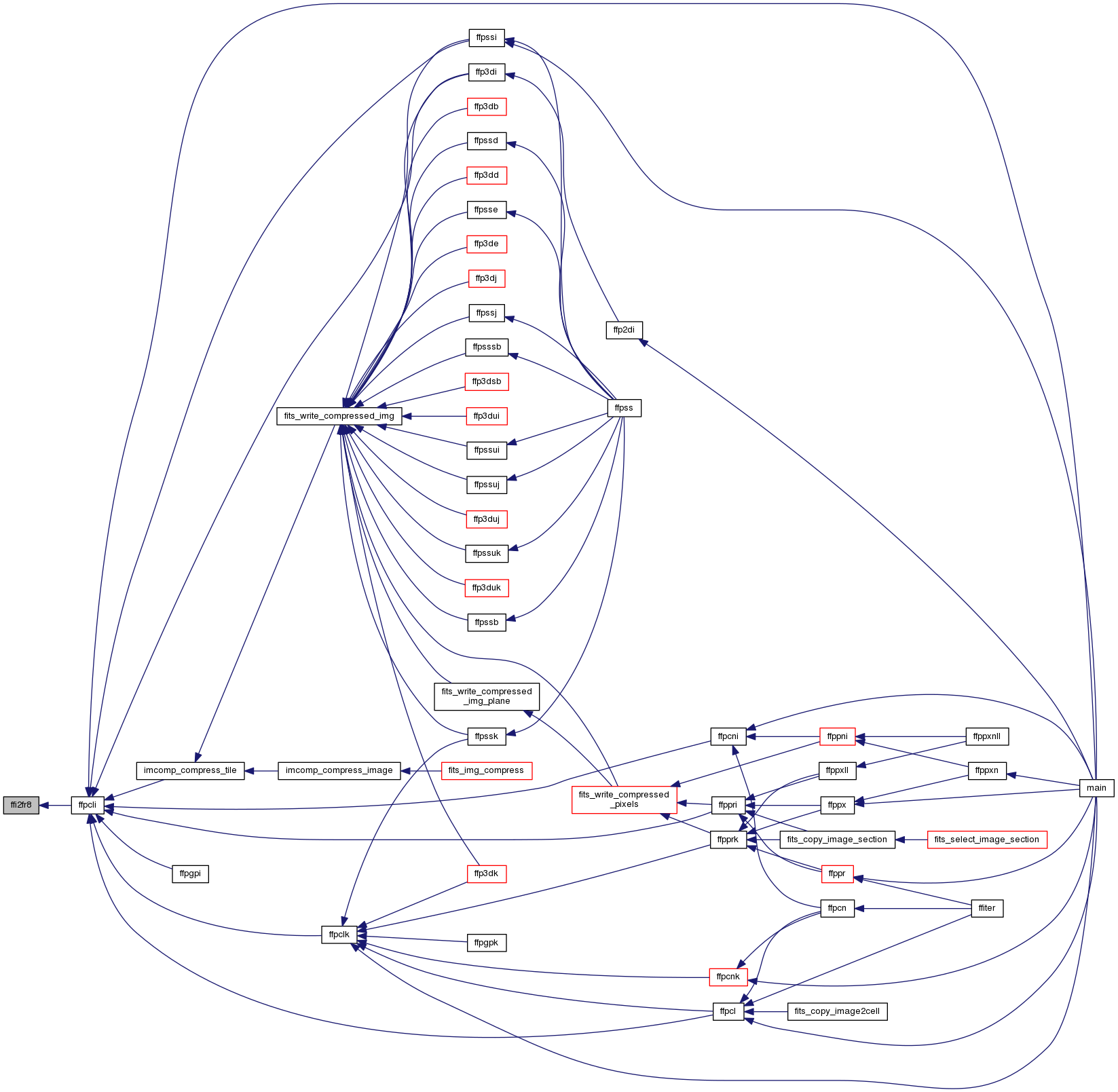
| int ffi2fstr | ( | short * | input, |
| long | ntodo, | ||
| double | scale, | ||
| double | zero, | ||
| char * | cform, | ||
| long | twidth, | ||
| char * | output, | ||
| int * | status | ||
| ) |
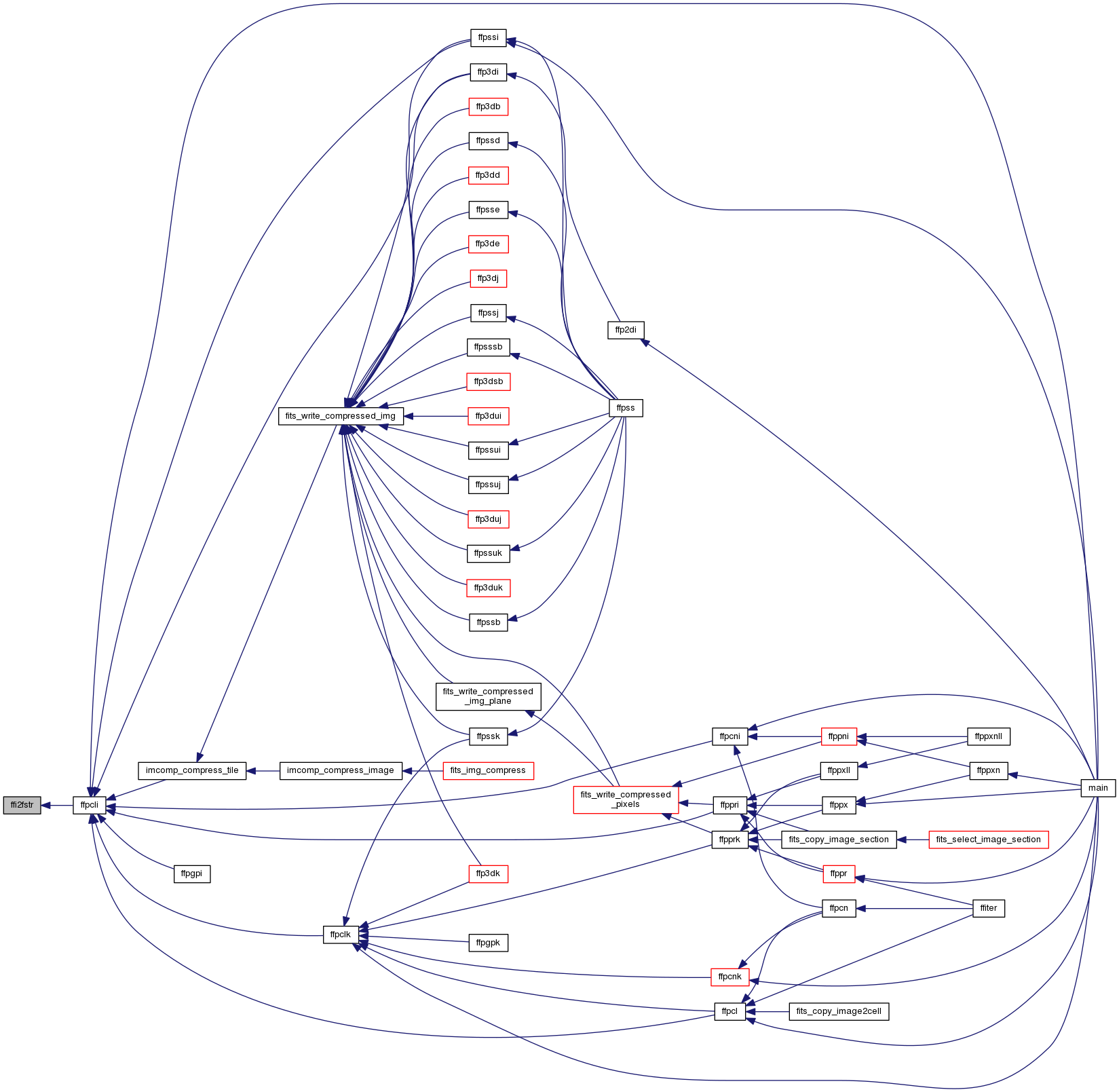
| int ffi4fi1 | ( | long * | array, |
| long | ntodo, | ||
| double | scale, | ||
| double | zero, | ||
| unsigned char * | buffer, | ||
| int * | status | ||
| ) |
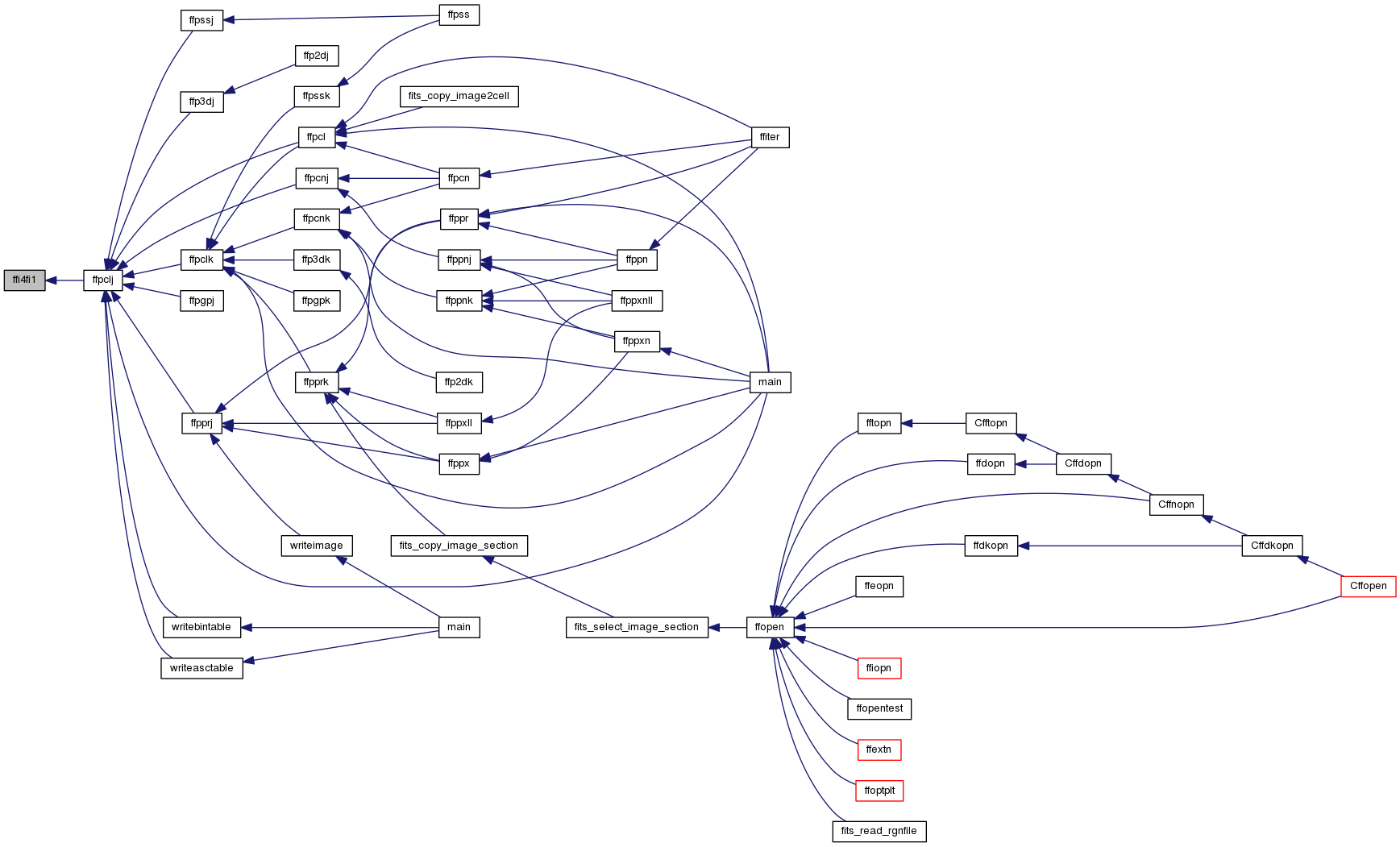
| int ffi4fi2 | ( | long * | array, |
| long | ntodo, | ||
| double | scale, | ||
| double | zero, | ||
| short * | buffer, | ||
| int * | status | ||
| ) |
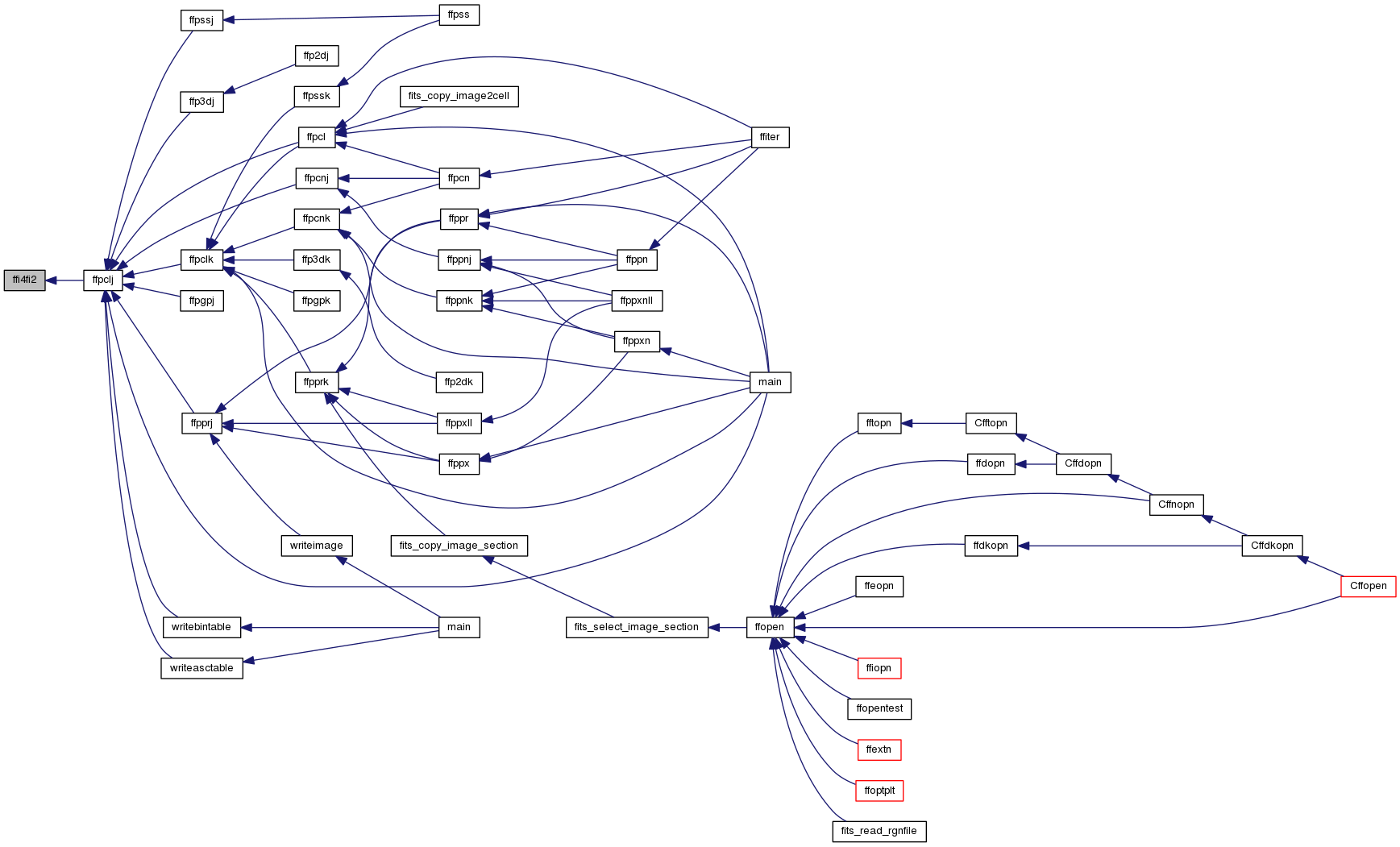
| int ffi4fi4 | ( | long * | array, |
| long | ntodo, | ||
| double | scale, | ||
| double | zero, | ||
| INT32BIT * | buffer, | ||
| int * | status | ||
| ) |
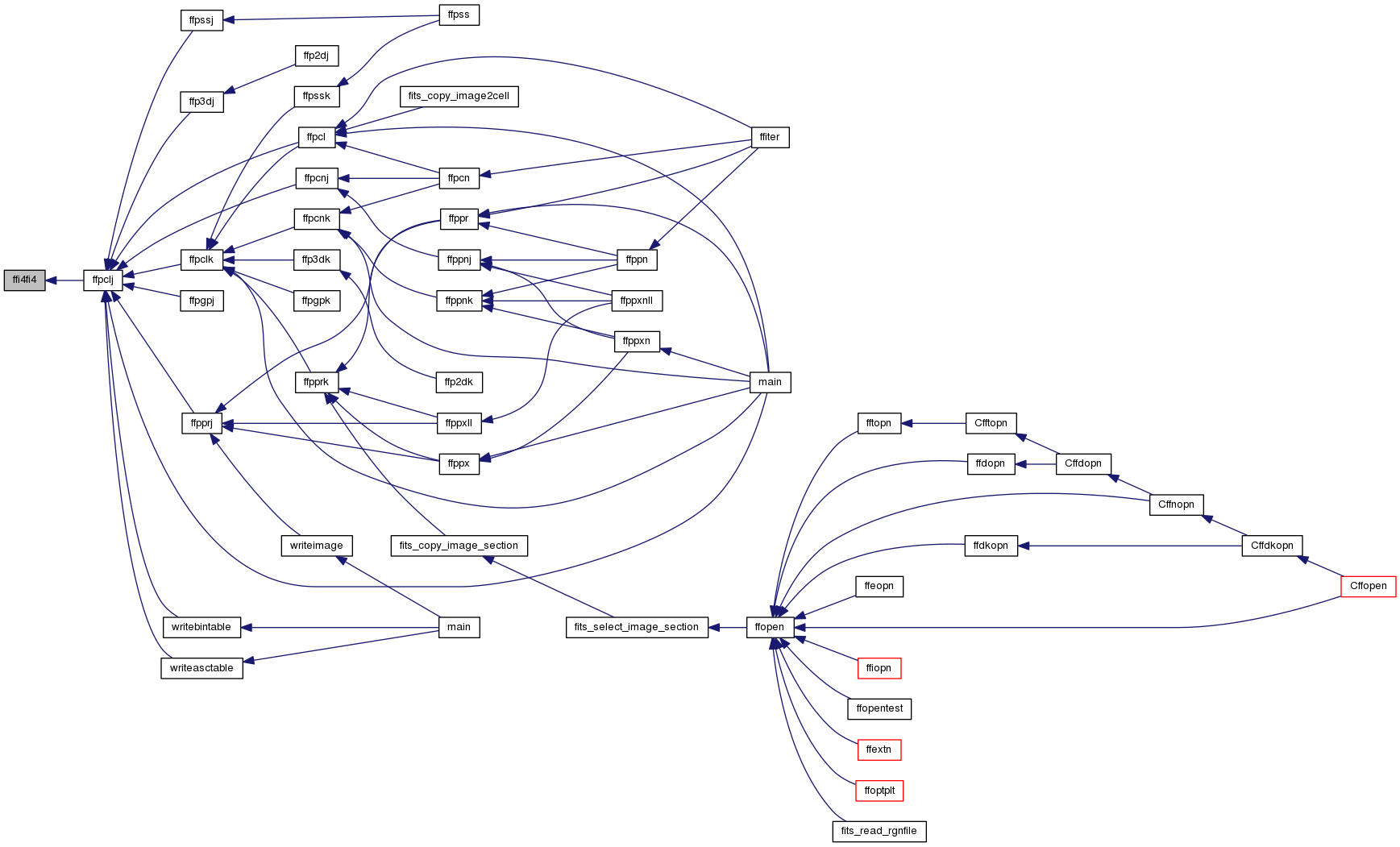
| int ffi4fr4 | ( | long * | array, |
| long | ntodo, | ||
| double | scale, | ||
| double | zero, | ||
| float * | buffer, | ||
| int * | status | ||
| ) |
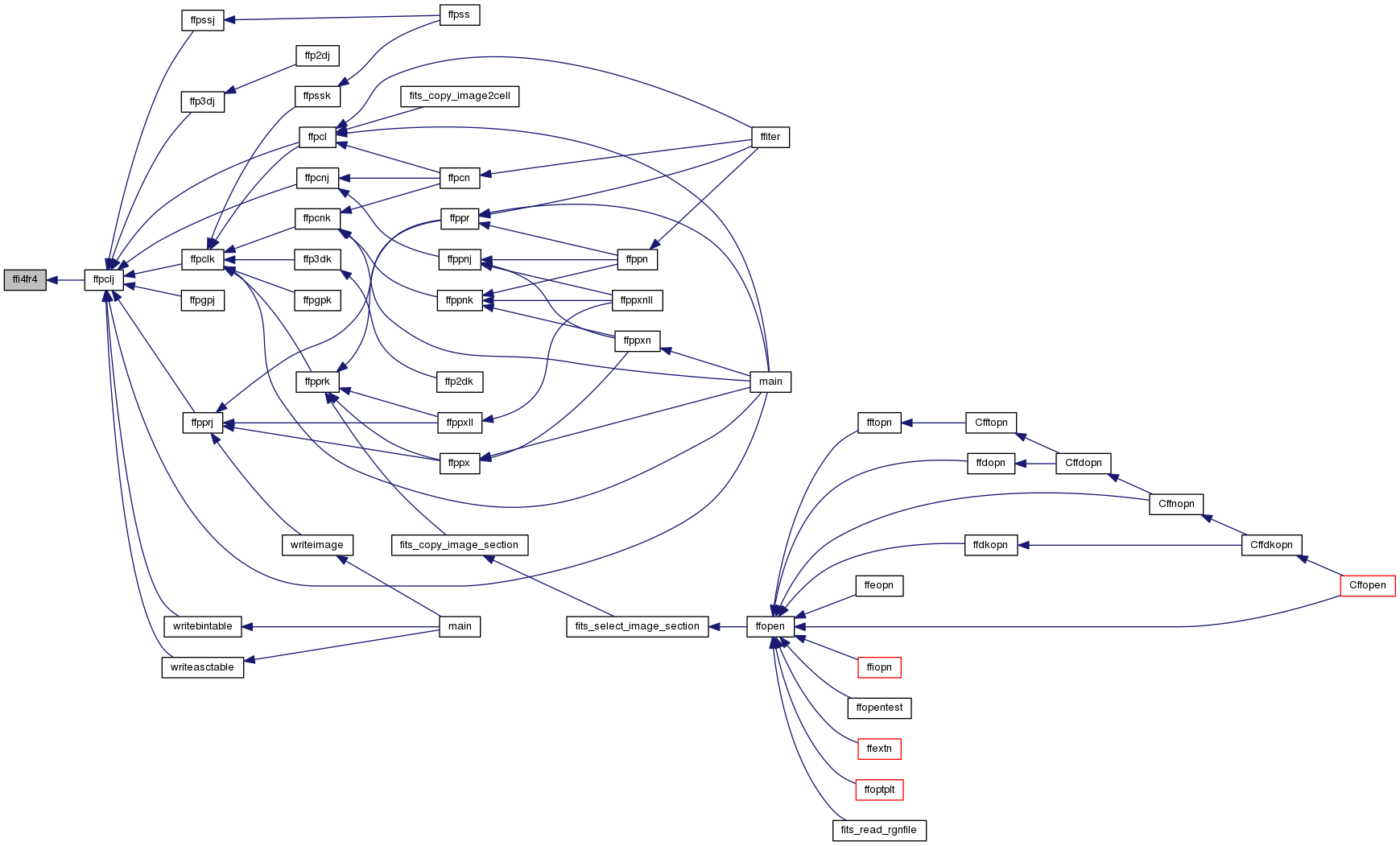
| int ffi4fr8 | ( | long * | array, |
| long | ntodo, | ||
| double | scale, | ||
| double | zero, | ||
| double * | buffer, | ||
| int * | status | ||
| ) |
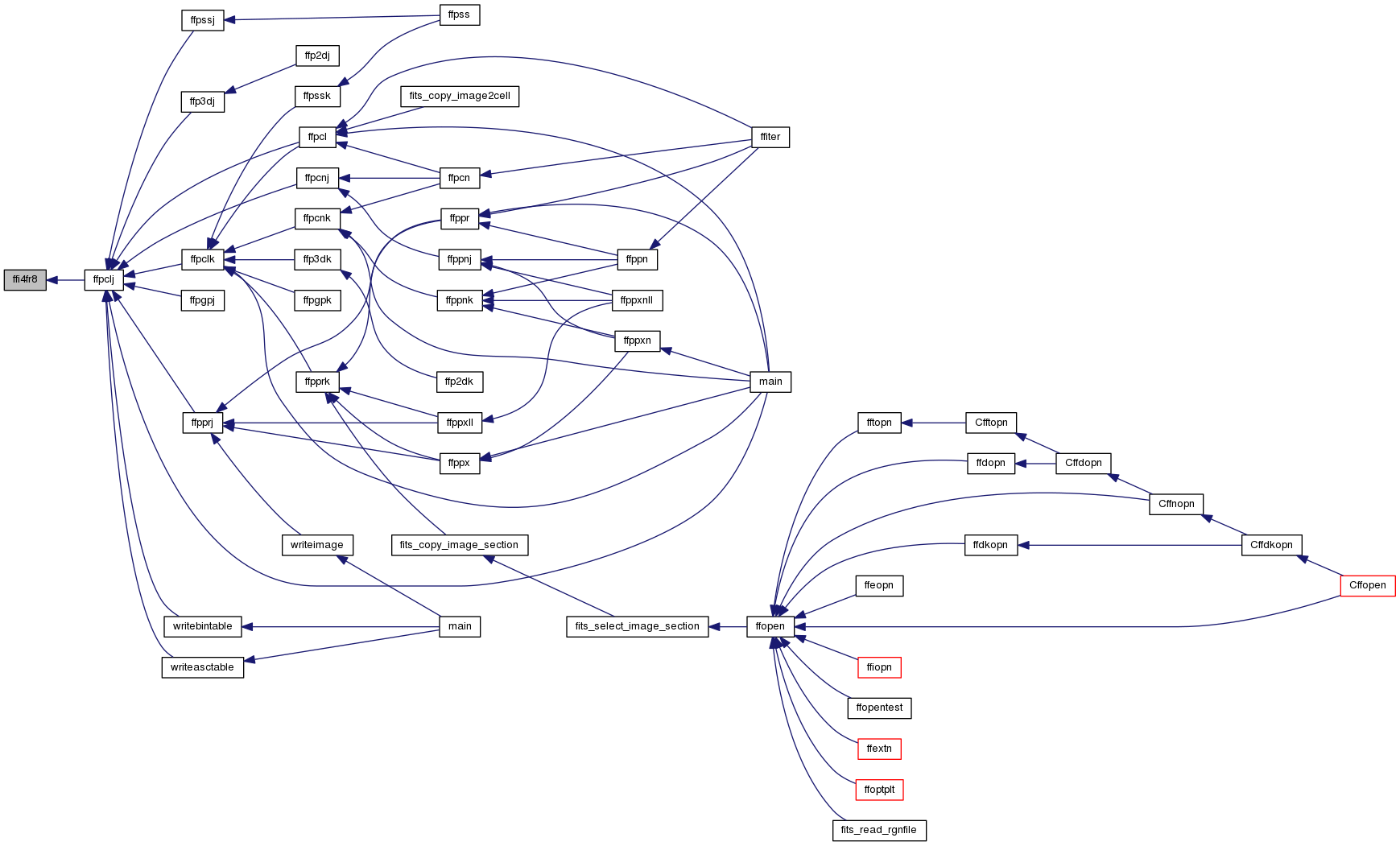
| int ffi4fstr | ( | long * | input, |
| long | ntodo, | ||
| double | scale, | ||
| double | zero, | ||
| char * | cform, | ||
| long | twidth, | ||
| char * | output, | ||
| int * | status | ||
| ) |
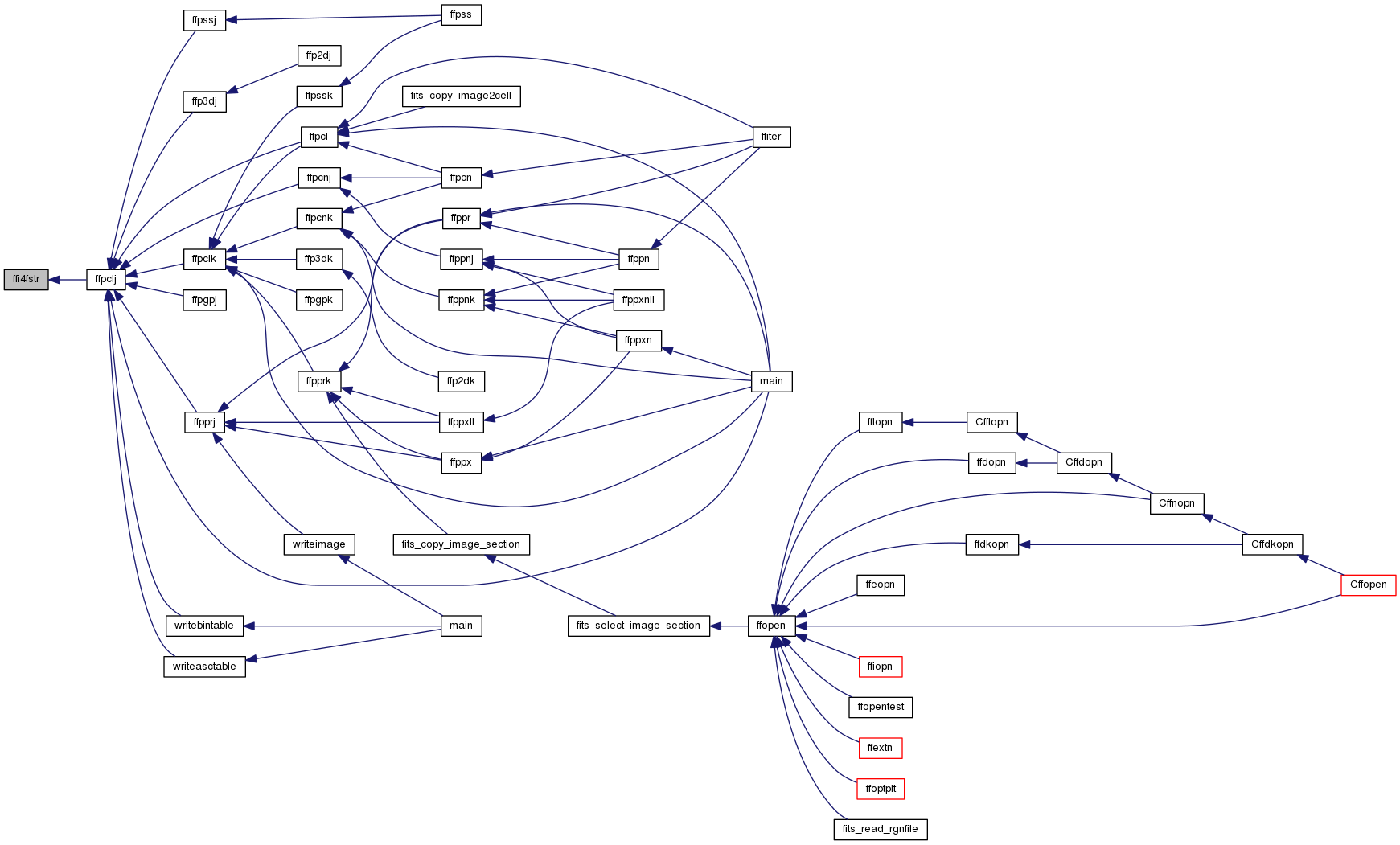
| int ffi8fi1 | ( | LONGLONG * | array, |
| long | ntodo, | ||
| double | scale, | ||
| double | zero, | ||
| unsigned char * | buffer, | ||
| int * | status | ||
| ) |
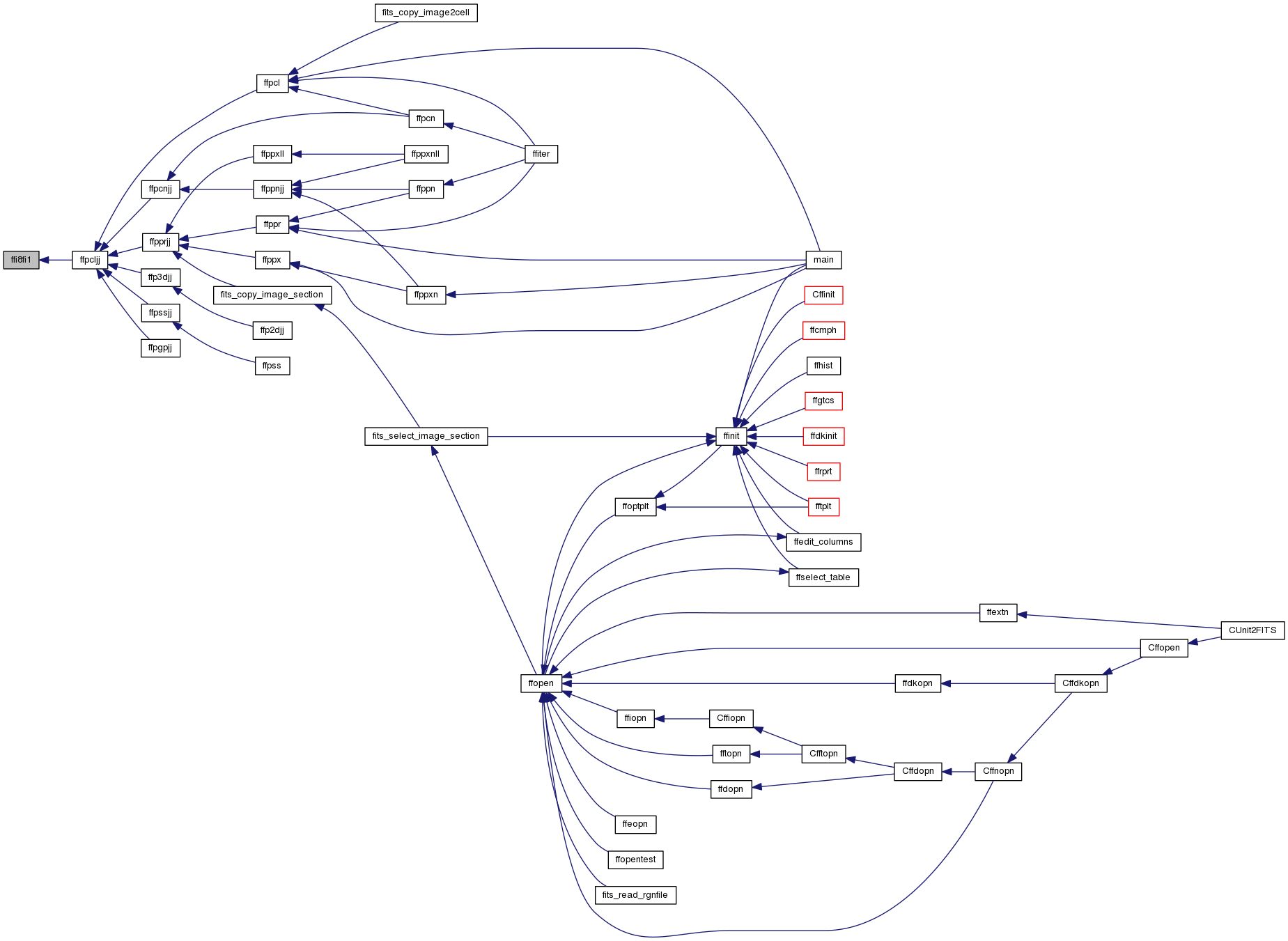
| int ffi8fi2 | ( | LONGLONG * | array, |
| long | ntodo, | ||
| double | scale, | ||
| double | zero, | ||
| short * | buffer, | ||
| int * | status | ||
| ) |
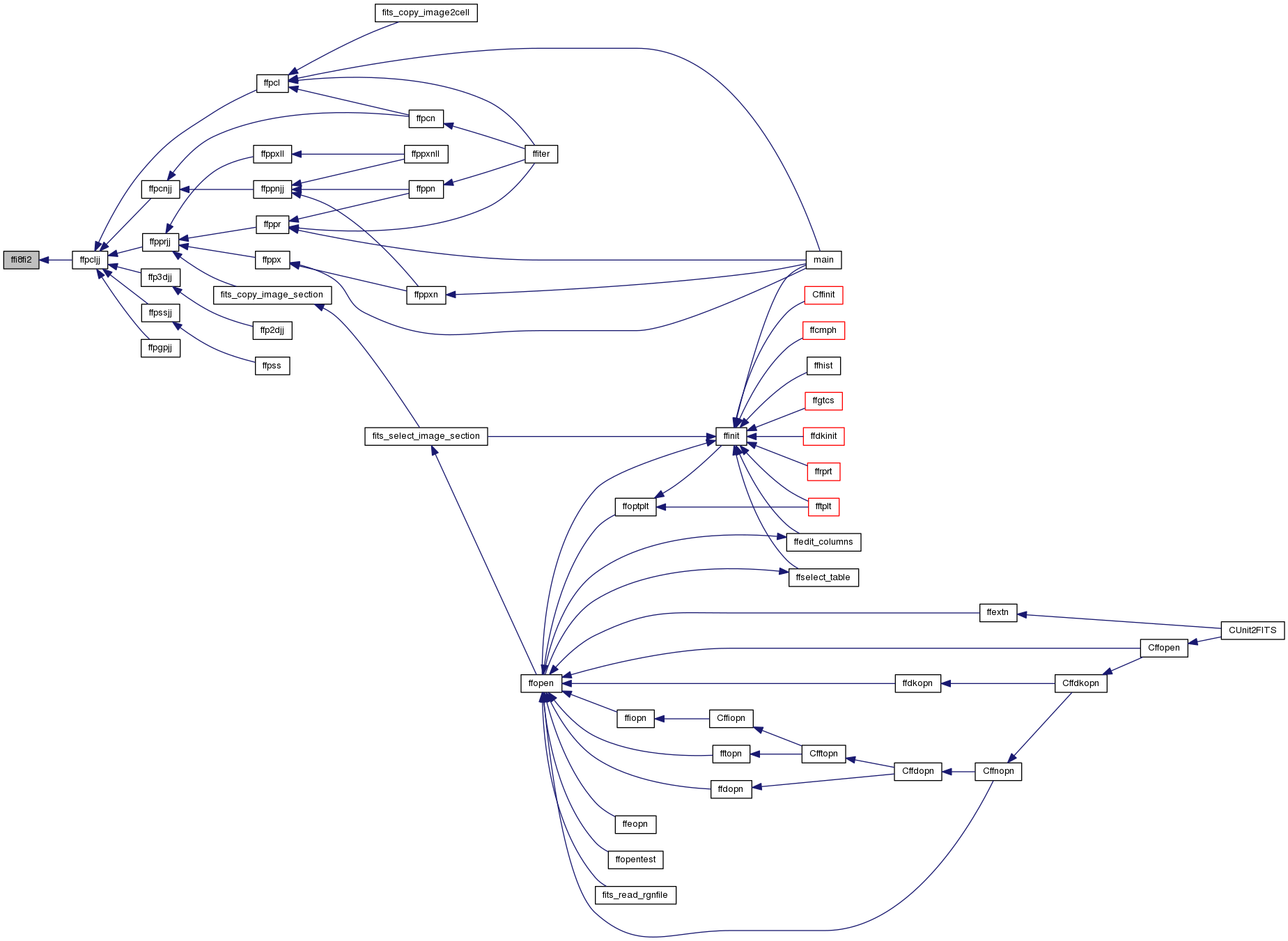
| int ffi8fi4 | ( | LONGLONG * | array, |
| long | ntodo, | ||
| double | scale, | ||
| double | zero, | ||
| INT32BIT * | buffer, | ||
| int * | status | ||
| ) |
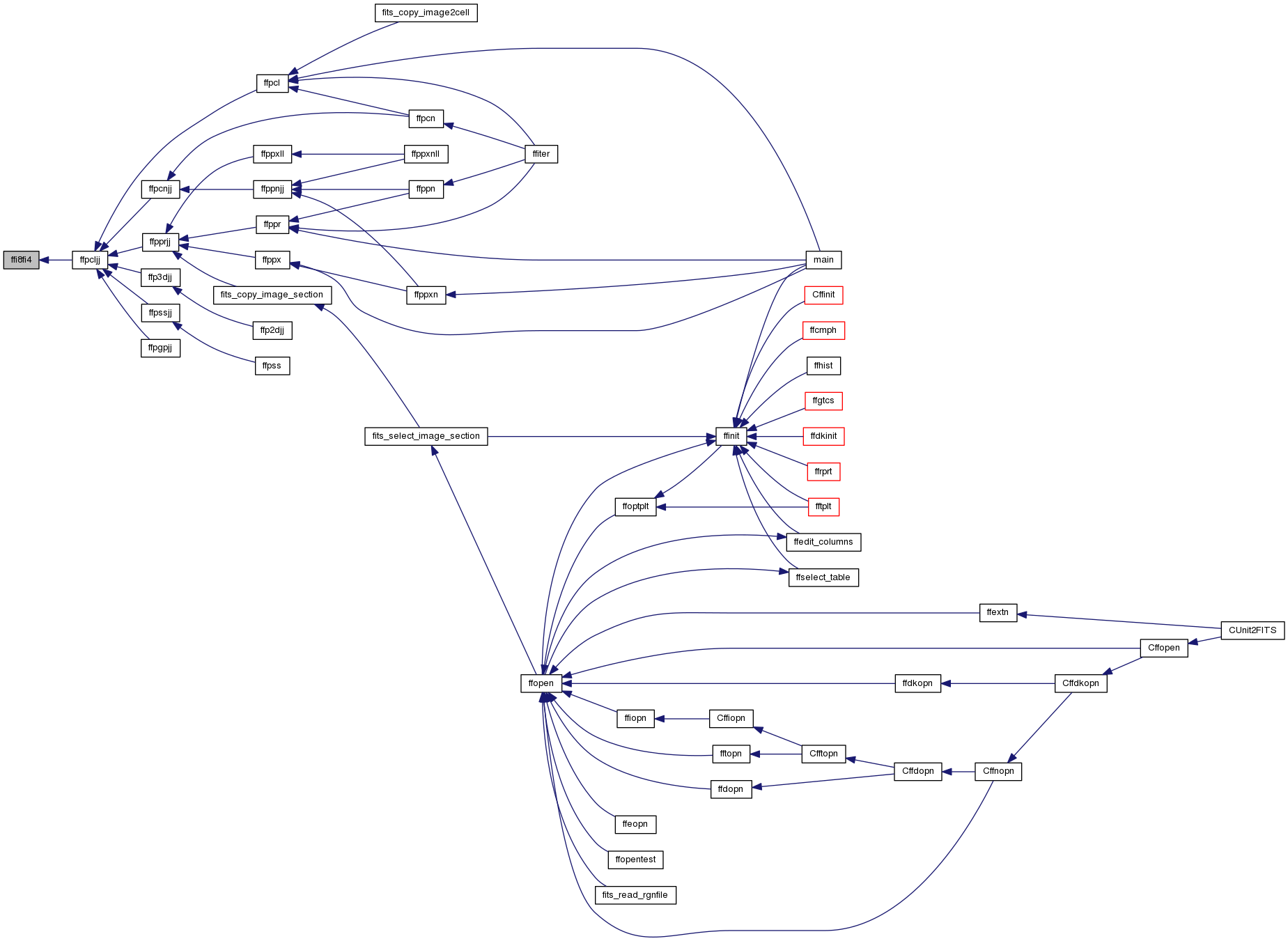
| int ffi8fi8 | ( | LONGLONG * | array, |
| long | ntodo, | ||
| double | scale, | ||
| double | zero, | ||
| LONGLONG * | buffer, | ||
| int * | status | ||
| ) |
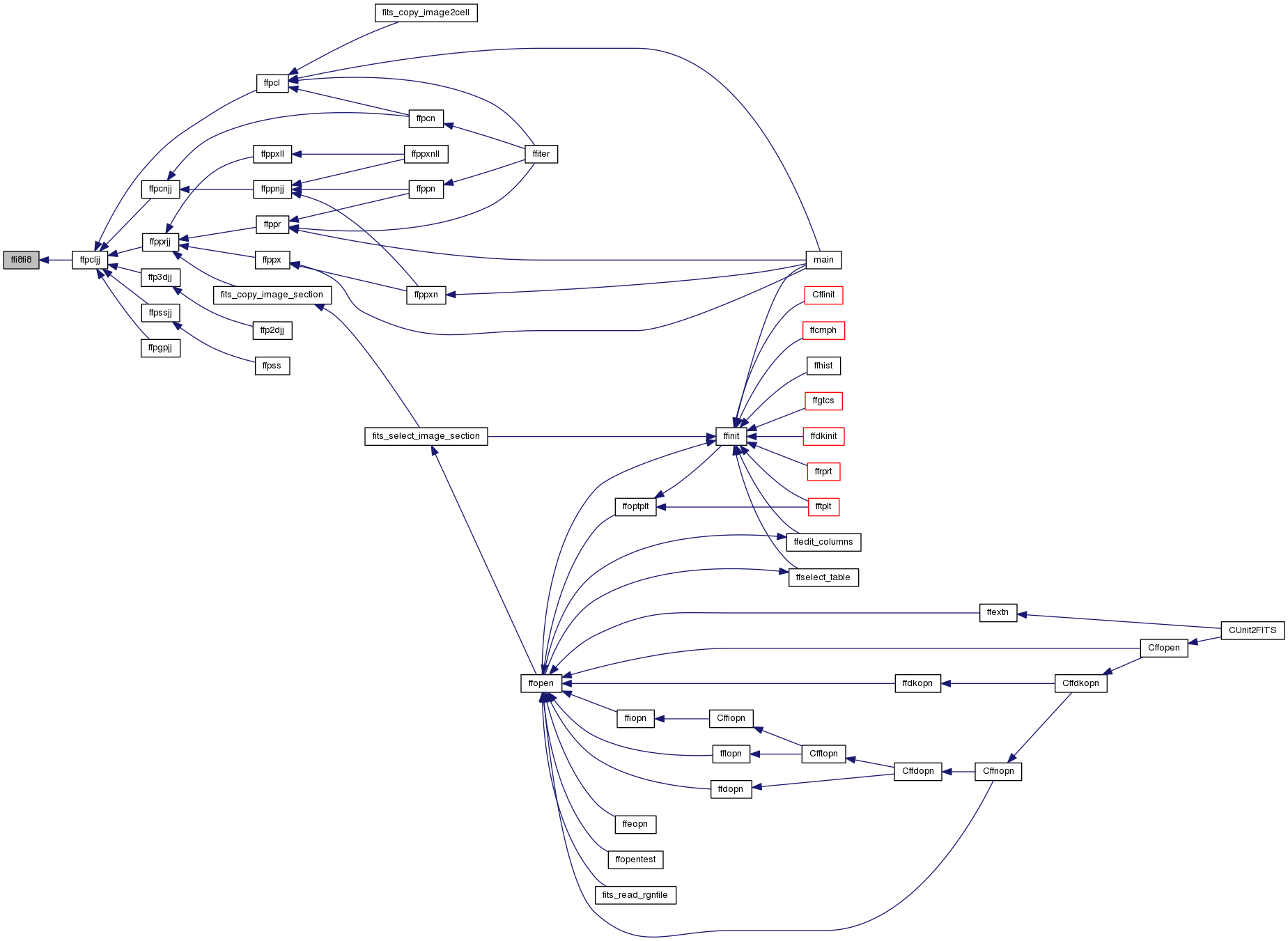
| int ffi8fr4 | ( | LONGLONG * | array, |
| long | ntodo, | ||
| double | scale, | ||
| double | zero, | ||
| float * | buffer, | ||
| int * | status | ||
| ) |
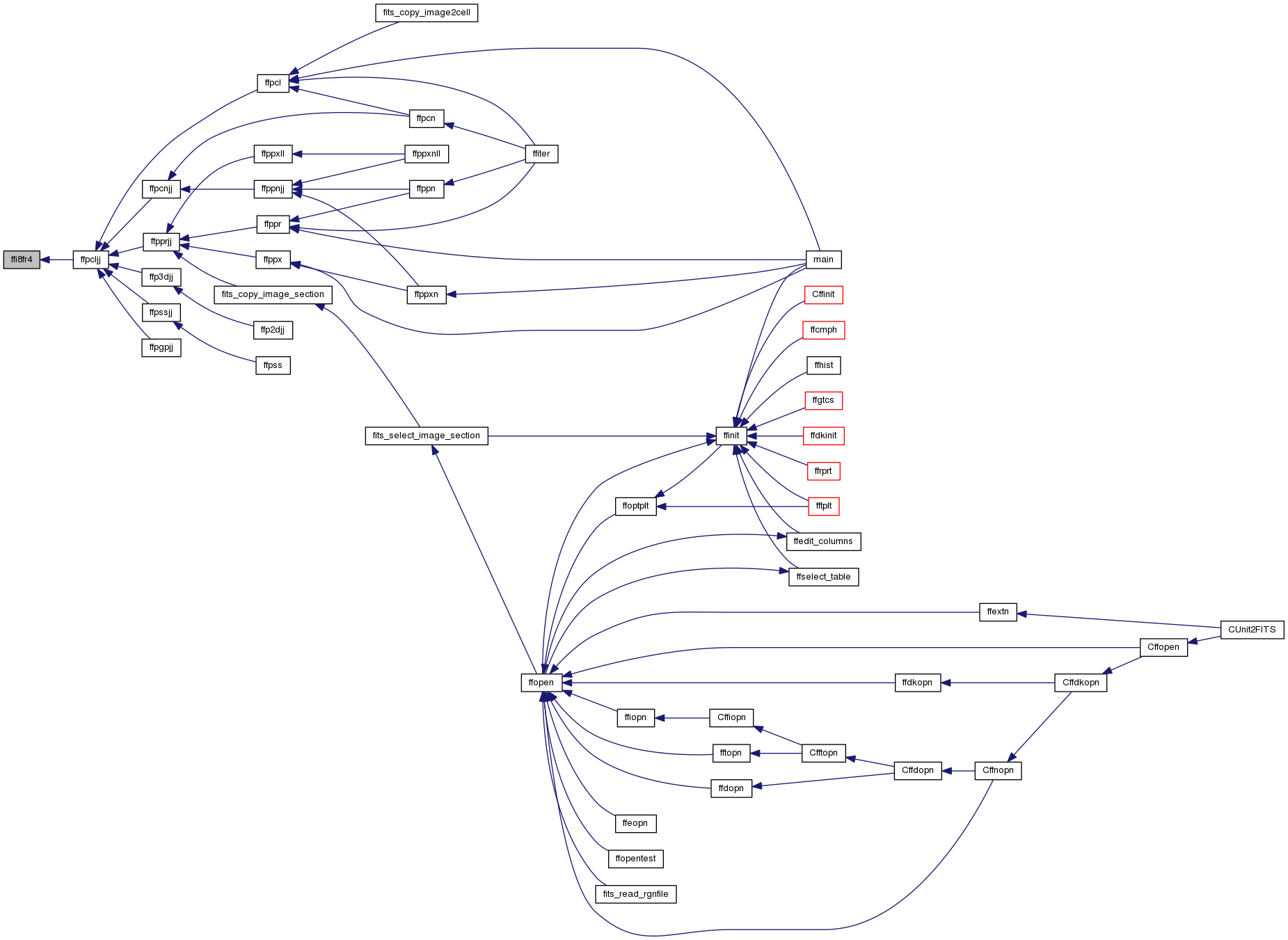
| int ffi8fr8 | ( | LONGLONG * | array, |
| long | ntodo, | ||
| double | scale, | ||
| double | zero, | ||
| double * | buffer, | ||
| int * | status | ||
| ) |
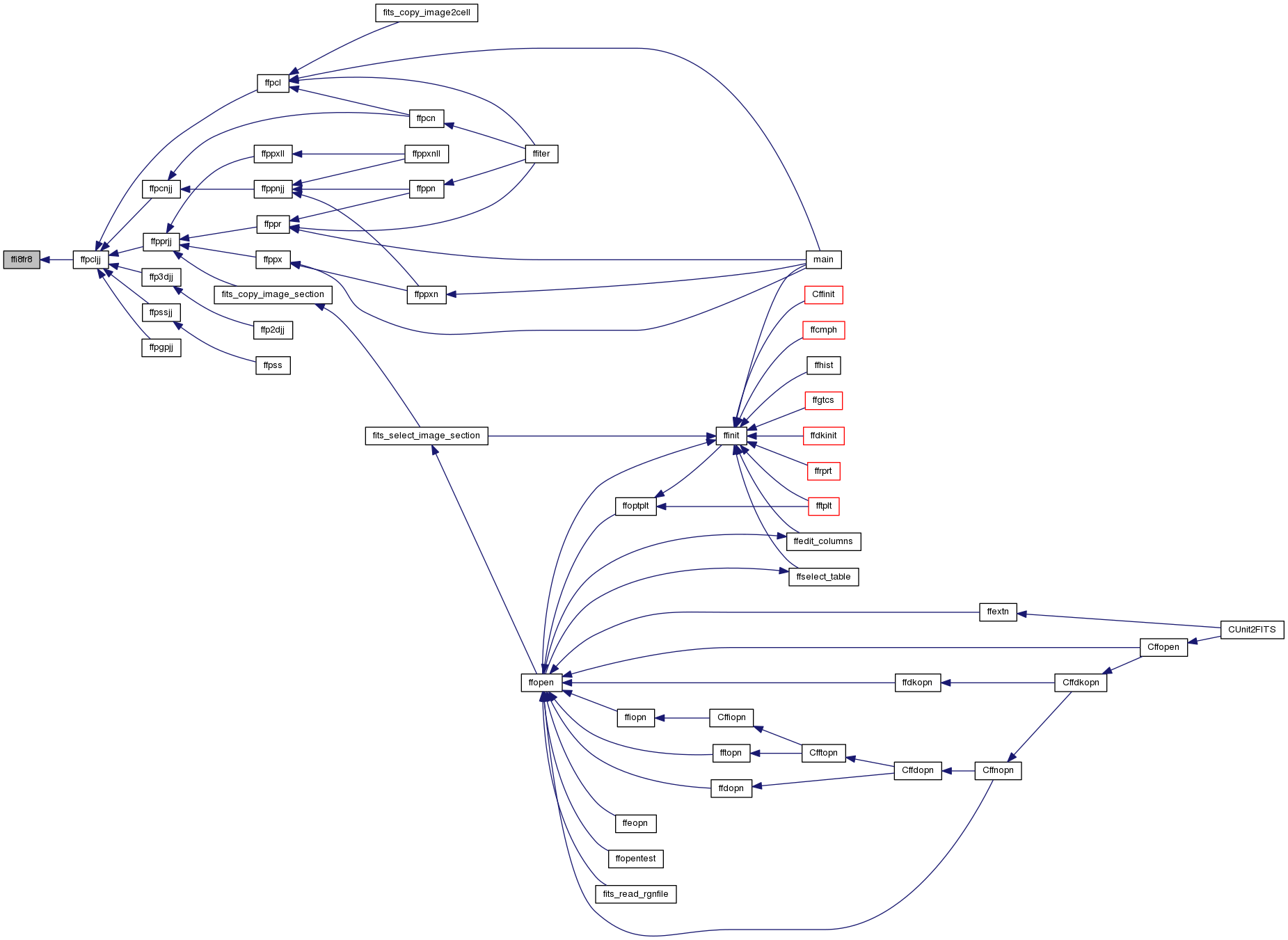
| int ffi8fstr | ( | LONGLONG * | input, |
| long | ntodo, | ||
| double | scale, | ||
| double | zero, | ||
| char * | cform, | ||
| long | twidth, | ||
| char * | output, | ||
| int * | status | ||
| ) |
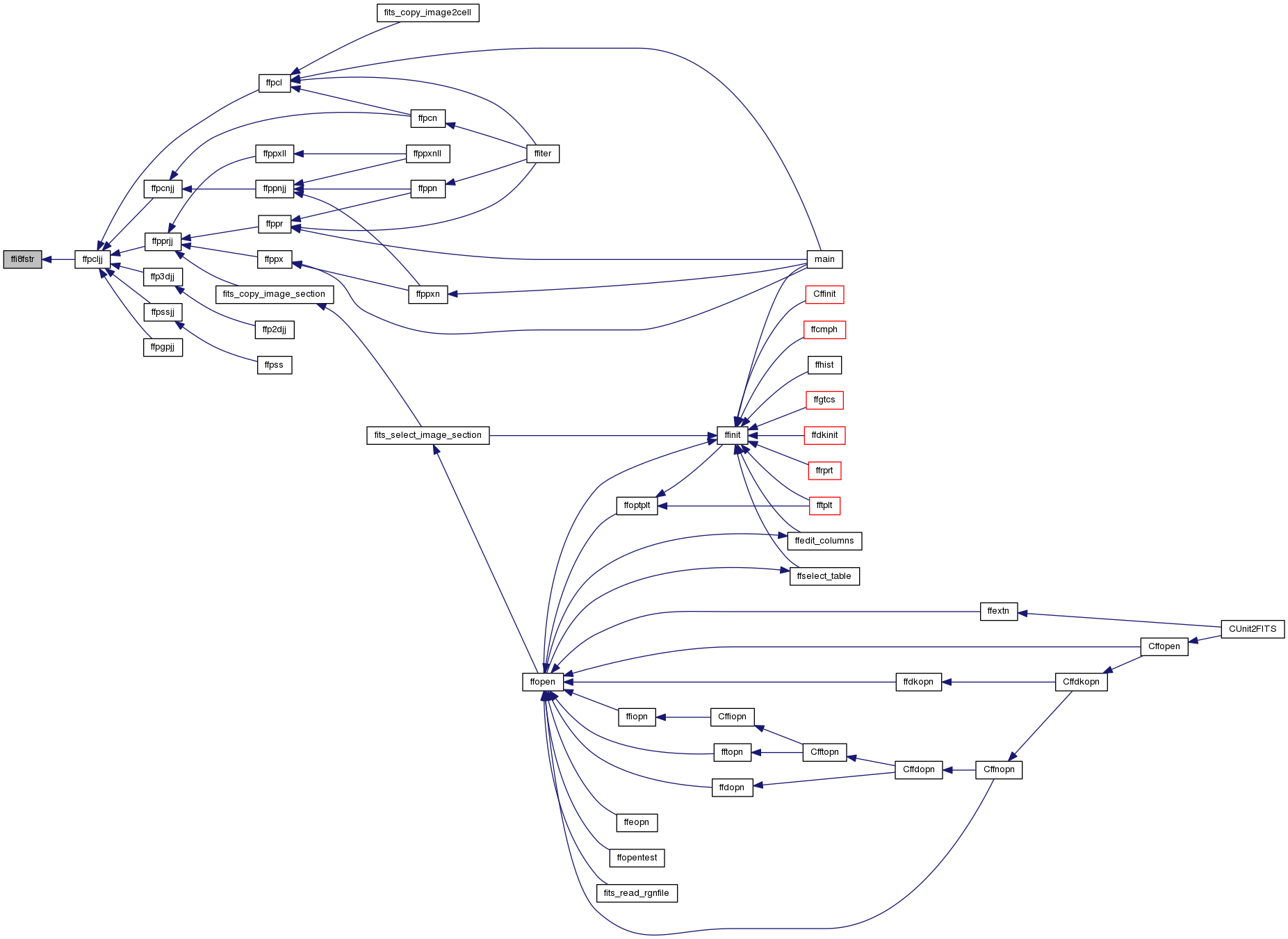
| int ffiblk | ( | fitsfile * | fptr, |
| long | nblock, | ||
| int | headdata, | ||
| int * | status | ||
| ) |
insert 2880-byte blocks at the end of the current header or data unit
| [in] | fptr | FITS file pointer |
| [in] | nblock | no. of blocks to insert |
| [in] | headdata | insert where? 0=header, 1=data -1=beginning of file |
| [in,out] | status | error status |
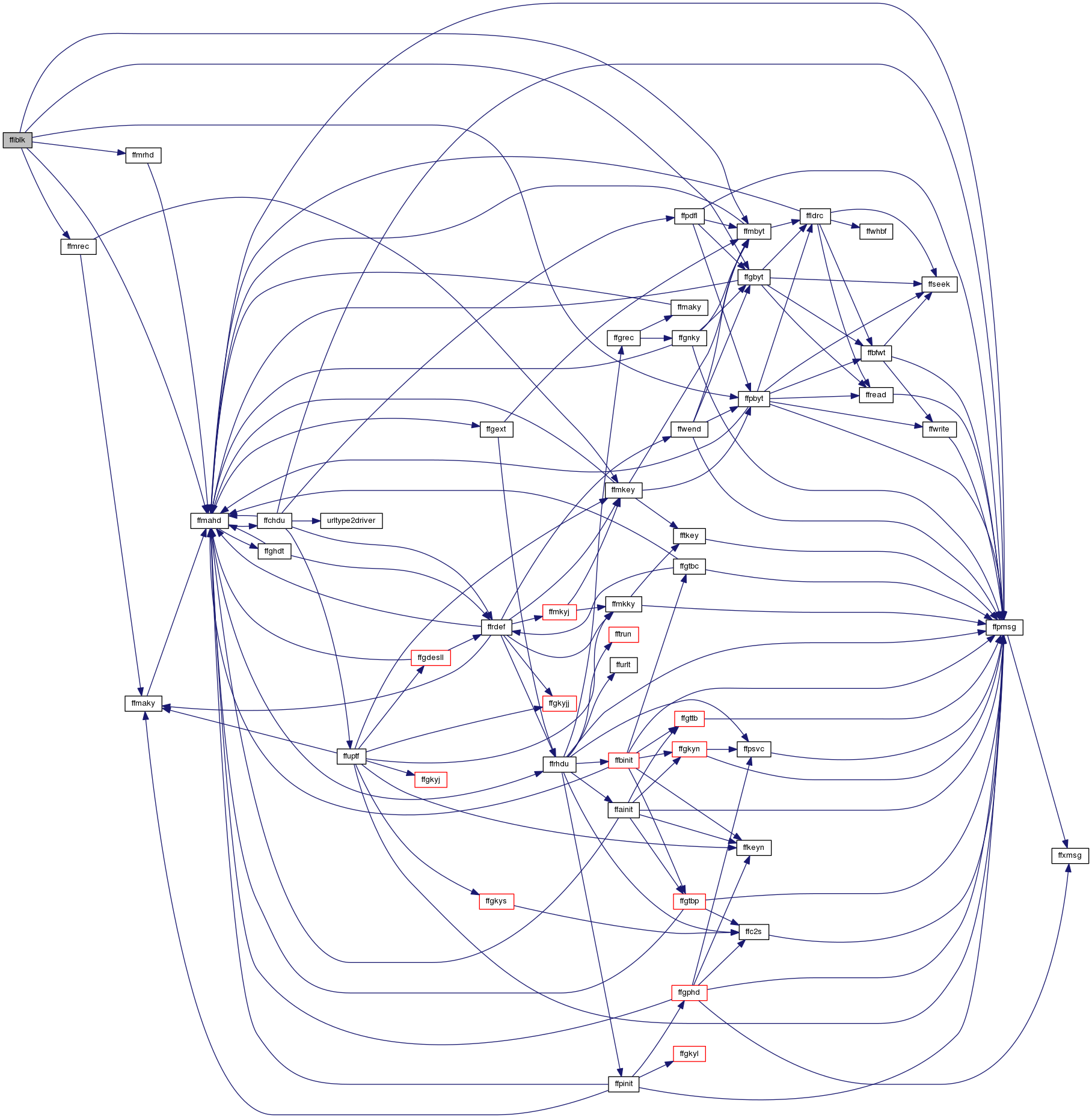

| int ffintfi1 | ( | int * | array, |
| long | ntodo, | ||
| double | scale, | ||
| double | zero, | ||
| unsigned char * | buffer, | ||
| int * | status | ||
| ) |
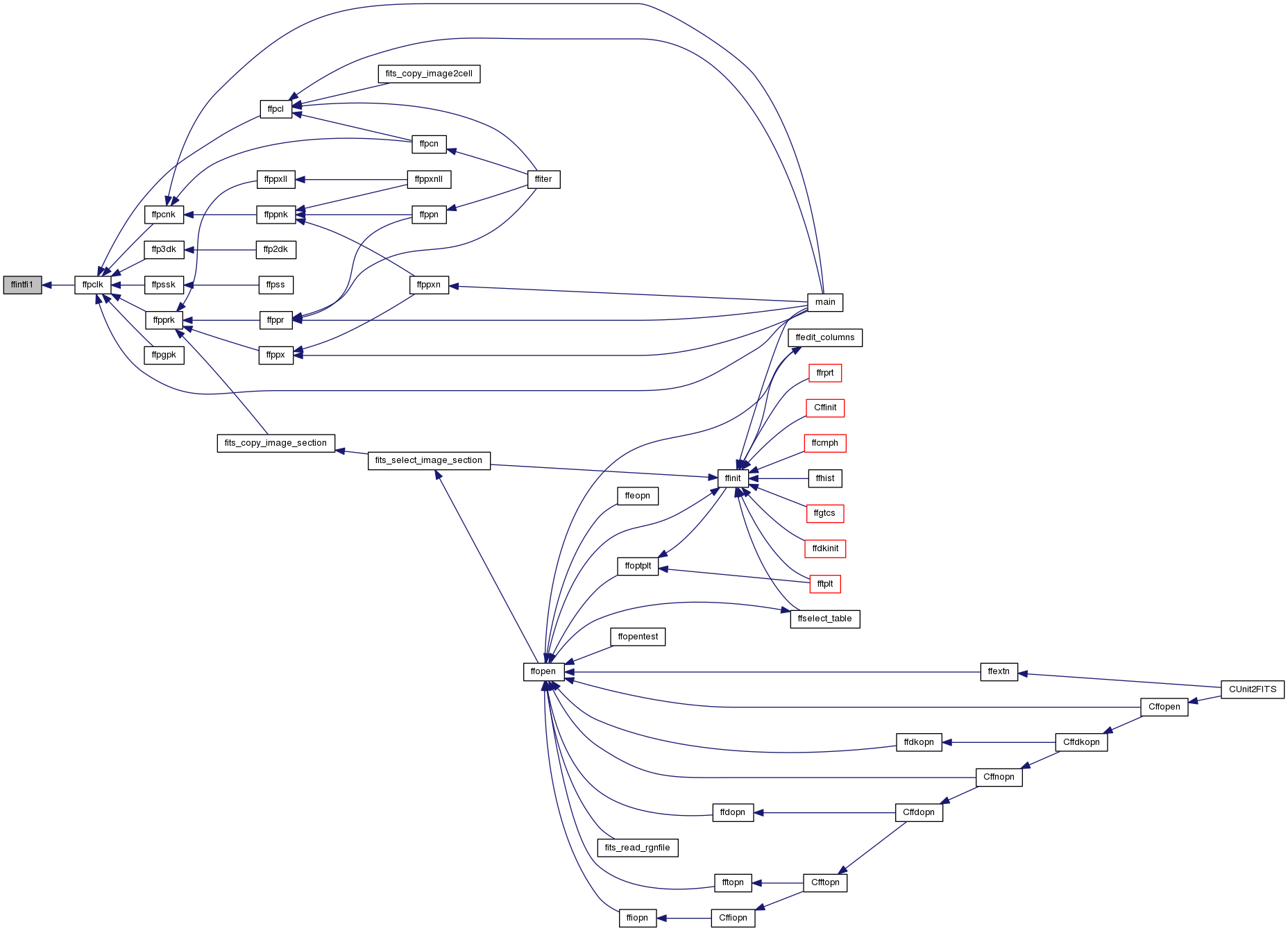
| int ffintfi2 | ( | int * | array, |
| long | ntodo, | ||
| double | scale, | ||
| double | zero, | ||
| short * | buffer, | ||
| int * | status | ||
| ) |
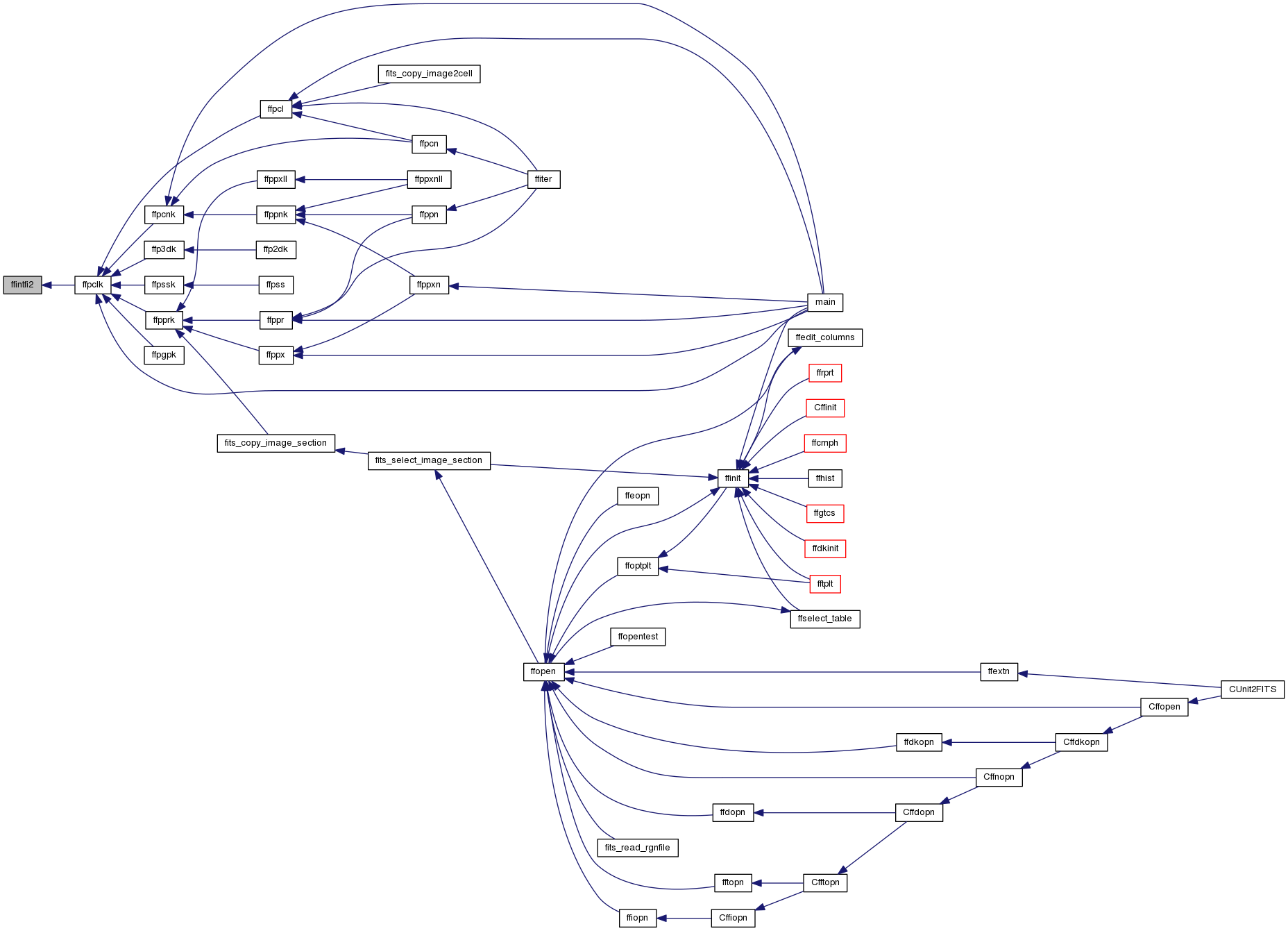
| int ffintfi4 | ( | int * | array, |
| long | ntodo, | ||
| double | scale, | ||
| double | zero, | ||
| INT32BIT * | buffer, | ||
| int * | status | ||
| ) |
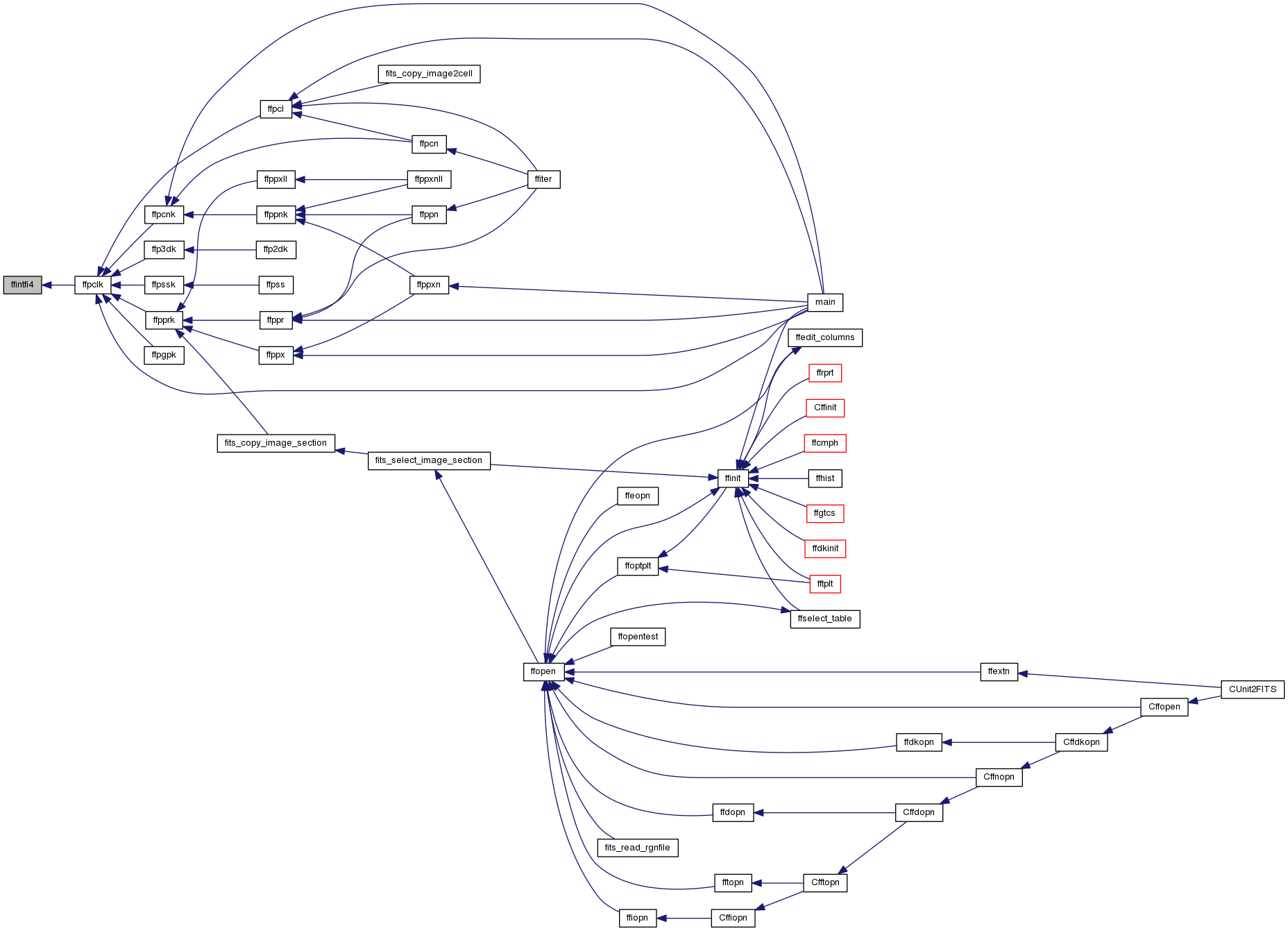
| int ffintfi8 | ( | int * | array, |
| long | ntodo, | ||
| double | scale, | ||
| double | zero, | ||
| LONGLONG * | buffer, | ||
| int * | status | ||
| ) |
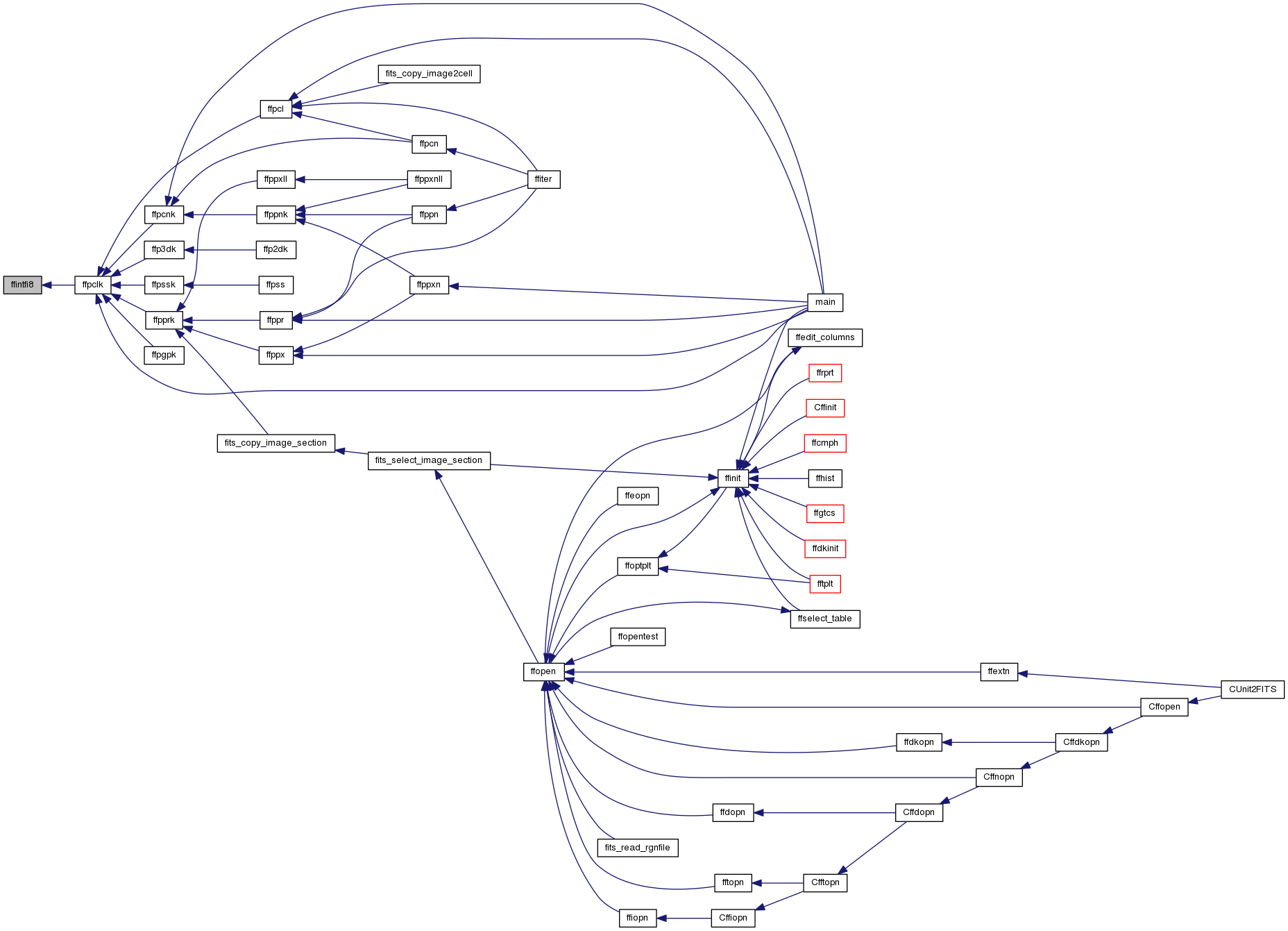
| int ffintfr4 | ( | int * | array, |
| long | ntodo, | ||
| double | scale, | ||
| double | zero, | ||
| float * | buffer, | ||
| int * | status | ||
| ) |
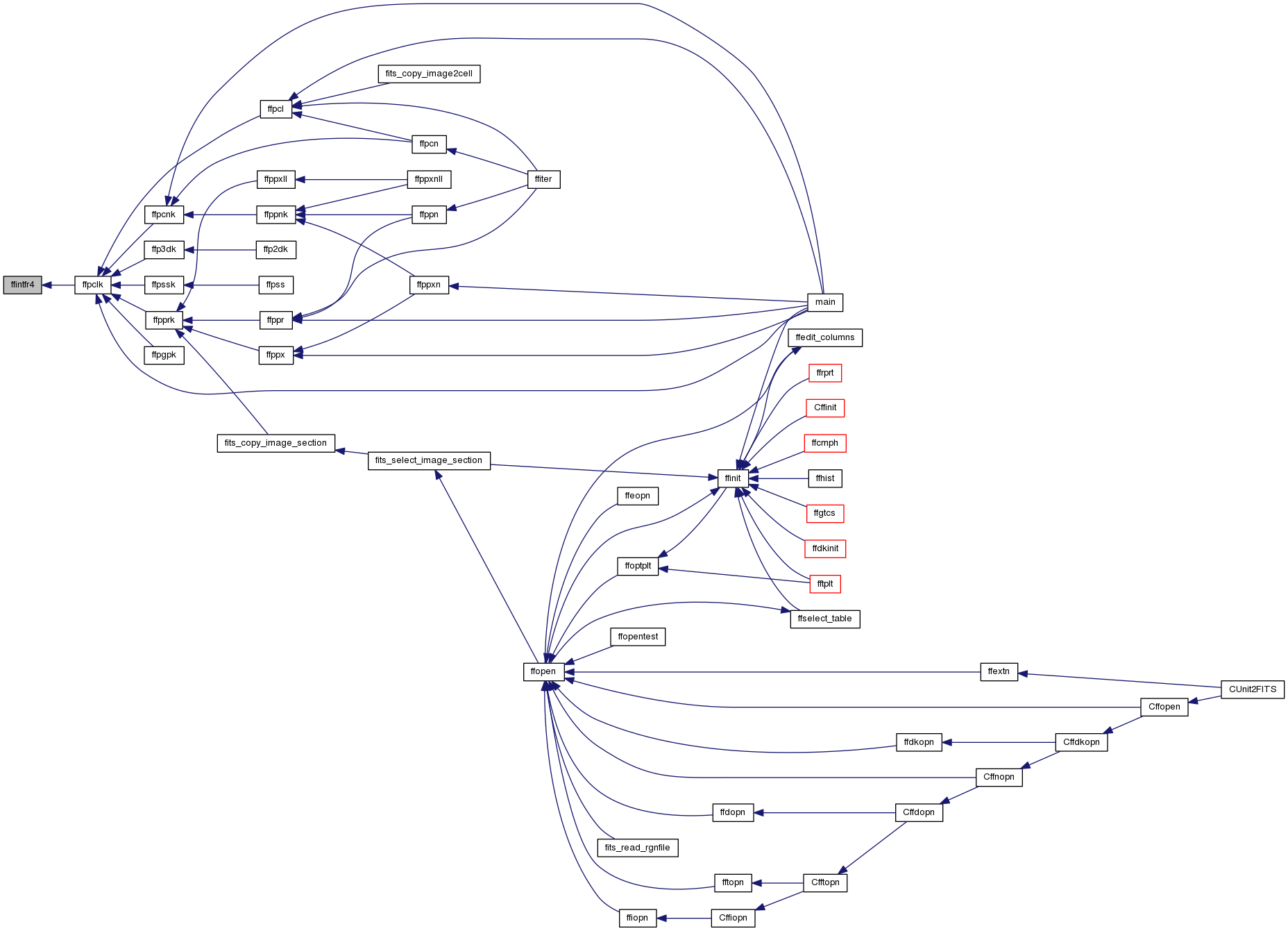
| int ffintfr8 | ( | int * | array, |
| long | ntodo, | ||
| double | scale, | ||
| double | zero, | ||
| double * | buffer, | ||
| int * | status | ||
| ) |
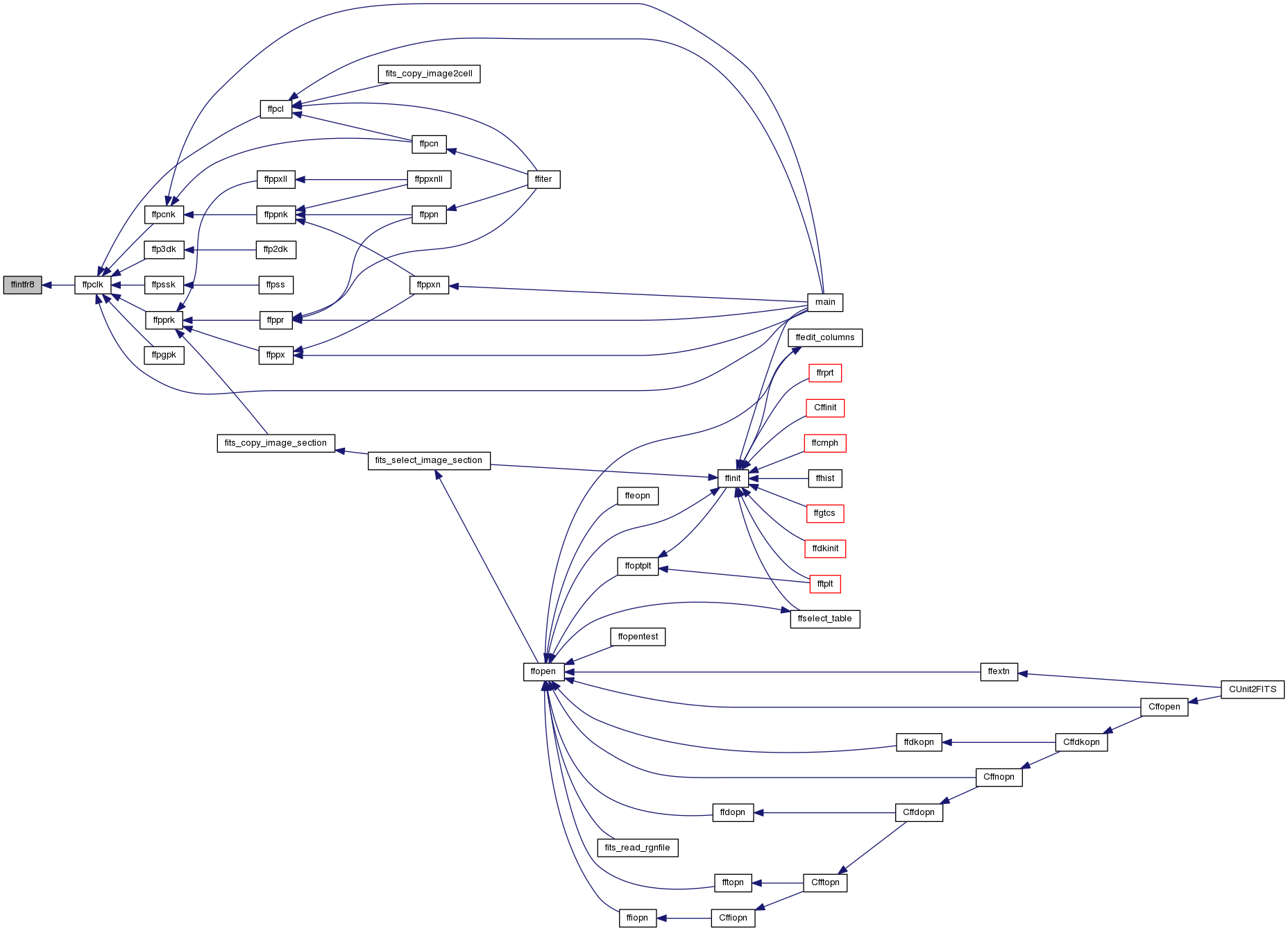
| int ffintfstr | ( | int * | input, |
| long | ntodo, | ||
| double | scale, | ||
| double | zero, | ||
| char * | cform, | ||
| long | twidth, | ||
| char * | output, | ||
| int * | status | ||
| ) |
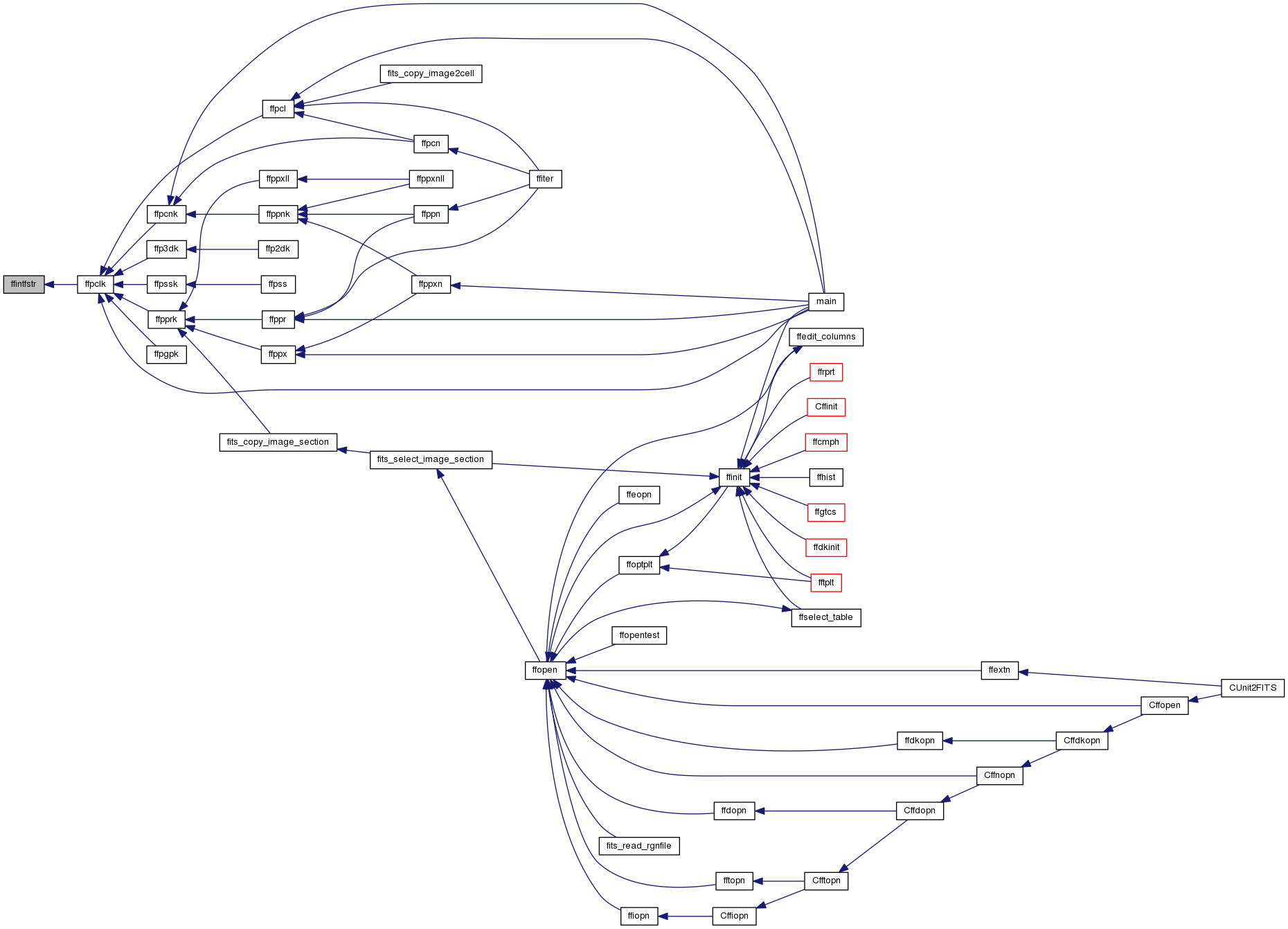
| int ffiprs | ( | fitsfile * | fptr, |
| int | compressed, | ||
| char * | expr, | ||
| int | maxdim, | ||
| int * | datatype, | ||
| long * | nelem, | ||
| int * | naxis, | ||
| long * | naxes, | ||
| int * | status | ||
| ) |
| int ffkshf | ( | fitsfile * | fptr, |
| int | firstcol, | ||
| int | tfields, | ||
| int | nshift, | ||
| int * | status | ||
| ) |
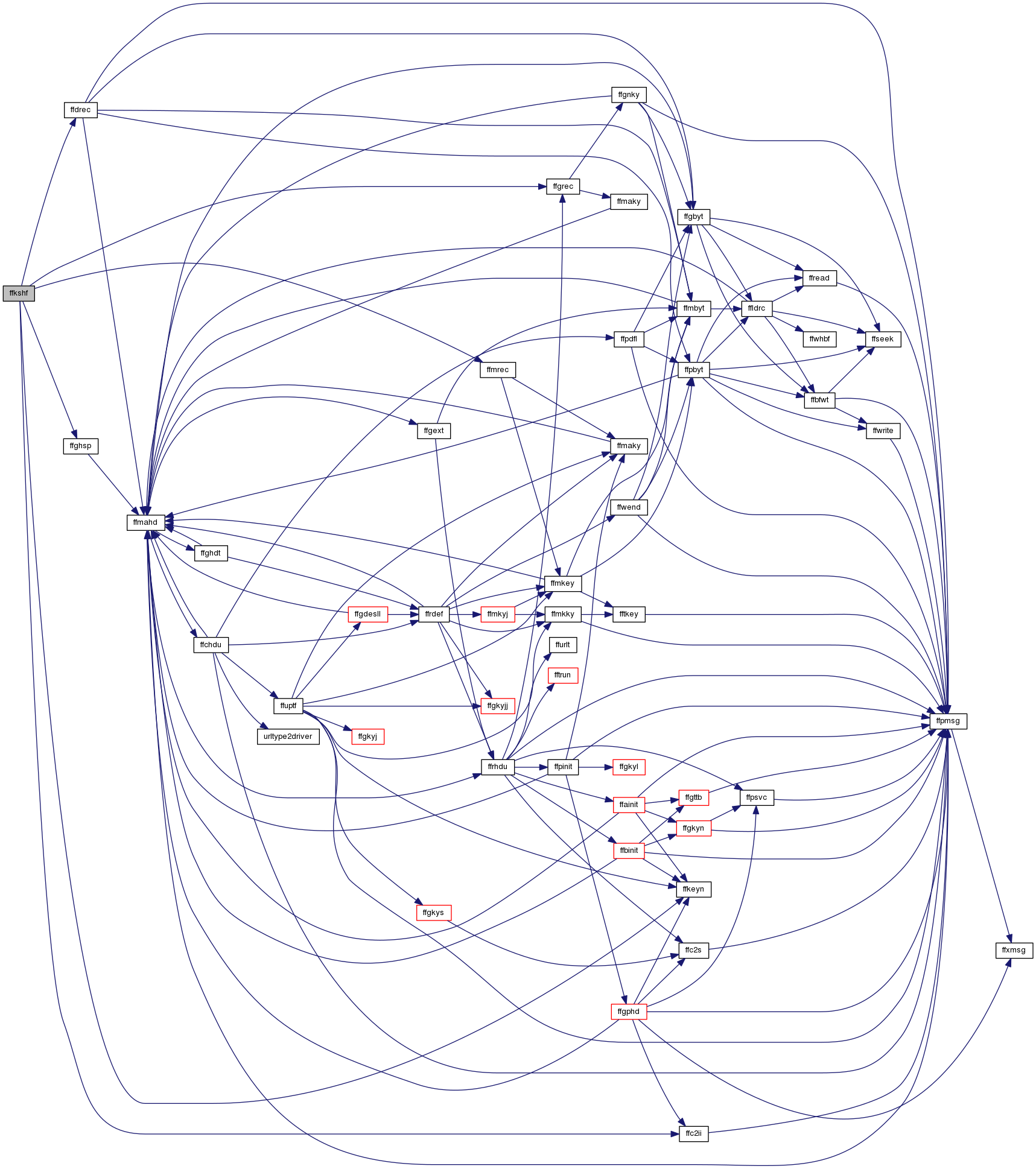
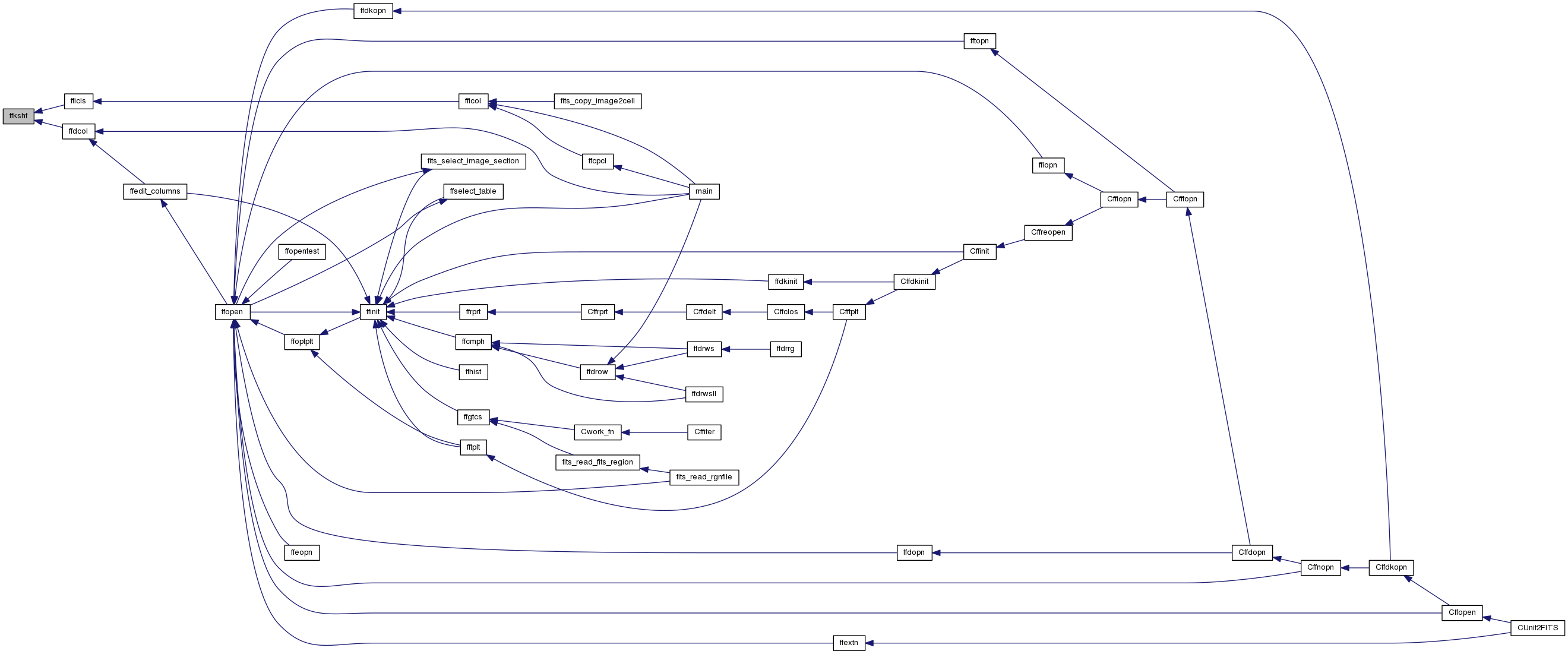
| int ffl2c | ( | int | lval, |
| char * | cval, | ||
| int * | status | ||
| ) |
convert logical value to a null-terminated formatted string. If the input value == 0, then the output character is the letter F, else the output character is the letter T. The output string is null terminated.
| [in] | lval | value to be converted to a string |
| [in,out] | cval | character string representation of the value |
| [in,out] | status | error status |
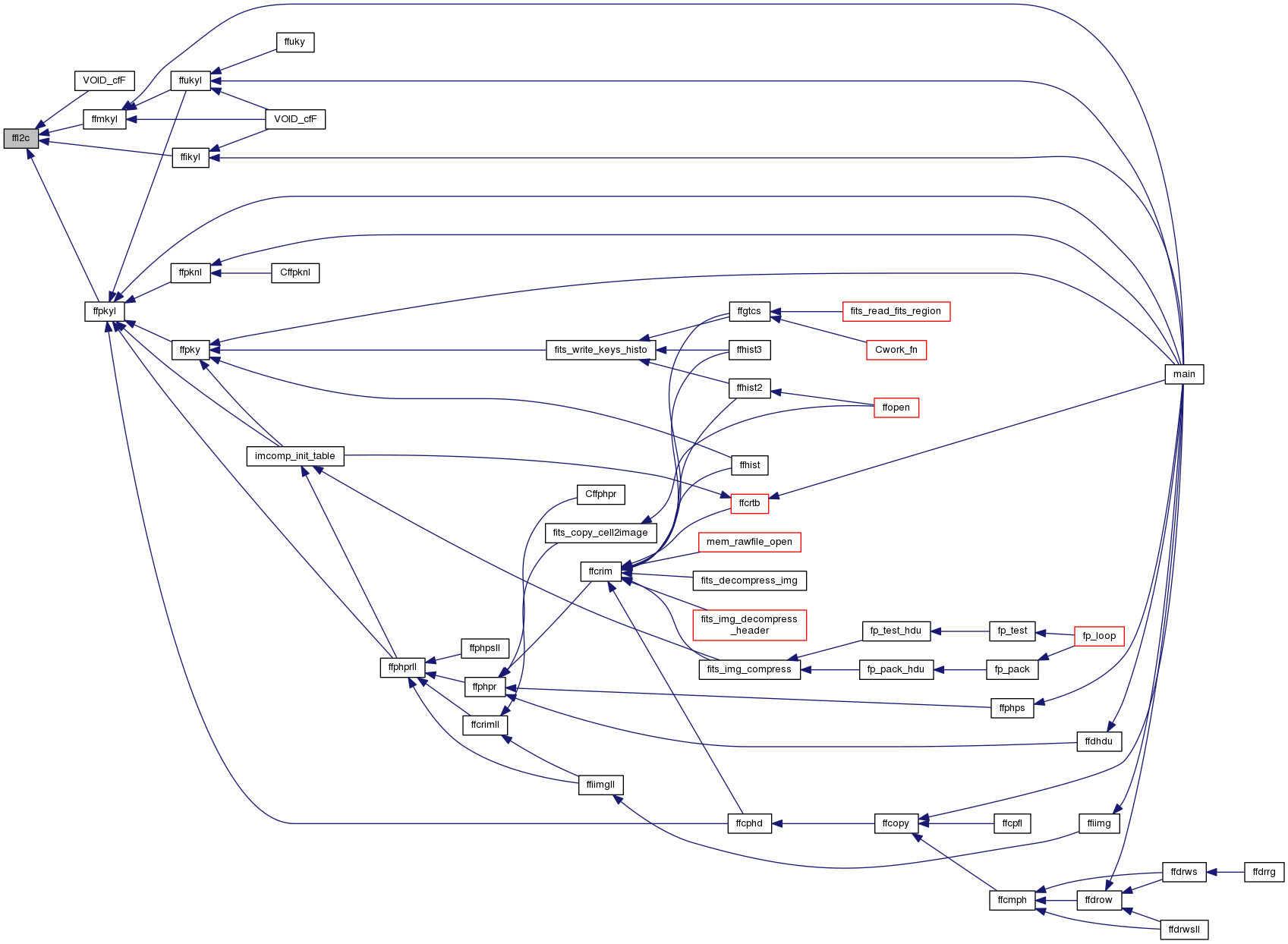
| int ffldrc | ( | fitsfile * | fptr, |
| long | record, | ||
| int | err_mode, | ||
| int * | status | ||
| ) |
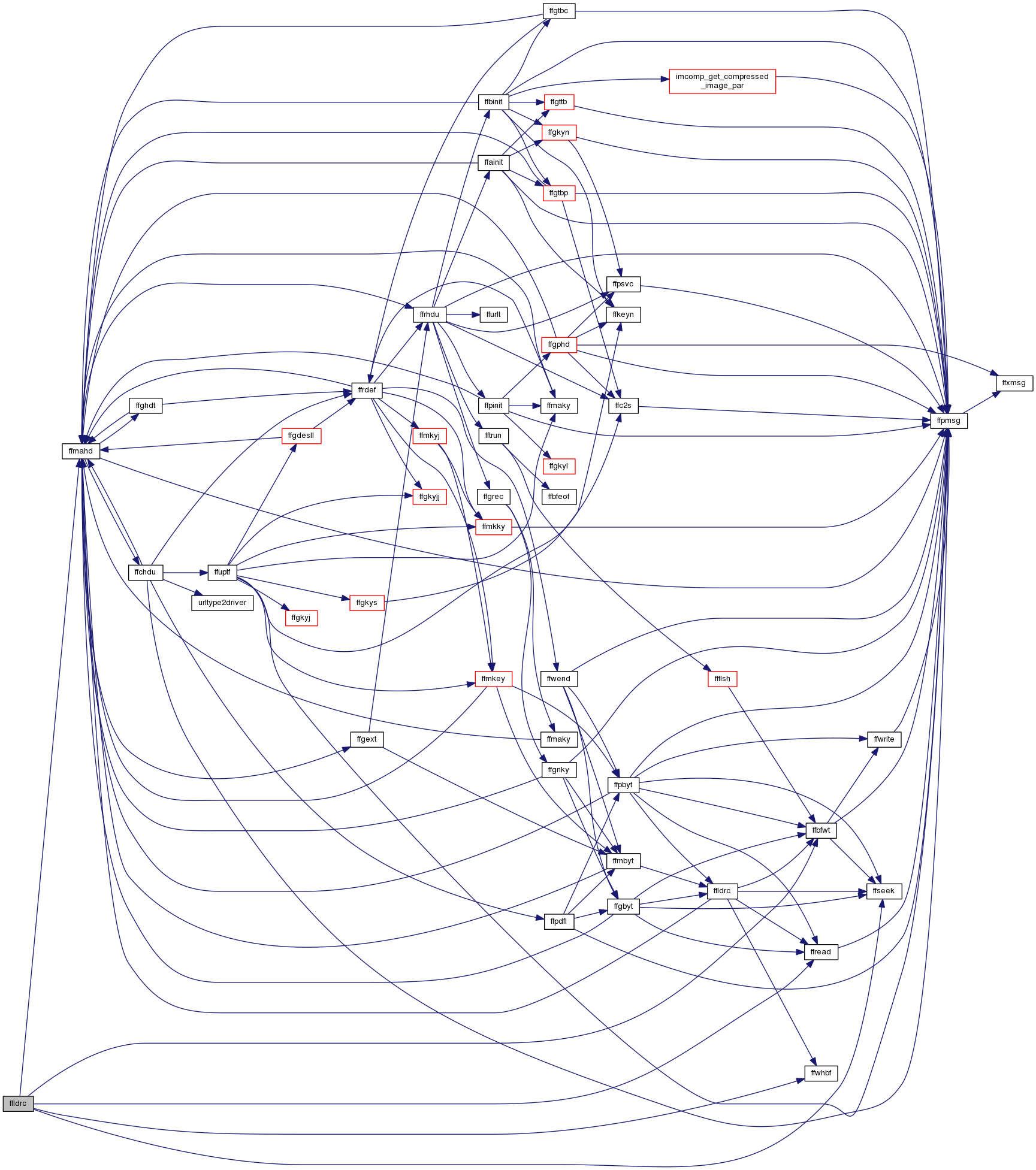

| int fflongfi8 | ( | long * | array, |
| long | ntodo, | ||
| double | scale, | ||
| double | zero, | ||
| LONGLONG * | buffer, | ||
| int * | status | ||
| ) |
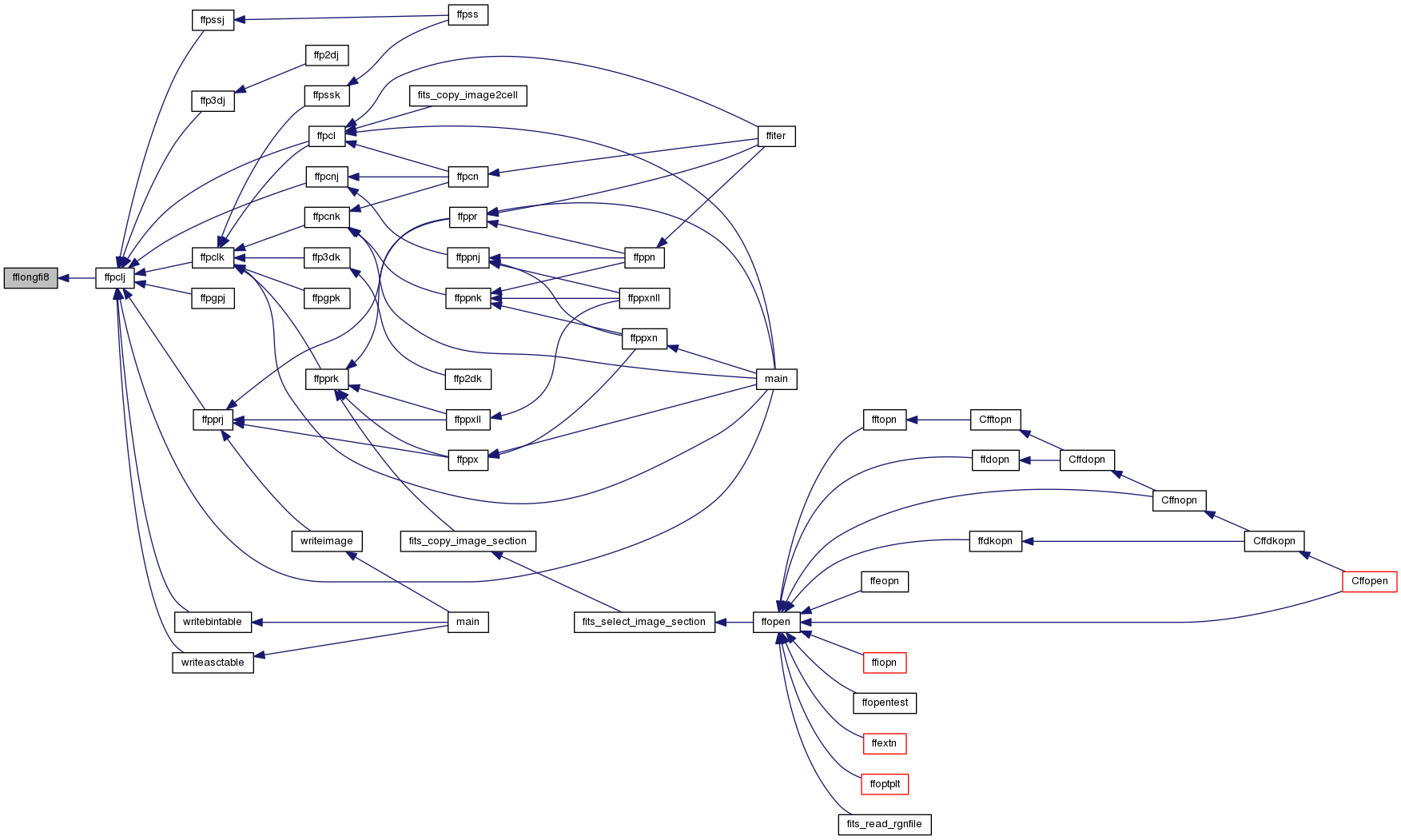
replace the previously read card (i.e. starting 80 bytes before the (fptr->Fptr)->nextkey position) with the contents of the input card.
| [in] | fptr | FITS file pointer |
| [in] | card | string value |
| [in,out] | status | error status |
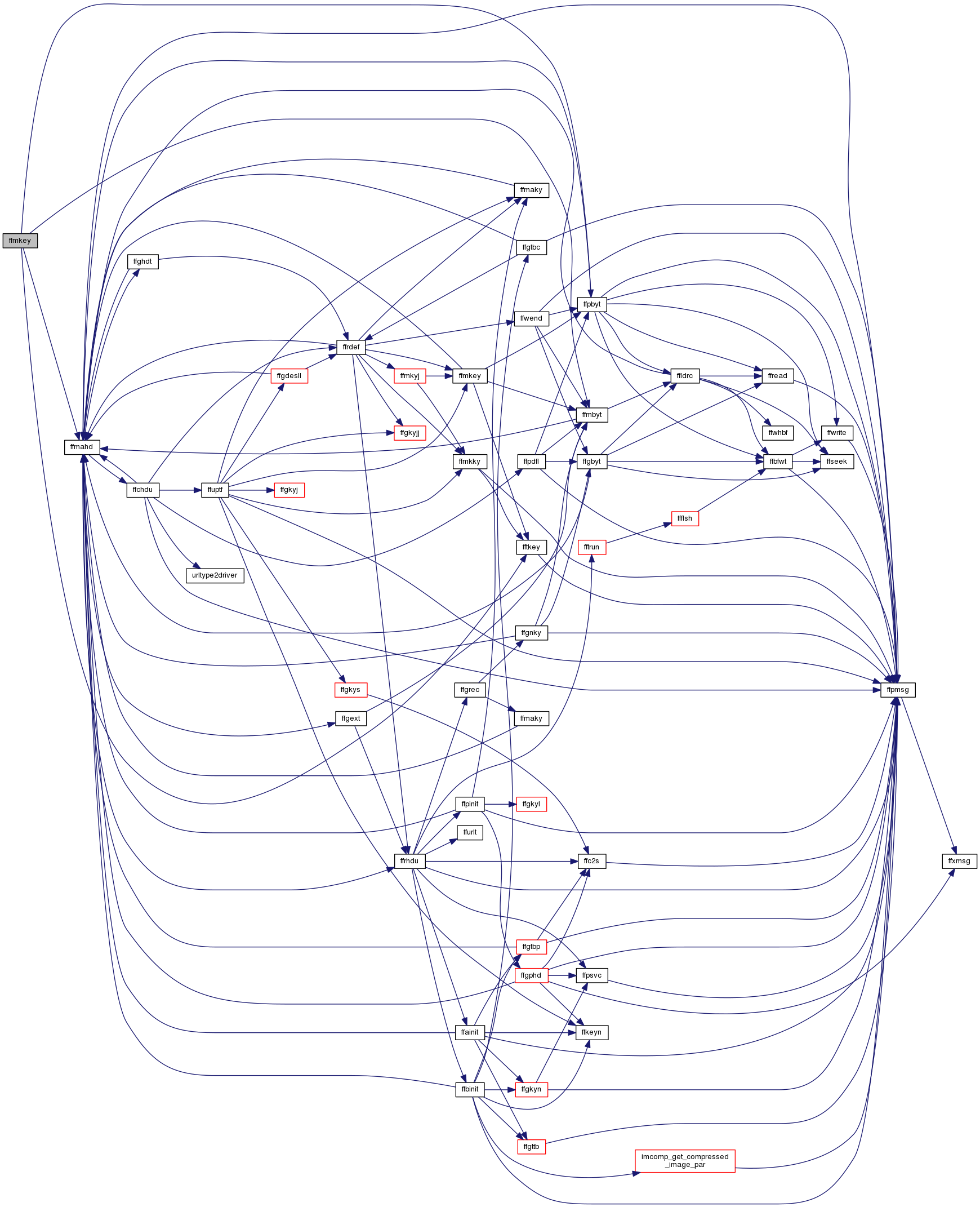
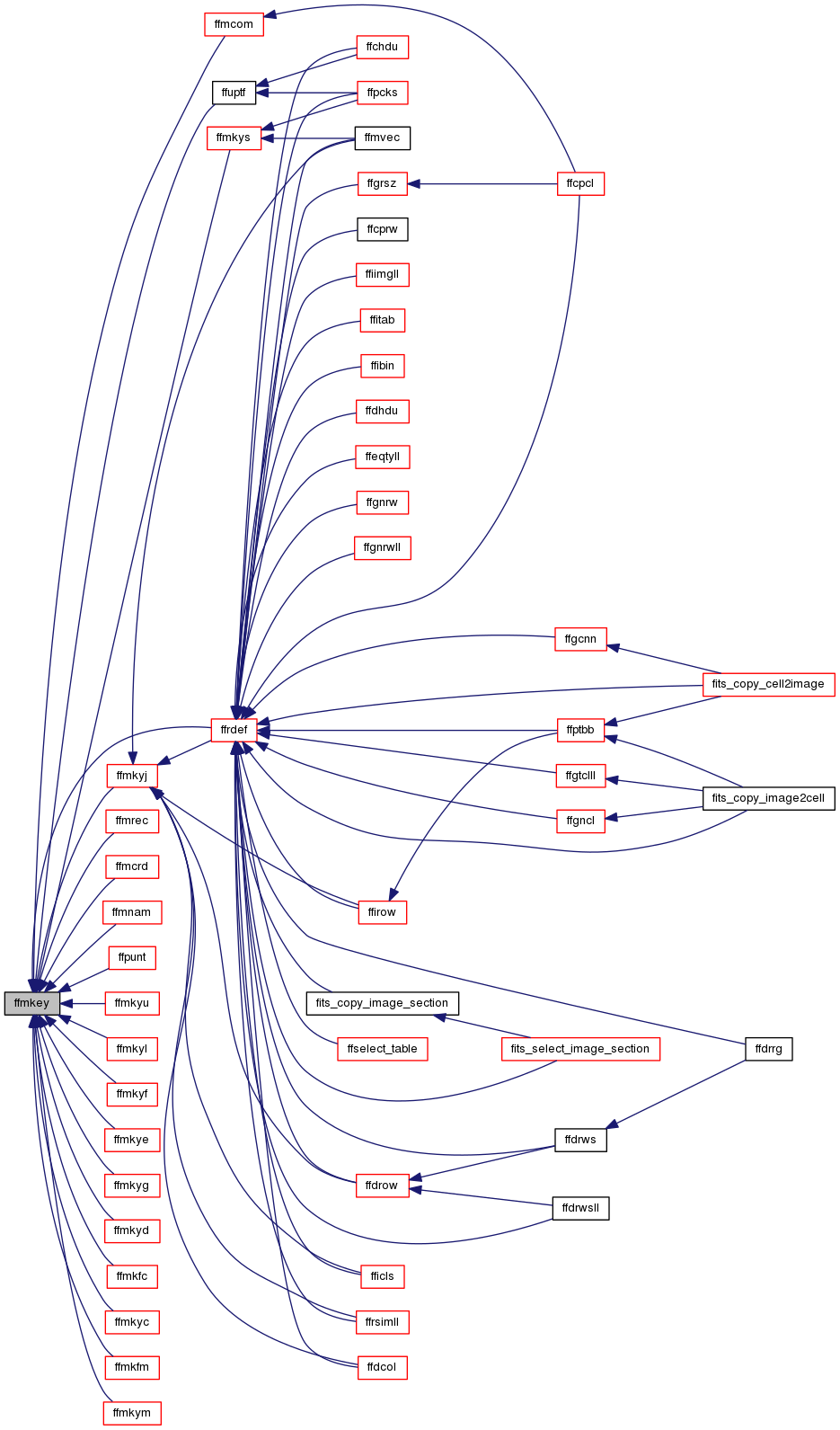
open template file and use it to create new file
| [out] | fptr | FITS file pointer |
| [in] | tempname | name of template file |
| [in,out] | status | error status |
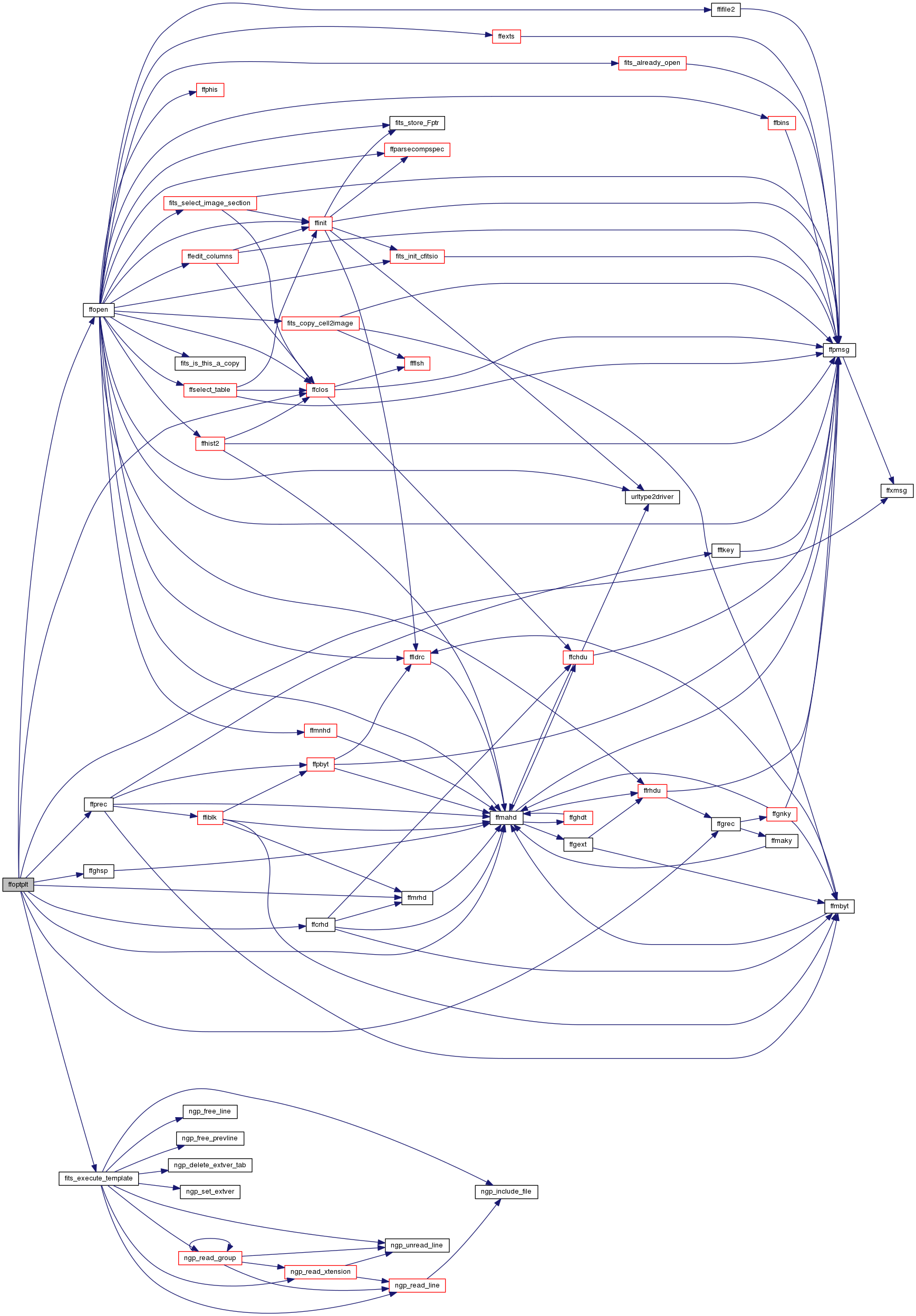
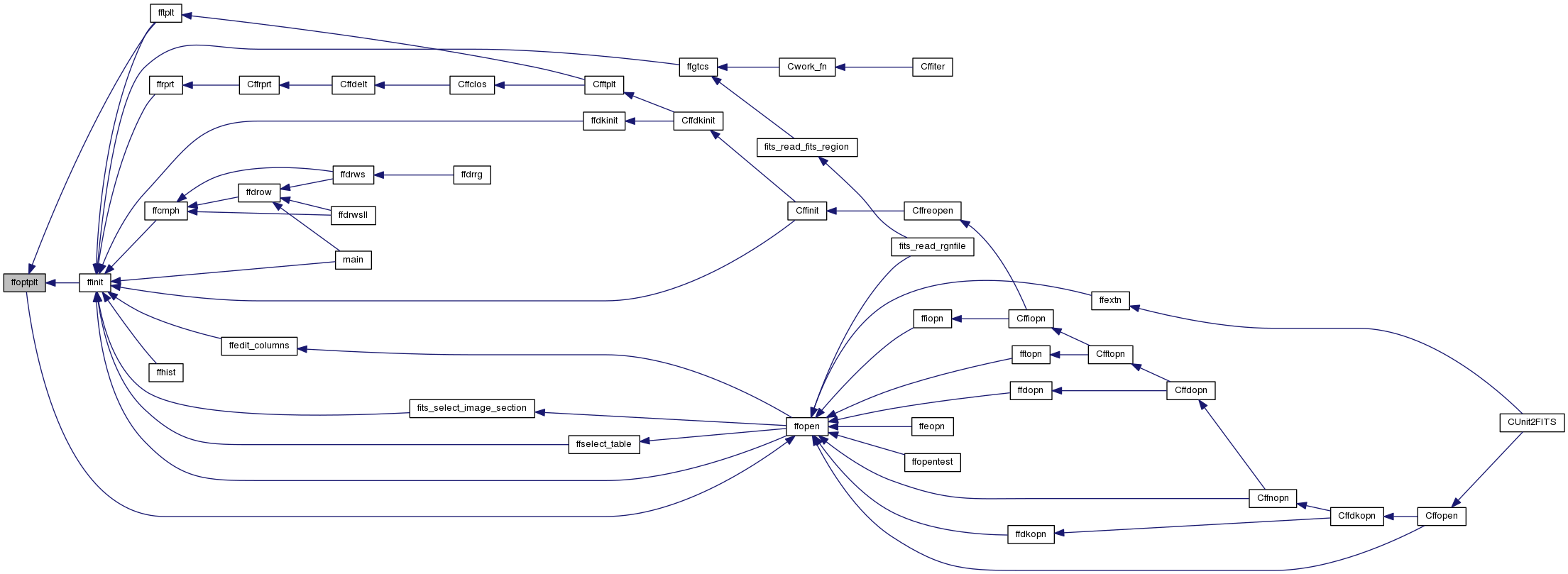
| int ffourl | ( | char * | url, |
| char * | urltype, | ||
| char * | outfile, | ||
| char * | tpltfile, | ||
| char * | compspec, | ||
| int * | status | ||
| ) |
parse the output URL into its basic components.
| [in] | url | full input URL |
| [out] | urltype | url type |
| [out] | outfile | base file name |
| [out] | tpltfile | template file name, if any |
| [out] | compspec | compression specification, if any |
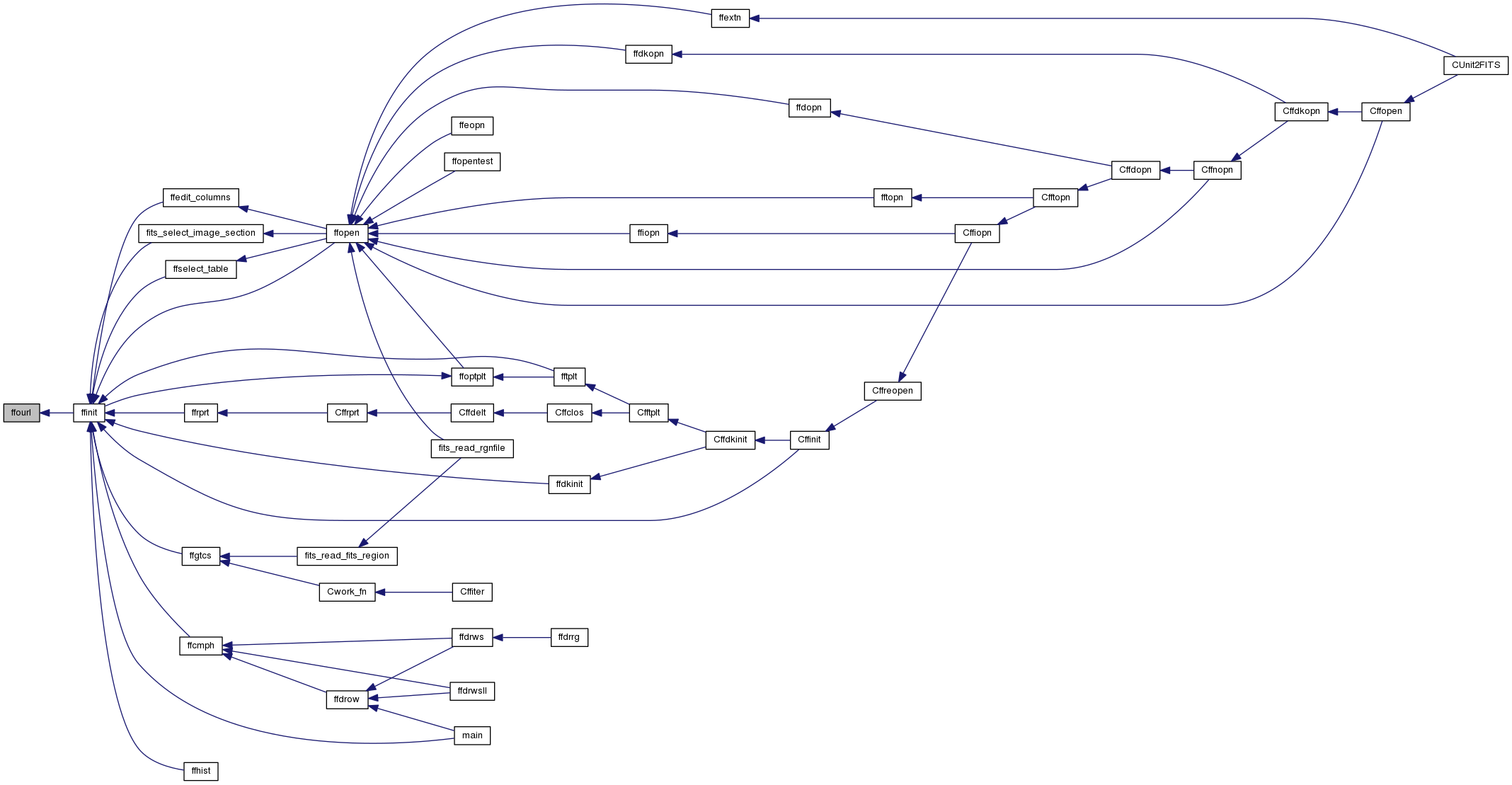
| int ffparsecompspec | ( | fitsfile * | fptr, |
| char * | compspec, | ||
| int * | status | ||
| ) |
Parse the image compression specification that was give in square brackets following the output FITS file name, as in these examples:
myfile.fits[compress] - default Rice compression, row by row myfile.fits[compress TYPE] - the first letter of TYPE defines the compression algorithm: R = Rice G = GZIP H = HCOMPRESS HS = HCOMPRESS (with smoothing) B - BZIP2 P = PLIO
myfile.fits[compress TYPE 100,100] - the numbers give the dimensions of the compression tiles. Default is NAXIS1, 1, 1, ...
other optional parameters may be specified following a semi-colon
myfile.fits[compress; q 8.0] q specifies the floating point mufile.fits[compress TYPE; q -.0002] quantization level; myfile.fits[compress TYPE 100,100; q 10, s 25] s specifies the HCOMPRESS integer scaling parameter
The compression parameters are saved in the fptr->Fptr structure for use when writing FITS images.
| [in] | fptr | FITS file pointer |
| [in] | compspec | image compression specification |
| [in,out] | status | error status |
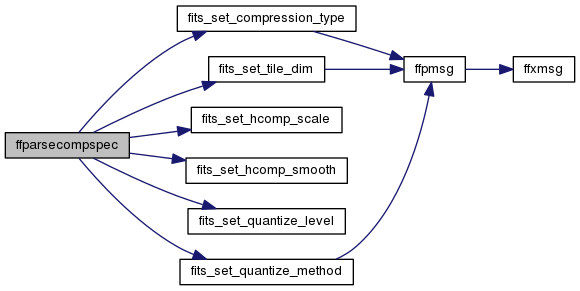
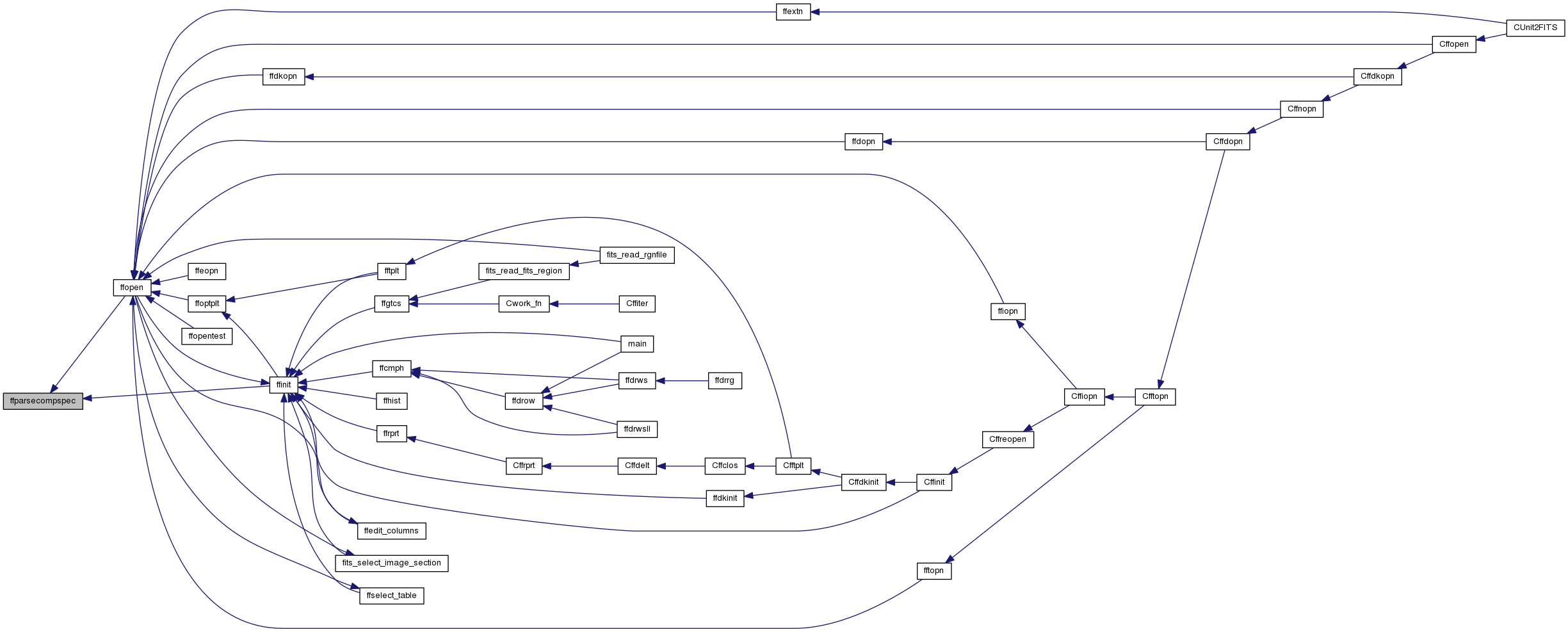
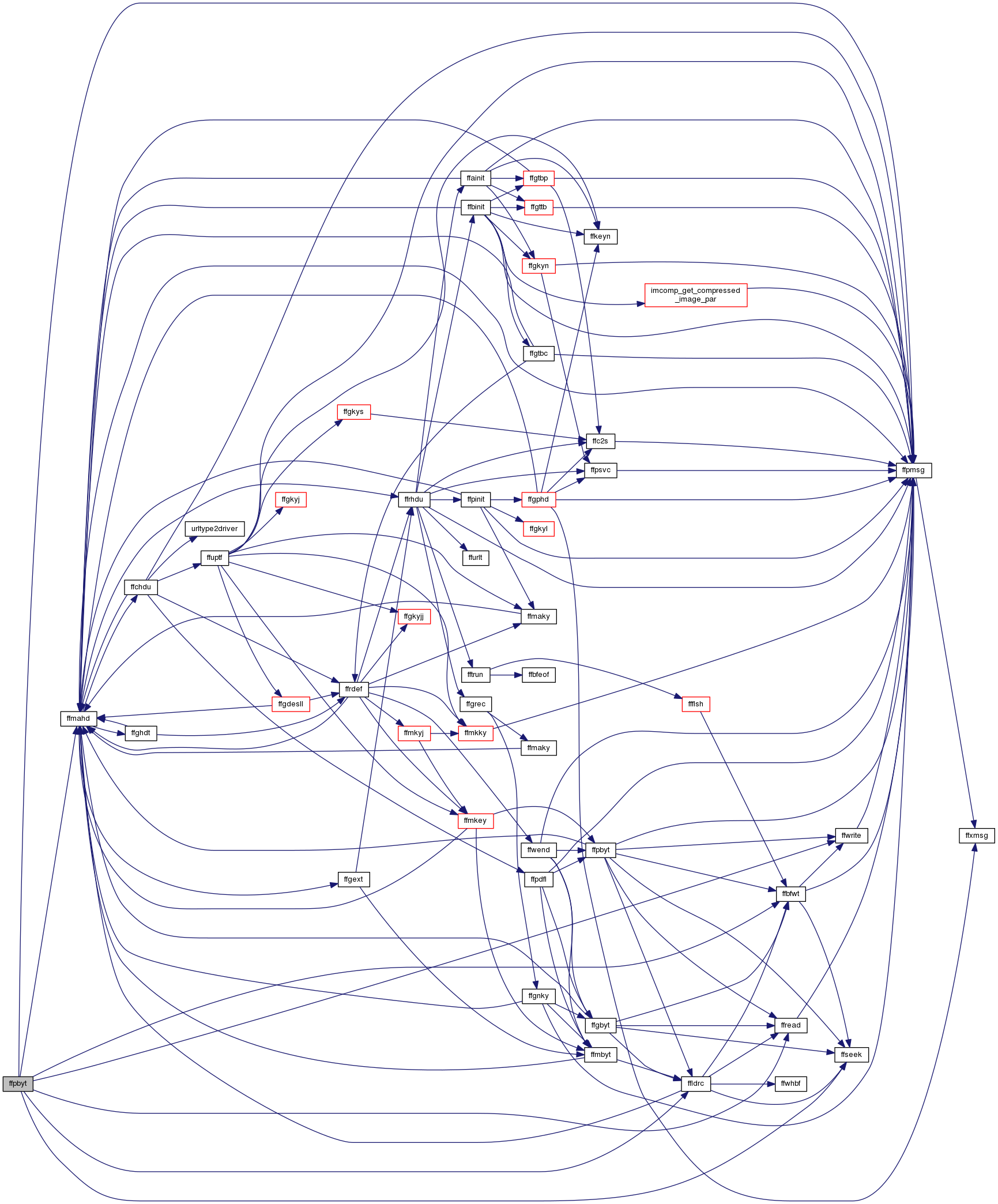
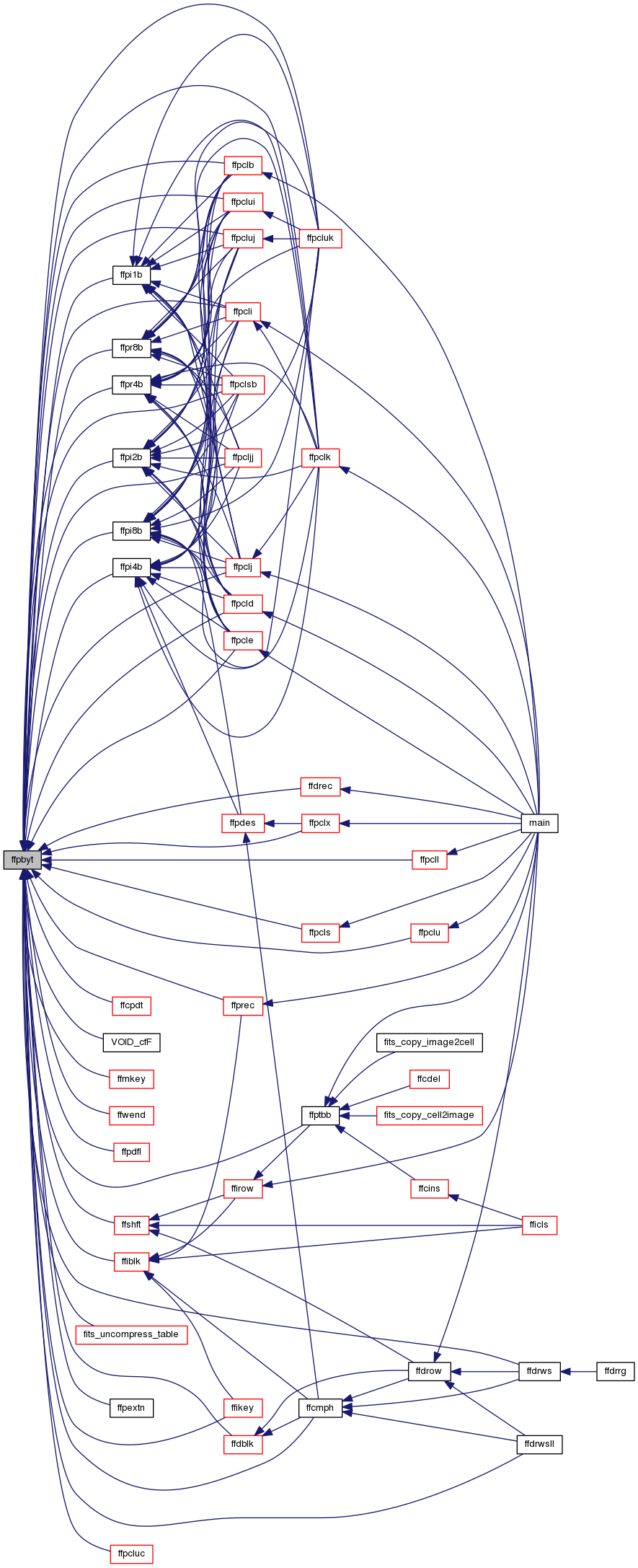
| int ffpbytoff | ( | fitsfile * | fptr, |
| long | gsize, | ||
| long | ngroups, | ||
| long | offset, | ||
| void * | buffer, | ||
| int * | status | ||
| ) |
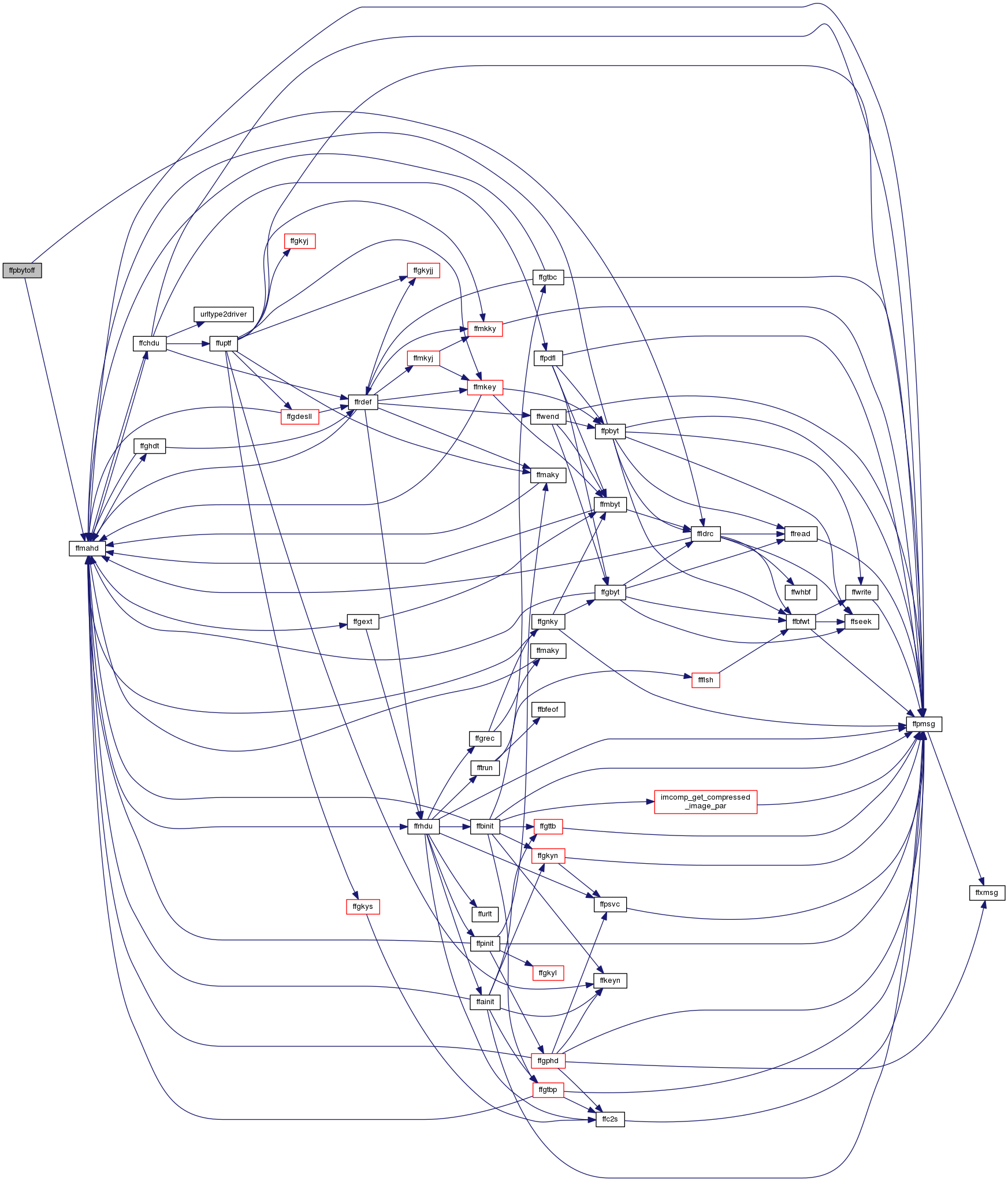

| int ffpcluc | ( | fitsfile * | fptr, |
| int | colnum, | ||
| LONGLONG | firstrow, | ||
| LONGLONG | firstelem, | ||
| LONGLONG | nelem, | ||
| int * | status | ||
| ) |
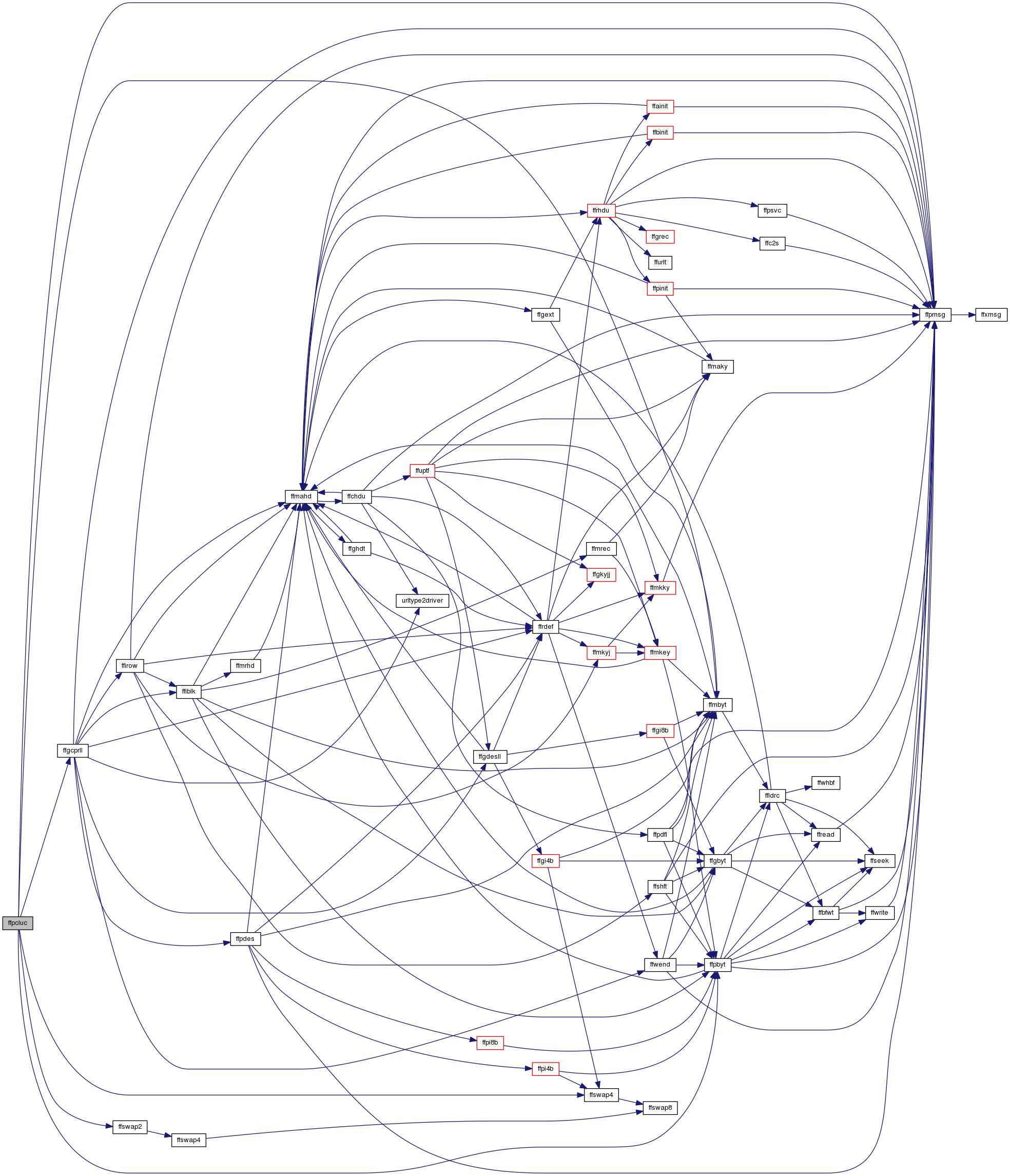
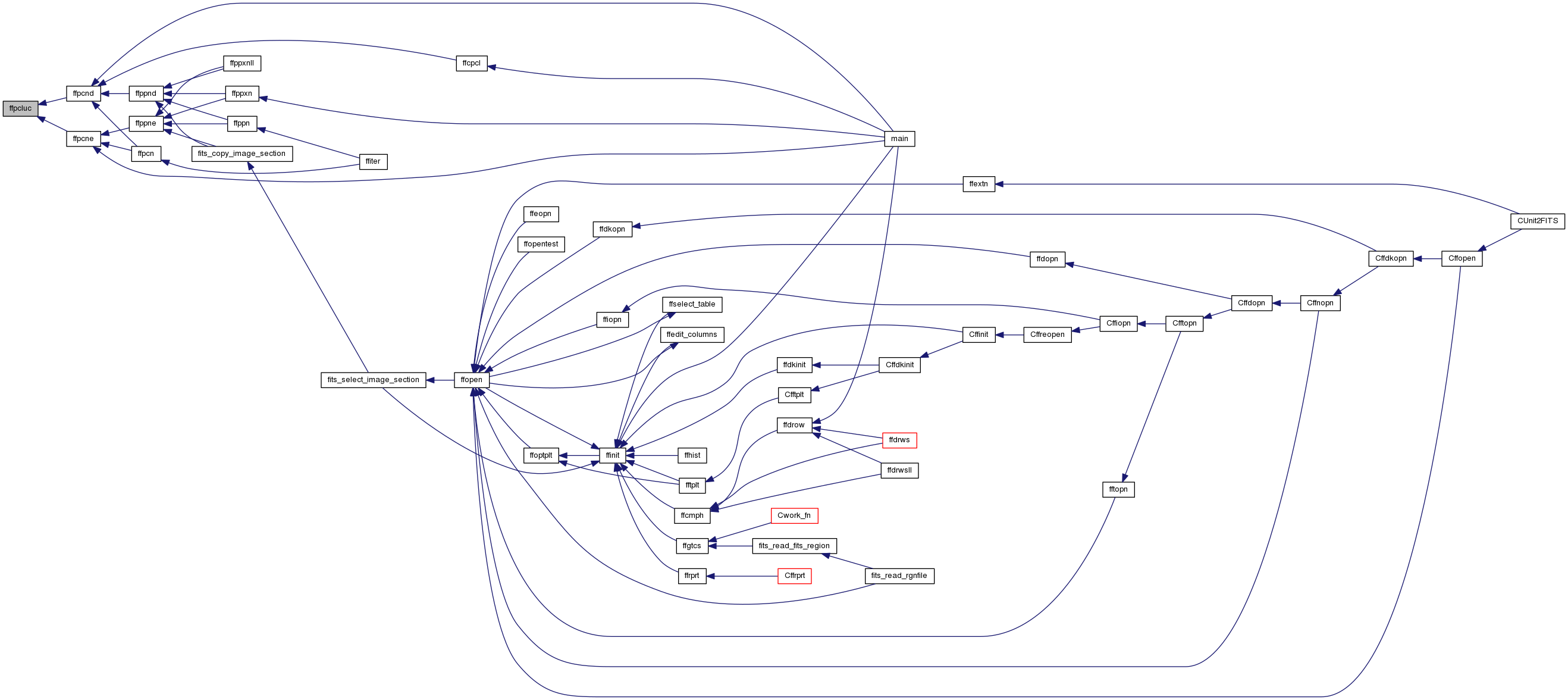
| int ffpdfl | ( | fitsfile * | fptr, |
| int * | status | ||
| ) |
Write the Data Unit Fill values if they are not already correct. The fill values are used to fill out the last 2880 byte block of the HDU. Fill the data unit with zeros or blanks depending on the type of HDU from the end of the data to the end of the current FITS 2880 byte block
| [in] | fptr | FITS file pointer |
| [in,out] | status | error status |
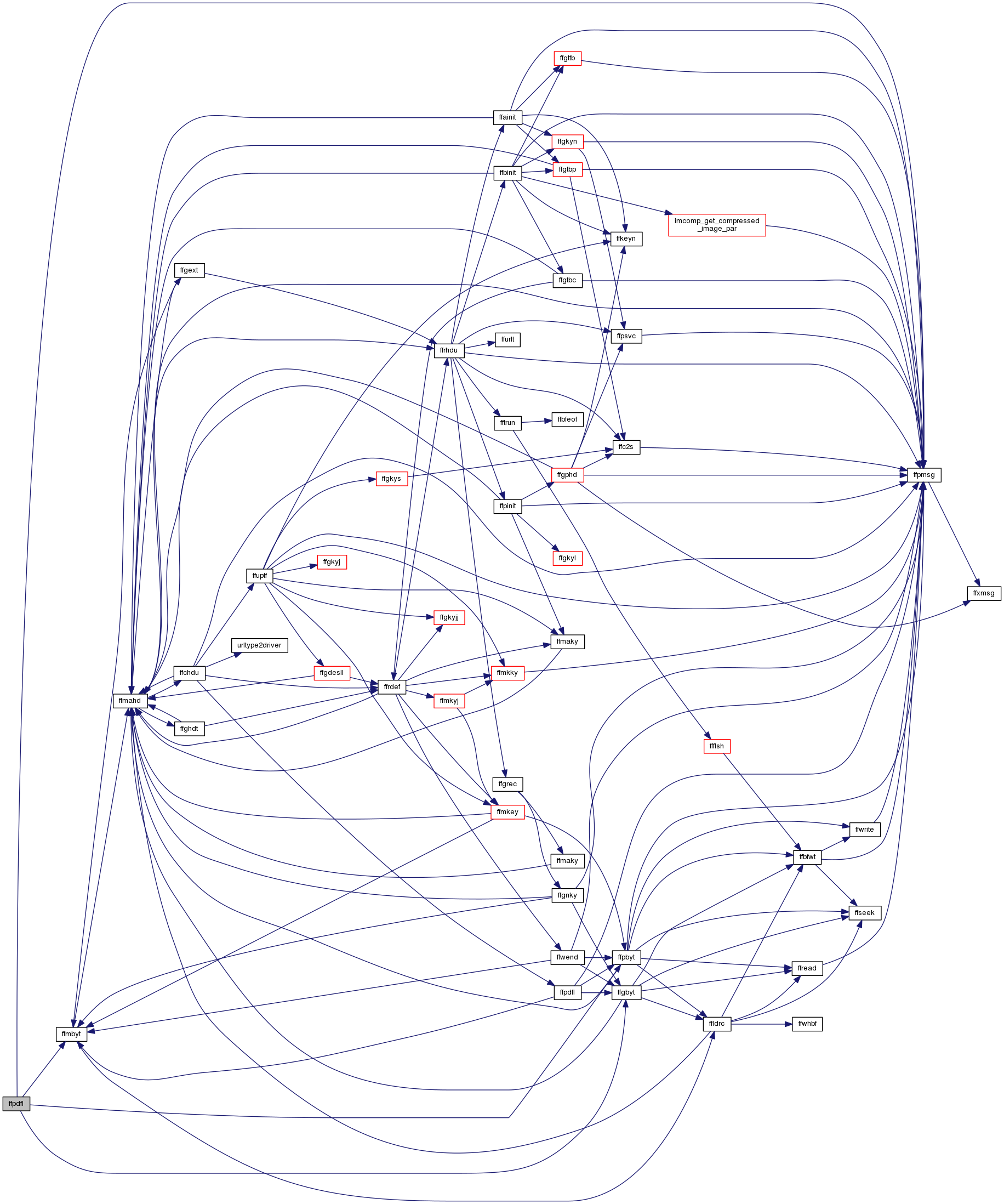
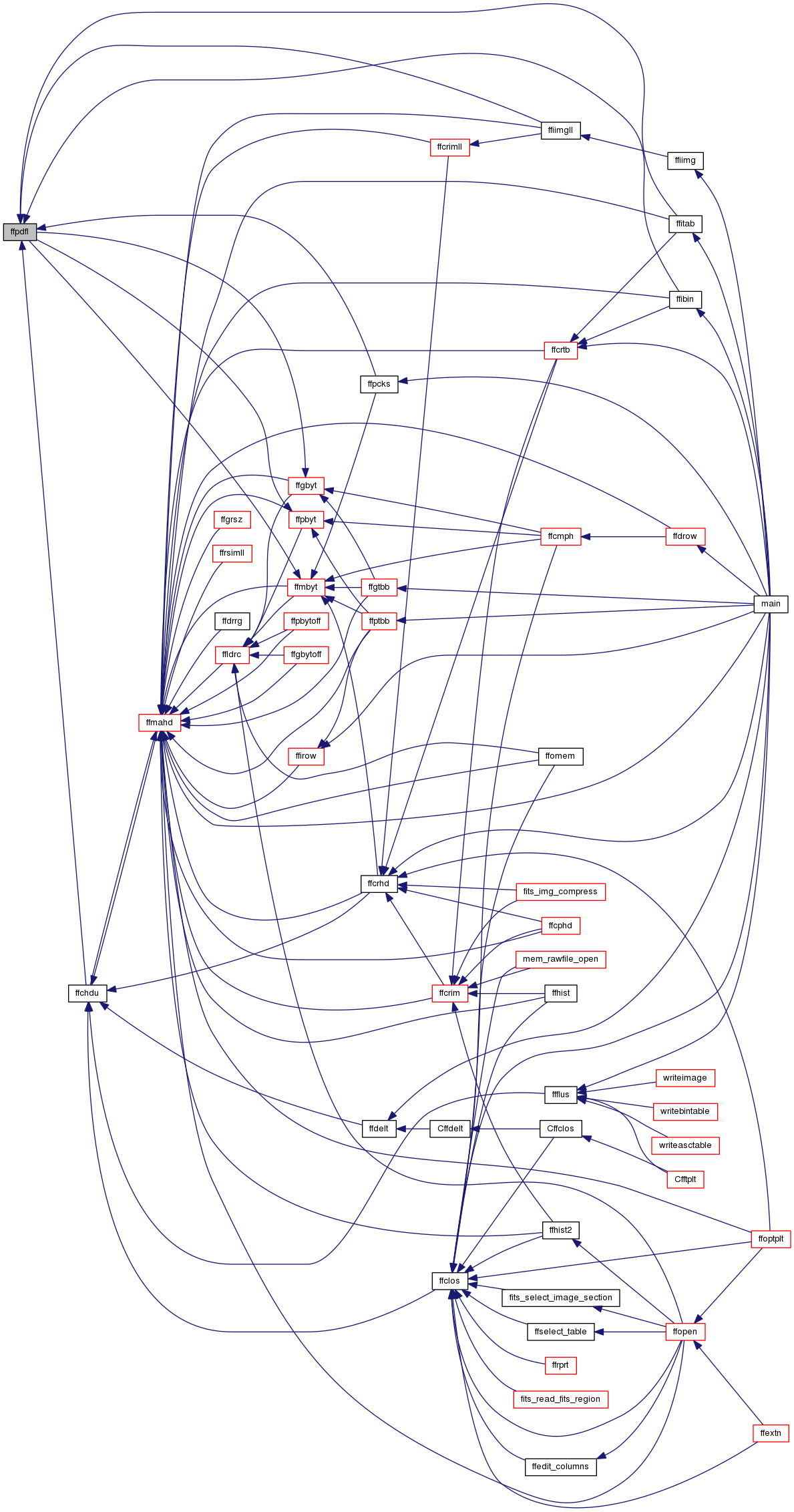
| int ffpi1b | ( | fitsfile * | fptr, |
| long | nelem, | ||
| long | incre, | ||
| unsigned char * | buffer, | ||
| int * | status | ||
| ) |
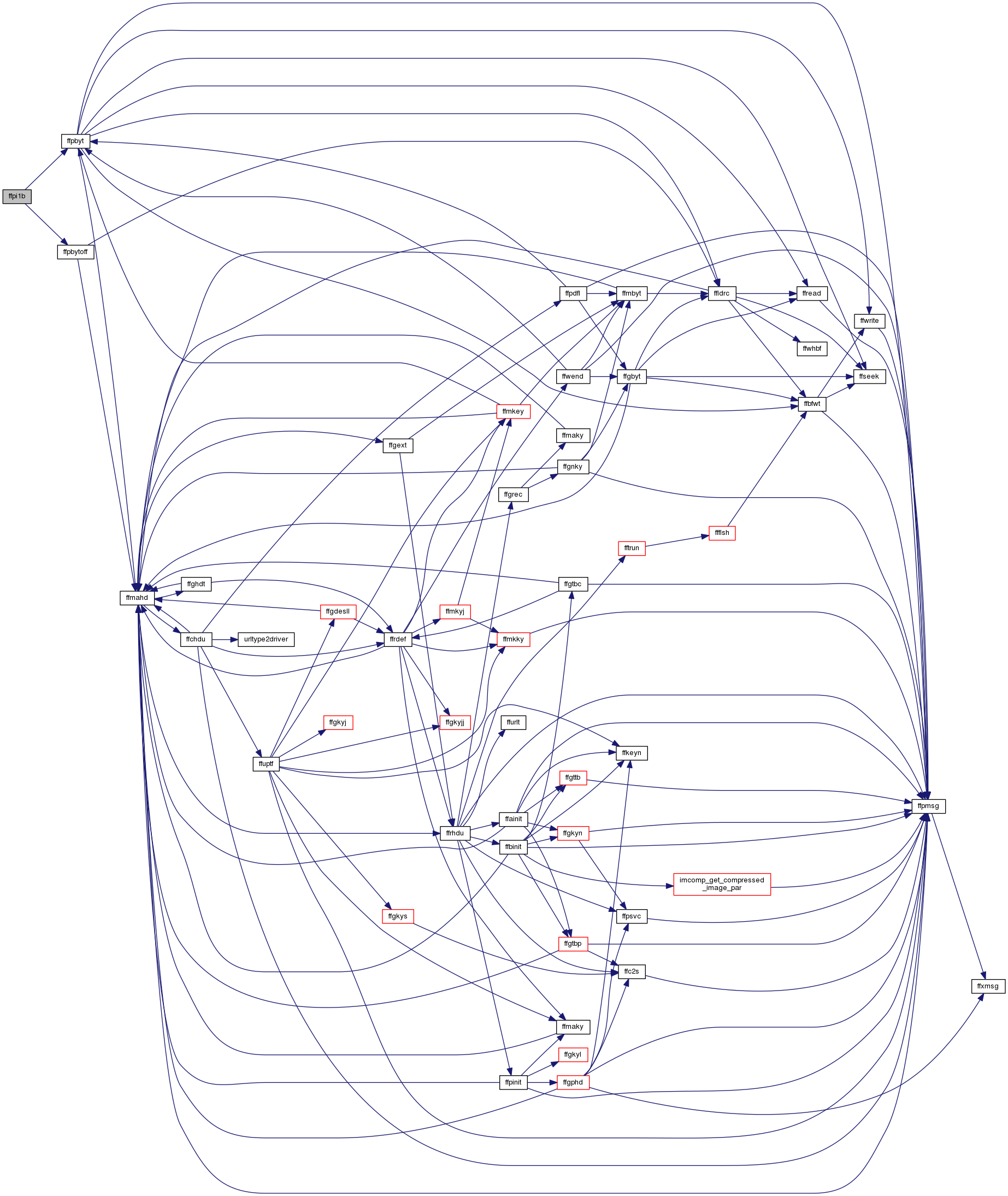

| int ffpi2b | ( | fitsfile * | fptr, |
| long | nelem, | ||
| long | incre, | ||
| short * | buffer, | ||
| int * | status | ||
| ) |
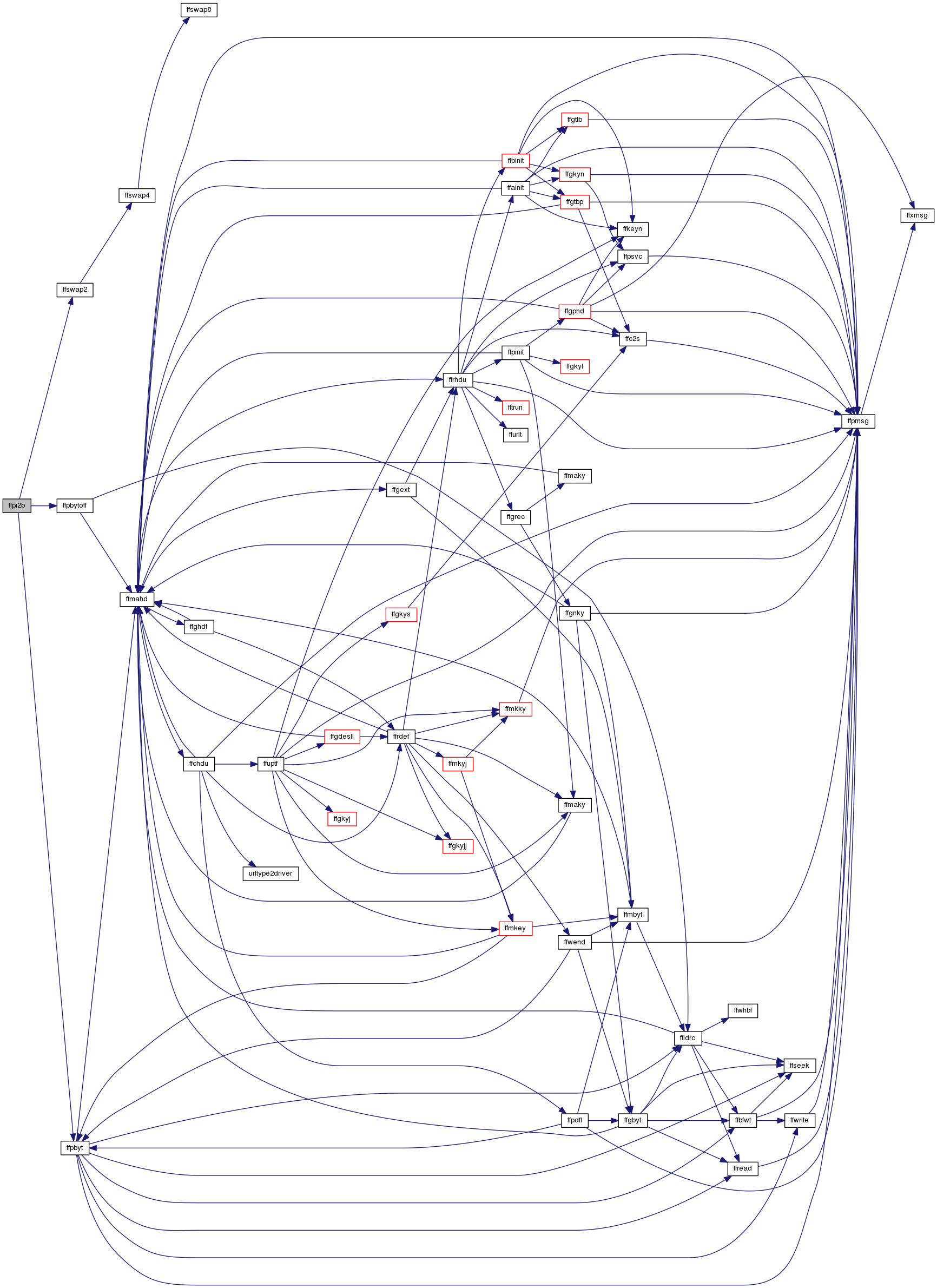

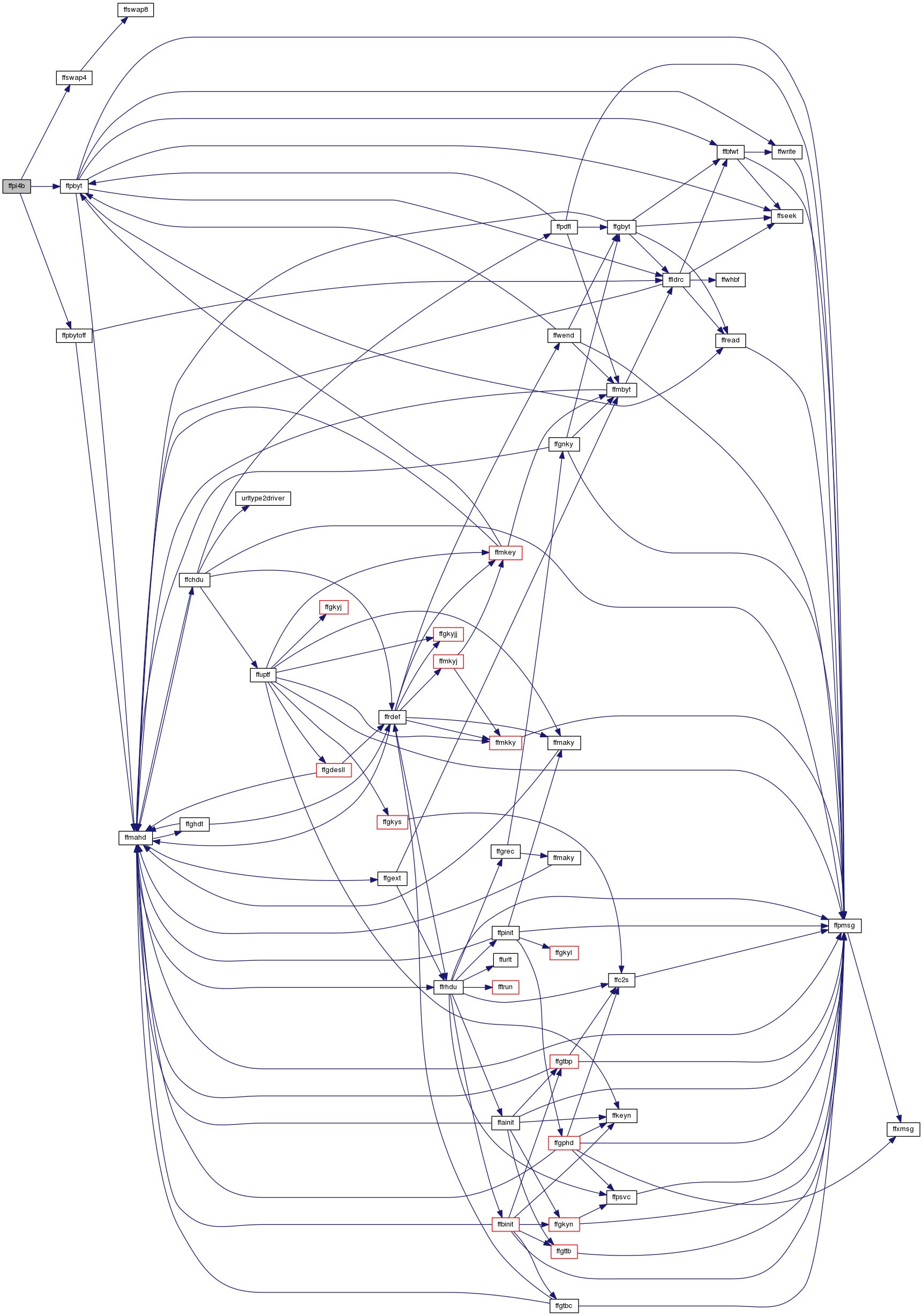

| int ffpi8b | ( | fitsfile * | fptr, |
| long | nelem, | ||
| long | incre, | ||
| long * | buffer, | ||
| int * | status | ||
| ) |
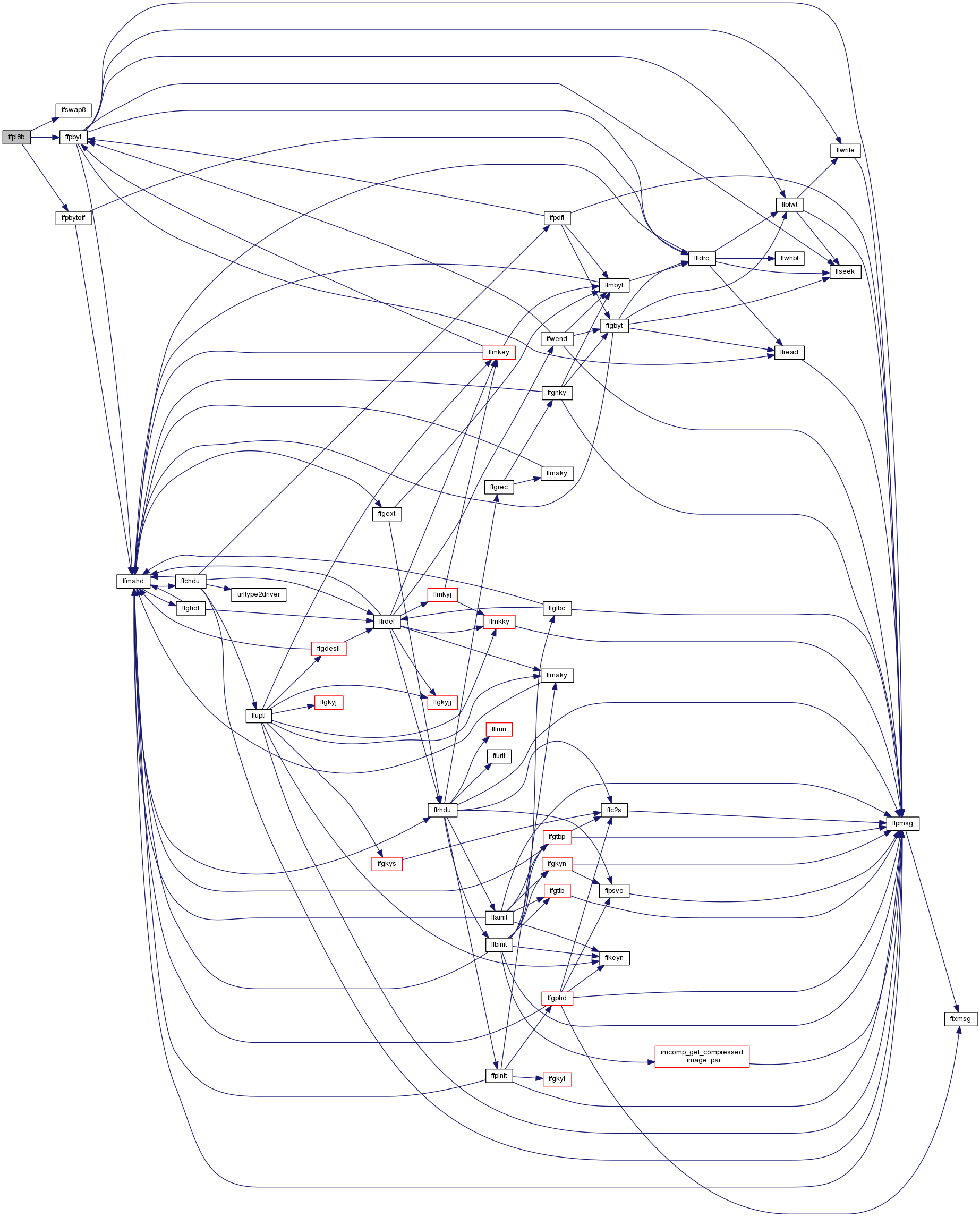

| int ffpinit | ( | fitsfile * | fptr, |
| int * | status | ||
| ) |
initialize the parameters defining the structure of the primary array or an Image extension
| [in] | fptr | FITS file pointer |
| [in,out] | status | error status |
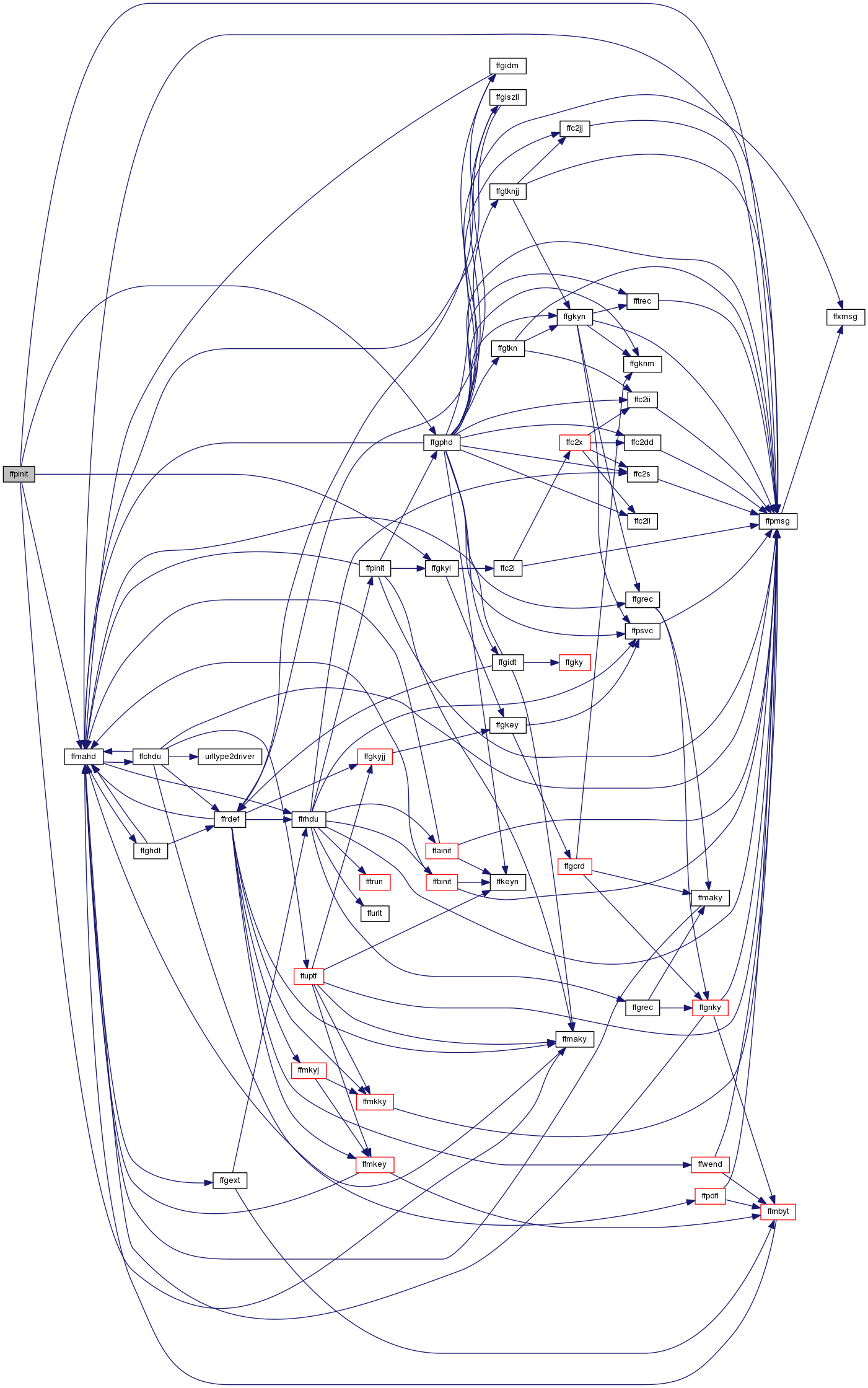
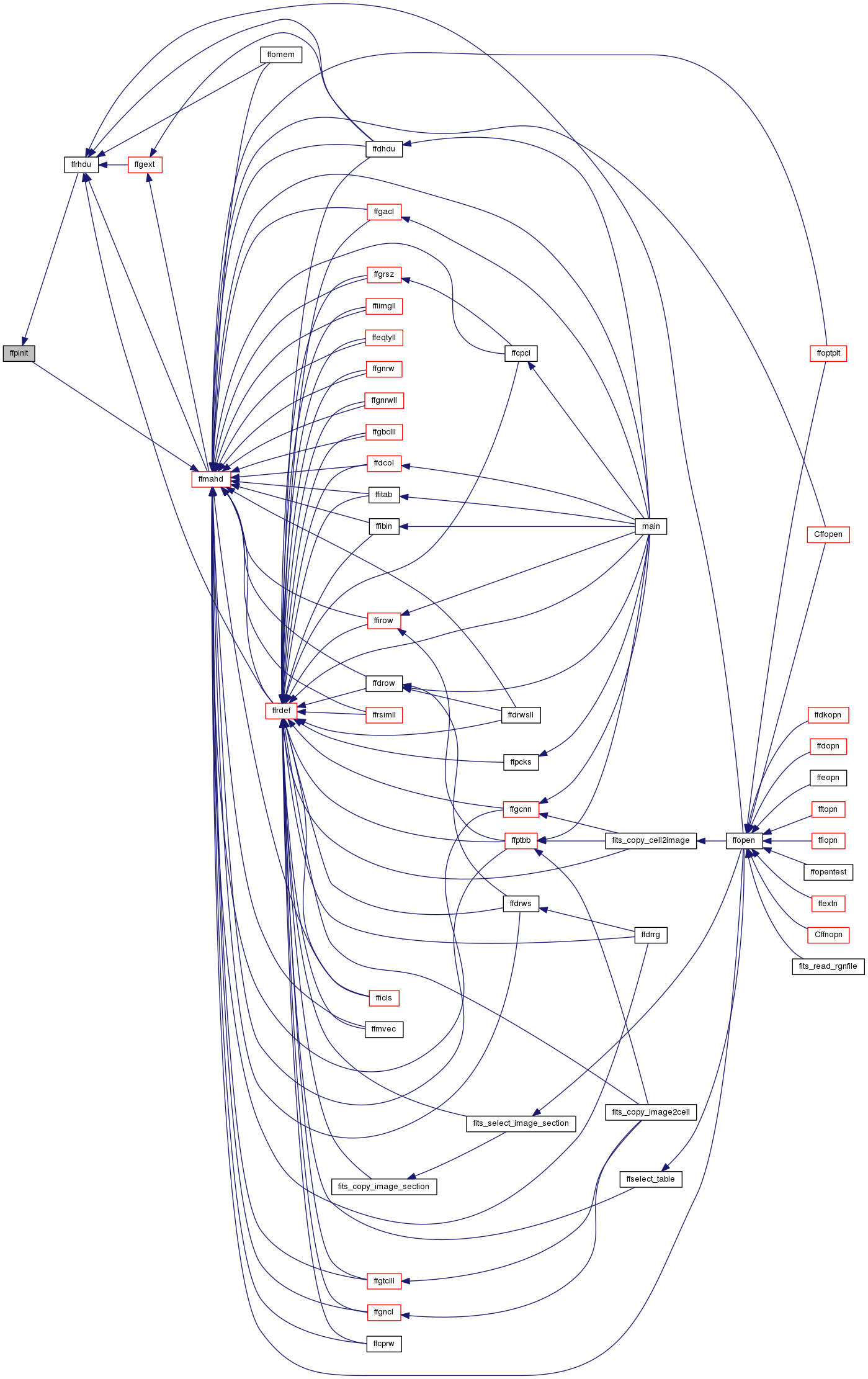
| int ffpr4b | ( | fitsfile * | fptr, |
| long | nelem, | ||
| long | incre, | ||
| float * | buffer, | ||
| int * | status | ||
| ) |
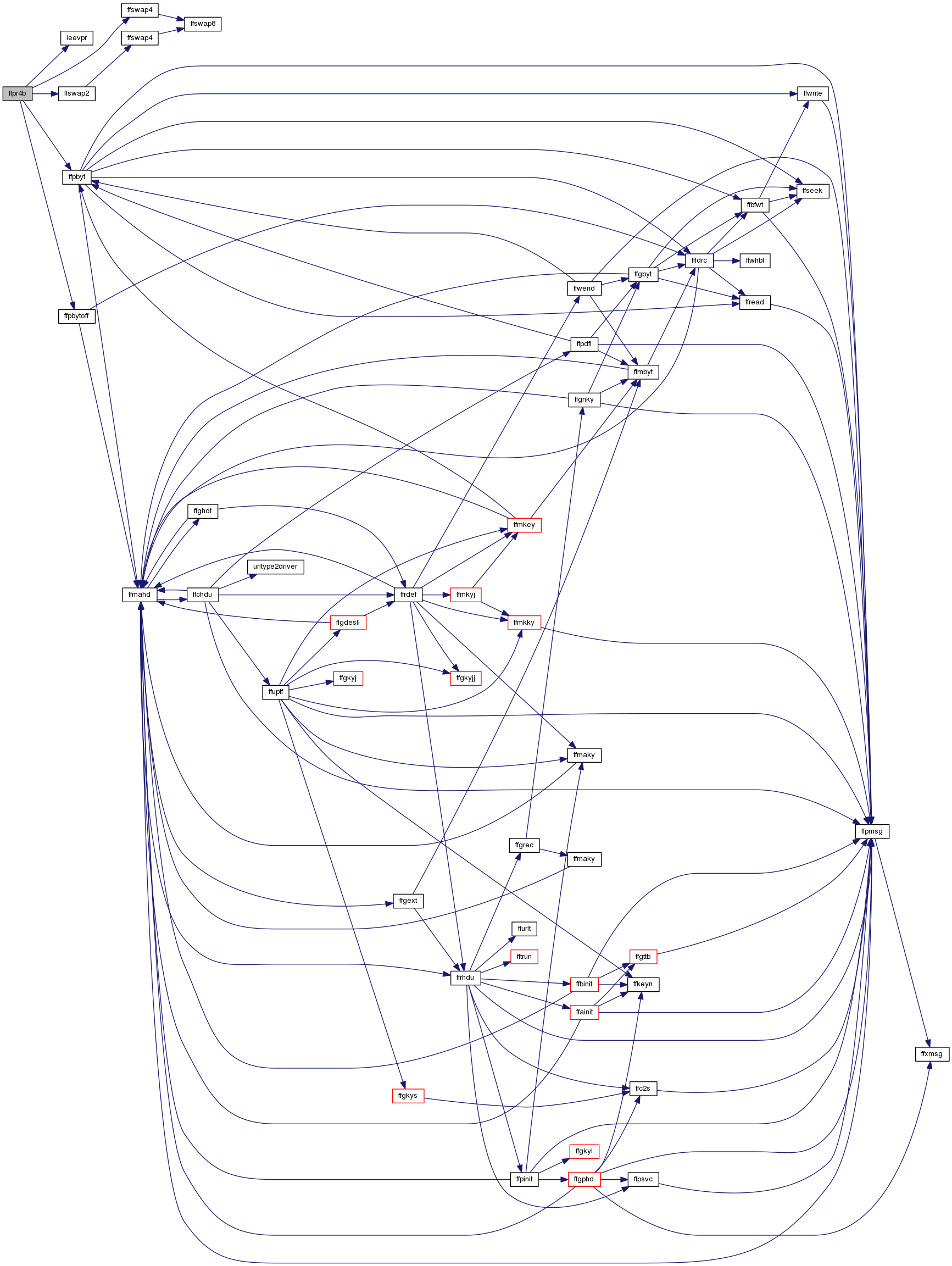

| int ffpr8b | ( | fitsfile * | fptr, |
| long | nelem, | ||
| long | incre, | ||
| double * | buffer, | ||
| int * | status | ||
| ) |
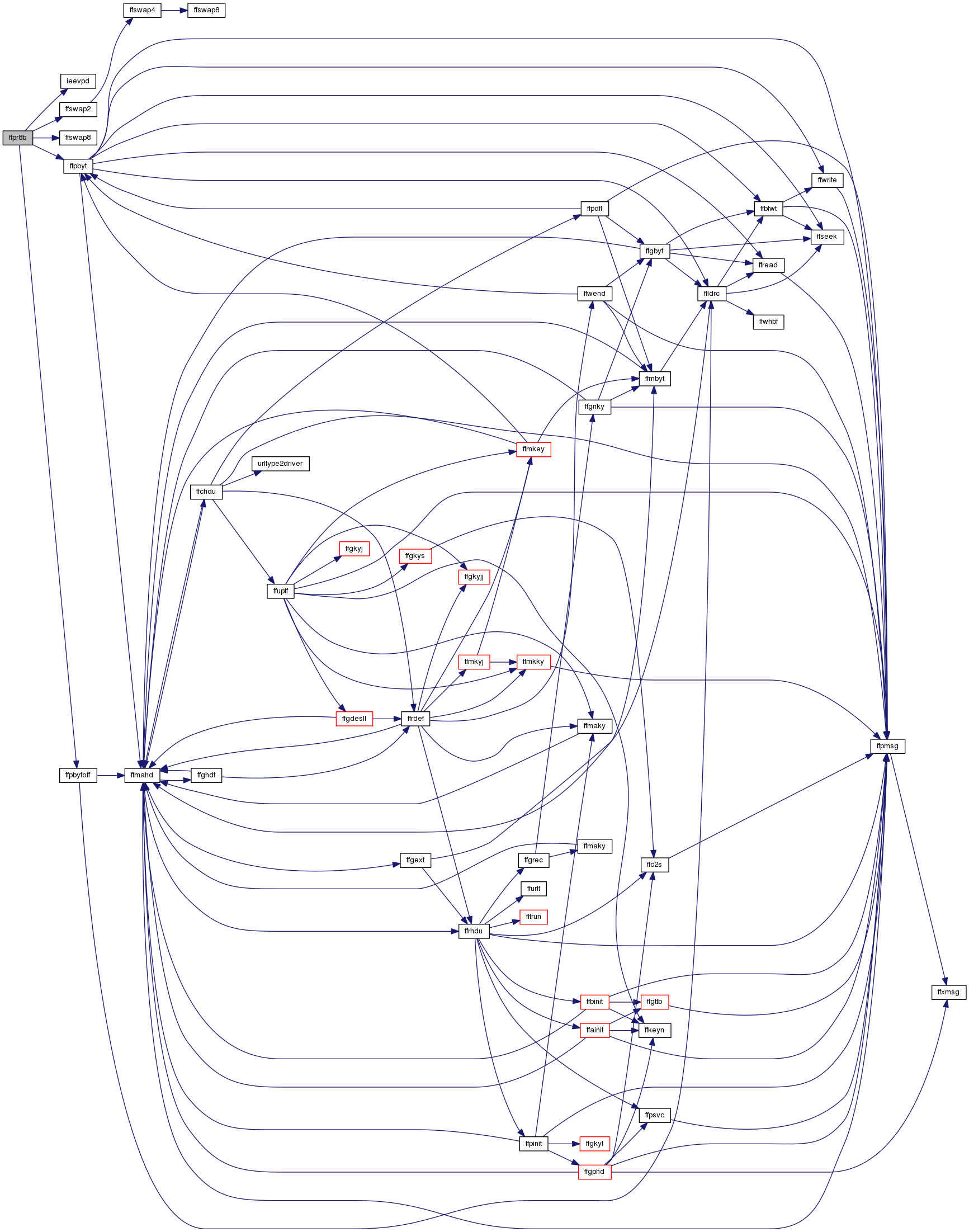

| int ffpxsz | ( | int | datatype | ) |
return the number of bytes per pixel associated with the datatype

| int ffr2e | ( | float | fval, |
| int | decim, | ||
| char * | cval, | ||
| int * | status | ||
| ) |
convert float value to a null-terminated exponential format string
| [in] | fval | value to be converted to a string |
| [in] | decim | number of decimal places to display |
| [in,out] | cval | character string representation of the value |
| [in,out] | status | error status |

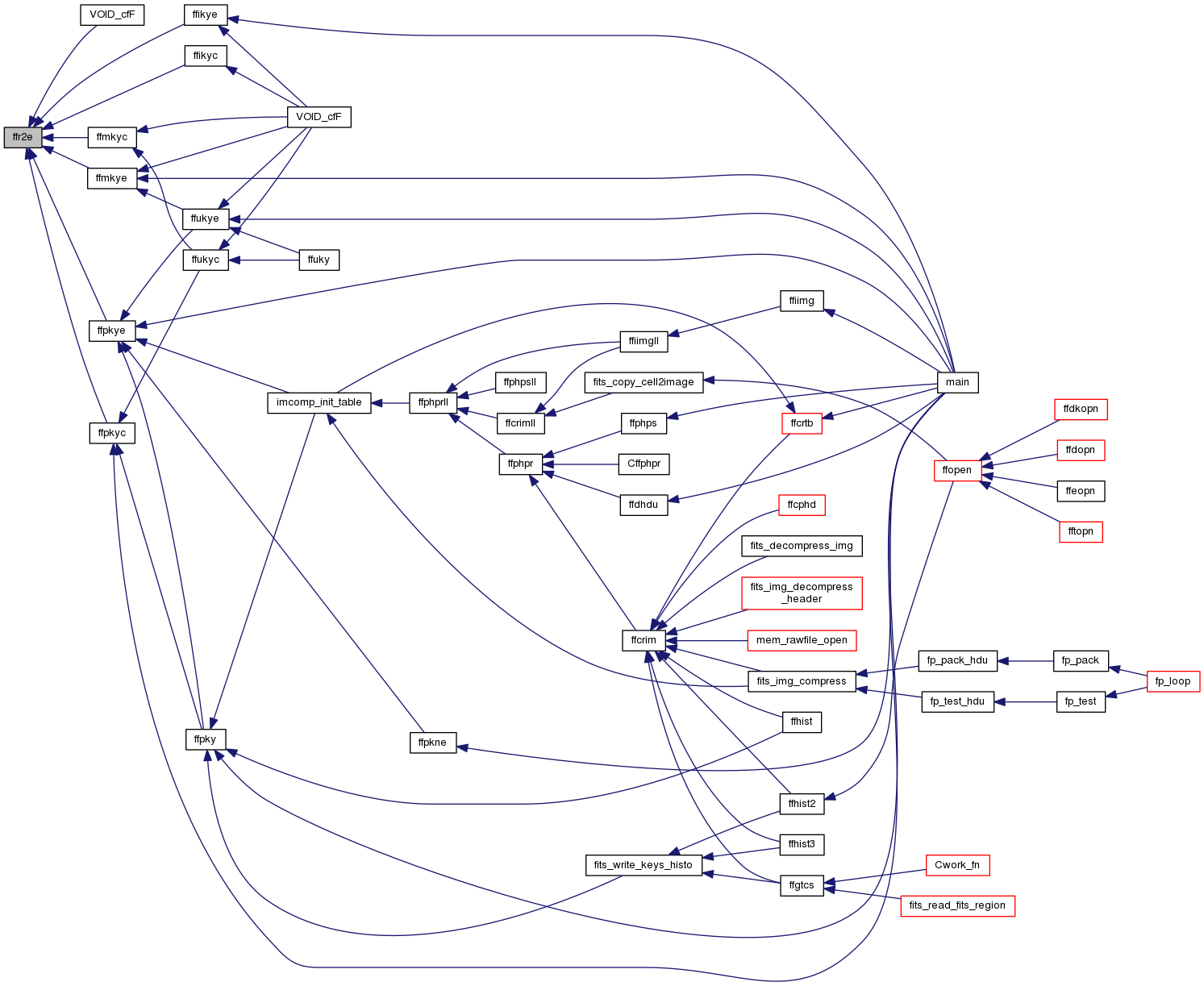
| int ffr2f | ( | float | fval, |
| int | decim, | ||
| char * | cval, | ||
| int * | status | ||
| ) |
convert float value to a null-terminated F format string
| [in] | fval | value to be converted to a string |
| [in] | decim | number of decimal places to display |
| [in,out] | cval | character string representation of the value |
| [in,out] | status | error status |

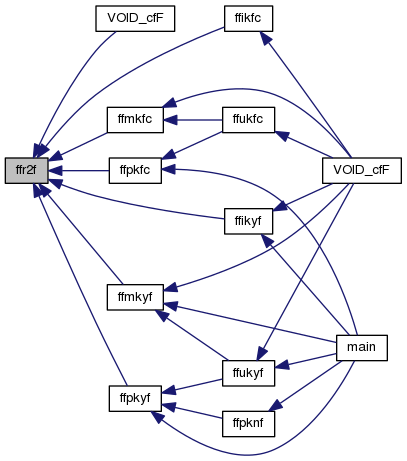
| int ffr4fi1 | ( | float * | array, |
| long | ntodo, | ||
| double | scale, | ||
| double | zero, | ||
| unsigned char * | buffer, | ||
| int * | status | ||
| ) |
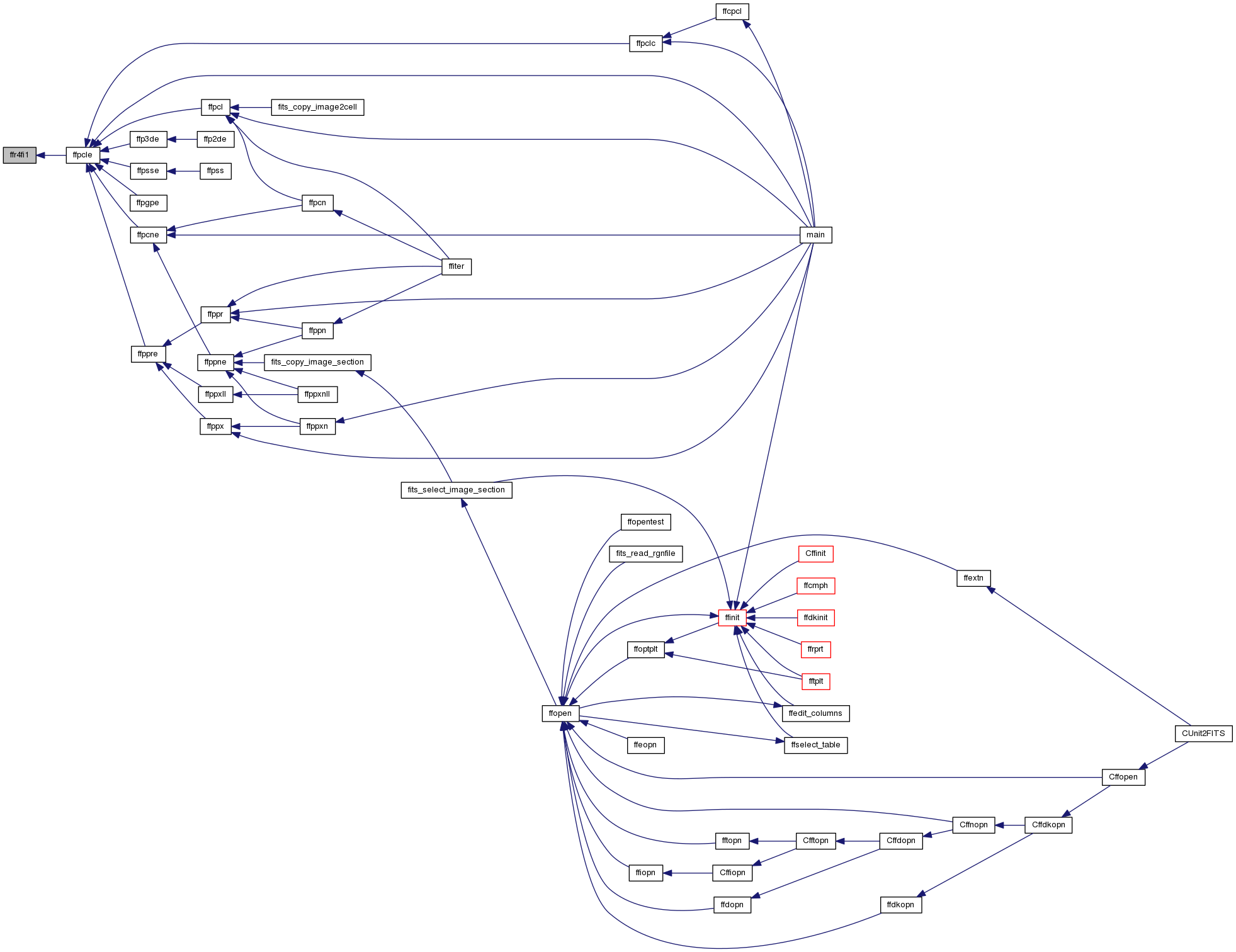
| int ffr4fi2 | ( | float * | array, |
| long | ntodo, | ||
| double | scale, | ||
| double | zero, | ||
| short * | buffer, | ||
| int * | status | ||
| ) |
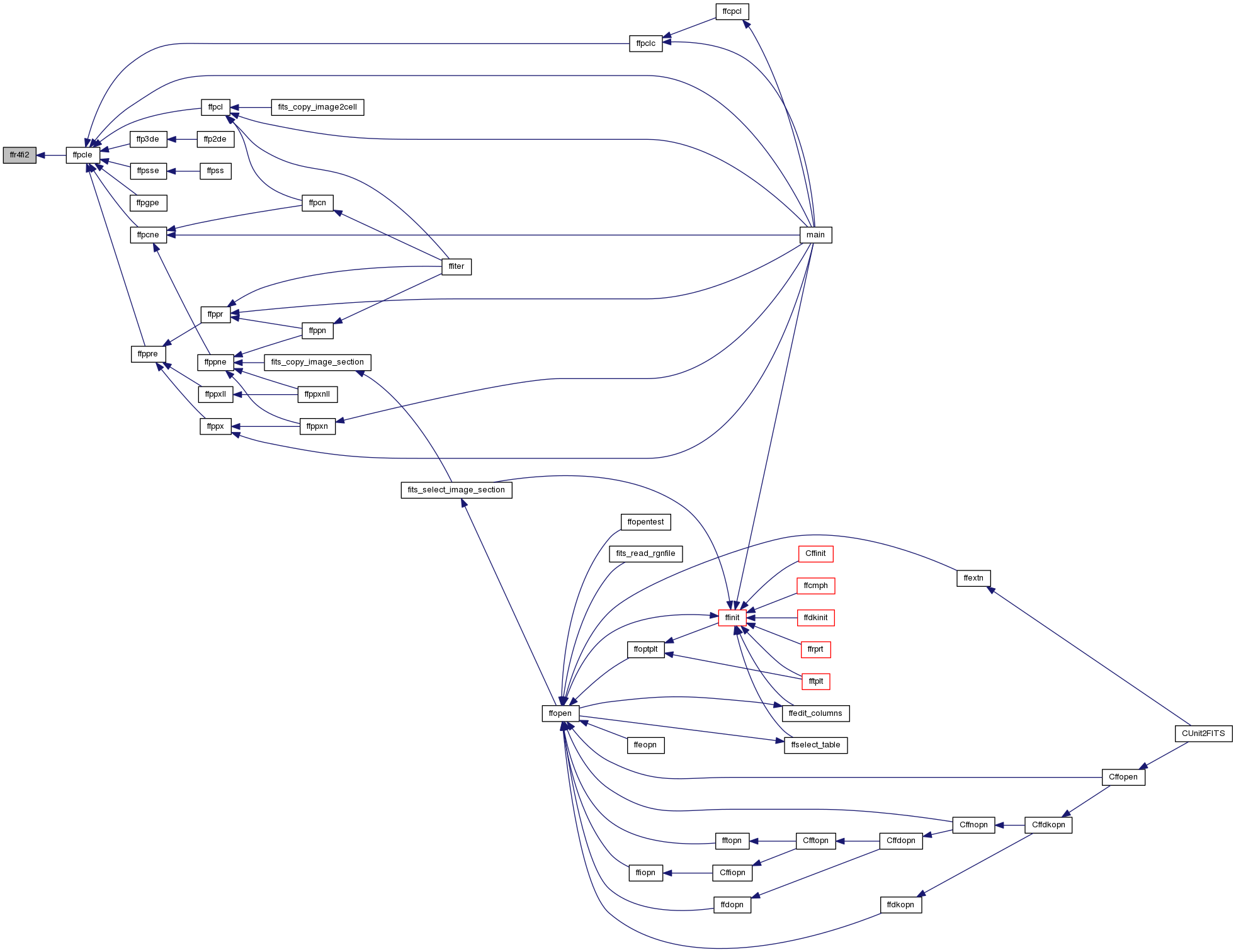
| int ffr4fi4 | ( | float * | array, |
| long | ntodo, | ||
| double | scale, | ||
| double | zero, | ||
| INT32BIT * | buffer, | ||
| int * | status | ||
| ) |
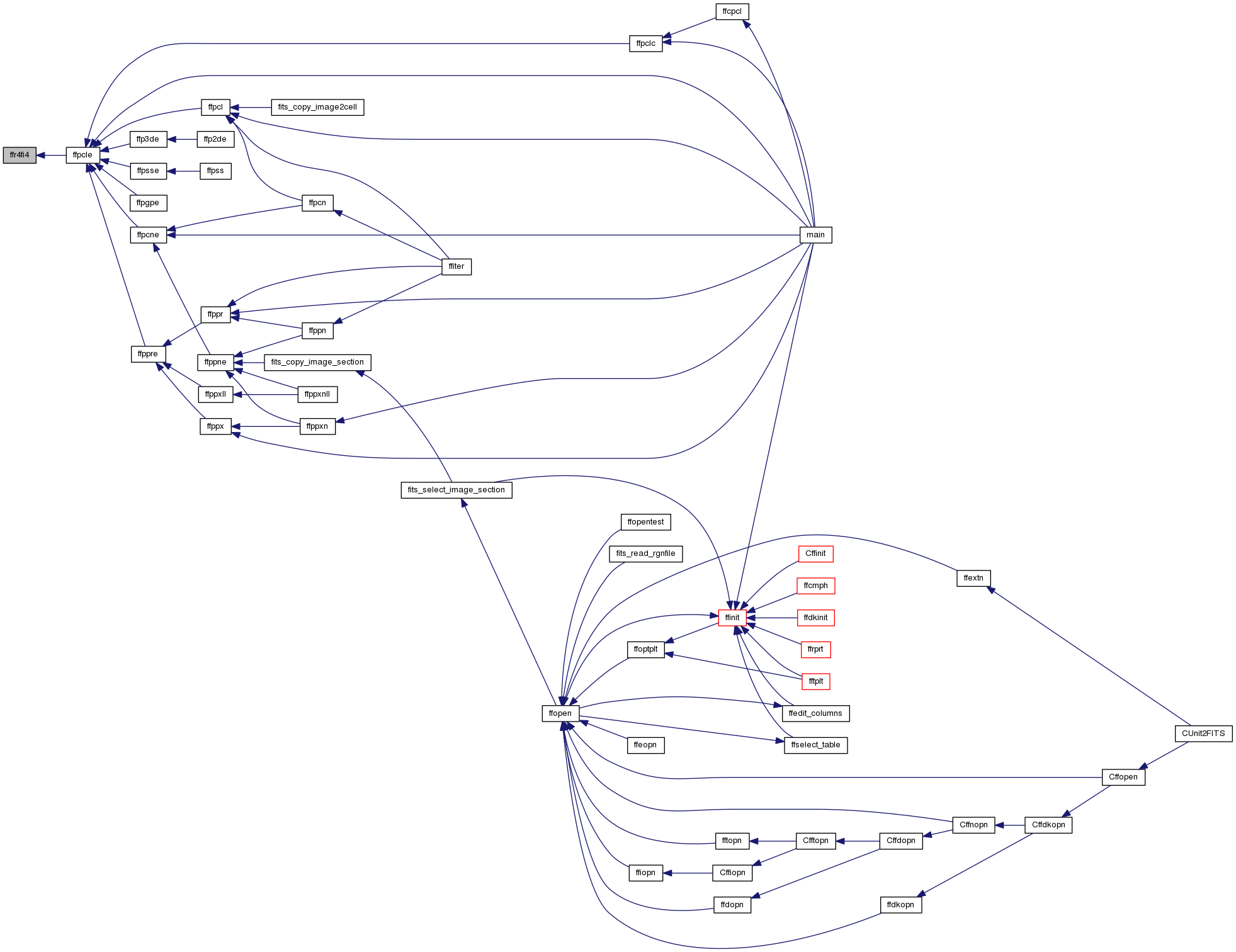
| int ffr4fi8 | ( | float * | array, |
| long | ntodo, | ||
| double | scale, | ||
| double | zero, | ||
| LONGLONG * | buffer, | ||
| int * | status | ||
| ) |
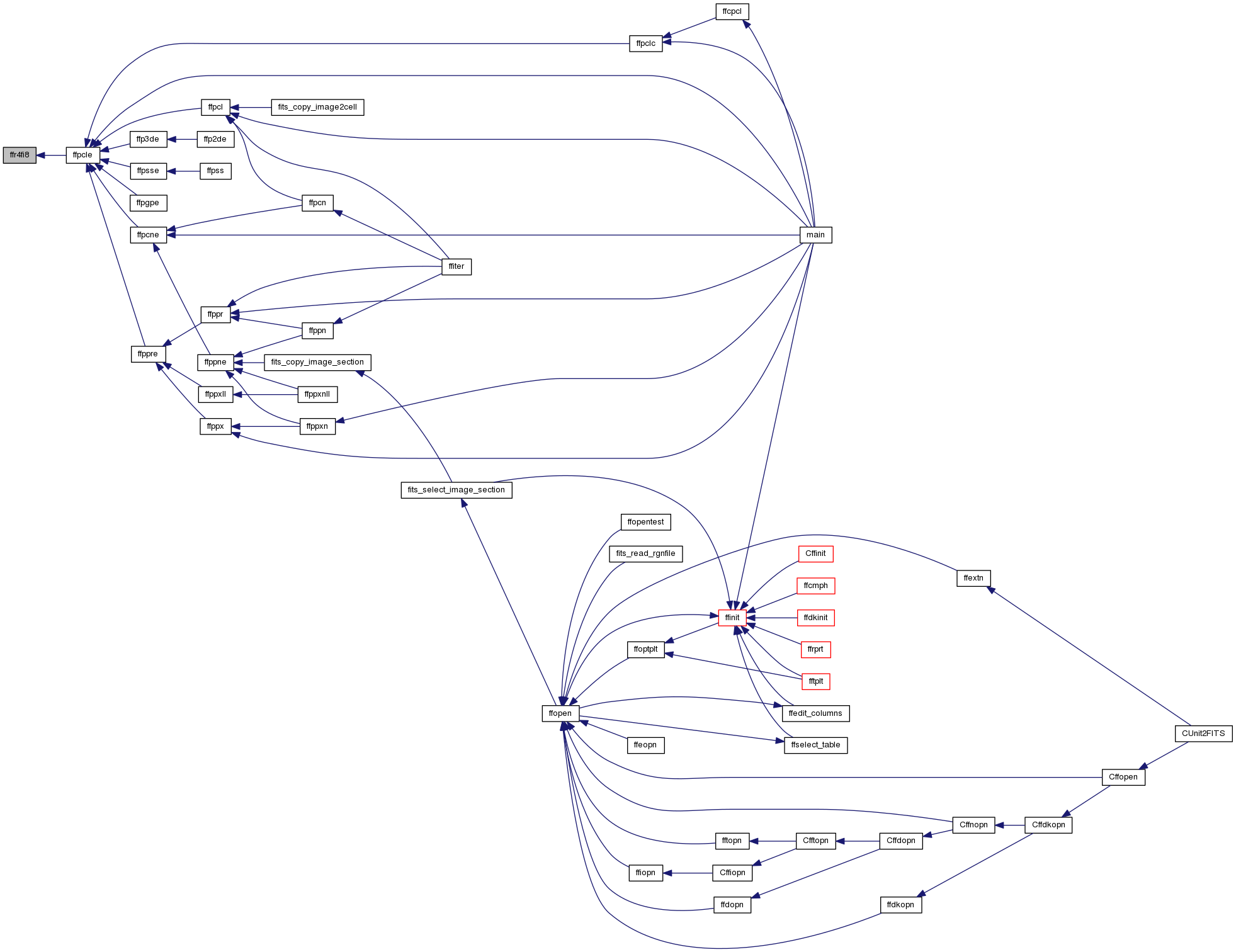
| int ffr4fr4 | ( | float * | array, |
| long | ntodo, | ||
| double | scale, | ||
| double | zero, | ||
| float * | buffer, | ||
| int * | status | ||
| ) |
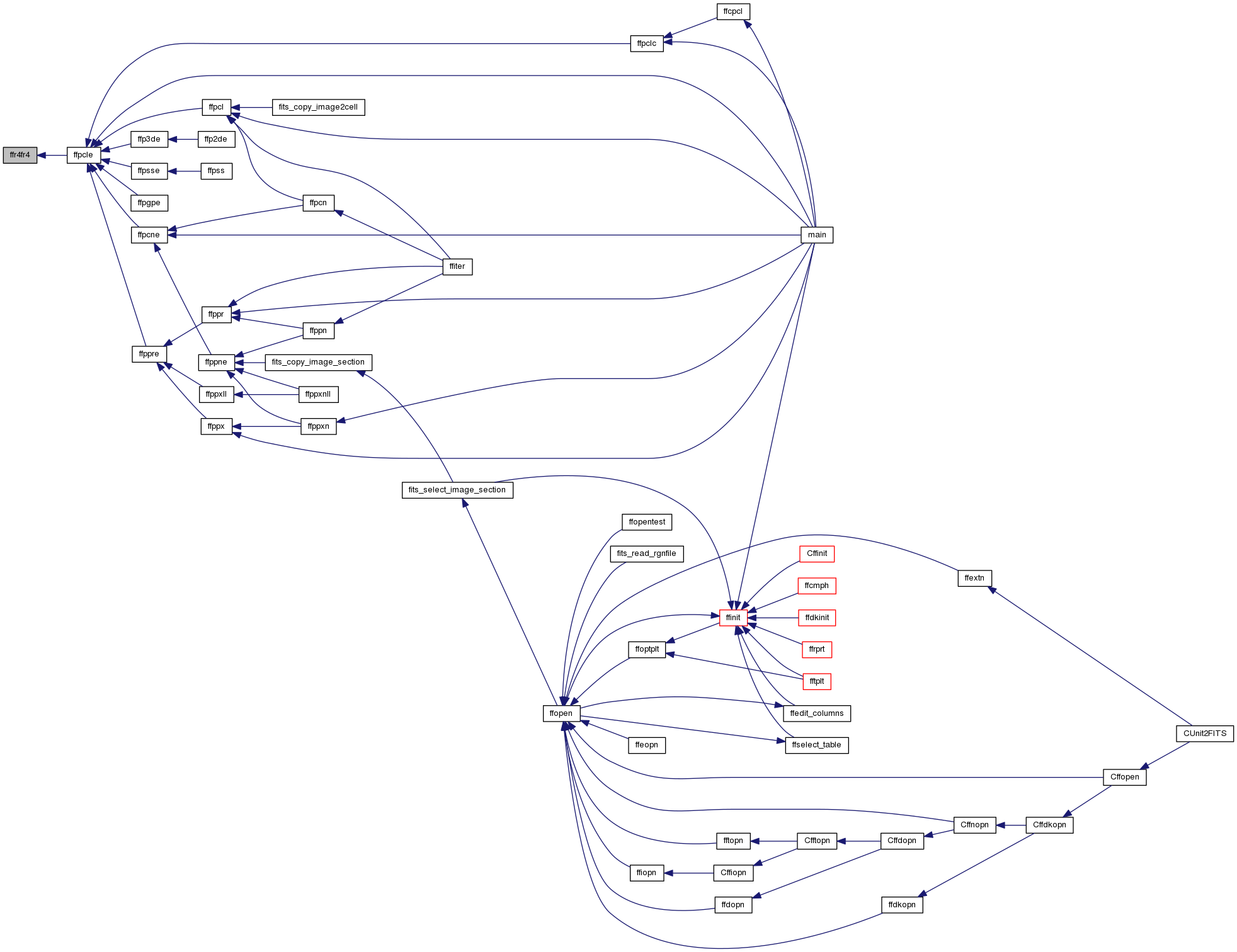
| int ffr4fr8 | ( | float * | array, |
| long | ntodo, | ||
| double | scale, | ||
| double | zero, | ||
| double * | buffer, | ||
| int * | status | ||
| ) |
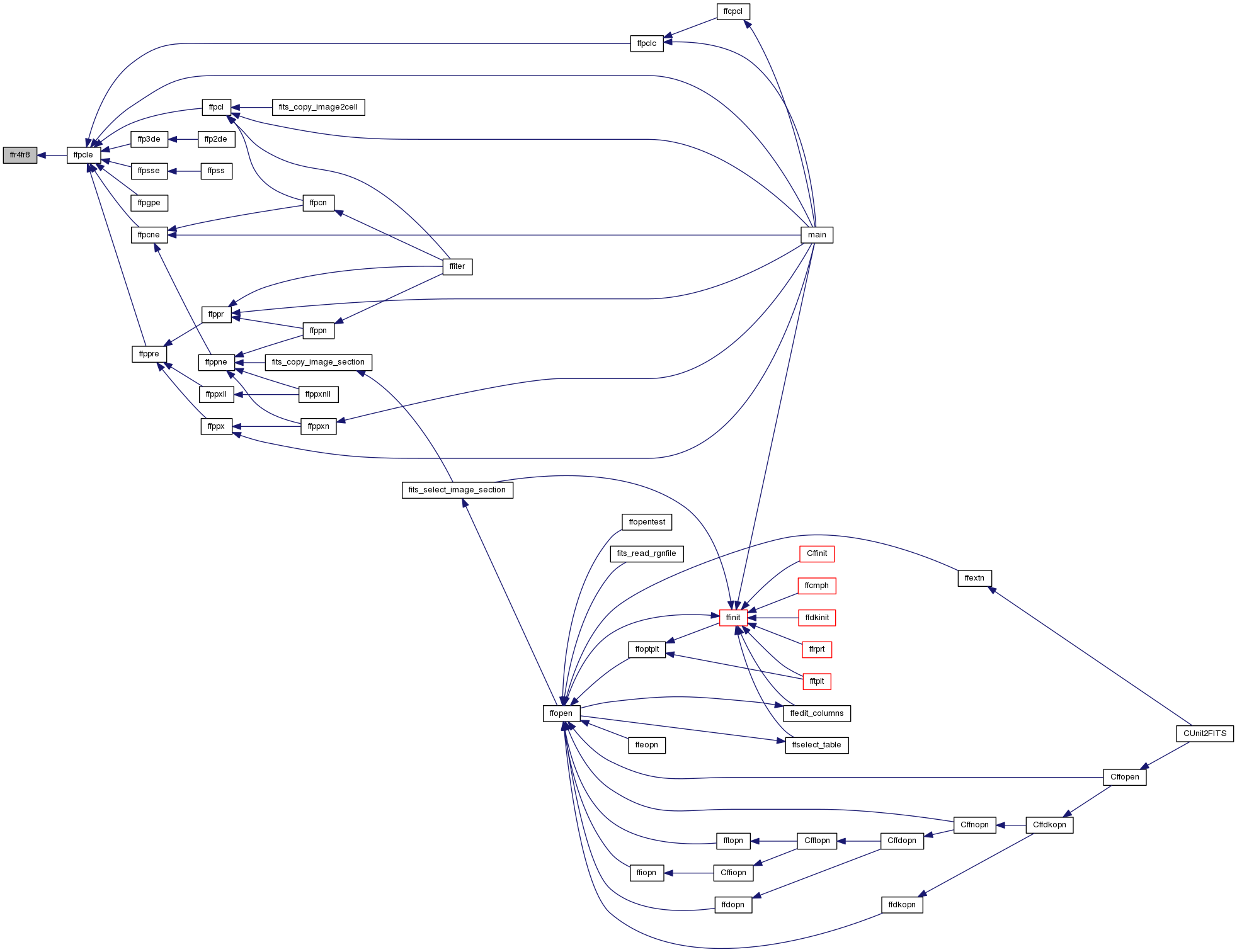
| int ffr4fstr | ( | float * | input, |
| long | ntodo, | ||
| double | scale, | ||
| double | zero, | ||
| char * | cform, | ||
| long | twidth, | ||
| char * | output, | ||
| int * | status | ||
| ) |
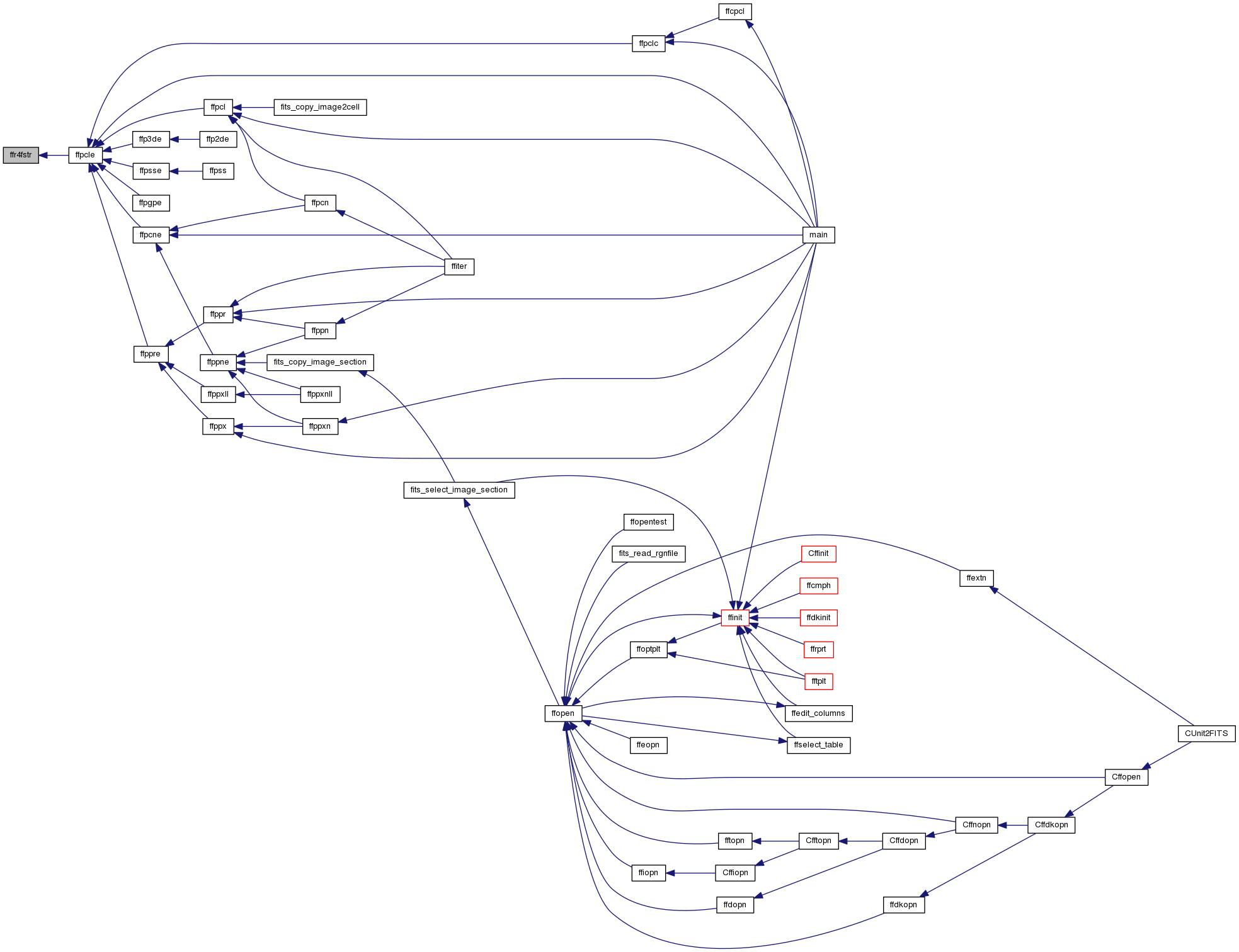
| int ffr8fi1 | ( | double * | array, |
| long | ntodo, | ||
| double | scale, | ||
| double | zero, | ||
| unsigned char * | buffer, | ||
| int * | status | ||
| ) |
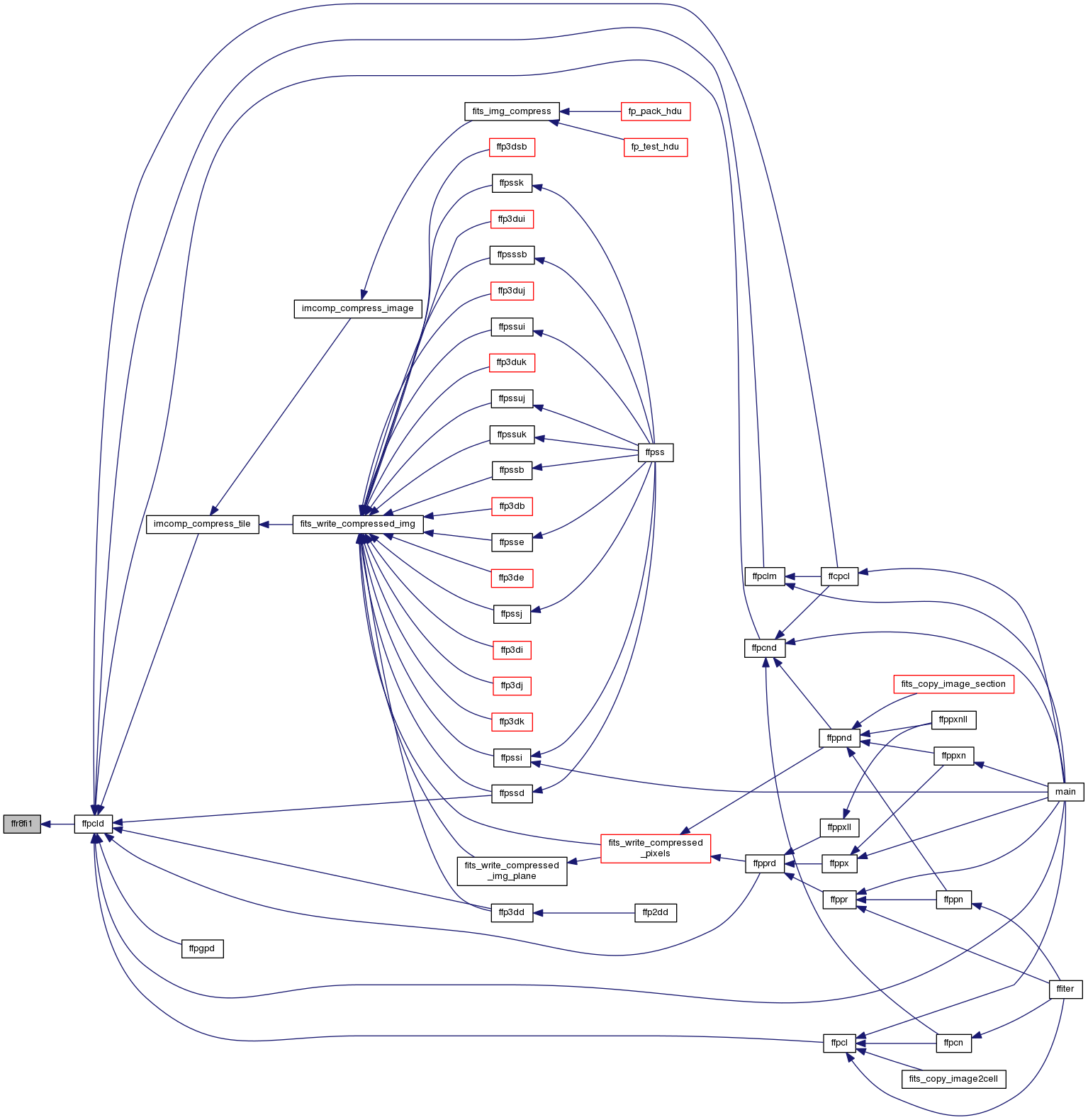
| int ffr8fi2 | ( | double * | array, |
| long | ntodo, | ||
| double | scale, | ||
| double | zero, | ||
| short * | buffer, | ||
| int * | status | ||
| ) |
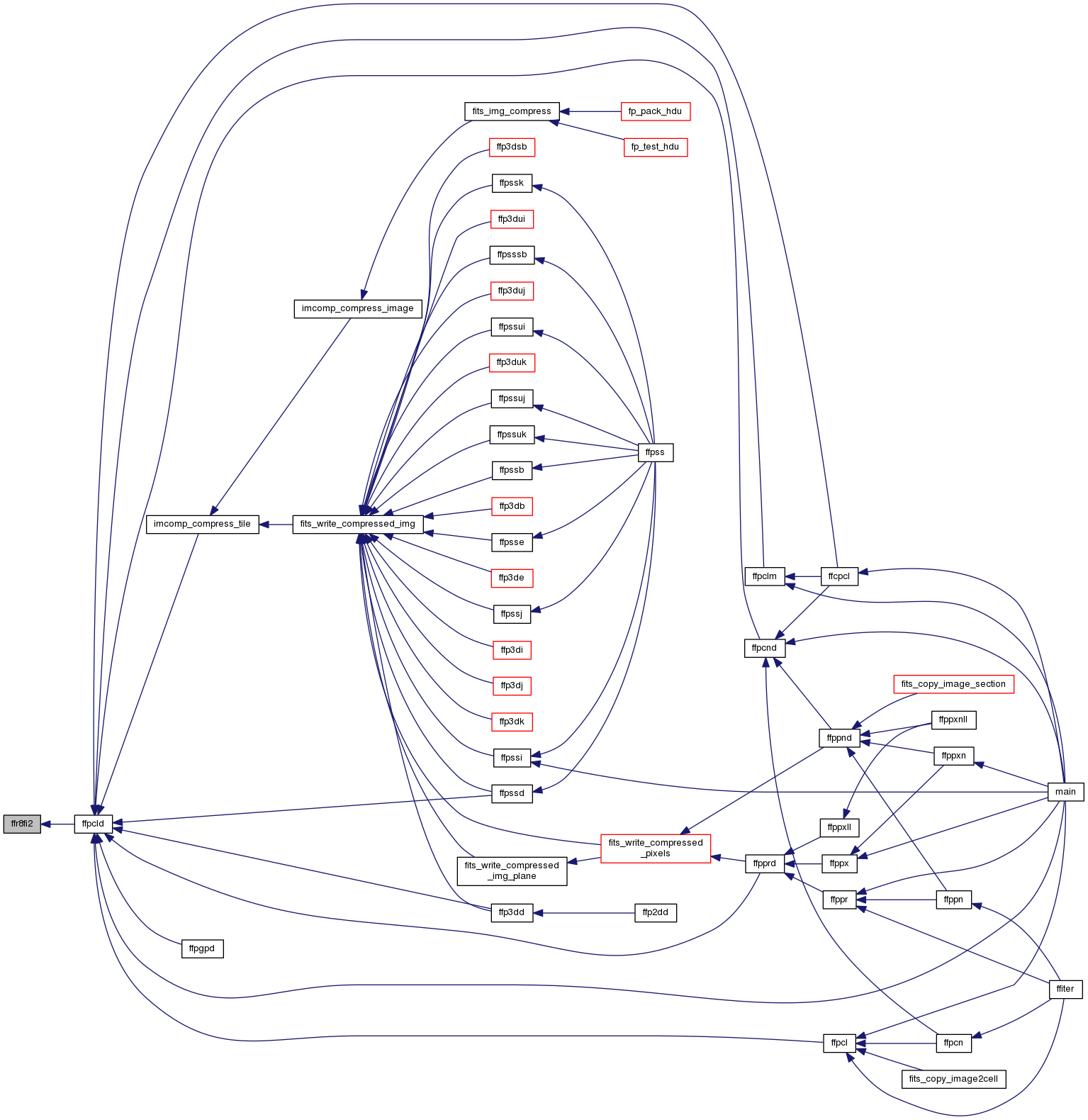
| int ffr8fi4 | ( | double * | array, |
| long | ntodo, | ||
| double | scale, | ||
| double | zero, | ||
| INT32BIT * | buffer, | ||
| int * | status | ||
| ) |
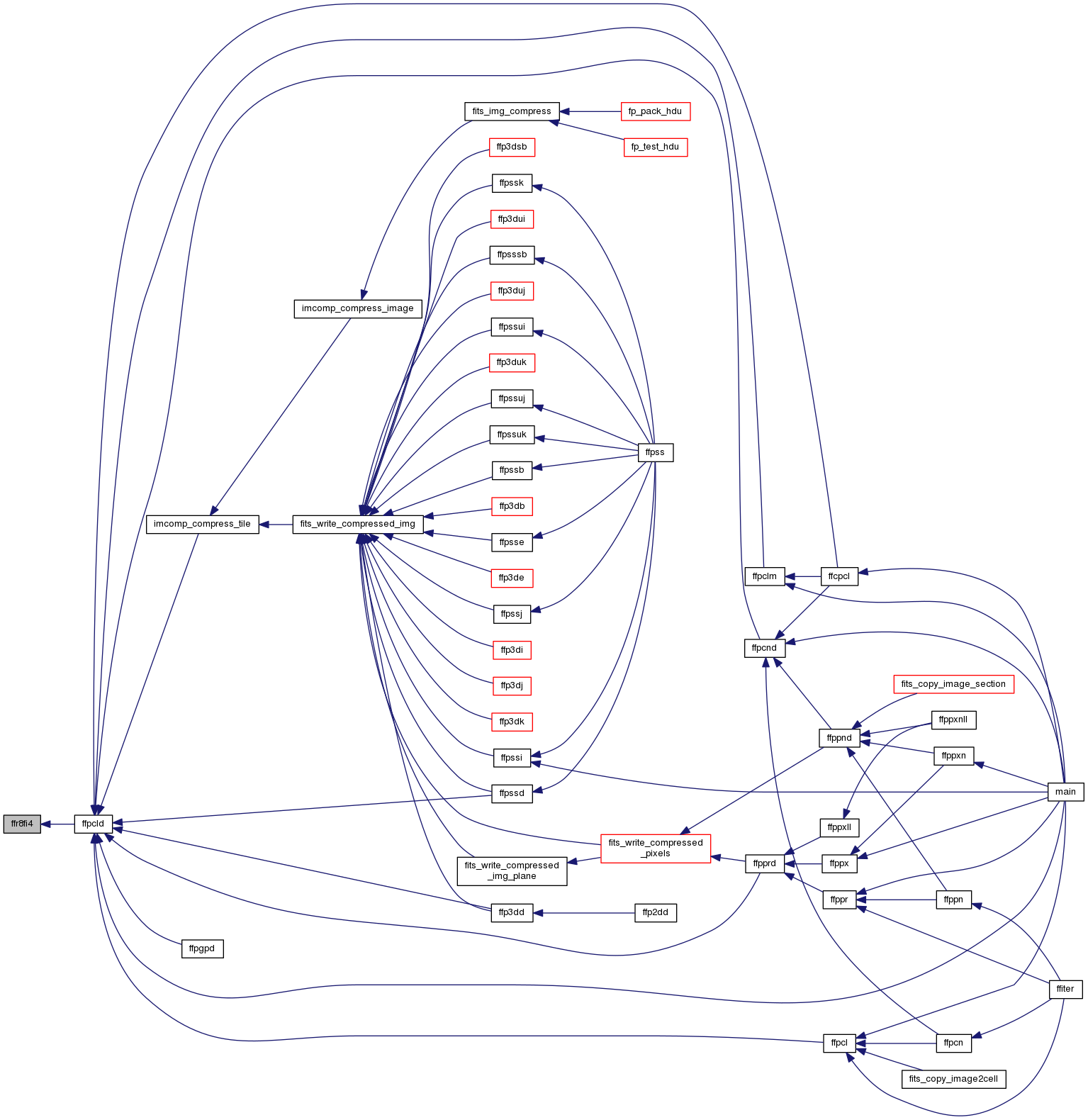
| int ffr8fi8 | ( | double * | array, |
| long | ntodo, | ||
| double | scale, | ||
| double | zero, | ||
| LONGLONG * | buffer, | ||
| int * | status | ||
| ) |
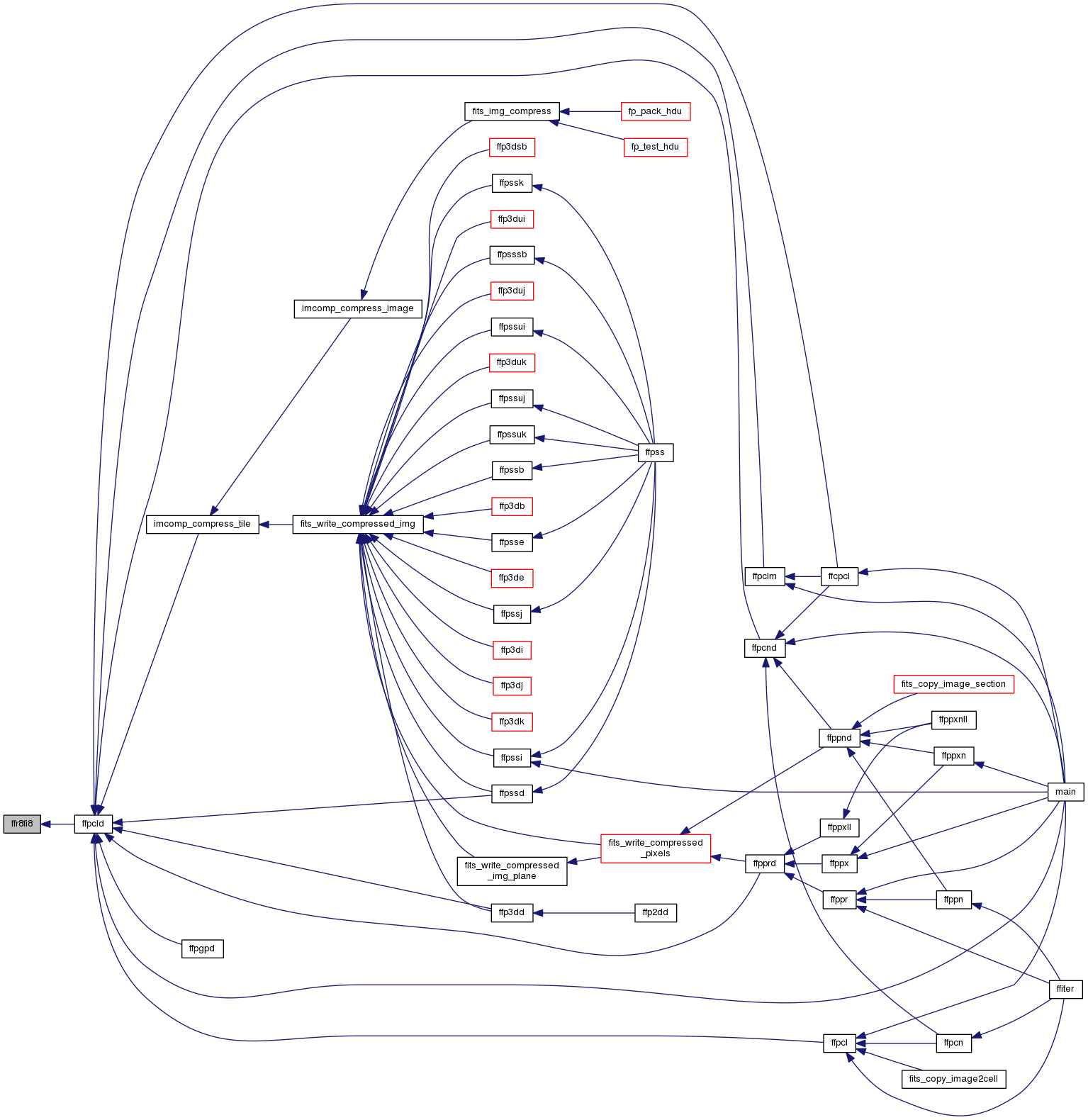
| int ffr8fr4 | ( | double * | array, |
| long | ntodo, | ||
| double | scale, | ||
| double | zero, | ||
| float * | buffer, | ||
| int * | status | ||
| ) |
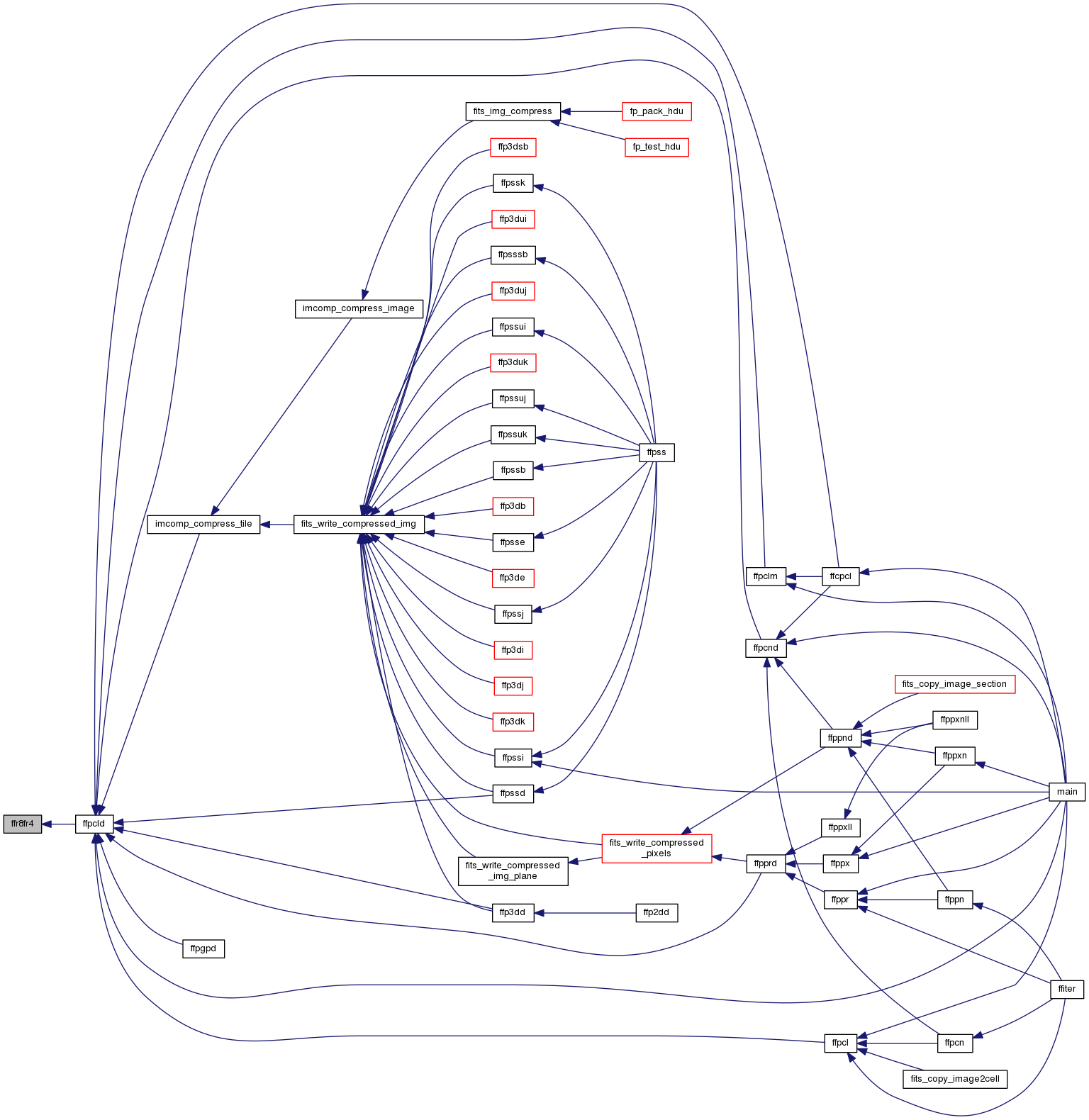
| int ffr8fr8 | ( | double * | array, |
| long | ntodo, | ||
| double | scale, | ||
| double | zero, | ||
| double * | buffer, | ||
| int * | status | ||
| ) |
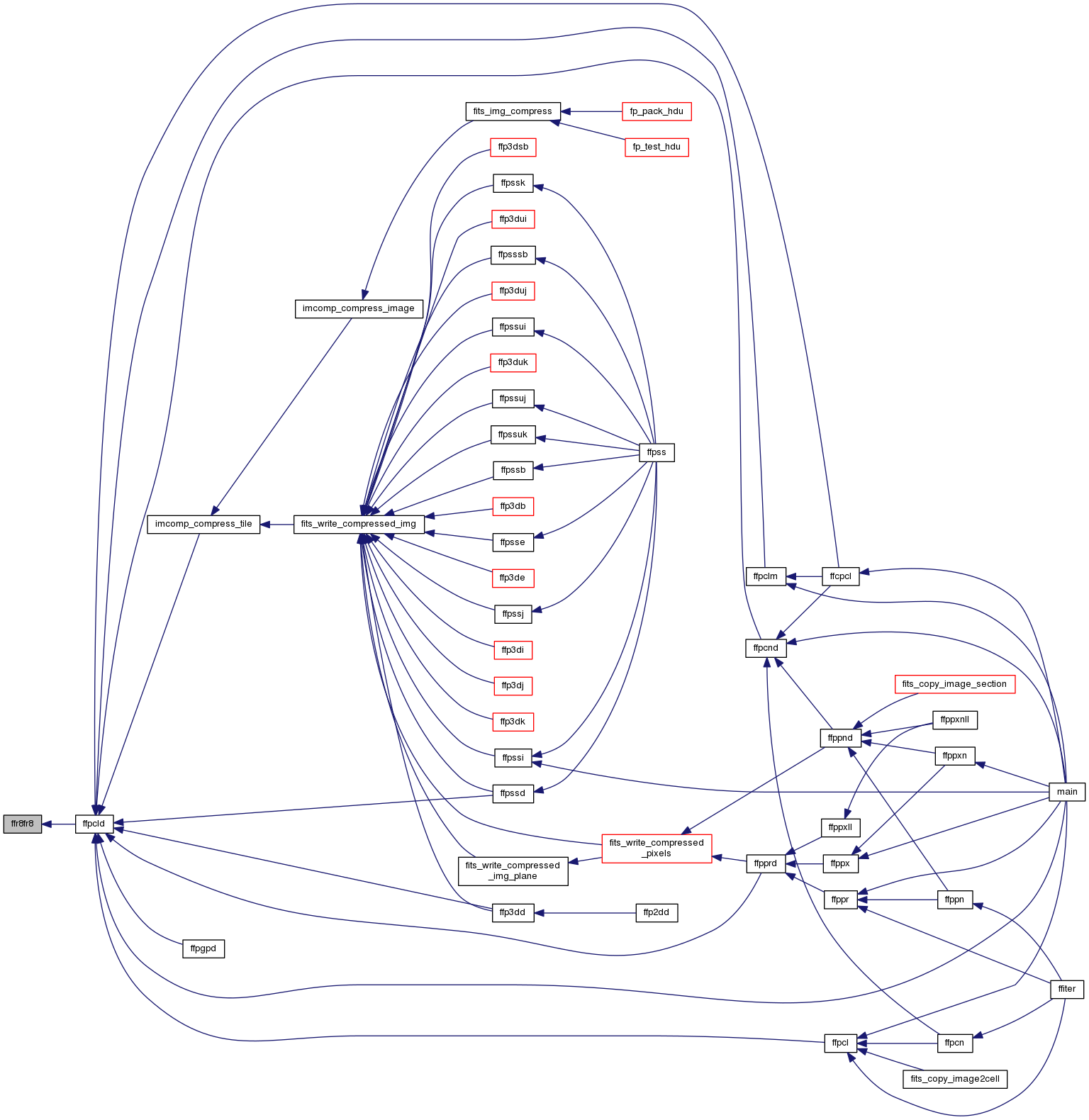
| int ffr8fstr | ( | double * | input, |
| long | ntodo, | ||
| double | scale, | ||
| double | zero, | ||
| char * | cform, | ||
| long | twidth, | ||
| char * | output, | ||
| int * | status | ||
| ) |
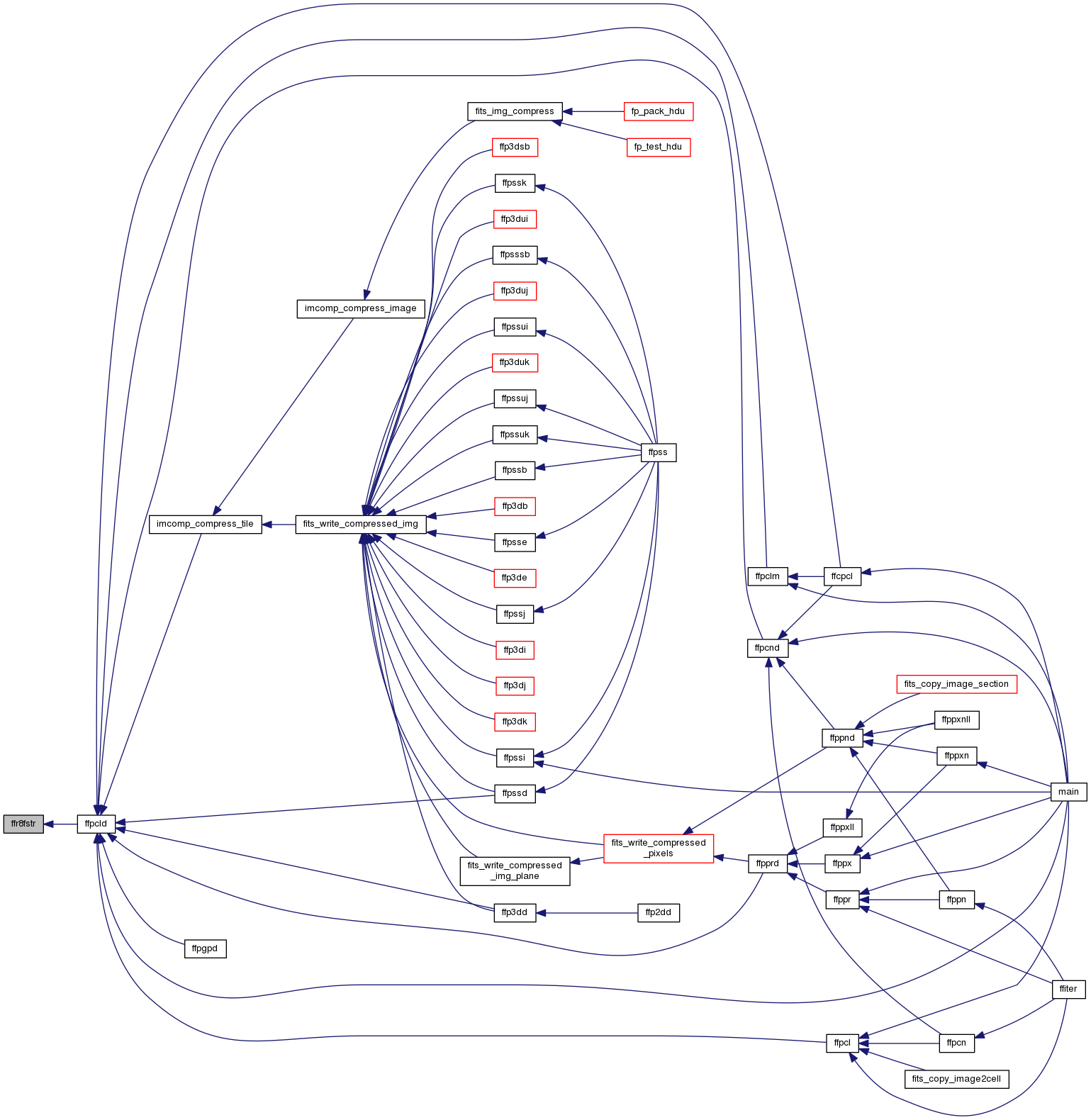
| int ffread | ( | FITSfile * | fptr, |
| long | nbytes, | ||
| void * | buffer, | ||
| int * | status | ||
| ) |
low level routine to read bytes from a file.
| [in] | fptr | FITS file pointer |
| [in] | nbytes | number of bytes to read |
| [out] | buffer | buffer to read into |
| [out] | status | error status |


| int ffrhdu | ( | fitsfile * | fptr, |
| int * | hdutype, | ||
| int * | status | ||
| ) |
read the required keywords of the CHDU and initialize the corresponding structure elements that describe the format of the HDU
| [in] | fptr | FITS file pointer |
| [out] | hdutype | type of HDU |
| [in,out] | status | error status |
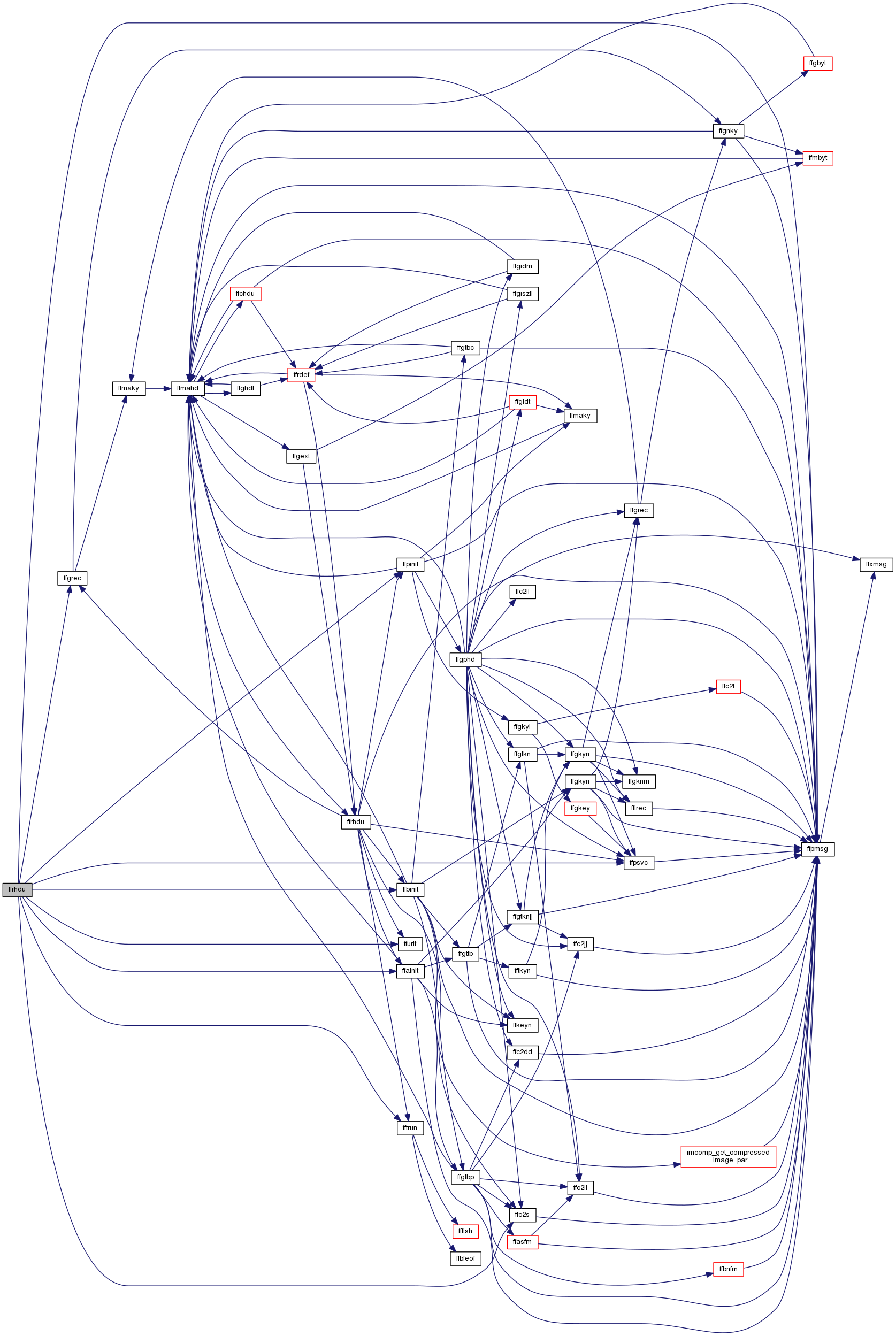
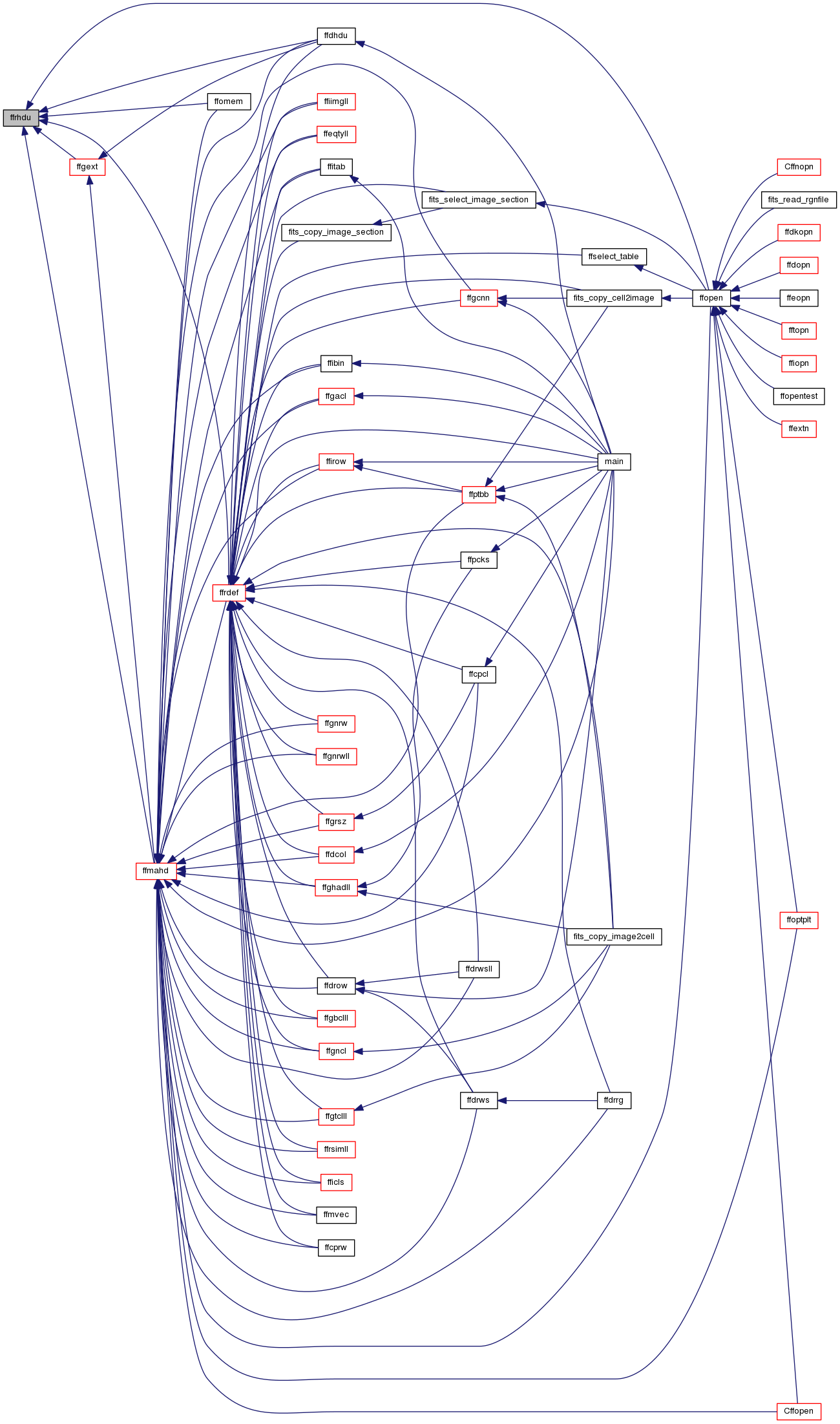
| int ffs1fi1 | ( | signed char * | array, |
| long | ntodo, | ||
| double | scale, | ||
| double | zero, | ||
| unsigned char * | buffer, | ||
| int * | status | ||
| ) |
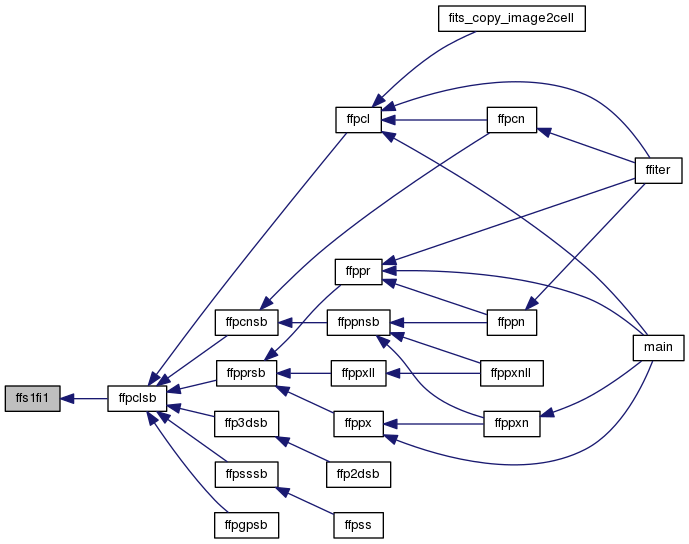
| int ffs1fi2 | ( | signed char * | array, |
| long | ntodo, | ||
| double | scale, | ||
| double | zero, | ||
| short * | buffer, | ||
| int * | status | ||
| ) |
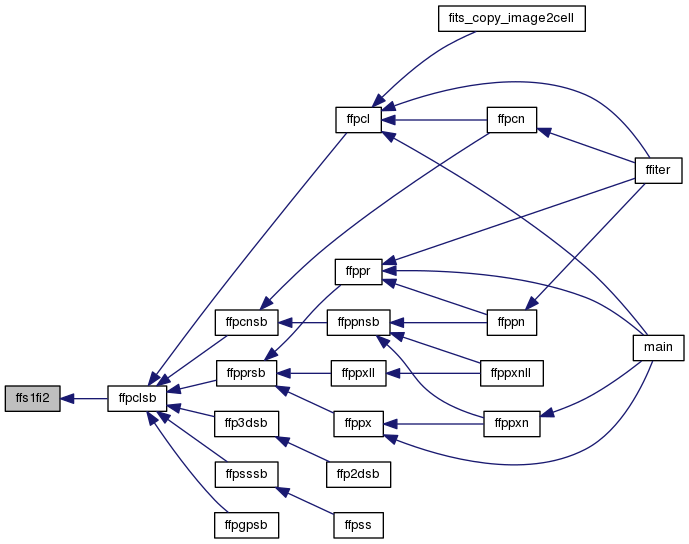
| int ffs1fi4 | ( | signed char * | array, |
| long | ntodo, | ||
| double | scale, | ||
| double | zero, | ||
| INT32BIT * | buffer, | ||
| int * | status | ||
| ) |
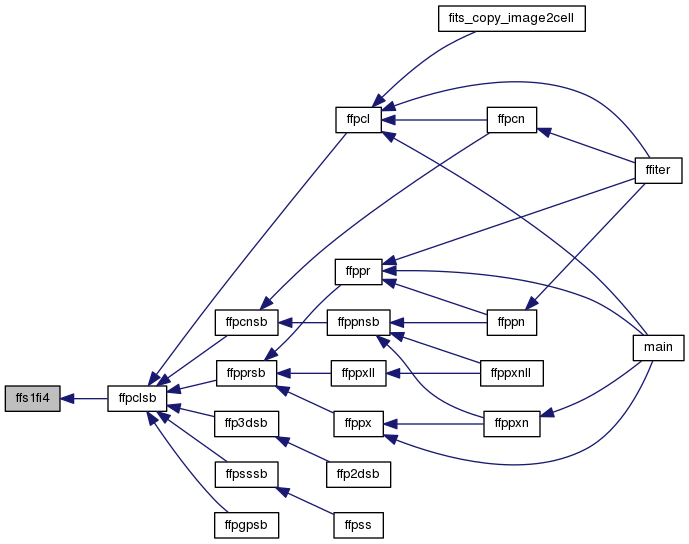
| int ffs1fi8 | ( | signed char * | array, |
| long | ntodo, | ||
| double | scale, | ||
| double | zero, | ||
| LONGLONG * | buffer, | ||
| int * | status | ||
| ) |
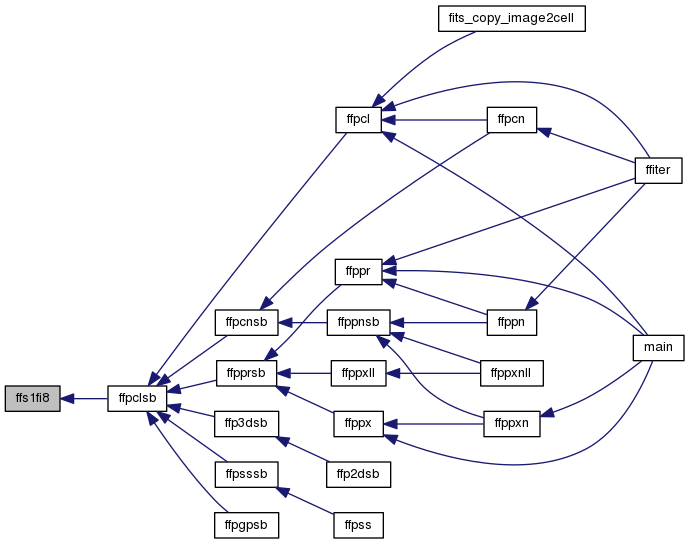
| int ffs1fr4 | ( | signed char * | array, |
| long | ntodo, | ||
| double | scale, | ||
| double | zero, | ||
| float * | buffer, | ||
| int * | status | ||
| ) |
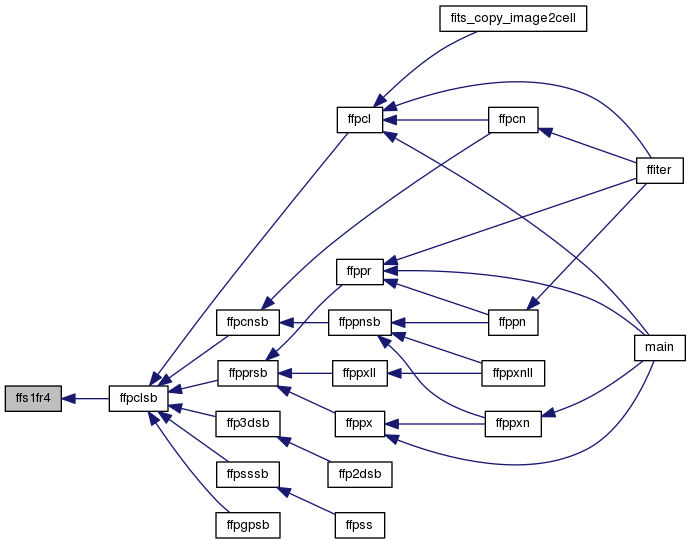
| int ffs1fr8 | ( | signed char * | array, |
| long | ntodo, | ||
| double | scale, | ||
| double | zero, | ||
| double * | buffer, | ||
| int * | status | ||
| ) |
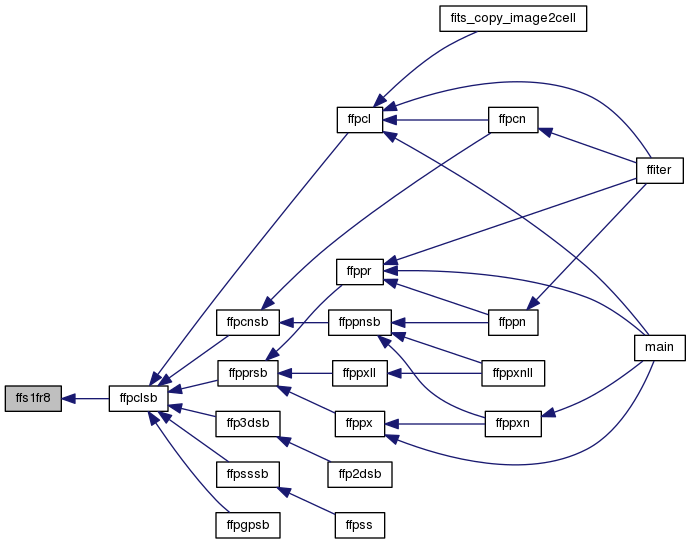
| int ffs1fstr | ( | signed char * | input, |
| long | ntodo, | ||
| double | scale, | ||
| double | zero, | ||
| char * | cform, | ||
| long | twidth, | ||
| char * | output, | ||
| int * | status | ||
| ) |
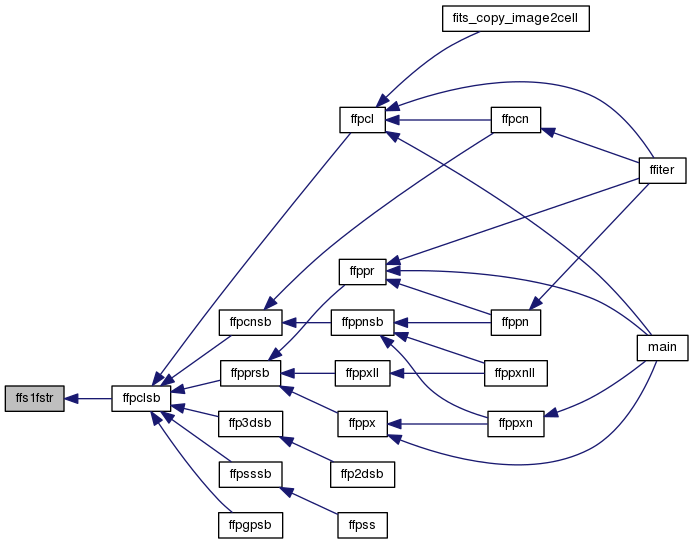
| int ffs2c | ( | const char * | instr, |
| char * | outstr, | ||
| int * | status | ||
| ) |
convert an input string to a quoted string. Leading spaces are significant. FITS string keyword values must be at least 8 chars long so pad out string with spaces if necessary. Example: km/s ==> 'km/s ' Single quote characters in the input string will be replace by two single quote characters. e.g., o'brian ==> 'o''brian'
| [in] | instr | null terminated input string |
| [in,out] | outstr | null terminated quoted output string |
| [in,out] | status | error status |
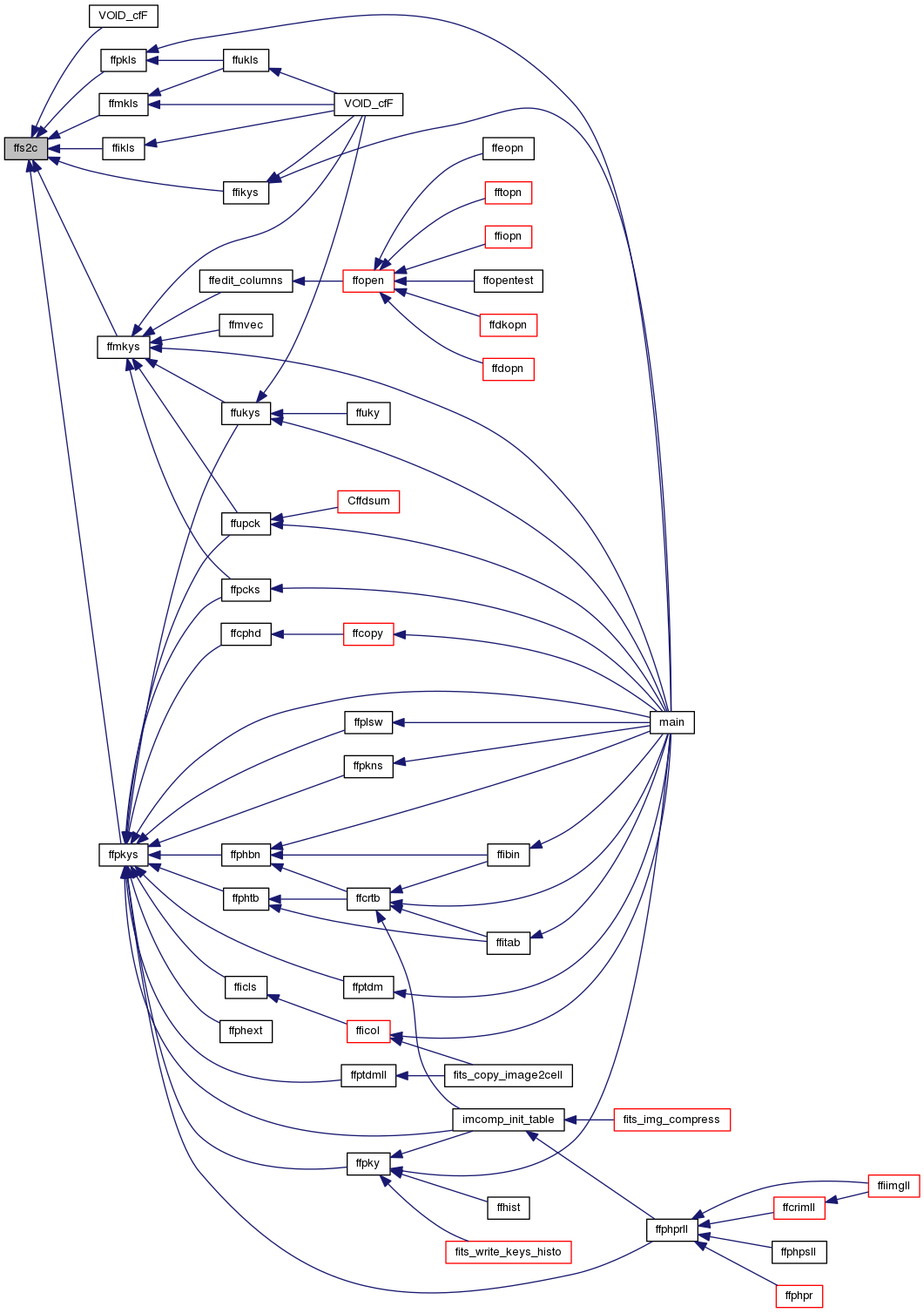
low level routine to seek to a position in a file.
| [in] | fptr | FITS file pointer |
| [in] | position | byte position to seek to |

| int ffselect_table | ( | fitsfile ** | fptr, |
| char * | outfile, | ||
| char * | expr, | ||
| int * | status | ||
| ) |
| [in,out] | fptr | pointer to input table; on output it points to the new selected rows table |
| [in] | outfile | name for output file |
| [in] | expr | Boolean expression |
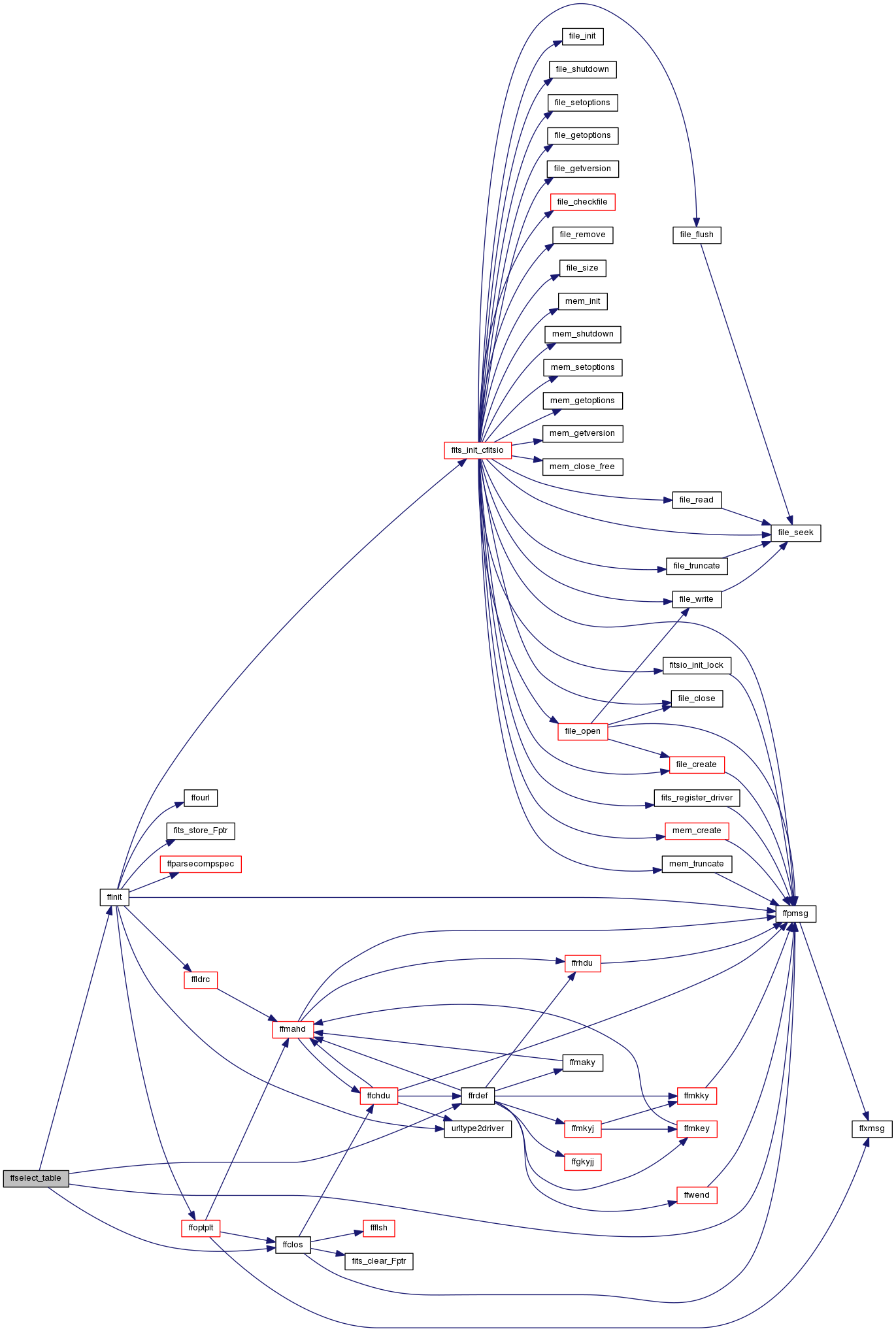
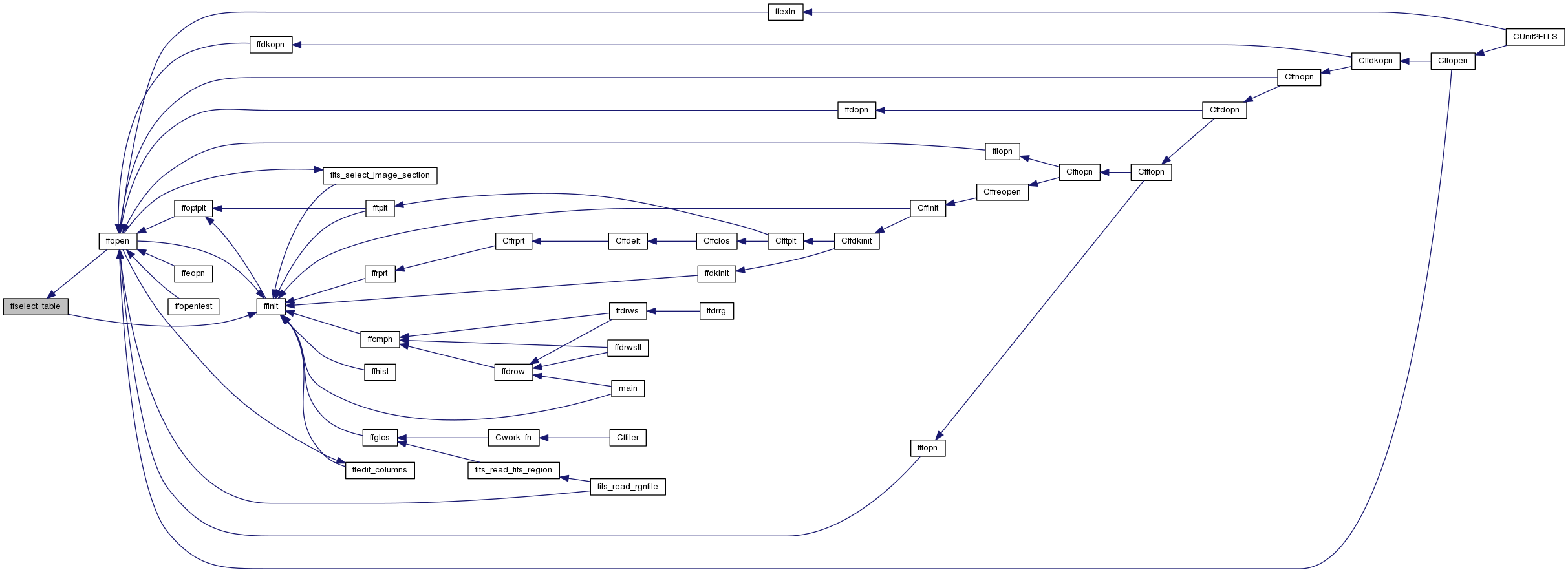
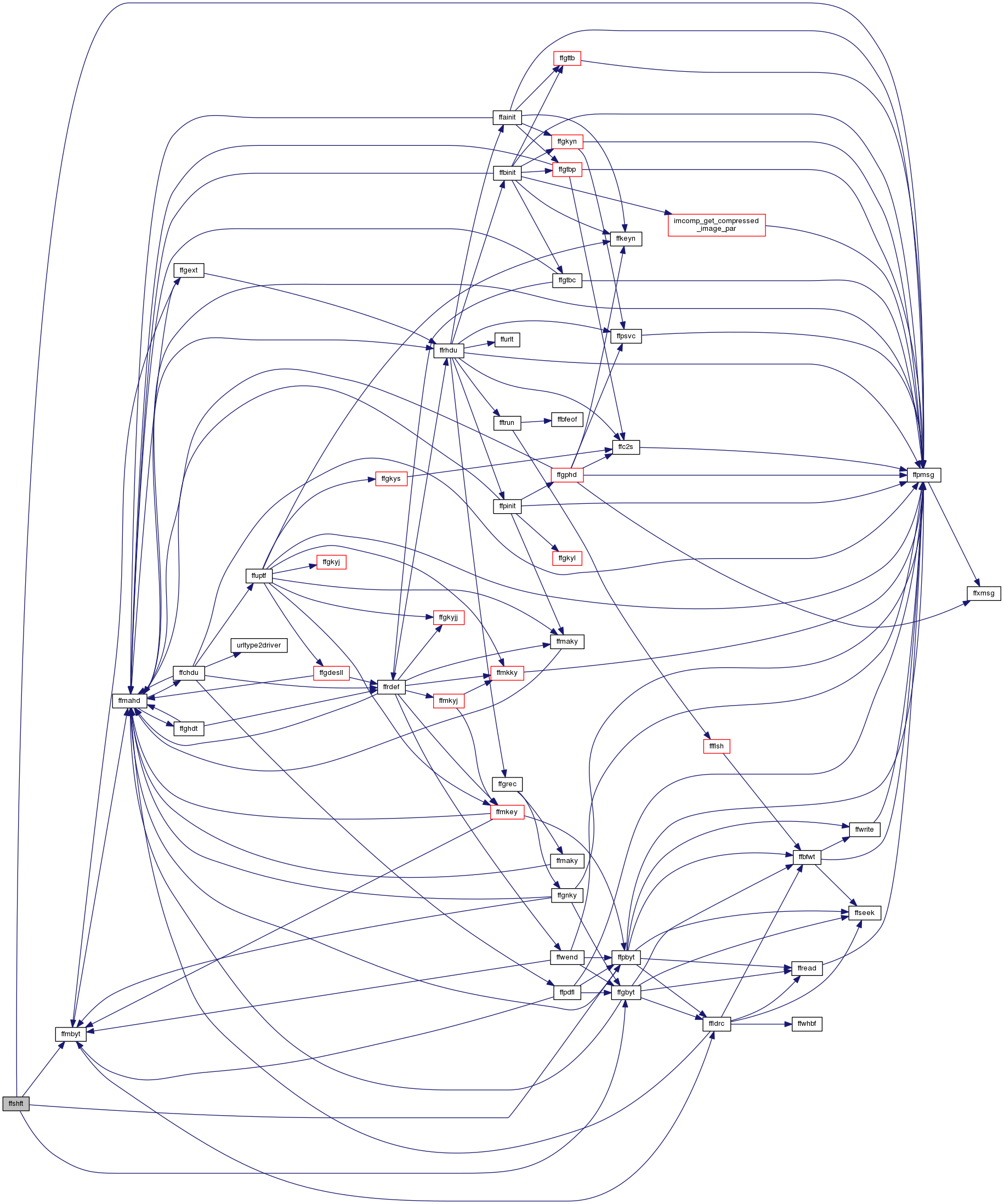
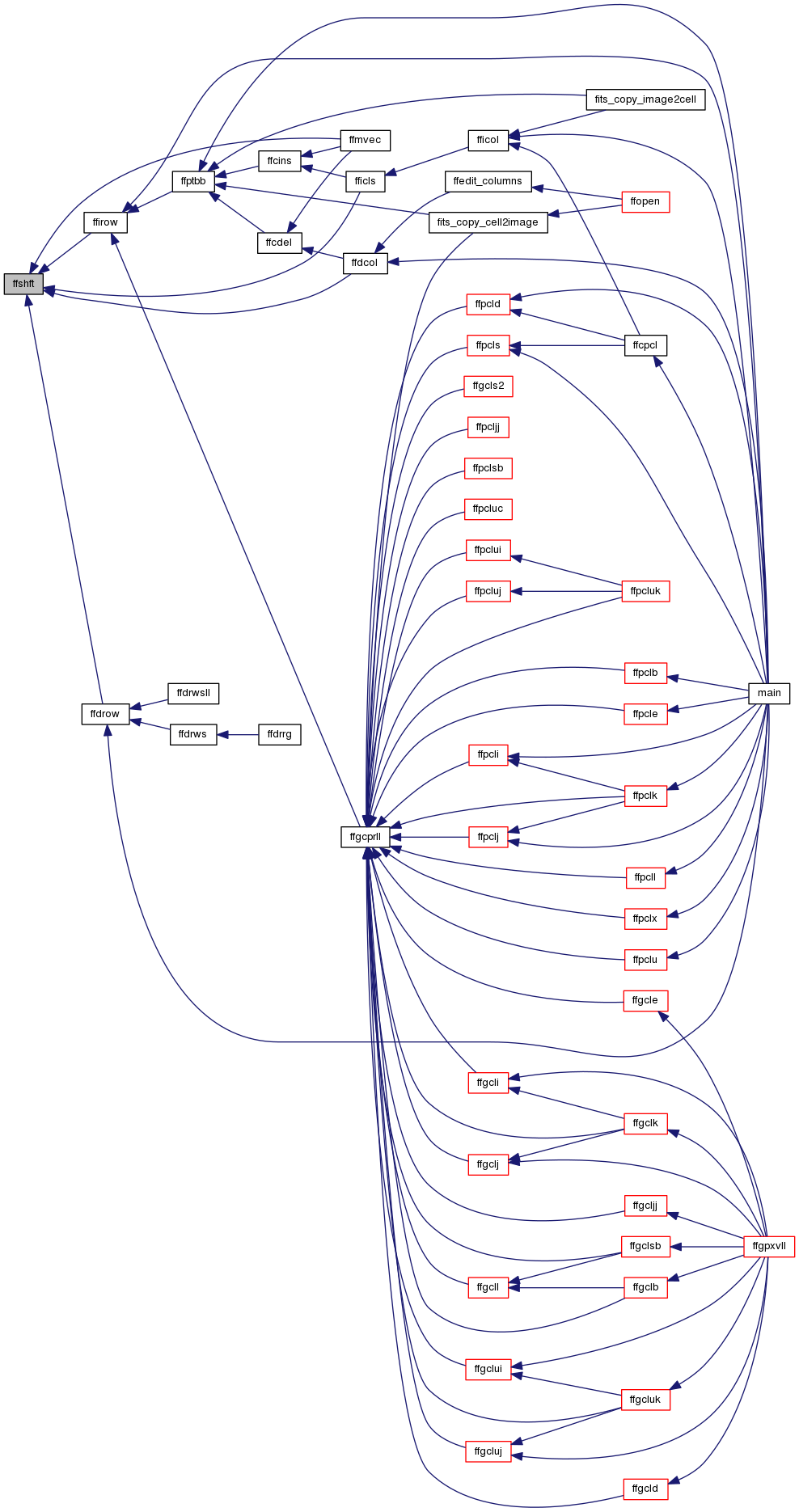
| void ffswap2 | ( | short * | values, |
| long | nvalues | ||
| ) |

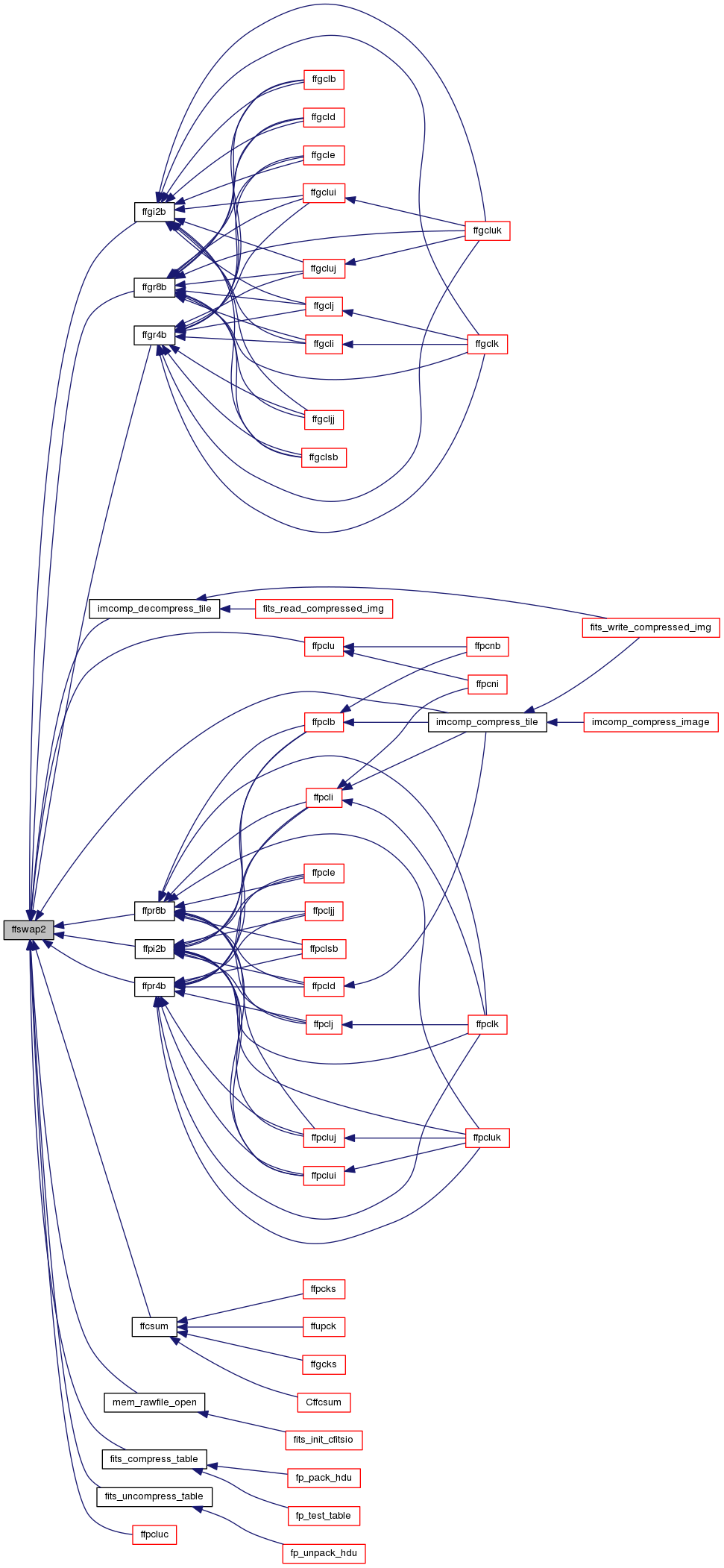
| void ffswap4 | ( | INT32BIT * | values, |
| long | nvalues | ||
| ) |

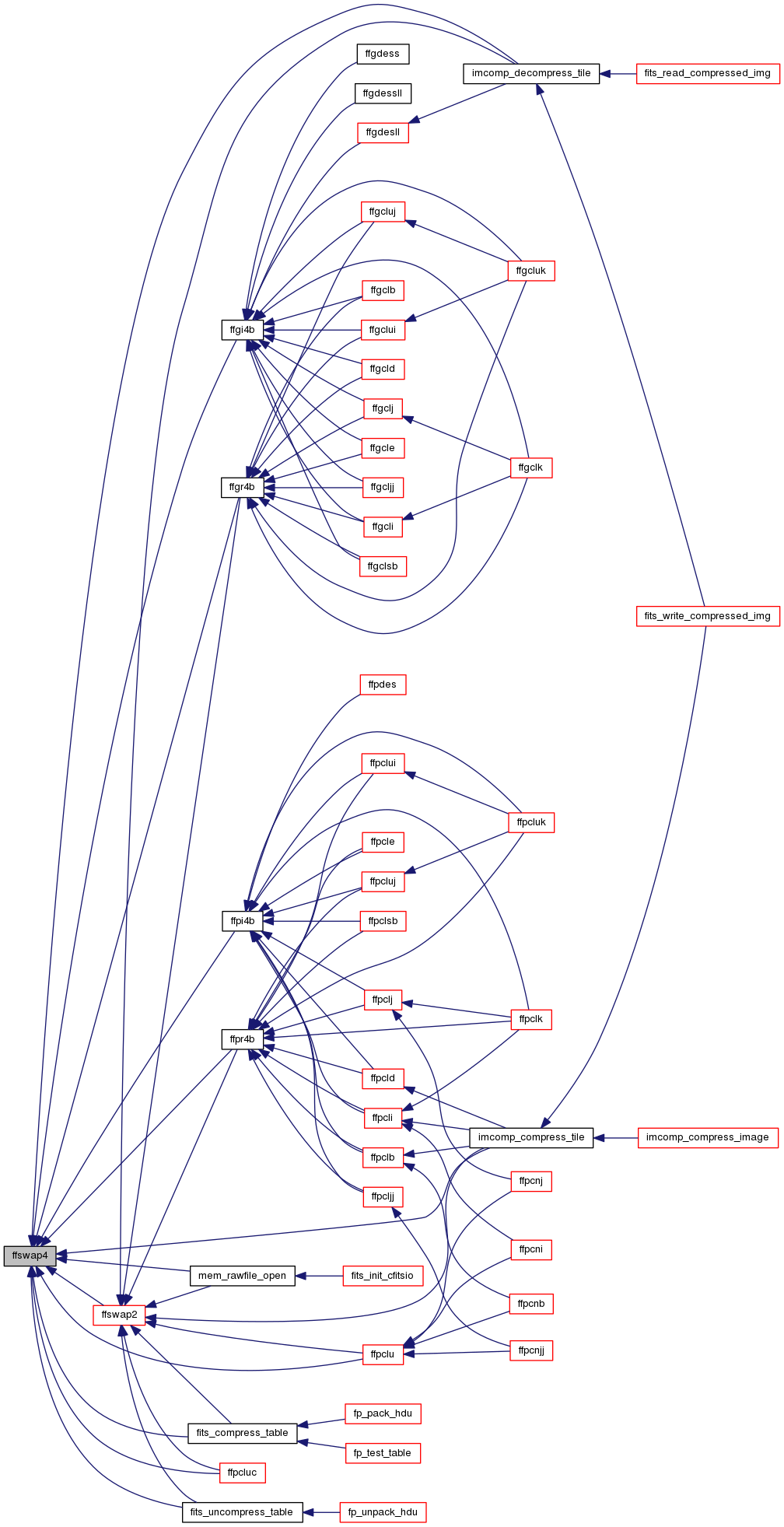
| void ffswap8 | ( | double * | values, |
| long | nvalues | ||
| ) |
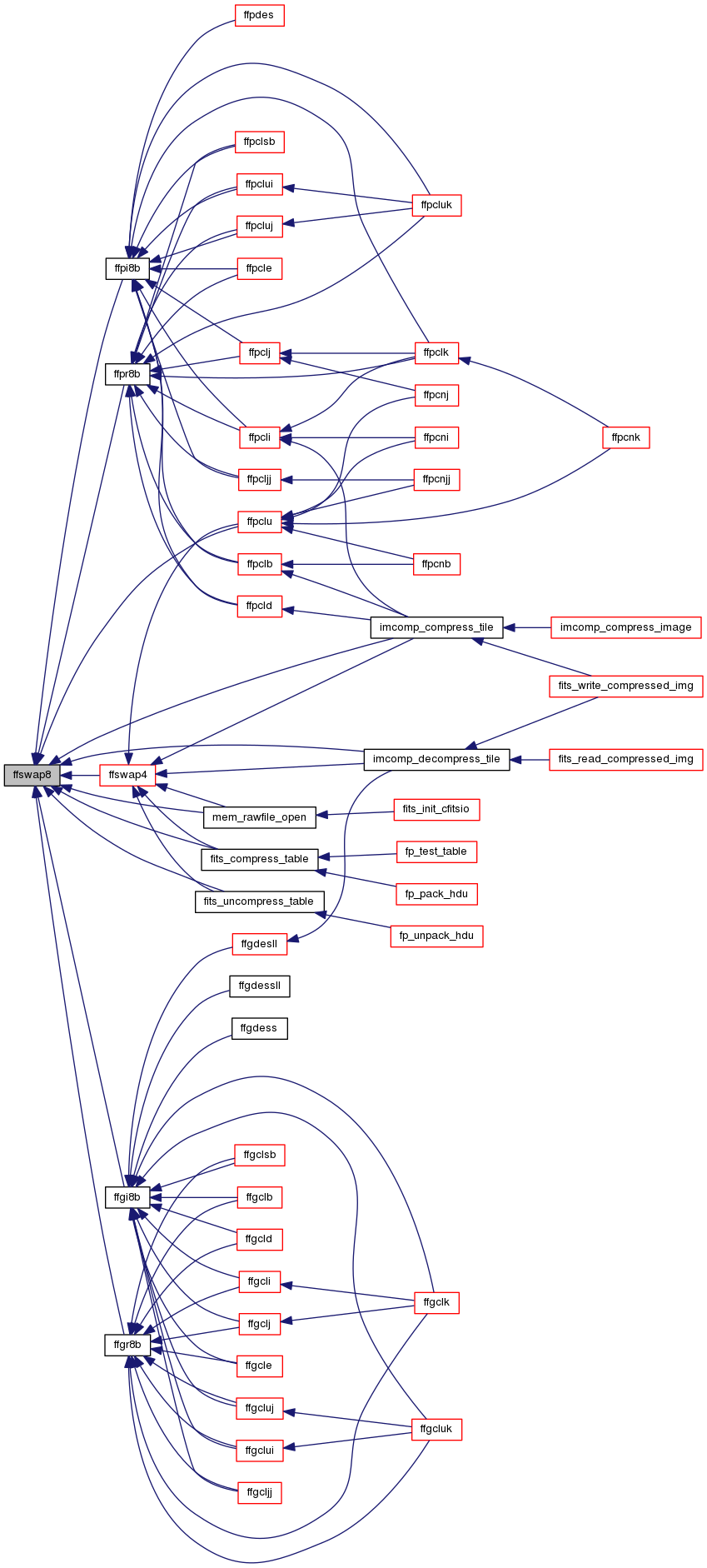
| int fftkyn | ( | fitsfile * | fptr, |
| int | numkey, | ||
| char * | name, | ||
| char * | value, | ||
| int * | status | ||
| ) |
test that keyword number NUMKEY has the expected name and the expected value string.
| [in] | fptr | FITS file pointer |
| [in] | numkey | number of the keyword to read |
| [in] | name | expected name of the keyword |
| [in] | value | expected value of the keyword |
| [in,out] | status | error status |
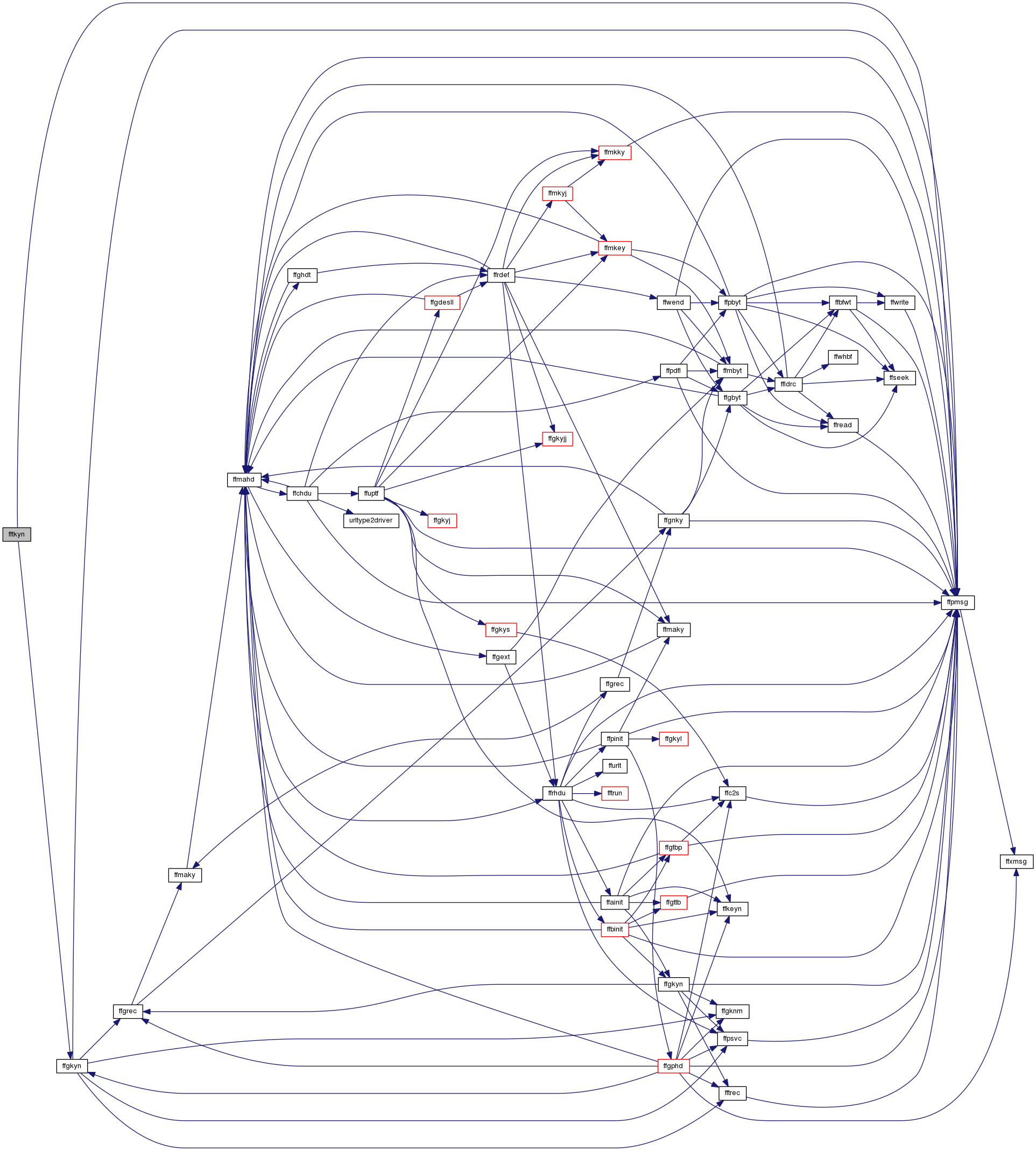
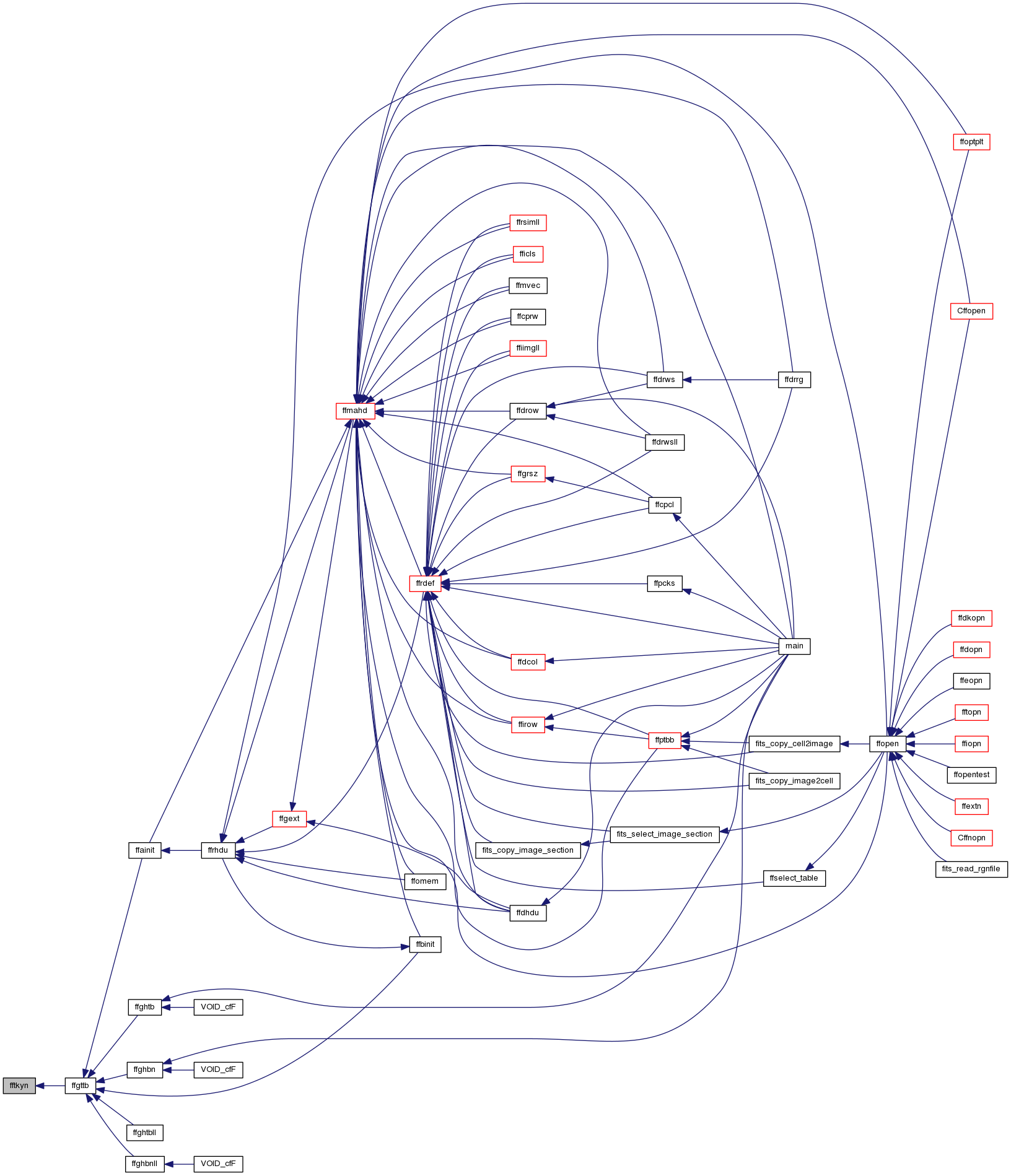
low level routine to truncate a file to a new smaller size.
| [in] | fptr | FITS file pointer |
| [in] | filesize | size to truncate the file |
| [out] | status | error status |

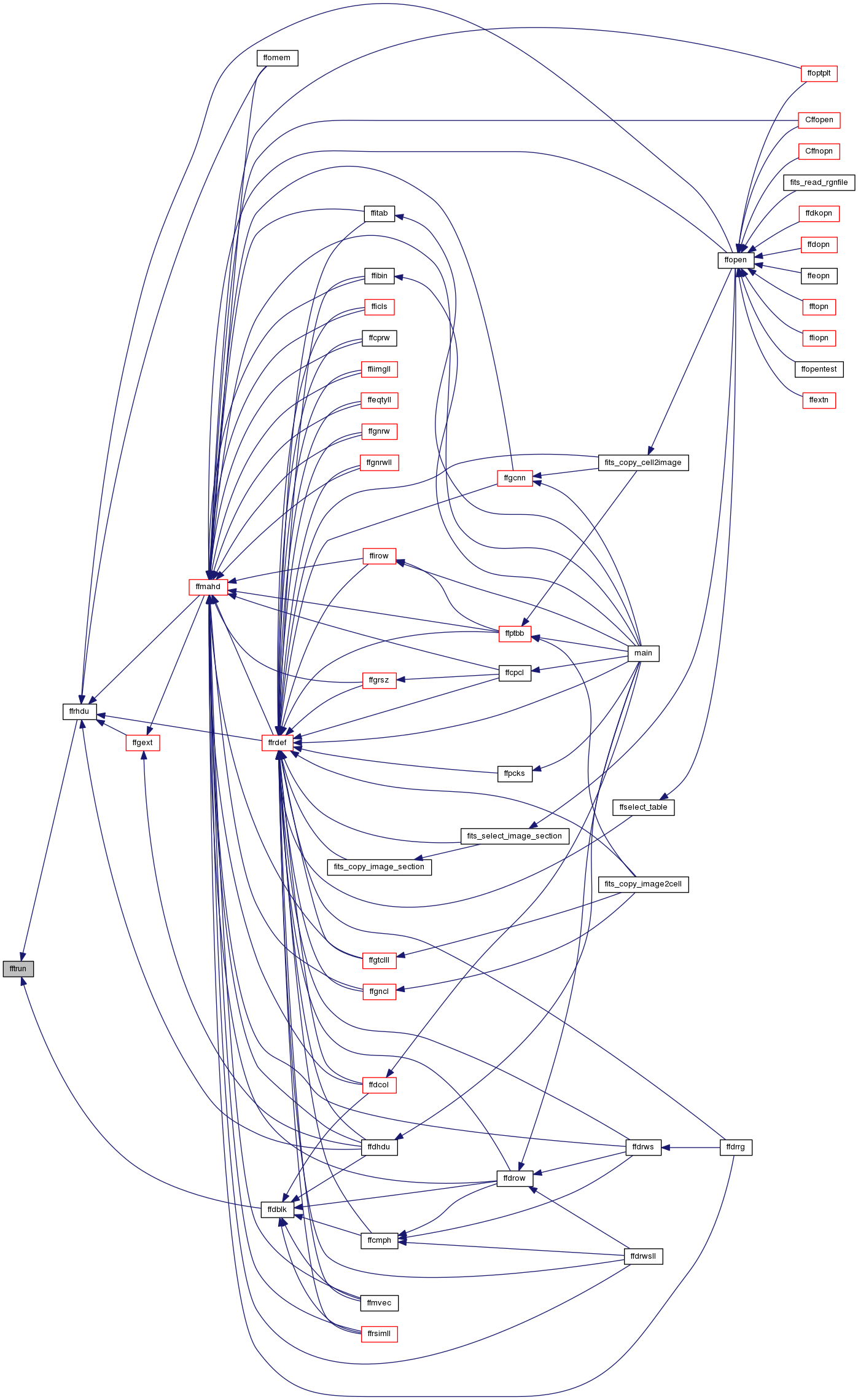
| int ffu2fi1 | ( | unsigned short * | array, |
| long | ntodo, | ||
| double | scale, | ||
| double | zero, | ||
| unsigned char * | buffer, | ||
| int * | status | ||
| ) |
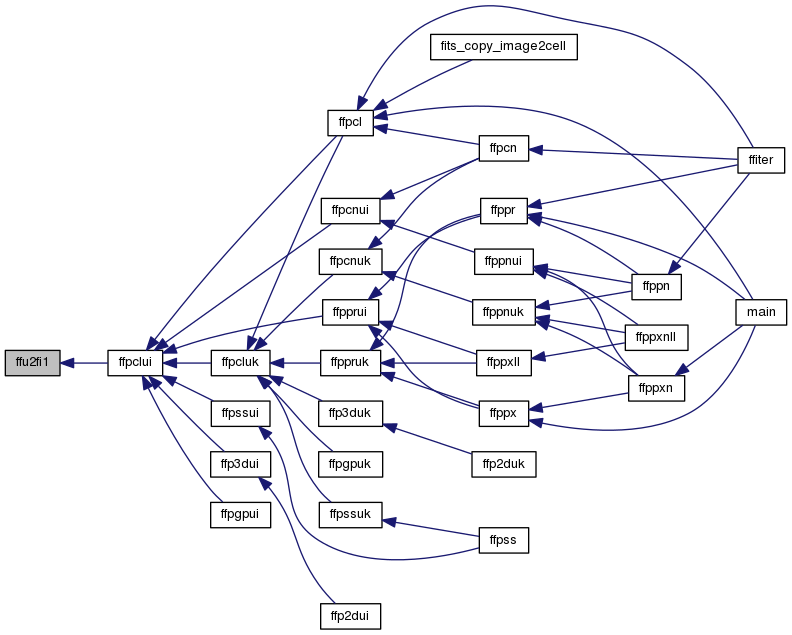
| int ffu2fi2 | ( | unsigned short * | array, |
| long | ntodo, | ||
| double | scale, | ||
| double | zero, | ||
| short * | buffer, | ||
| int * | status | ||
| ) |
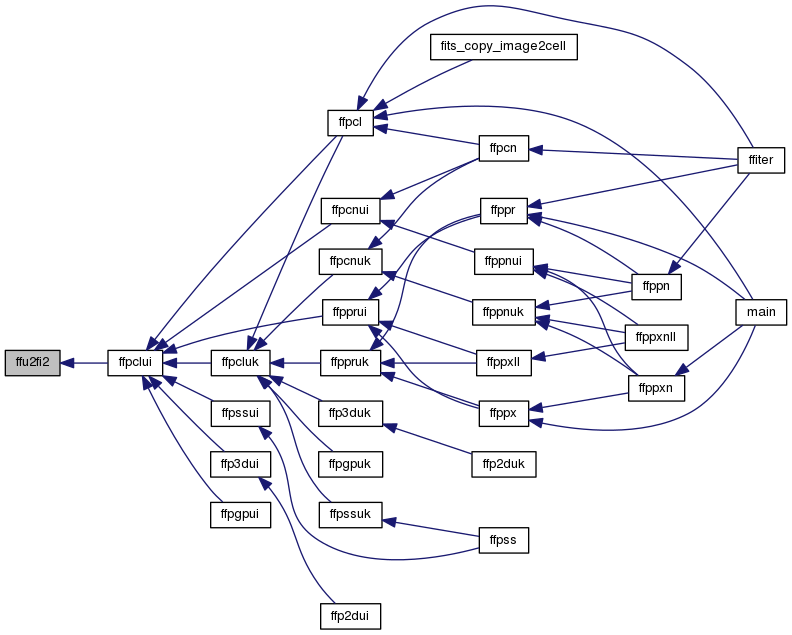
| int ffu2fi4 | ( | unsigned short * | array, |
| long | ntodo, | ||
| double | scale, | ||
| double | zero, | ||
| INT32BIT * | buffer, | ||
| int * | status | ||
| ) |
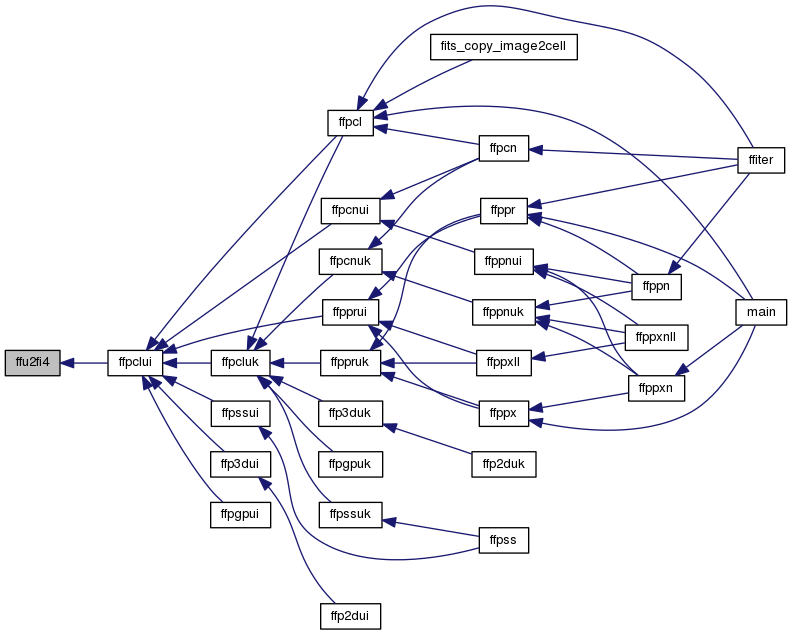
| int ffu2fi8 | ( | unsigned short * | array, |
| long | ntodo, | ||
| double | scale, | ||
| double | zero, | ||
| LONGLONG * | buffer, | ||
| int * | status | ||
| ) |
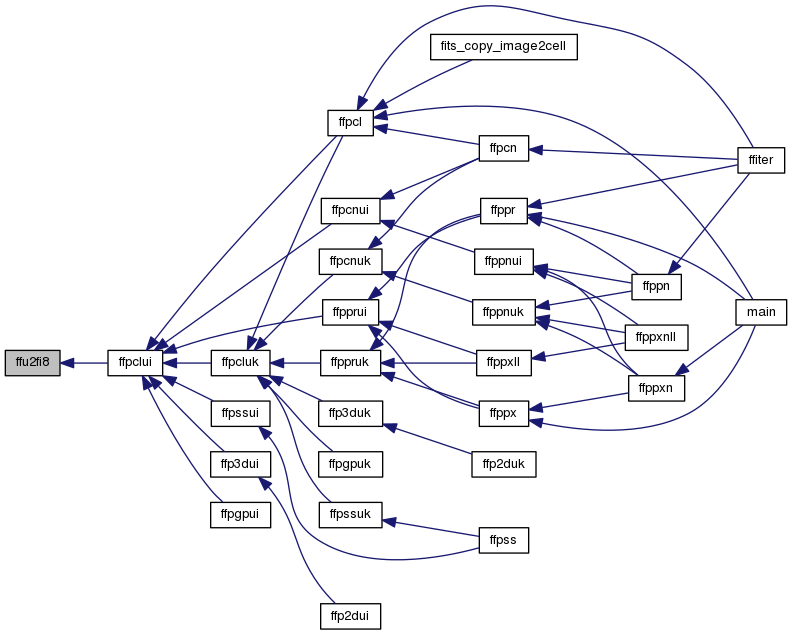
| int ffu2fr4 | ( | unsigned short * | array, |
| long | ntodo, | ||
| double | scale, | ||
| double | zero, | ||
| float * | buffer, | ||
| int * | status | ||
| ) |
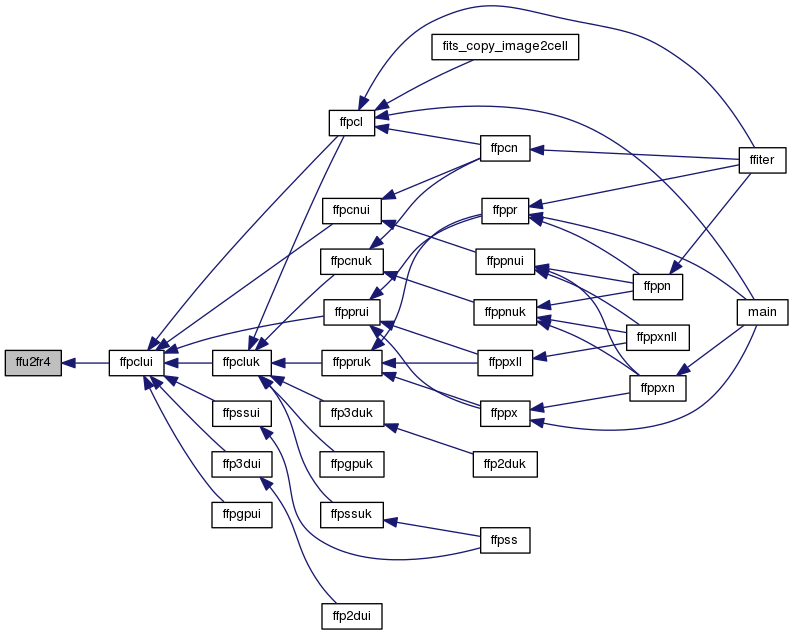
| int ffu2fr8 | ( | unsigned short * | array, |
| long | ntodo, | ||
| double | scale, | ||
| double | zero, | ||
| double * | buffer, | ||
| int * | status | ||
| ) |
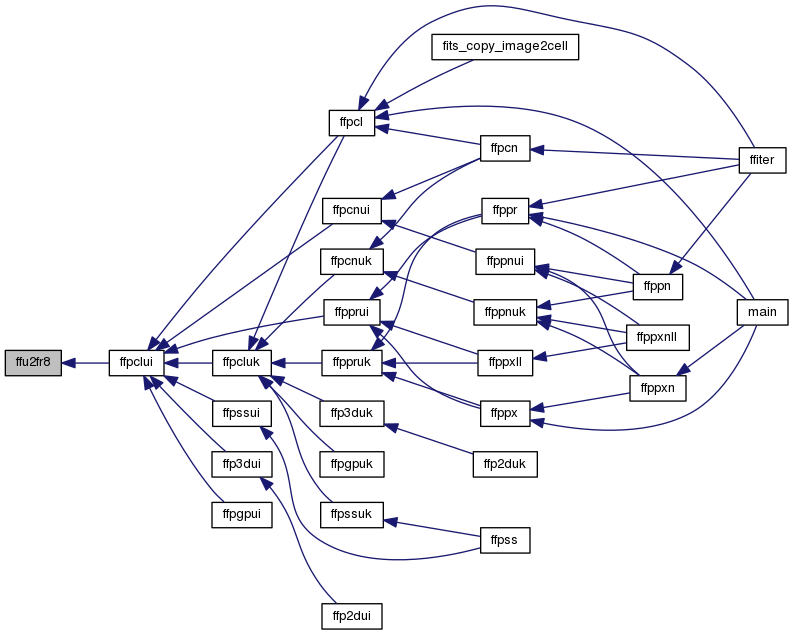
| int ffu2fstr | ( | unsigned short * | input, |
| long | ntodo, | ||
| double | scale, | ||
| double | zero, | ||
| char * | cform, | ||
| long | twidth, | ||
| char * | output, | ||
| int * | status | ||
| ) |
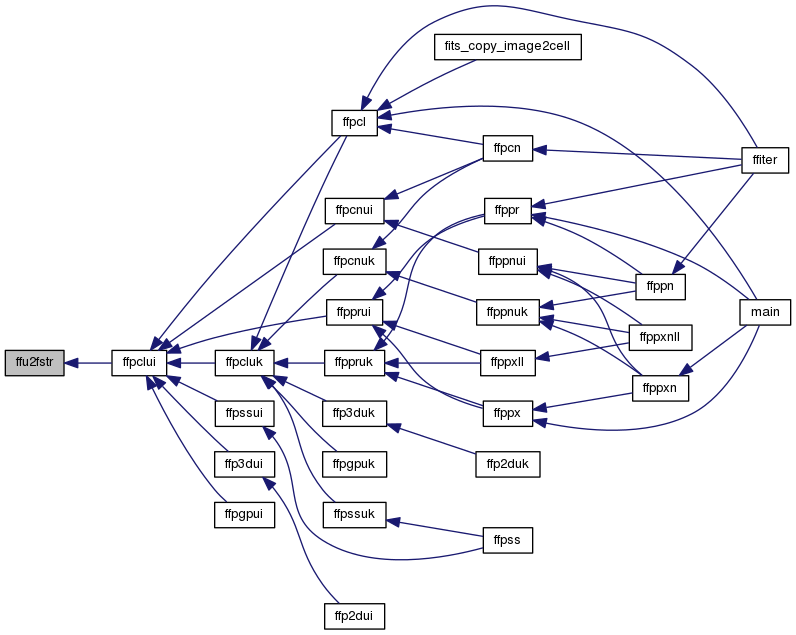
| int ffu4fi1 | ( | unsigned long * | array, |
| long | ntodo, | ||
| double | scale, | ||
| double | zero, | ||
| unsigned char * | buffer, | ||
| int * | status | ||
| ) |
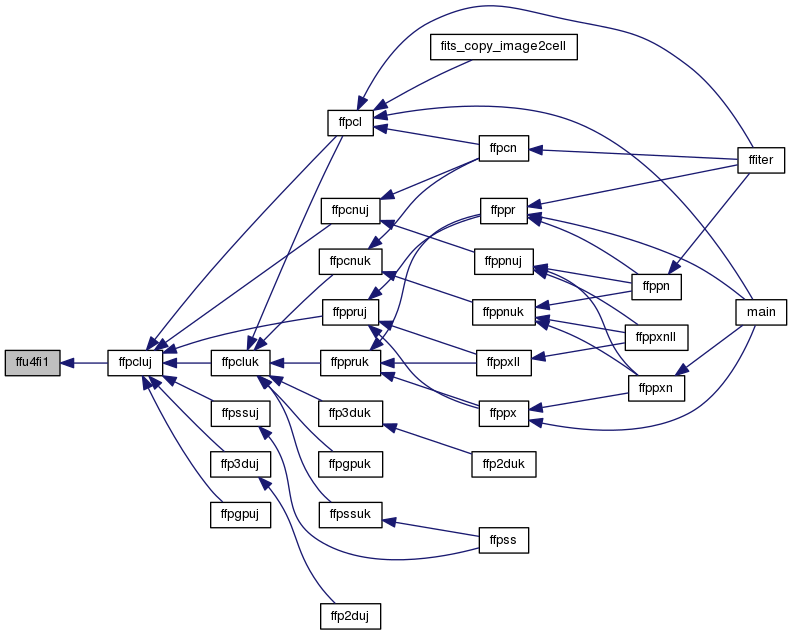
| int ffu4fi2 | ( | unsigned long * | array, |
| long | ntodo, | ||
| double | scale, | ||
| double | zero, | ||
| short * | buffer, | ||
| int * | status | ||
| ) |
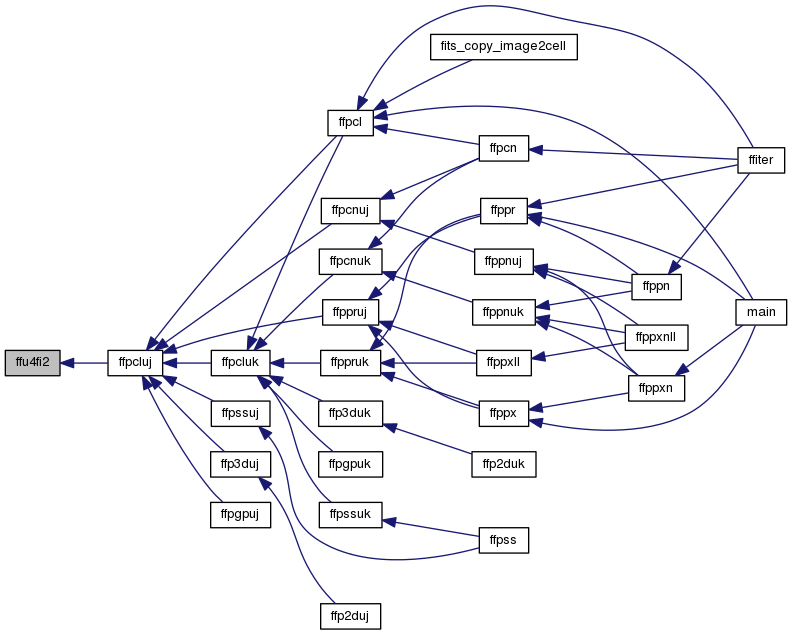
| int ffu4fi4 | ( | unsigned long * | array, |
| long | ntodo, | ||
| double | scale, | ||
| double | zero, | ||
| INT32BIT * | buffer, | ||
| int * | status | ||
| ) |
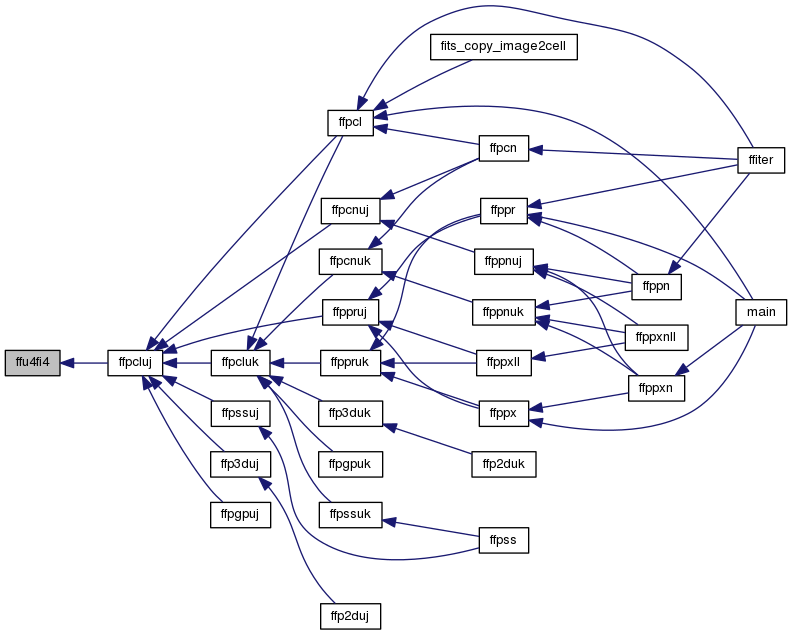
| int ffu4fi8 | ( | unsigned long * | array, |
| long | ntodo, | ||
| double | scale, | ||
| double | zero, | ||
| LONGLONG * | buffer, | ||
| int * | status | ||
| ) |
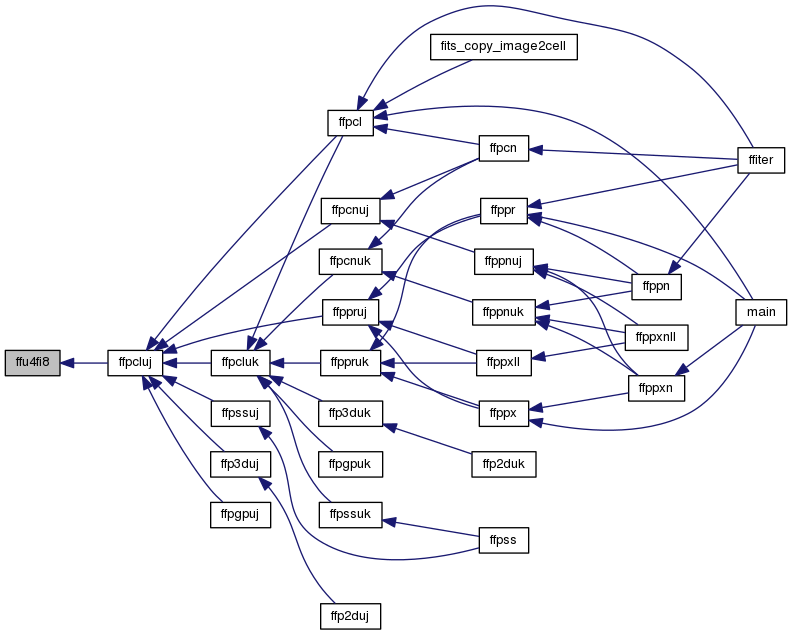
| int ffu4fr4 | ( | unsigned long * | array, |
| long | ntodo, | ||
| double | scale, | ||
| double | zero, | ||
| float * | buffer, | ||
| int * | status | ||
| ) |
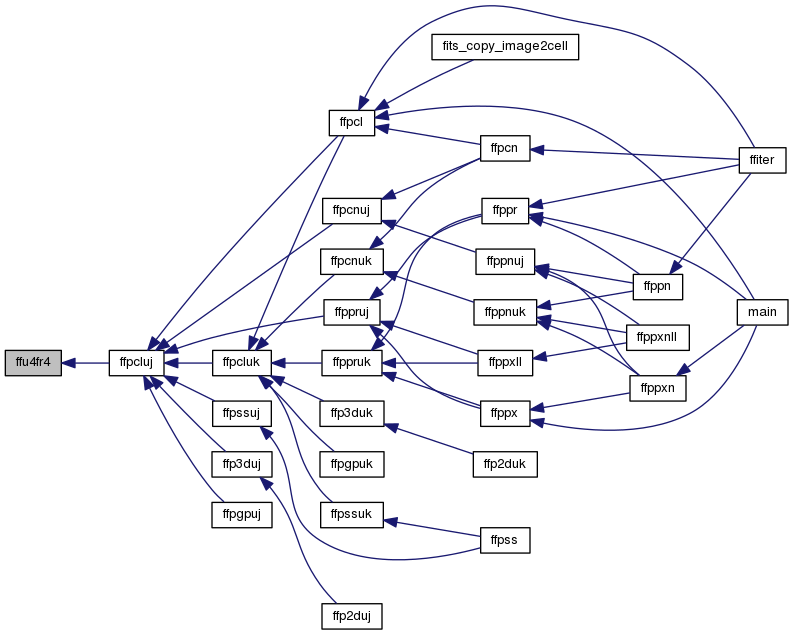
| int ffu4fr8 | ( | unsigned long * | array, |
| long | ntodo, | ||
| double | scale, | ||
| double | zero, | ||
| double * | buffer, | ||
| int * | status | ||
| ) |
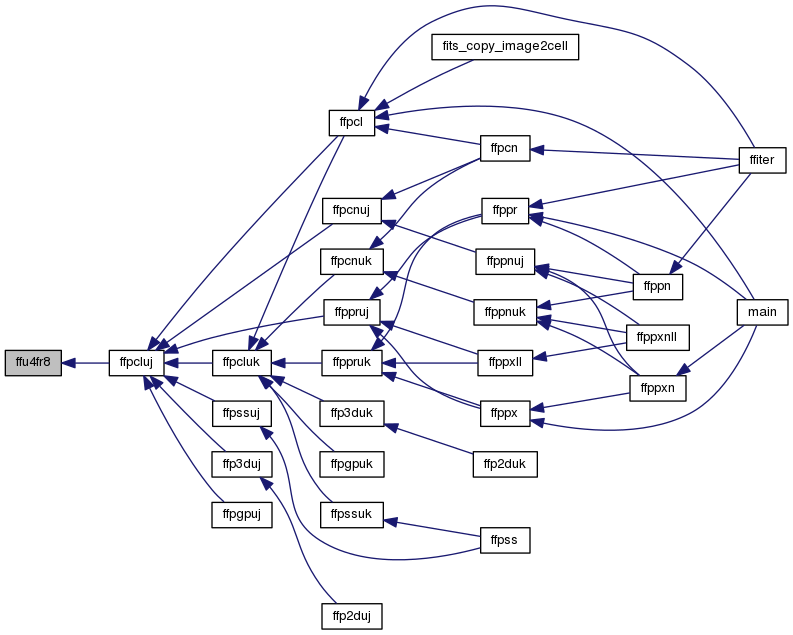
| int ffu4fstr | ( | unsigned long * | input, |
| long | ntodo, | ||
| double | scale, | ||
| double | zero, | ||
| char * | cform, | ||
| long | twidth, | ||
| char * | output, | ||
| int * | status | ||
| ) |
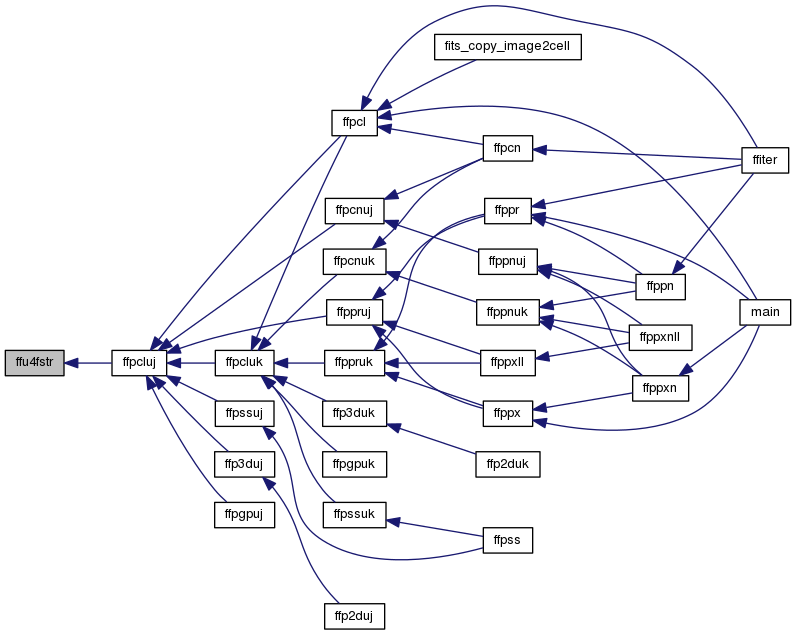
| int ffuintfi1 | ( | unsigned int * | array, |
| long | ntodo, | ||
| double | scale, | ||
| double | zero, | ||
| unsigned char * | buffer, | ||
| int * | status | ||
| ) |
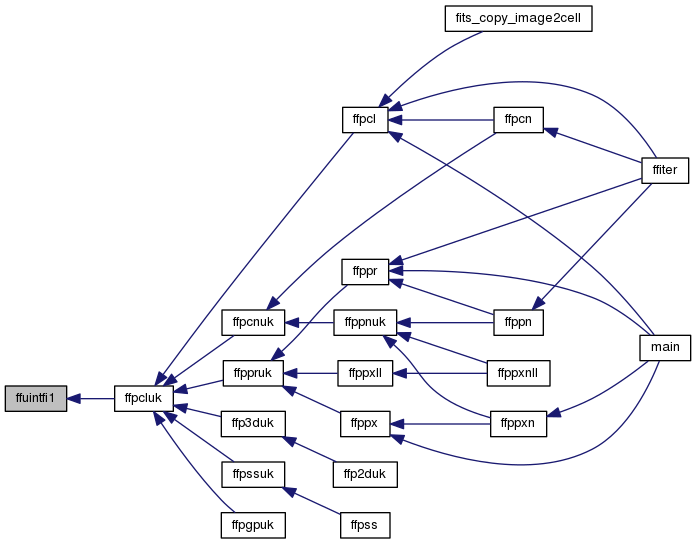
| int ffuintfi2 | ( | unsigned int * | array, |
| long | ntodo, | ||
| double | scale, | ||
| double | zero, | ||
| short * | buffer, | ||
| int * | status | ||
| ) |
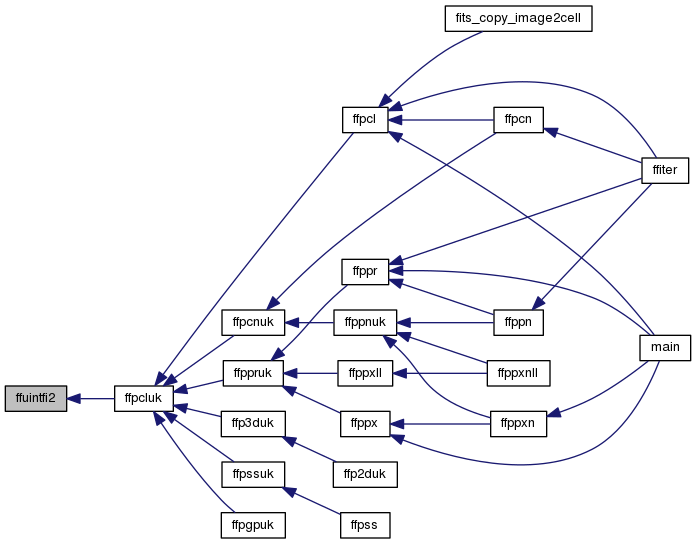
| int ffuintfi4 | ( | unsigned int * | array, |
| long | ntodo, | ||
| double | scale, | ||
| double | zero, | ||
| INT32BIT * | buffer, | ||
| int * | status | ||
| ) |
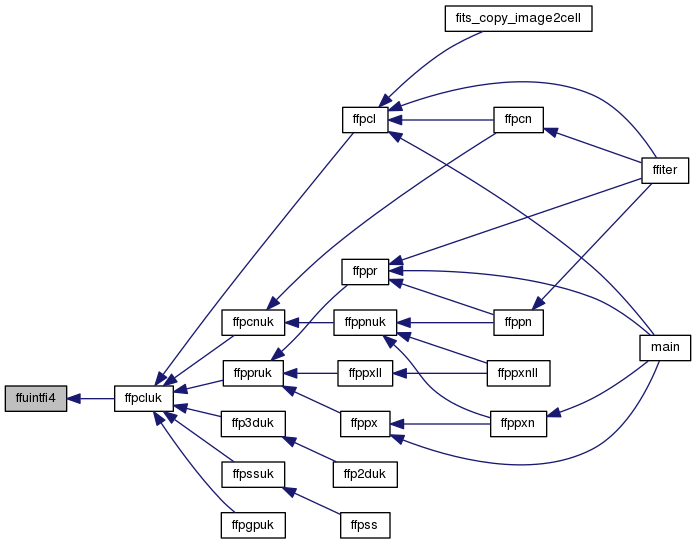
| int ffuintfi8 | ( | unsigned int * | array, |
| long | ntodo, | ||
| double | scale, | ||
| double | zero, | ||
| LONGLONG * | buffer, | ||
| int * | status | ||
| ) |
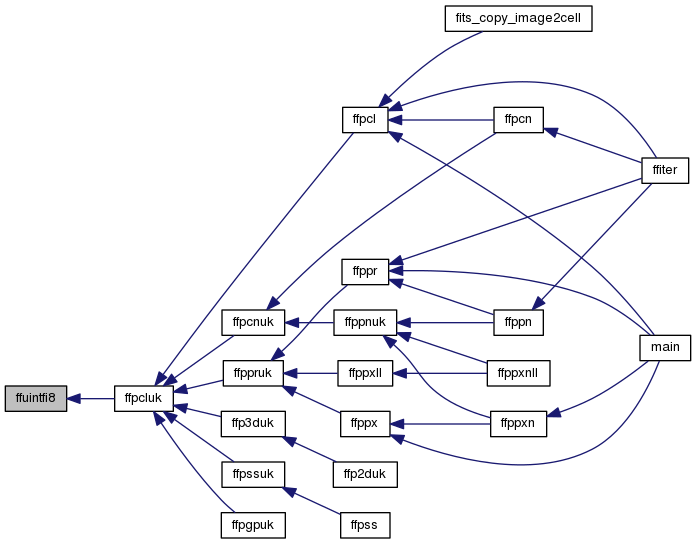
| int ffuintfr4 | ( | unsigned int * | array, |
| long | ntodo, | ||
| double | scale, | ||
| double | zero, | ||
| float * | buffer, | ||
| int * | status | ||
| ) |
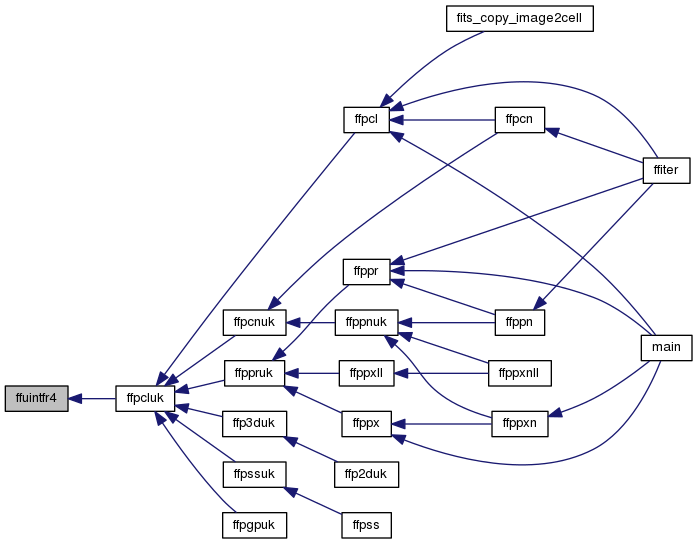
| int ffuintfr8 | ( | unsigned int * | array, |
| long | ntodo, | ||
| double | scale, | ||
| double | zero, | ||
| double * | buffer, | ||
| int * | status | ||
| ) |
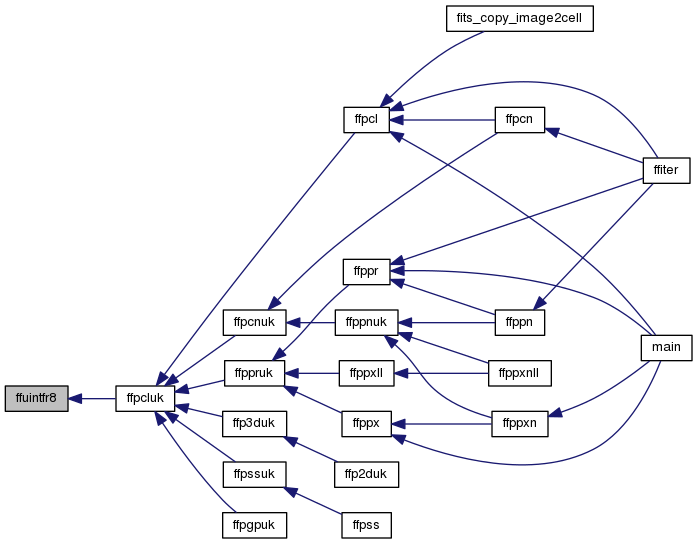
| int ffuintfstr | ( | unsigned int * | input, |
| long | ntodo, | ||
| double | scale, | ||
| double | zero, | ||
| char * | cform, | ||
| long | twidth, | ||
| char * | output, | ||
| int * | status | ||
| ) |
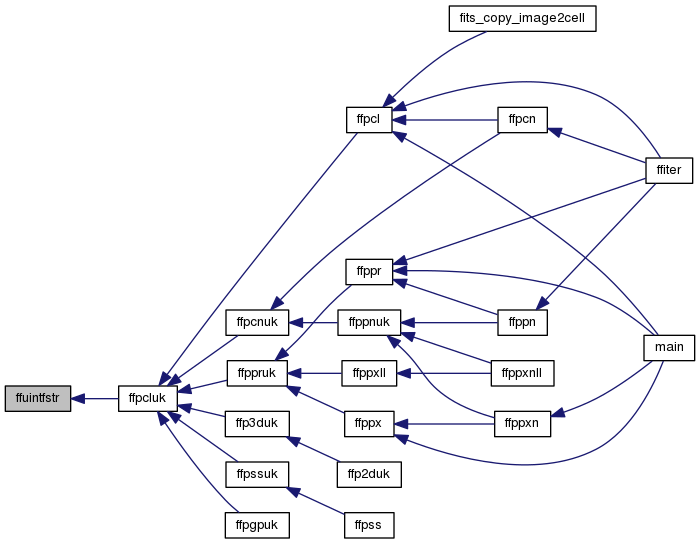
| int ffuptf | ( | fitsfile * | fptr, |
| int * | status | ||
| ) |
Update the value of the TFORM keywords for the variable length array columns to make sure they all have the form 1Px(len) or Px(len) where 'len' is the maximum length of the vector in the table (e.g., '1PE(400)')
| [in] | fptr | FITS file pointer |
| [in,out] | status | error status |
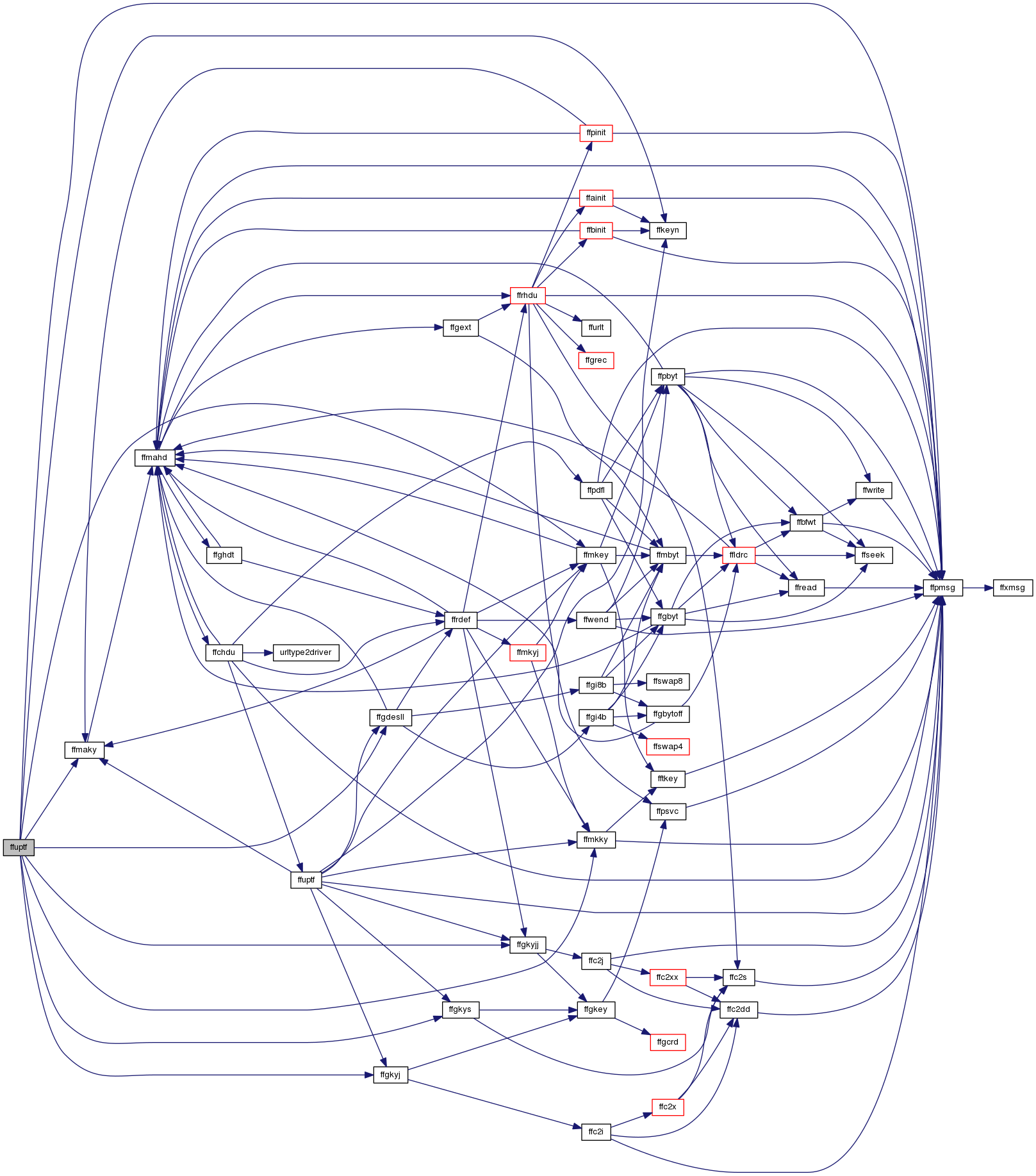
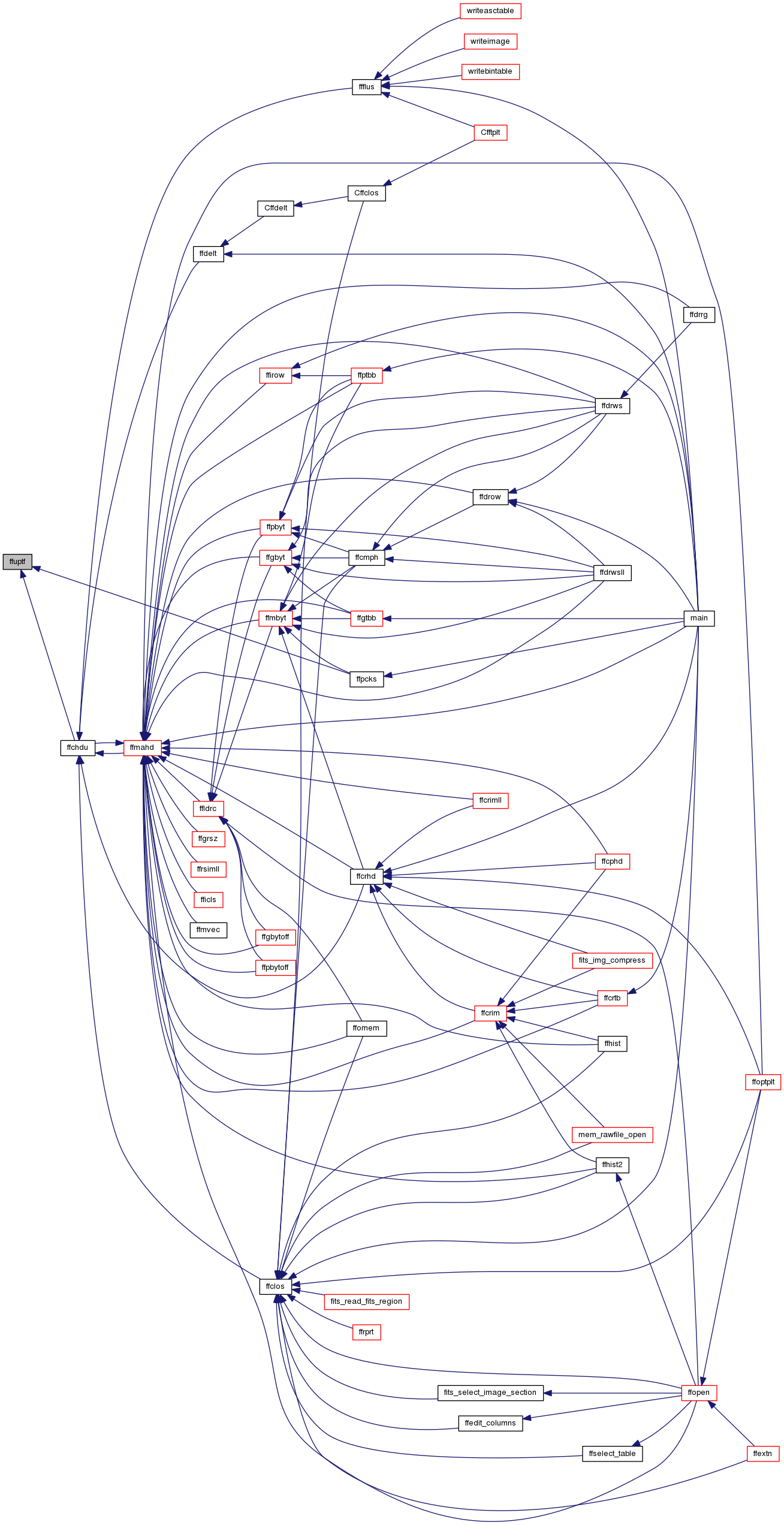
| int ffwend | ( | fitsfile * | fptr, |
| int * | status | ||
| ) |
write the END card and following fill (space chars) in the current header
| [in] | fptr | FITS file pointer |
| [in,out] | status | error status |
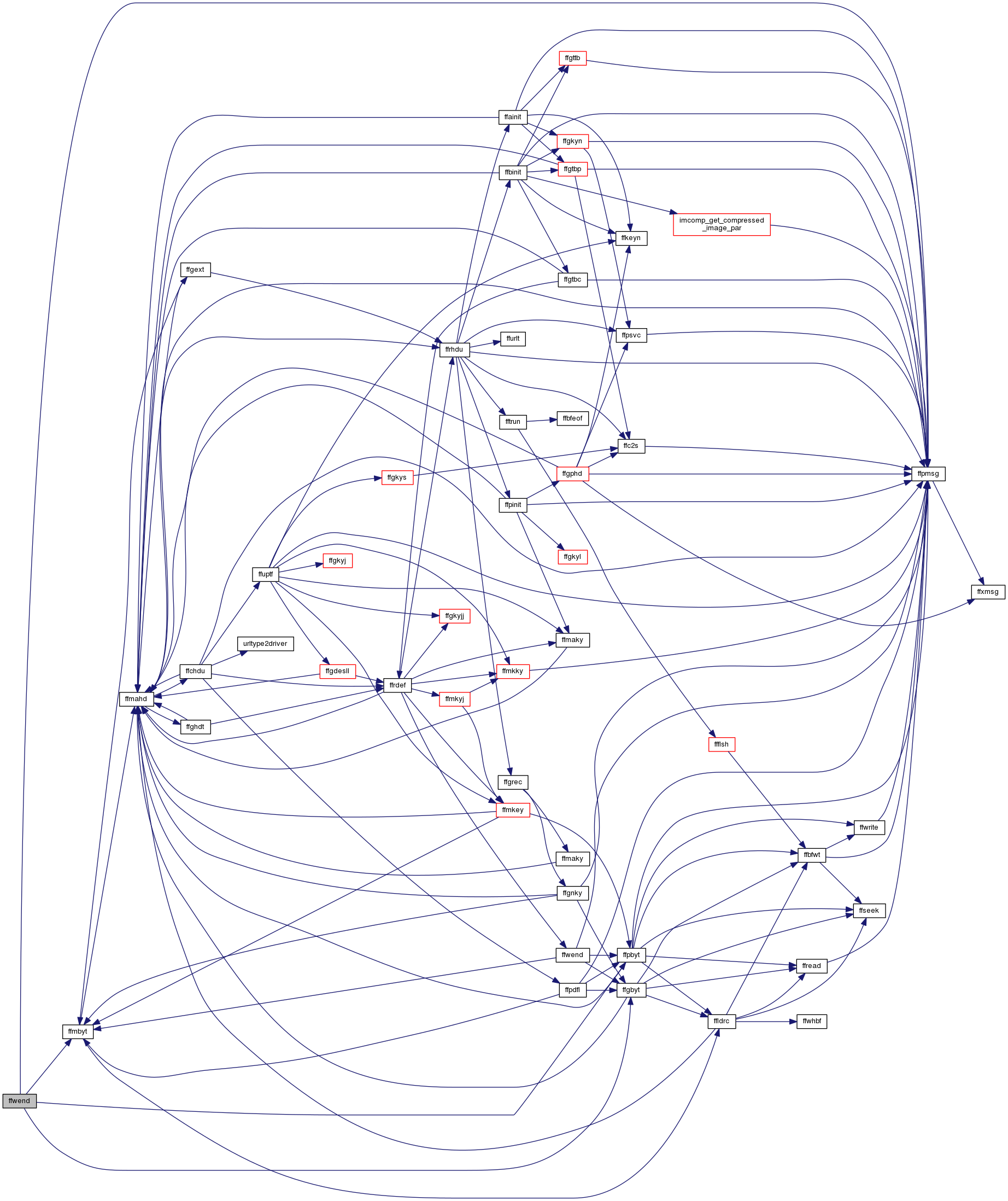
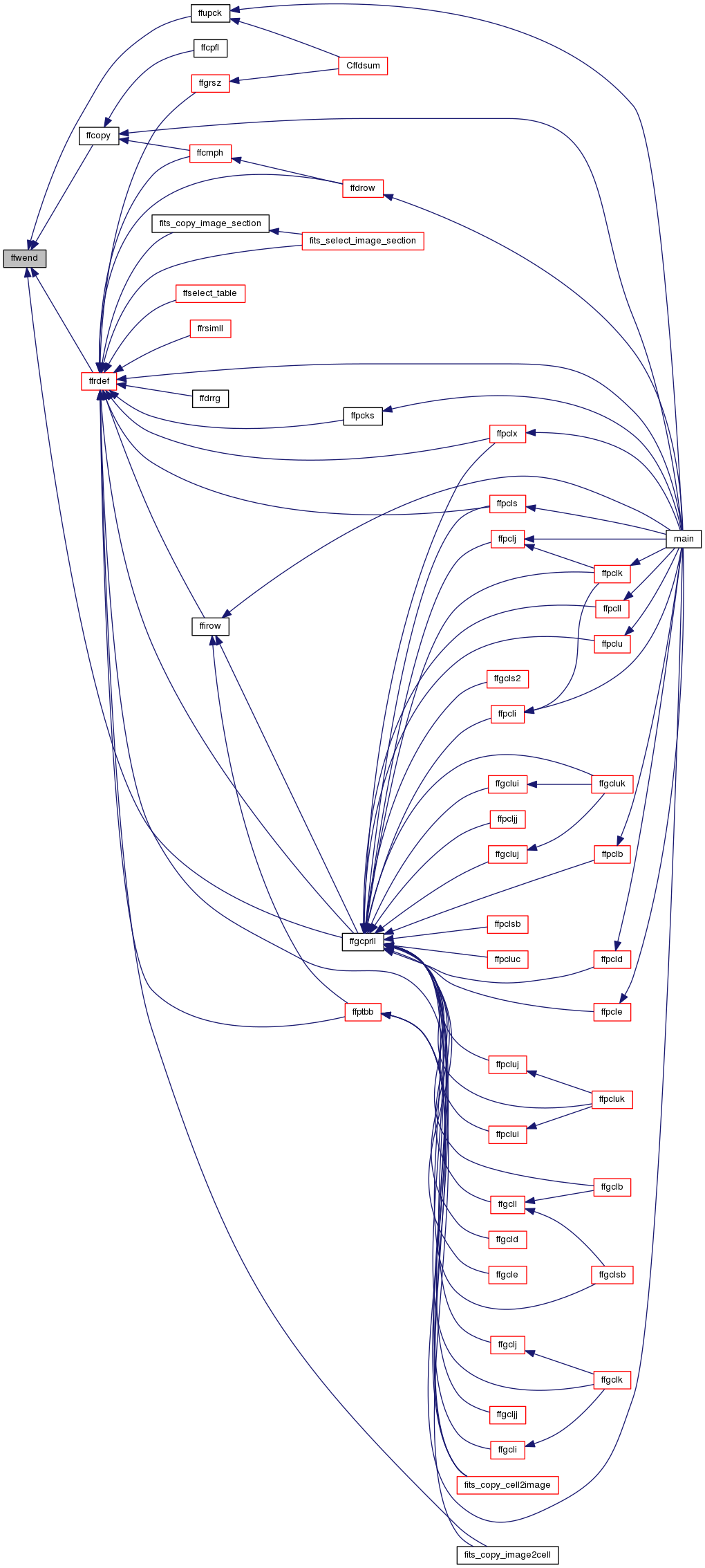
| int ffwhbf | ( | fitsfile * | fptr, |
| int * | nbuff | ||
| ) |

| int ffwrite | ( | FITSfile * | fptr, |
| long | nbytes, | ||
| void * | buffer, | ||
| int * | status | ||
| ) |
low level routine to write bytes to a file.
| [in] | fptr | FITS file pointer |
| [in] | nbytes | number of bytes to write |
| [in] | buffer | buffer to write |
| [out] | status | error status |

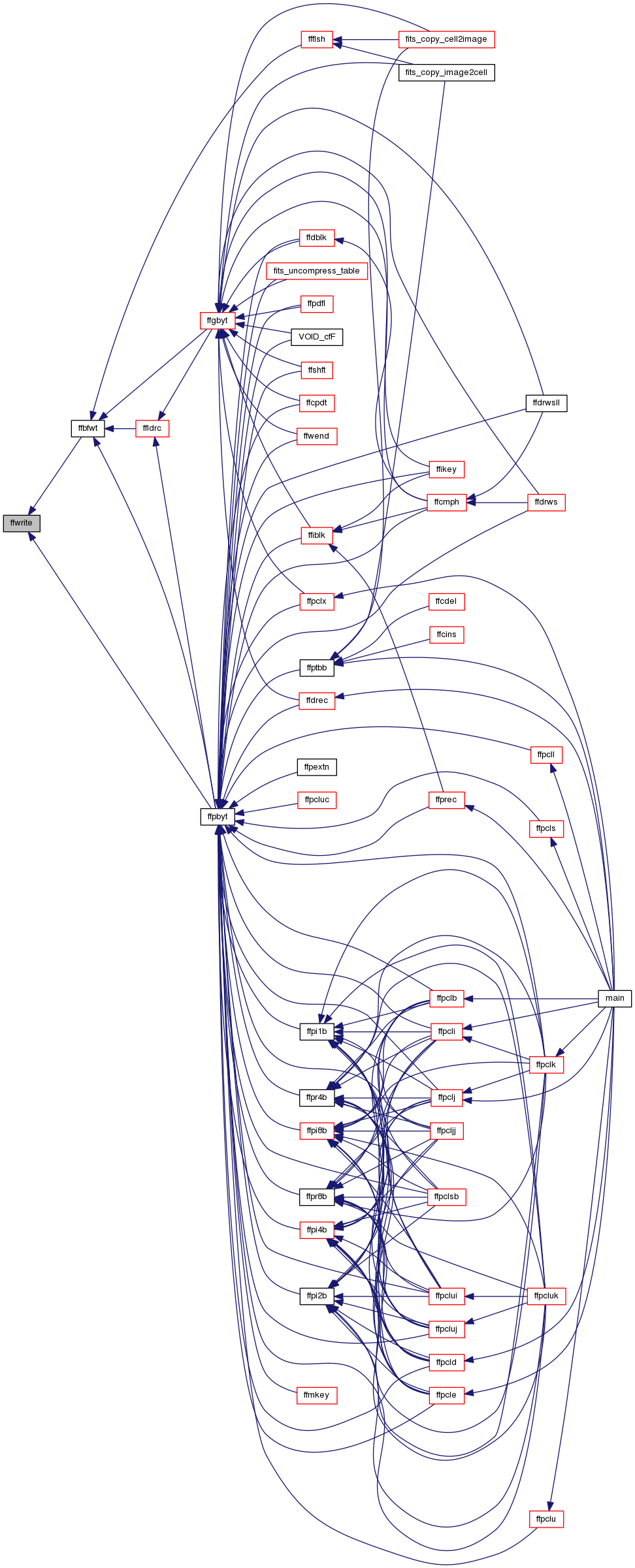
| int ffwritehisto | ( | long | totaln, |
| long | offset, | ||
| long | firstn, | ||
| long | nvalues, | ||
| int | narrays, | ||
| iteratorCol * | imagepars, | ||
| void * | userPointer | ||
| ) |

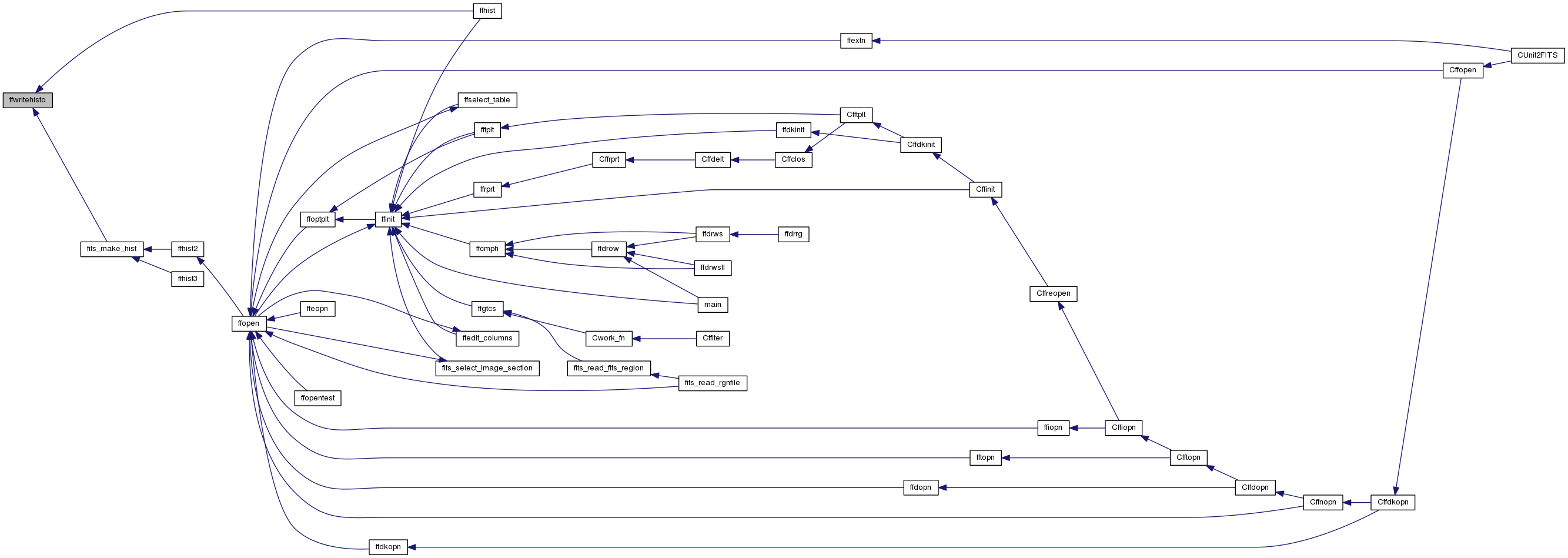
| void ffxmsg | ( | int | action, |
| char * | errmsg | ||
| ) |
general routine to get, put, or clear the error message stack. Use a static array rather than allocating memory as needed for the error messages because it is likely to be more efficient and simpler to implement.
Action Code: DelAll 1 delete all messages on the error stack DelMark 2 delete messages back to and including the 1st marker DelNewest 3 delete the newest message from the stack GetMesg 4 pop and return oldest message, ignoring marks PutMesg 5 add a new message to the stack PutMark 6 add a marker to the stack
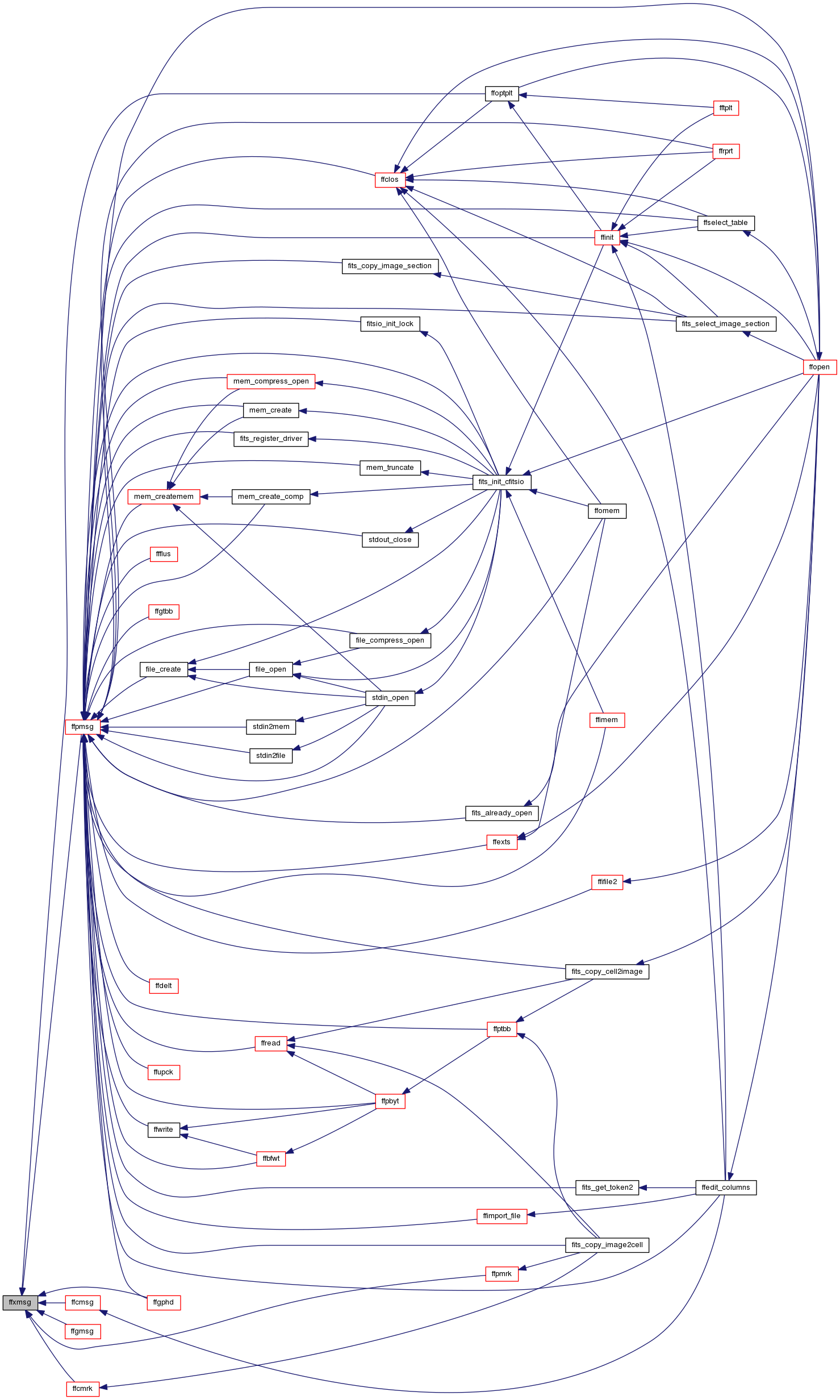
| int file_checkfile | ( | char * | urltype, |
| char * | infile, | ||
| char * | outfile | ||
| ) |

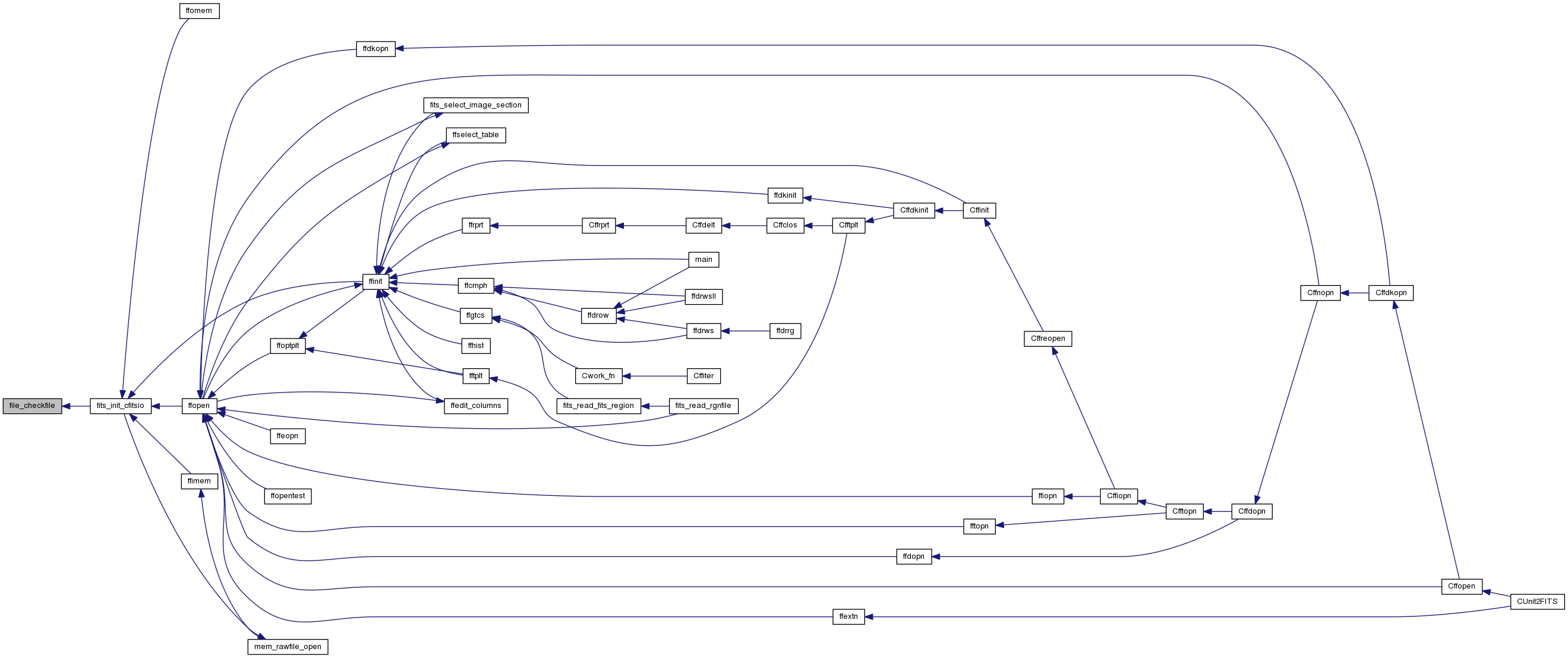
| int file_close | ( | int | driverhandle | ) |
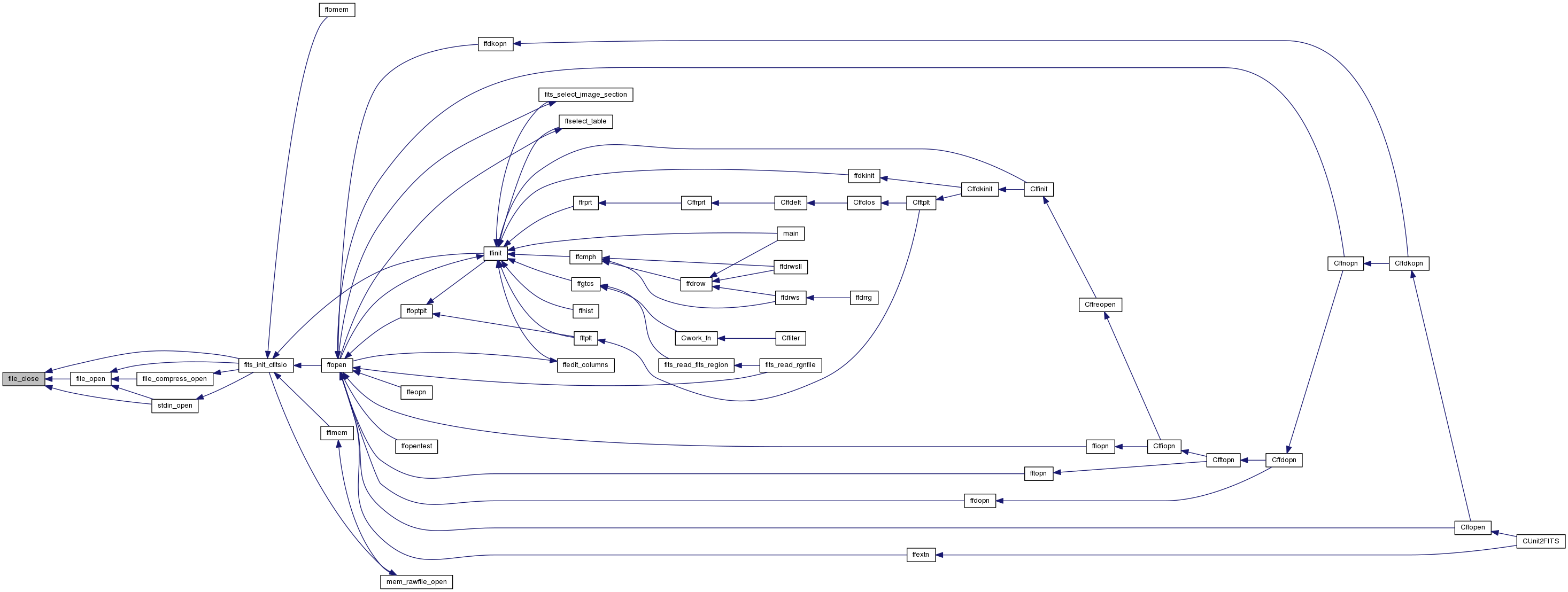
| int file_compress_open | ( | char * | filename, |
| int | rwmode, | ||
| int * | hdl | ||
| ) |
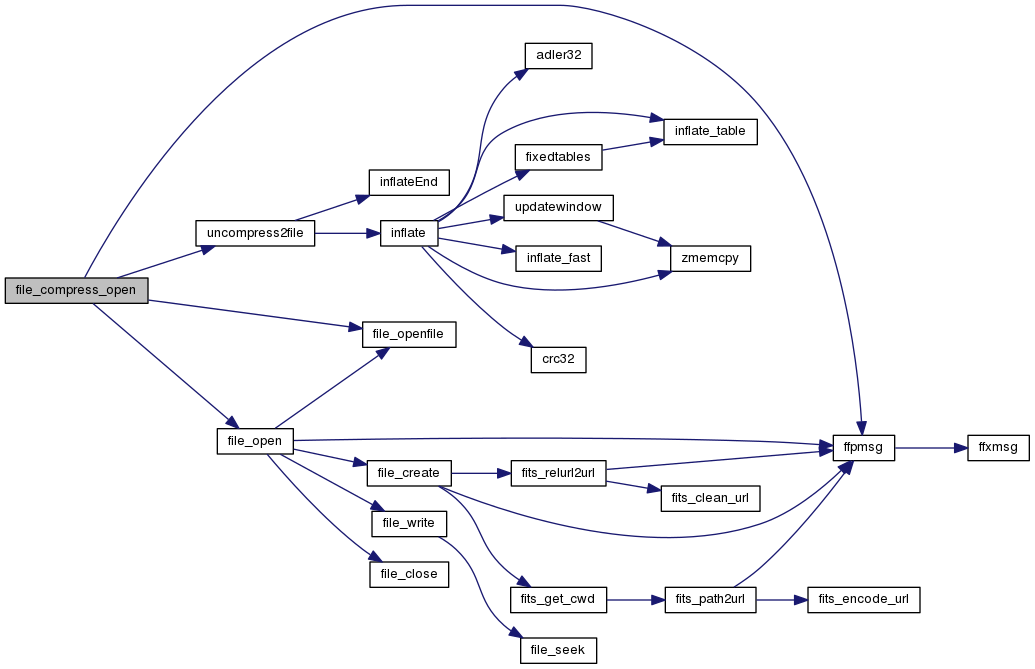
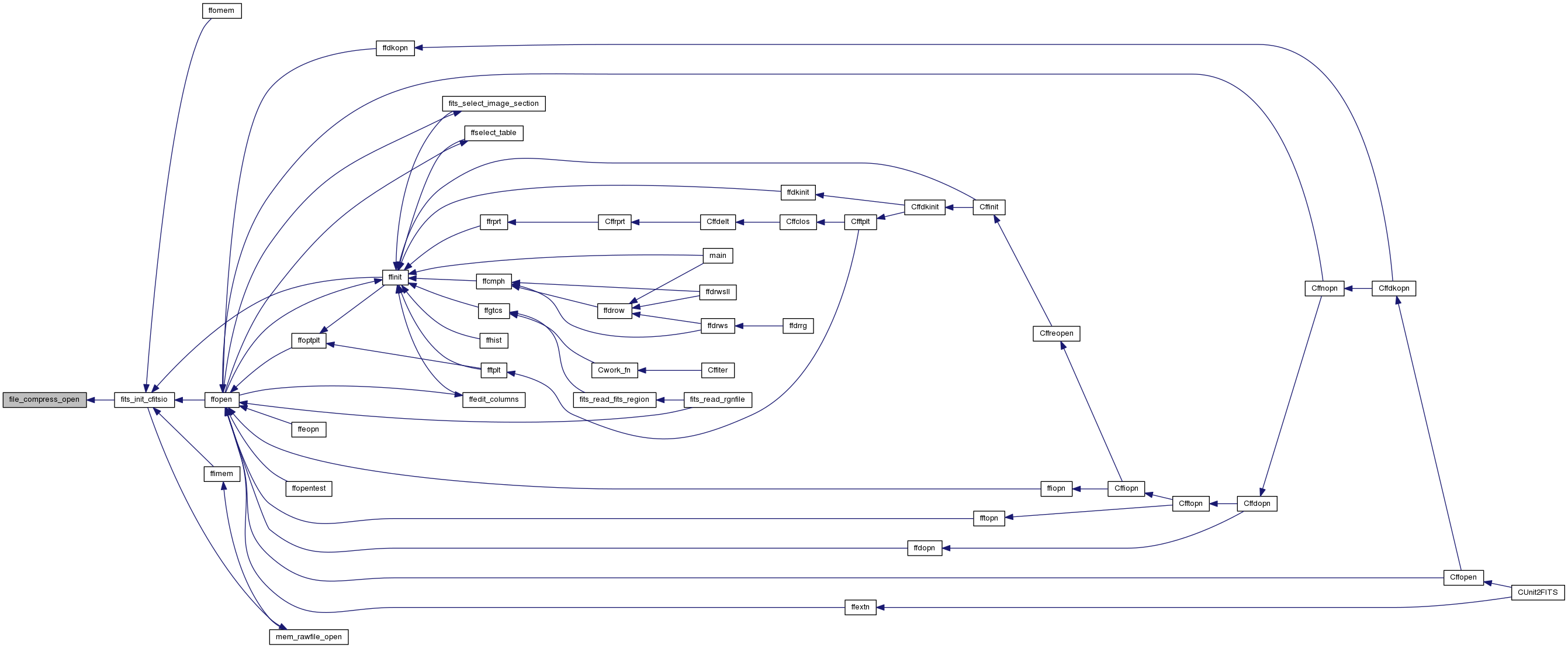
| int file_create | ( | char * | filename, |
| int * | driverhandle | ||
| ) |

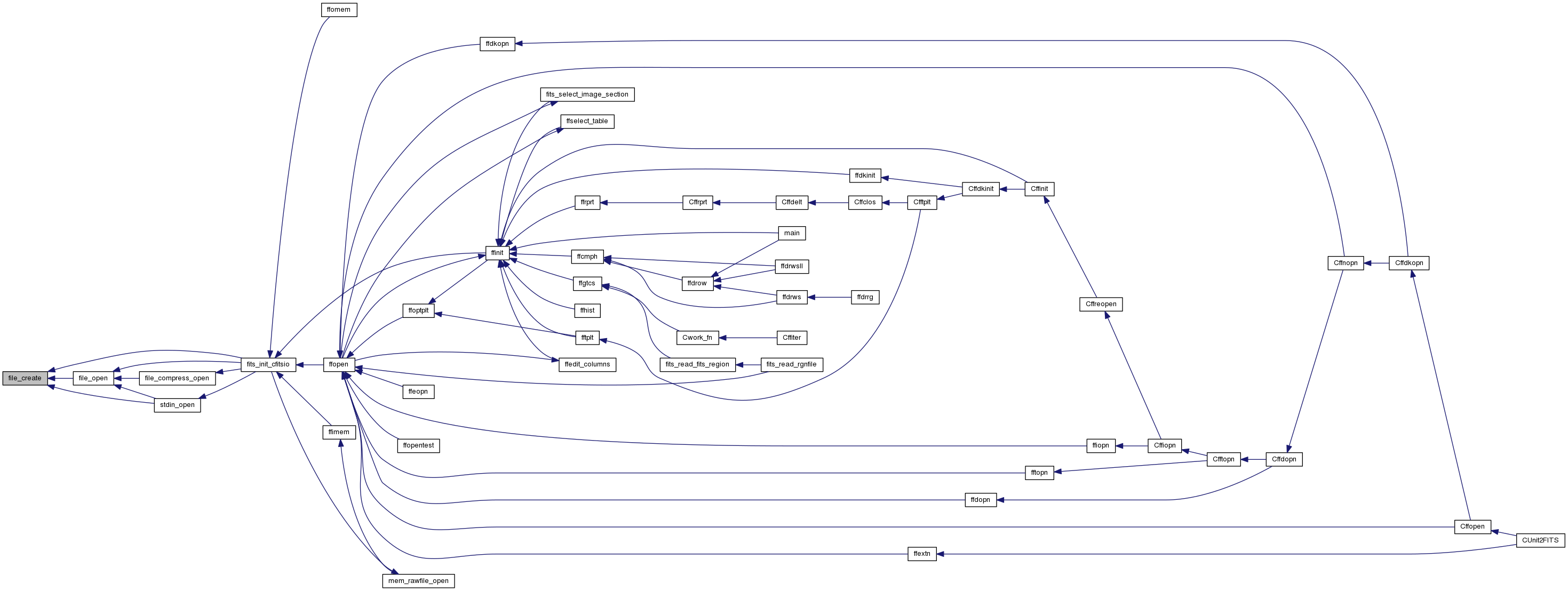
| int file_flush | ( | int | driverhandle | ) |

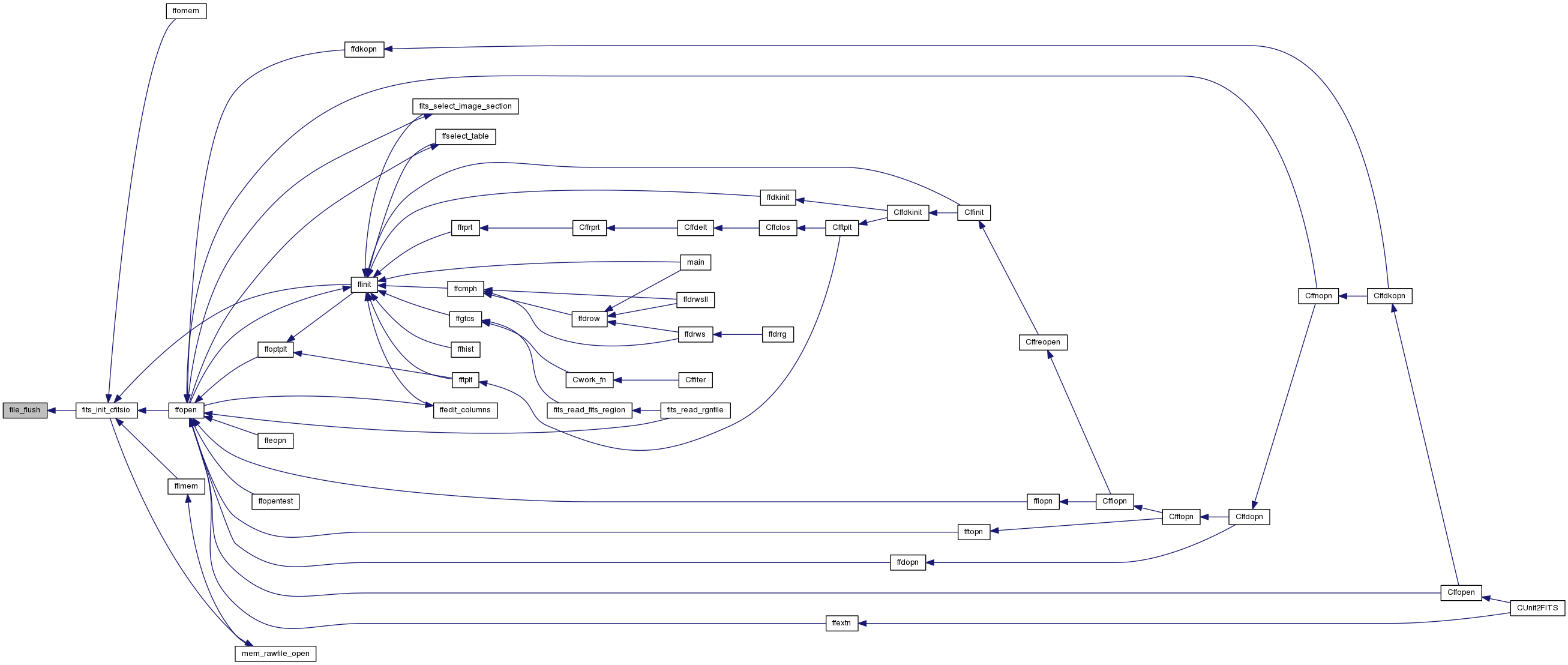
| int file_getoptions | ( | int * | options | ) |
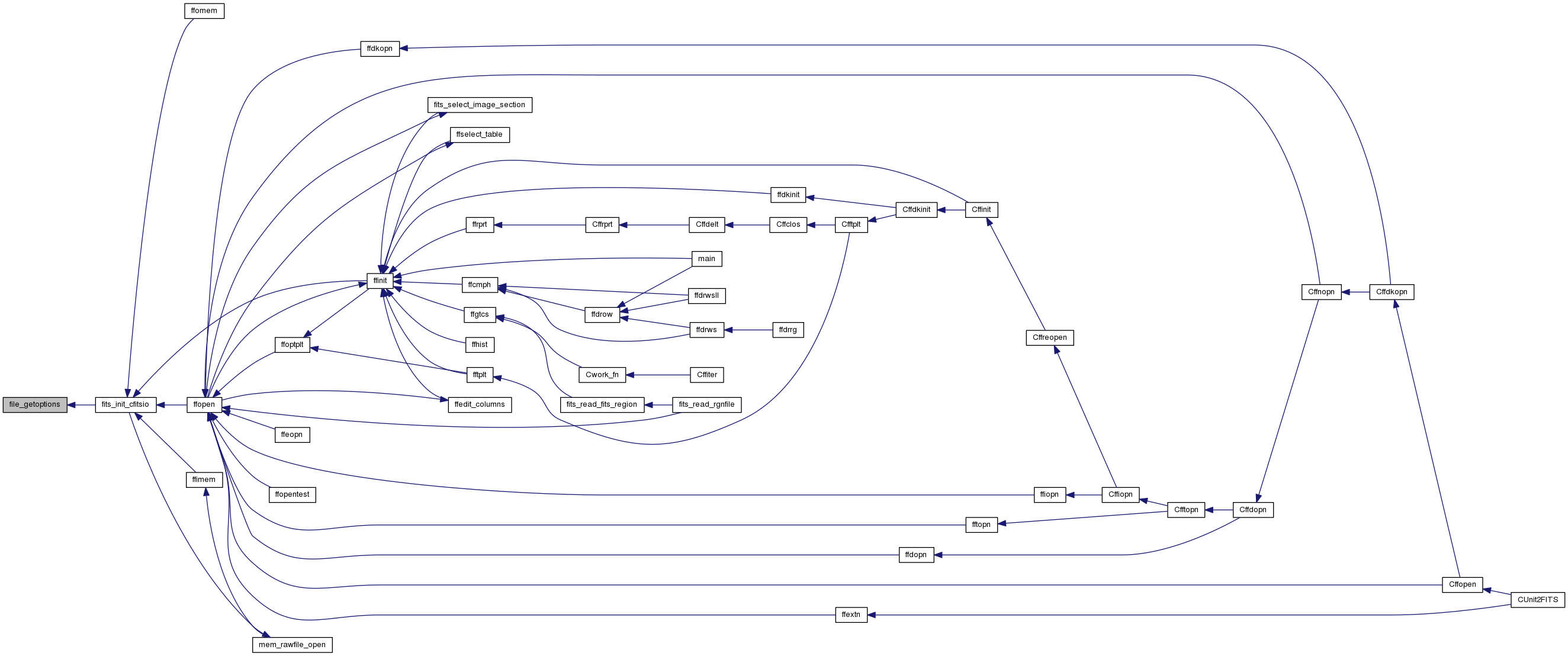
| int file_getversion | ( | int * | version | ) |
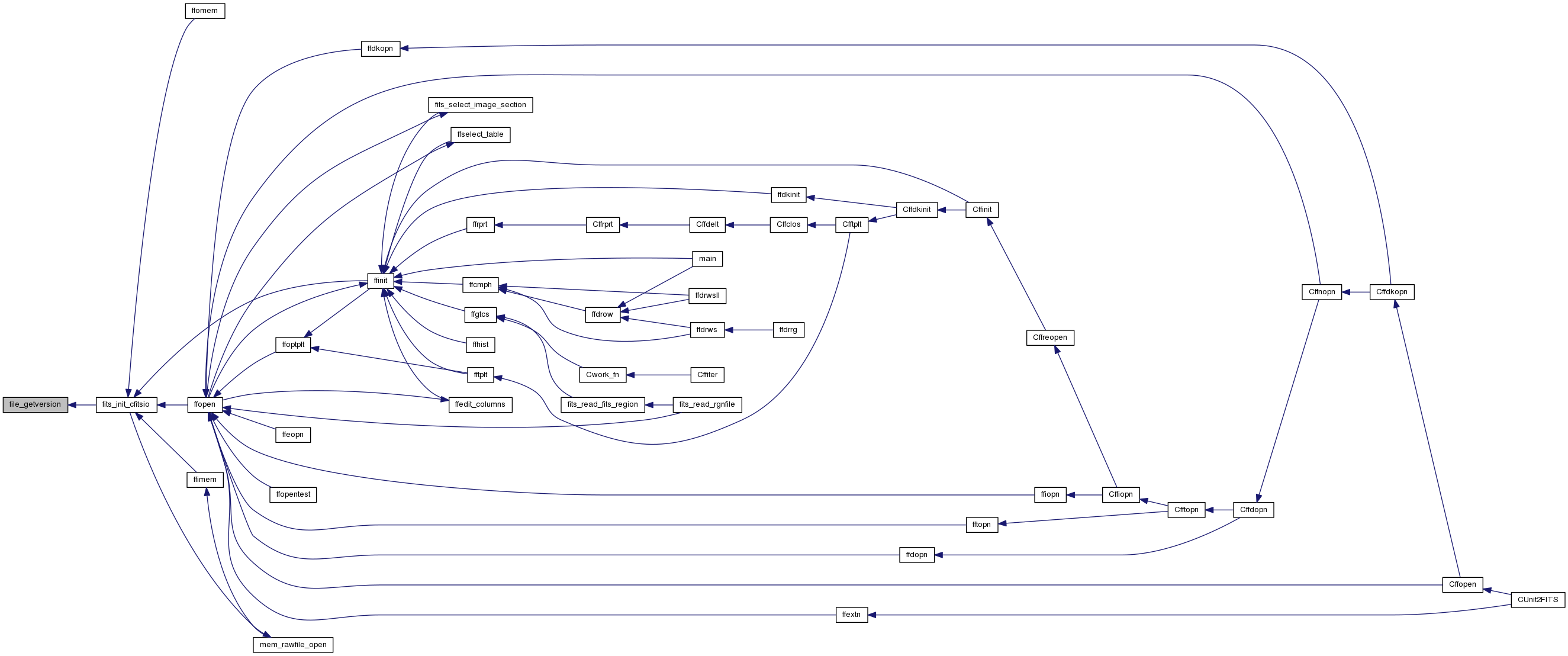
| int file_init | ( | void | ) |
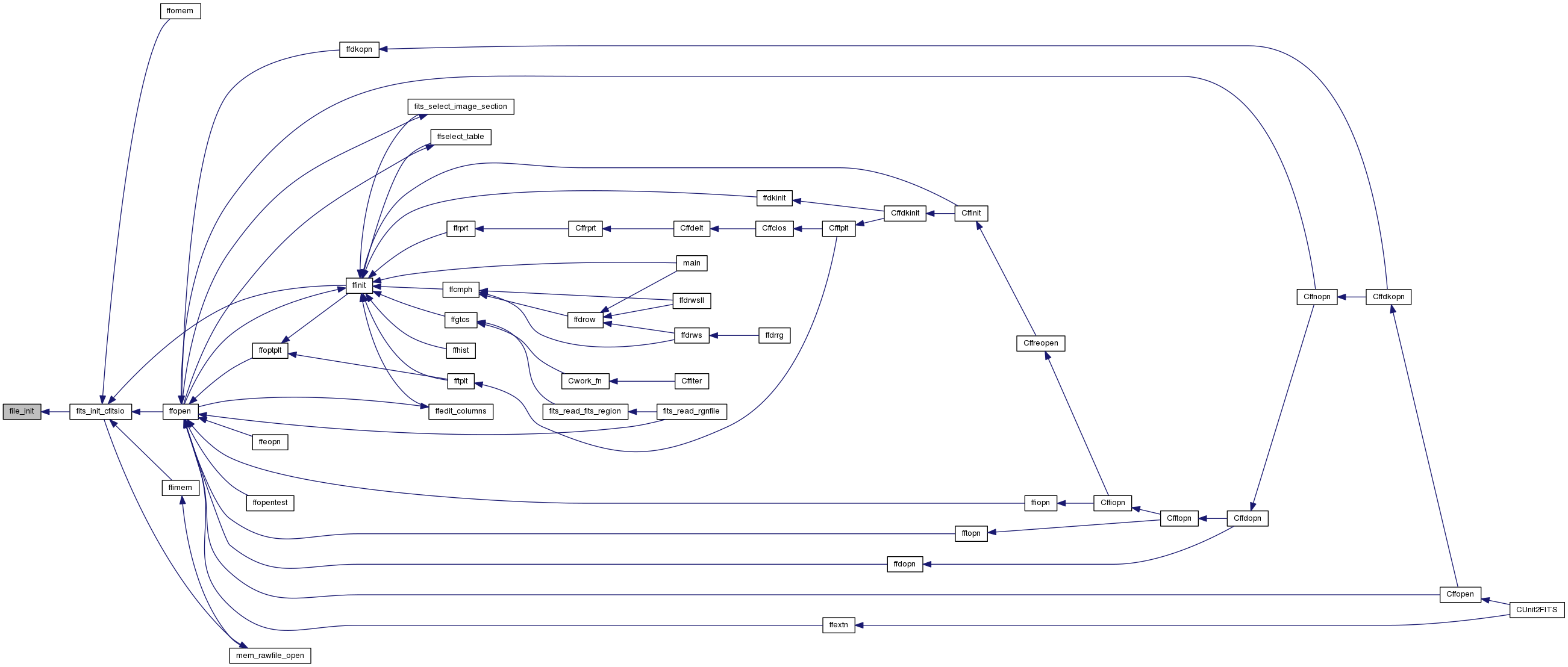
| int file_is_compressed | ( | char * | filename | ) |

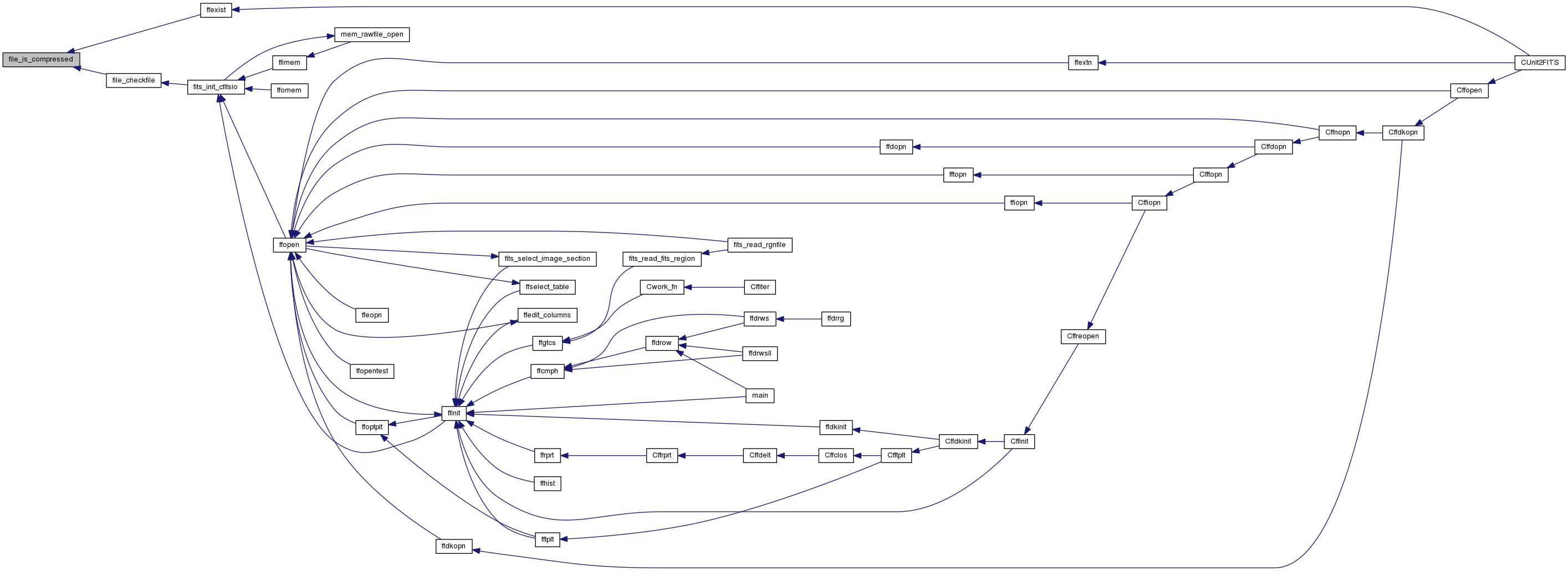
| int file_open | ( | char * | filename, |
| int | rwmode, | ||
| int * | driverhandle | ||
| ) |
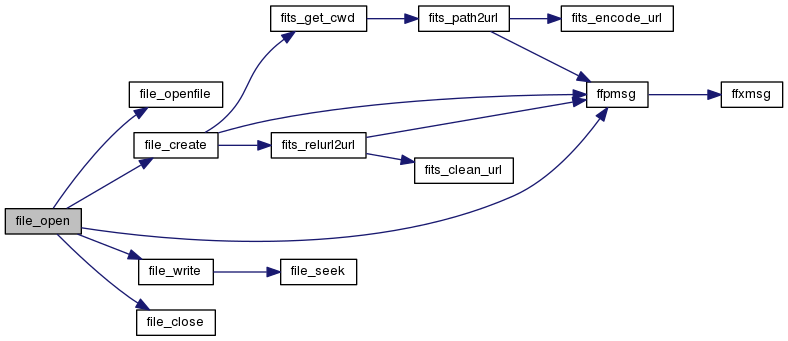
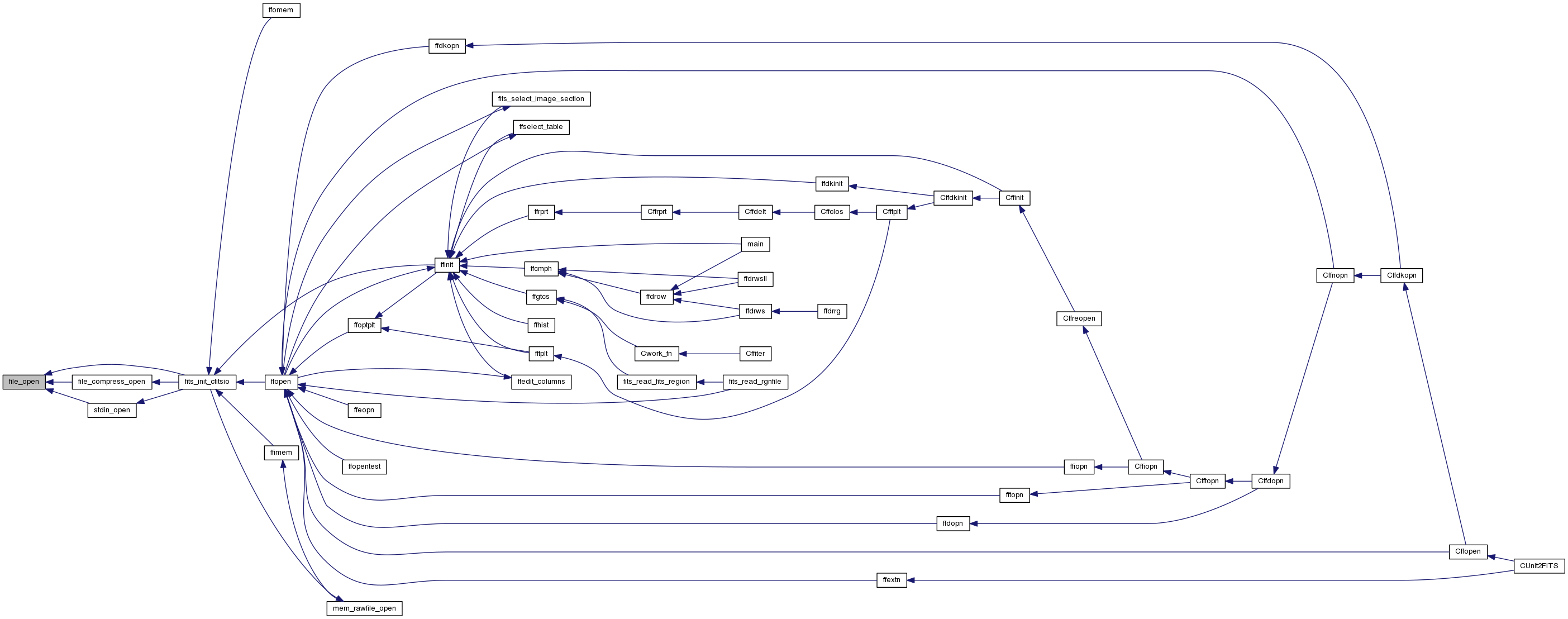
| int file_openfile | ( | char * | filename, |
| int | rwmode, | ||
| FILE ** | diskfile | ||
| ) |
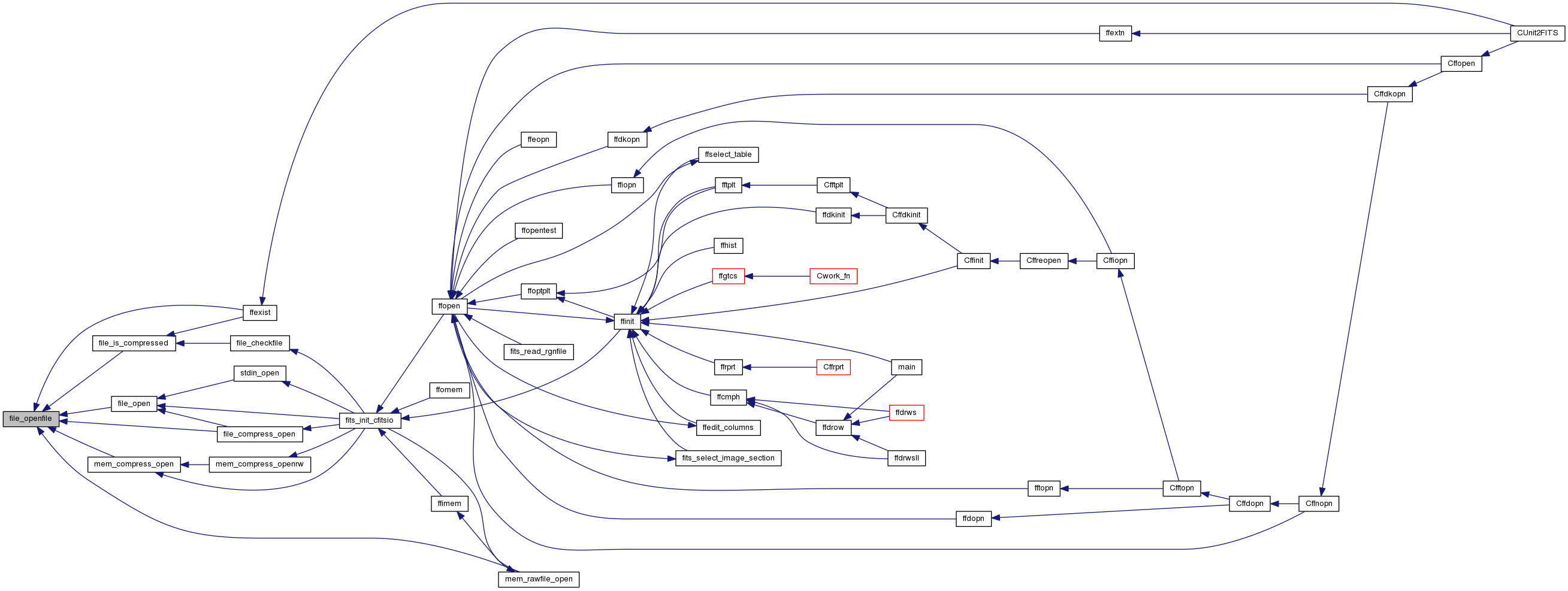
| int file_read | ( | int | driverhandle, |
| void * | buffer, | ||
| long | nbytes | ||
| ) |

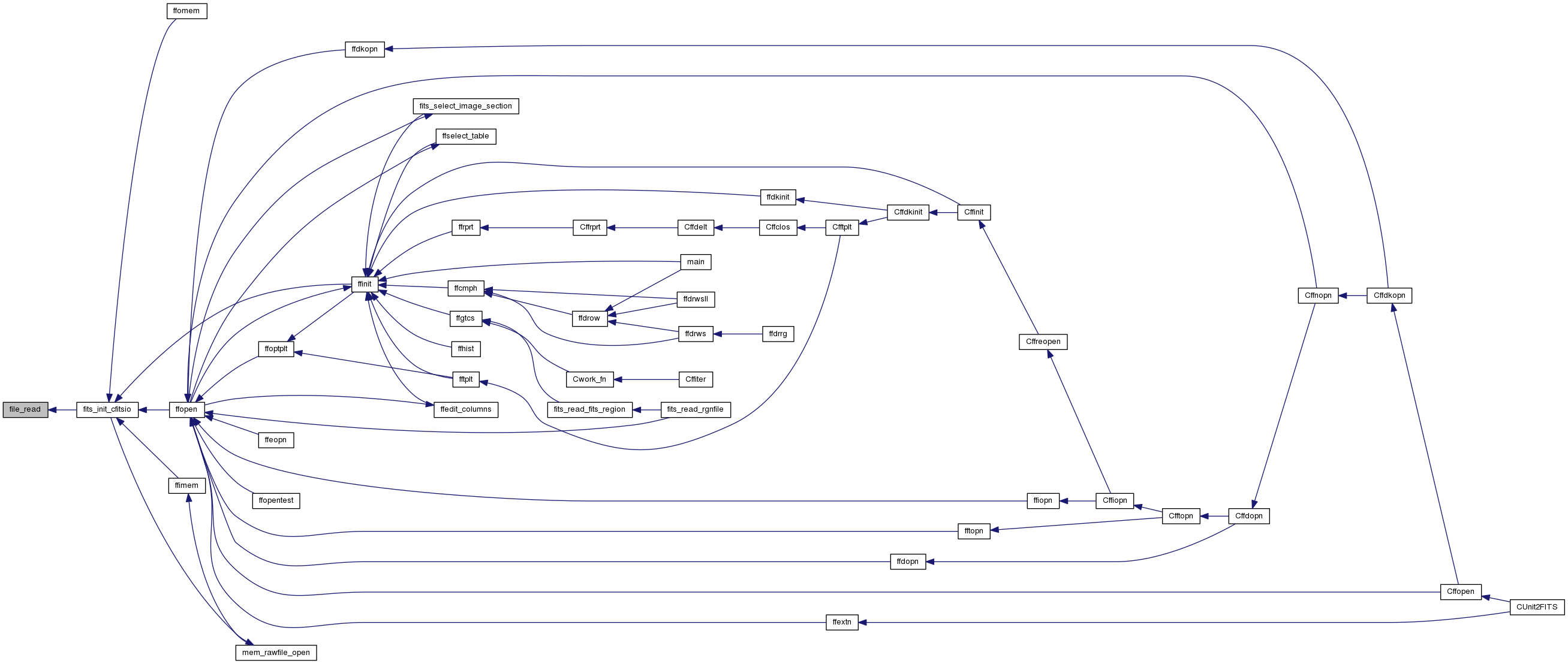
| int file_remove | ( | char * | filename | ) |
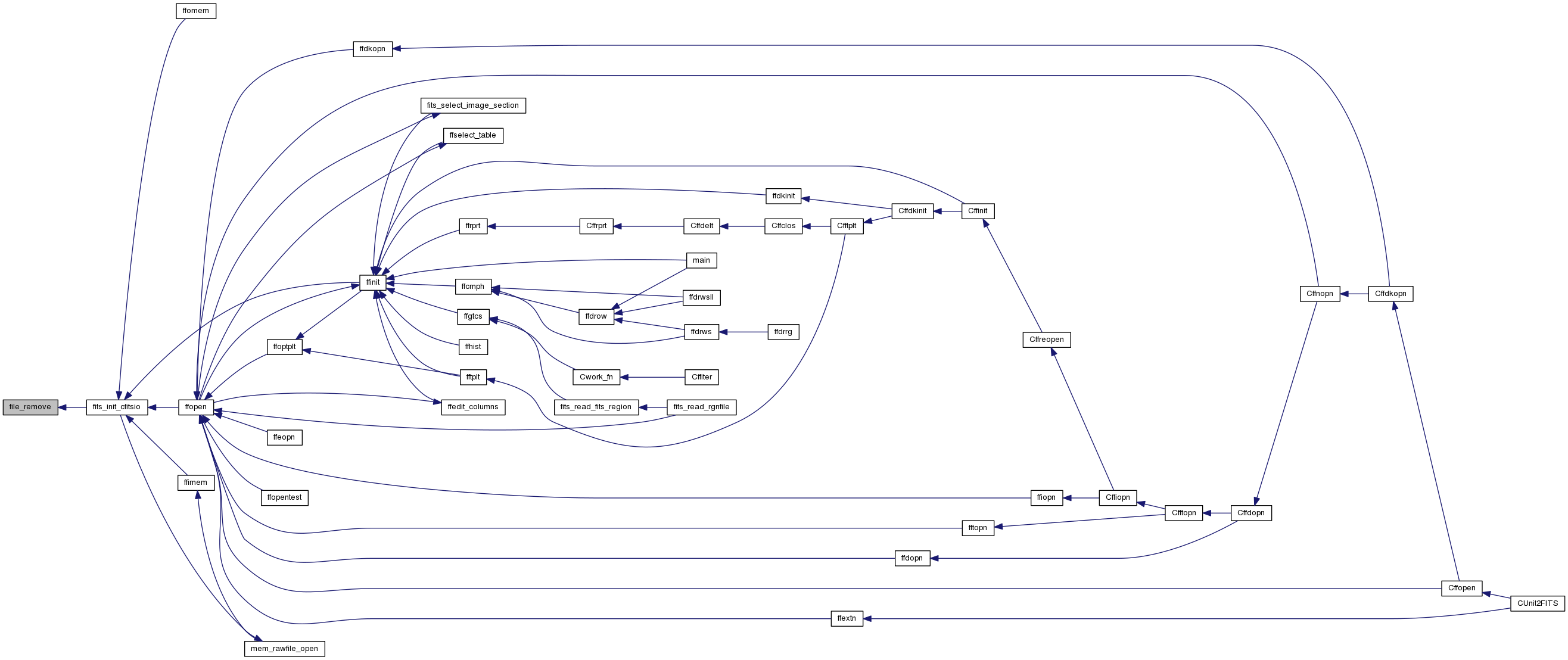
| int file_seek | ( | int | driverhandle, |
| LONGLONG | offset | ||
| ) |
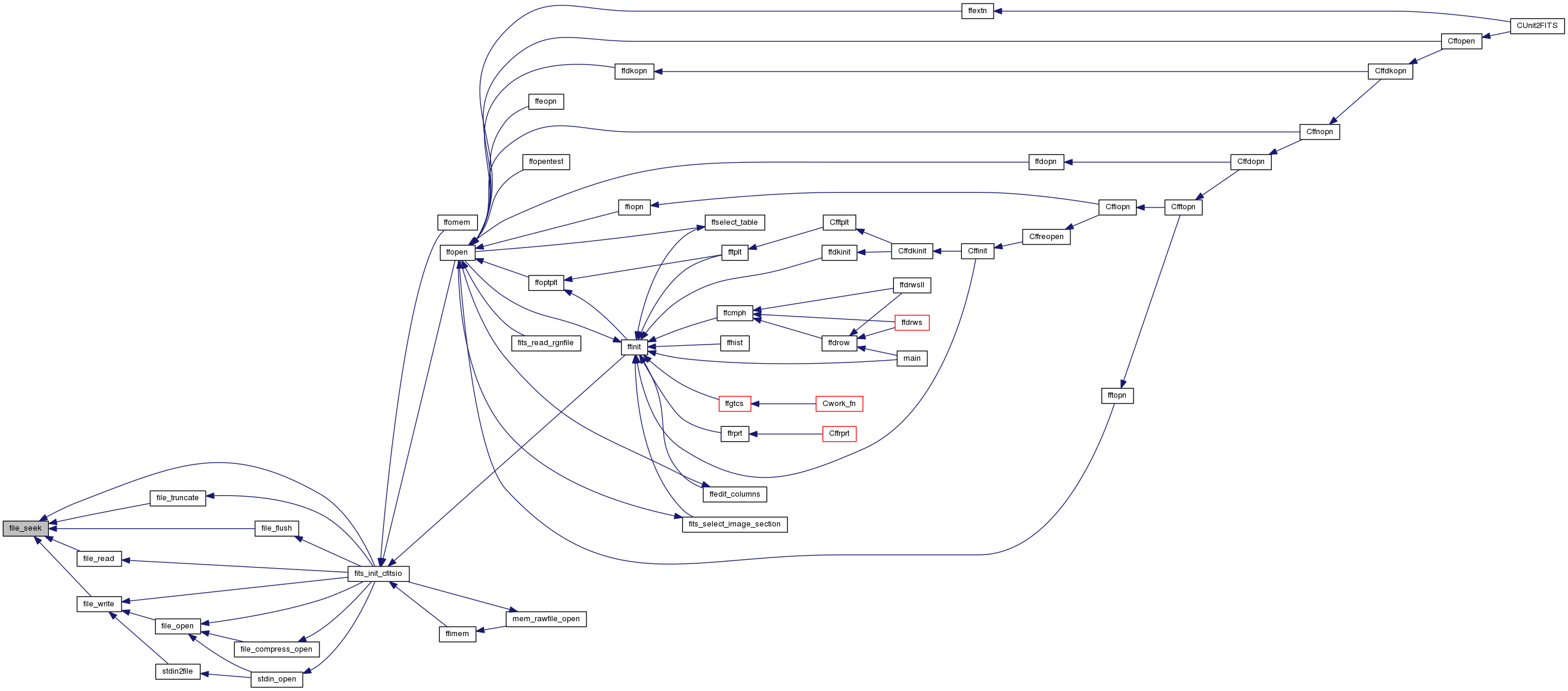
| int file_setoptions | ( | int | options | ) |
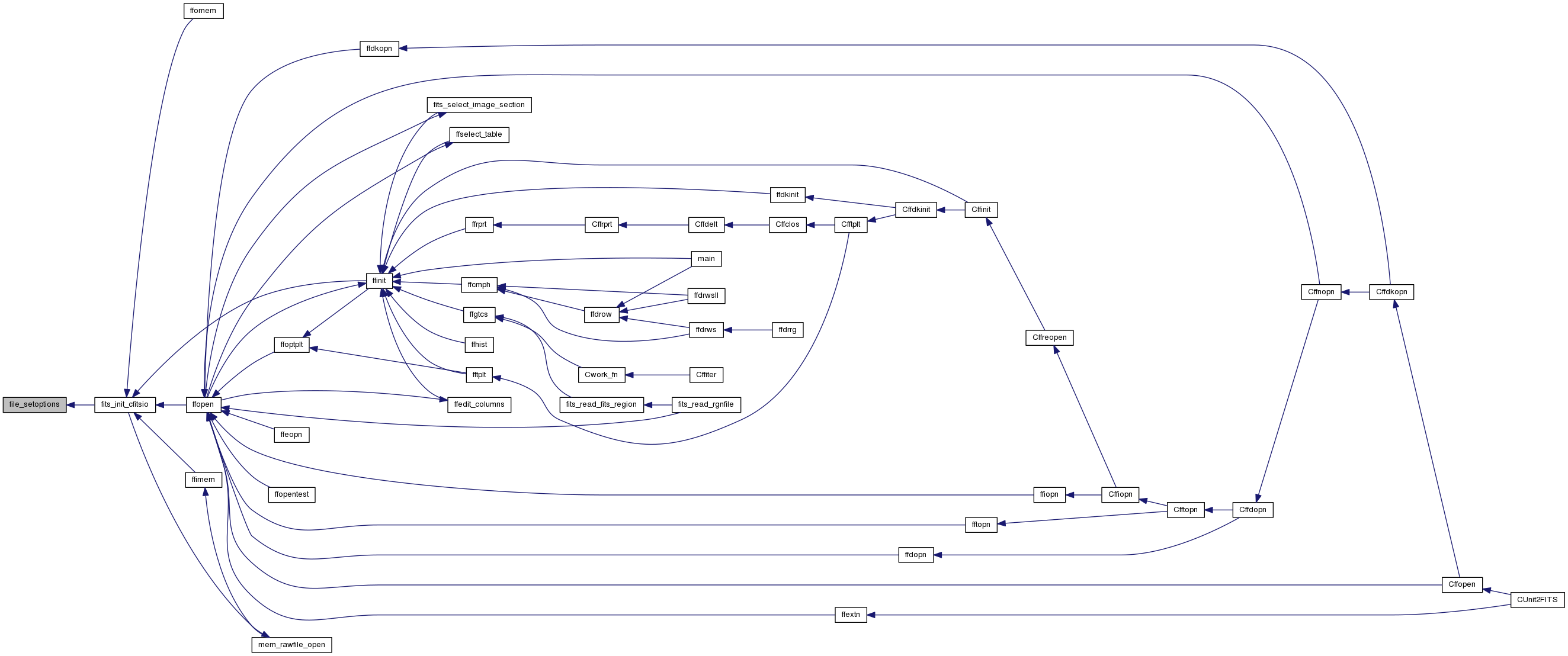
| int file_shutdown | ( | void | ) |
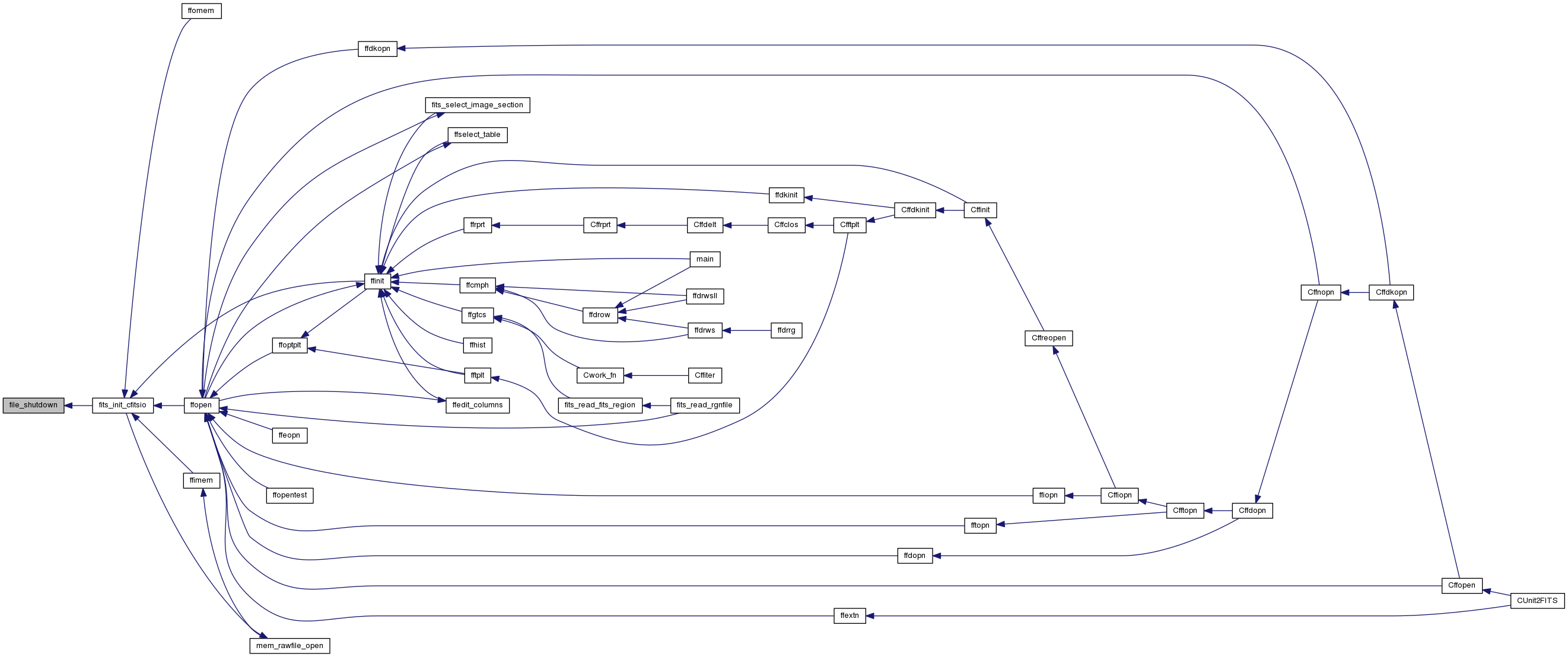
| int file_size | ( | int | driverhandle, |
| LONGLONG * | filesize | ||
| ) |
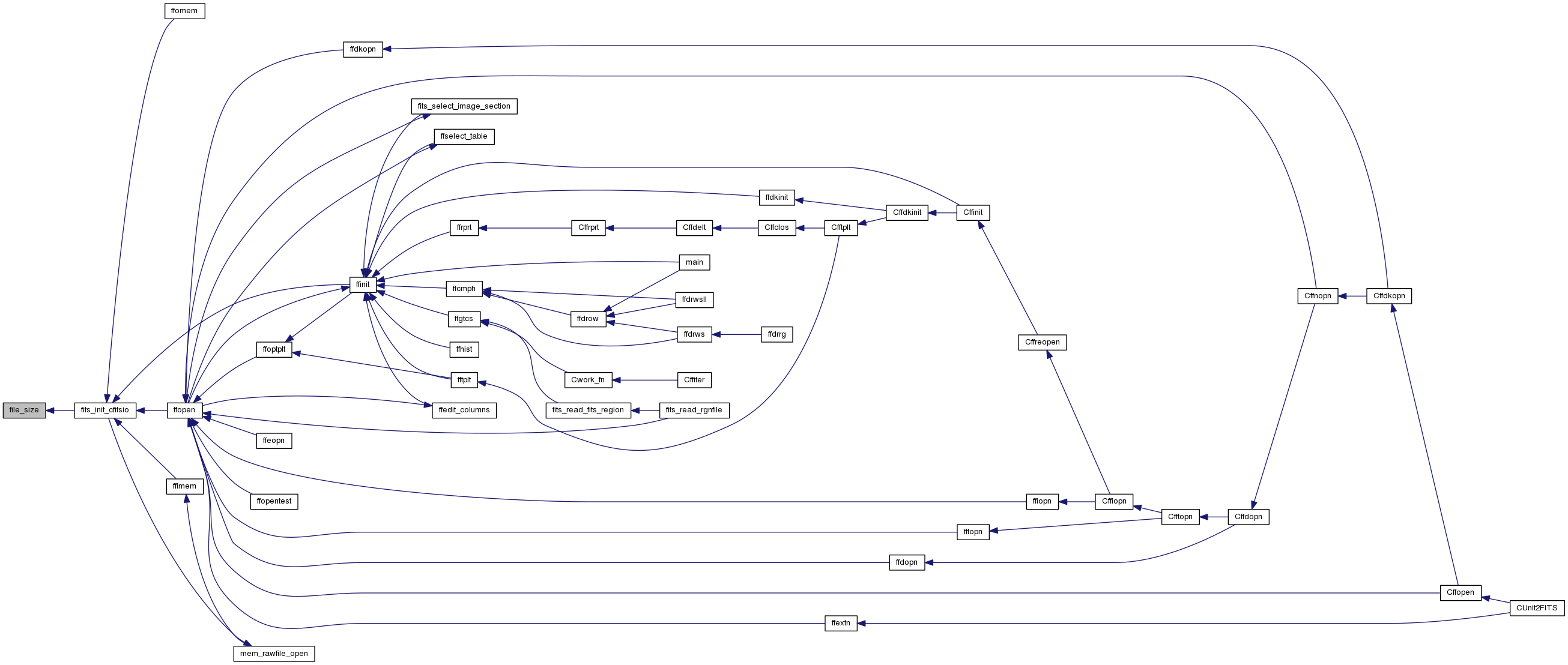
| int file_truncate | ( | int | driverhandle, |
| LONGLONG | filesize | ||
| ) |

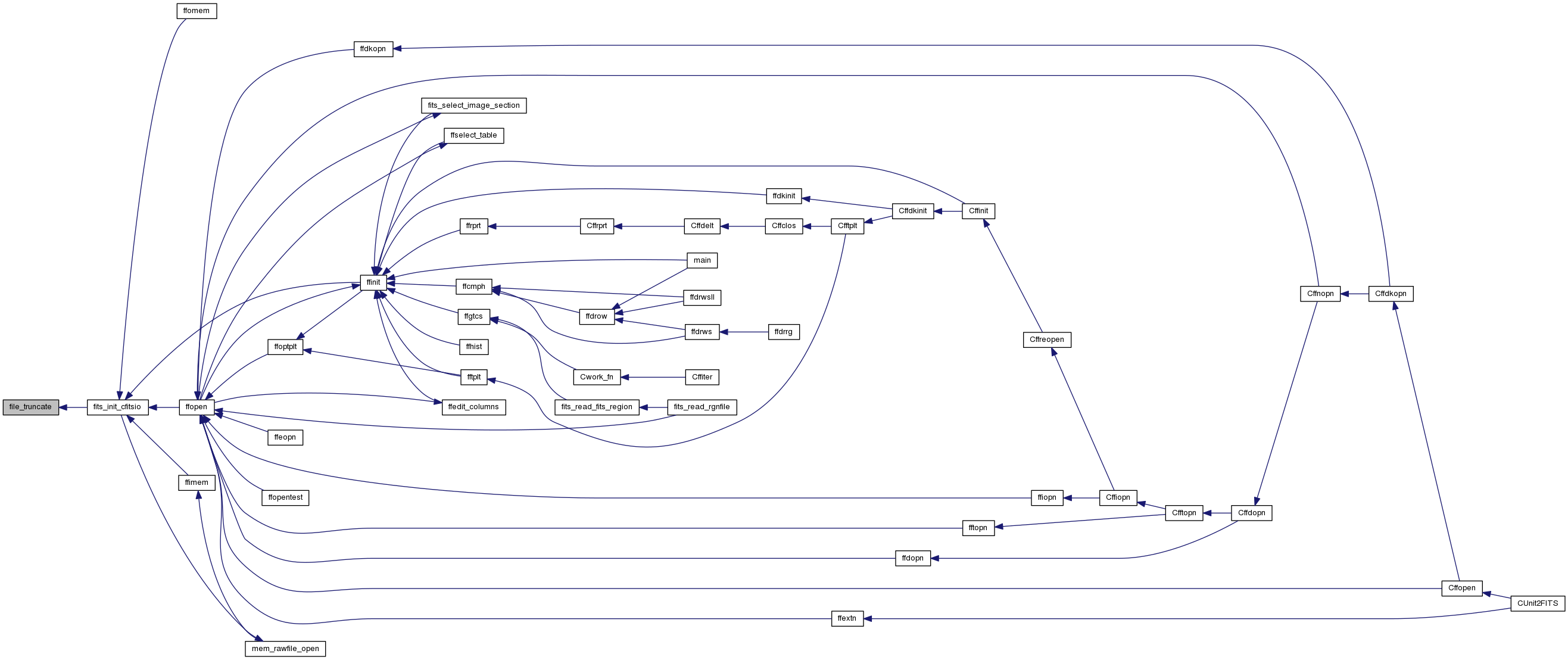
| int file_write | ( | int | driverhandle, |
| void * | buffer, | ||
| long | nbytes | ||
| ) |

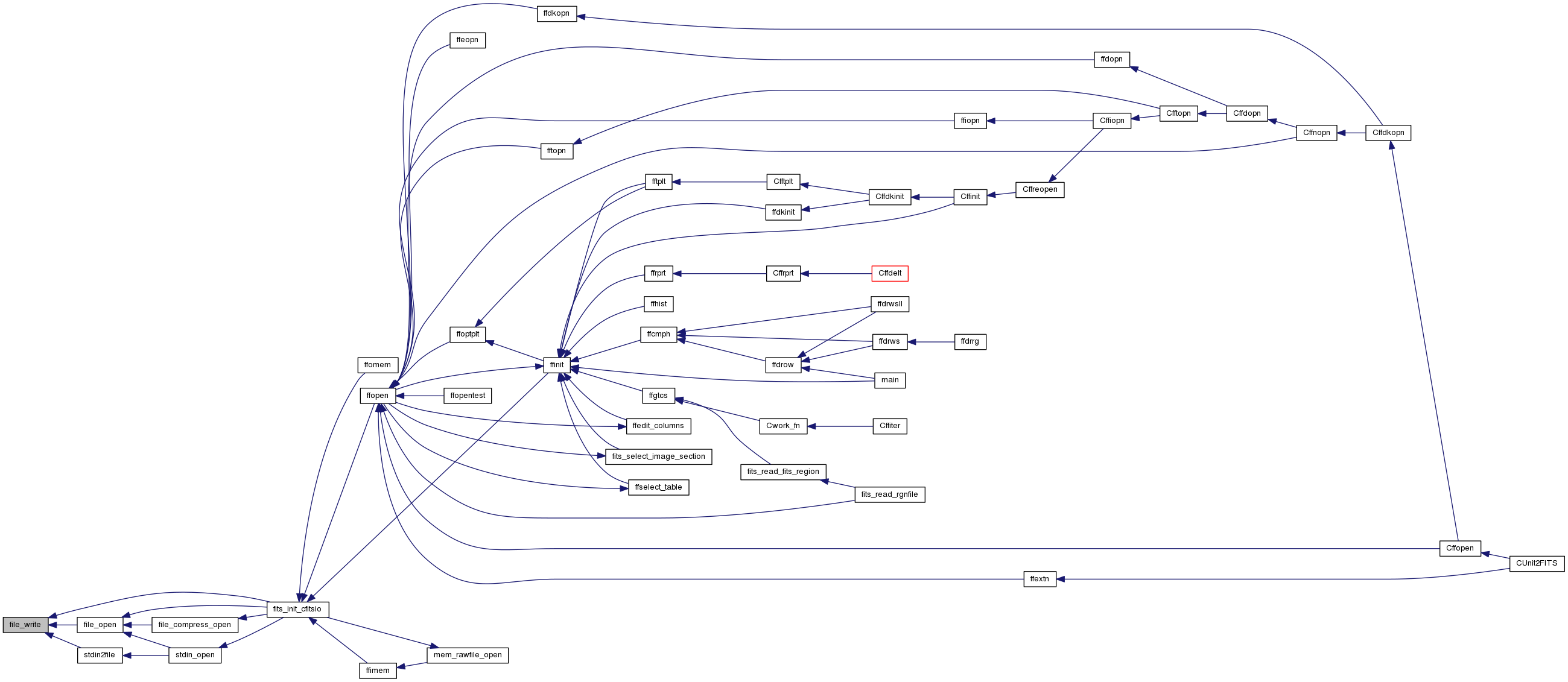
| int fits_already_open | ( | fitsfile ** | fptr, |
| char * | url, | ||
| char * | urltype, | ||
| char * | infile, | ||
| char * | extspec, | ||
| char * | rowfilter, | ||
| char * | binspec, | ||
| char * | colspec, | ||
| int | mode, | ||
| int * | isopen, | ||
| int * | status | ||
| ) |
Check if the file to be opened is already open. If so, then attach to it.
the input strings must not exceed the standard lengths of FLEN_FILENAME, MAX_PREFIX_LEN, etc.
this function was changed so that for files of access method FILE:// the file paths are compared using standard URL syntax and absolute paths (as opposed to relative paths). This eliminates some instances where a file is already opened but it is not realized because it was opened with another file path. For instance, if the CWD is /a/b/c and I open /a/b/c/foo.fits then open ./foo.fits the previous version of this function would not have reconized that the two files were the same. This version does recognize that the two files are the same.
| [in,out] | fptr | FITS file pointer |
| [in] | mode | 0 = open readonly; 1 = read/write |
| [out] | isopen | 1 = file is already open |
| [in,out] | status | error status |

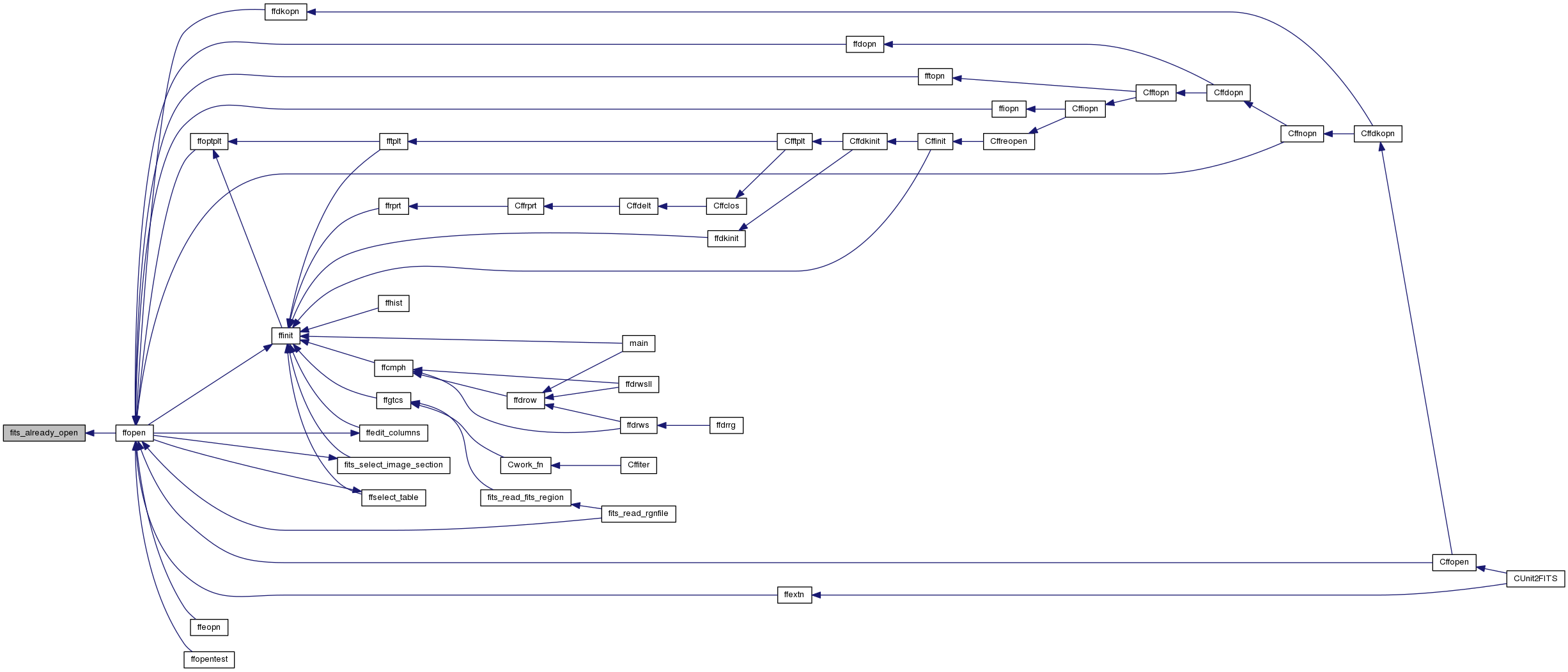
| int fits_clear_Fptr | ( | FITSfile * | Fptr, |
| int * | status | ||
| ) |
clear the Fptr address from the Fptr Table
| [out] | Fptr | FITS file pointer |
| [in,out] | status | error status |
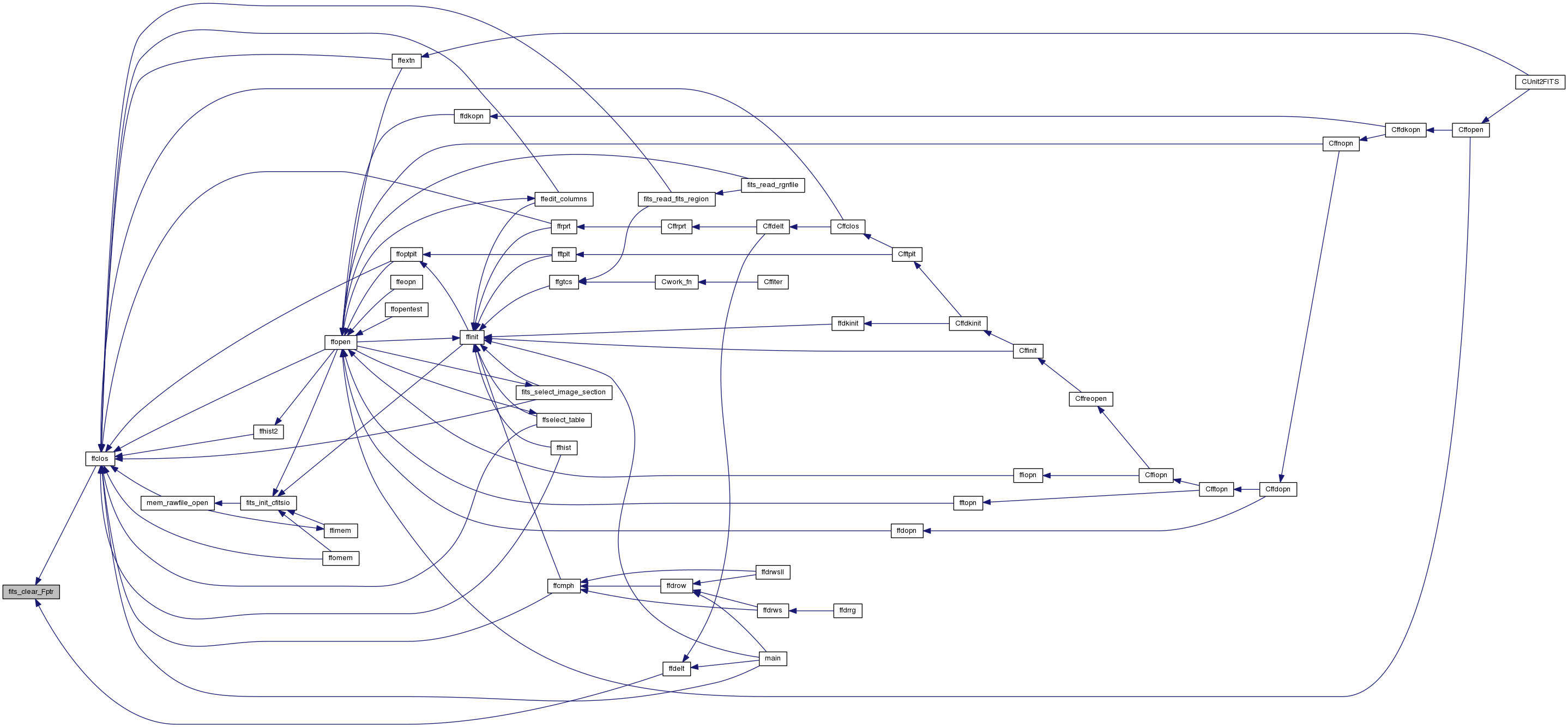
| int fits_get_col_minmax | ( | fitsfile * | fptr, |
| int | colnum, | ||
| float * | datamin, | ||
| float * | datamax, | ||
| int * | status | ||
| ) |

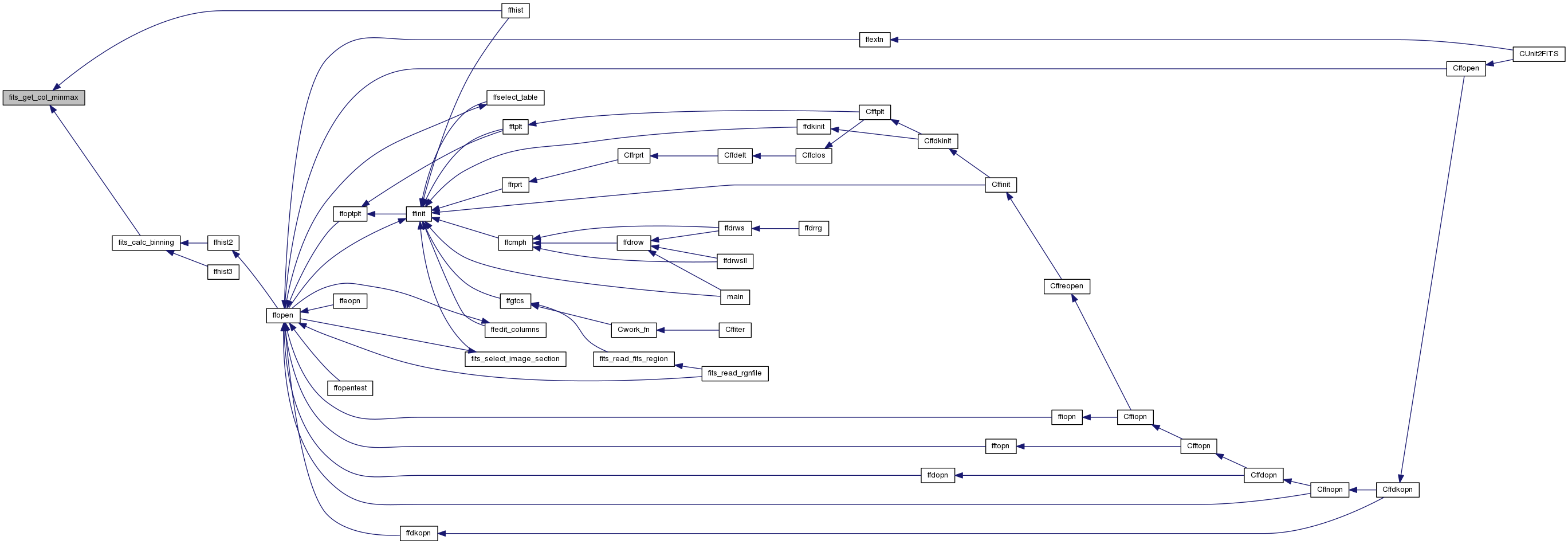
| int fits_init_randoms | ( | void | ) |
initialize an array of random numbers

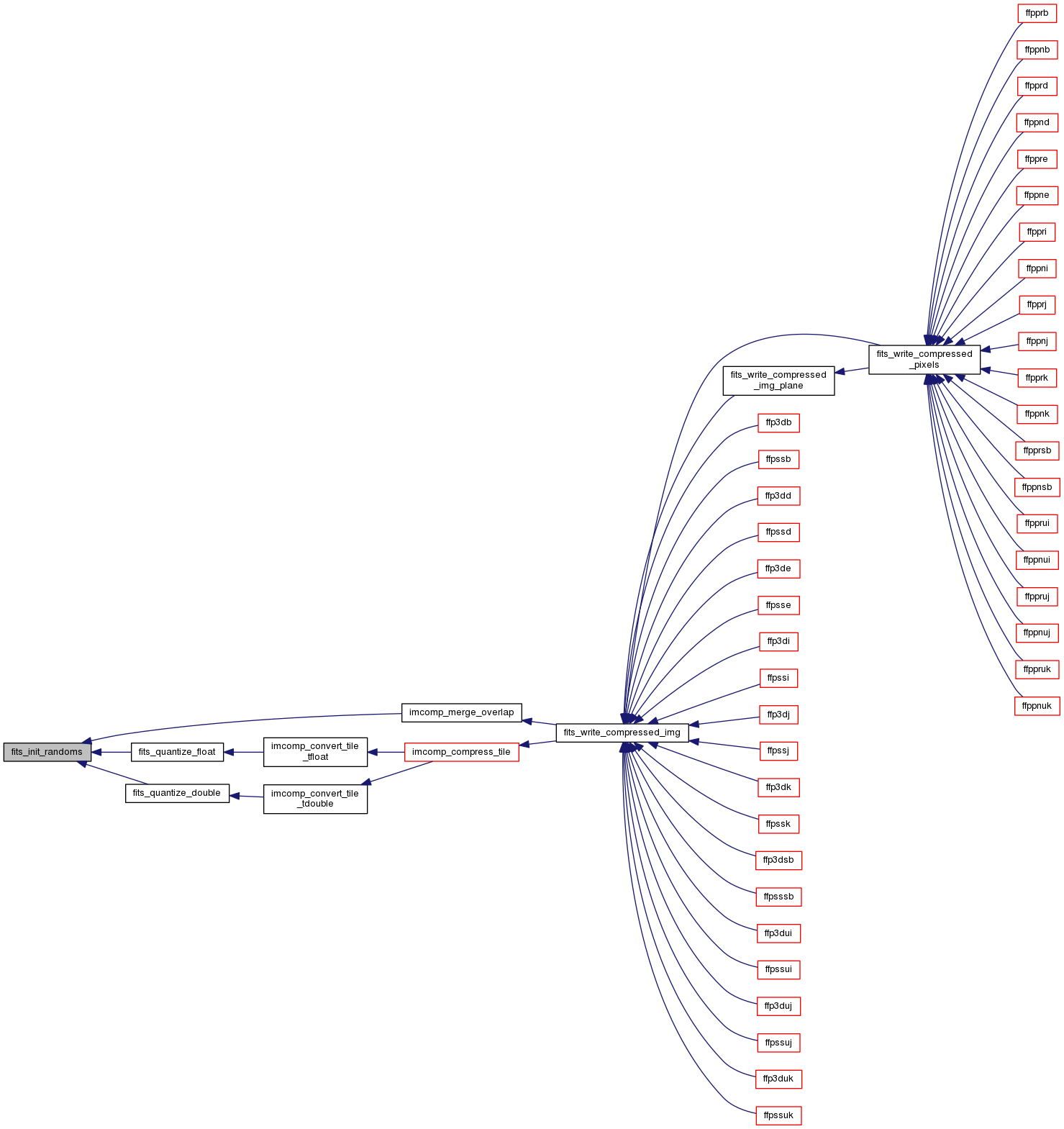
| int fits_is_this_a_copy | ( | char * | urltype | ) |
specialized routine that returns 1 if the file is known to be a temporary copy of the originally opened file. Otherwise it returns 0.
| [in] | urltype | type of file |
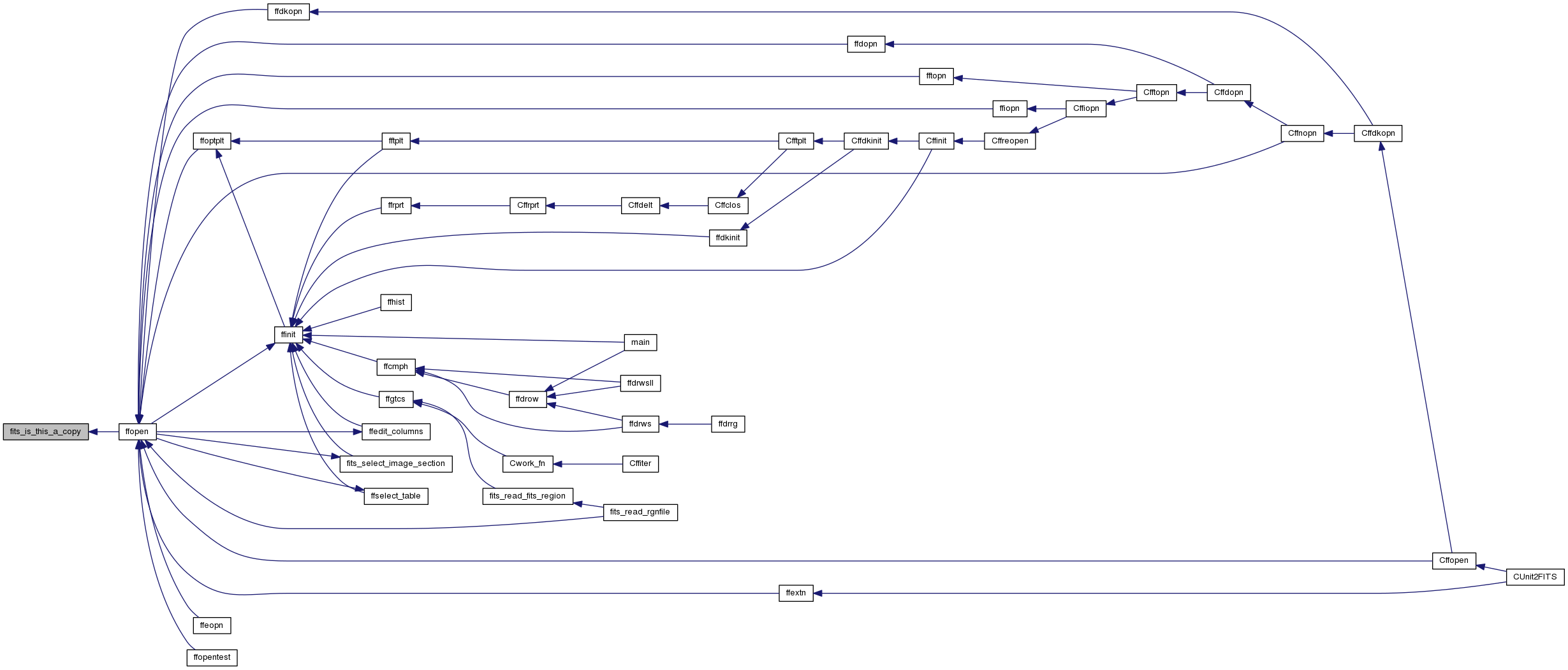
| int fits_quantize_double | ( | long | row, |
| double | fdata[], | ||
| long | nx, | ||
| long | ny, | ||
| int | nullcheck, | ||
| double | in_null_value, | ||
| float | quantize_level, | ||
| int | dither_method, | ||
| int | idata[], | ||
| double * | bscale, | ||
| double * | bzero, | ||
| int * | iminval, | ||
| int * | imaxval | ||
| ) |

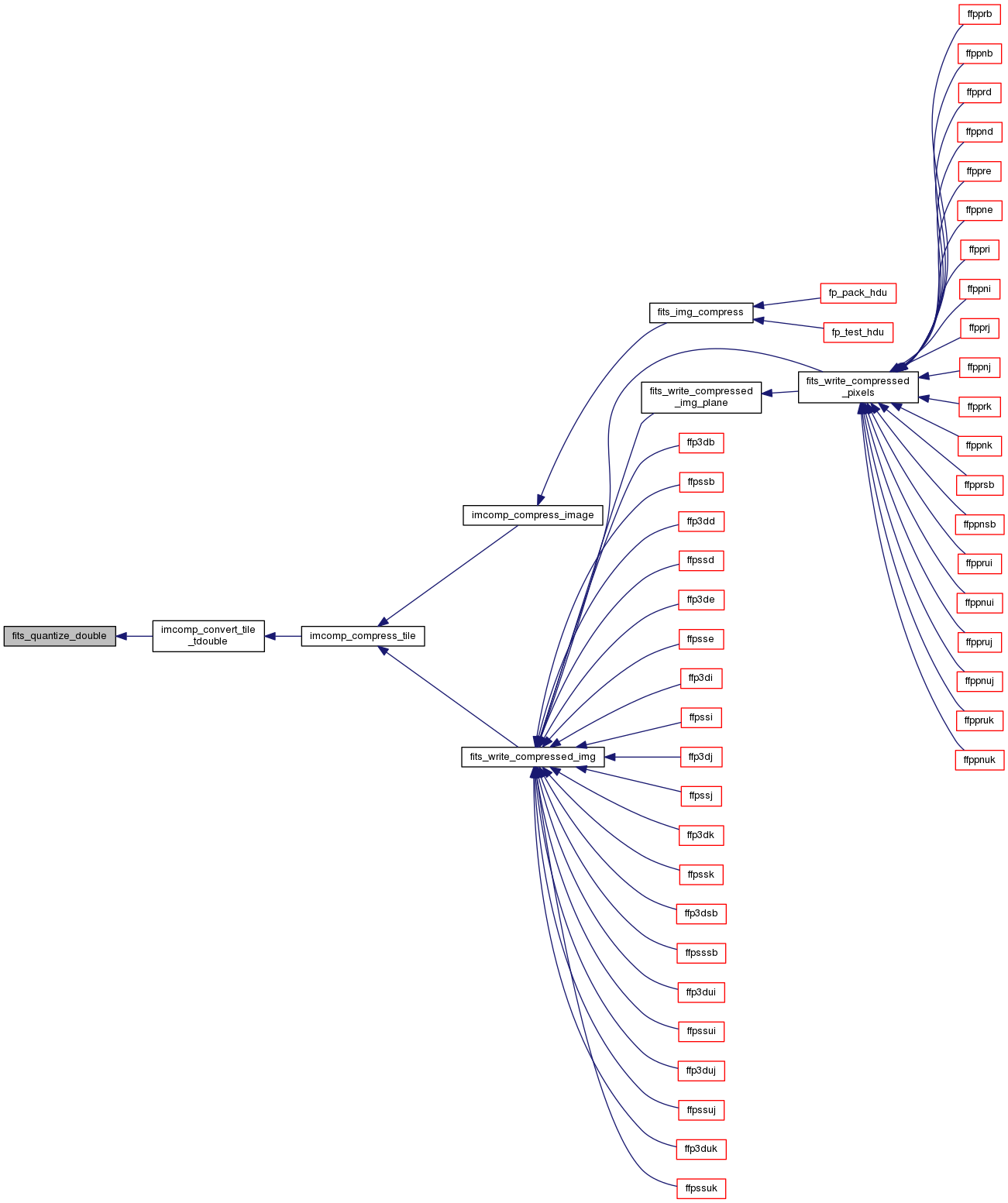
| int fits_quantize_float | ( | long | row, |
| float | fdata[], | ||
| long | nx, | ||
| long | ny, | ||
| int | nullcheck, | ||
| float | in_null_value, | ||
| float | quantize_level, | ||
| int | dither_method, | ||
| int | idata[], | ||
| double * | bscale, | ||
| double * | bzero, | ||
| int * | iminval, | ||
| int * | imaxval | ||
| ) |

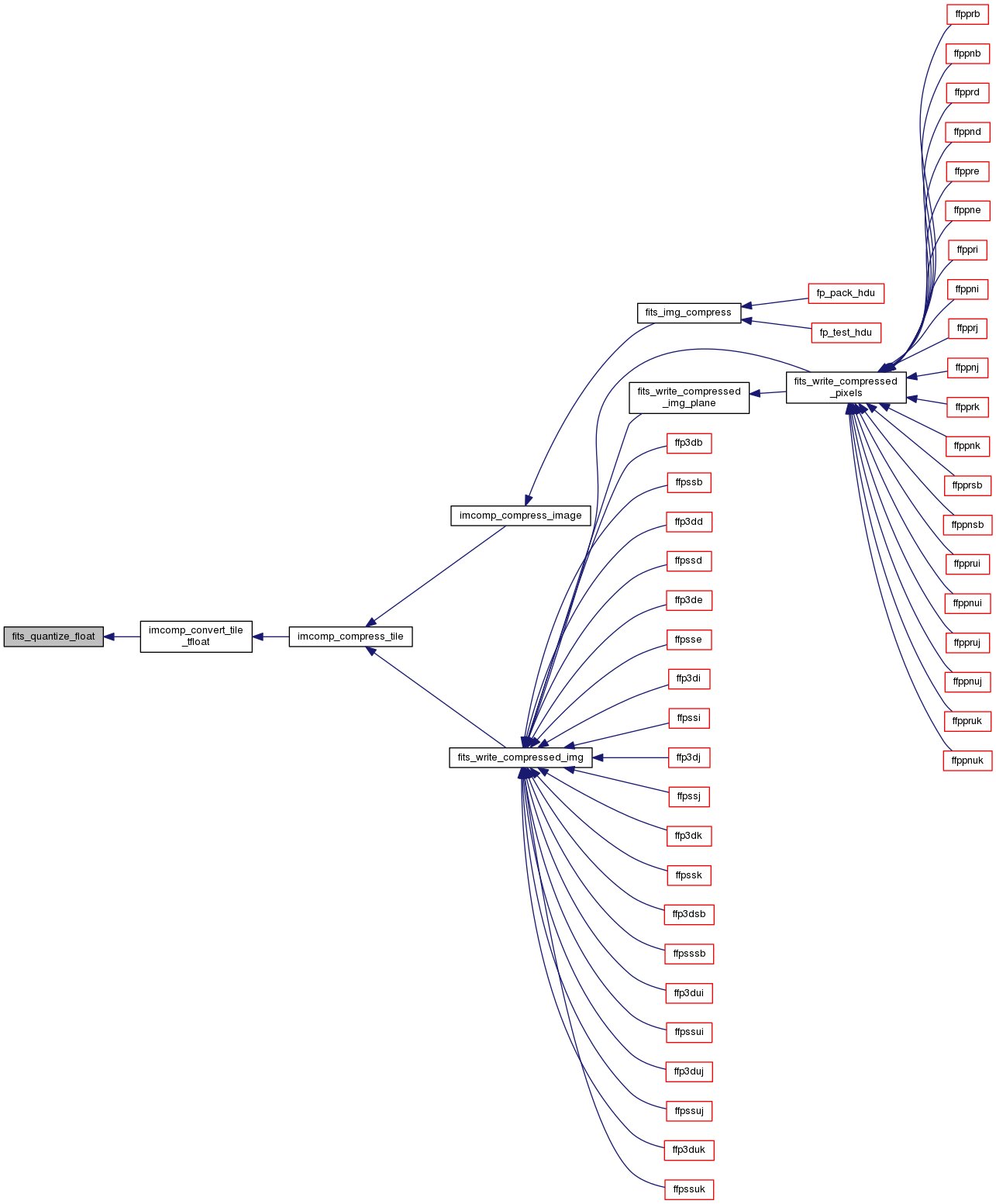
| int fits_rcomp | ( | int | a[], |
| int | nx, | ||
| unsigned char * | c, | ||
| int | clen, | ||
| int | nblock | ||
| ) |

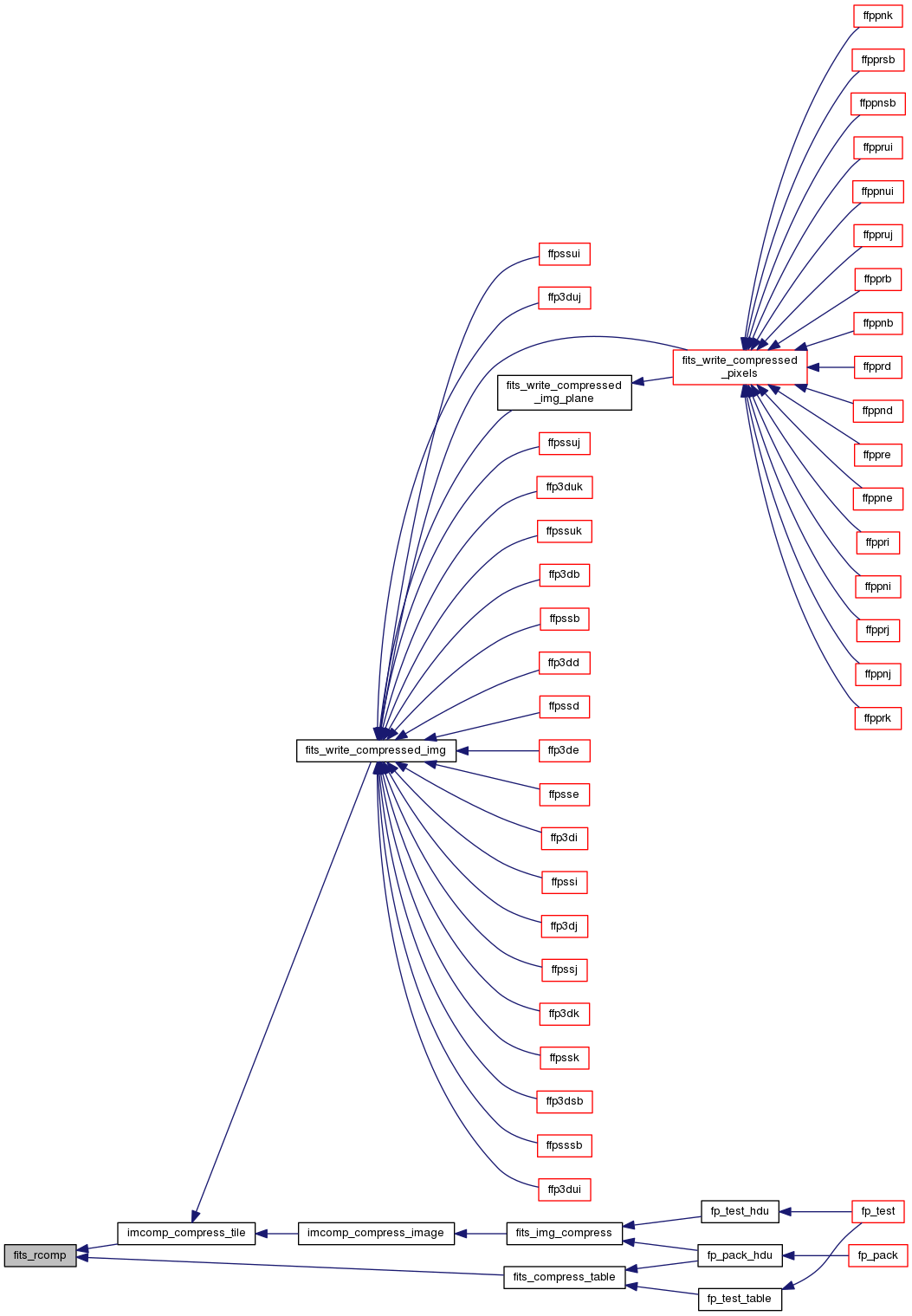
| int fits_rcomp_byte | ( | signed char | a[], |
| int | nx, | ||
| unsigned char * | c, | ||
| int | clen, | ||
| int | nblock | ||
| ) |

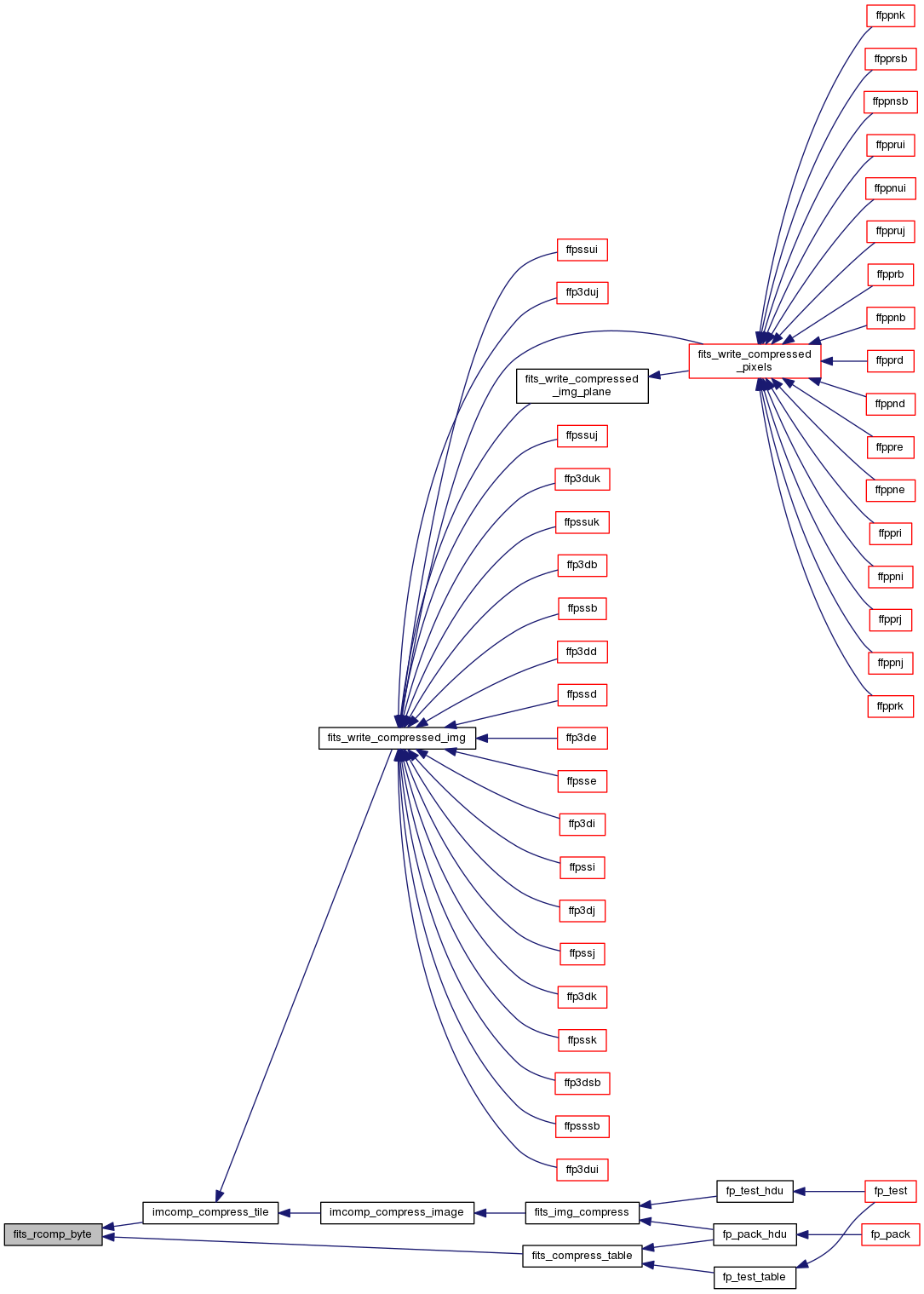
| int fits_rcomp_short | ( | short | a[], |
| int | nx, | ||
| unsigned char * | c, | ||
| int | clen, | ||
| int | nblock | ||
| ) |

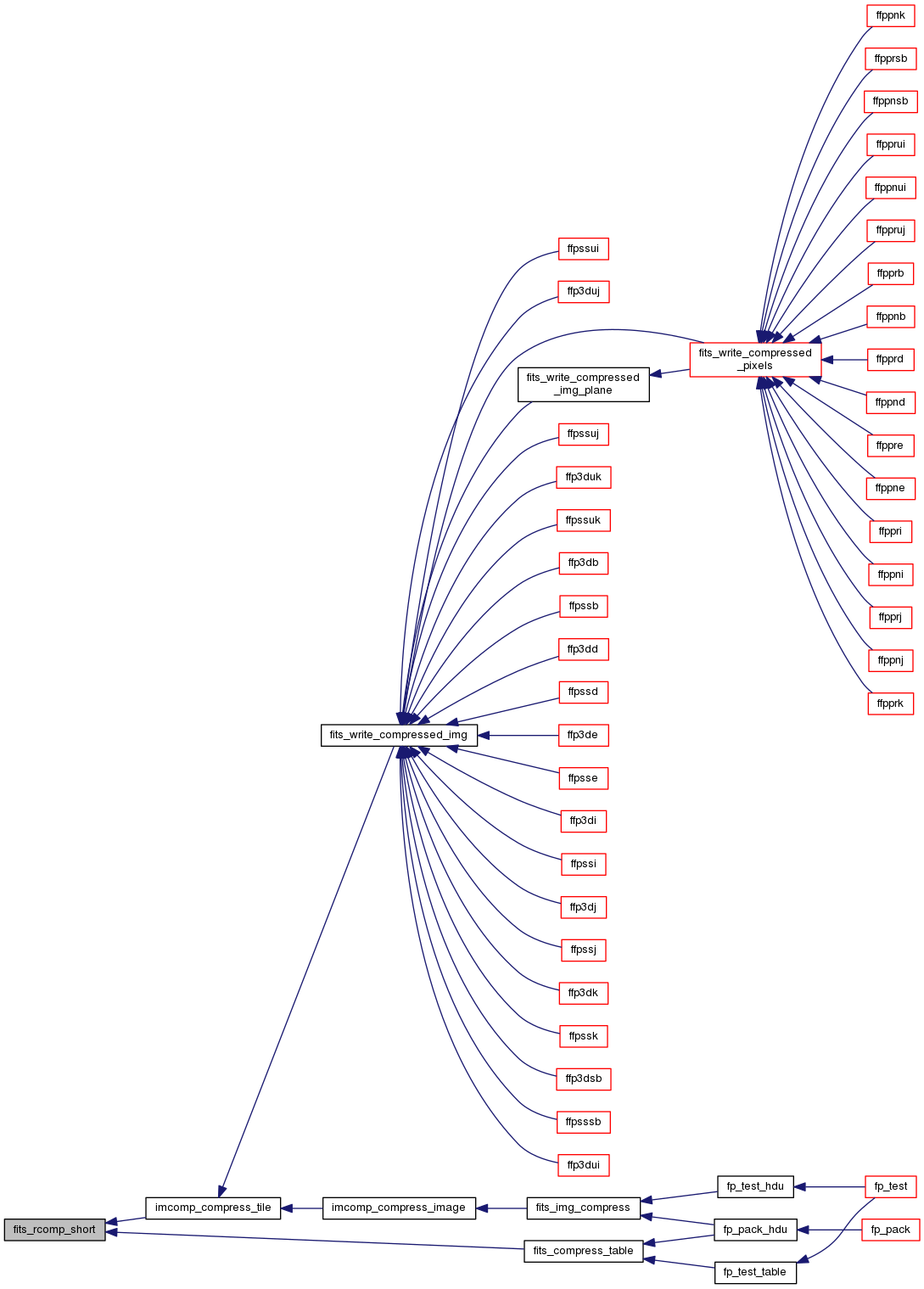
| int fits_rdecomp | ( | unsigned char * | c, |
| int | clen, | ||
| unsigned int | array[], | ||
| int | nx, | ||
| int | nblock | ||
| ) |

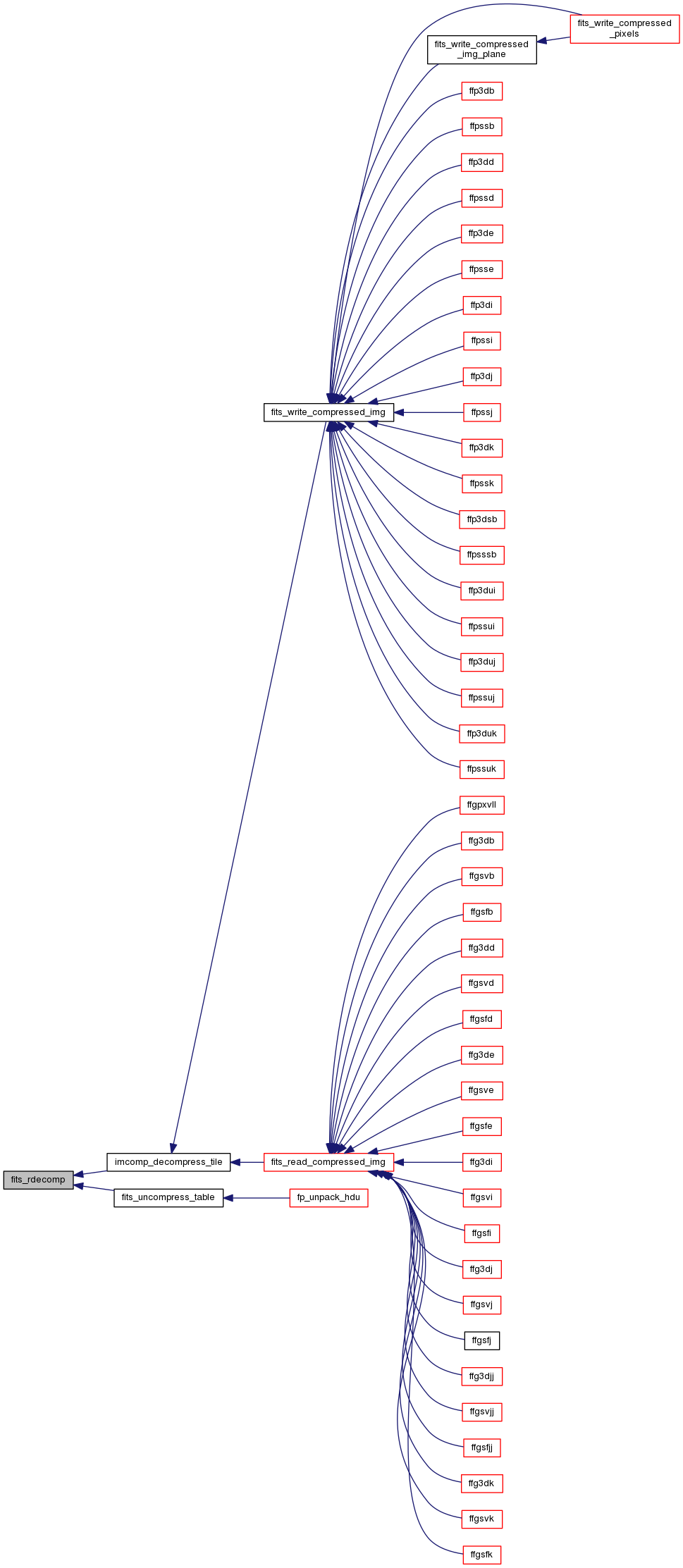
| int fits_rdecomp_byte | ( | unsigned char * | c, |
| int | clen, | ||
| unsigned char | array[], | ||
| int | nx, | ||
| int | nblock | ||
| ) |

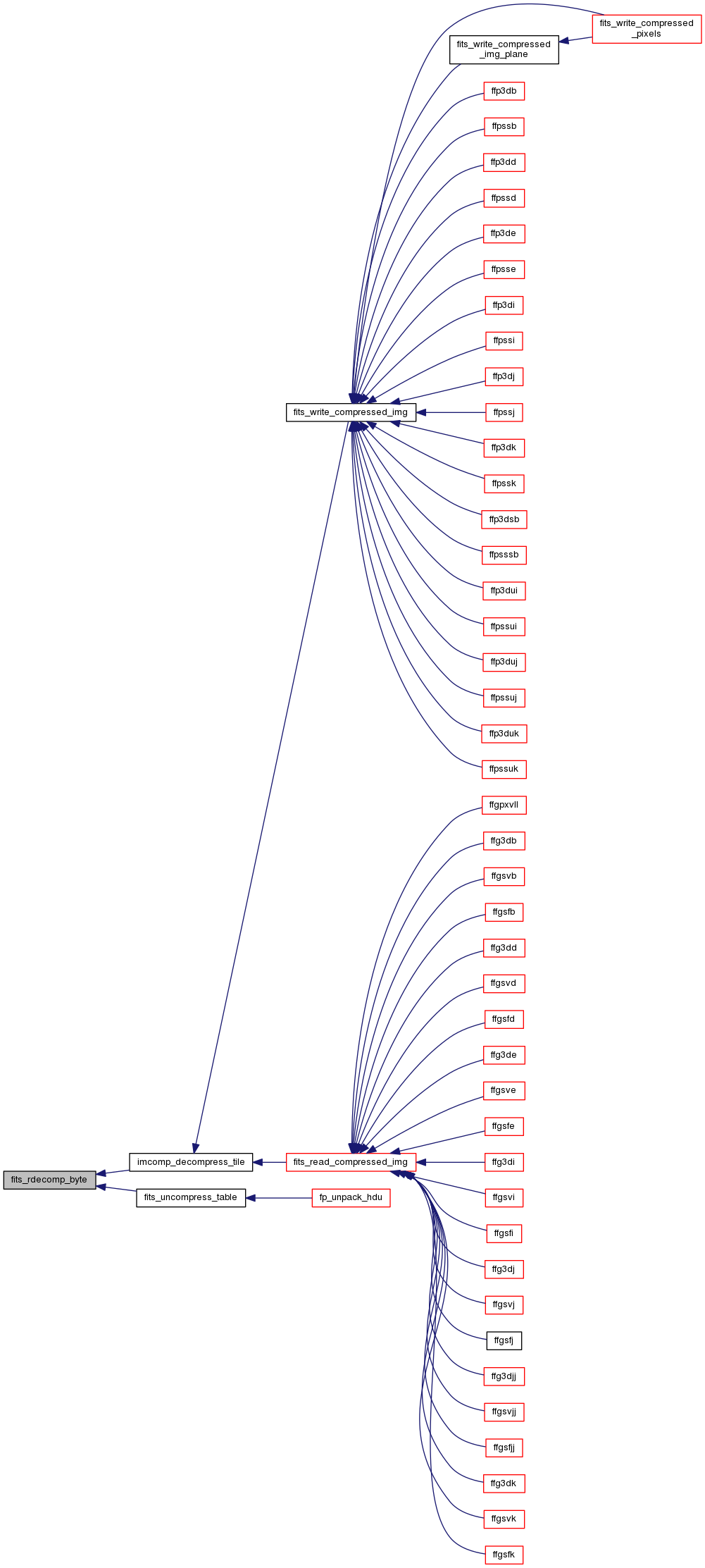
| int fits_rdecomp_short | ( | unsigned char * | c, |
| int | clen, | ||
| unsigned short | array[], | ||
| int | nx, | ||
| int | nblock | ||
| ) |

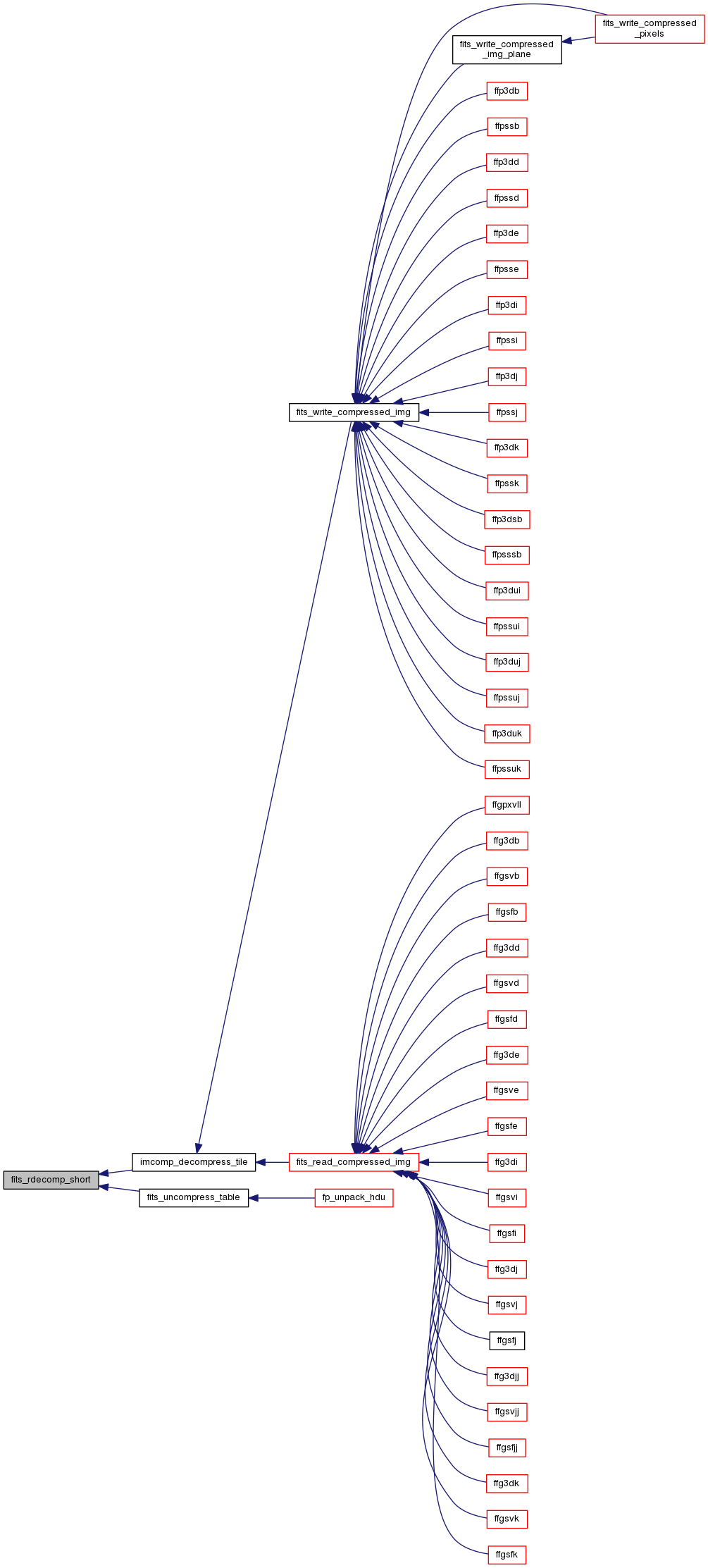
| int fits_read_compressed_img | ( | fitsfile * | fptr, |
| int | datatype, | ||
| LONGLONG * | infpixel, | ||
| LONGLONG * | inlpixel, | ||
| long * | ininc, | ||
| int | nullcheck, | ||
| void * | nullval, | ||
| void * | array, | ||
| char * | nullarray, | ||
| int * | anynul, | ||
| int * | status | ||
| ) |
Read a section of a compressed image; Note: lpixel may be larger than the size of the uncompressed image. Only the pixels within the image will be returned.
| [in] | fptr | FITS file pointer |
| [in] | datatype | datatype of the array to be returned |
| [in] | infpixel | 'bottom left corner' of the subsection |
| [in] | inlpixel | 'top right corner' of the subsection |
| [in] | ininc | increment to be applied in each dimension |
| [in] | nullcheck | 0 for no null checking 1: set undefined pixels = nullval 2: set nullarray=1 for undefined pixels |
| [in] | nullval | value for undefined pixels |
| [out] | array | array of values that are returned |
| [out] | nullarray | array of flags = 1 if nullcheck = 2 |
| [out] | anynul | set to 1 if any values are null; else 0 |
| [in,out] | status | error status |
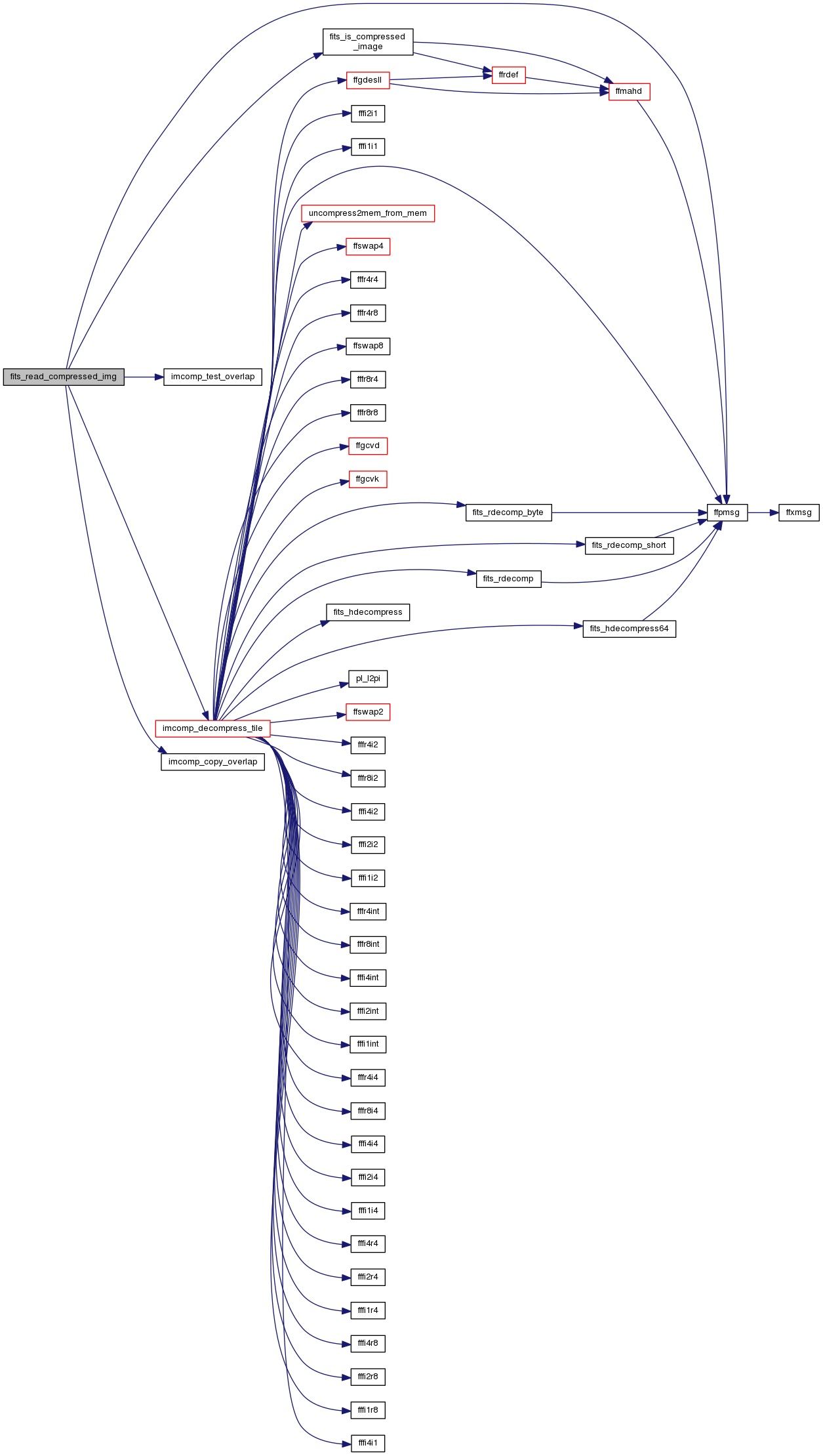
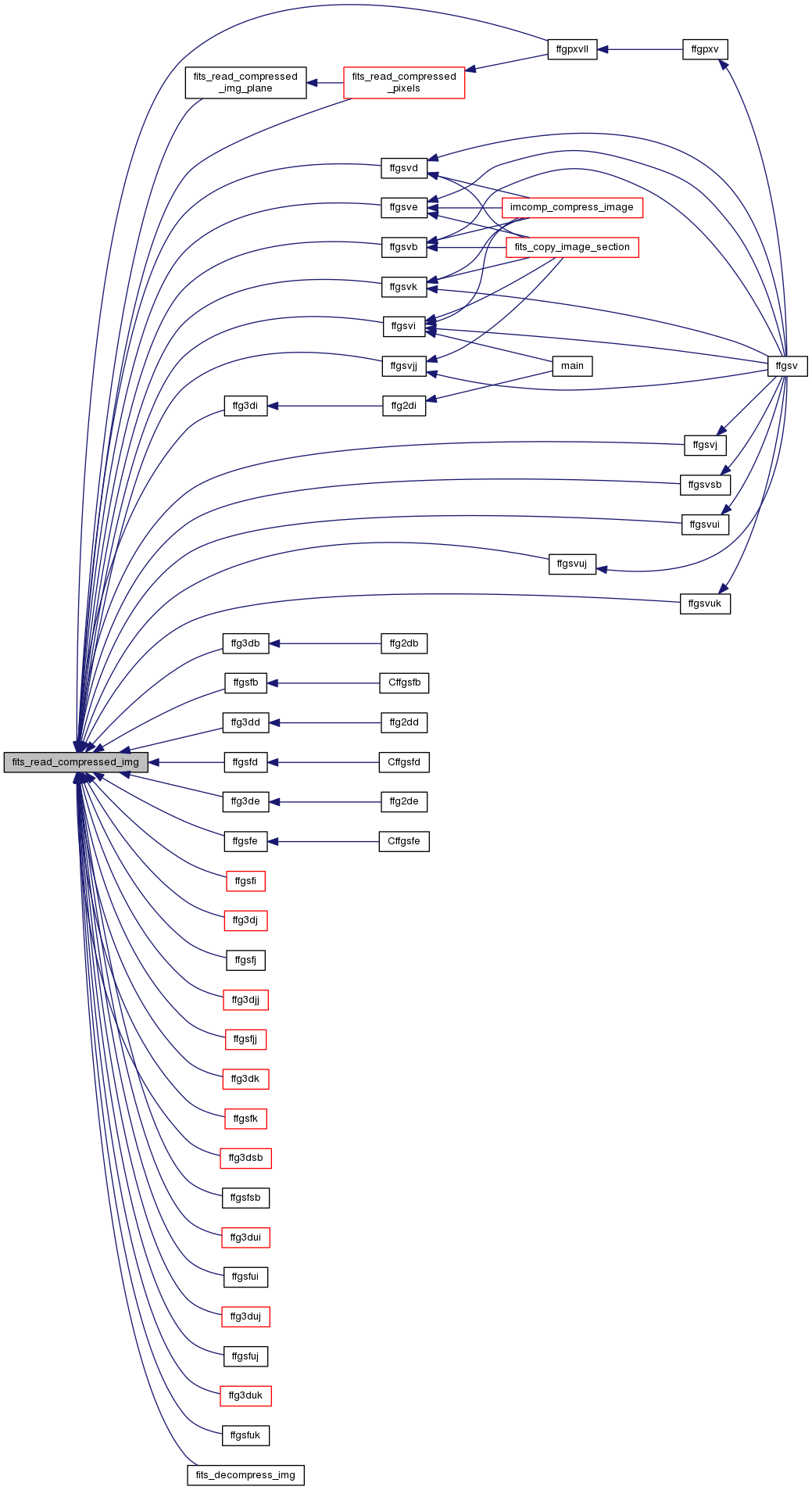
| int fits_read_compressed_img_plane | ( | fitsfile * | fptr, |
| int | datatype, | ||
| int | bytesperpixel, | ||
| long | nplane, | ||
| LONGLONG * | firstcoord, | ||
| LONGLONG * | lastcoord, | ||
| long * | inc, | ||
| long * | naxes, | ||
| int | nullcheck, | ||
| void * | nullval, | ||
| void * | array, | ||
| char * | nullarray, | ||
| int * | anynul, | ||
| long * | nread, | ||
| int * | status | ||
| ) |
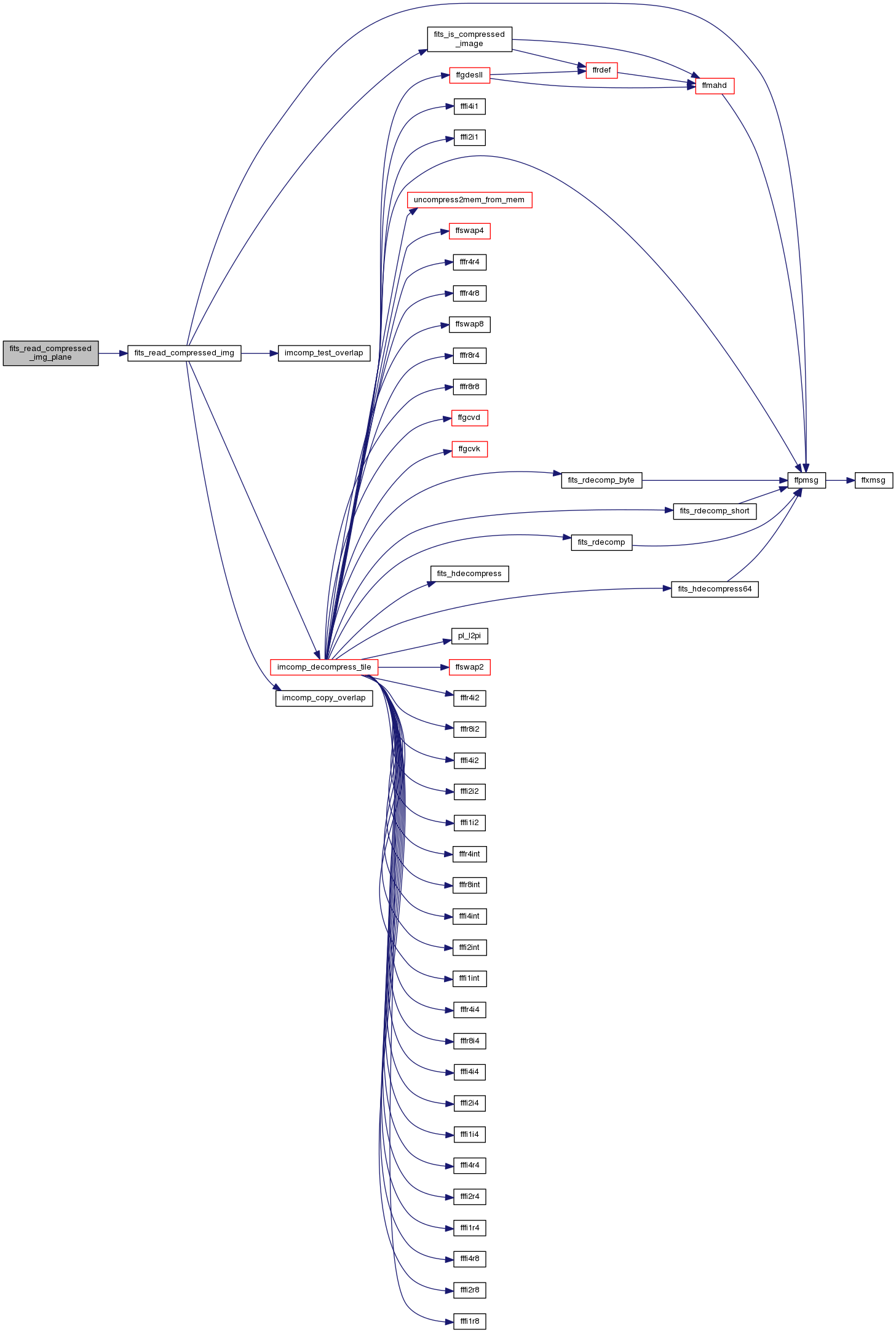
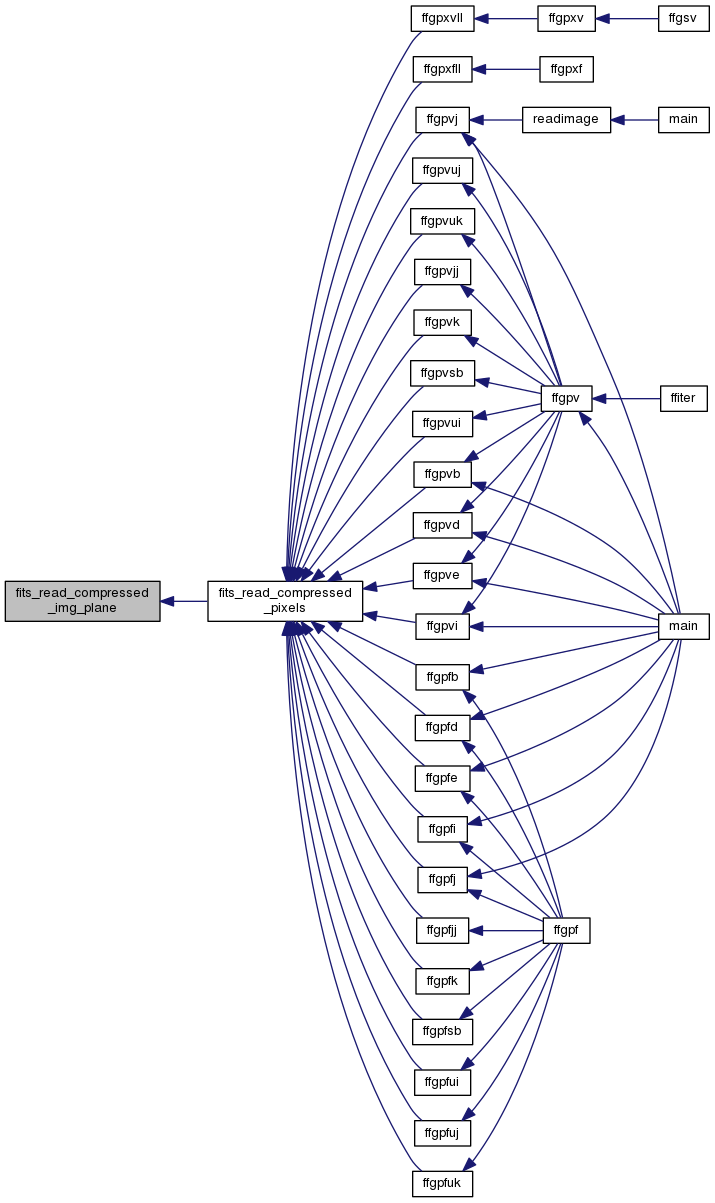
| int fits_read_compressed_pixels | ( | fitsfile * | fptr, |
| int | datatype, | ||
| LONGLONG | fpixel, | ||
| LONGLONG | npixel, | ||
| int | nullcheck, | ||
| void * | nullval, | ||
| void * | array, | ||
| char * | nullarray, | ||
| int * | anynul, | ||
| int * | status | ||
| ) |
Read a consecutive set of pixels from a compressed image. This routine interpretes the n-dimensional image as a long one-dimensional array. This is actually a rather inconvenient way to read compressed images in general, and could be rather inefficient if the requested pixels to be read are located in many different image compression tiles.
The general strategy used here is to read the requested pixels in blocks that correspond to rectangular image sections.
| [in] | fptr | FITS file pointer |
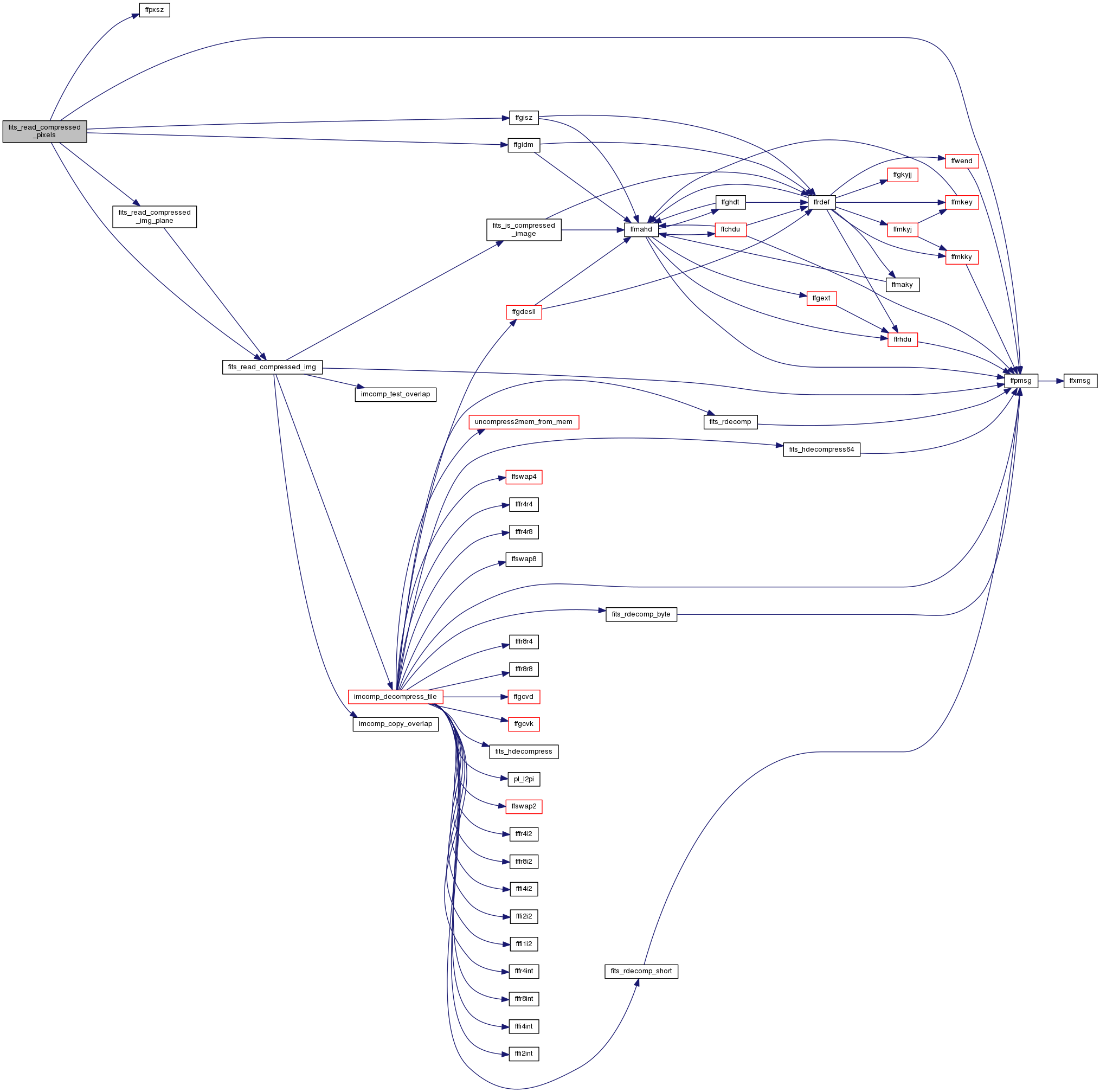
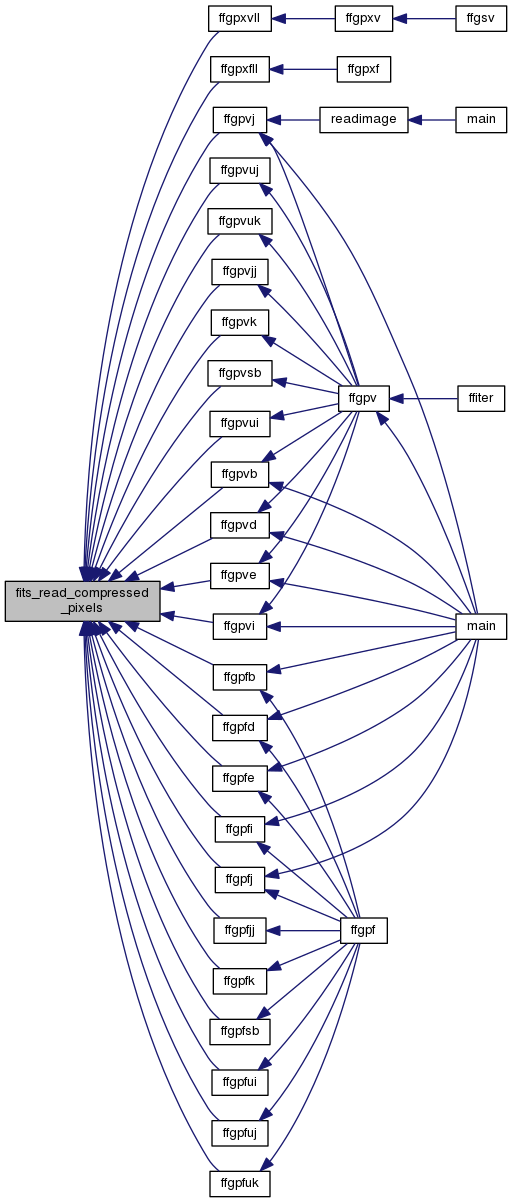
| int fits_register_driver | ( | char * | prefix, |
| int(*)(void) | init, | ||
| int(*)(void) | shutdown, | ||
| int(*)(int option) | setoptions, | ||
| int(*)(int *options) | getoptions, | ||
| int(*)(int *version) | getversion, | ||
| int(*)(char *urltype, char *infile, char *outfile) | checkfile, | ||
| int(*)(char *filename, int rwmode, int *driverhandle) | open, | ||
| int(*)(char *filename, int *driverhandle) | create, | ||
| int(*)(int driverhandle, LONGLONG filesize) | truncate, | ||
| int(*)(int driverhandle) | close, | ||
| int(*)(char *filename) | fremove, | ||
| int(*)(int driverhandle, LONGLONG *sizex) | size, | ||
| int(*)(int driverhandle) | flush, | ||
| int(*)(int driverhandle, LONGLONG offset) | seek, | ||
| int(*)(int driverhandle, void *buffer, long nbytes) | read, | ||
| int(*)(int driverhandle, void *buffer, long nbytes) | write | ||
| ) |
register all the functions needed to support an I/O driver

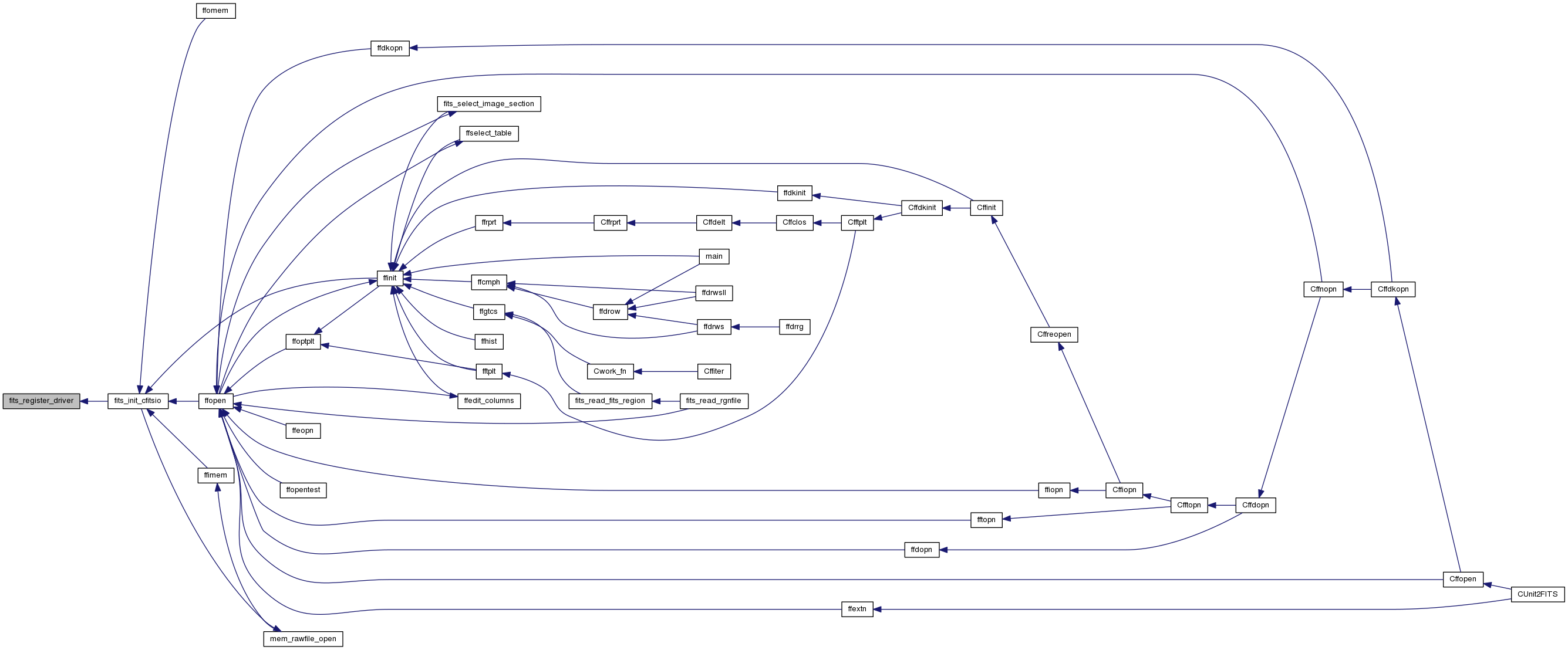
| int fits_store_Fptr | ( | FITSfile * | Fptr, |
| int * | status | ||
| ) |
store the new Fptr address for future use by fits_already_open
| [out] | Fptr | FITS file pointer |
| [in,out] | status | error status |
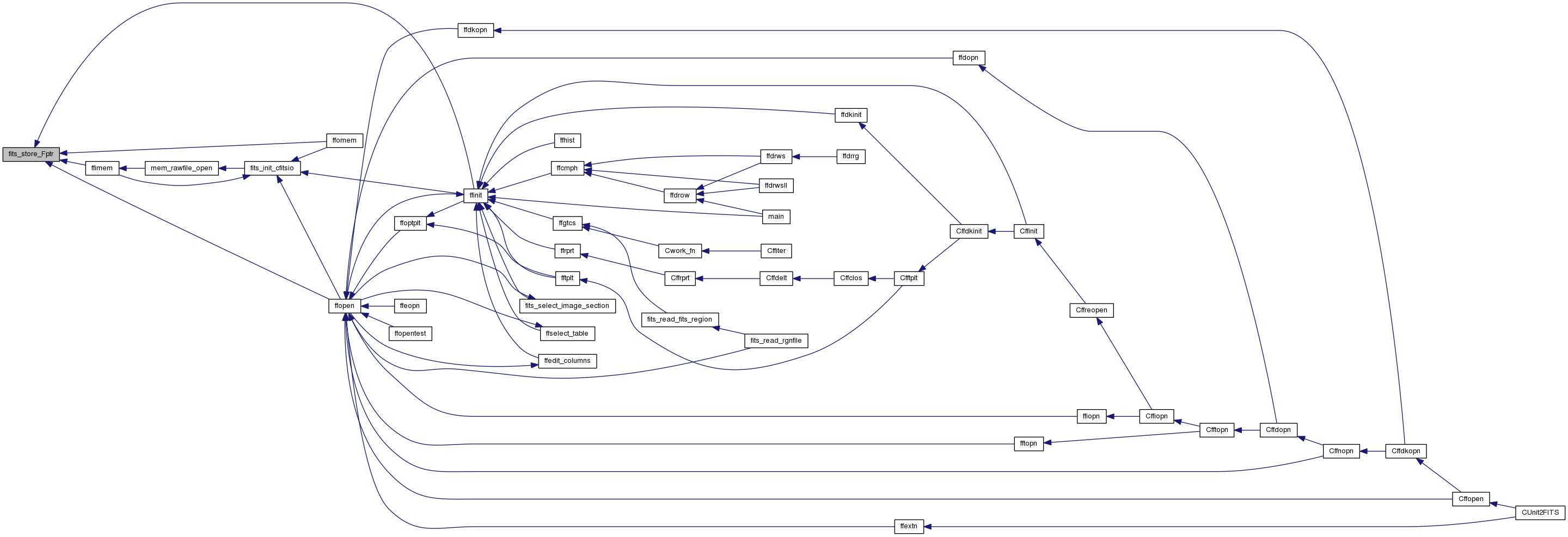
| int fits_translate_pixkeyword | ( | char * | inrec, |
| char * | outrec, | ||
| char * | patterns[][2], | ||
| int | npat, | ||
| int | naxis, | ||
| int * | colnum, | ||
| int * | pat_num, | ||
| int * | i, | ||
| int * | j, | ||
| int * | n, | ||
| int * | m, | ||
| int * | l, | ||
| int * | status | ||
| ) |
Translate a keyword name to a new name, based on a set of patterns. The user passes an array of patterns to be matched. Input pattern number i is pattern[i][0], and output pattern number i is pattern[i][1]. Keywords are matched against the input patterns. If a match is found then the keyword is re-written according to the output pattern.
Order is important. The first match is accepted. The fastest match will be made when templates with the same first character are grouped together.
Several characters have special meanings:
i,j - single digits, preserved in output template
n, m - column number of one or more digits, preserved in output template
k - generic number of one or more digits, preserved in output template
a - coordinate designator, preserved in output template
# - number of one or more digits
? - any character
- only allowed in first character position, to match all
keywords; only useful as last pattern in the list
i, j, n, and m are returned by the routine.
For example, the input pattern "iCTYPn" will match "1CTYP5" (if n_value is 5); the output pattern "CTYPEi" will be re-written as "CTYPE1". Notice that "i" is preserved.
The following output patterns are special
Special output pattern characters:
"-" - do not copy a keyword that matches the corresponding input pattern "+" - copy the input unchanged
The inrec string could be just the 8-char keyword name, or the entire 80-char header record. Characters 9 = 80 in the input string simply get appended to the translated keyword name.
If n_range = 0, then only keywords with 'n' equal to n_value will be considered as a pattern match. If n_range = +1, then all values of 'n' greater than or equal to n_value will be a match, and if -1, then values of 'n' less than or equal to n_value will match.
| [in] | inrec | input string |
| [out] | outrec | output converted string, or a null string if input does not match any of the patterns |
| [in] | patterns | pointer to input / output string |
| [in] | npat | number of templates passed |
| [in] | naxis | number of columns to be binned |
| [in] | colnum | numbers of the columns to be binned |
| [out] | pat_num | matched pattern number (0 based) or |
| [out] | i | |
| [out] | j | |
| [out] | n | |
| [out] | m | |
| [out] | l | |
| [in,out] | status | error status |
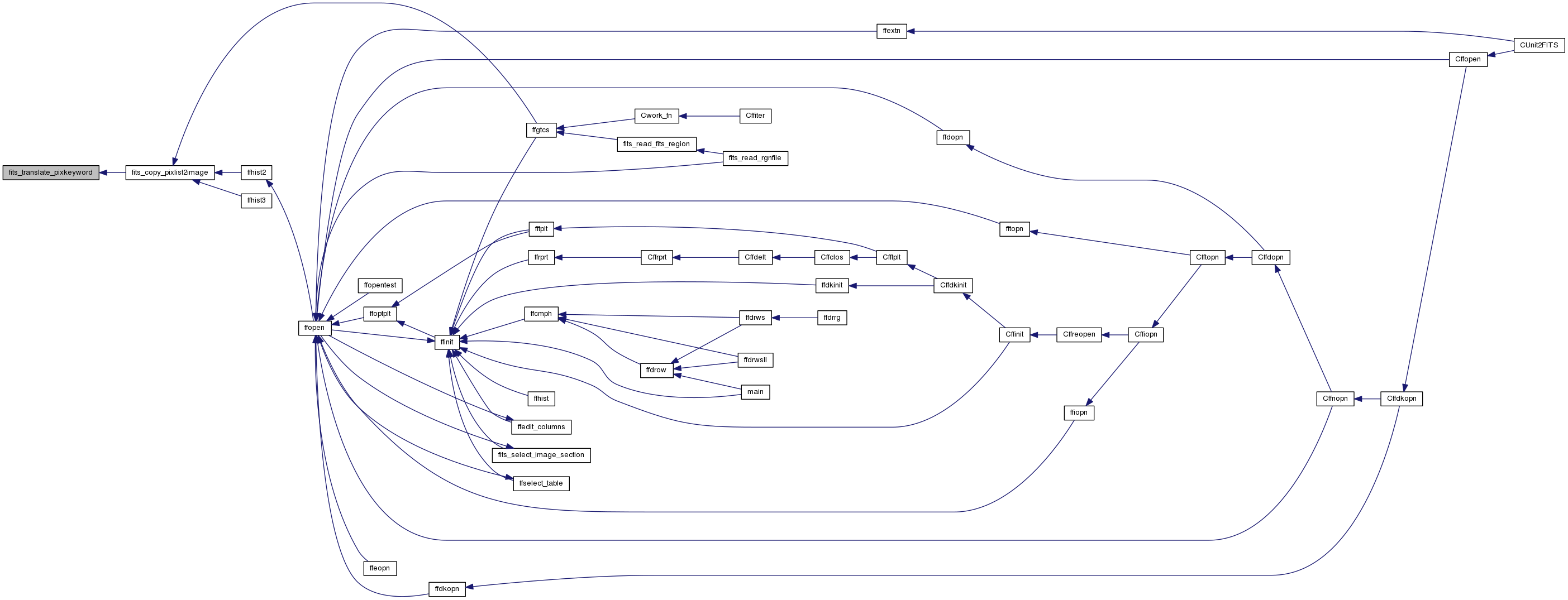
| int fits_unset_compression_param | ( | fitsfile * | fptr, |
| int * | status | ||
| ) |

| int fits_unset_compression_request | ( | fitsfile * | fptr, |
| int * | status | ||
| ) |

| int fits_write_compressed_img | ( | fitsfile * | fptr, |
| int | datatype, | ||
| long * | infpixel, | ||
| long * | inlpixel, | ||
| int | nullcheck, | ||
| void * | array, | ||
| void * | nullval, | ||
| int * | status | ||
| ) |
Write a section of a compressed image.
| [in] | fptr | FITS file pointer |
| [in] | datatype | datatype of the array to be written |
| [in] | infpixel | 'bottom left corner' of the subsection |
| [in] | inlpixel | 'top right corner' of the subsection |
| [in] | int | nullcheck 0 for no null checking 1: pixels that are = nullval will be written with the FITS null pixel value (floating point arrays only) |
| [in] | array | array of values to be written |
| [in] | nullval | undefined pixel value |
| [in,out] | status | error status |
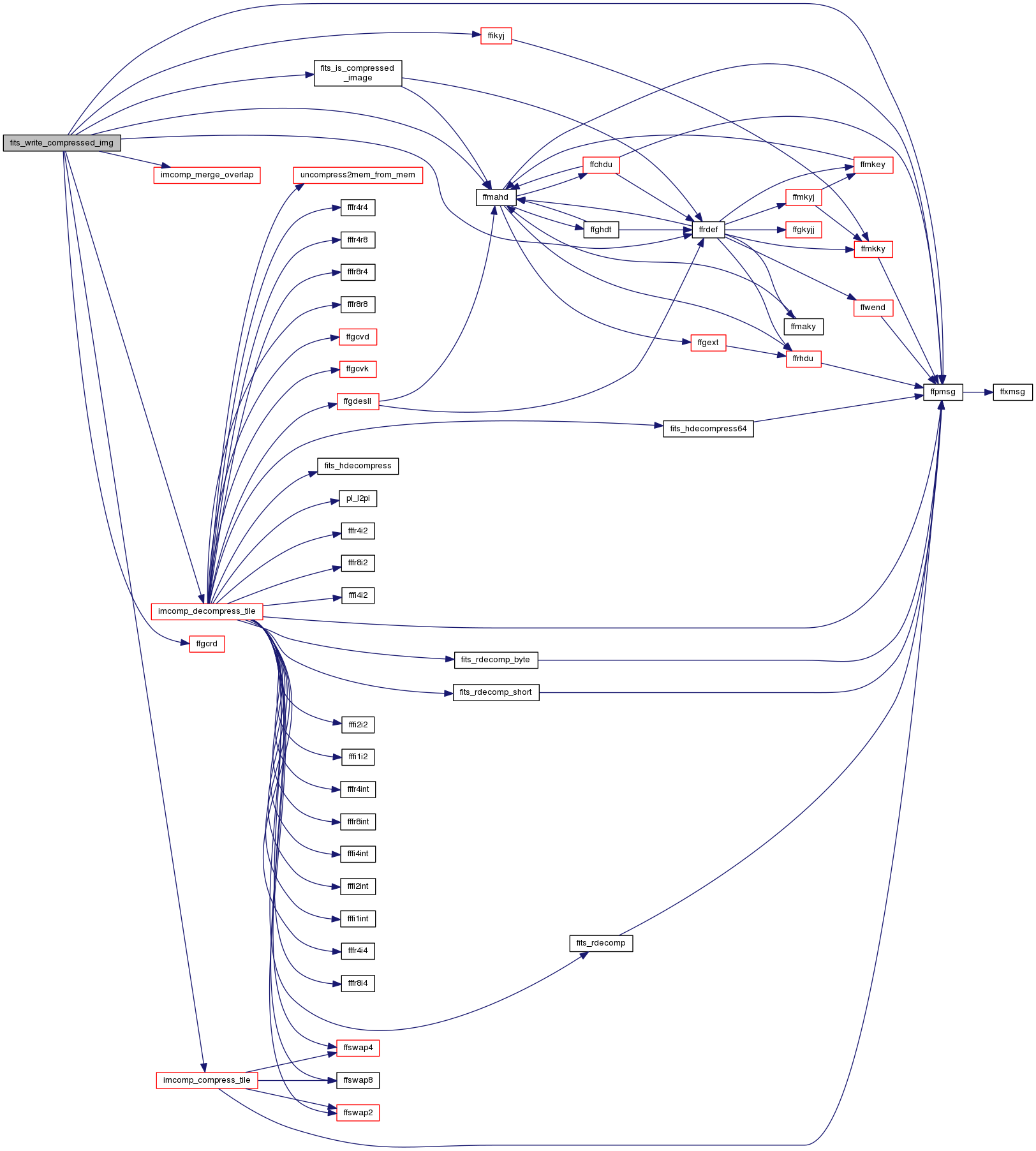
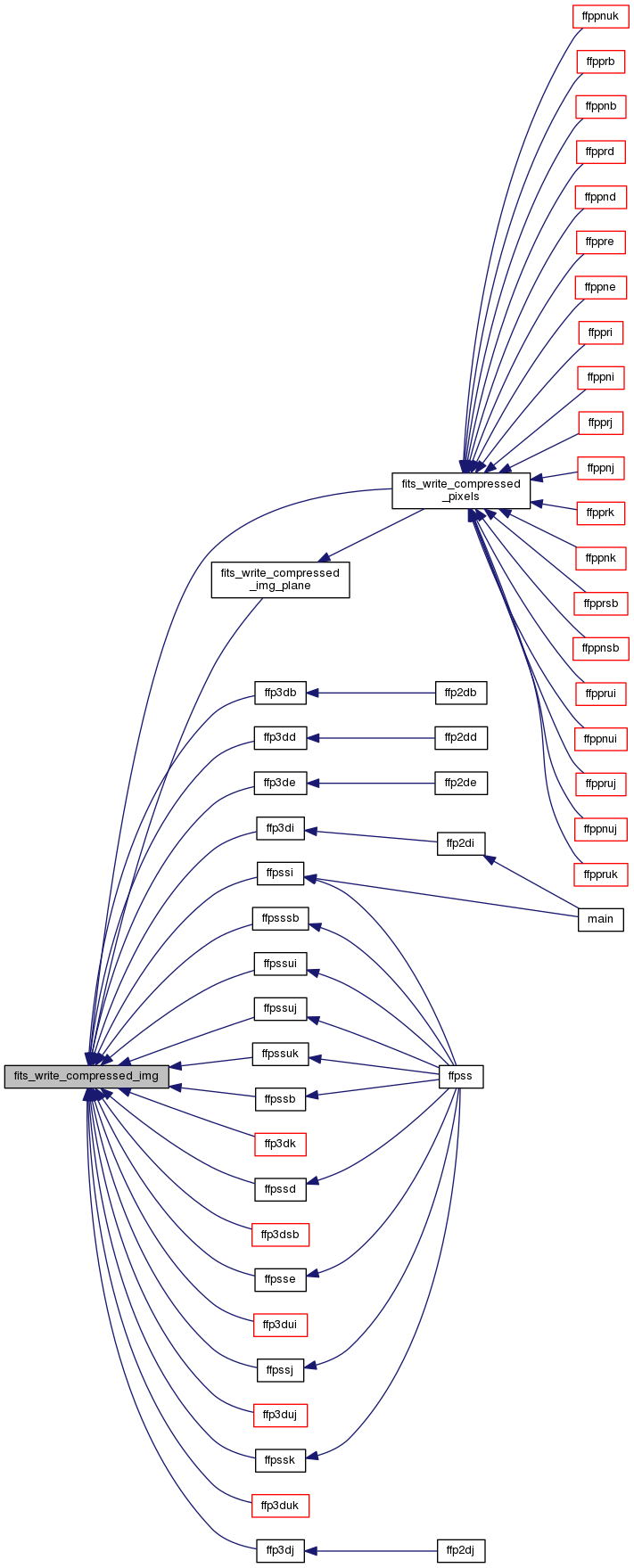
| int fits_write_compressed_img_plane | ( | fitsfile * | fptr, |
| int | datatype, | ||
| int | bytesperpixel, | ||
| long | nplane, | ||
| long * | firstcoord, | ||
| long * | lastcoord, | ||
| long * | naxes, | ||
| int | nullcheck, | ||
| void * | array, | ||
| void * | nullval, | ||
| long * | nread, | ||
| int * | status | ||
| ) |
in general we have to write the first partial row of the image, followed by the middle complete rows, followed by the last partial row of the image. If the first or last rows are complete, then write them at the same time as all the middle rows.
| [in] | fptr | FITS file |
| [in] | datatype | datatype of the array to be written |
| [in] | bytesperpixel | number of bytes per pixel in array |
| [in] | nplane | which plane of the cube to write |
| [in] | firstcoord | of first pixel to write |
| [in] | lastcoord | of last pixel to write |
| [in] | naxes | of each image dimension |
| [in] | nullcheck | 0 for no null checking 1: pixels that are = nullval will be written with the FITS null pixel value (floating point arrays only) |
| [in] | array | array of values that are written |
| [in] | nullval | value for undefined pixels |
| [out] | nread | total number of pixels written |
| [in,out] | status | error status |
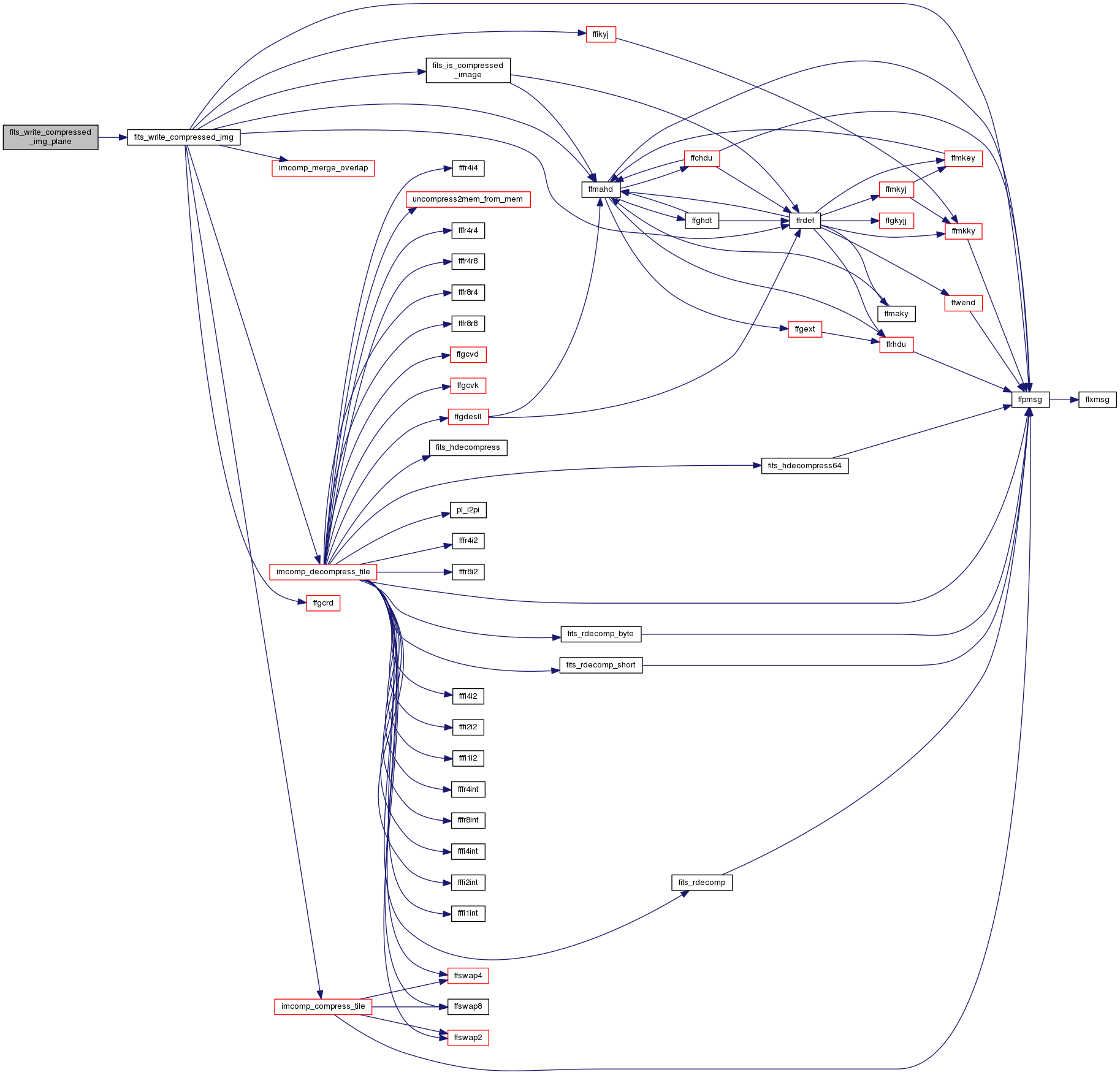
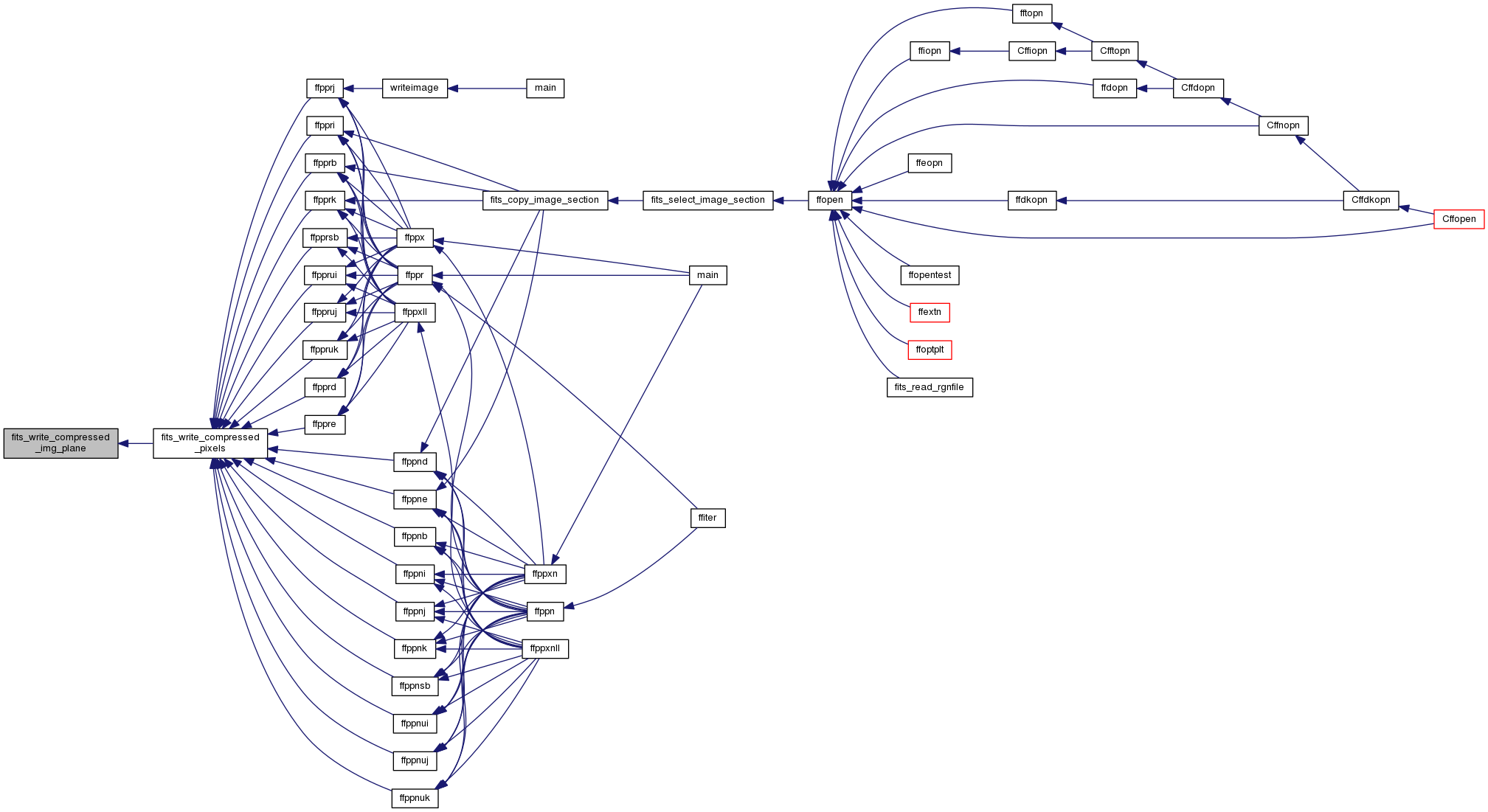
| int fits_write_compressed_pixels | ( | fitsfile * | fptr, |
| int | datatype, | ||
| LONGLONG | fpixel, | ||
| LONGLONG | npixel, | ||
| int | nullcheck, | ||
| void * | array, | ||
| void * | nullval, | ||
| int * | status | ||
| ) |
Write a consecutive set of pixels to a compressed image. This routine interpretes the n-dimensional image as a long one-dimensional array. This is actually a rather inconvenient way to write compressed images in general, and could be rather inefficient if the requested pixels to be written are located in many different image compression tiles.
The general strategy used here is to write the requested pixels in blocks that correspond to rectangular image sections.
| [in] | fptr | FITS file pointer |
| [in] | datatype | datatype of the array to be written |
| [in] | fpixel | 'first pixel to write |
| [in] | npixel | number of pixels to write |
| [in] | nullcheck | 0 for no null checking 1: pixels that are = nullval will be written with the FITS null pixel value (floating point arrays only) |
| [in] | array | array of values to write |
| [in] | nullval | value used to represent undefined pixels |
| [in,out] | status | error status |
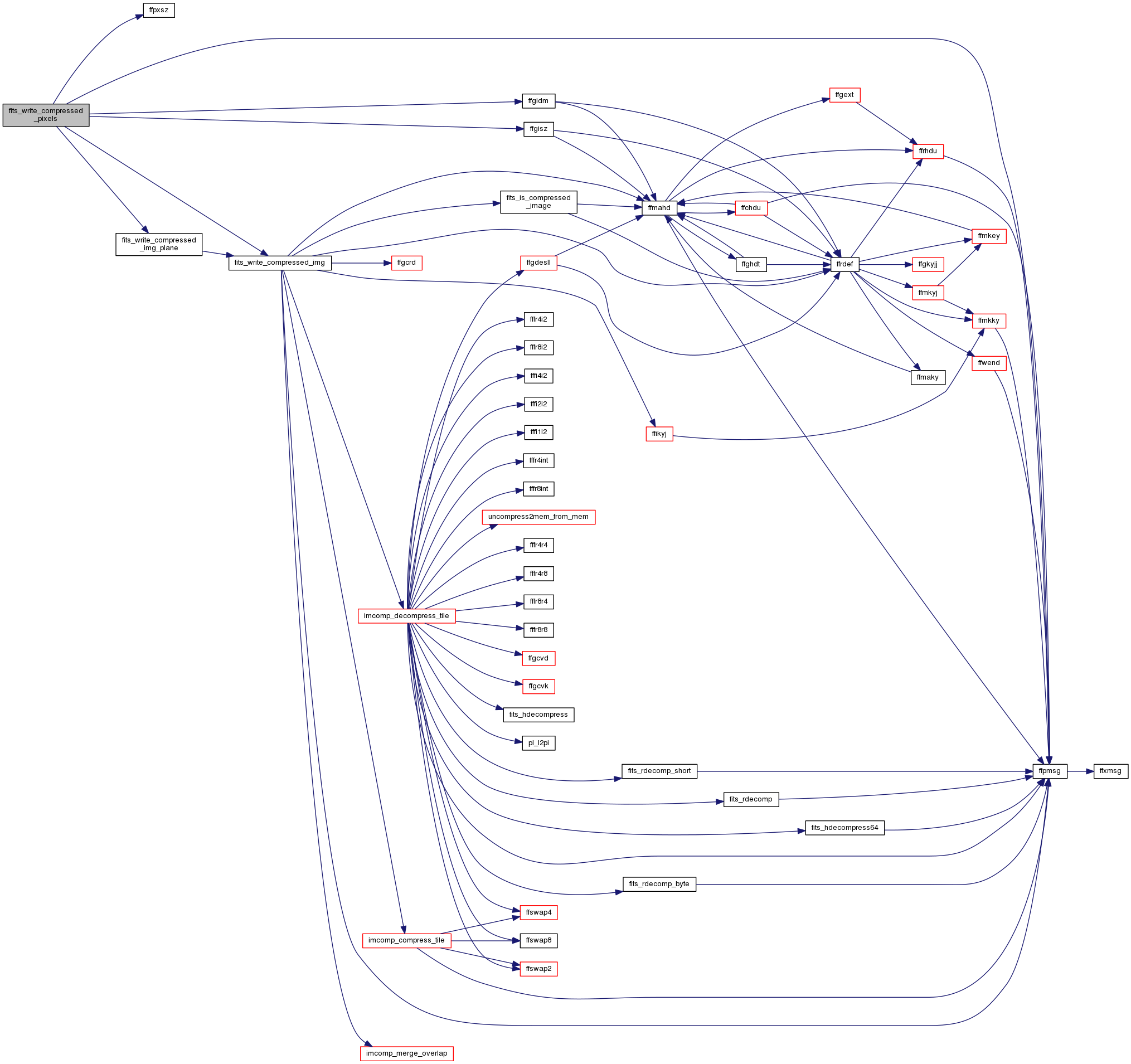
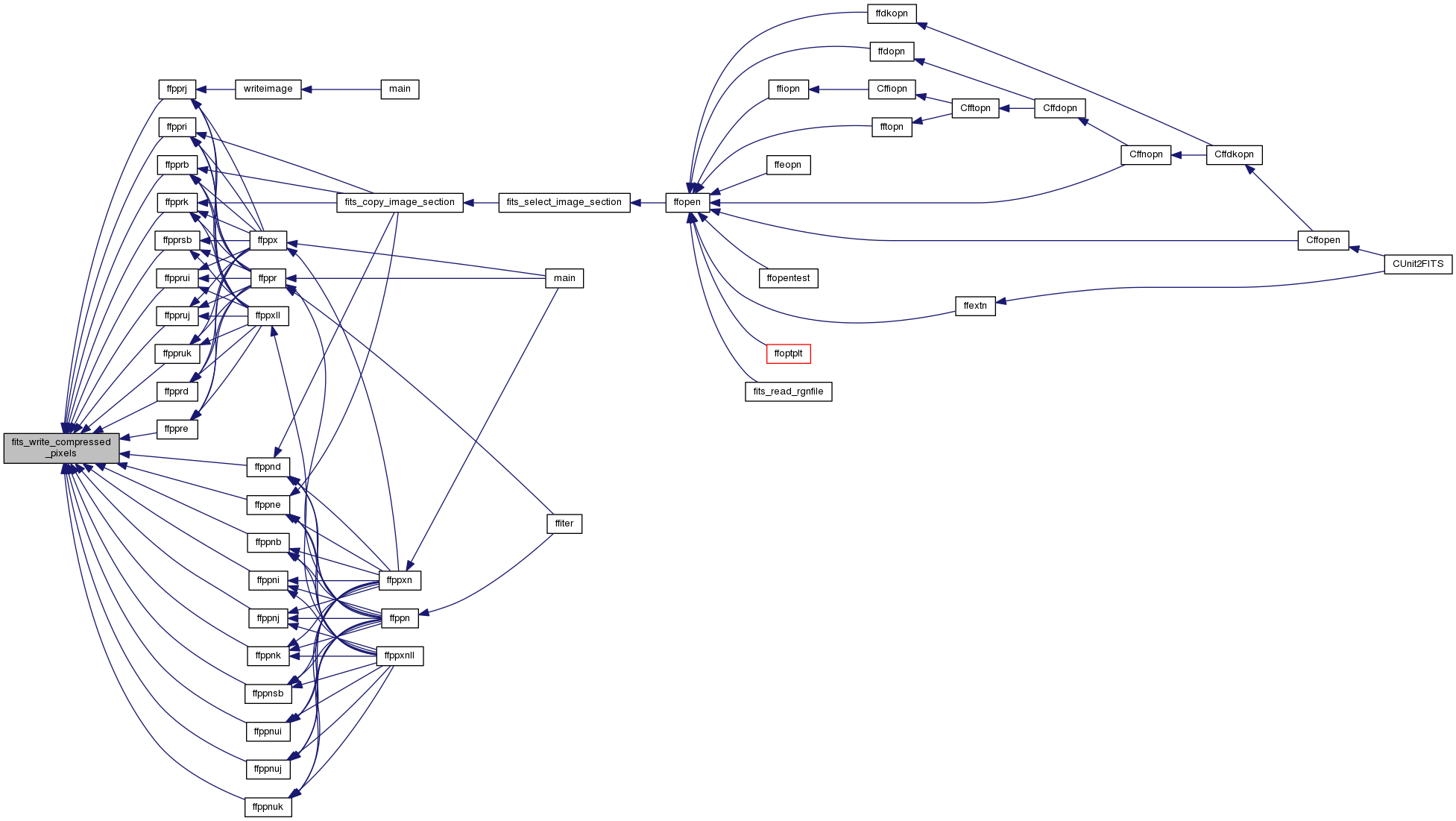
| int fitsio_init_lock | ( | void | ) |

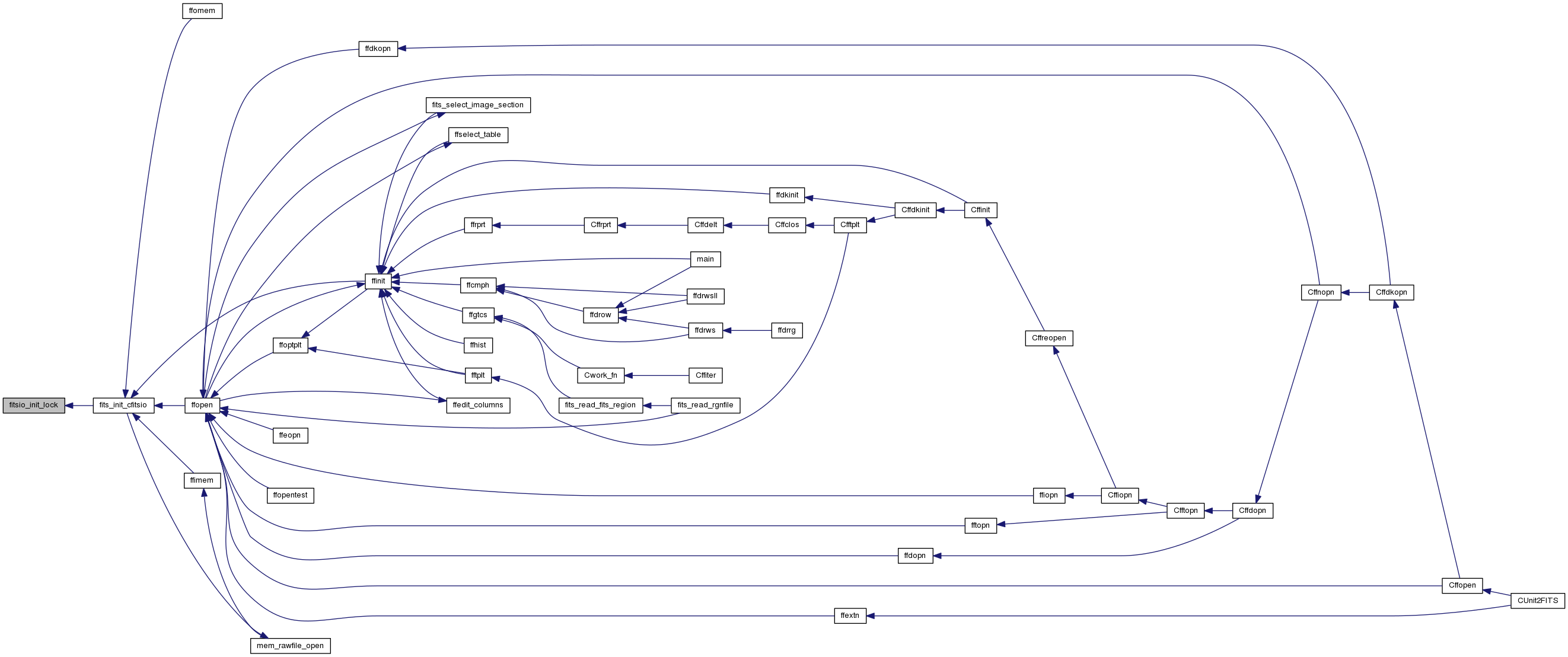
| int ftp_checkfile | ( | char * | urltype, |
| char * | infile, | ||
| char * | outfile | ||
| ) |
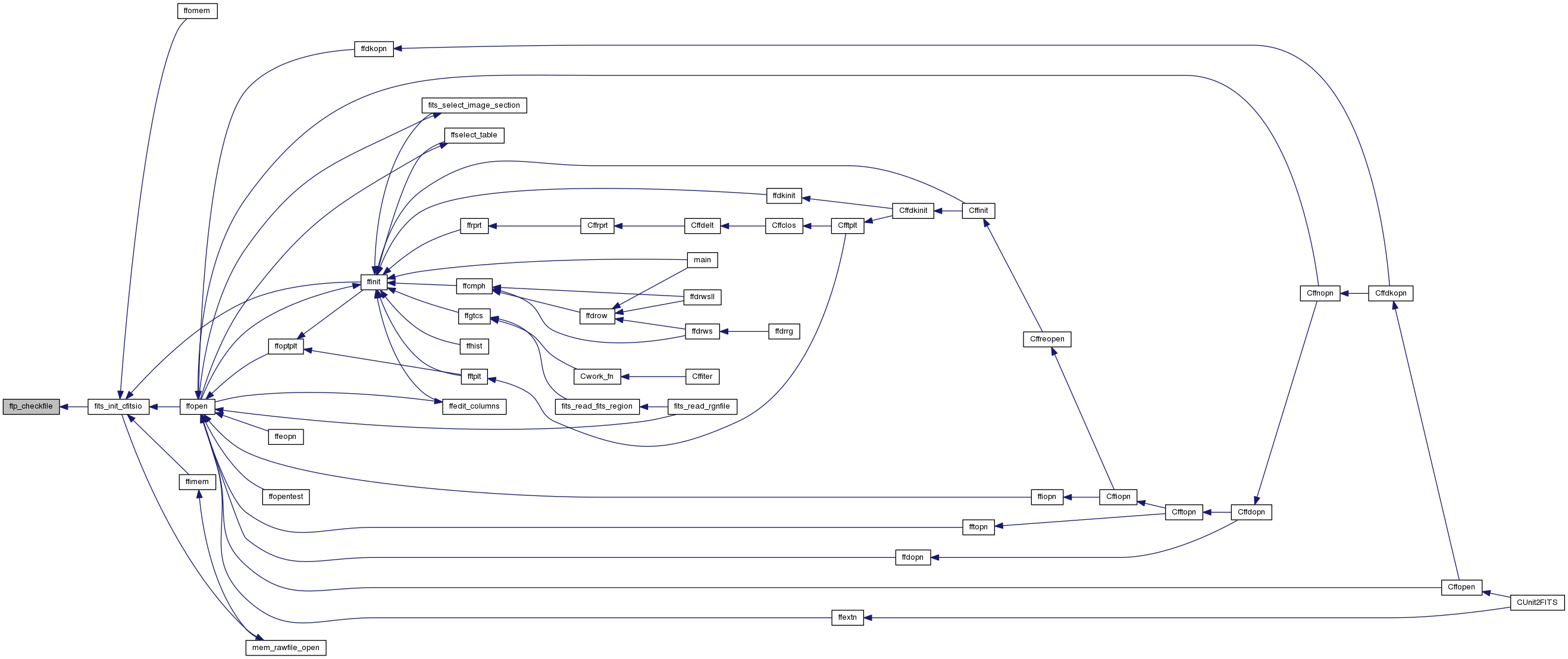
| int ftp_compress_open | ( | char * | filename, |
| int | rwmode, | ||
| int * | driverhandle | ||
| ) |
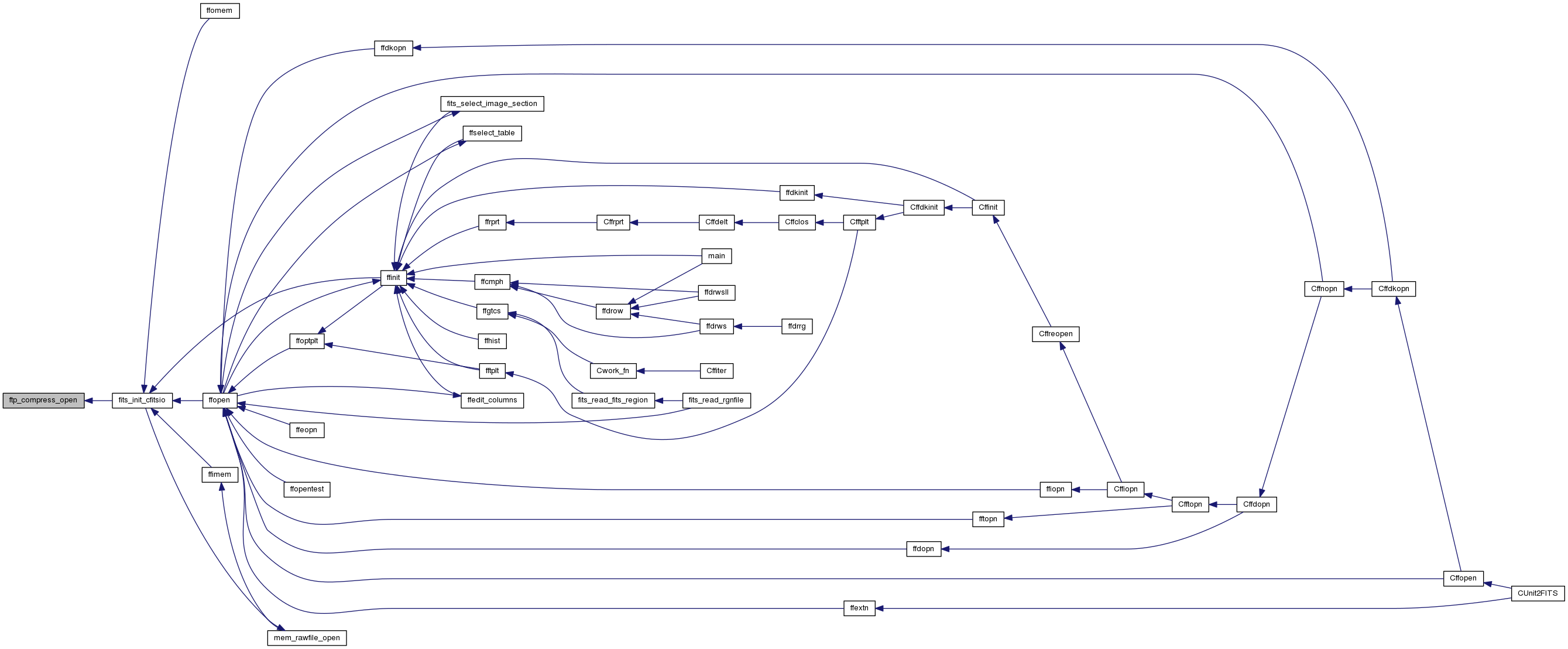
| int ftp_file_open | ( | char * | filename, |
| int | rwmode, | ||
| int * | driverhandle | ||
| ) |
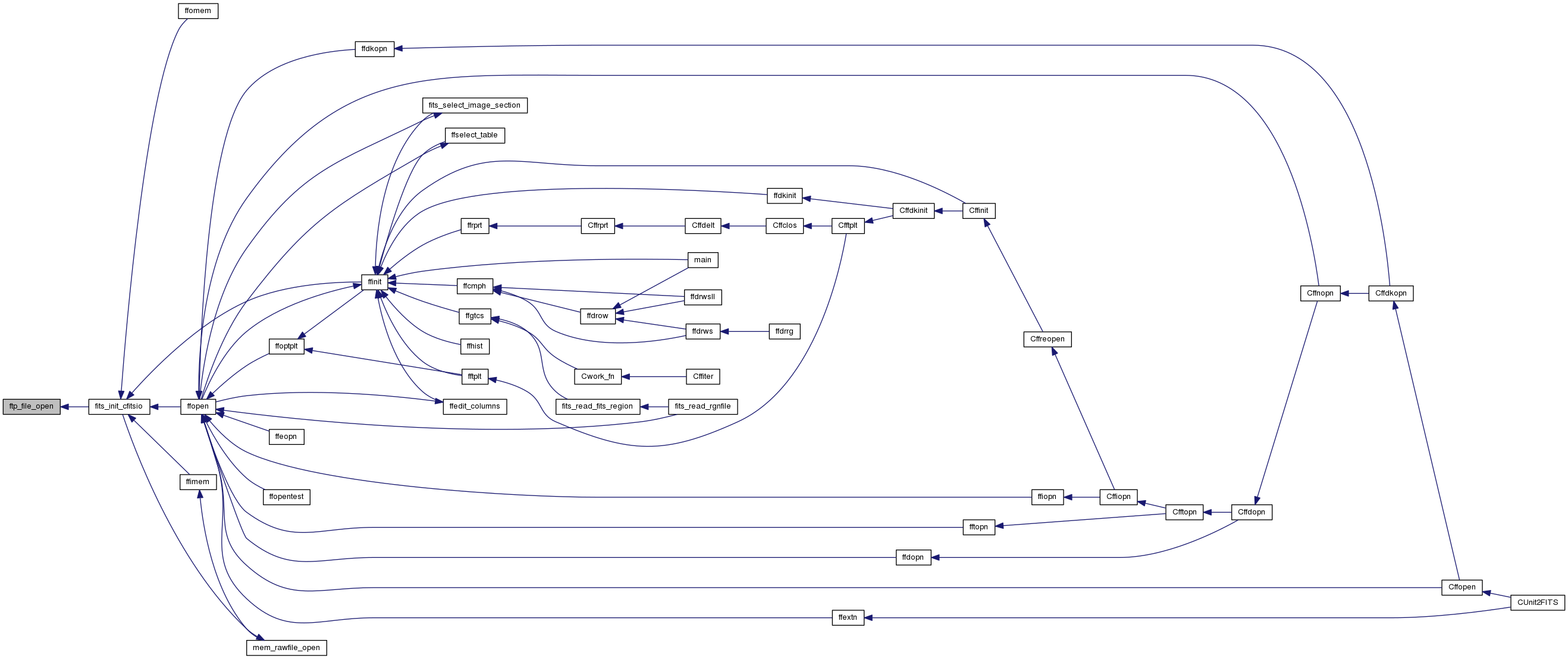
| int ftp_open | ( | char * | filename, |
| int | rwmode, | ||
| int * | driverhandle | ||
| ) |
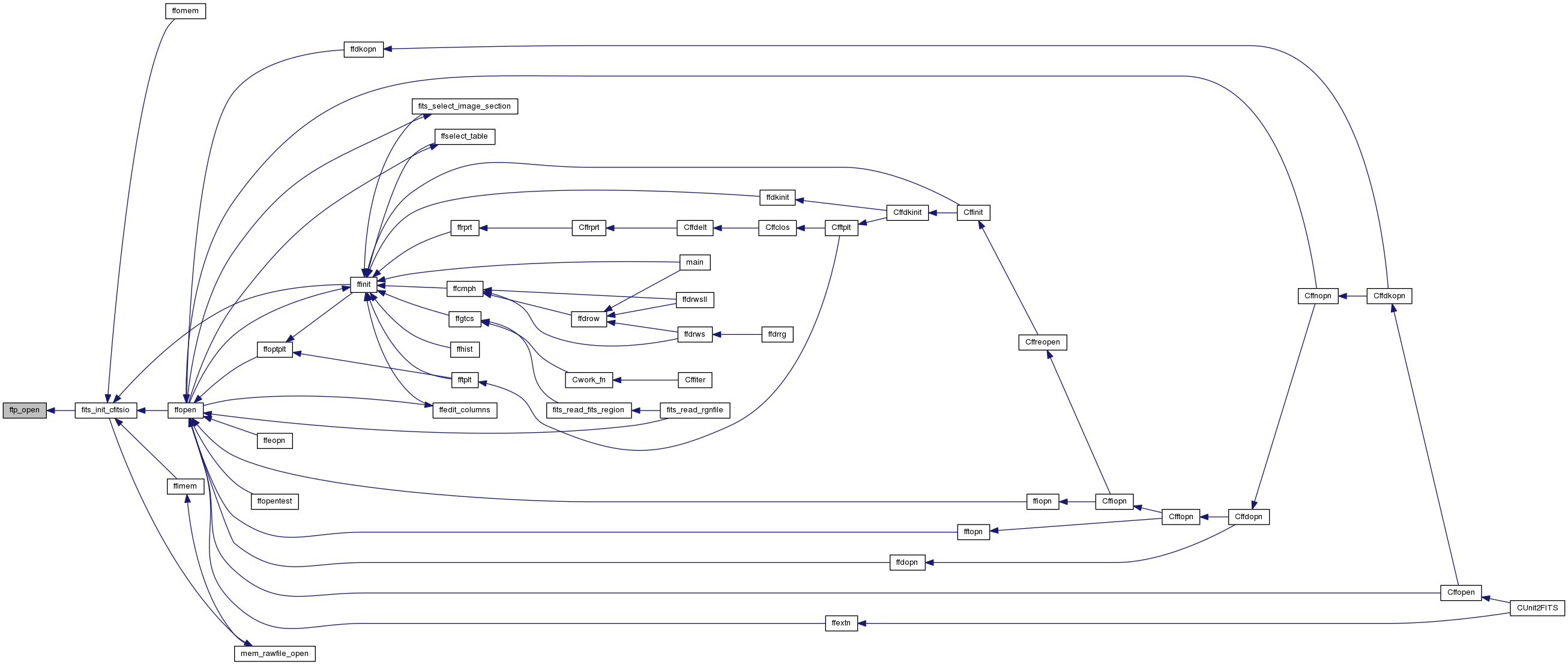
| int http_checkfile | ( | char * | urltype, |
| char * | infile, | ||
| char * | outfile | ||
| ) |
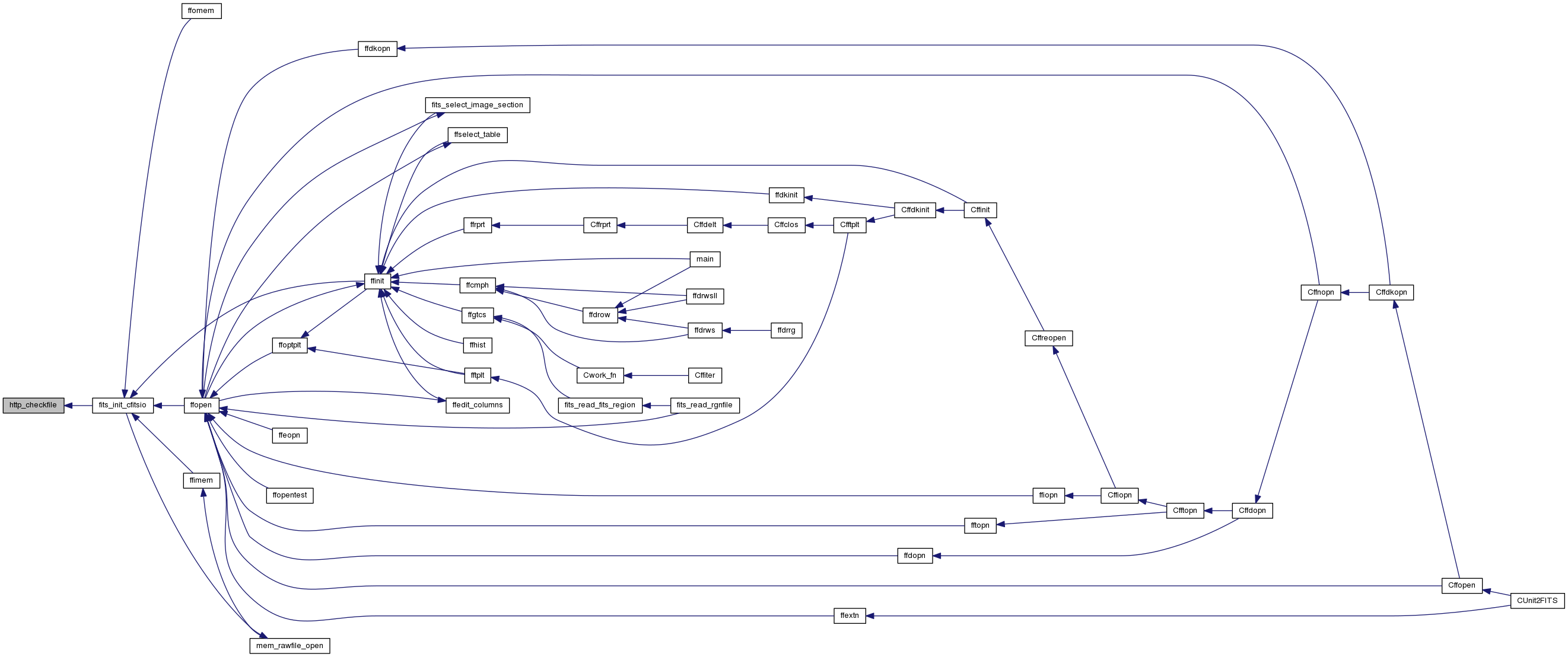
| int http_compress_open | ( | char * | filename, |
| int | rwmode, | ||
| int * | driverhandle | ||
| ) |
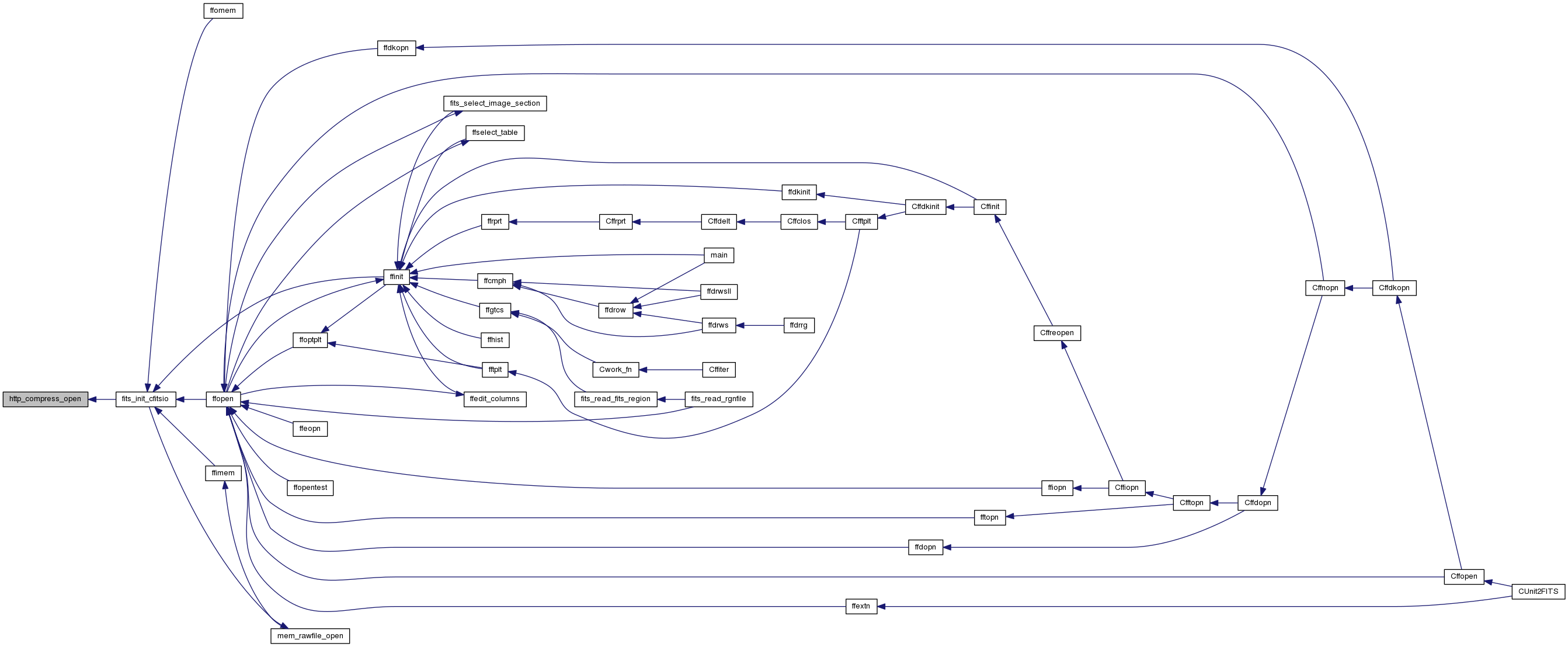
| int http_file_open | ( | char * | filename, |
| int | rwmode, | ||
| int * | driverhandle | ||
| ) |
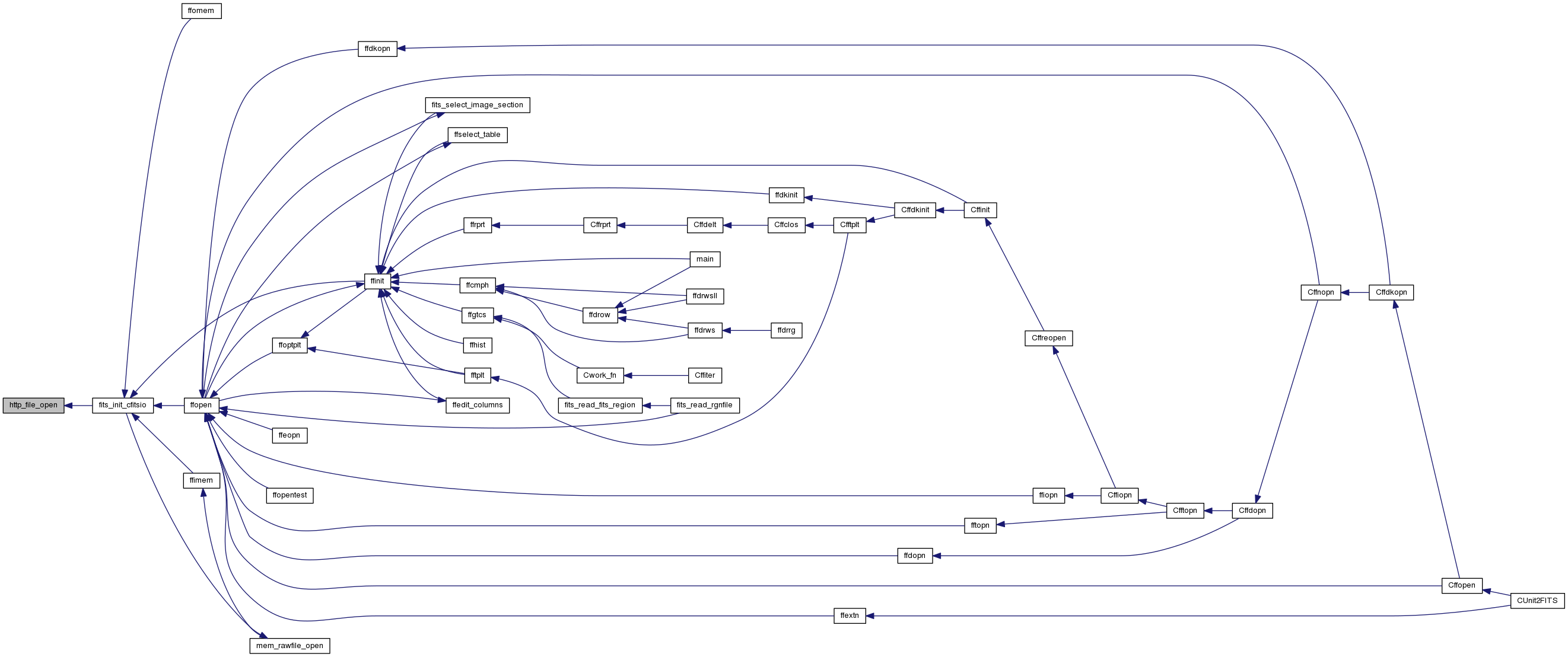
| int http_open | ( | char * | filename, |
| int | rwmode, | ||
| int * | driverhandle | ||
| ) |
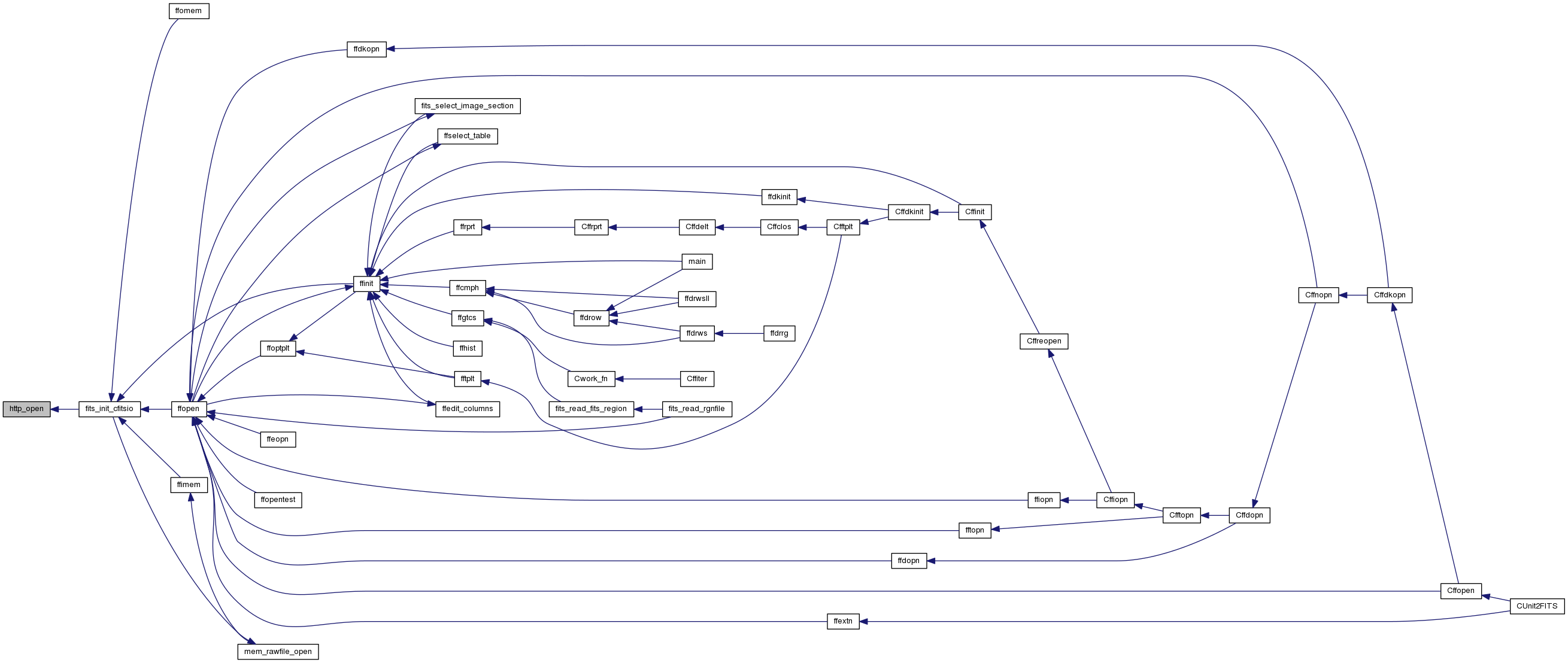
| void ieevpd | ( | double * | inarray, |
| double * | outarray, | ||
| long * | nvals | ||
| ) |

| void ieevpr | ( | float * | inarray, |
| float * | outarray, | ||
| long * | nvals | ||
| ) |

| void ieevud | ( | double * | inarray, |
| double * | outarray, | ||
| long * | nvals | ||
| ) |

| void ieevur | ( | float * | inarray, |
| float * | outarray, | ||
| long * | nvals | ||
| ) |

| int imcomp_calc_max_elem | ( | int | comptype, |
| int | nx, | ||
| int | zbitpix, | ||
| int | blocksize | ||
| ) |
This function returns the maximum number of bytes in a compressed image line.
| [in] | nx | maximum number of pixels in a tile |
| [in] | blocksize | is only relevant for RICE compression |
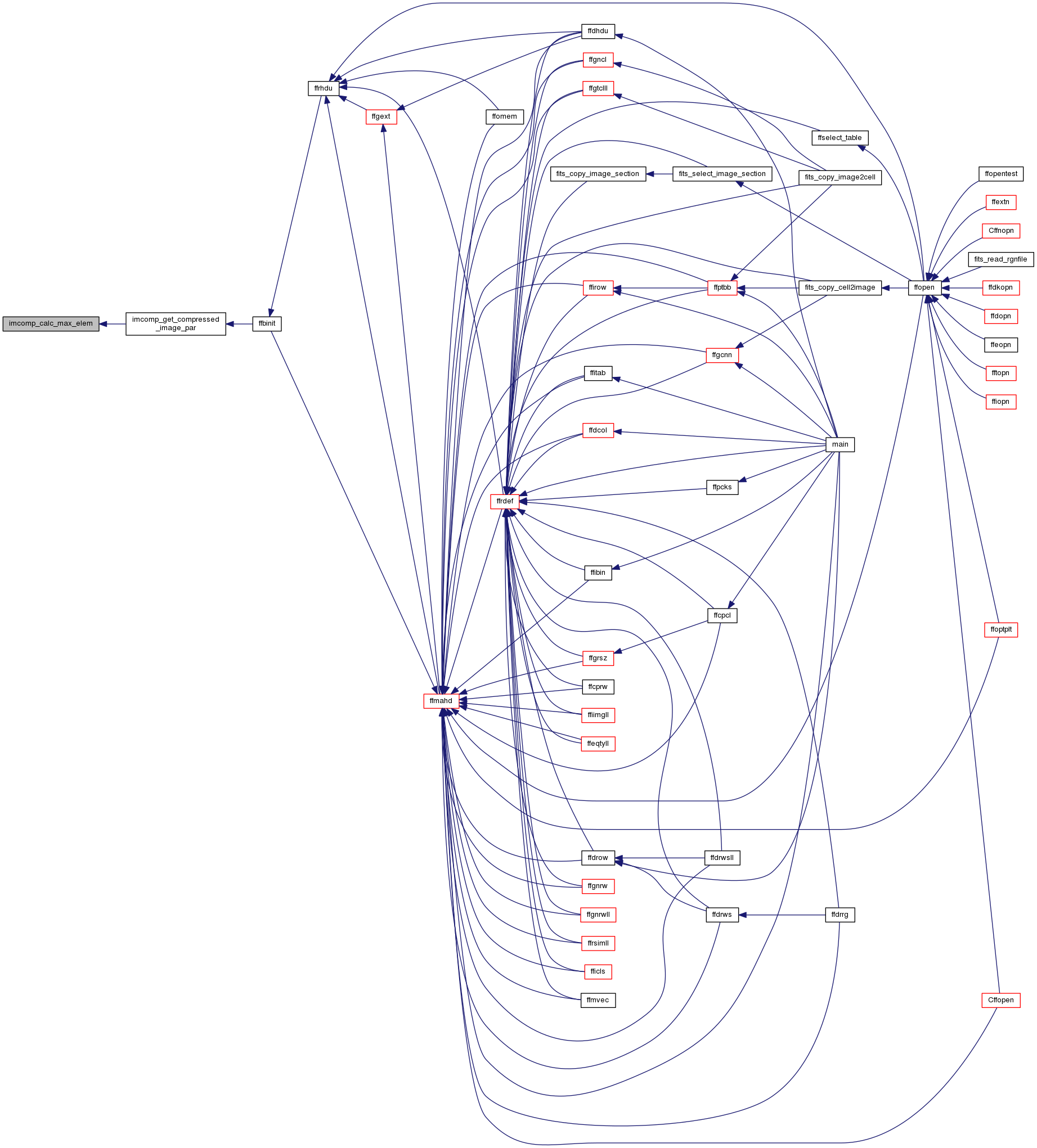
This routine does the following:
writes the compressed byte stream to the output FITS file
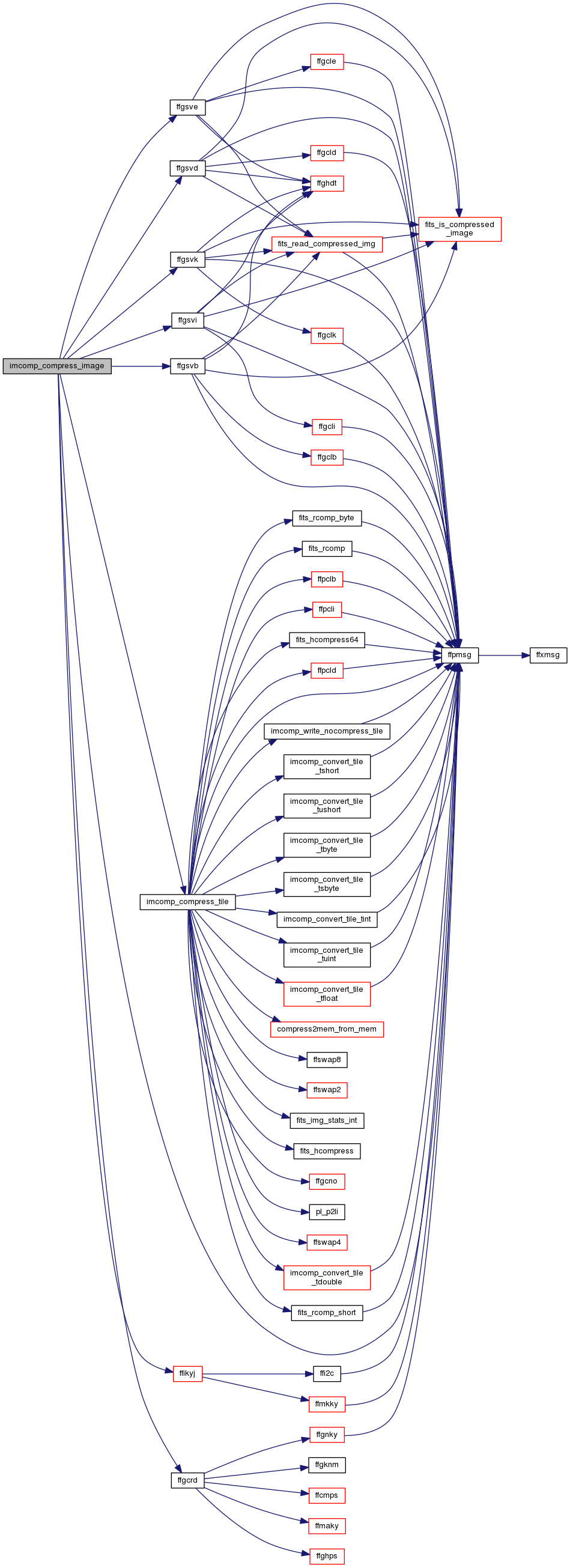

| int imcomp_compress_tile | ( | fitsfile * | outfptr, |
| long | row, | ||
| int | datatype, | ||
| void * | tiledata, | ||
| long | tilelen, | ||
| long | tilenx, | ||
| long | tileny, | ||
| int | nullcheck, | ||
| void * | nullflagval, | ||
| int * | status | ||
| ) |
This is the main compression routine.
This routine does the following to the input tile of pixels:
If the tile cannot be quantized than the raw float or double values are losslessly compressed with gzip and then written to the output table.
This input array may be modified by this routine. If the array is of type TINT or TFLOAT, and the compression type is HCOMPRESS, then it must have been allocated to be twice as large (8 bytes per pixel) to provide scratch space.
Note that this routine does not fully support the implicit datatype conversion that is supported when writing to normal FITS images. The datatype of the input array must have the same datatype (either signed or unsigned) as the output (compressed) FITS image in some cases.
| row | tile number = row in the binary table that holds the compressed data |
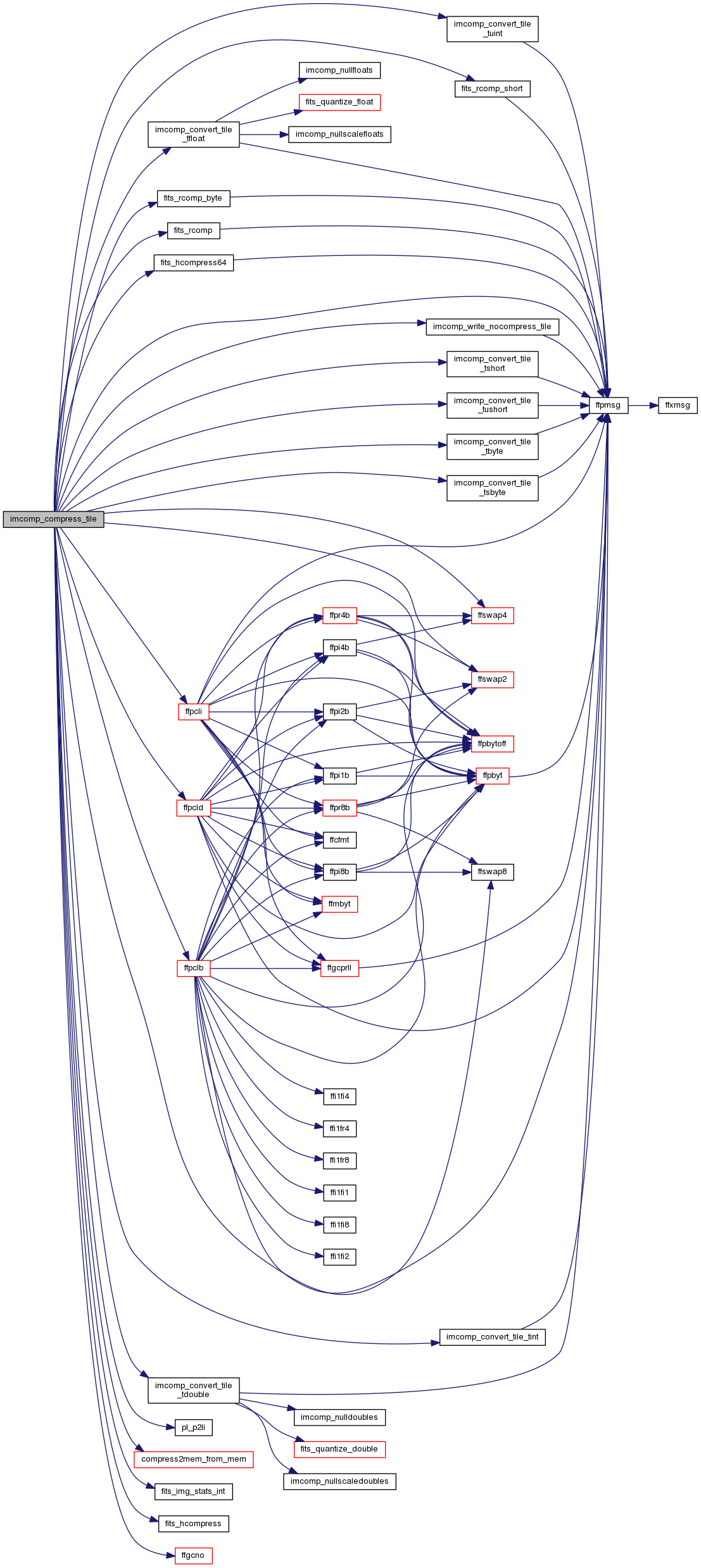
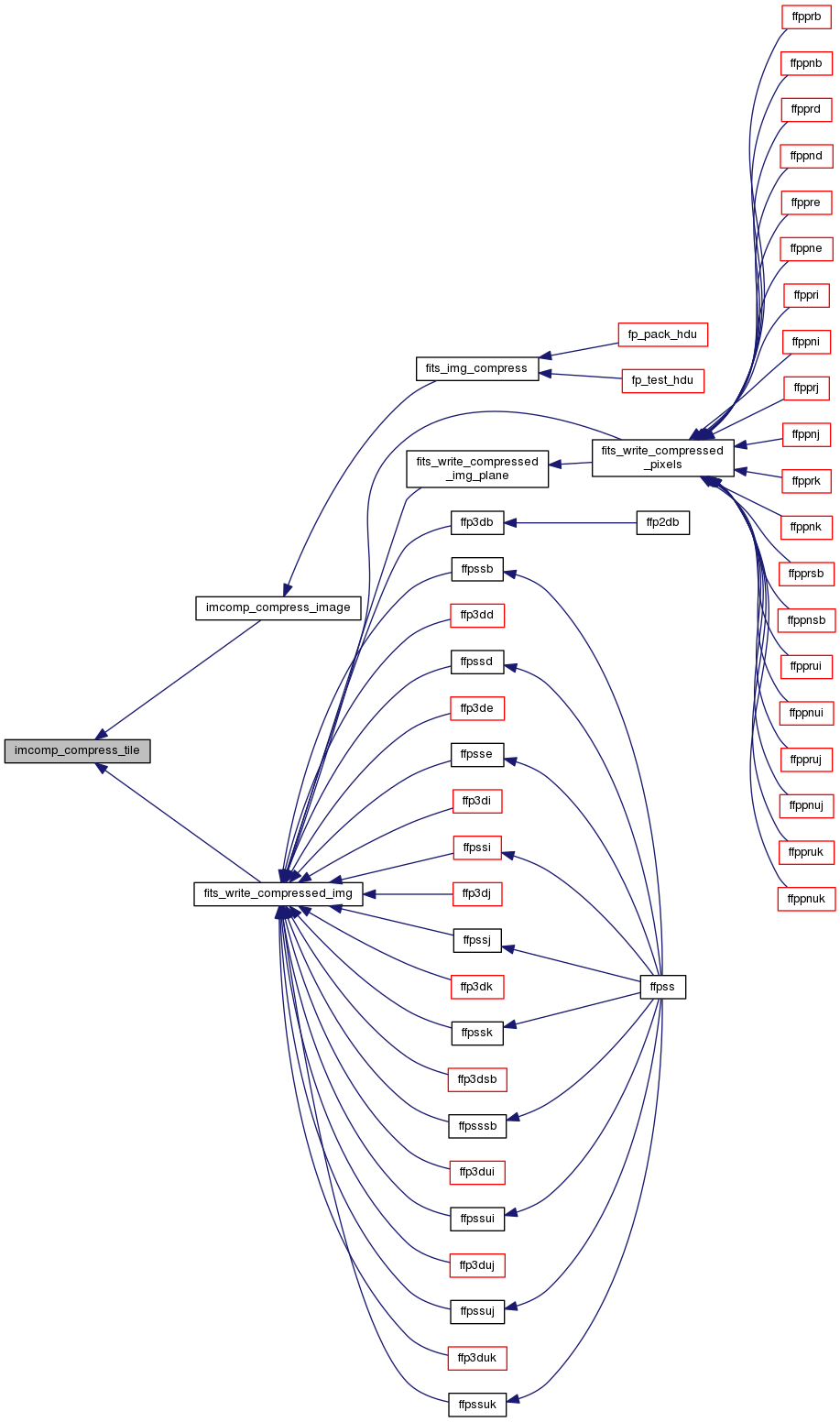
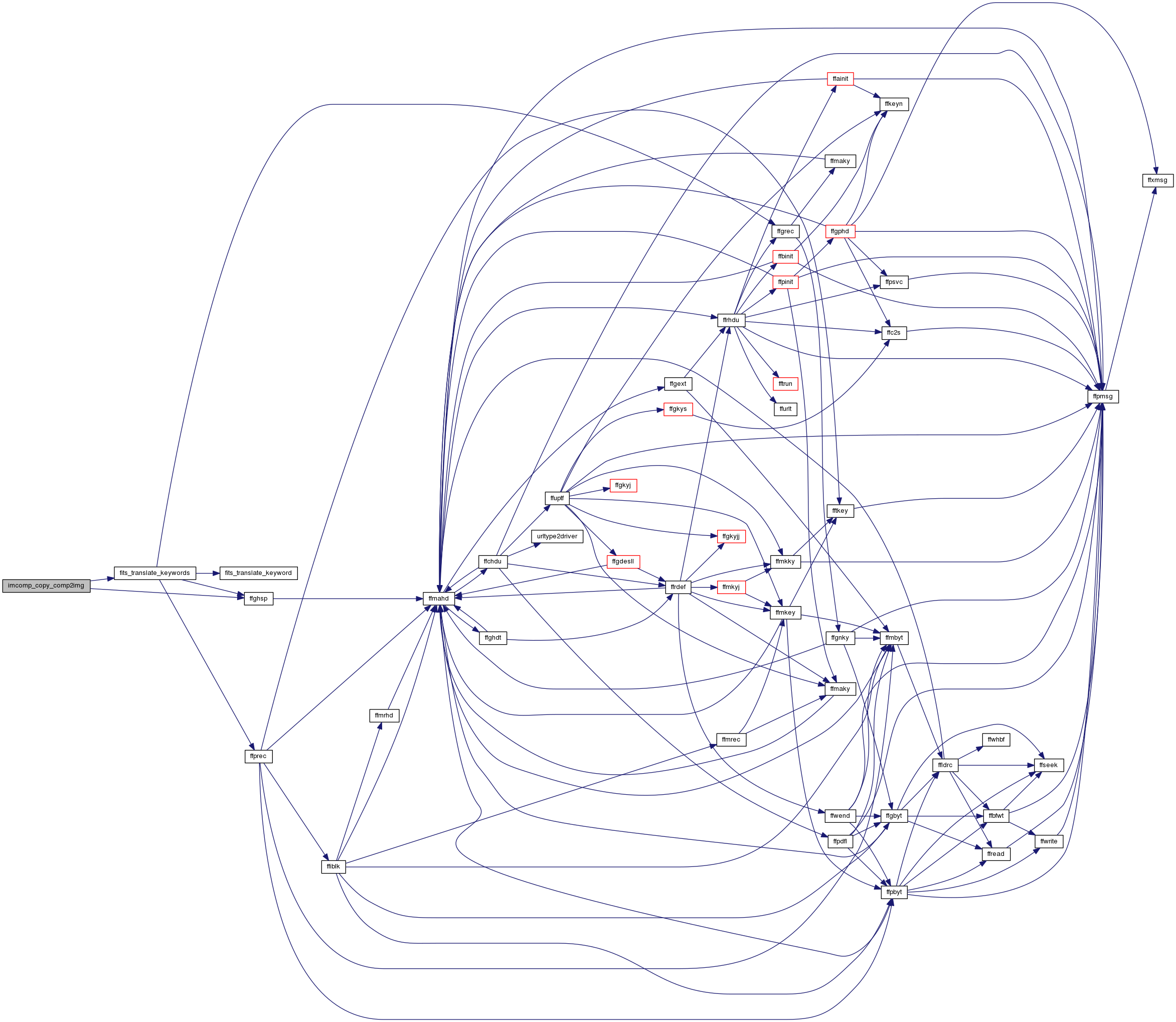

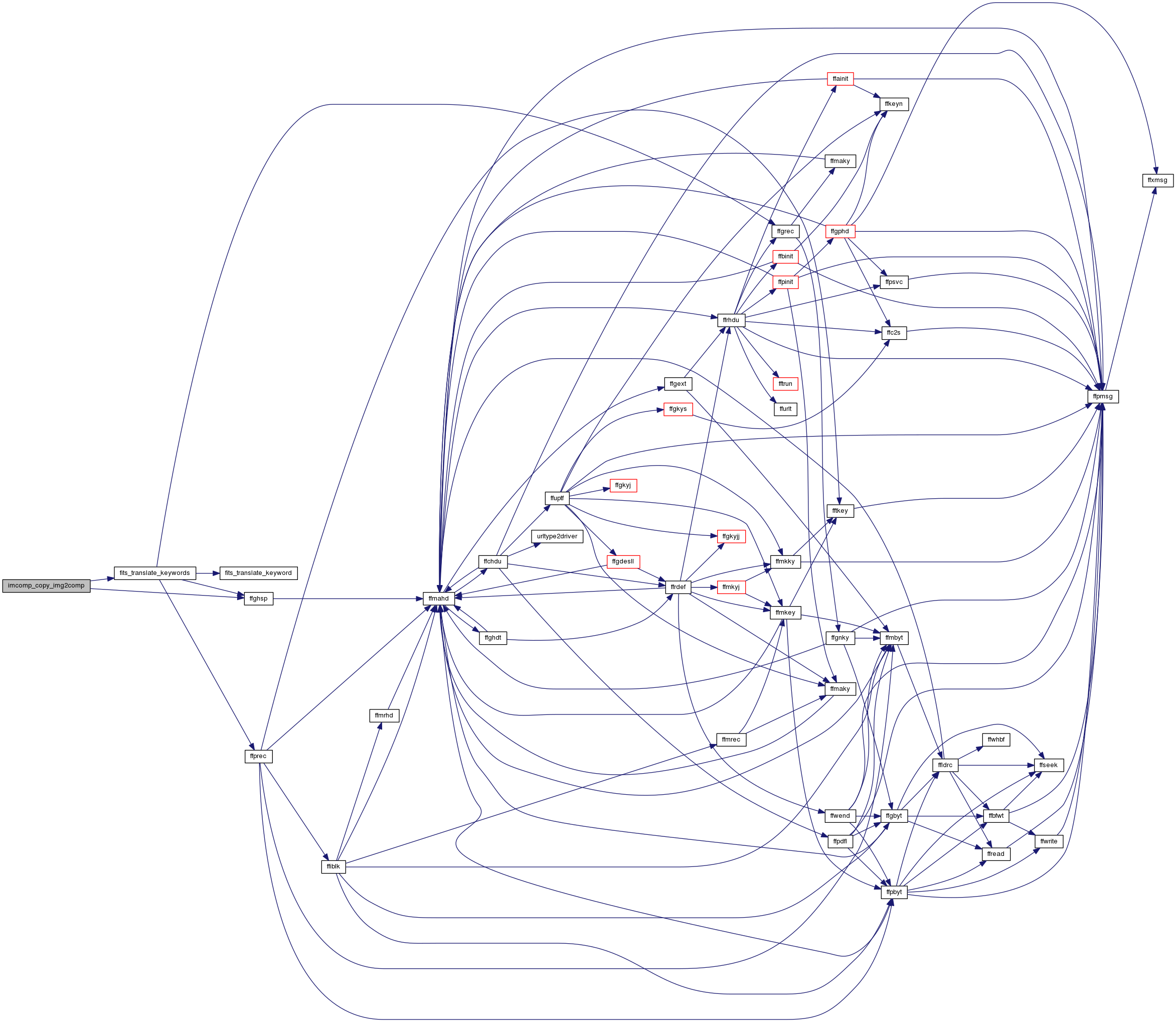

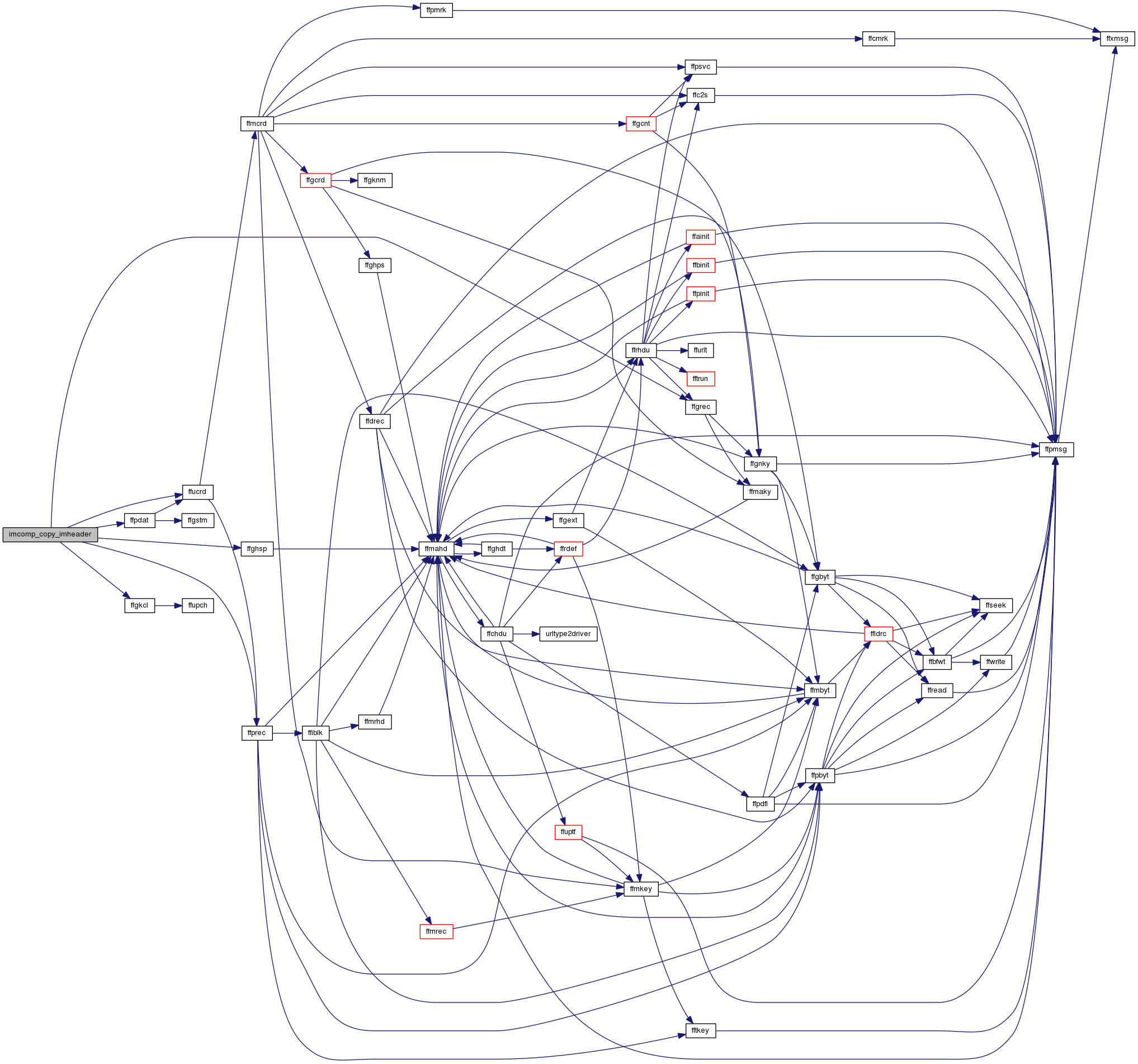

| int imcomp_copy_overlap | ( | char * | tile, |
| int | pixlen, | ||
| int | ndim, | ||
| long * | tfpixel, | ||
| long * | tlpixel, | ||
| char * | bnullarray, | ||
| char * | image, | ||
| long * | fpixel, | ||
| long * | lpixel, | ||
| long * | ininc, | ||
| int | nullcheck, | ||
| char * | nullarray, | ||
| int * | status | ||
| ) |
copy the intersecting pixels from a decompressed tile to the output image. Both the tile and the image must have the same number of dimensions.
| [in] | tile | multi dimensional array of tile pixels |
| [in] | pixlen | number of bytes in each tile or image pixel |
| [in] | ndim | number of dimension in the tile and image |
| [in] | tfpixel | first pixel number in each dim. of the tile |
| [in] | tlpixel | last pixel number in each dim. of the tile |
| [in] | bnullarray | array of null flags; used if nullcheck = 2 |
| [out] | image | multi dimensional output image |
| [in] | fpixel | first pixel number in each dim. of the image |
| [in] | lpixel | last pixel number in each dim. of the image |
| [in] | ininc | increment to be applied in each image dimen. |
| [in] | nullcheck | 0, 1: do nothing; 2: set nullarray for nulls |
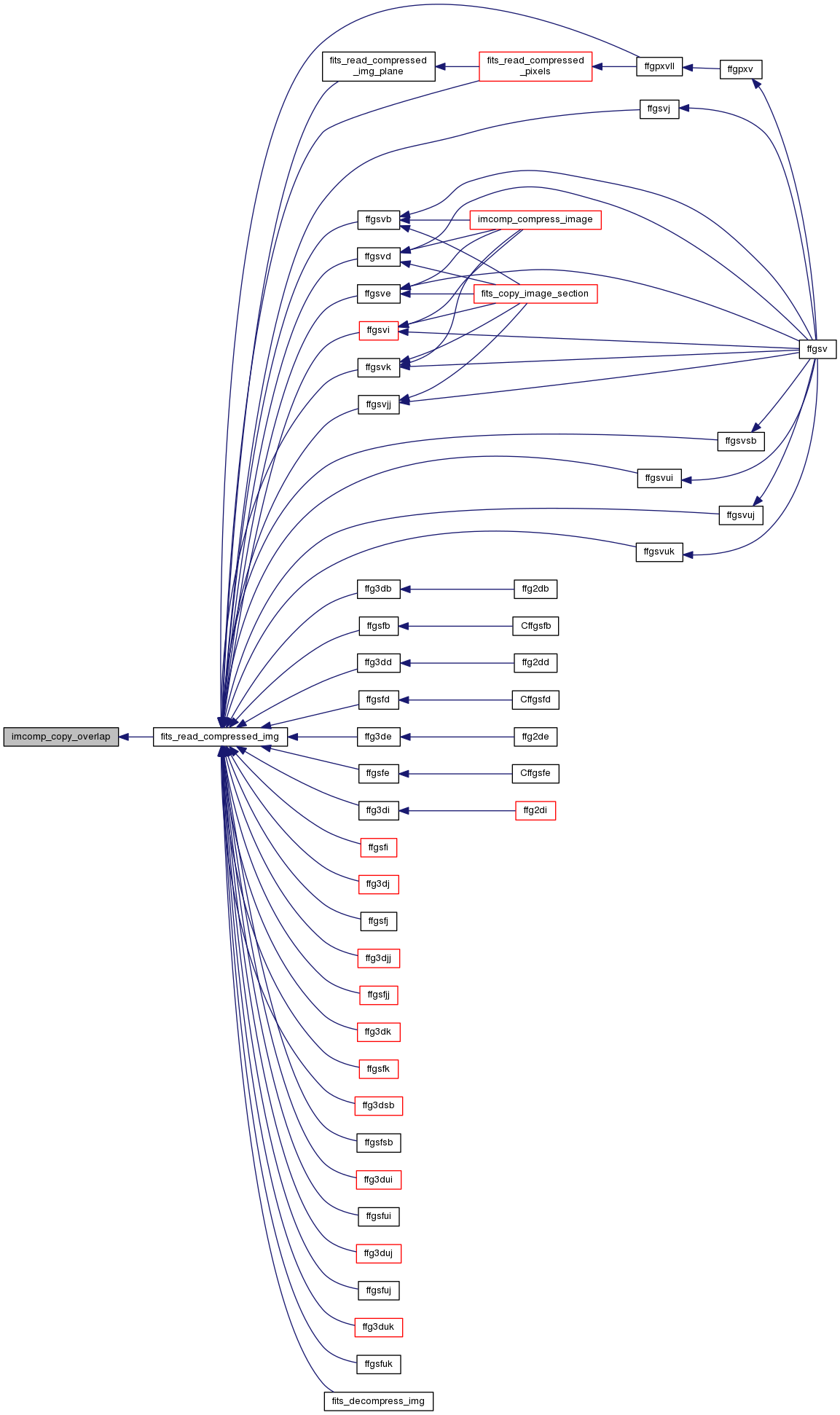
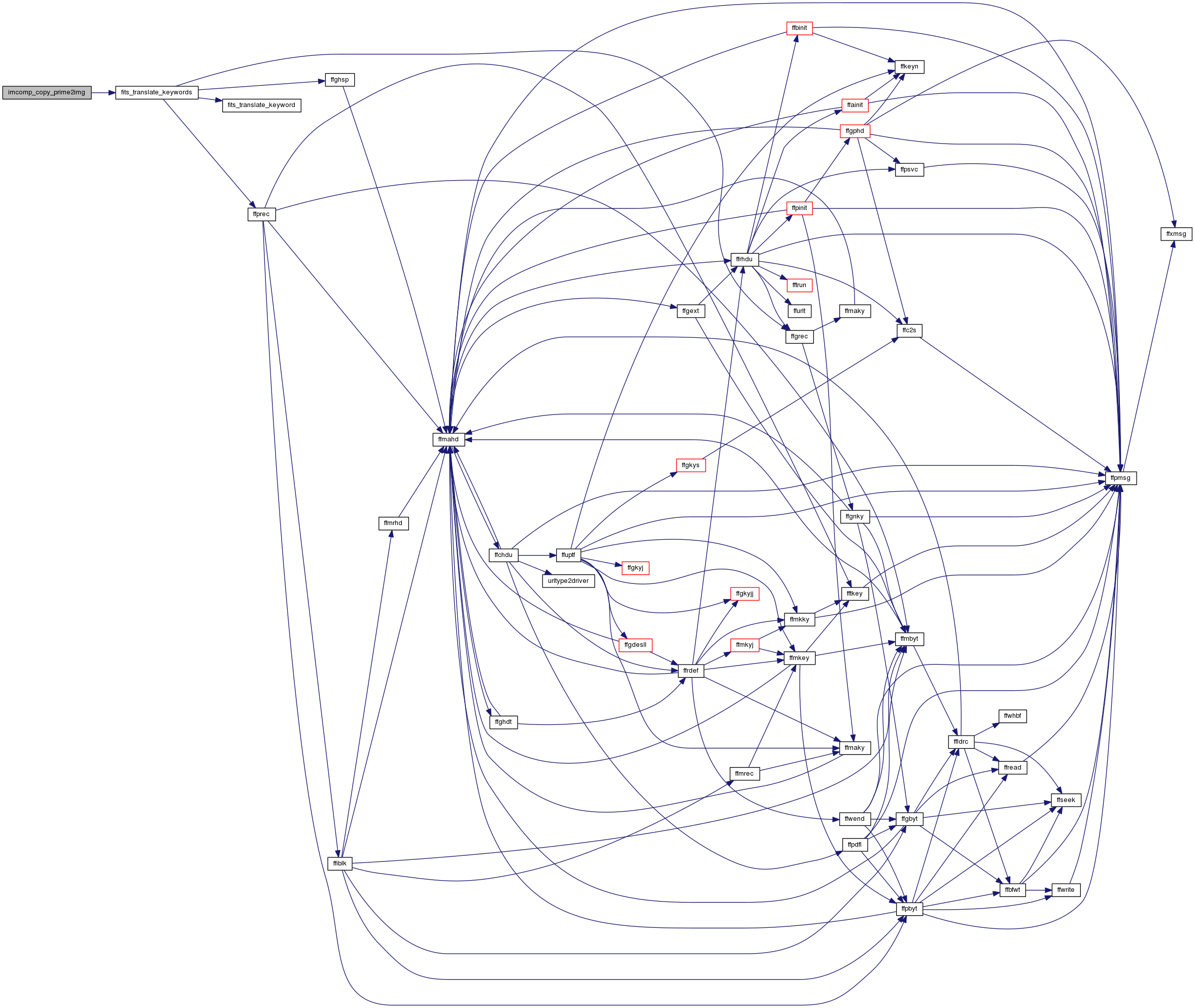

| int imcomp_decompress_tile | ( | fitsfile * | infptr, |
| int | nrow, | ||
| int | tilelen, | ||
| int | datatype, | ||
| int | nullcheck, | ||
| void * | nulval, | ||
| void * | buffer, | ||
| char * | bnullarray, | ||
| int * | anynul, | ||
| int * | status | ||
| ) |
This routine decompresses one tile of the image
| [in] | nrow | row of table to read and uncompress |
| [in] | tilelen | number of pixels in the tile |
| [in] | datatype | datatype to be returned in 'buffer' |
| [in] | nullcheck | 0 for no null checking |
| [in] | nulval | value to be used for undefined pixels |
| [out] | buffer | buffer for returned decompressed values |
| [out] | bnullarray | buffer for returned null flags |
| [out] | anynul | any null values returned? |
| [in] | status) |
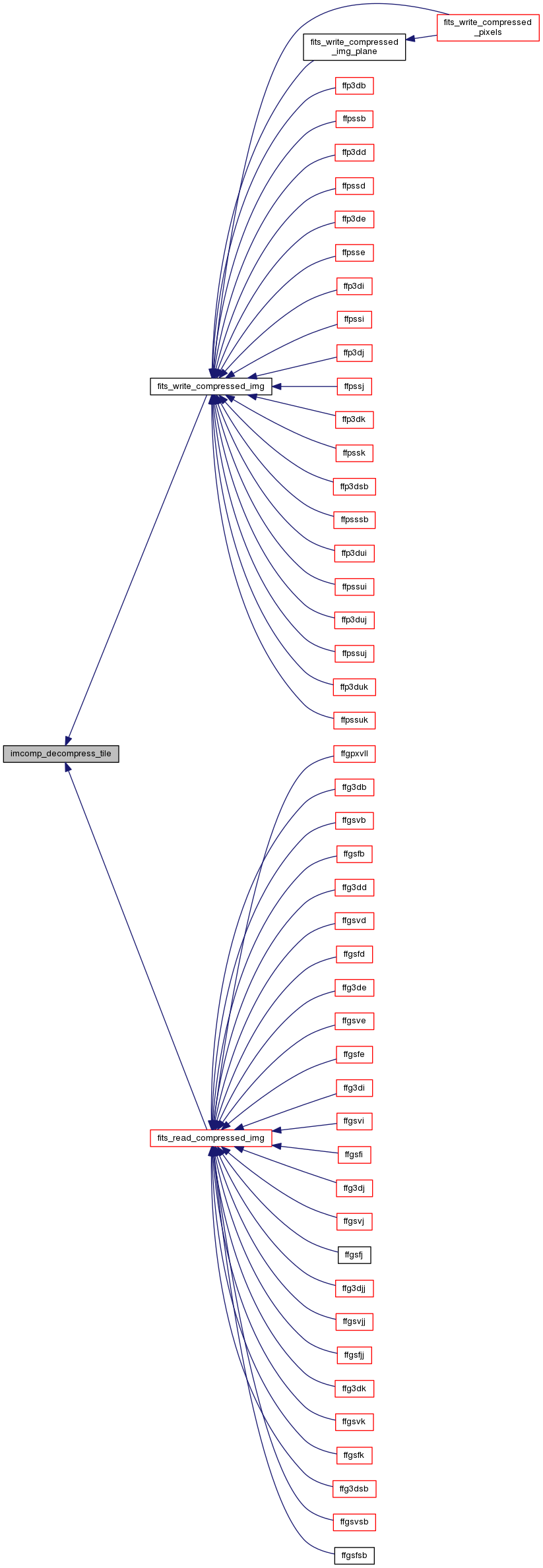
| int imcomp_get_compressed_image_par | ( | fitsfile * | infptr, |
| int * | status | ||
| ) |
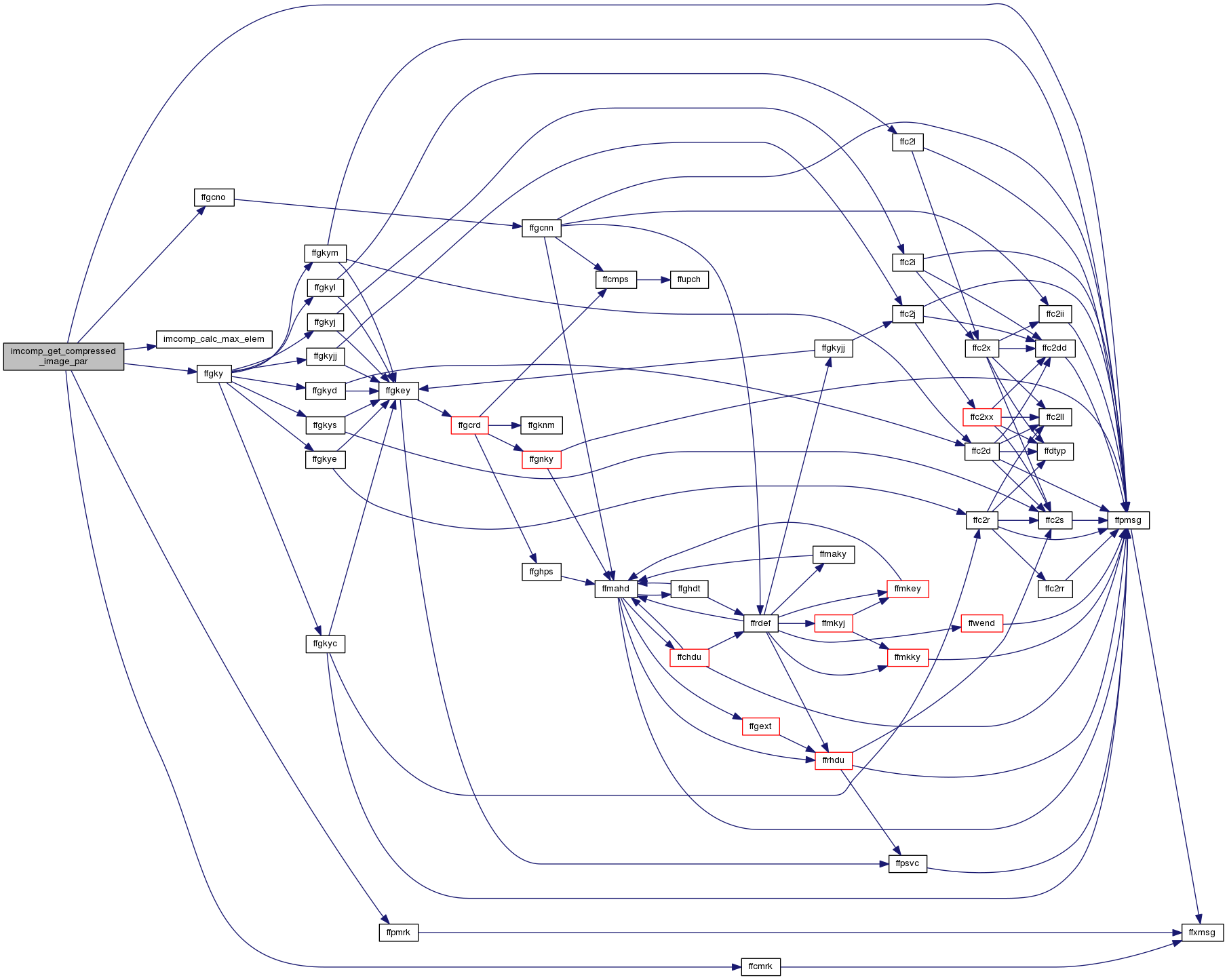
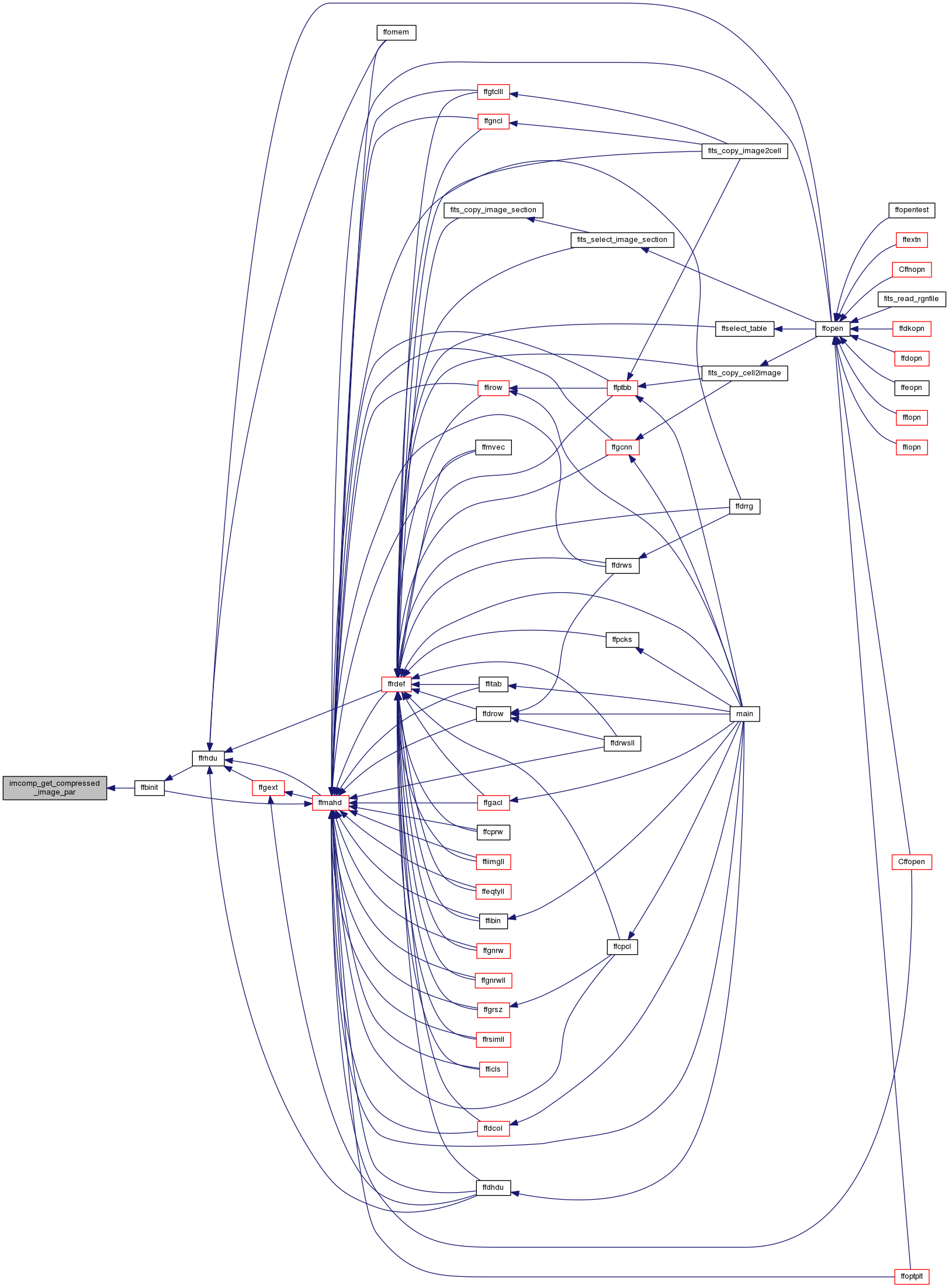
| int imcomp_init_table | ( | fitsfile * | outfptr, |
| int | bitpix, | ||
| int | naxis, | ||
| long * | naxes, | ||
| int | writebitpix, | ||
| int * | status | ||
| ) |
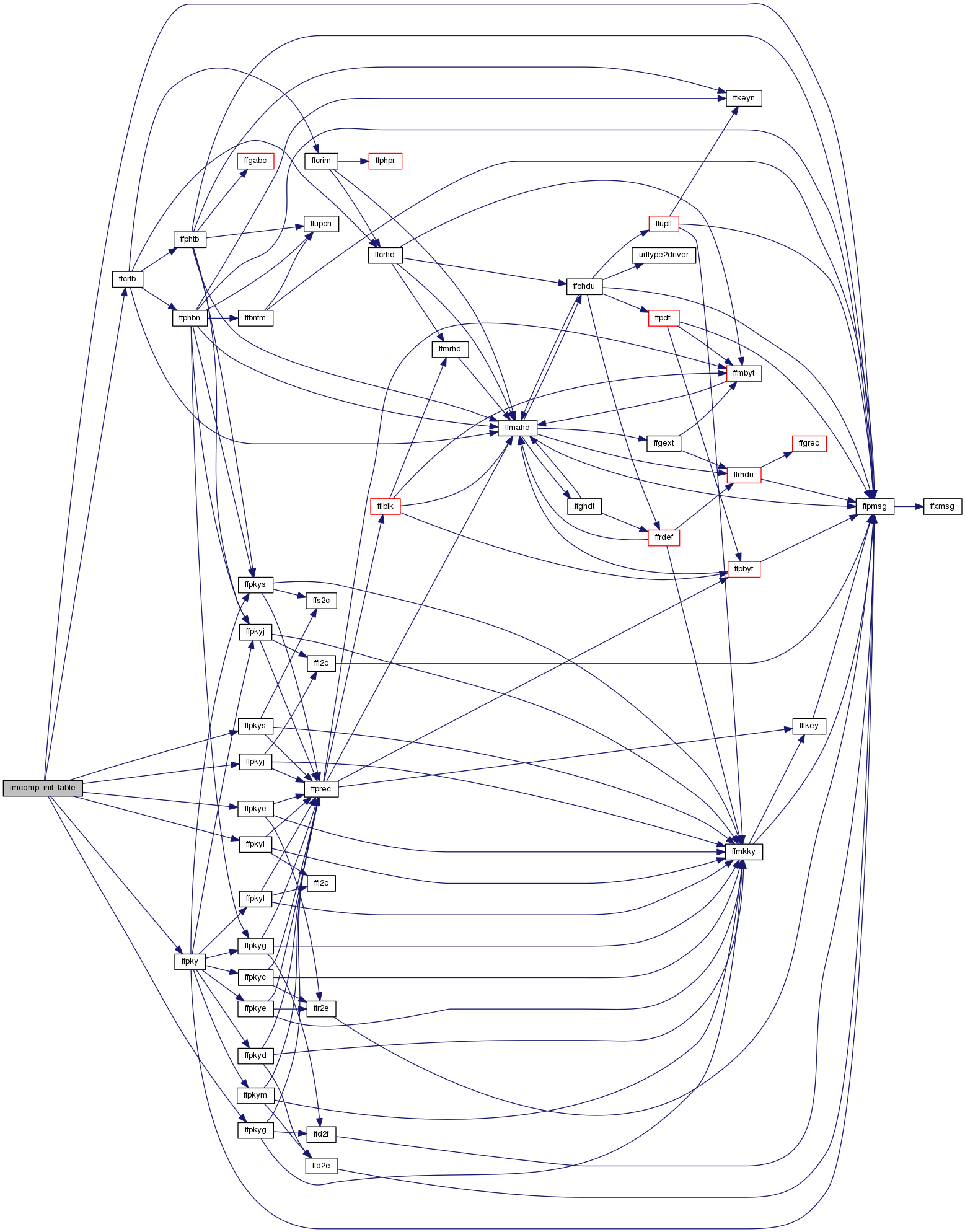
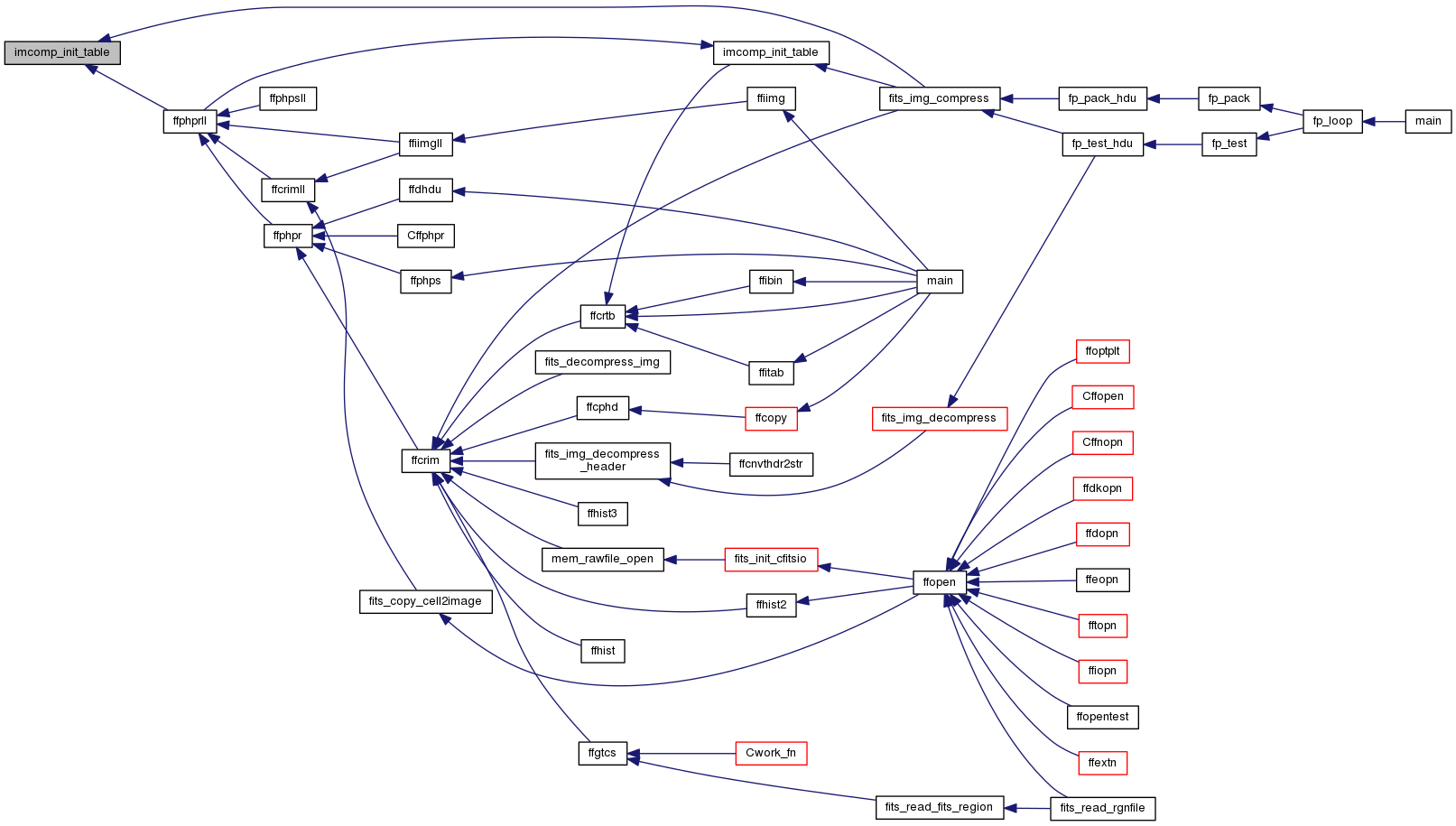
| int imcomp_merge_overlap | ( | char * | tile, |
| int | pixlen, | ||
| int | ndim, | ||
| long * | tfpixel, | ||
| long * | tlpixel, | ||
| char * | bnullarray, | ||
| char * | image, | ||
| long * | fpixel, | ||
| long * | lpixel, | ||
| int | nullcheck, | ||
| int * | status | ||
| ) |
Similar to imcomp_copy_overlap, except it copies the overlapping pixels from the 'image' to the 'tile'.
| [out] | tile | multi dimensional array of tile pixels |
| [in] | pixlen | number of bytes in each tile or image pixel |
| [in] | ndim | number of dimension in the tile and image |
| [in] | tfpixel | first pixel number in each dim. of the tile |
| [in] | tlpixel | last pixel number in each dim. of the tile |
| [in] | bnullarray | array of null flags; used if nullcheck = 2 |
| [in] | image | multi dimensional output image |
| [in] | fpixel | first pixel number in each dim. of the image |
| [in] | lpixel | last pixel number in each dim. of the image |
| [in] | nullcheck | 0, 1: do nothing; 2: set nullarray for nulls |

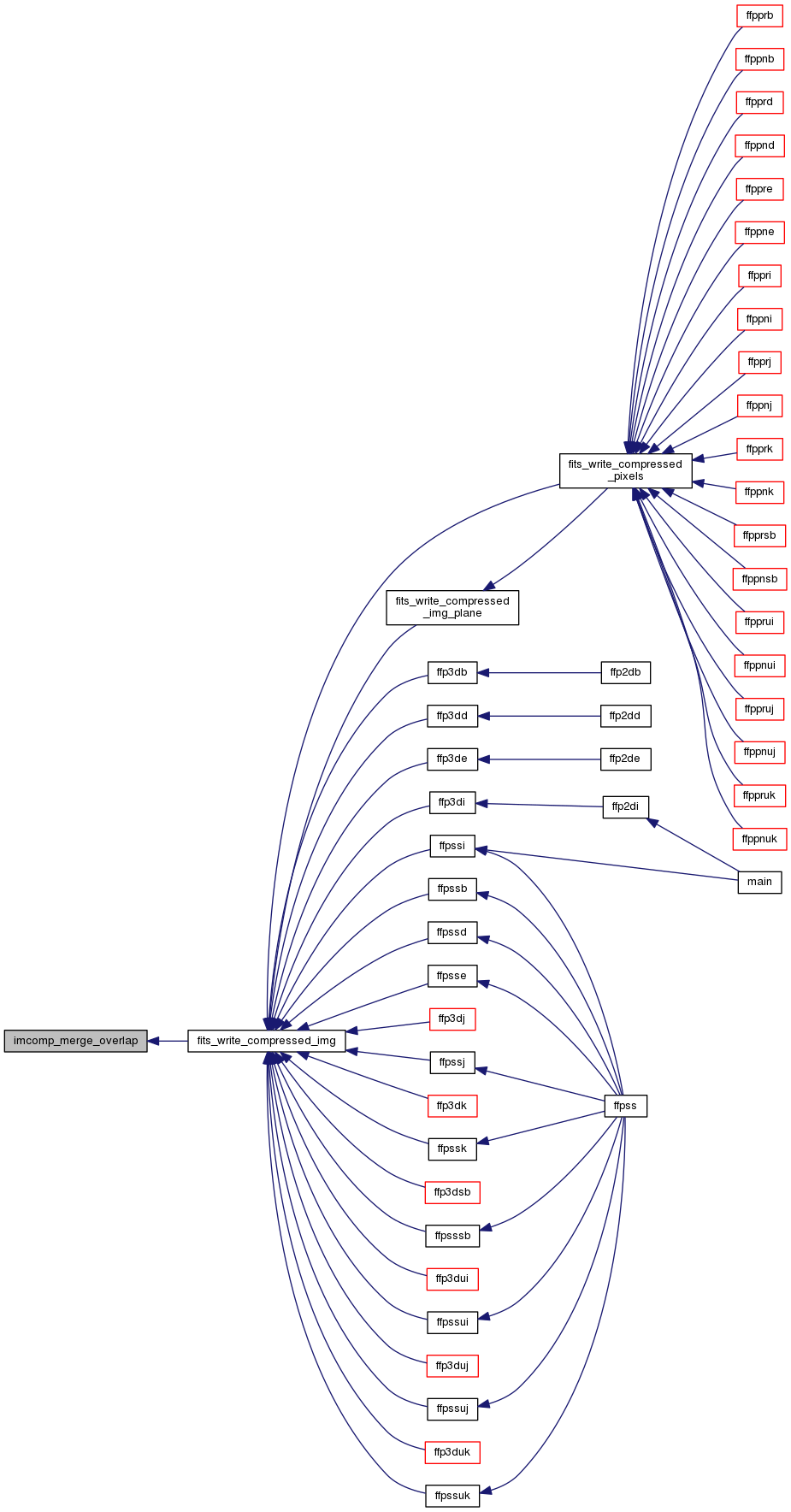
| int imcomp_nulldoubles | ( | double * | fdata, |
| long | tilelen, | ||
| int * | idata, | ||
| int | nullcheck, | ||
| double | nullflagval, | ||
| int | nullval, | ||
| int * | status | ||
| ) |
do null value substitution of the float array. If array value = nullflagval, then set the output value to FLOATNULLVALUE. Otherwise, inverse scale the integer value.
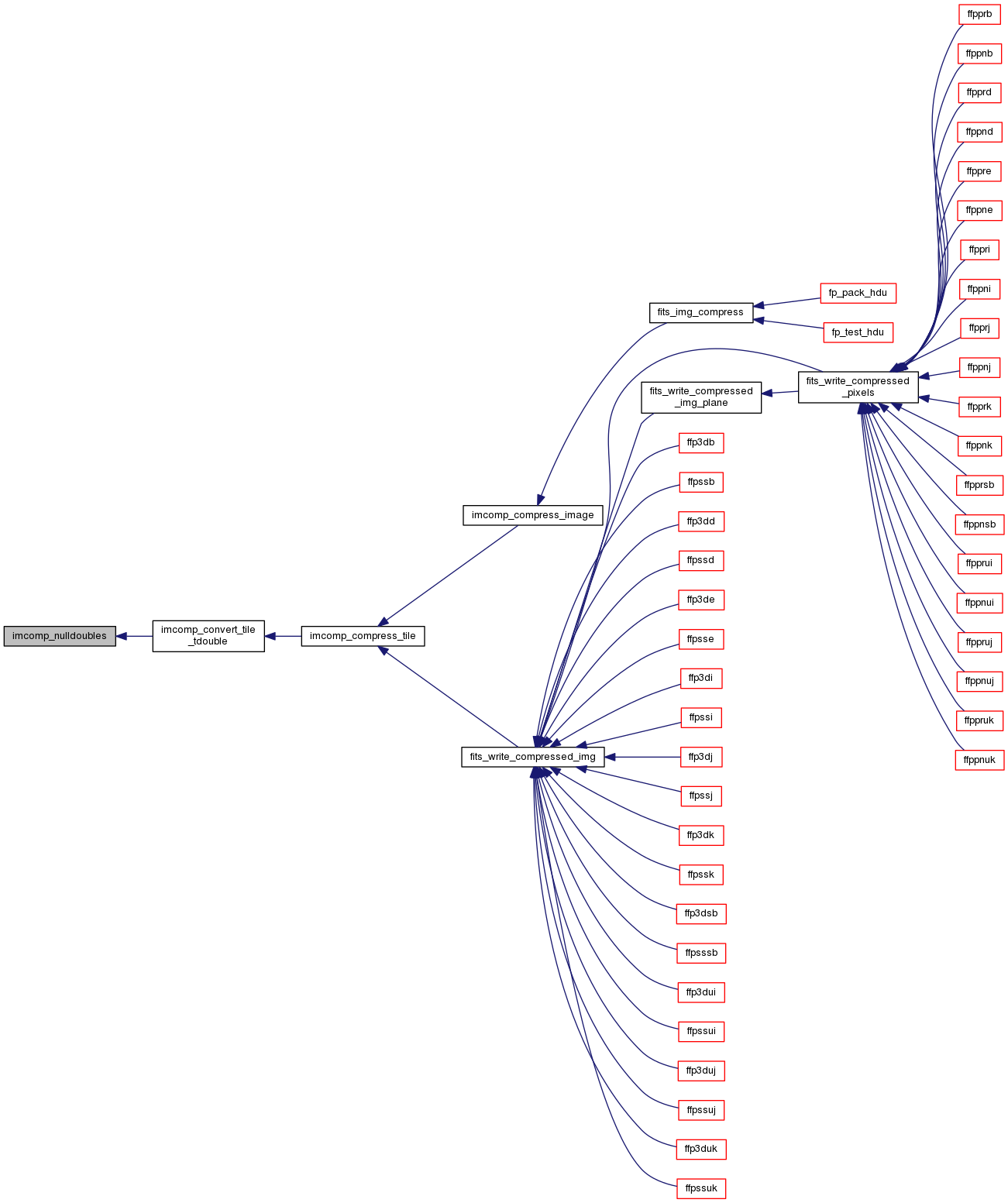
| int imcomp_nullfloats | ( | float * | fdata, |
| long | tilelen, | ||
| int * | idata, | ||
| int | nullcheck, | ||
| float | nullflagval, | ||
| int | nullval, | ||
| int * | status | ||
| ) |
do null value substitution of the float array. If array value = nullflagval, then set the output value to FLOATNULLVALUE.
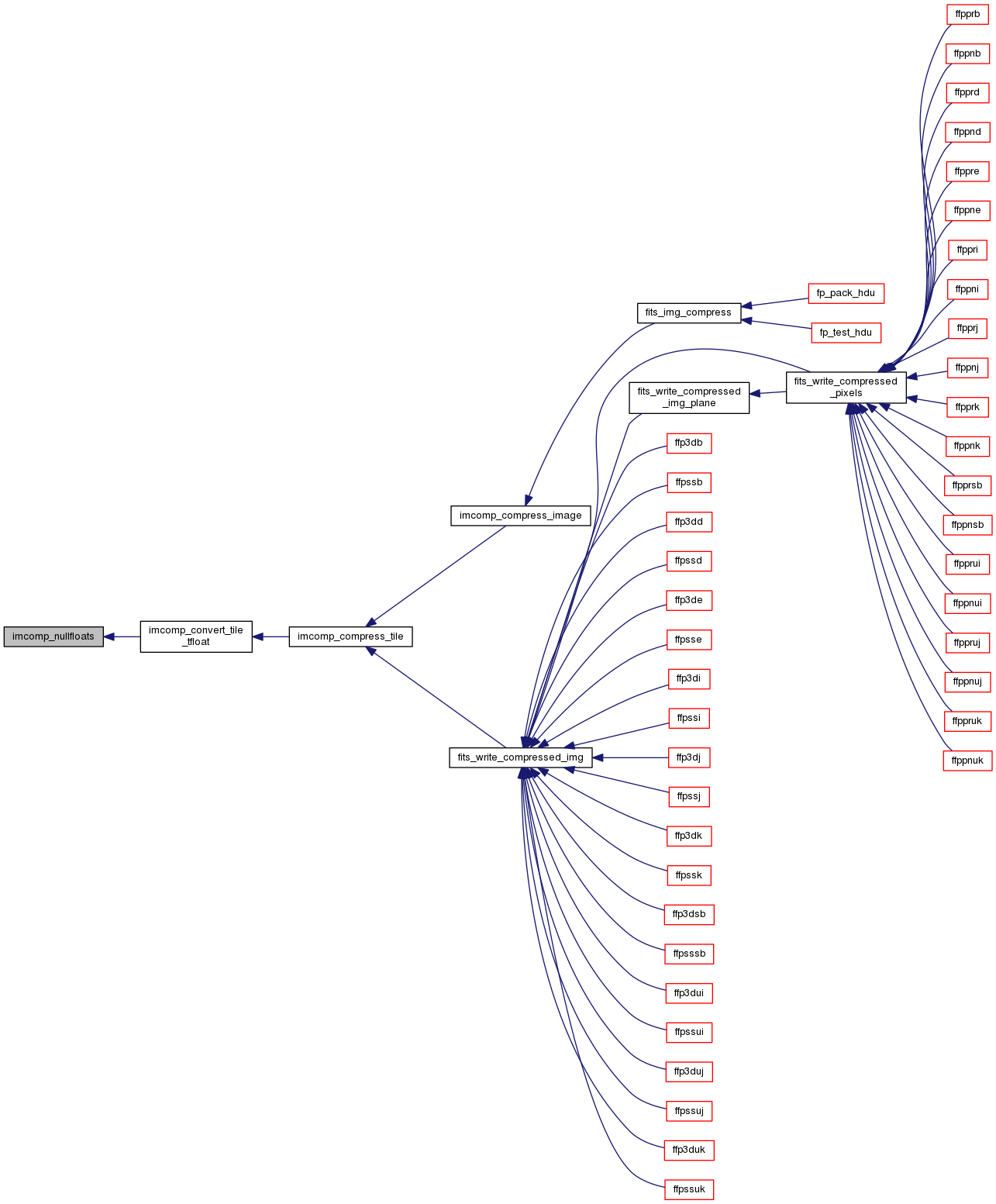
| Convert input double tile array in place to byte ints for *If convert or byte ints and do null value substitution *Note that the calling routine must have allocated the input array big enough *to be able to do this *int imcomp_nullscale | ( | int * | idata, |
| long | tilelen, | ||
| int | nullflagval, | ||
| int | nullval, | ||
| double | scale, | ||
| double | zero, | ||
| int * | status | ||
| ) |
do null value substitution AND scaling of the integer array. If array value = nullflagval, then set the value to nullval. Otherwise, inverse scale the integer value.
| int imcomp_nullscaledoubles | ( | double * | fdata, |
| long | tilelen, | ||
| int * | idata, | ||
| double | scale, | ||
| double | zero, | ||
| int | nullcheck, | ||
| double | nullflagval, | ||
| int | nullval, | ||
| int * | status | ||
| ) |
do null value substitution of the float array. If array value = nullflagval, then set the output value to FLOATNULLVALUE. Otherwise, inverse scale the integer value.
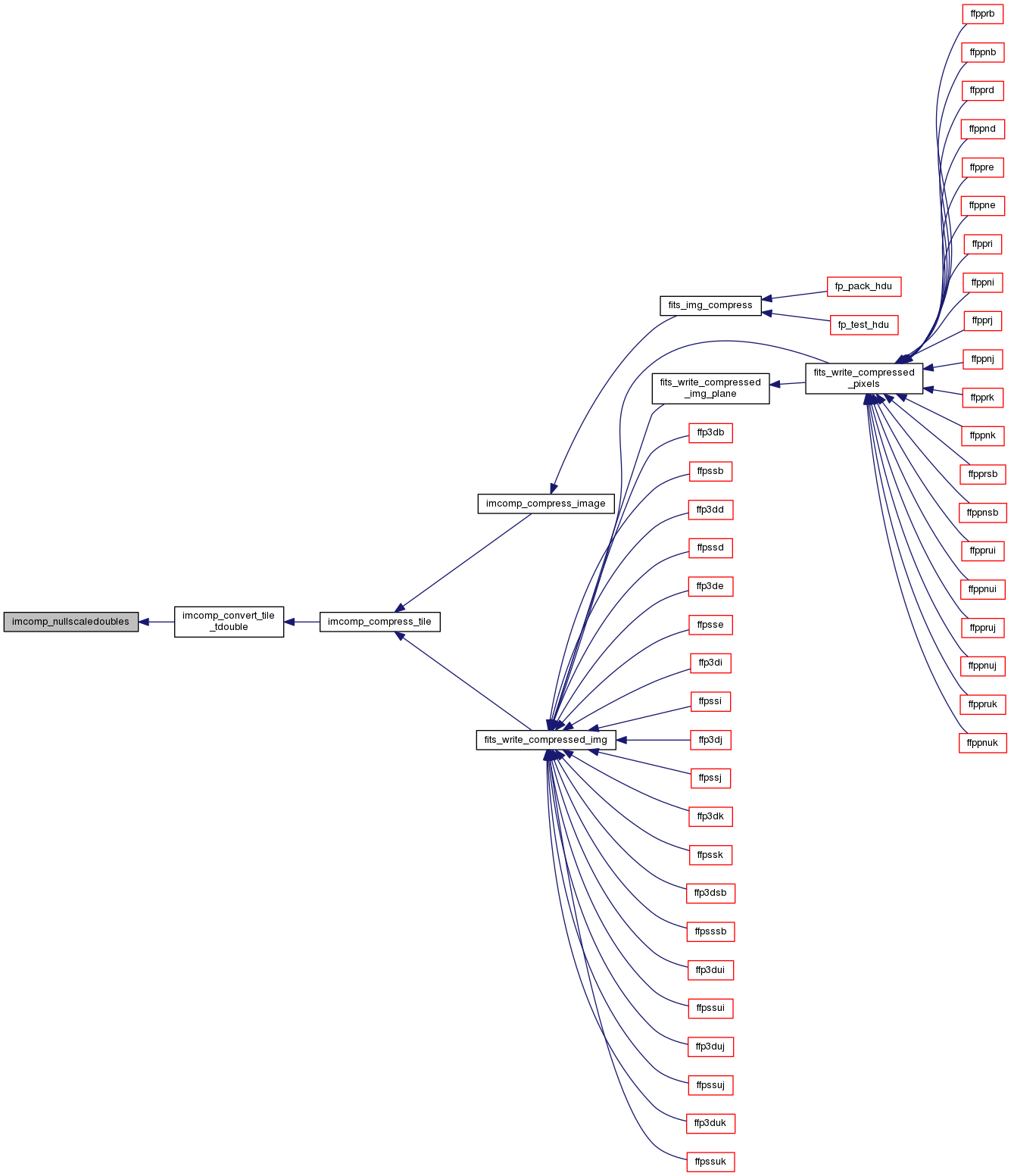
| int imcomp_nullscalefloats | ( | float * | fdata, |
| long | tilelen, | ||
| int * | idata, | ||
| double | scale, | ||
| double | zero, | ||
| int | nullcheck, | ||
| float | nullflagval, | ||
| int | nullval, | ||
| int * | status | ||
| ) |
do null value substitution of the float array. If array value = nullflagval, then set the output value to FLOATNULLVALUE. Otherwise, inverse scale the integer value.
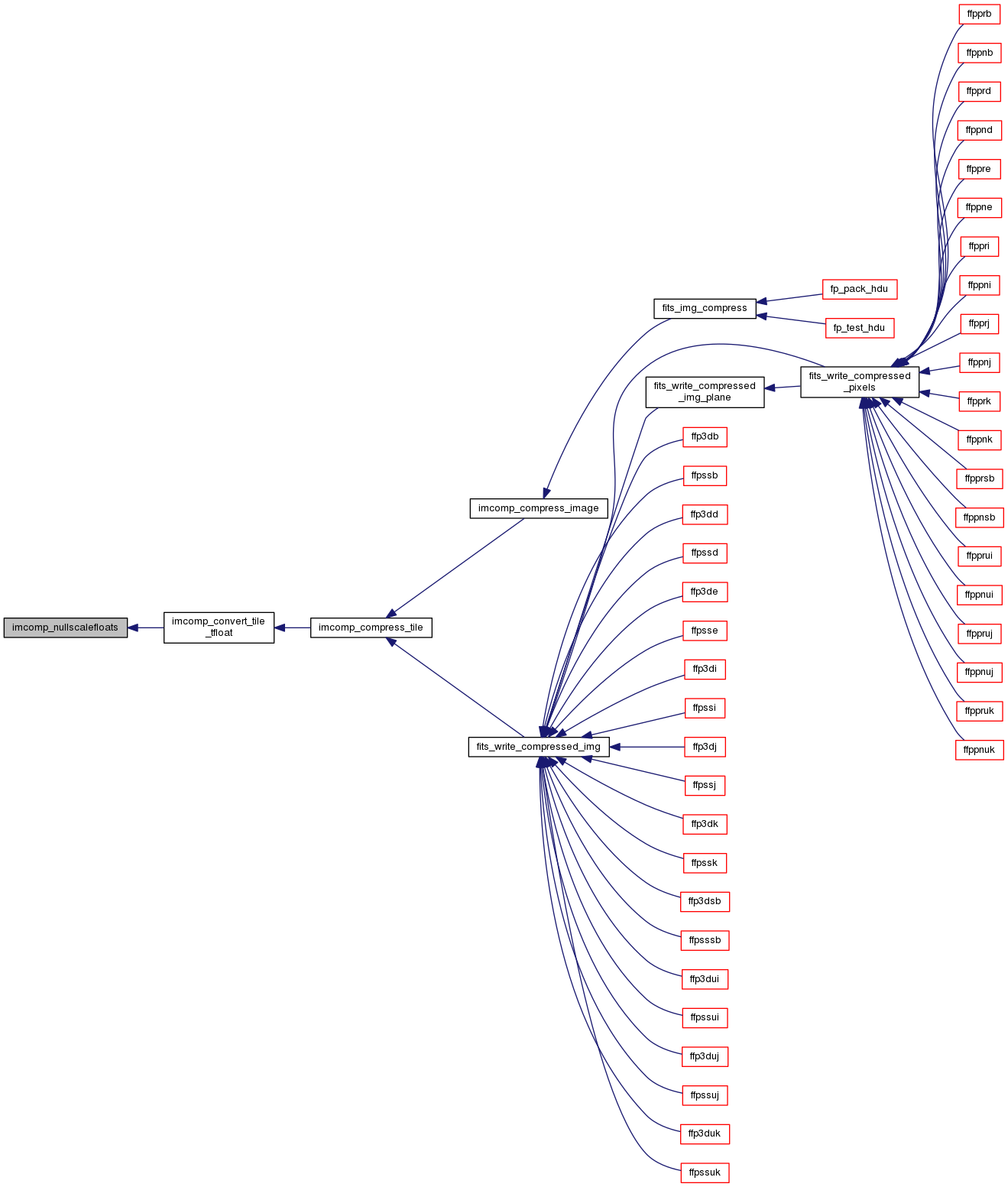
| int imcomp_nullvalues | ( | int * | idata, |
| long | tilelen, | ||
| int | nullflagval, | ||
| int | nullval, | ||
| int * | status | ||
| ) |
do null value substitution. If array value = nullflagval, then set the value to nullval.
| int imcomp_scalevalues | ( | int * | idata, |
| long | tilelen, | ||
| double | scale, | ||
| double | zero, | ||
| int * | status | ||
| ) |
do inverse scaling the integer values.
| int imcomp_test_overlap | ( | int | ndim, |
| long * | tfpixel, | ||
| long * | tlpixel, | ||
| long * | fpixel, | ||
| long * | lpixel, | ||
| long * | ininc, | ||
| int * | status | ||
| ) |
test if there are any intersecting pixels between this tile and the section of the image defined by fixel, lpixel, ininc.
| [in] | ndim | number of dimension in the tile and image |
| [in] | tfpixel | first pixel number in each dim. of the tile |
| [in] | tlpixel | last pixel number in each dim. of the tile |
| [in] | fpixel | first pixel number in each dim. of the image |
| [in] | lpixel | last pixel number in each dim. of the image |
| [in] | ininc | increment to be applied in each image dimen. |
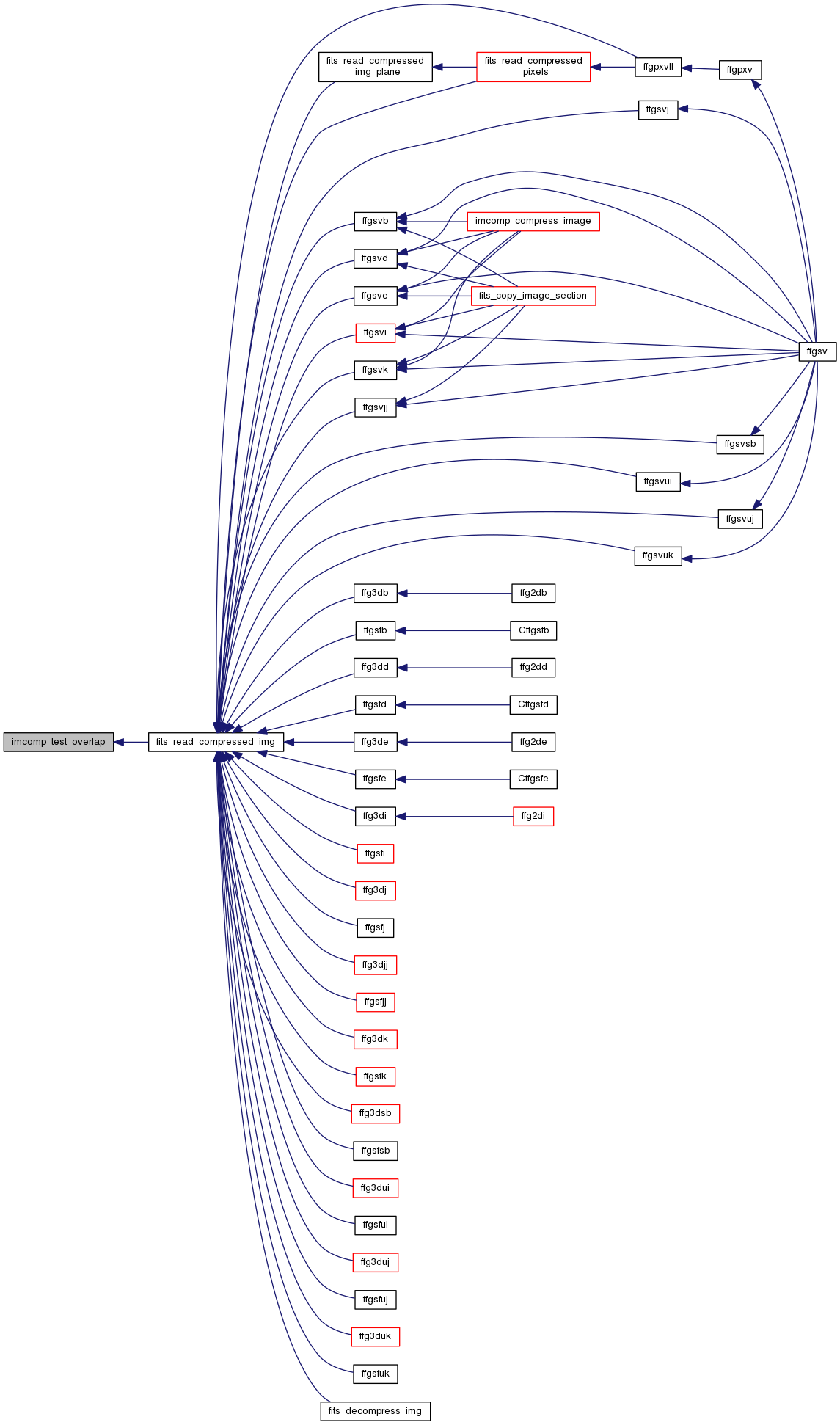
| int iraf2mem | ( | char * | filename, |
| char ** | buffptr, | ||
| size_t * | buffsize, | ||
| size_t * | filesize, | ||
| int * | status | ||
| ) |

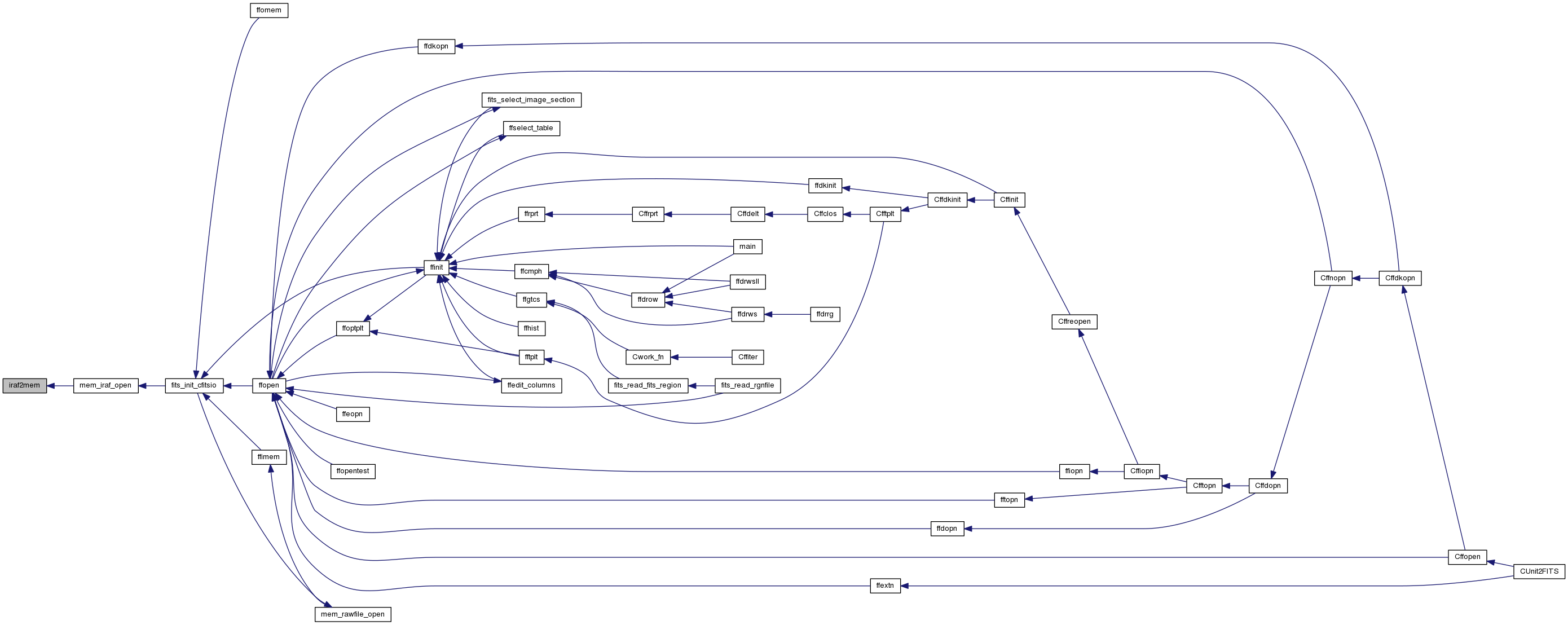
| int mem_close_comp | ( | int | handle | ) |
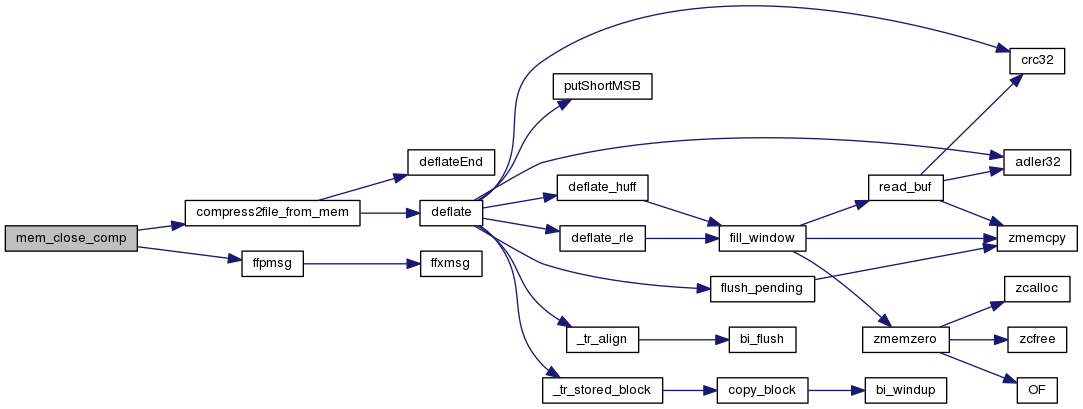
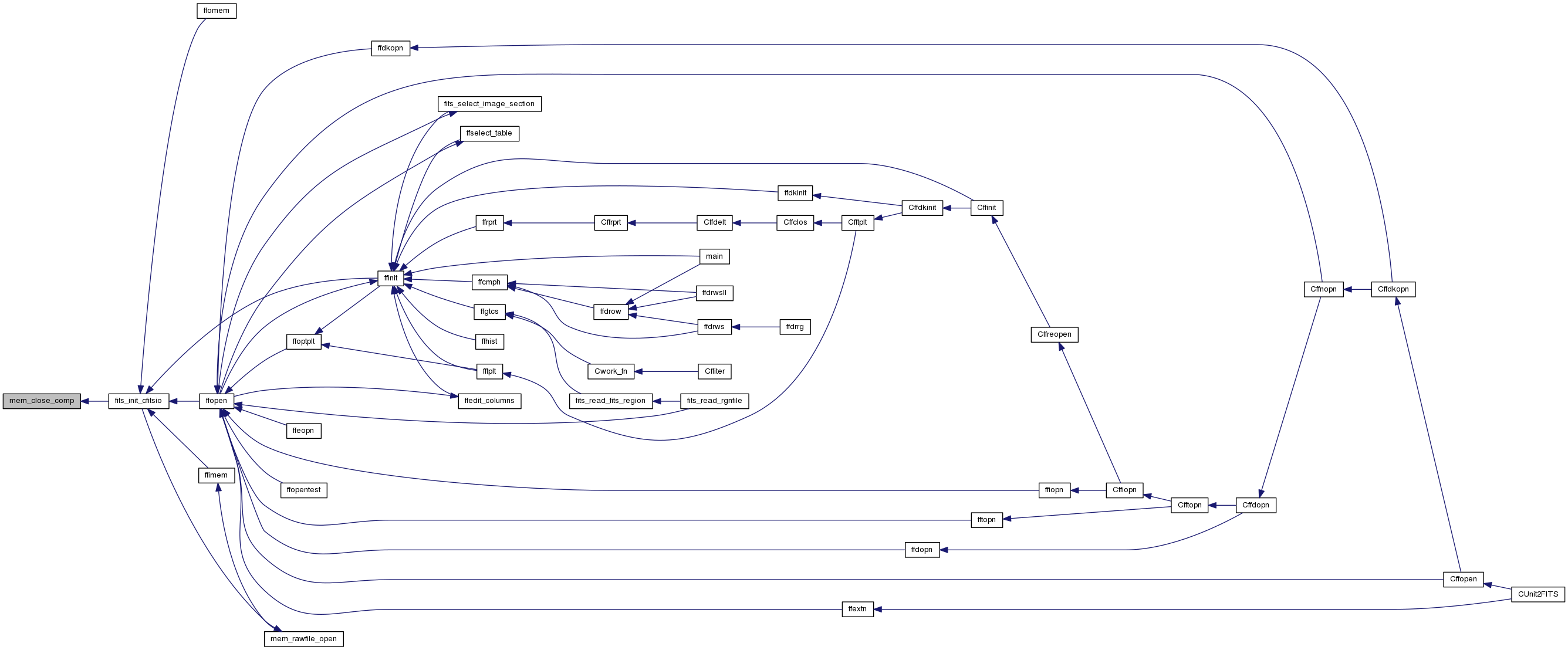
| int mem_close_free | ( | int | handle | ) |
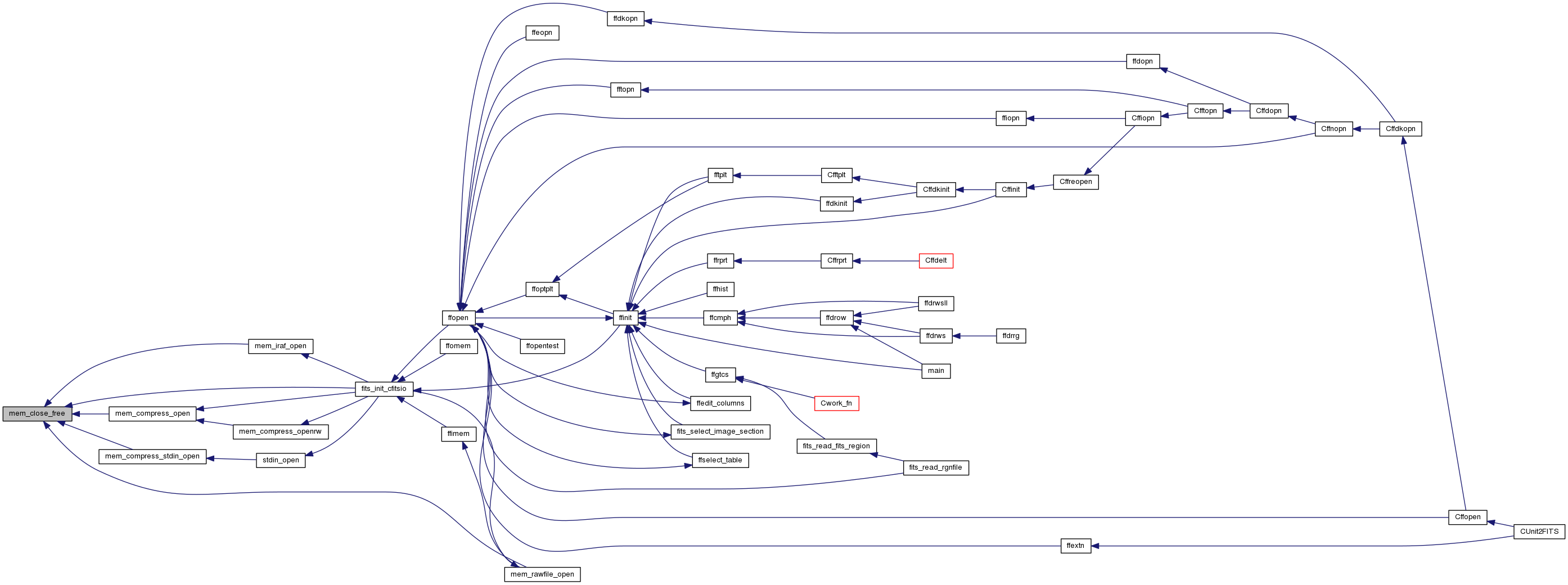
| int mem_close_keep | ( | int | handle | ) |
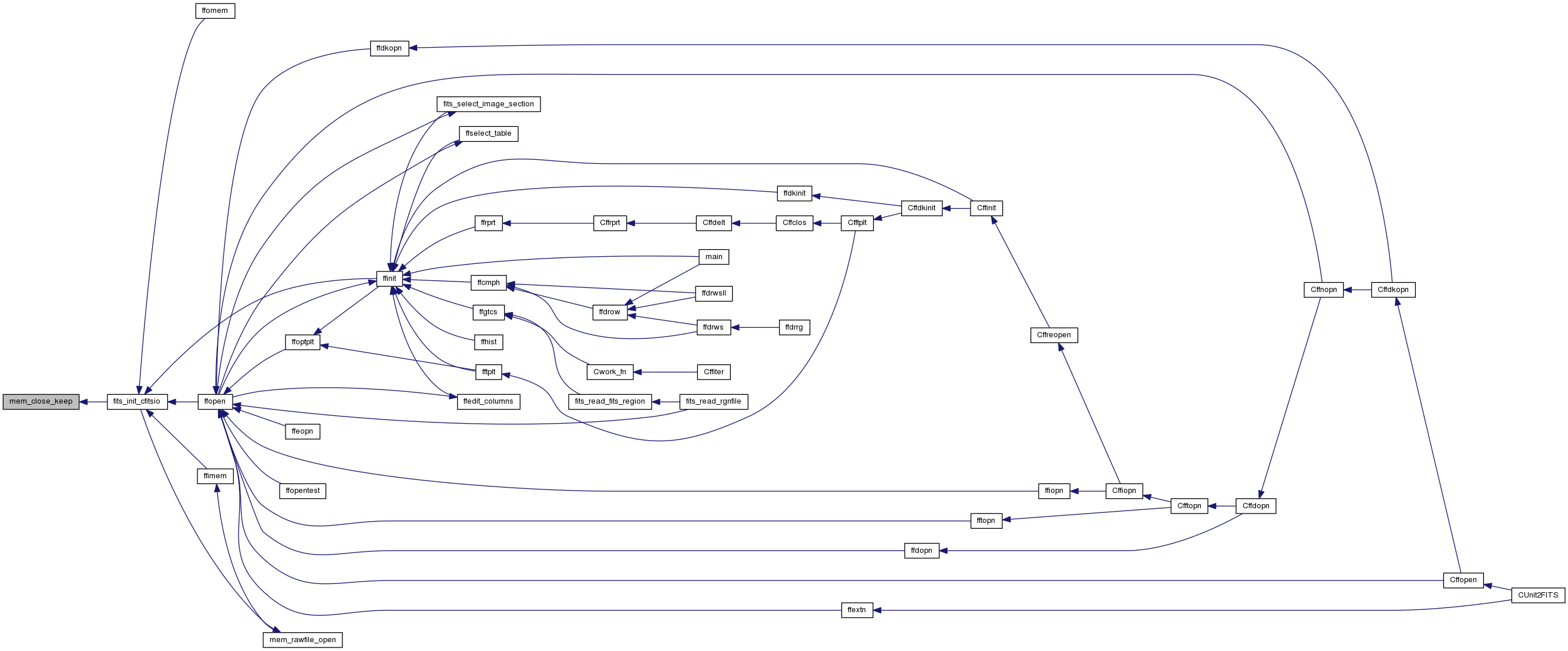
| int mem_compress_open | ( | char * | filename, |
| int | rwmode, | ||
| int * | hdl | ||
| ) |
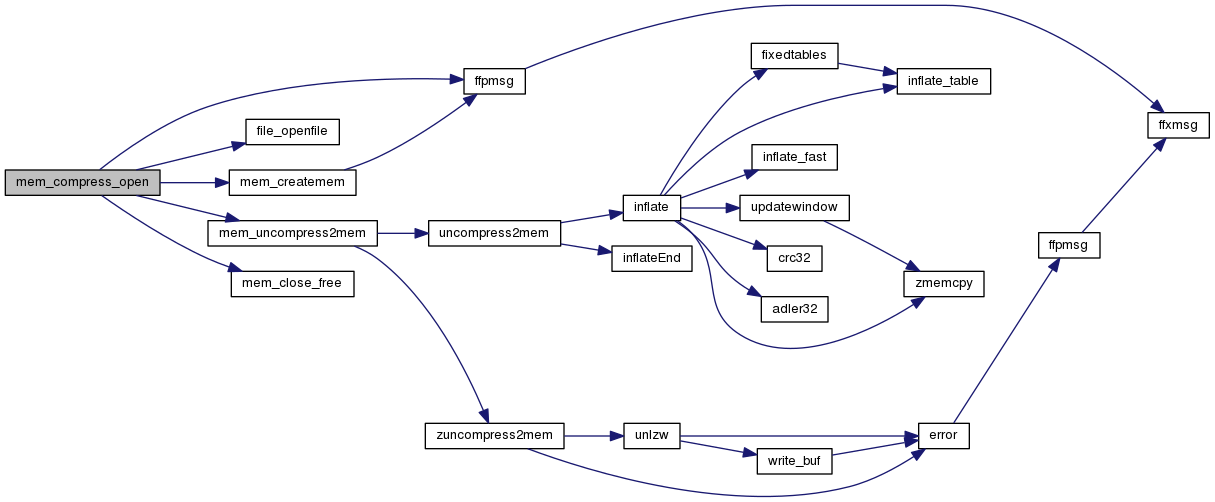
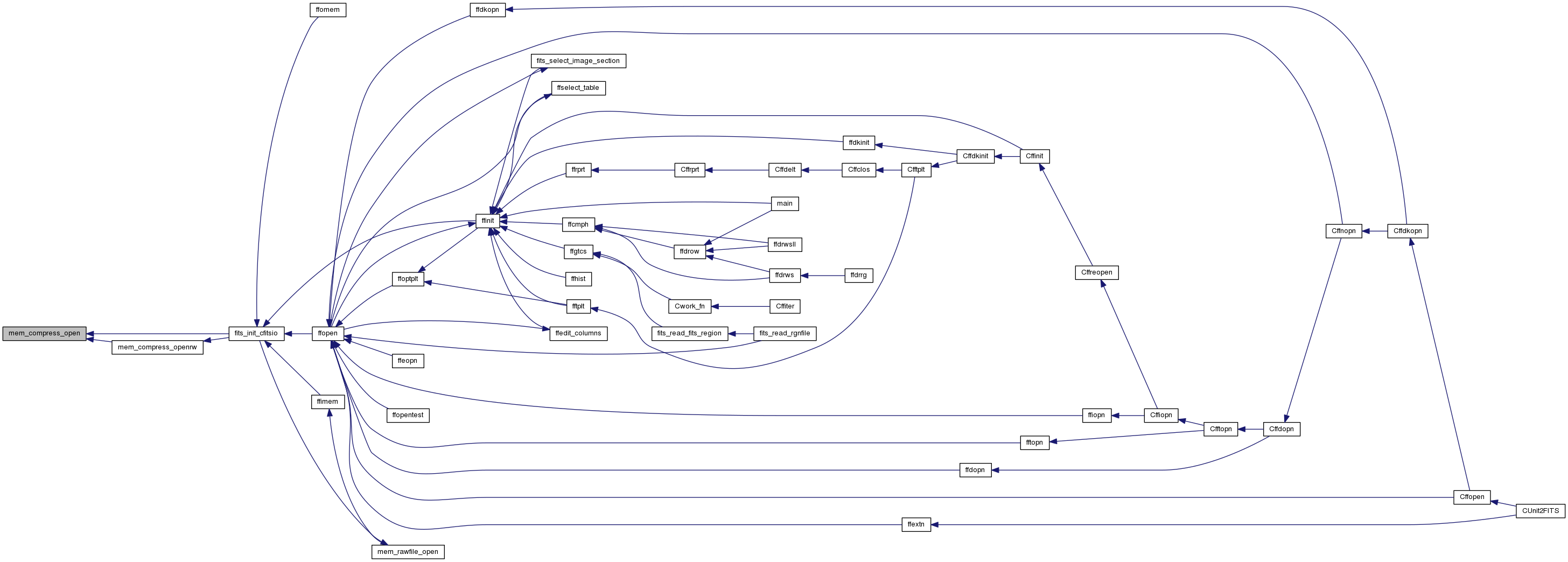
| int mem_compress_openrw | ( | char * | filename, |
| int | rwmode, | ||
| int * | hdl | ||
| ) |
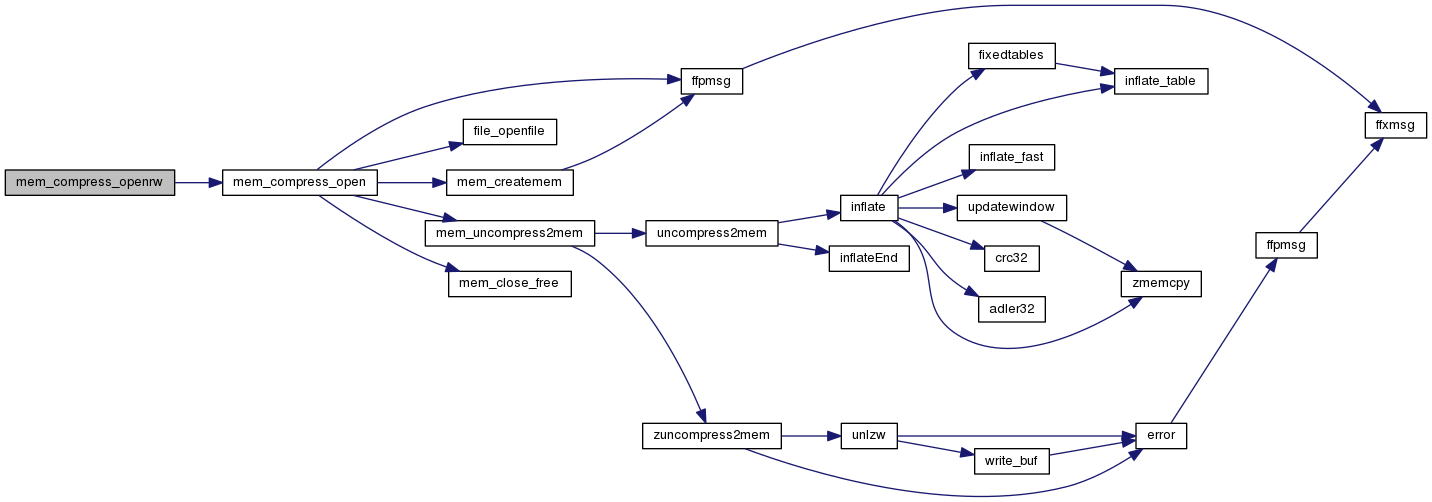
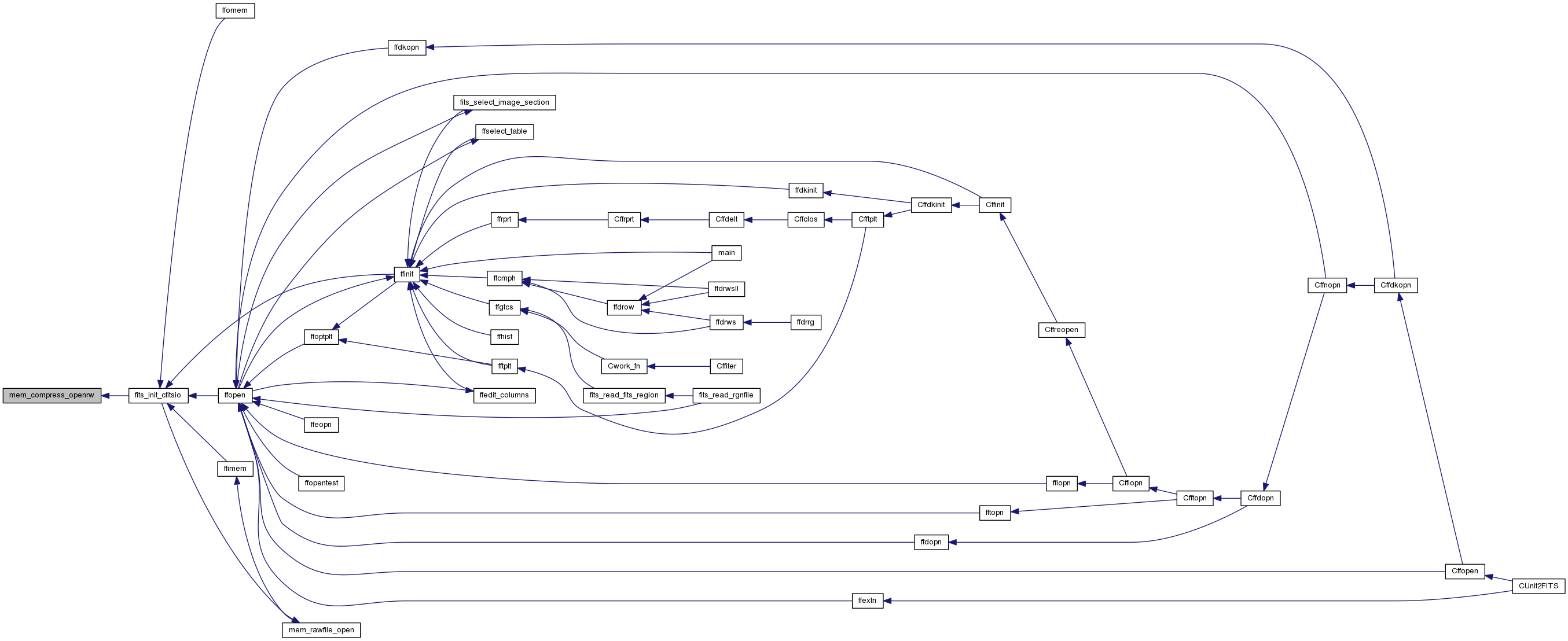
| int mem_compress_stdin_open | ( | char * | filename, |
| int | rwmode, | ||
| int * | hdl | ||
| ) |
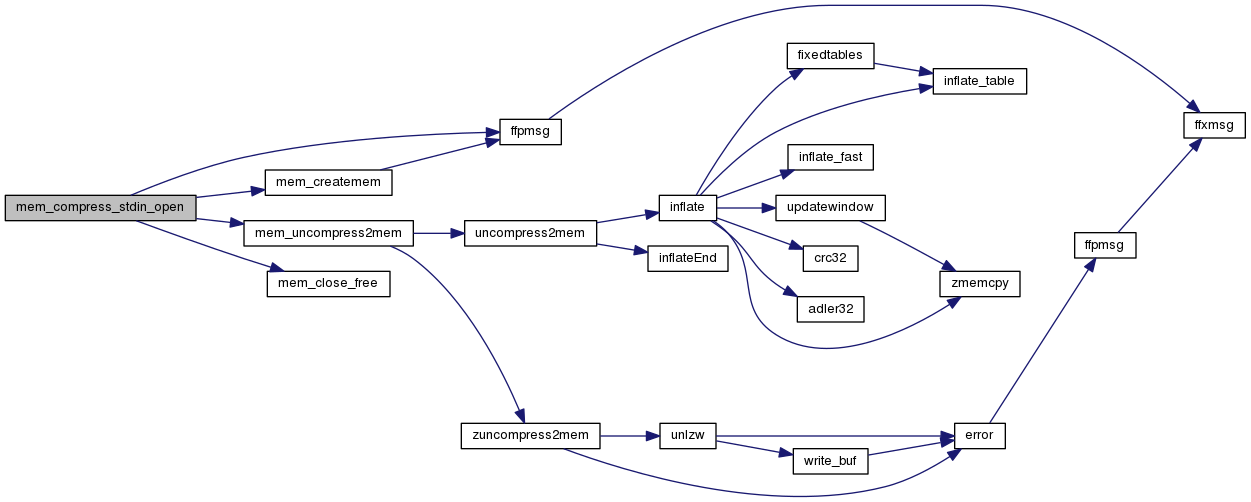
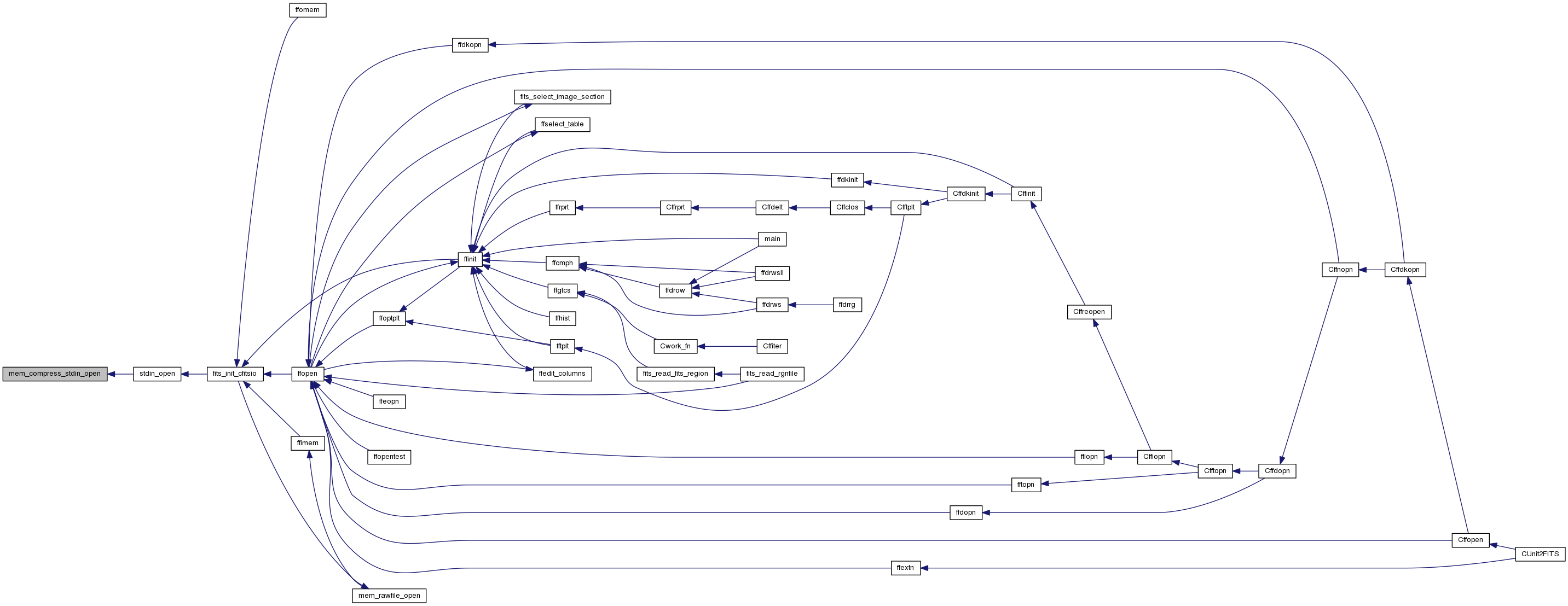
| int mem_create | ( | char * | filename, |
| int * | handle | ||
| ) |

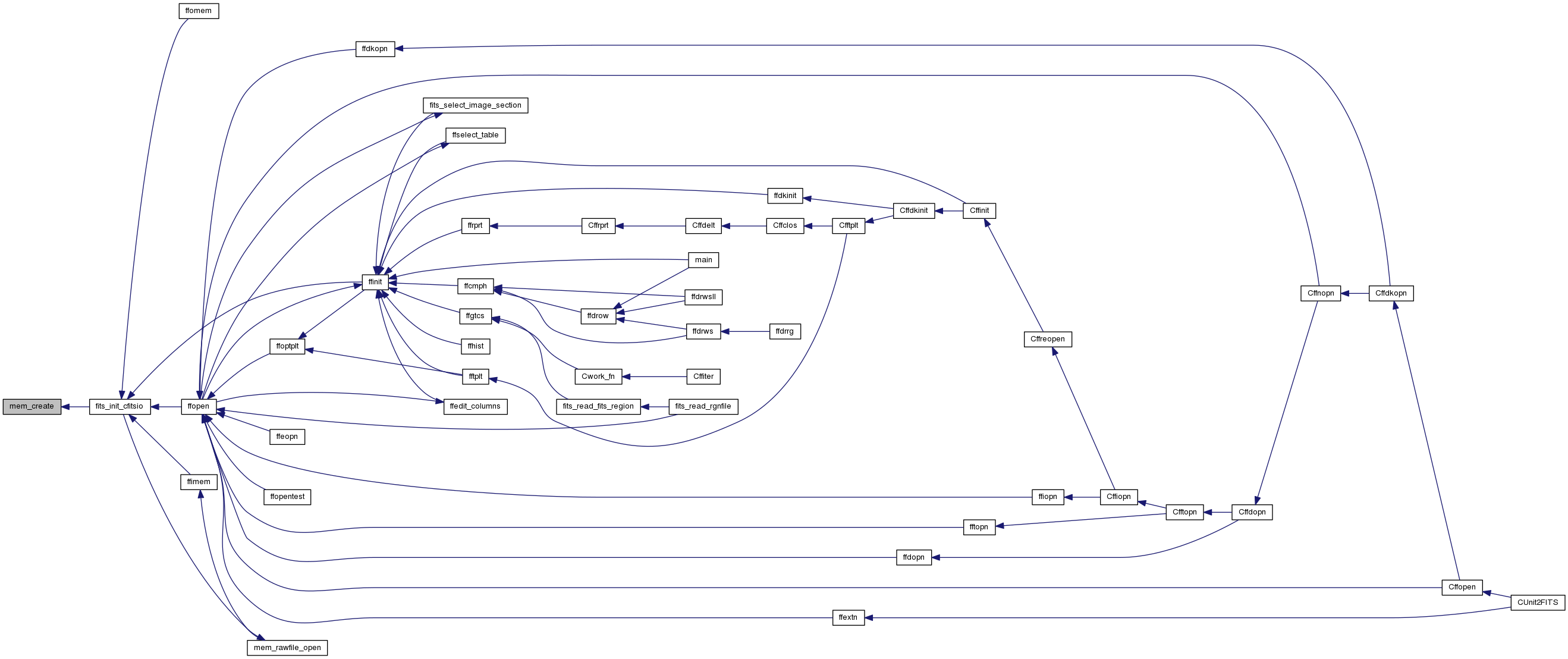
| int mem_create_comp | ( | char * | filename, |
| int * | handle | ||
| ) |

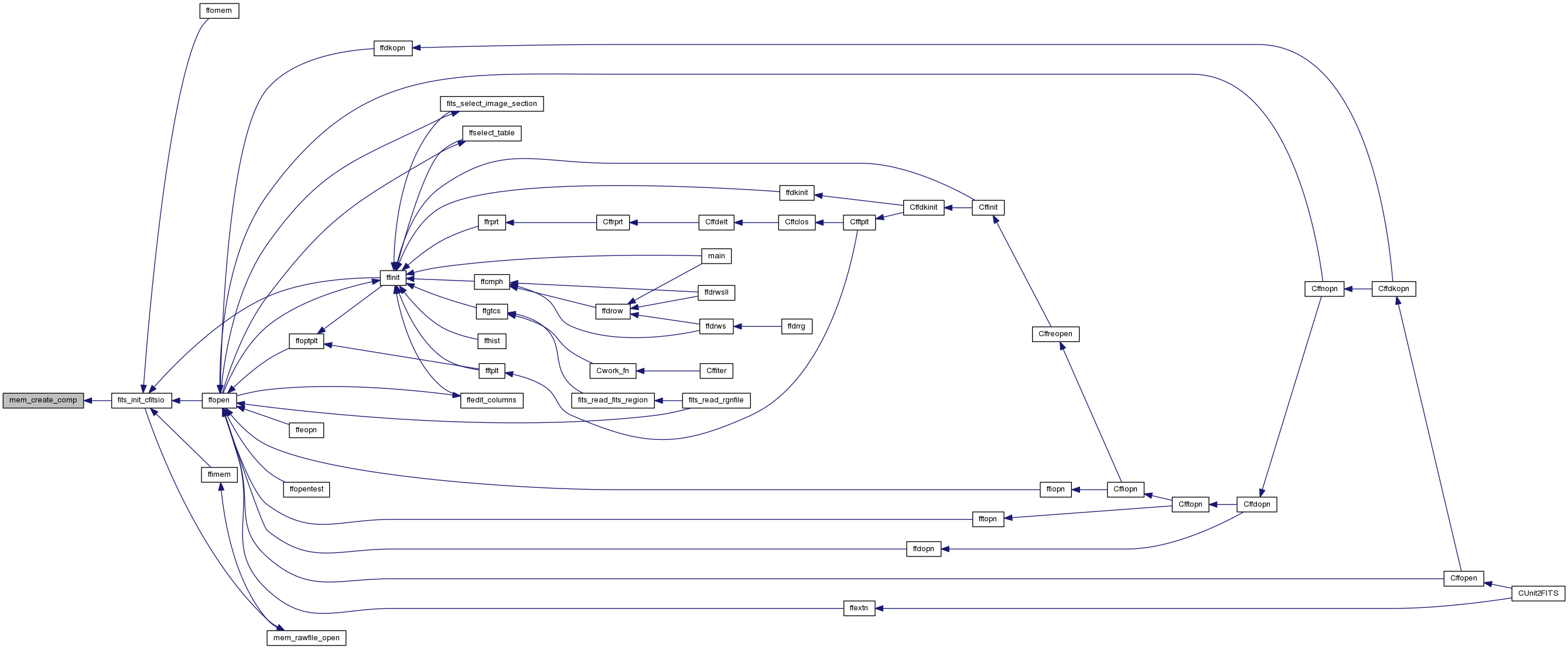
| int mem_createmem | ( | size_t | memsize, |
| int * | handle | ||
| ) |

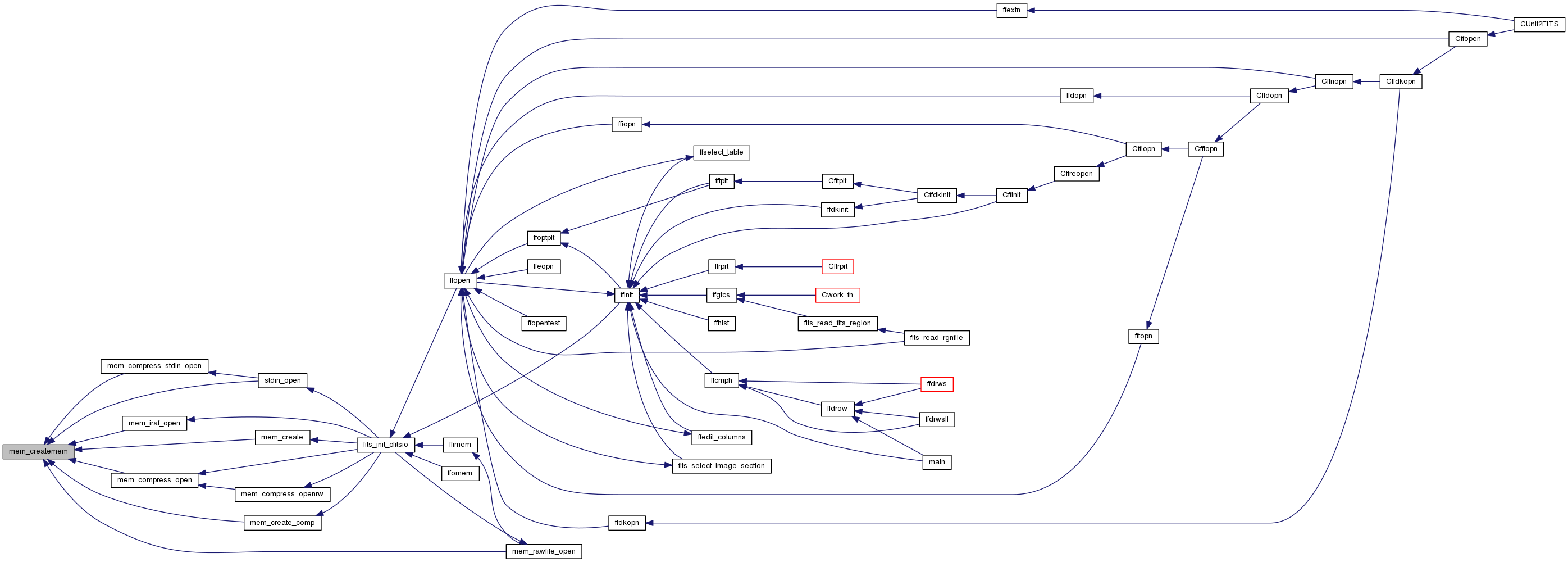
| int mem_getoptions | ( | int * | options | ) |
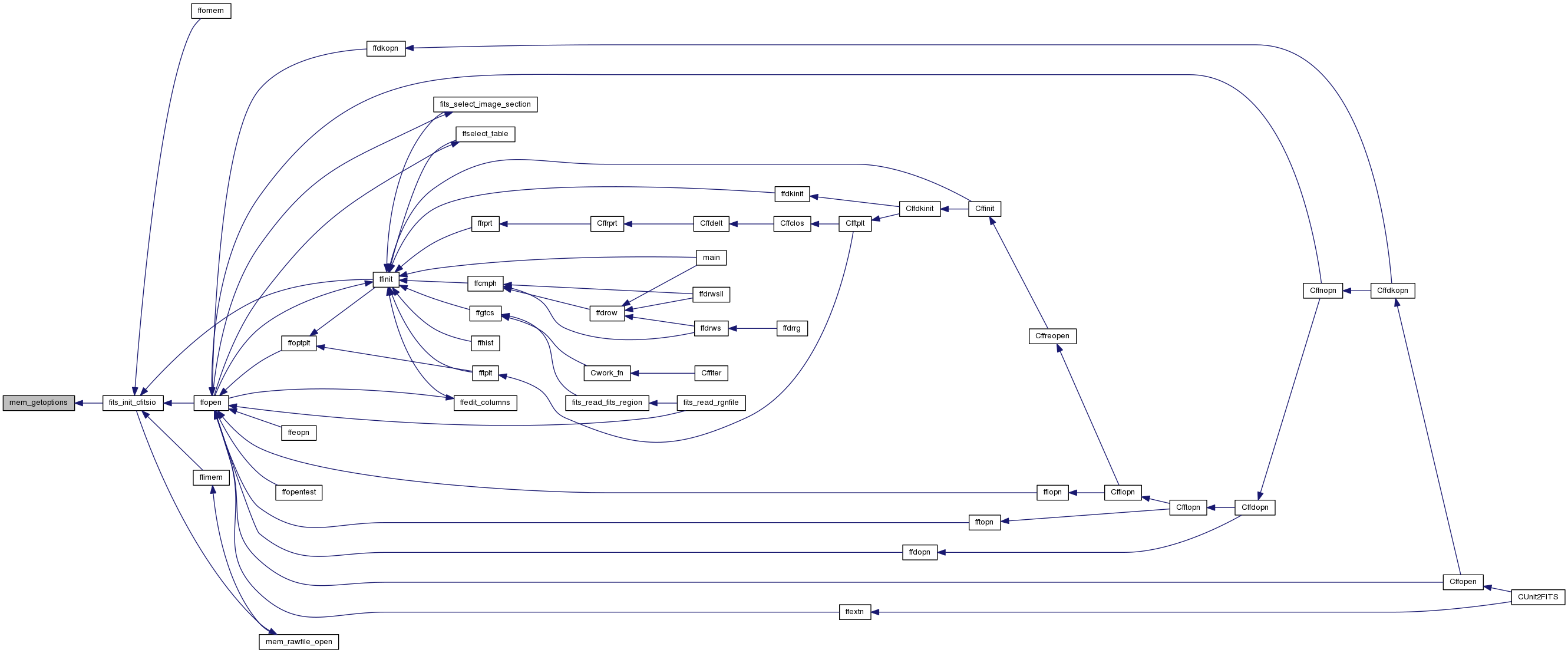
| int mem_getversion | ( | int * | version | ) |
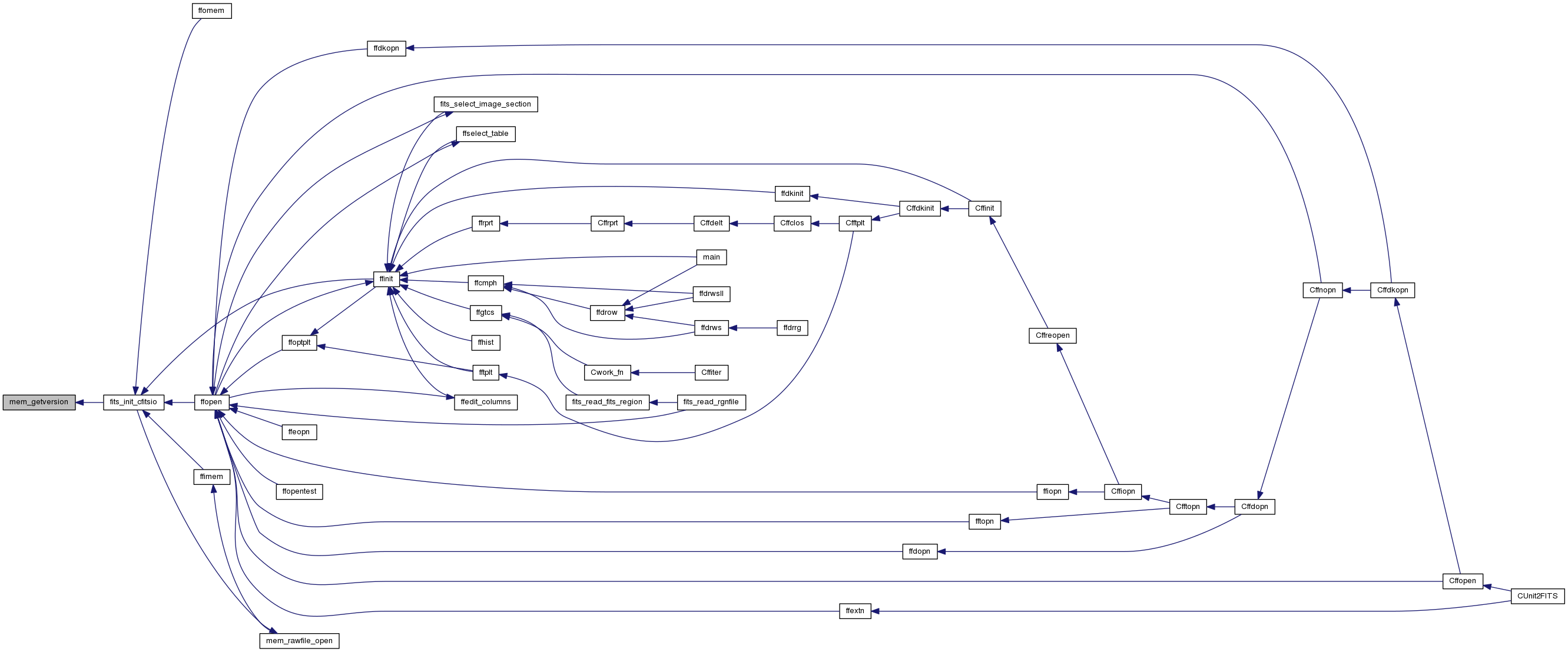
| int mem_init | ( | void | ) |
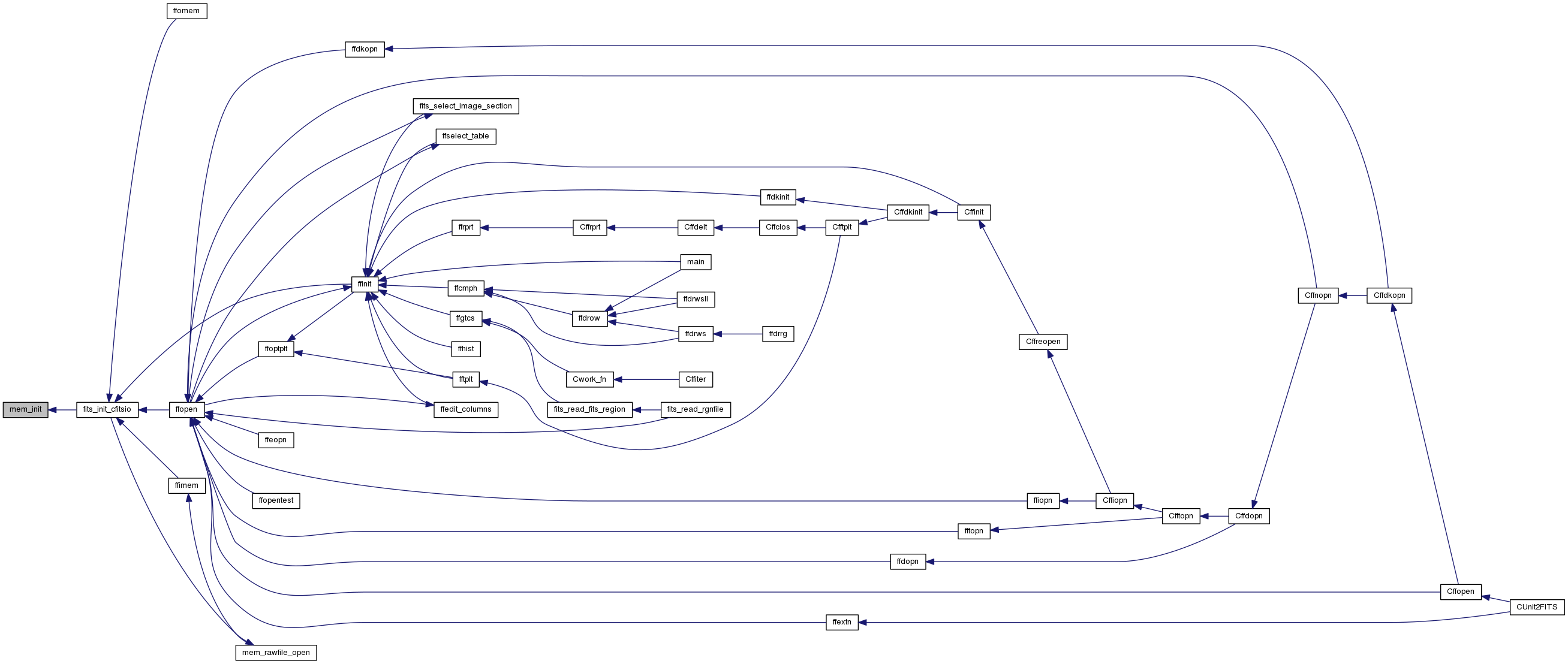
| int mem_iraf_open | ( | char * | filename, |
| int | rwmode, | ||
| int * | hdl | ||
| ) |
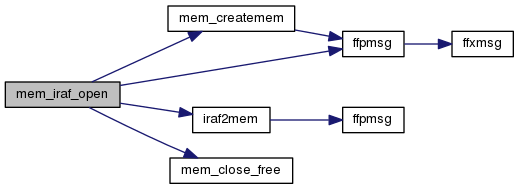
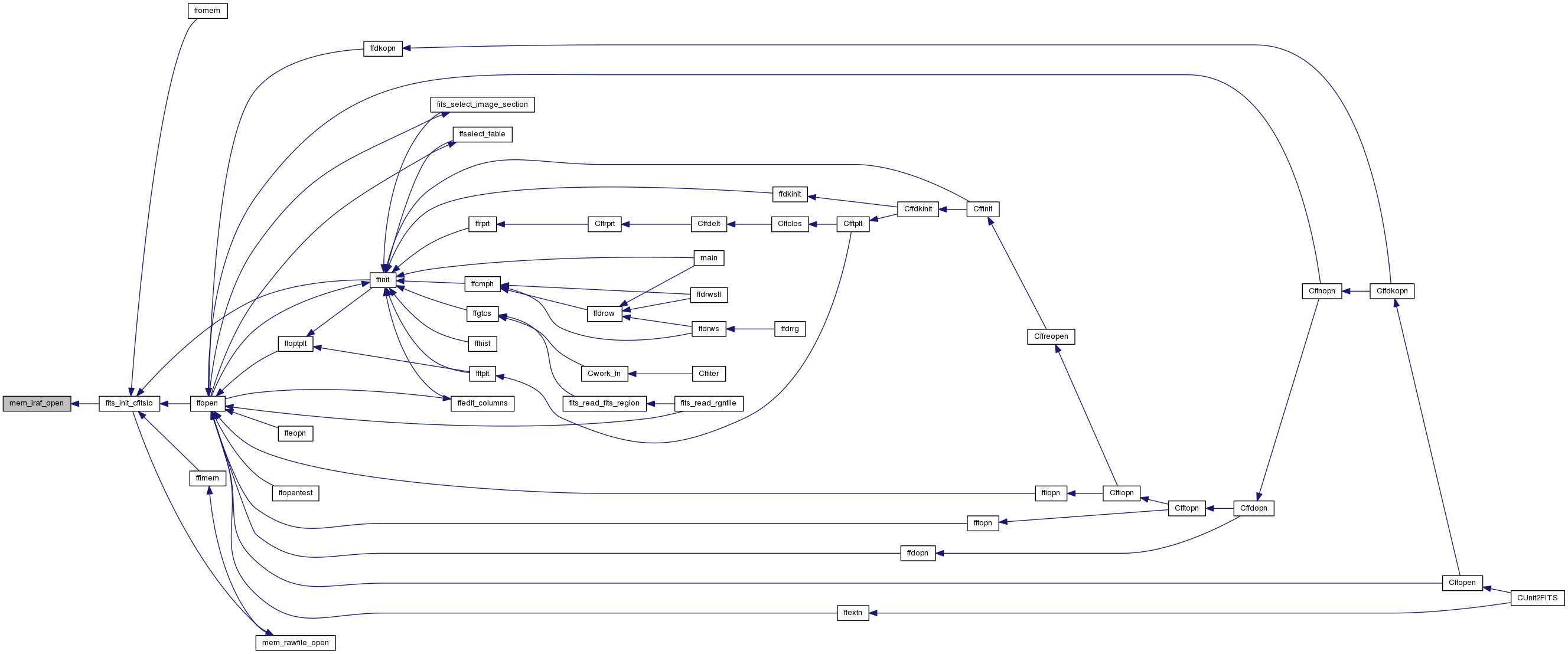
| int mem_openmem | ( | void ** | buffptr, |
| size_t * | buffsize, | ||
| size_t | deltasize, | ||
| void *(*)(void *p, size_t newsize) | memrealloc, | ||
| int * | handle | ||
| ) |
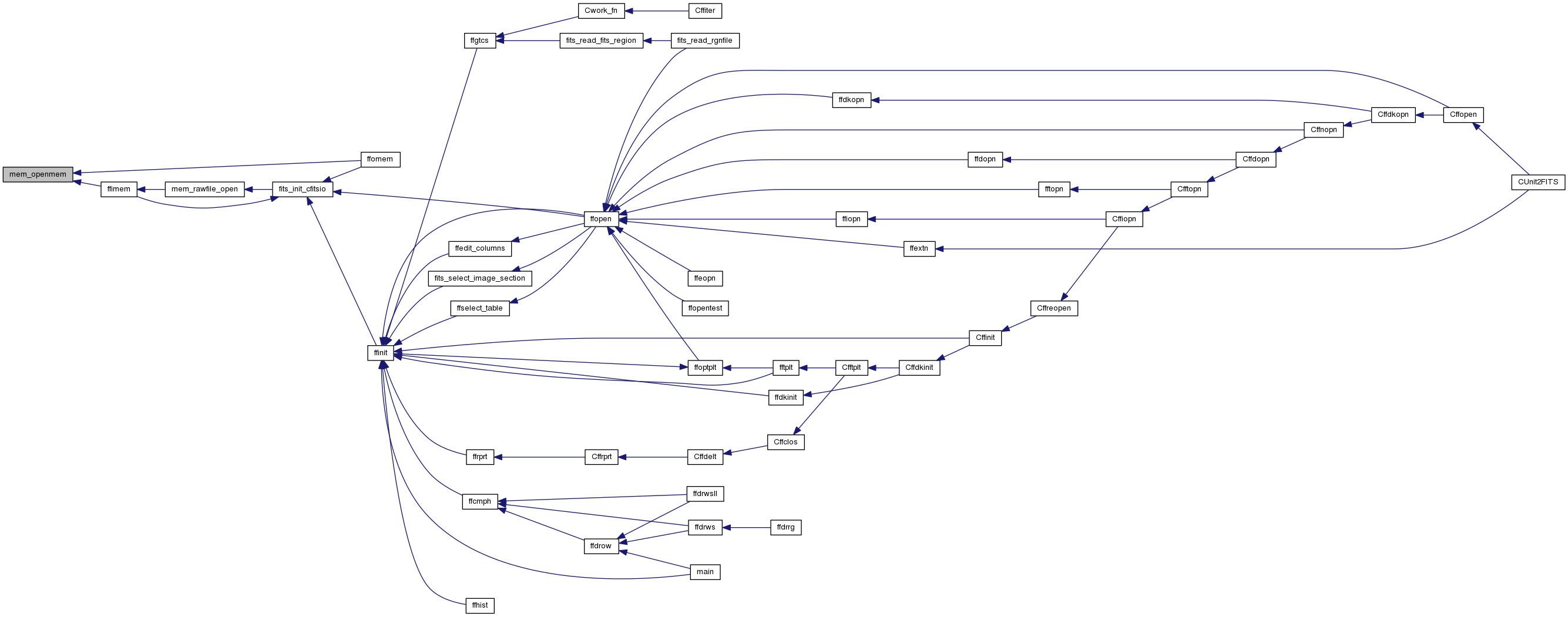
| int mem_rawfile_open | ( | char * | filename, |
| int | rwmode, | ||
| int * | hdl | ||
| ) |
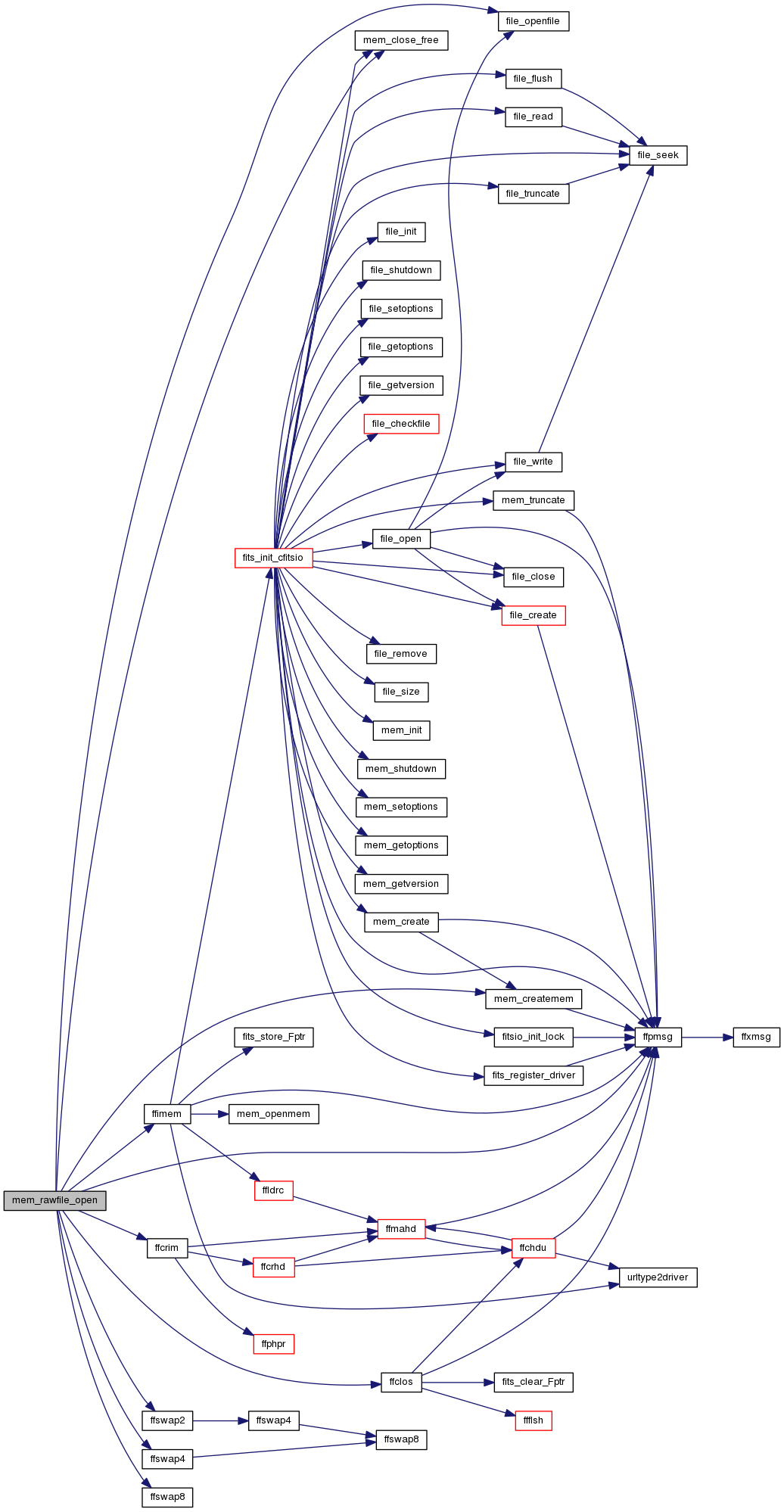
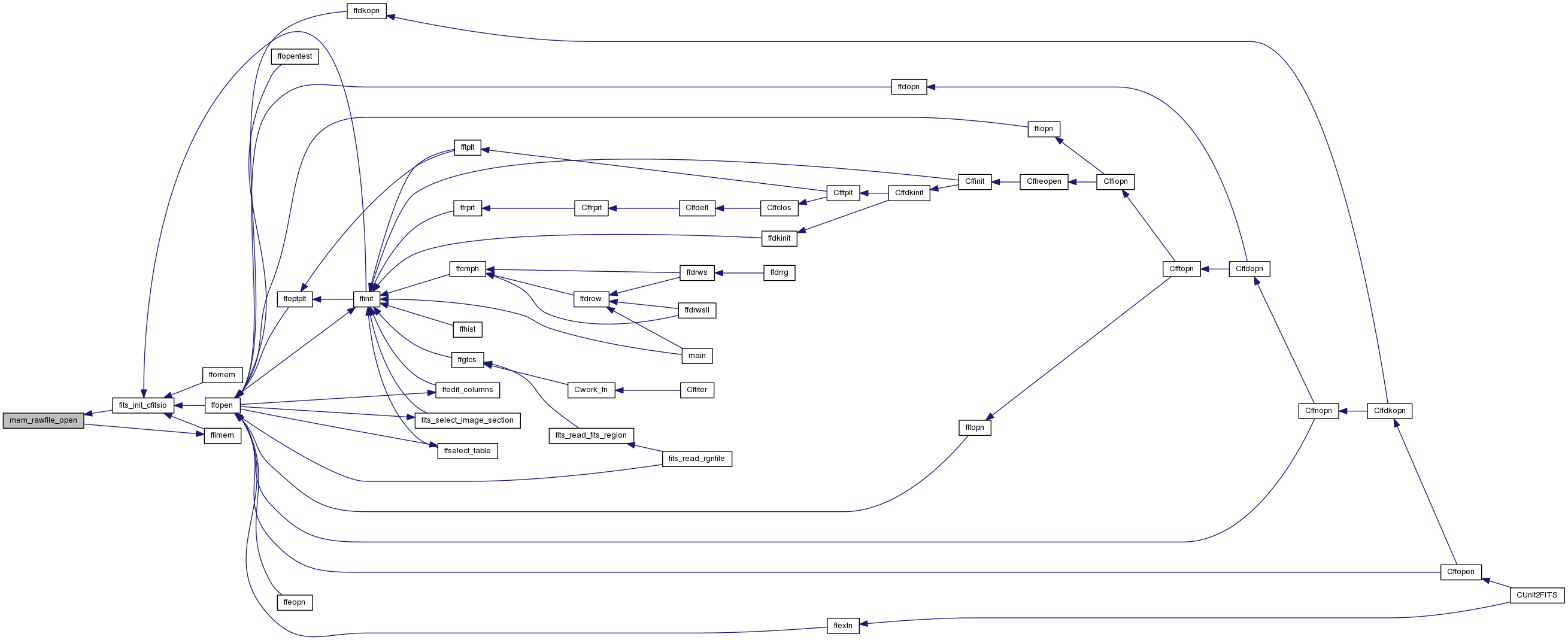
| int mem_read | ( | int | hdl, |
| void * | buffer, | ||
| long | nbytes | ||
| ) |
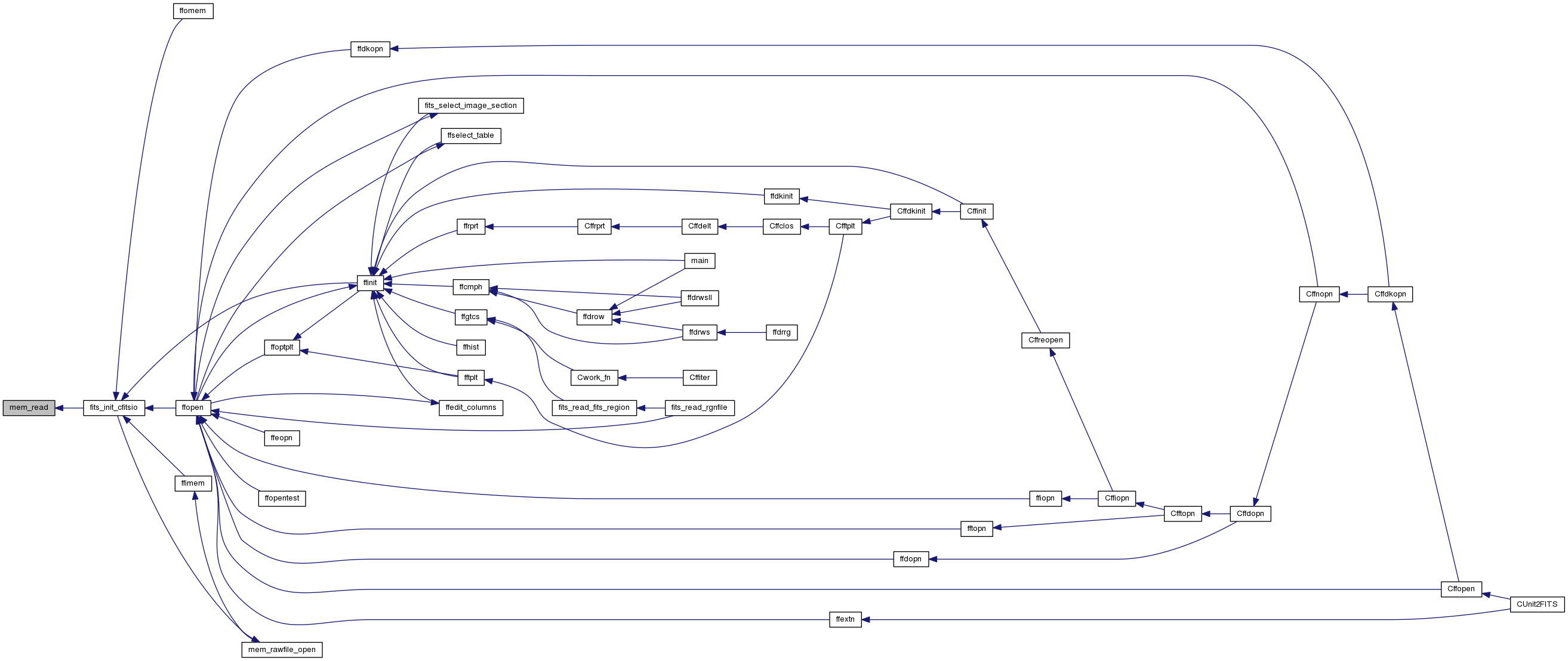
| int mem_seek | ( | int | handle, |
| LONGLONG | offset | ||
| ) |
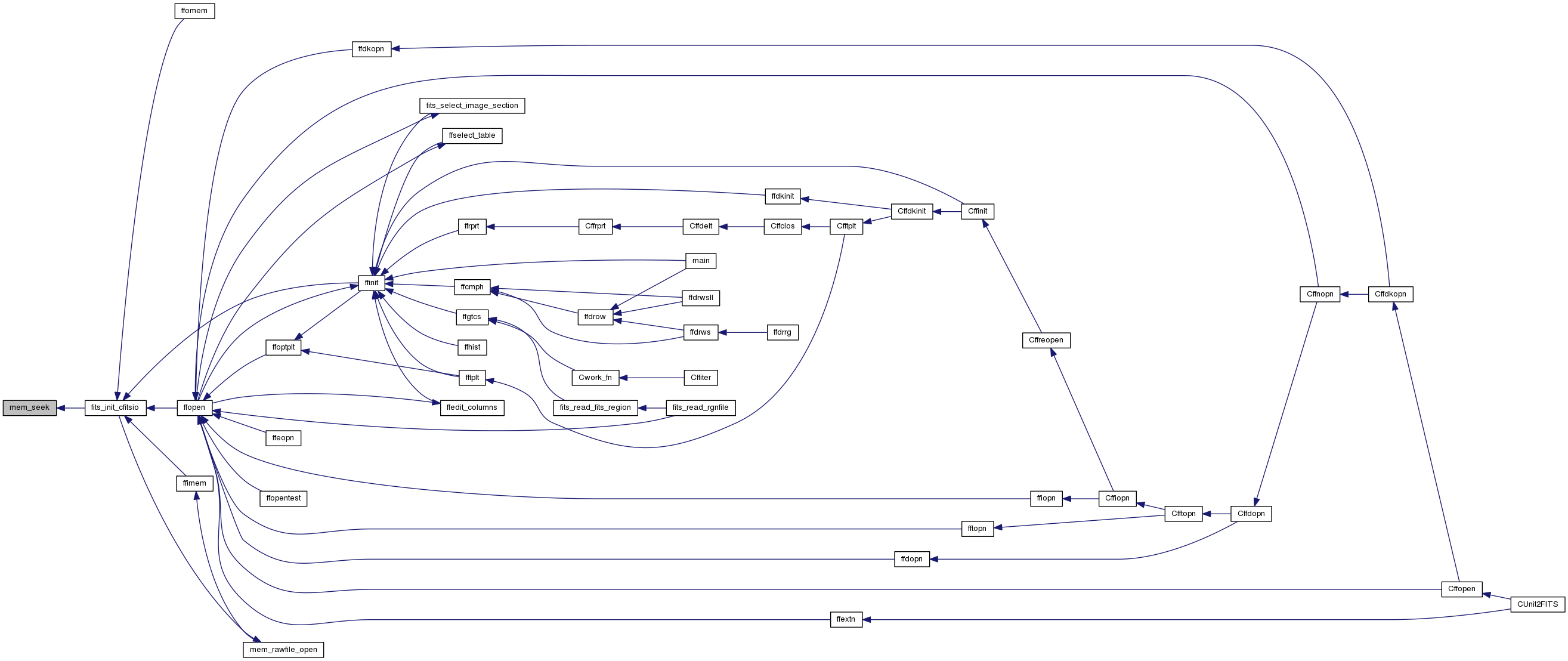
| int mem_setoptions | ( | int | options | ) |
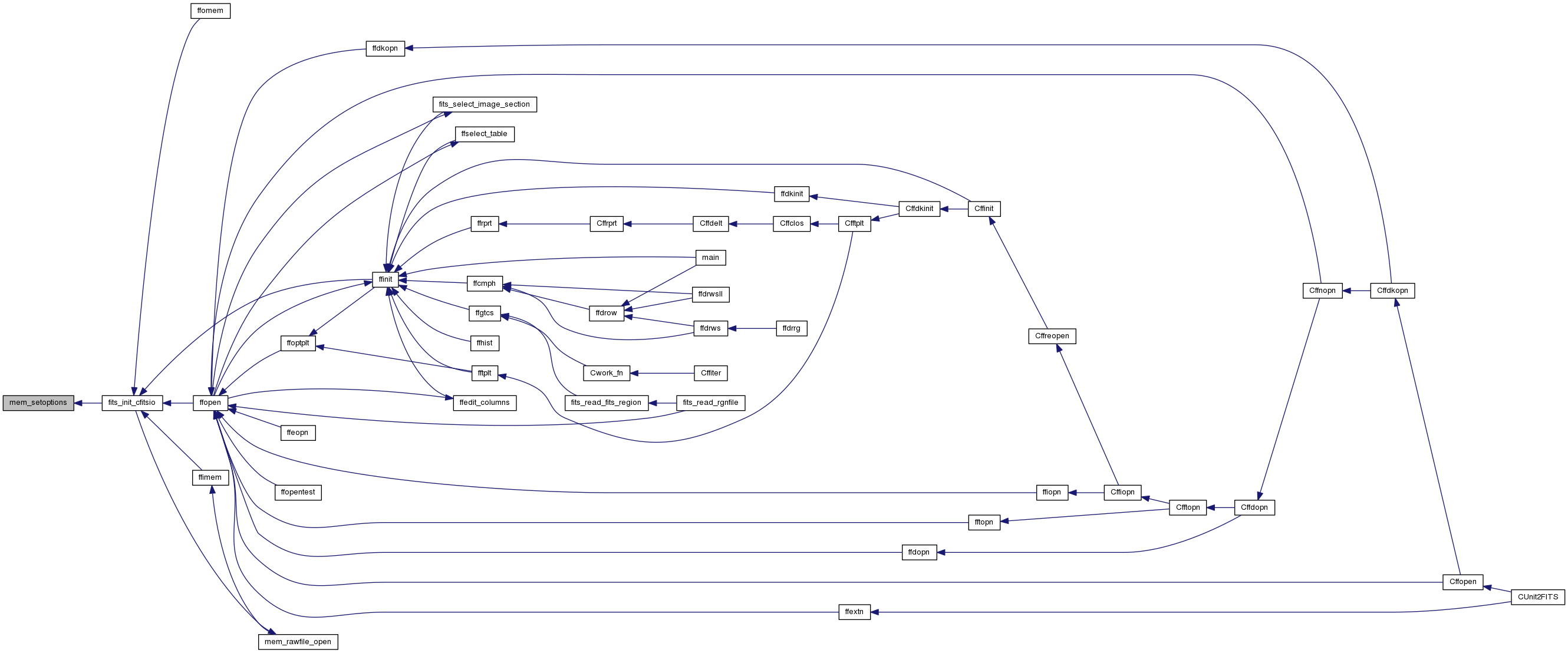
| int mem_shutdown | ( | void | ) |
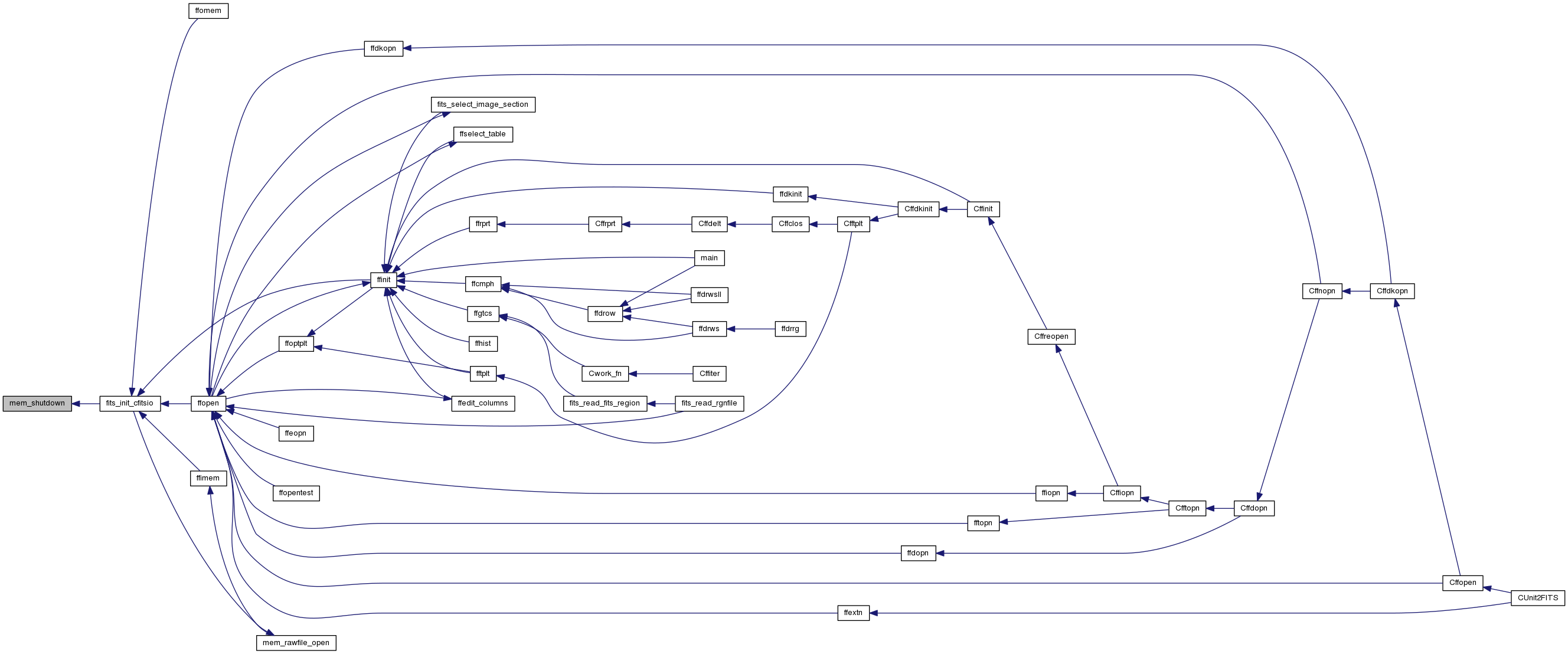
| int mem_size | ( | int | handle, |
| LONGLONG * | filesize | ||
| ) |
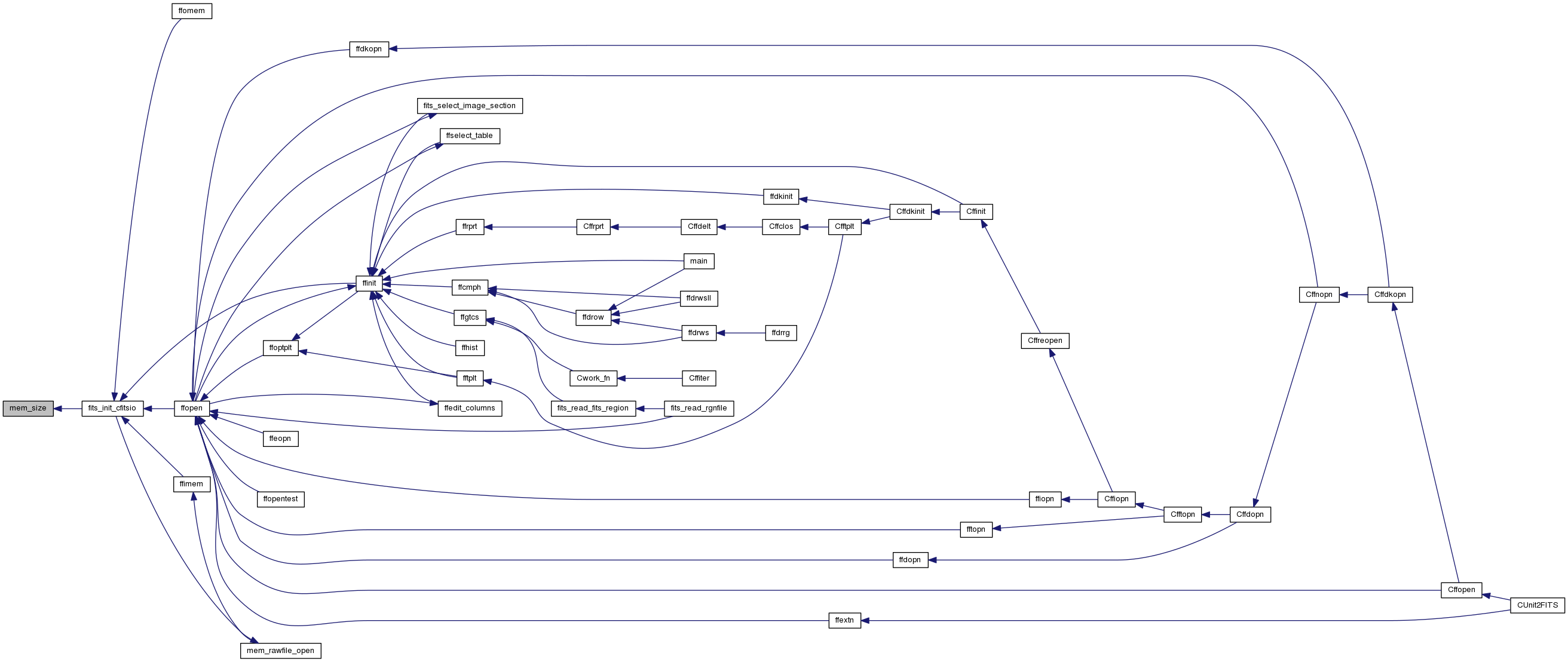
| int mem_truncate | ( | int | handle, |
| LONGLONG | filesize | ||
| ) |

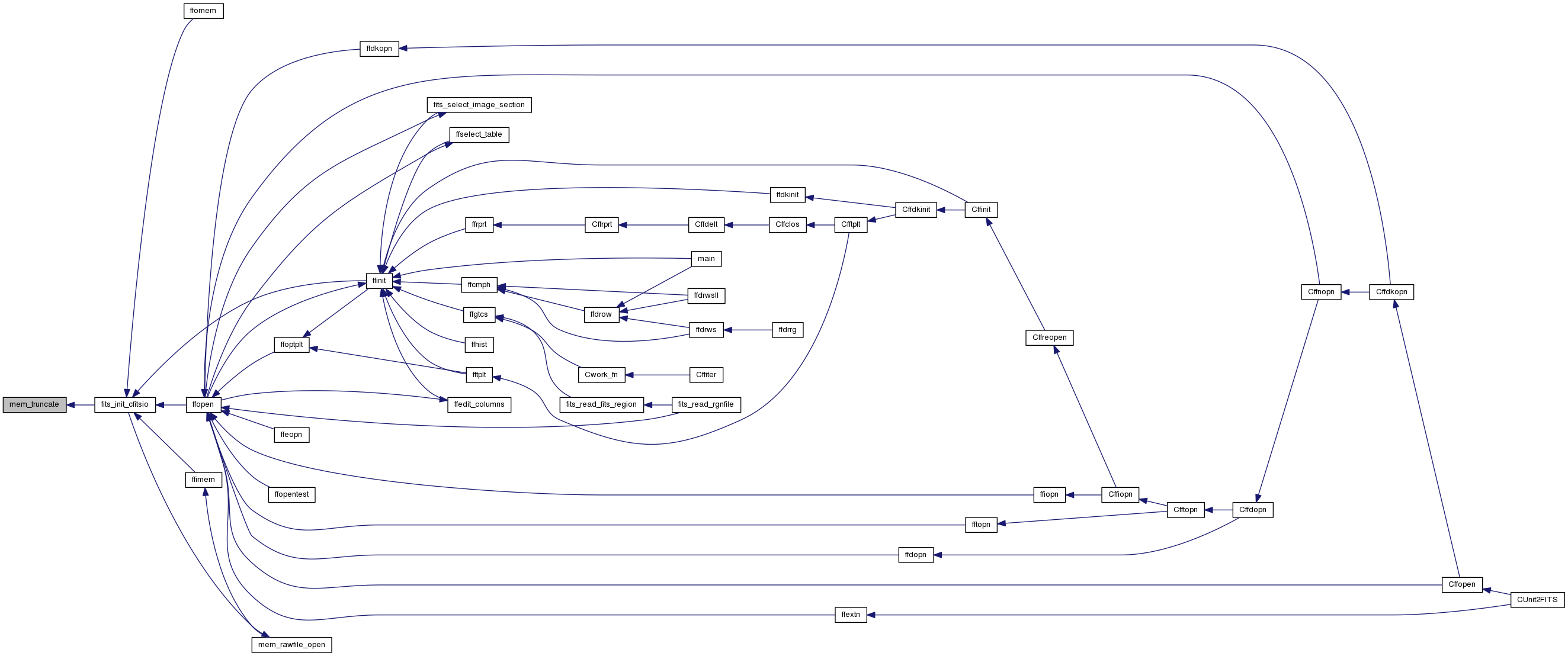
| int mem_uncompress2mem | ( | char * | filename, |
| FILE * | diskfile, | ||
| int | hdl | ||
| ) |
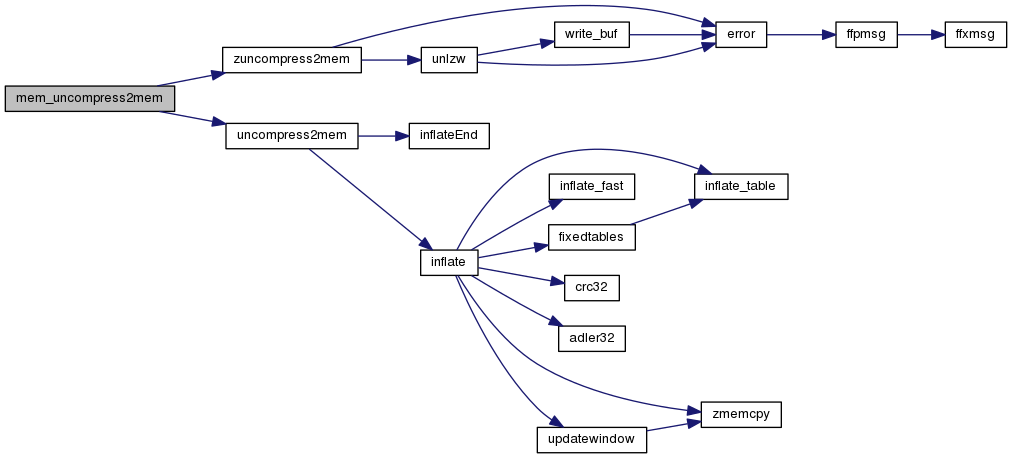
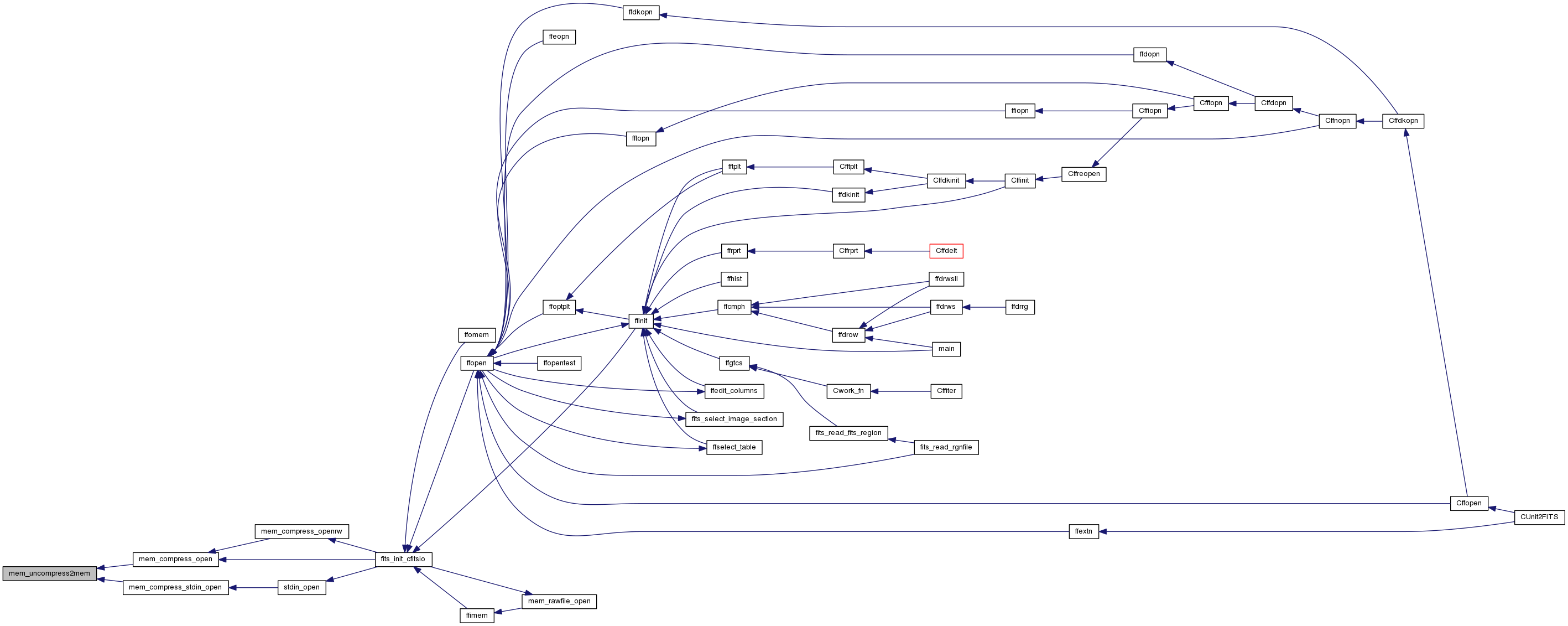
| int mem_write | ( | int | hdl, |
| void * | buffer, | ||
| long | nbytes | ||
| ) |

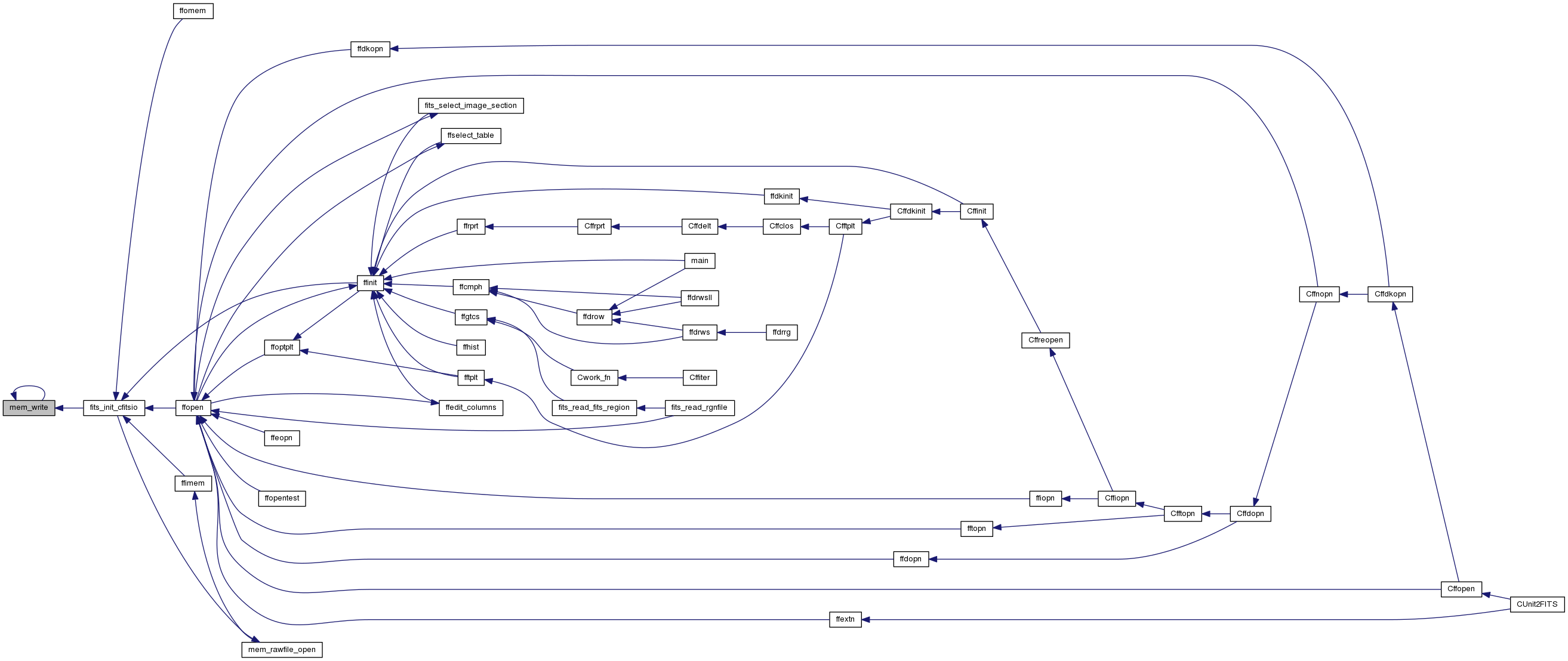
| int parse_data | ( | long | totalrows, |
| long | offset, | ||
| long | firstrow, | ||
| long | nrows, | ||
| int | nCols, | ||
| iteratorCol * | colData, | ||
| void * | userPtr | ||
| ) |
| int pl_l2pi | ( | short * | ll_src, |
| int | xs, | ||
| int * | px_dst, | ||
| int | npix | ||
| ) |
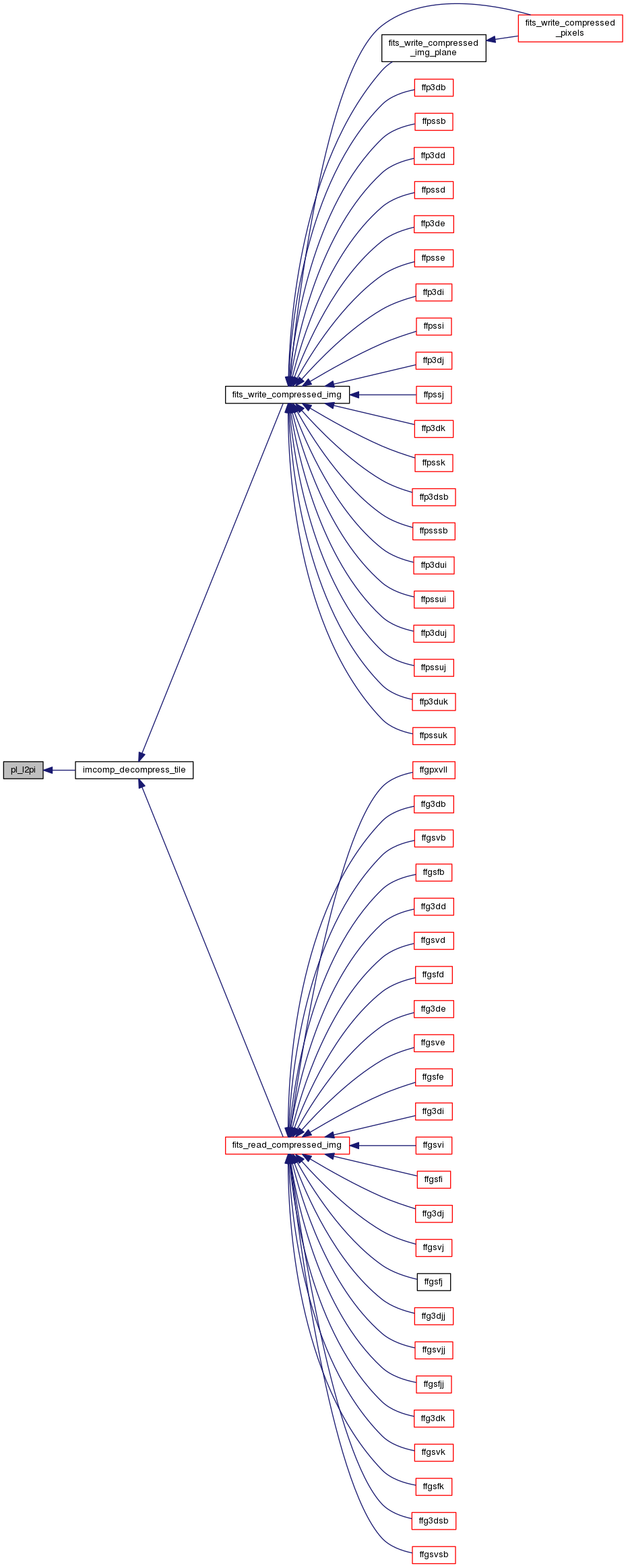
| int pl_p2li | ( | int * | pxsrc, |
| int | xs, | ||
| short * | lldst, | ||
| int | npix | ||
| ) |
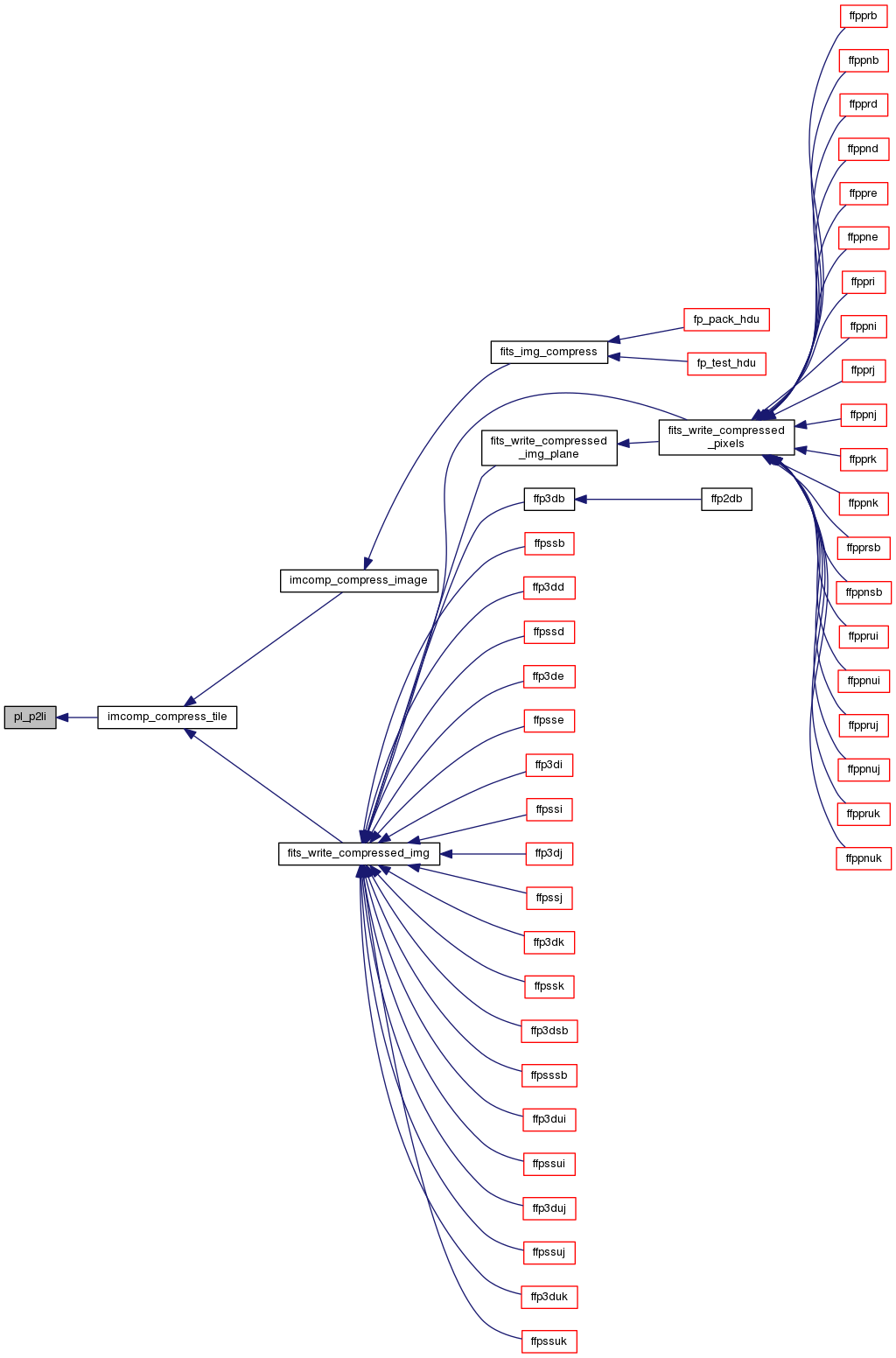
| int root_close | ( | int | driverhandle | ) |
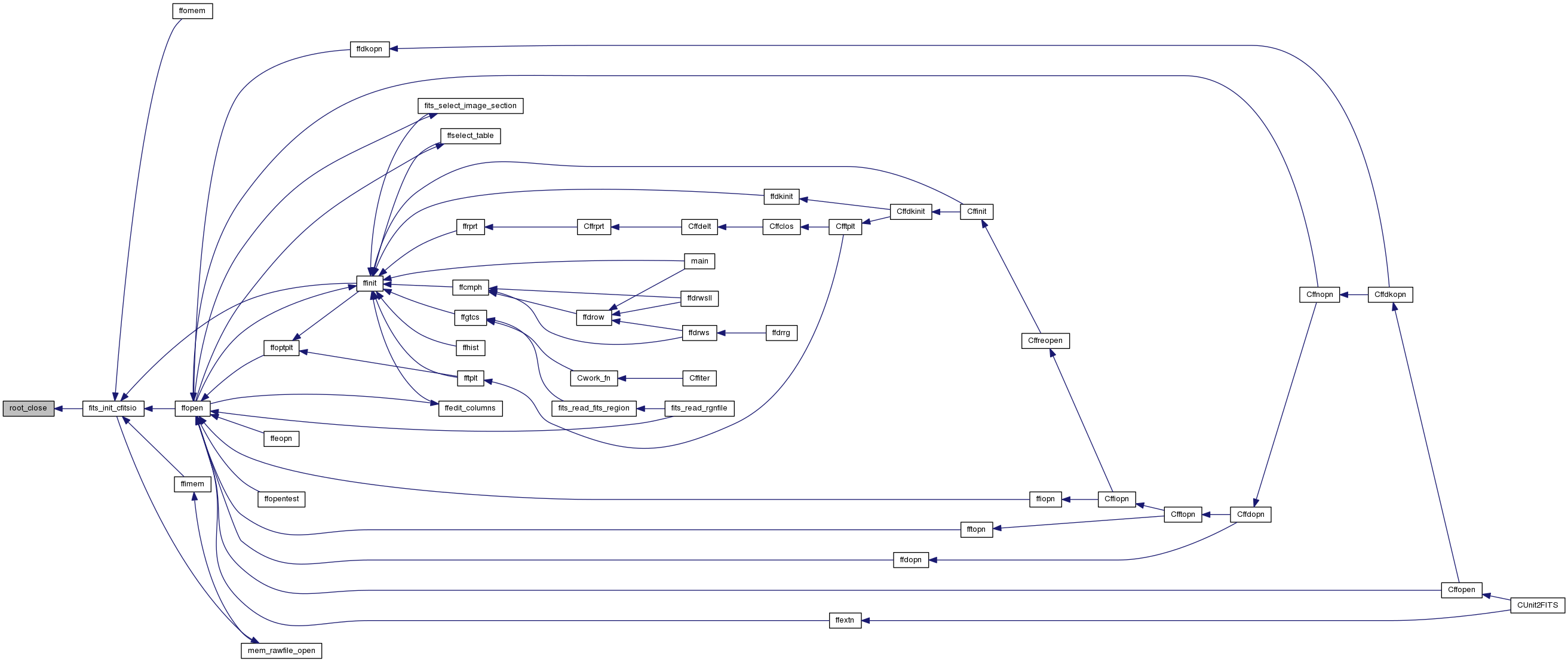
| int root_create | ( | char * | filename, |
| int * | driverhandle | ||
| ) |
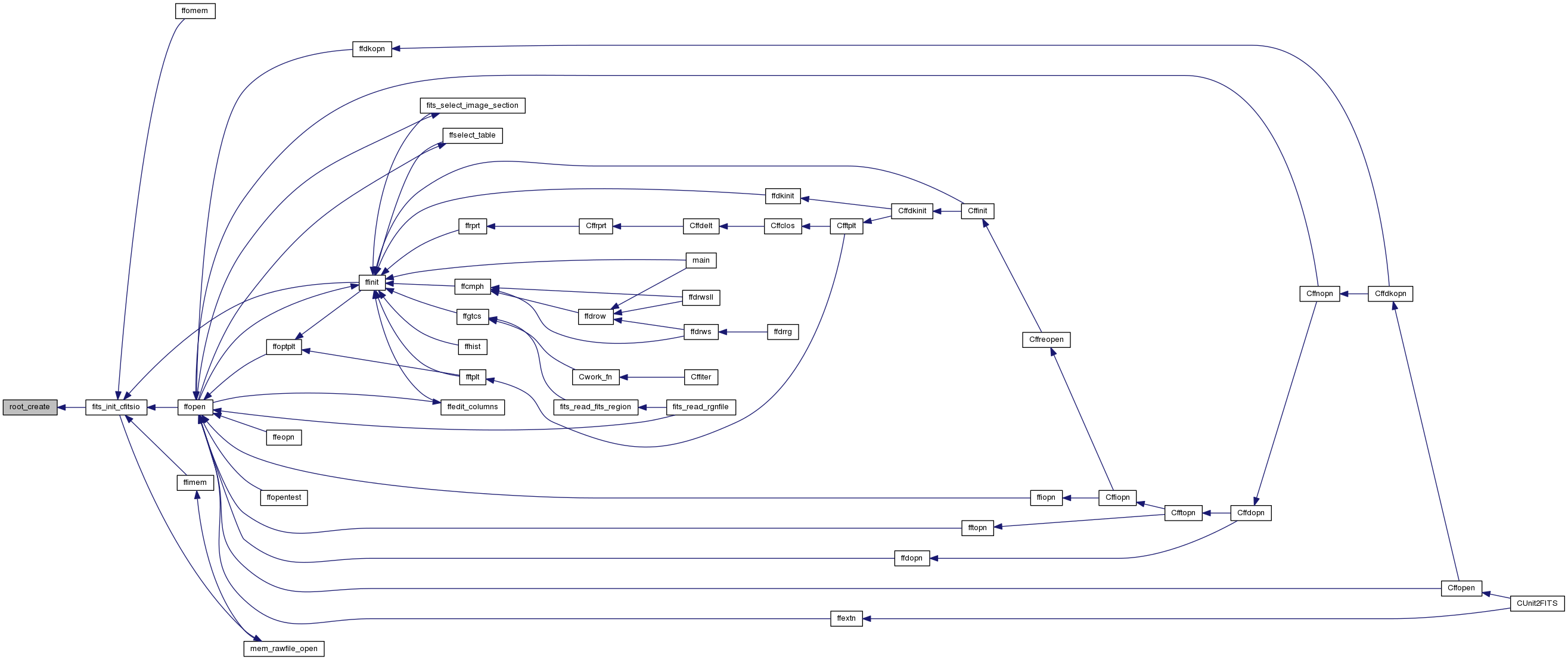
| int root_flush | ( | int | driverhandle | ) |
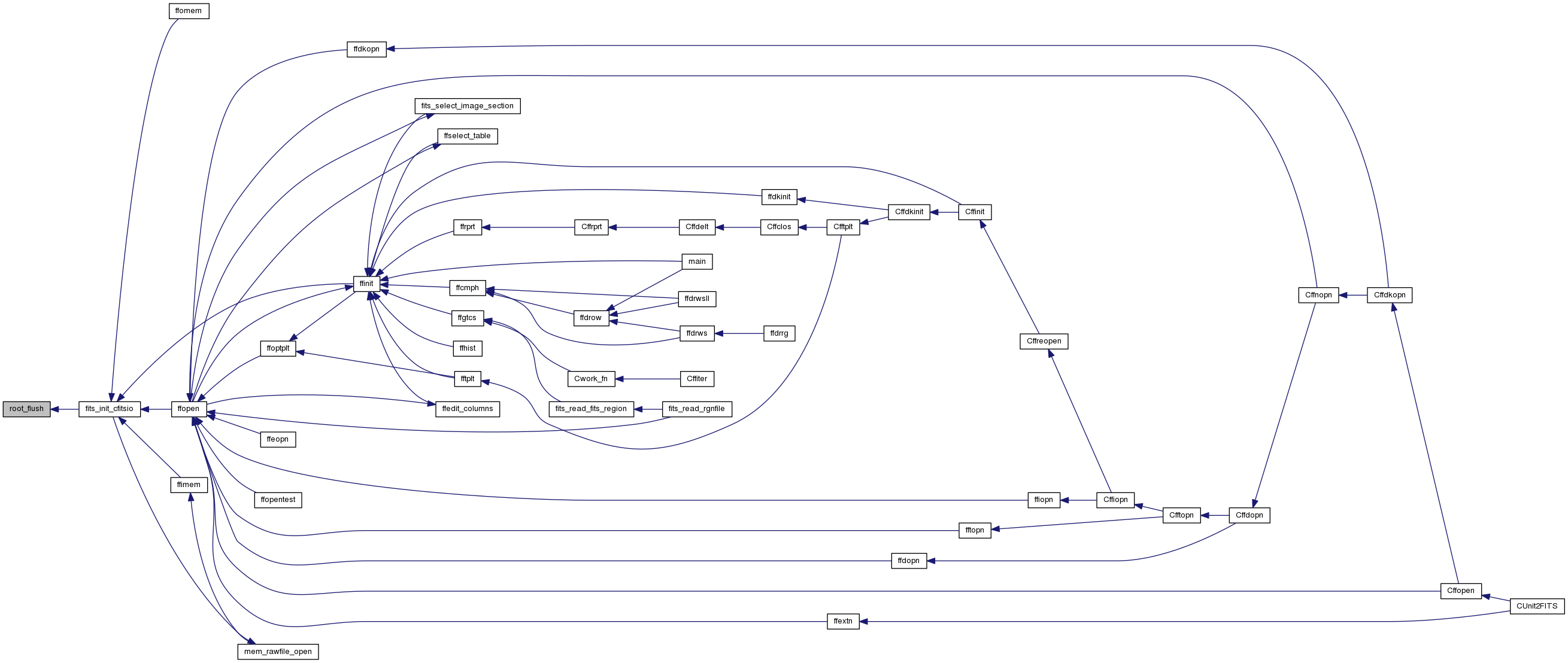
| int root_getoptions | ( | int * | options | ) |
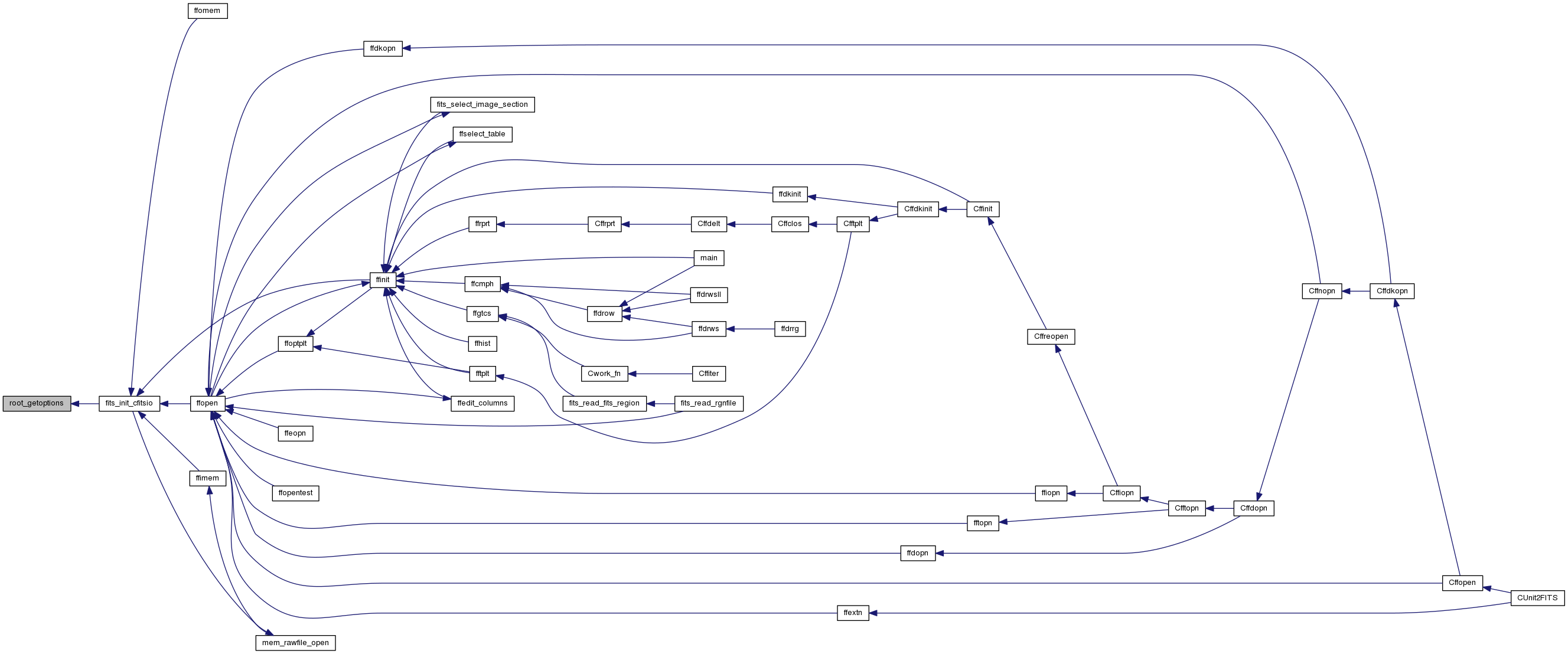
| int root_getversion | ( | int * | version | ) |
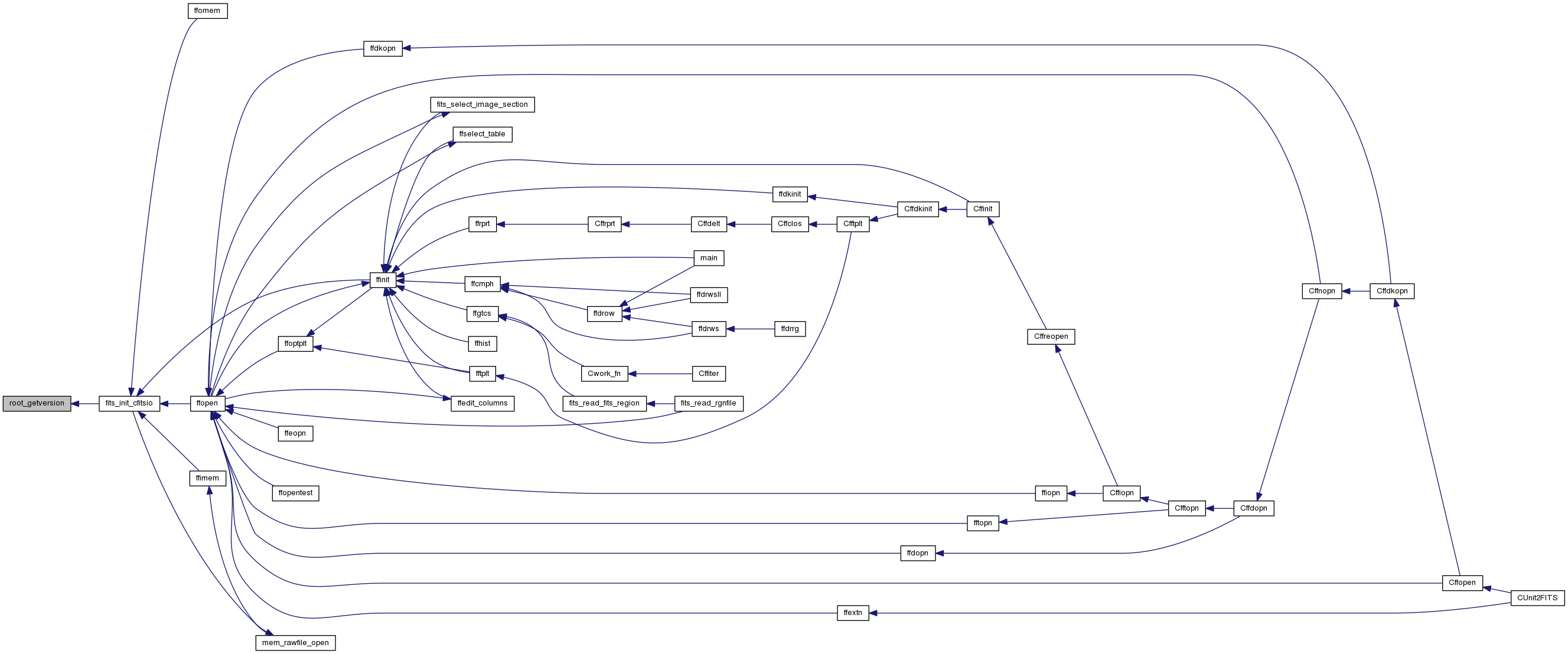
| int root_init | ( | void | ) |
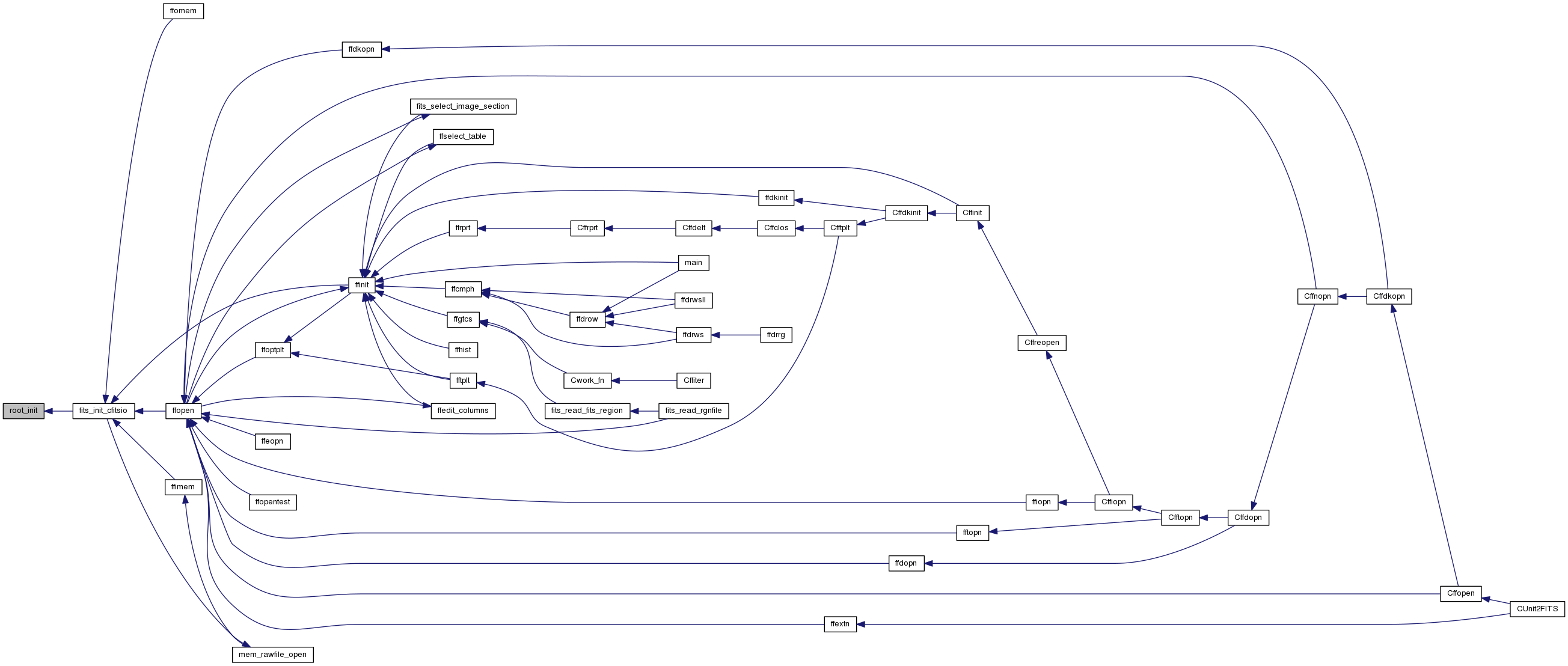
| int root_open | ( | char * | filename, |
| int | rwmode, | ||
| int * | driverhandle | ||
| ) |
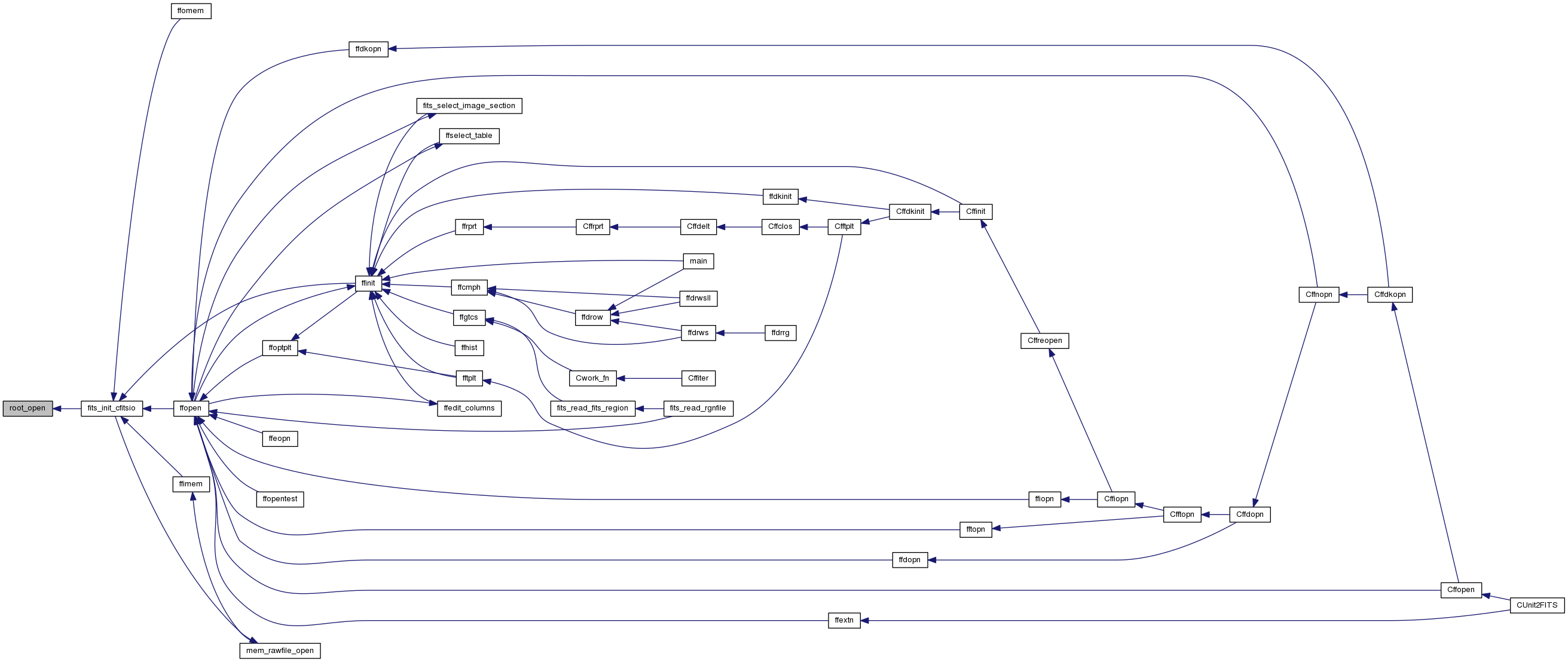
| int root_read | ( | int | driverhandle, |
| void * | buffer, | ||
| long | nbytes | ||
| ) |
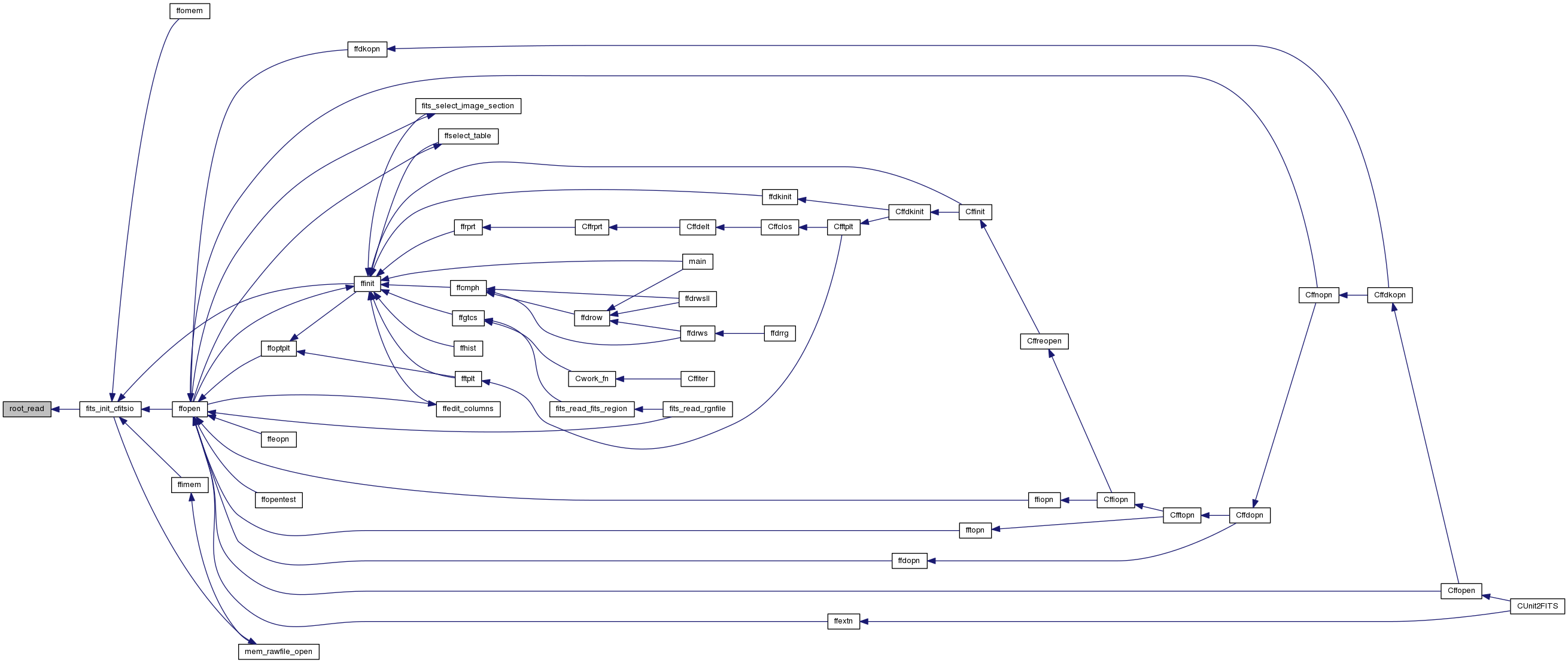
| int root_seek | ( | int | driverhandle, |
| LONGLONG | offset | ||
| ) |
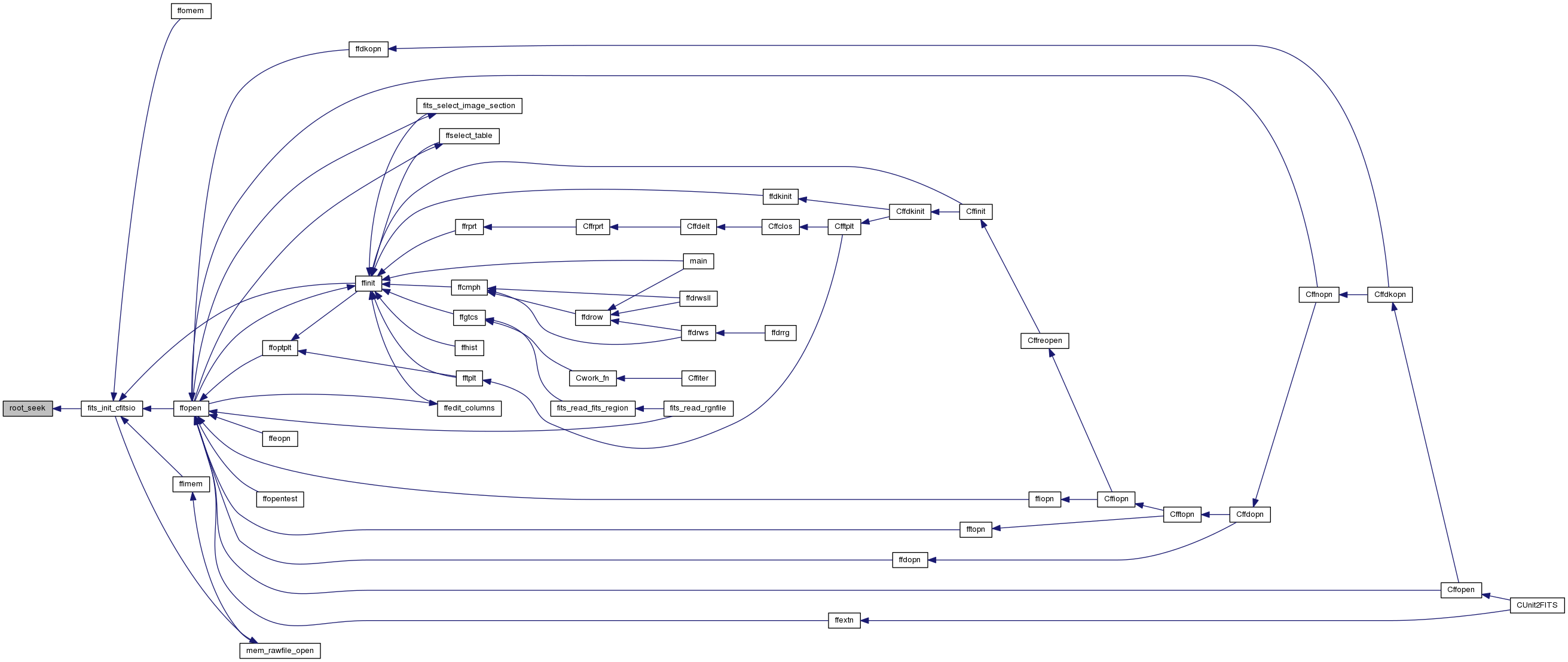
| int root_setoptions | ( | int | options | ) |
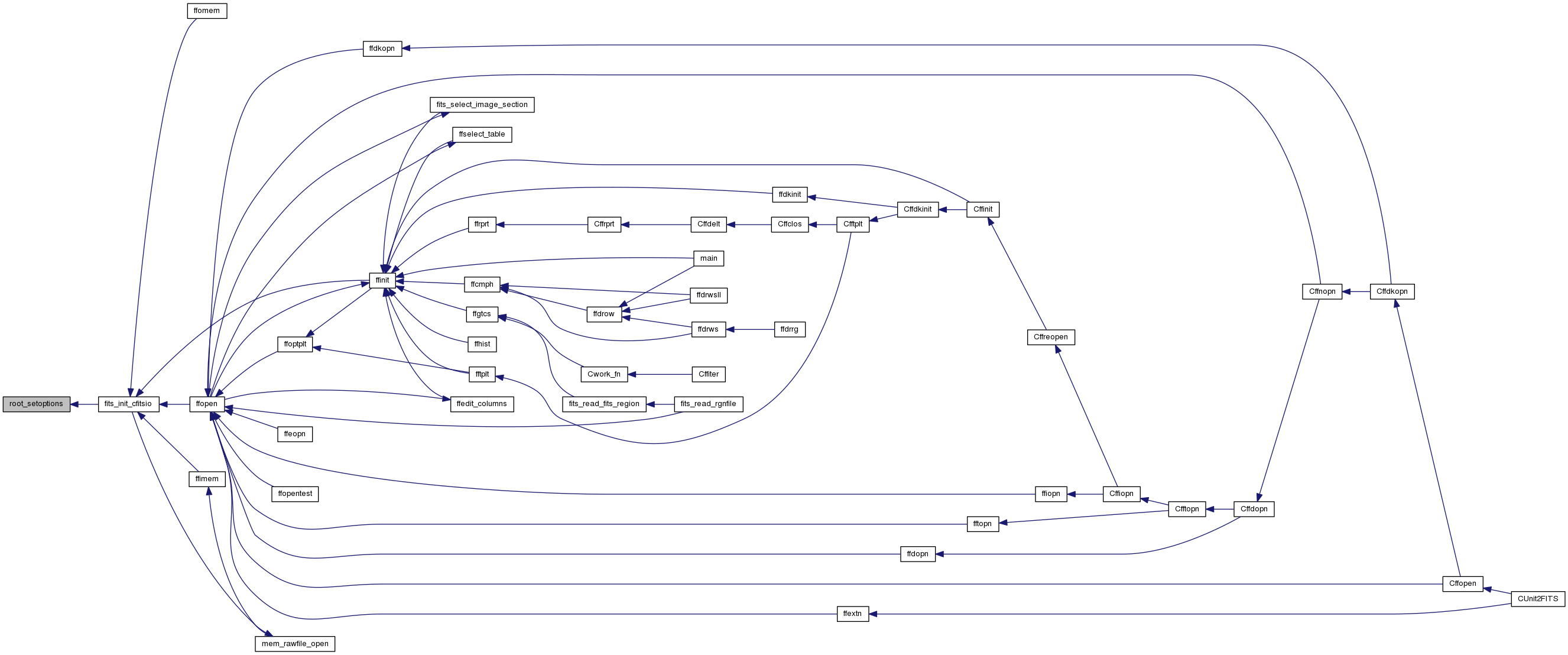
| int root_shutdown | ( | void | ) |
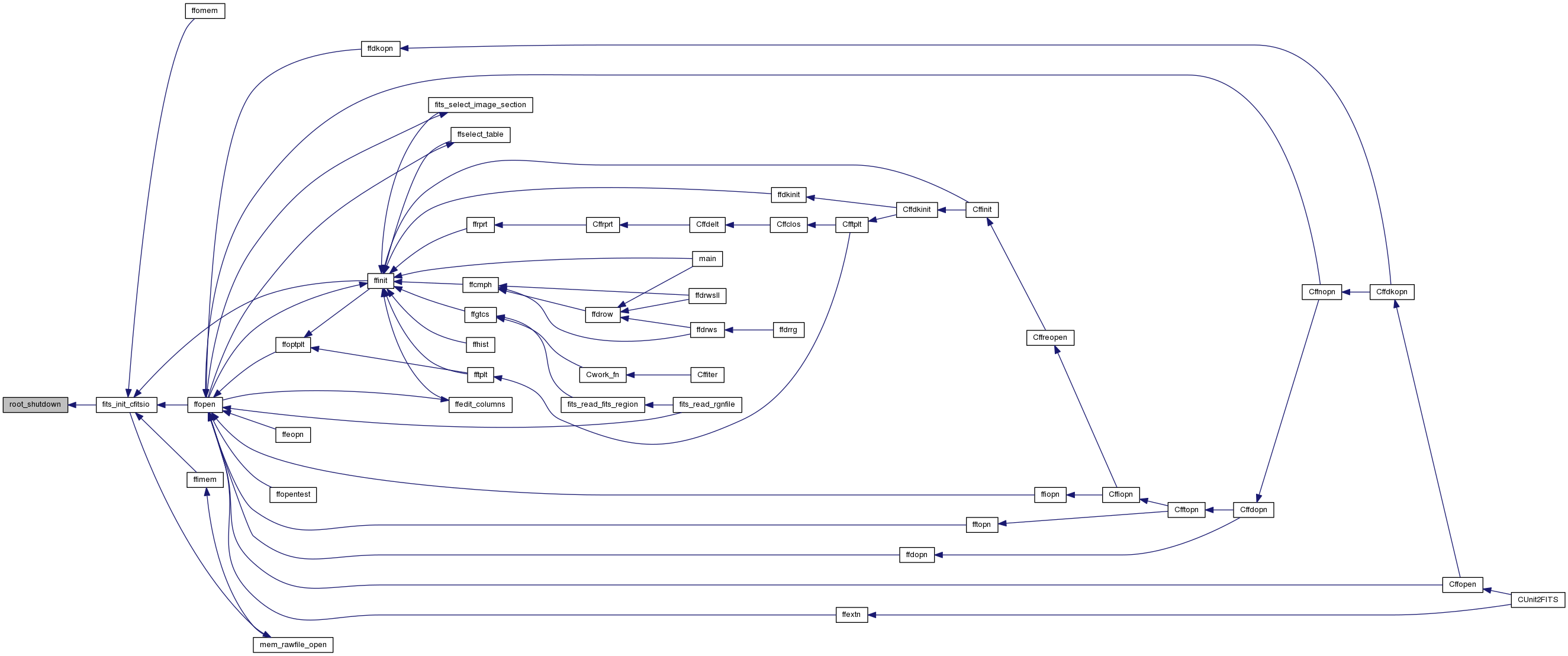
| int root_size | ( | int | handle, |
| LONGLONG * | filesize | ||
| ) |
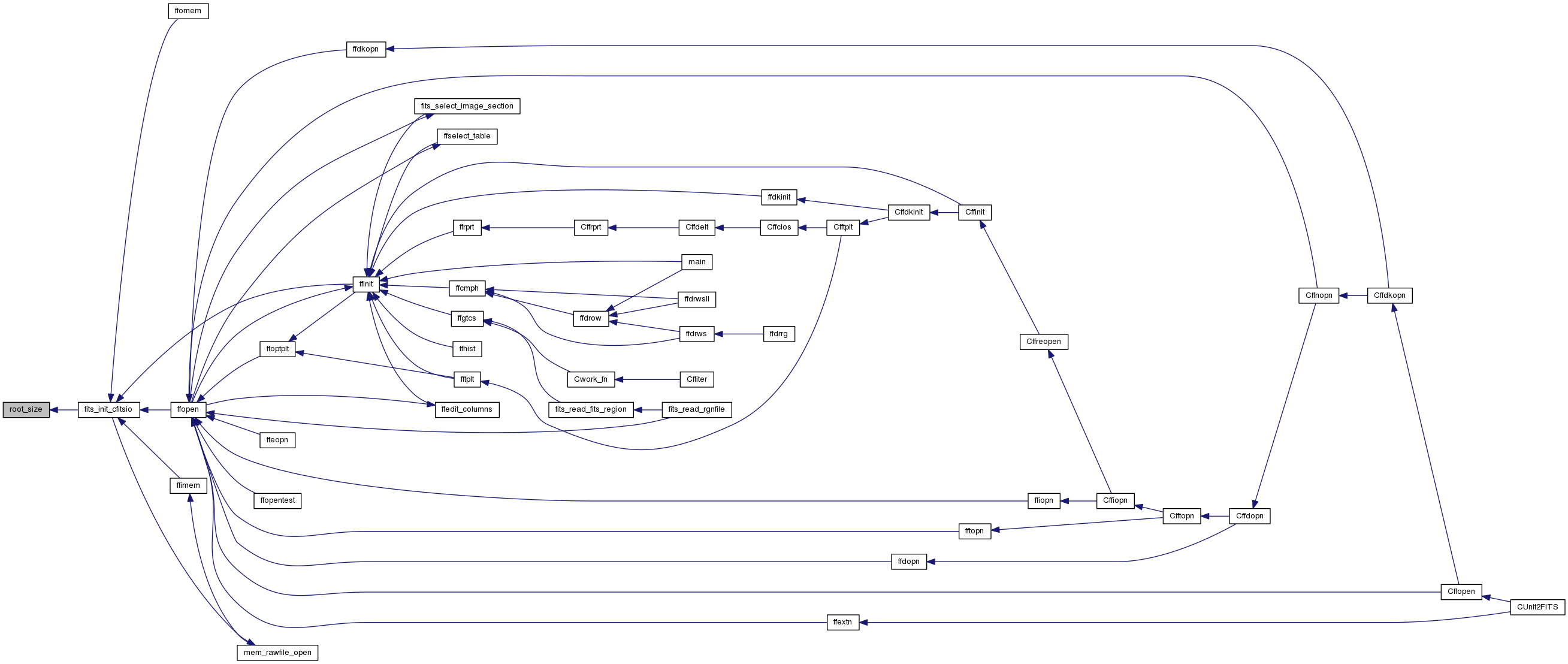
| int root_write | ( | int | driverhandle, |
| void * | buffer, | ||
| long | nbytes | ||
| ) |
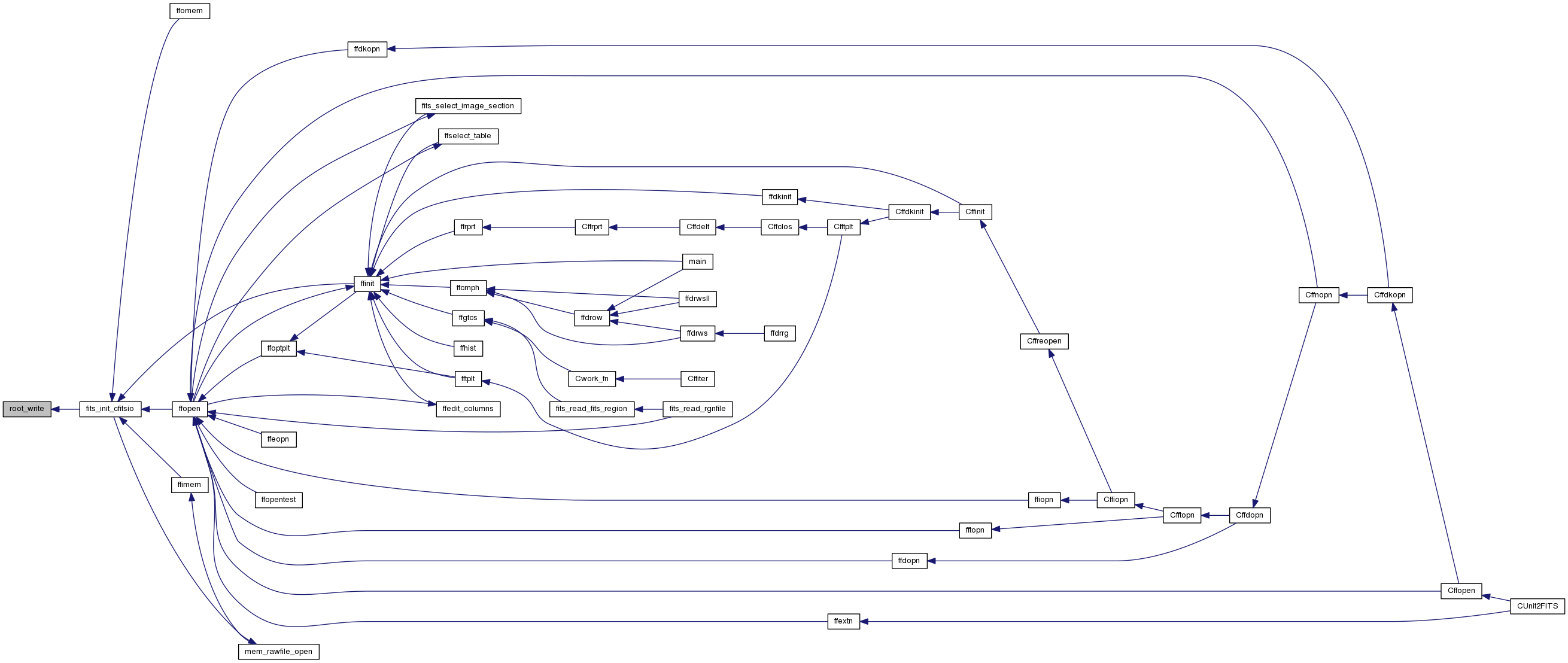
| int stdin2file | ( | int | hd | ) |

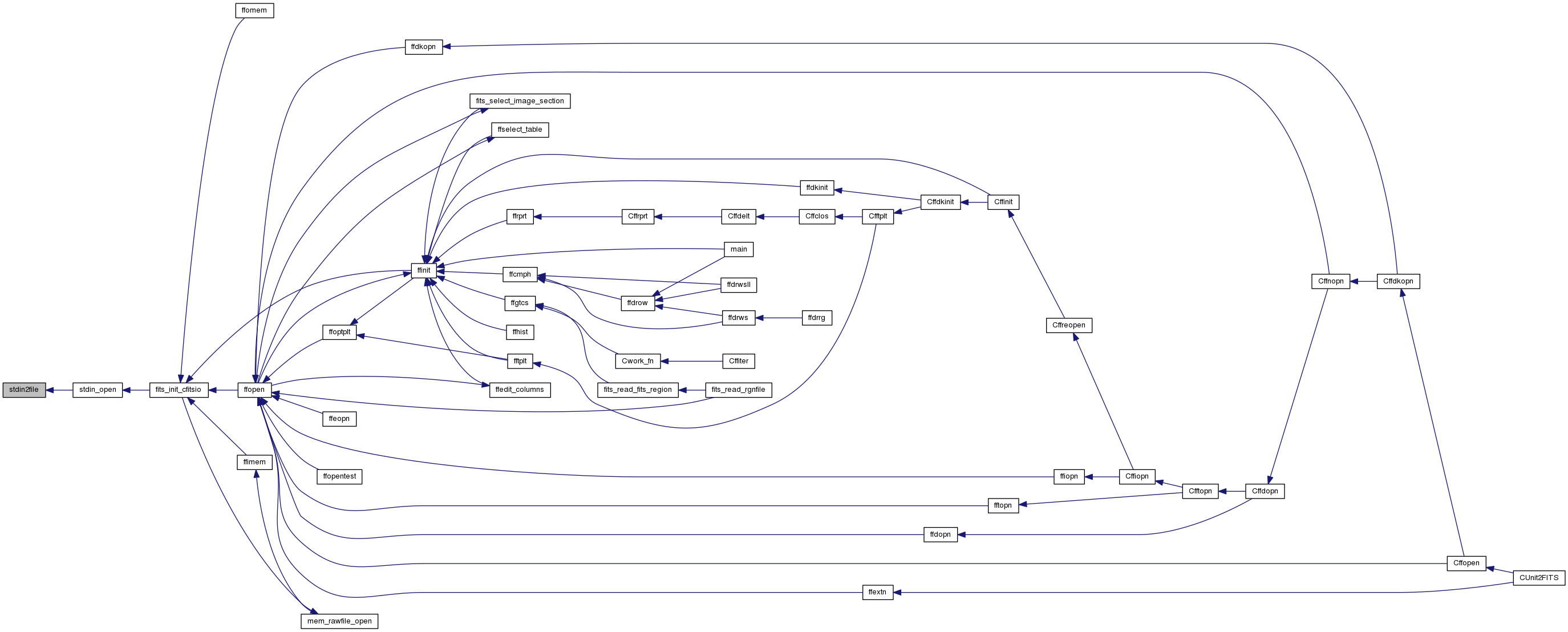
| int stdin2mem | ( | int | hd | ) |

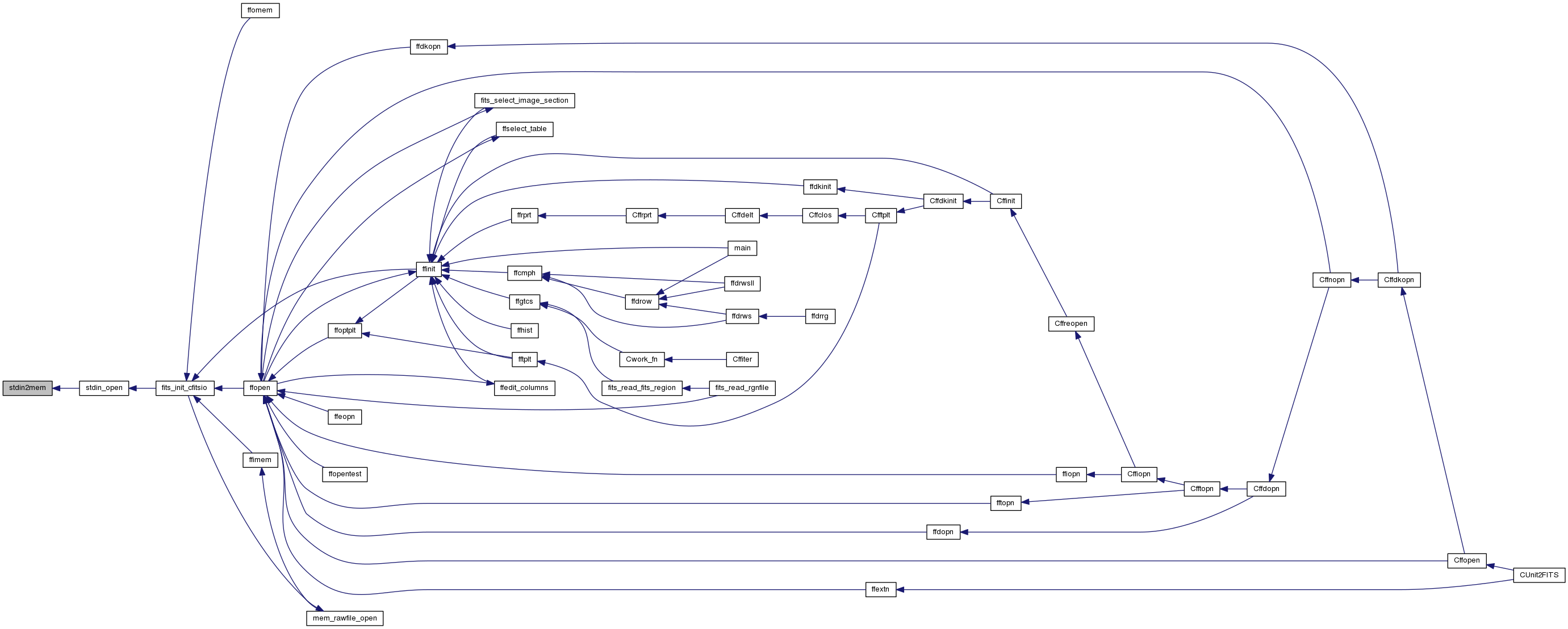
| int stdin_checkfile | ( | char * | urltype, |
| char * | infile, | ||
| char * | outfile | ||
| ) |
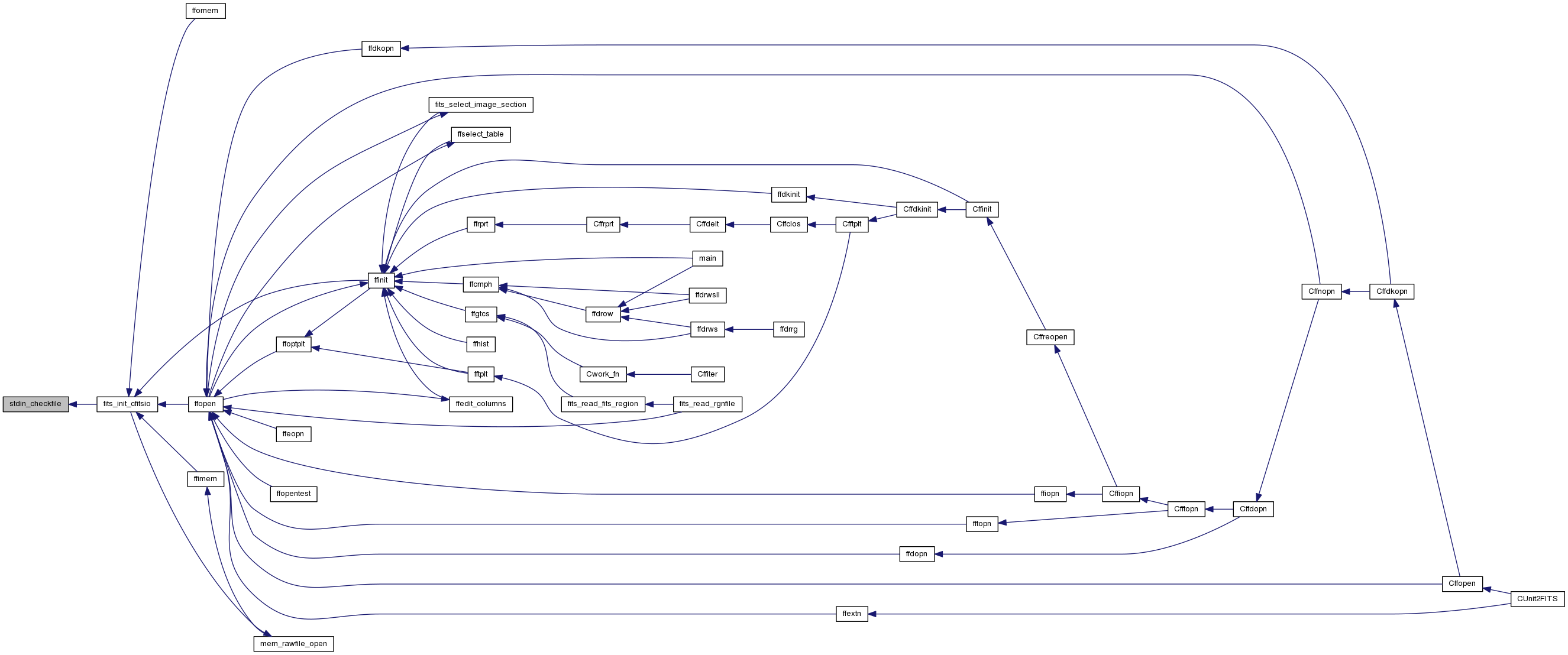
| int stdin_open | ( | char * | filename, |
| int | rwmode, | ||
| int * | handle | ||
| ) |
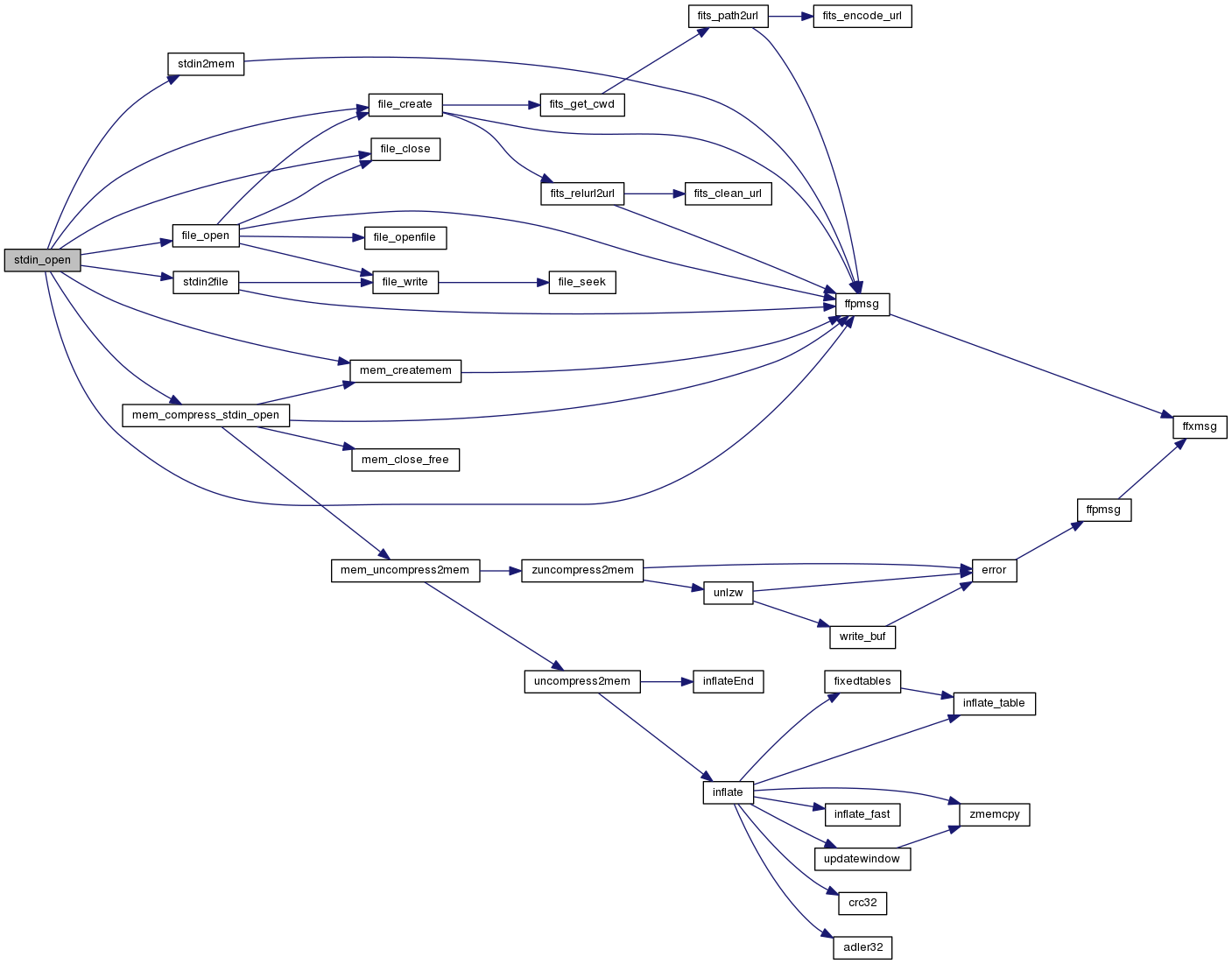
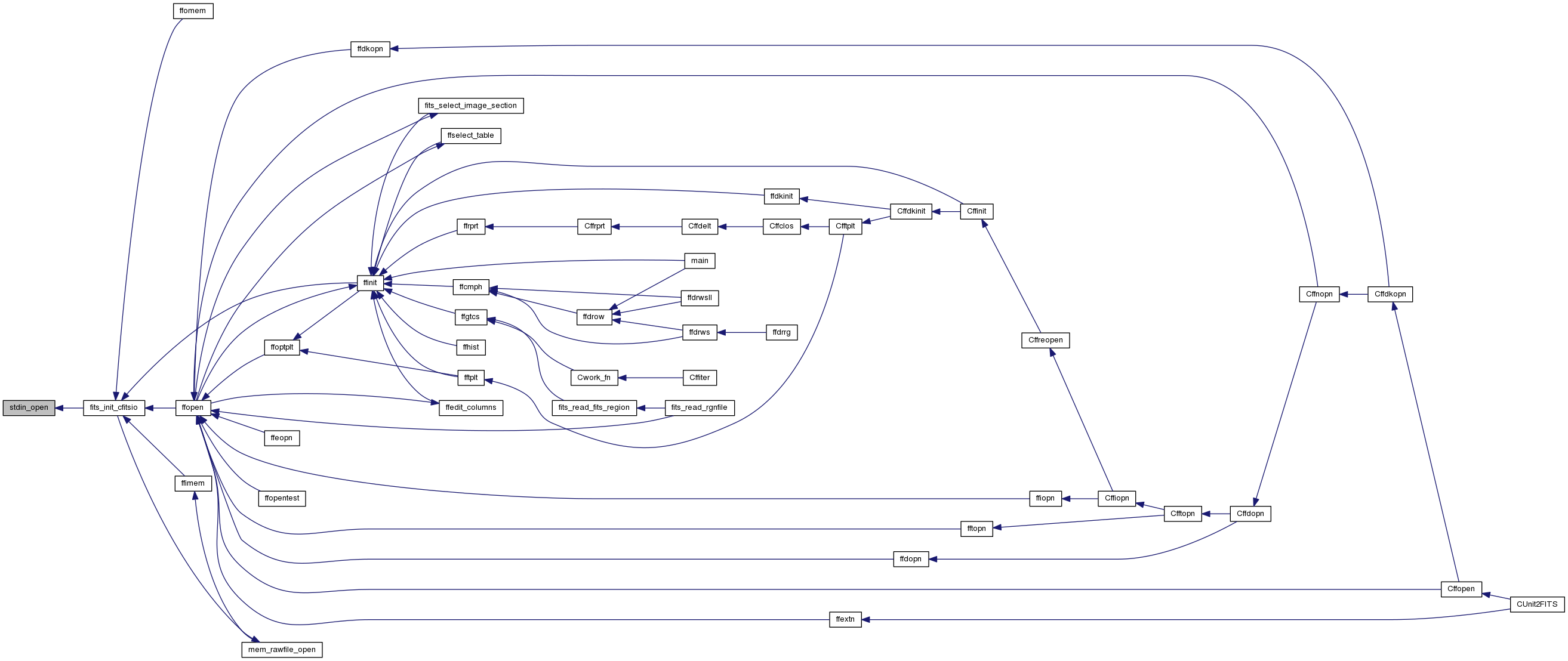
| int stdout_close | ( | int | handle | ) |

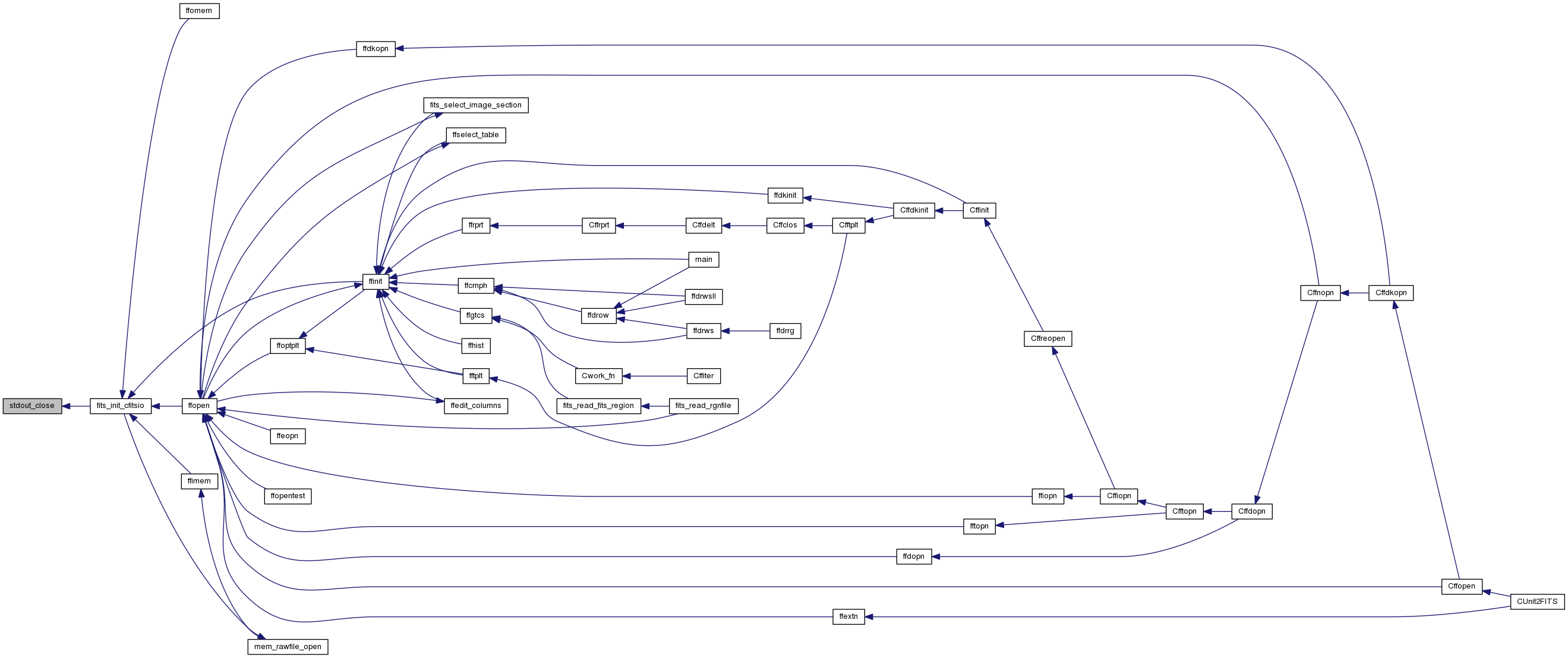
| int stream_close | ( | int | driverhandle | ) |
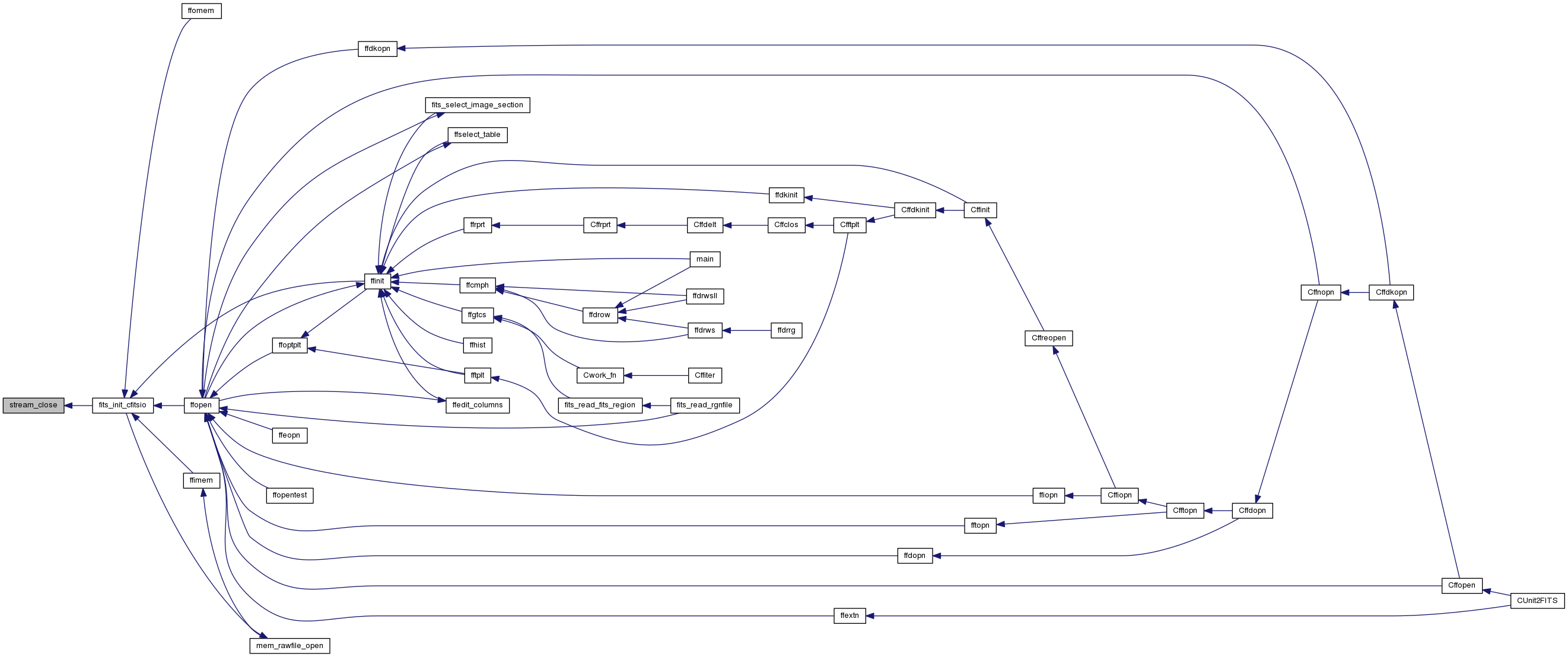
| int stream_create | ( | char * | filename, |
| int * | driverhandle | ||
| ) |
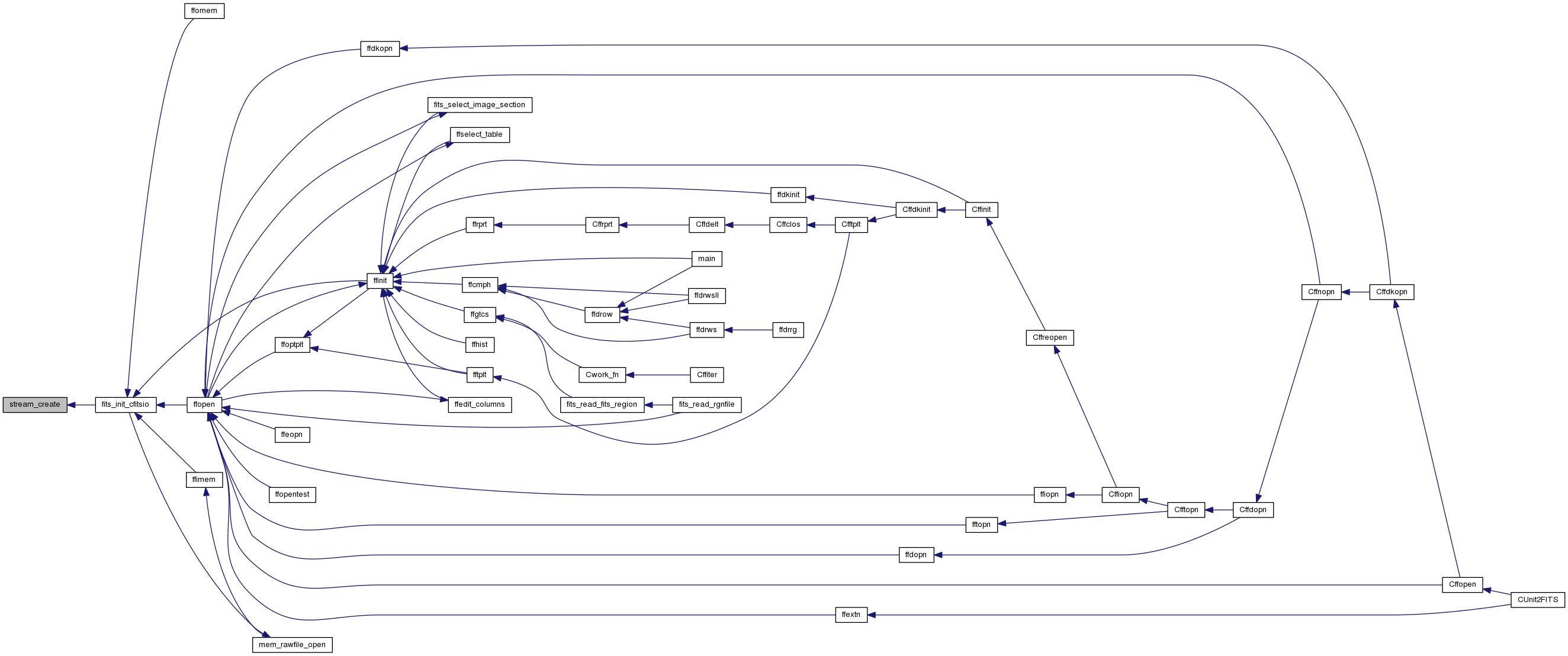
| int stream_flush | ( | int | driverhandle | ) |
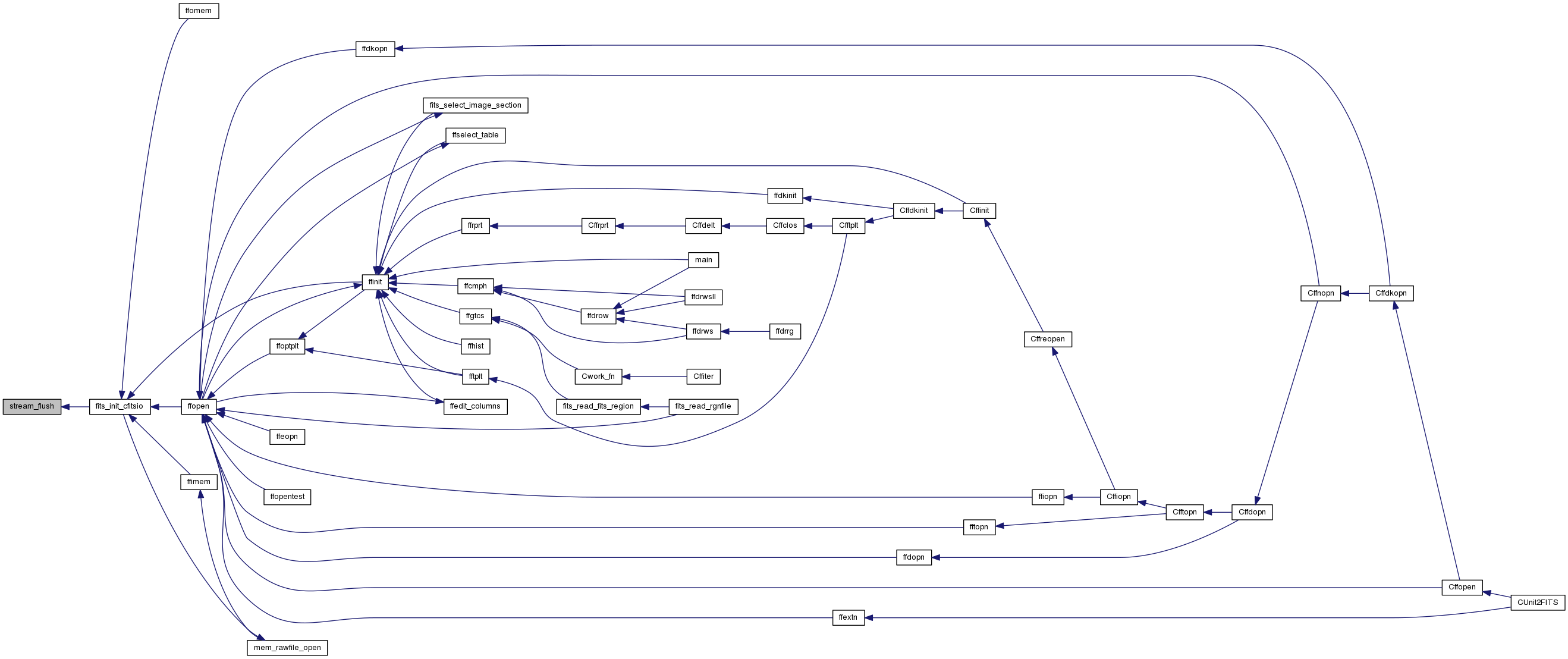
| int stream_open | ( | char * | filename, |
| int | rwmode, | ||
| int * | driverhandle | ||
| ) |
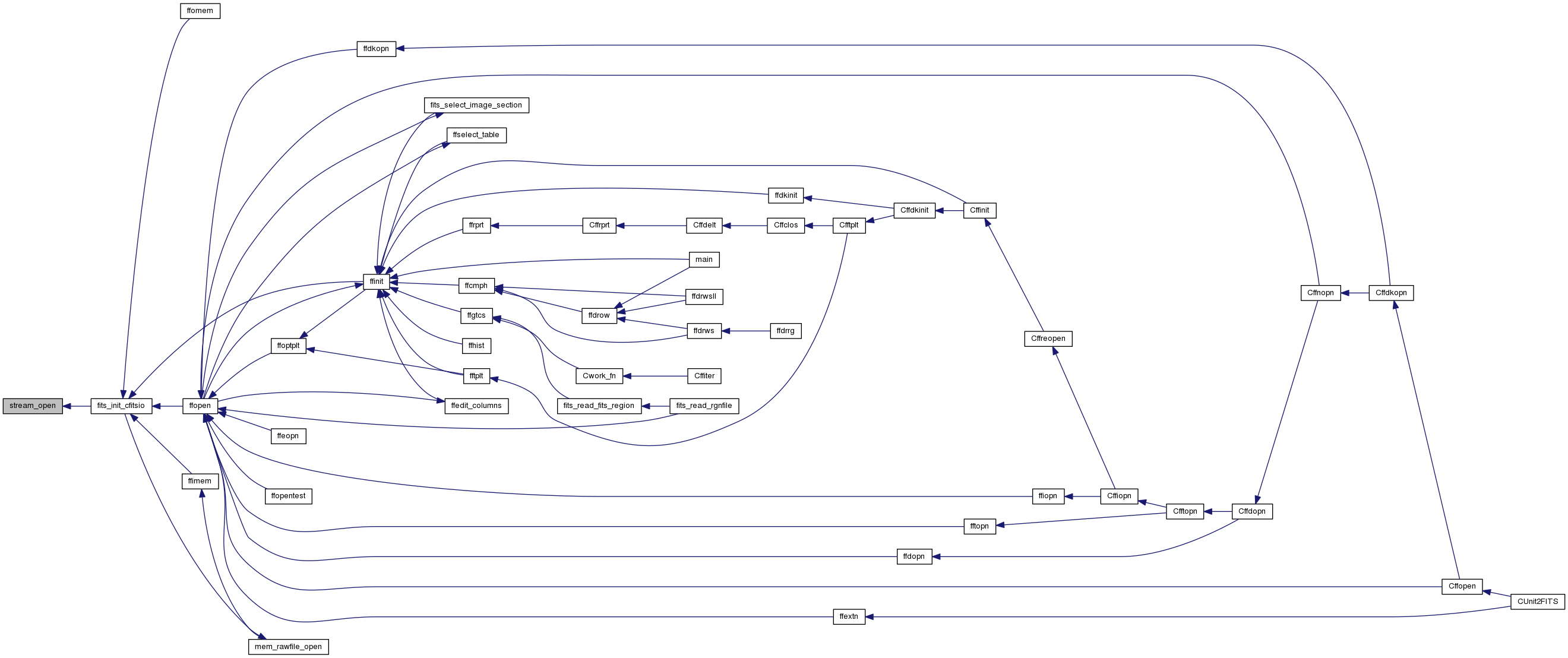
| int stream_read | ( | int | driverhandle, |
| void * | buffer, | ||
| long | nbytes | ||
| ) |
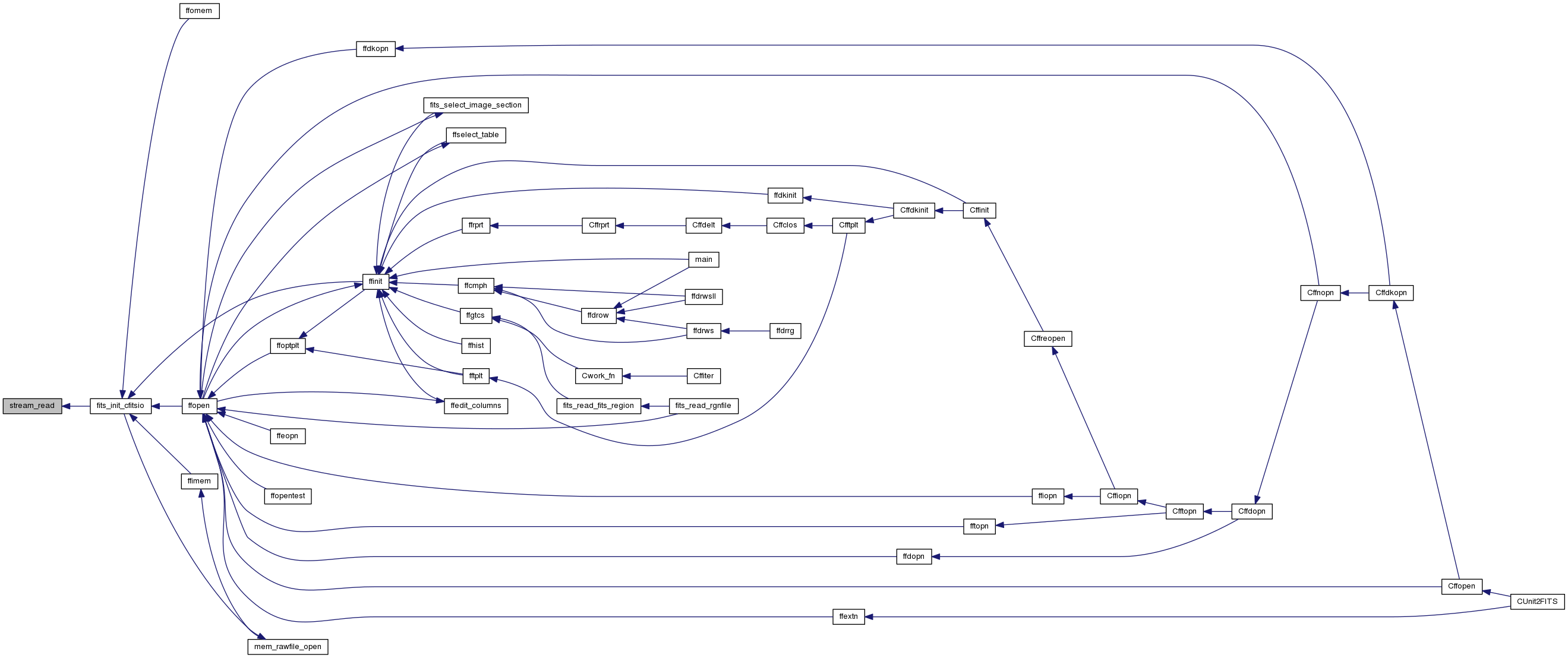
| int stream_seek | ( | int | driverhandle, |
| LONGLONG | offset | ||
| ) |
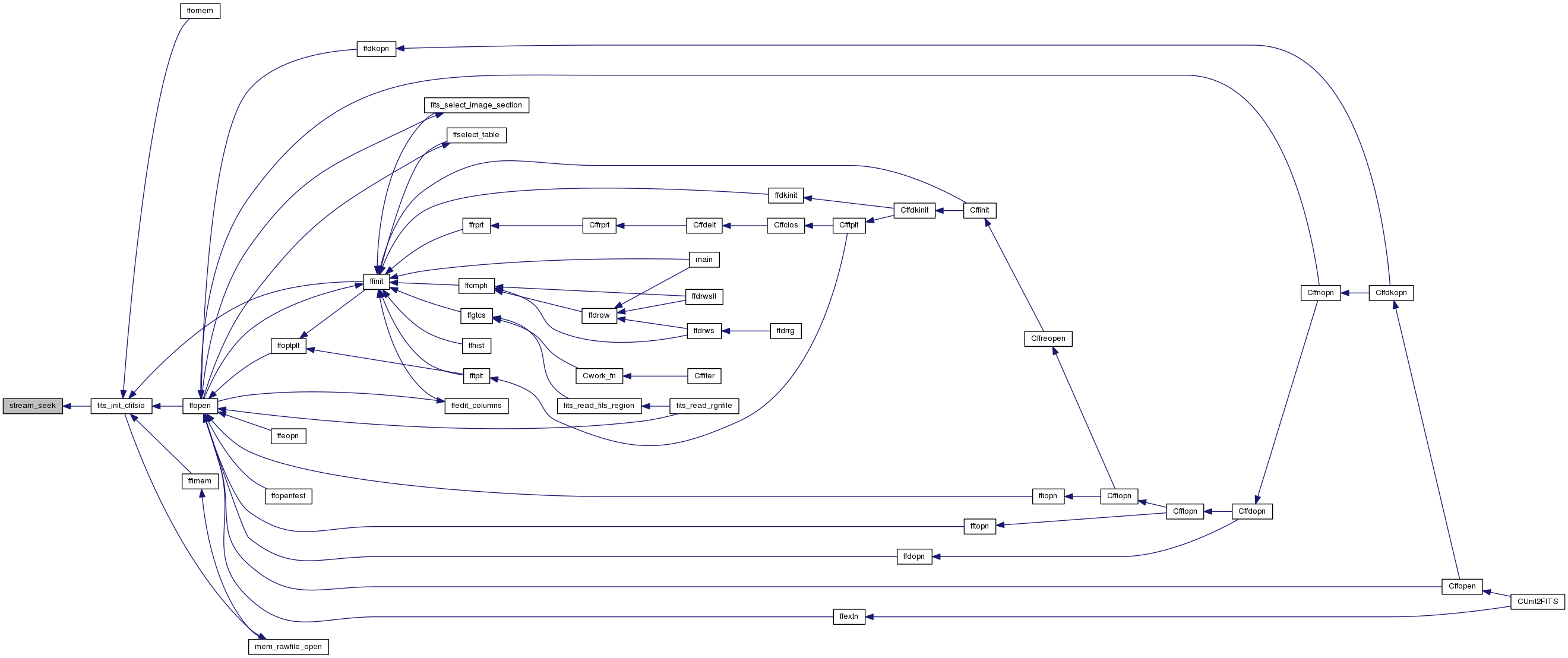
| int stream_size | ( | int | driverhandle, |
| LONGLONG * | filesize | ||
| ) |
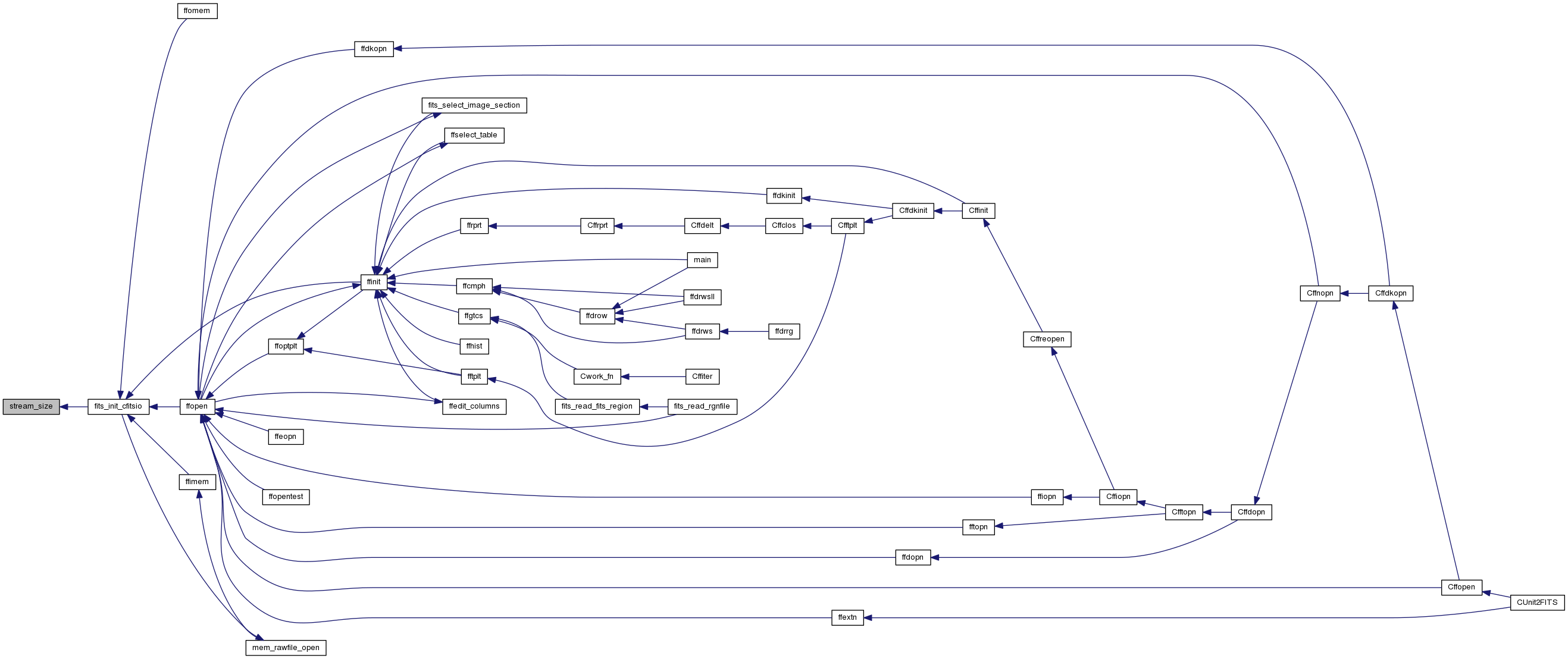
| int stream_write | ( | int | driverhandle, |
| void * | buffer, | ||
| long | nbytes | ||
| ) |
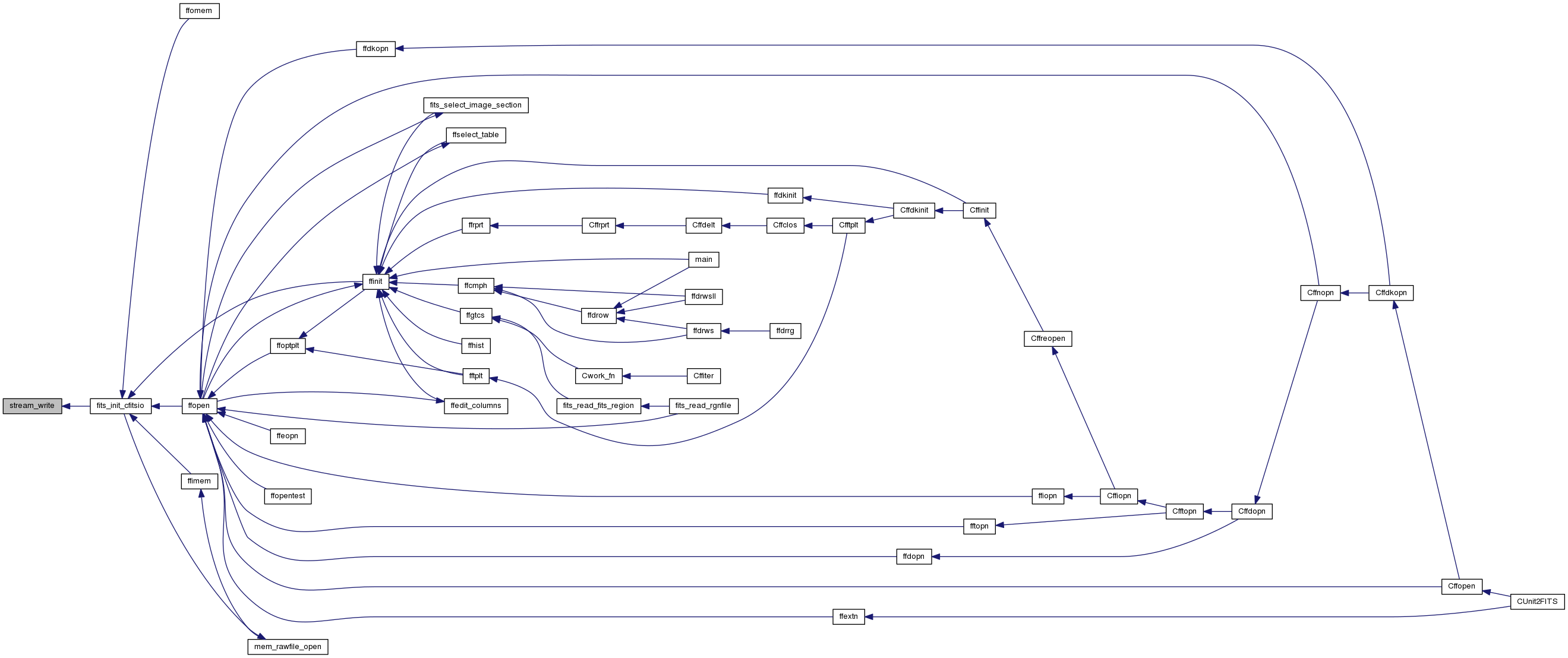
| int uncompress2file | ( | char * | filename, |
| FILE * | indiskfile, | ||
| FILE * | outdiskfile, | ||
| int * | status | ||
| ) |
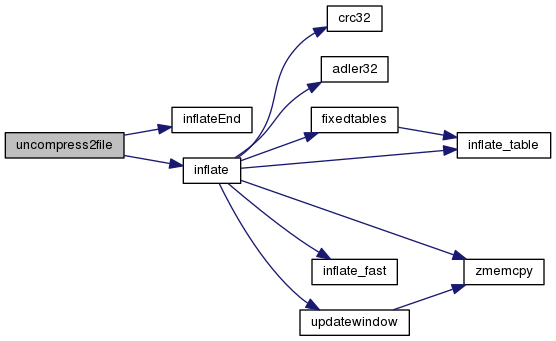
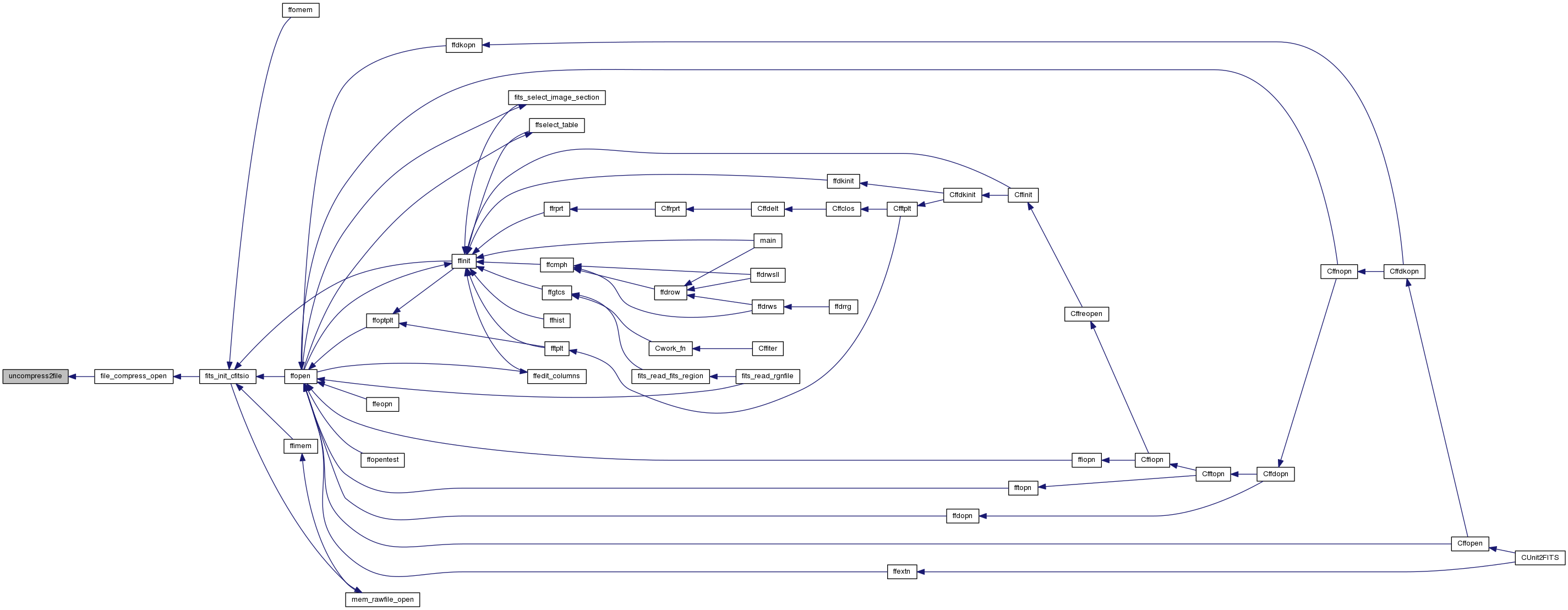
| int uncompress2mem | ( | char * | filename, |
| FILE * | diskfile, | ||
| char ** | buffptr, | ||
| size_t * | buffsize, | ||
| void *(*)(void *p, size_t newsize) | mem_realloc, | ||
| size_t * | filesize, | ||
| int * | status | ||
| ) |
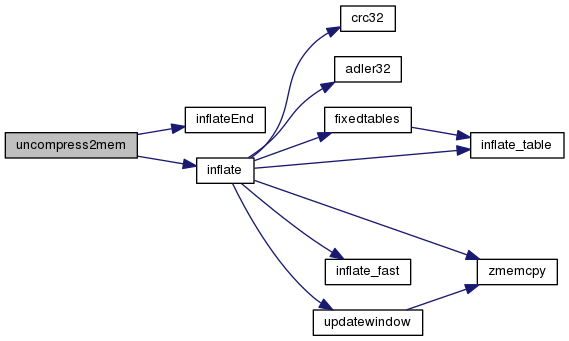
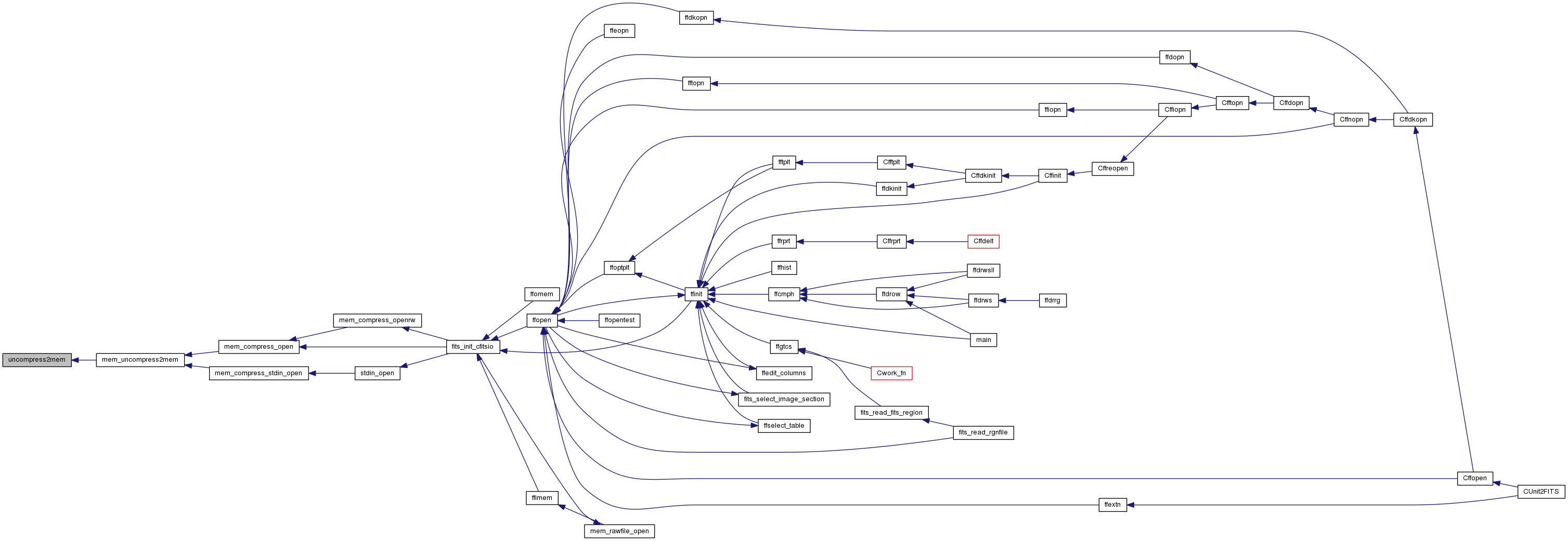
| int uncompress2mem_from_mem | ( | char * | inmemptr, |
| size_t | inmemsize, | ||
| char ** | buffptr, | ||
| size_t * | buffsize, | ||
| void *(*)(void *p, size_t newsize) | mem_realloc, | ||
| size_t * | filesize, | ||
| int * | status | ||
| ) |
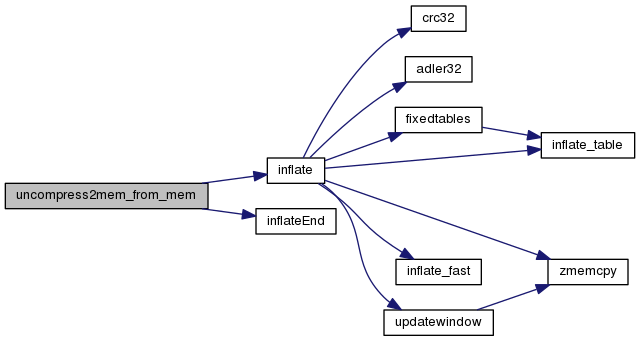
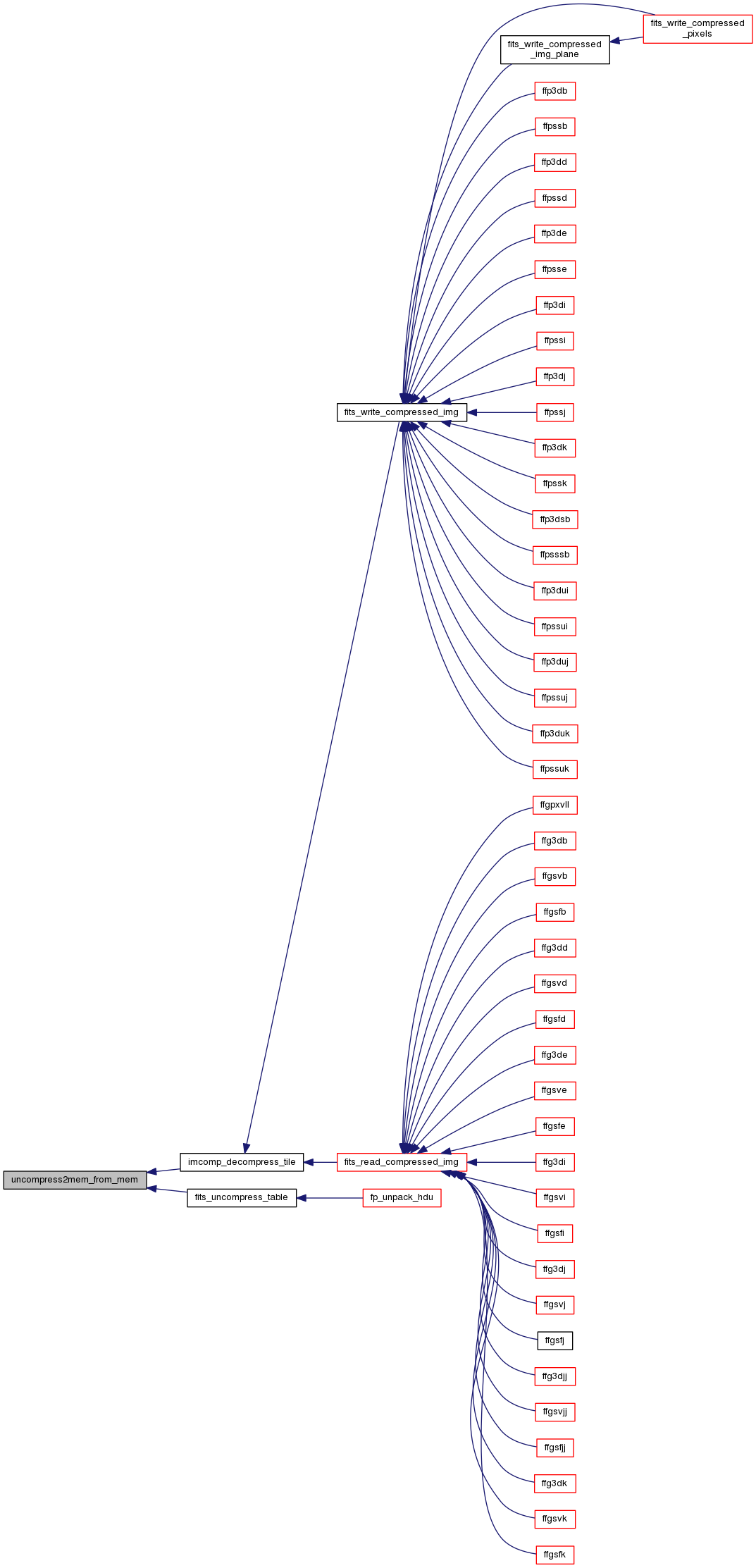
| int uncompress_hkdata | ( | fitsfile * | fptr, |
| long | ntimes, | ||
| double * | times, | ||
| int * | status | ||
| ) |
| int urltype2driver | ( | char * | urltype, |
| int * | driver | ||
| ) |
compare input URL with list of known drivers, returning the matching driver numberL.
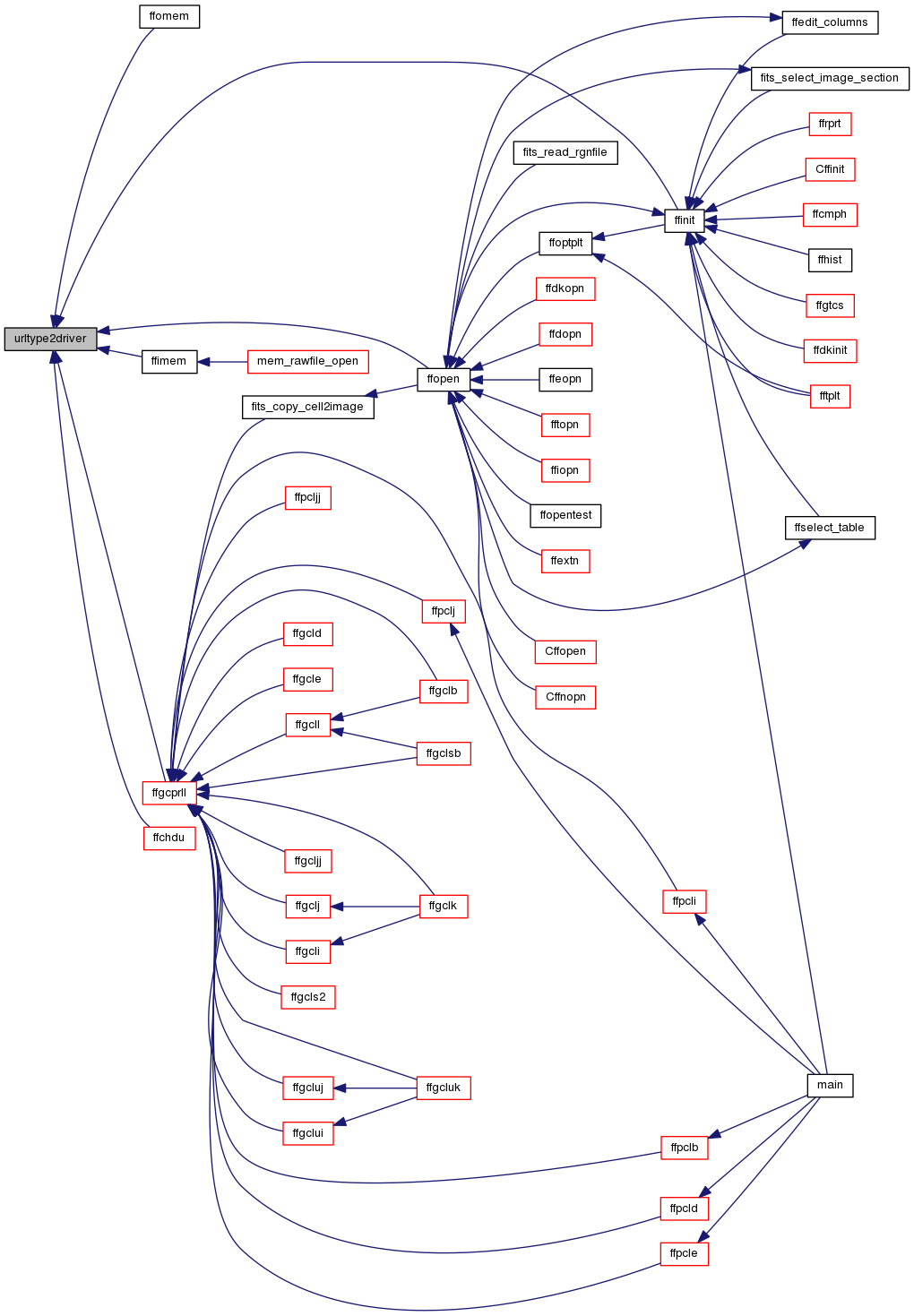
 1.8.11
1.8.11